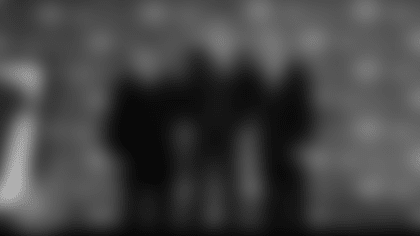Eli Manning made a discovery in the 2011 season that every NFL player craves: Winning a second Super Bowl can be significantly different than the first, but the euphoric feeling of holding the Lombardi Trophy is exactly the same.
Manning was one of 16 Giants to win a second championship in five seasons when the Giants defeated the New England Patriots, 21-17, in Super Bowl XLVI in Indianapolis. To further extend the symmetry, Manning was voted the winner of the Pete Rozelle Trophy, awarded to the game's Most Valuable Player, for the second time.
"It's definitely special the second time," Manning said. "I think the first time it was all brand new. We came out of nowhere. (I) really hadn't proven myself as being as good a quarterback as I wanted to be. I knew I had a lot of improvements to make. This one, I thought I played better overall all season, played more consistently, played well throughout the playoffs. I was pleased with how we dealt with everything all season. We had young receivers who hadn't really proven a lot and got them to step up, new tight ends and in the Super Bowl losing two tight ends (Travis Beckum and Jake Ballard) and not worrying about it.
"The second one you're thinking about the guys who are getting their first Super Bowl - you think of Hakeem Nicks and Antrel Rolle and Rocky Bernard, people who have been playing a long time who never had that opportunity and the emotions that they must be going through with that first one. I was thinking about my first one and you realize you're world champions and all the different things that are going through your mind. So it was an exciting time for myself and those guys that are going through it for the first time, what that feeling is, and smiling for them."
The Giants' 2011 title was unique both in their history and in the NFL's. After all, the Giants were not a regular season powerhouse. They finished 9-7 and didn't clinch the NFC East title – and a postseason berth – until the season's final night. Five weeks later, they became the first seven–loss team to win a Super Bowl. The Giants were also the first team to take home the Lombardi Trophy after finishing the season with a negative point differential (394-400), enduring a four-game losing streak and having the league's fewest rushing yards.
They overcame those shortcomings for many reasons, none more vital than Manning, who had the best statistical season ever by a Giants quarterback. He set Giants records for pass attempts (589), completions (359) and yards (4,933). The yardage total was the fourth-highest in the NFL in 2011 and the sixth-highest in league history. Manning's 29 touchdown passes were the second-highest total of his career (he had 31 in 2010) and his 16 interceptions were nine fewer than he threw the previous season. His passer rating of 92.9 was the second-highest of his career (he had a 93.1 rating in 2009).
In the Giants' four-game postseason, Manning completed 106 of 163 passes (.65 percent) for 1,219 yards, nine touchdowns and only one interception.
Read those numbers and it's hard to fathom that the season began with Manning answering questions about whether he was an elite quarterback. He had said so in response when asked a direct query during a radio interview, sparking an unintended and unnecessary mini-controversy.
Photos from the career of two-time Super Bowl MVP quarterback Eli Manning

New York Giants quarterback Eli Manning holds up the Vince Lombardi Trophy while celebrating his team's 21-17 win over the New England Patriots in the NFL Super Bowl XLVI football game, Sunday, Feb. 5, 2012, in Indianapolis. (AP Photo/David J. Phillip)
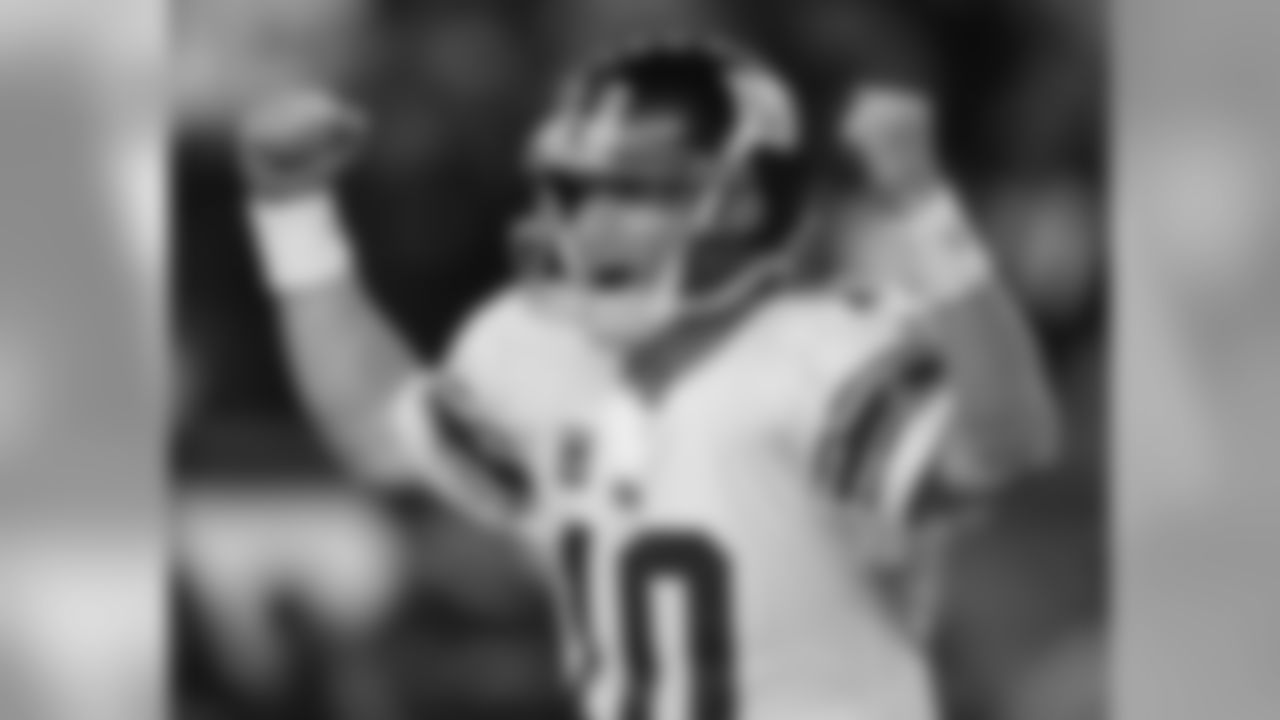
New York Giants quarterback Eli Manning celebrates his touchdown pass to tight end Jake Ballard in the last minute of an NFL football game in Foxborough, Mass., Sunday, Nov. 6, 2011. The Giants defeated the New England Patriots 24-20. (AP Photo/Charles Krupa)
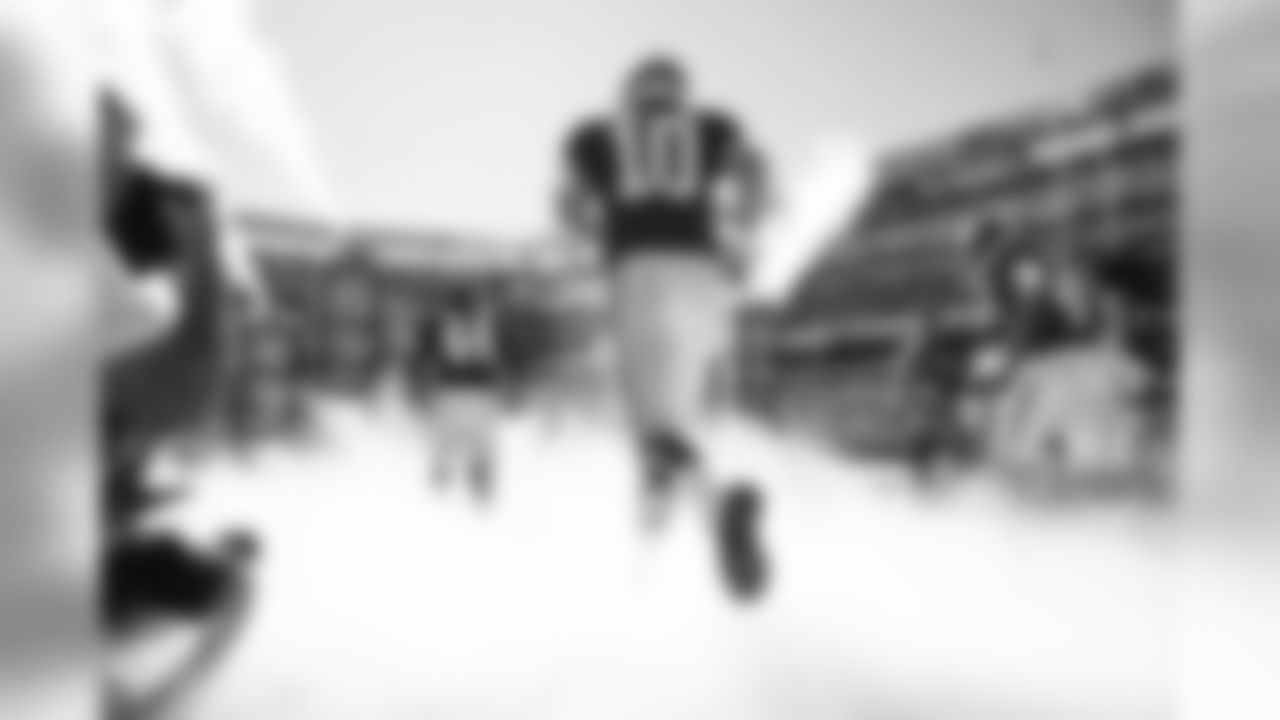
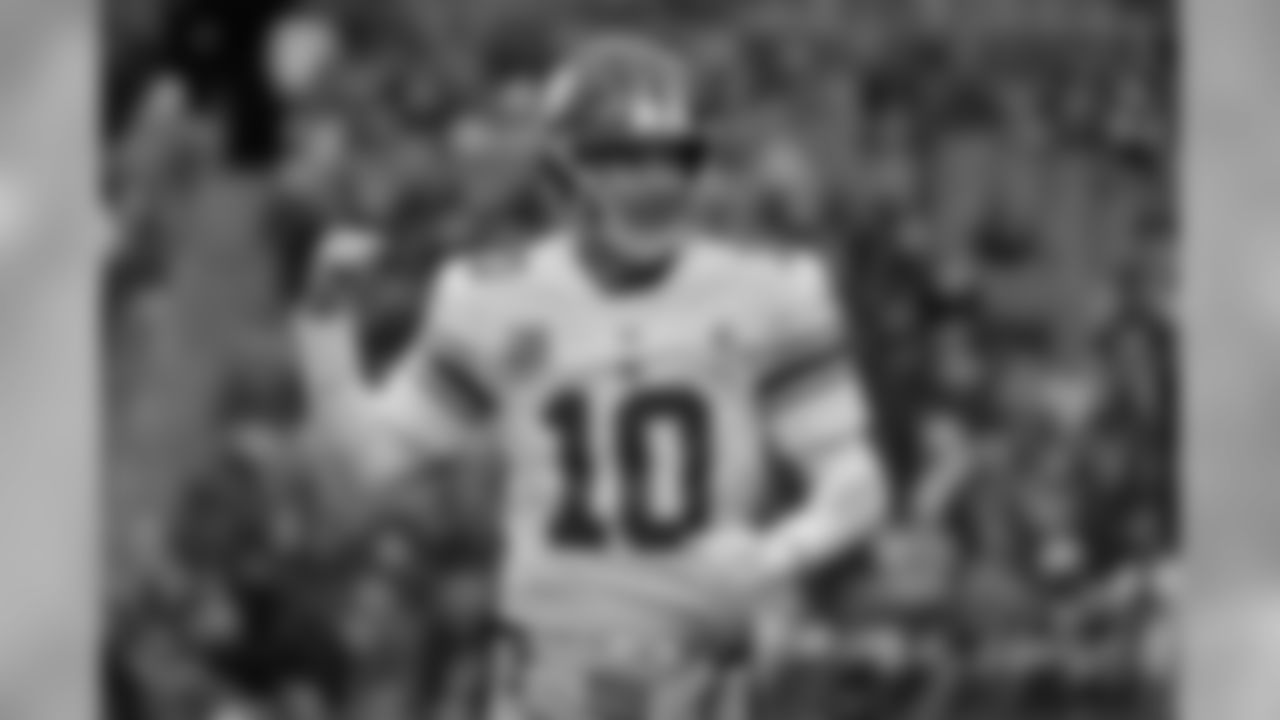
New York Giants quarterback Eli Manning (10) celebrates a touchdown during an NFL football game against the Washington Redskins, Sunday, Dec. 9, 2018, in Landover, Md. (AP Photo/Mark Tenally)

New York Giants quarterback Eli Manning (10) signals touchdown during a week 17 NFL football game against the Dallas Cowboys on Sunday December 30, 2018 in East Rutherford, NJ. (Evan Pinkus via AP)
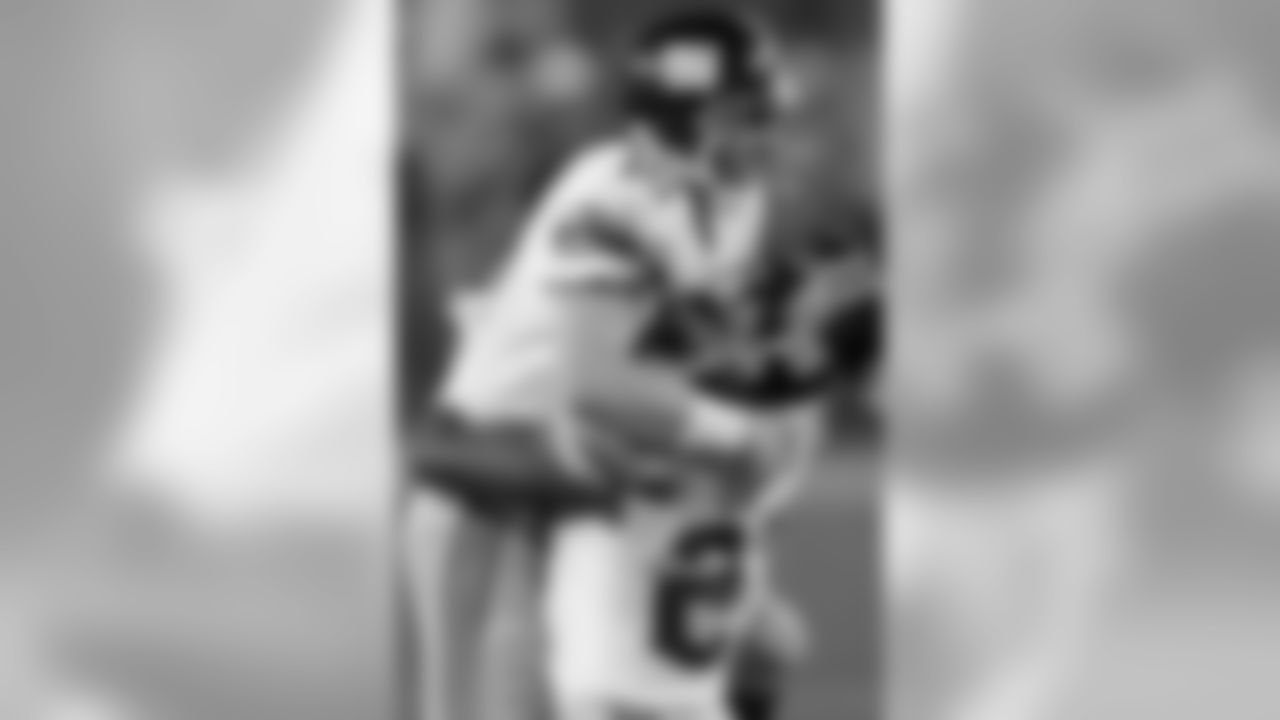
New York Giants' Eli Manning (10) and Brandon Jacobs celebrate after Manning threw the game-winning touchdown pass during the fourth quarter of the Super Bowl XLII football game against the New England Patriots at University of Phoenix Stadium on Sunday, Feb. 3, 2008 in Glendale, Ariz. The Giants won 17-14. (AP Photo/Elaine Thompson)
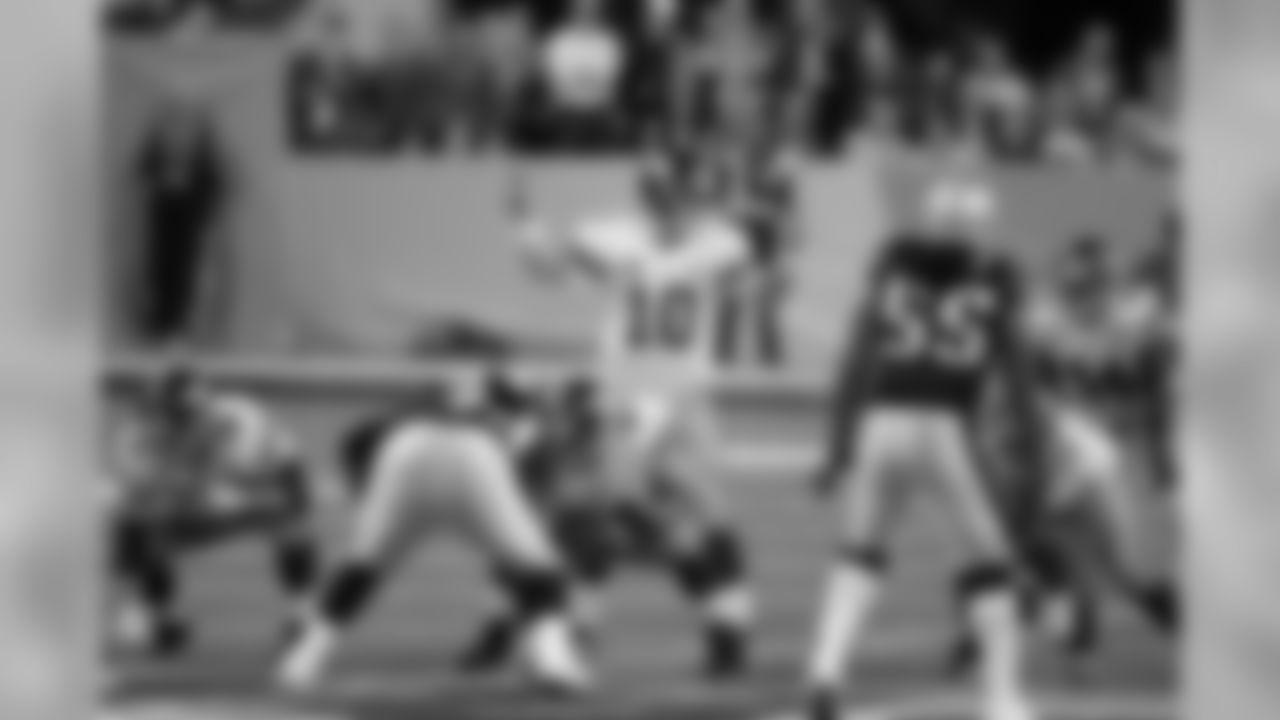
New York Giants quarterback Eli Manning signals during the NFL Super Bowl XLVI football game against the New England Patriots Sunday, Feb. 5, 2012, in Indianapolis. (AP Photo/David Duprey)

In this Feb. 3, 2008, file photo, New York Giants quarterback Eli Manning (10) celebrates after his 13-yard touchdown pass to Plaxico Burress in the fourth quarter of the Super Bowl XLII football game against the New England Patriots at University of Phoenix Stadium in Glendale, Ariz. (AP Photo/Julie Jacobson, File)
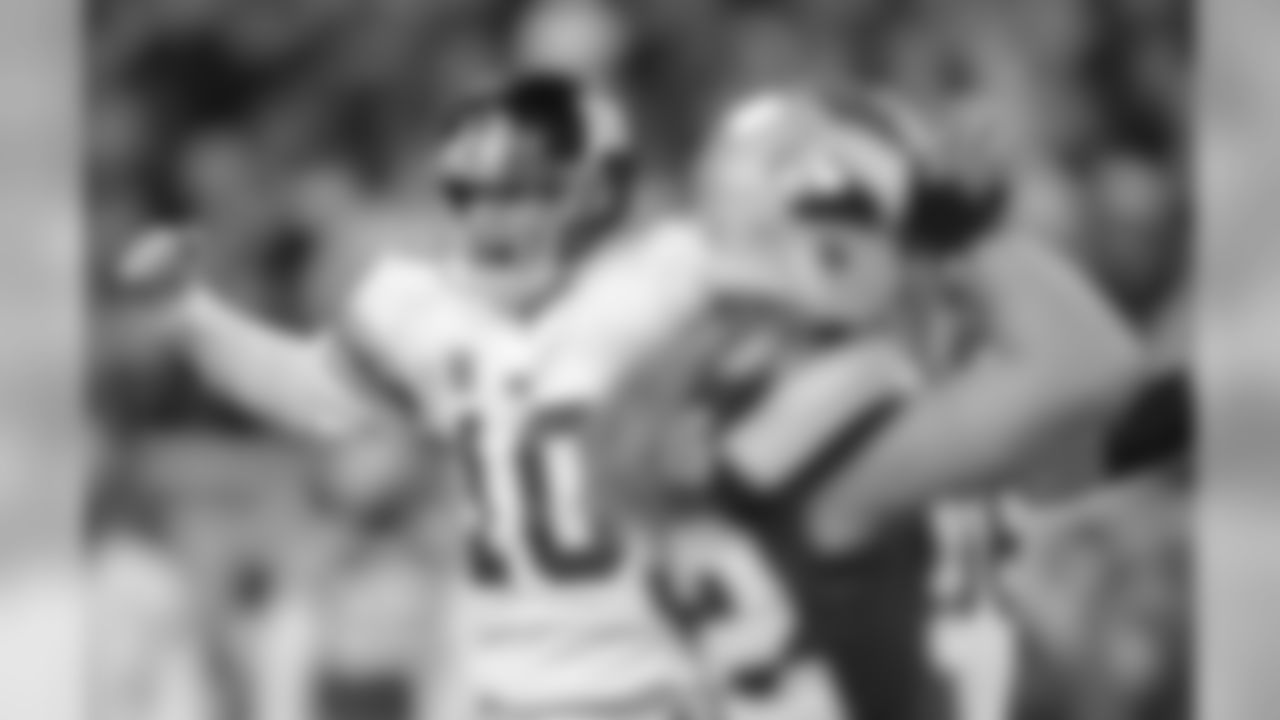
New York Giants quarterback Eli Manning reacts in front of Green Bay Packers linebacker Clay Matthews, right, after throwing a 37-yard touchdown pass to Hakeem Nicks during the first the first half of an NFL divisional playoff football game Sunday, Jan. 15, 2012, in Green Bay, Wis. (AP Photo/Darron Cummings)
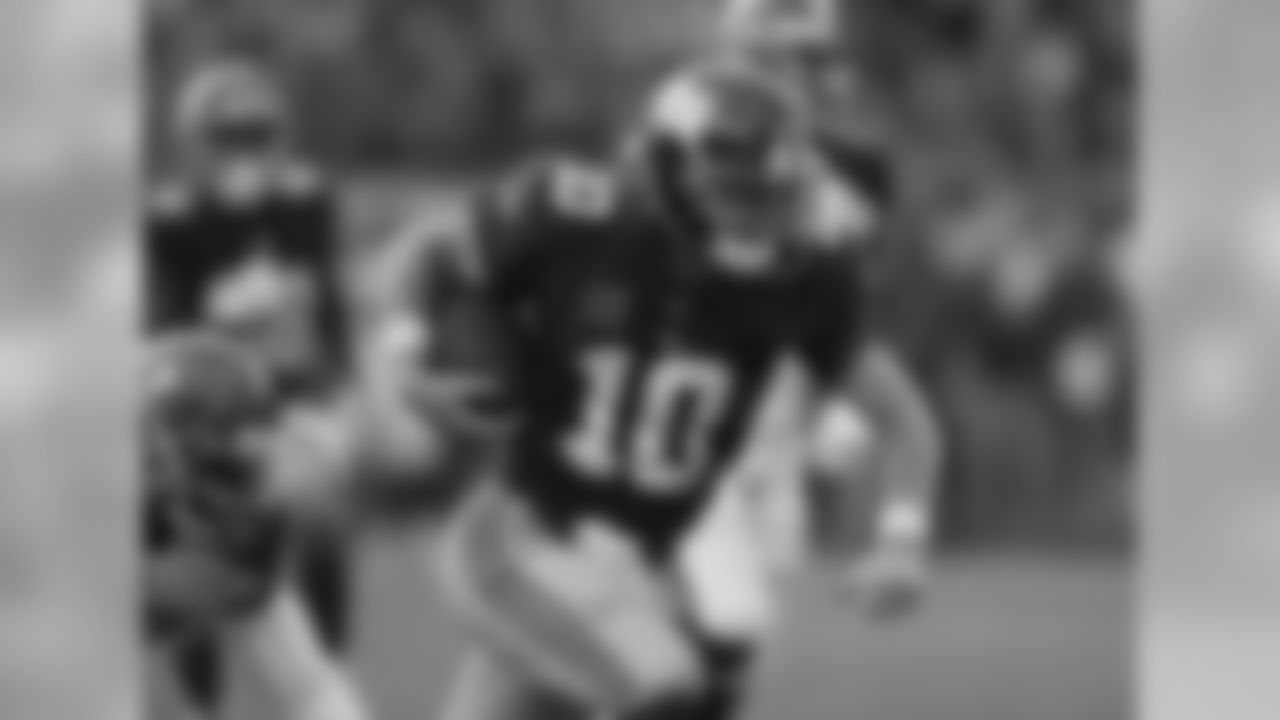
New York Giants quarterback Eli Manning (10) scores on a 14-yard touchdown run against the Tampa Bay Buccaneers during the second quarter of an NFL football game Sunday, Oct. 1, 2017, in Tampa, Fla. (AP Photo/Jason Behnken)

Eli Manning of the New York Giants, winner of the Walter Payton NFL Man of the Year award, poses backstage at the 6th annual NFL Honors at t the 6th annual NFL Honors at the Wortham Center on Saturday, Feb. 4, 2017, in Houston. (Photo by Peter Barreras/Invision for NFL/AP Images)
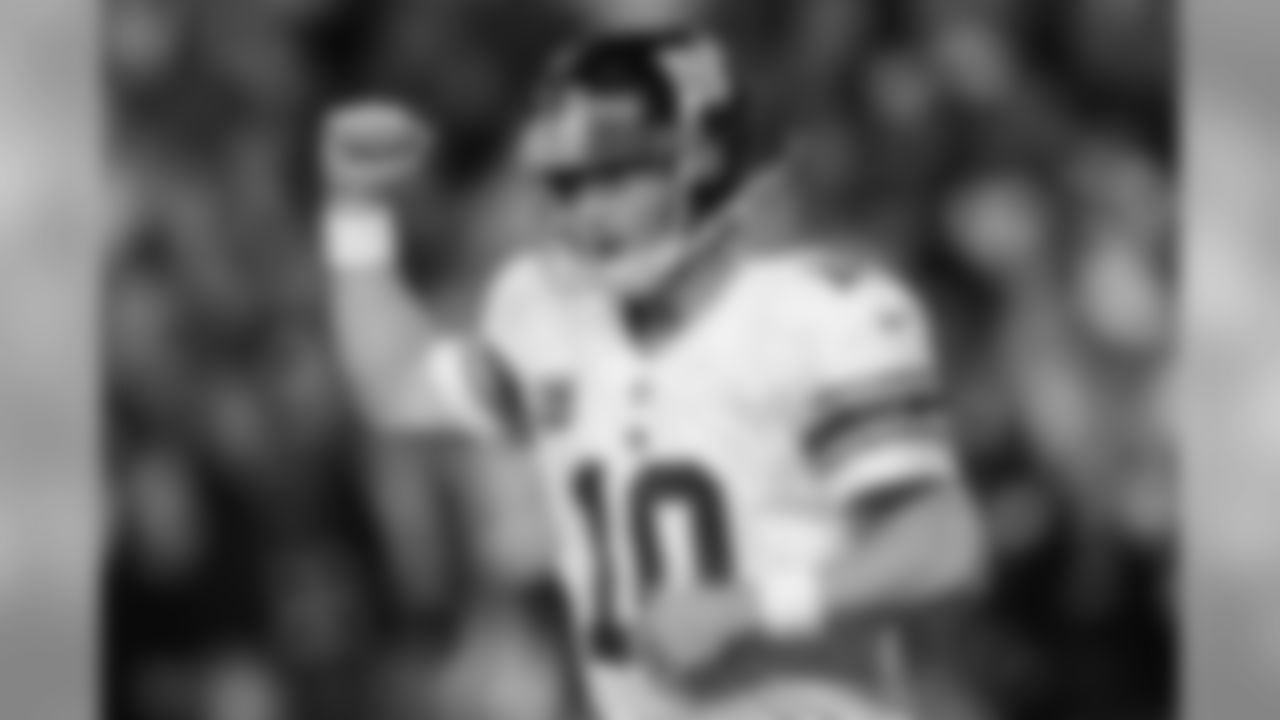
New York Giants quarterback Eli Manning celebrates a touchdown pass to tight end Martellus Bennett during the first half of an NFL football game against the Washington Redskins in Landover, Md., Monday, Dec. 3, 2012. (AP Photo/Patrick Semansky)

New York Giants quarterback Eli Manning reacts in the closing minutes of the NFL Super Bowl XLVI football game against the New England Patriots, Sunday, Feb. 5, 2012, in Indianapolis. The Giants won 21-17. (AP Photo/Paul Sancya)
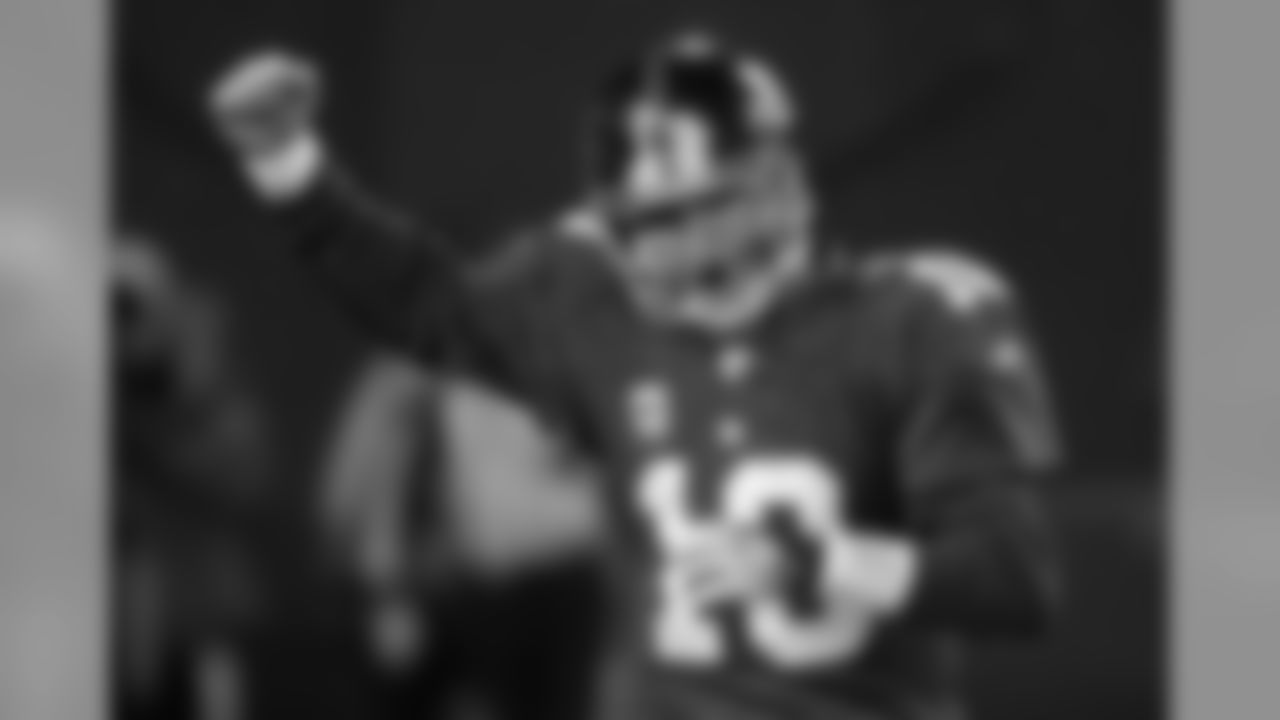
FILE -- This is a Dec. 21, 2008, file photo showing New York Giants quarterback Eli Manning celebrating after the Giants scored a touchdown to pull within two points of the Carolina Panthers, 28-26, late in their NFL football game, at Giants Stadium in East Rutherford, N.J. The Giants tied the game with a two point conversion and won in overtime, 34-28. (AP Photo/Henny Ray Abrams, File)

New York Giants quarterback Eli Manning holds the Vince Lombardi Trophy during a Super Bowl parade in New York on Tuesday, Feb. 5, 2008. Giants head coach Tom Coughlin is at left. Manning was the most valuable player as the Giants defeated the New England Patriots, 17-14, in Sunday's National Football League championship game. (AP Photo/Mike Groll)
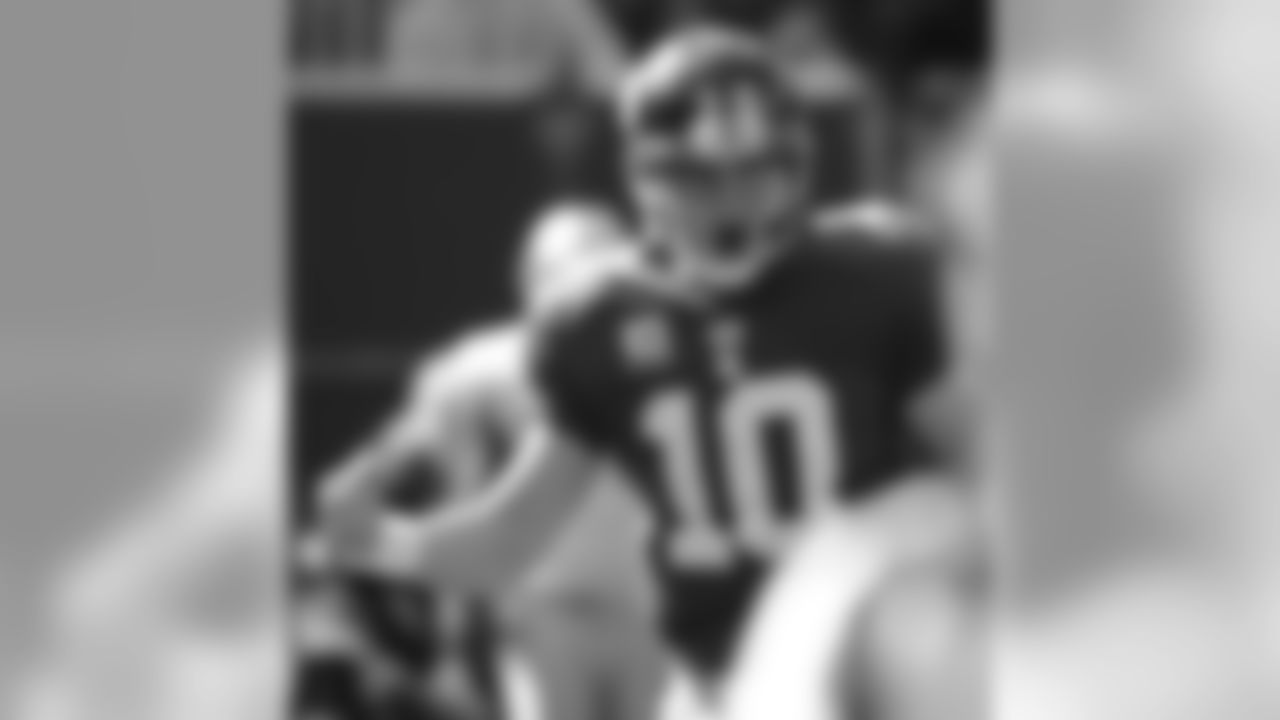
New York Giants quarterback Eli Manning reacts after the Giants scored a touchdown against the Oakland Raiders in the first quarter during of an NFL football game, Sunday, Oct. 11, 2009, in East Rutherford, N.J. (AP Photo/Bill Kostroun)
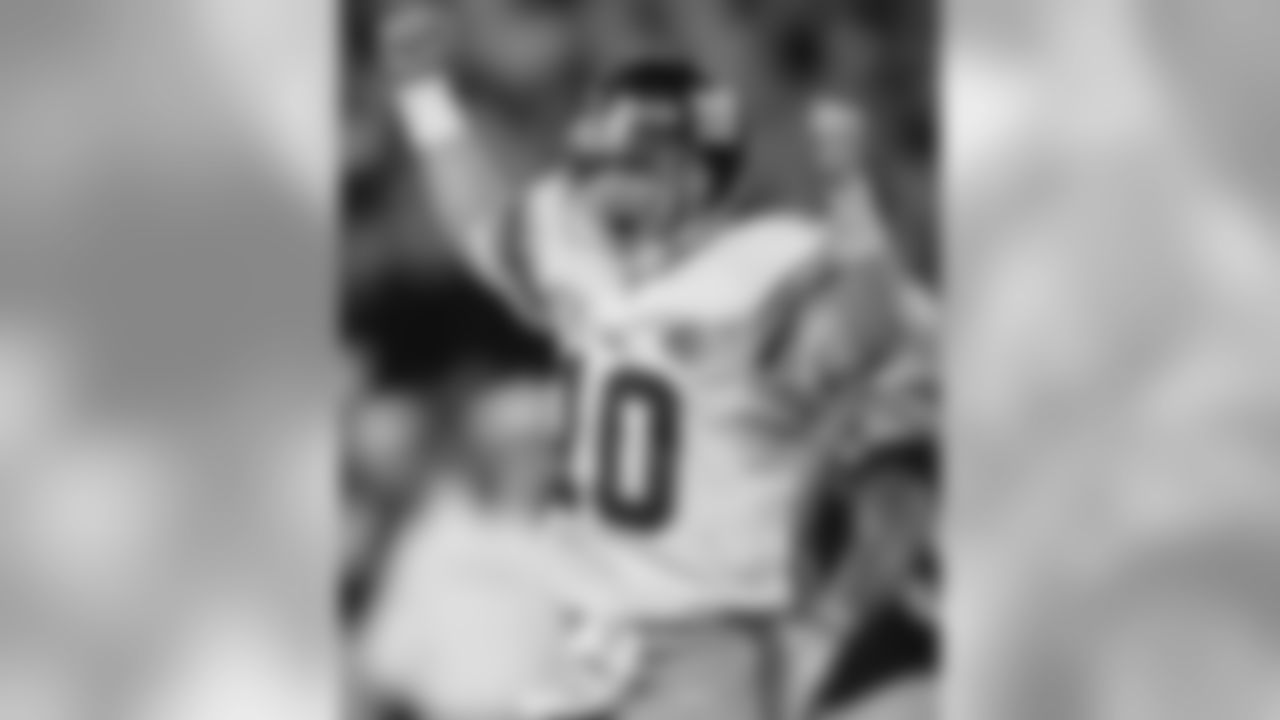
New York Giants quarterback Eli Manning reacts after throwing the game-winning touchdown pass during the fourth quarter against the New England Patriots in the fourth quarter of the Super Bowl XLII football game at University of Phoenix Stadium on Sunday, Feb. 3, 2008 in Glendale, Ariz. The Giants won 17-14. (AP Photo/Chris O'Meara)

New York Giants quarterback Eli Manning celebrates with the Vince Lombardi Trophy alongside Giants head coach Tom Coughlin, right, and Terry Bradshaw after the Giants defeated the New England Patriots 17-14 in the Super Bowl XLII football game Sunday, Feb. 3, 2008 in Glendale, Ariz. (AP Photo/Chris O'Meara)
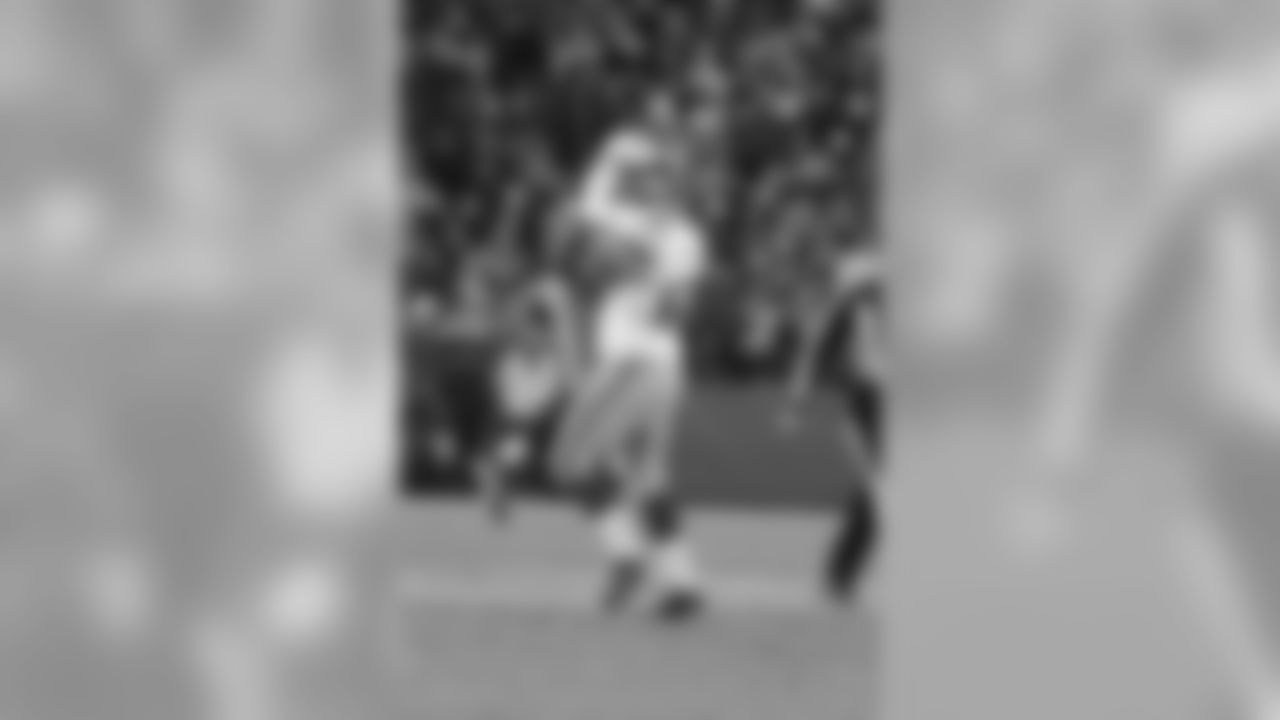
New York Giants quaterback Eli Manning celebrates a touchdown pass with David Diehl (66) during an NFL football game against the Green Bay Packers on Sunday January 15, 2012 at Lambeau Field in Green Bay, Wisconsin (AP Photo/Evan Pinkus)
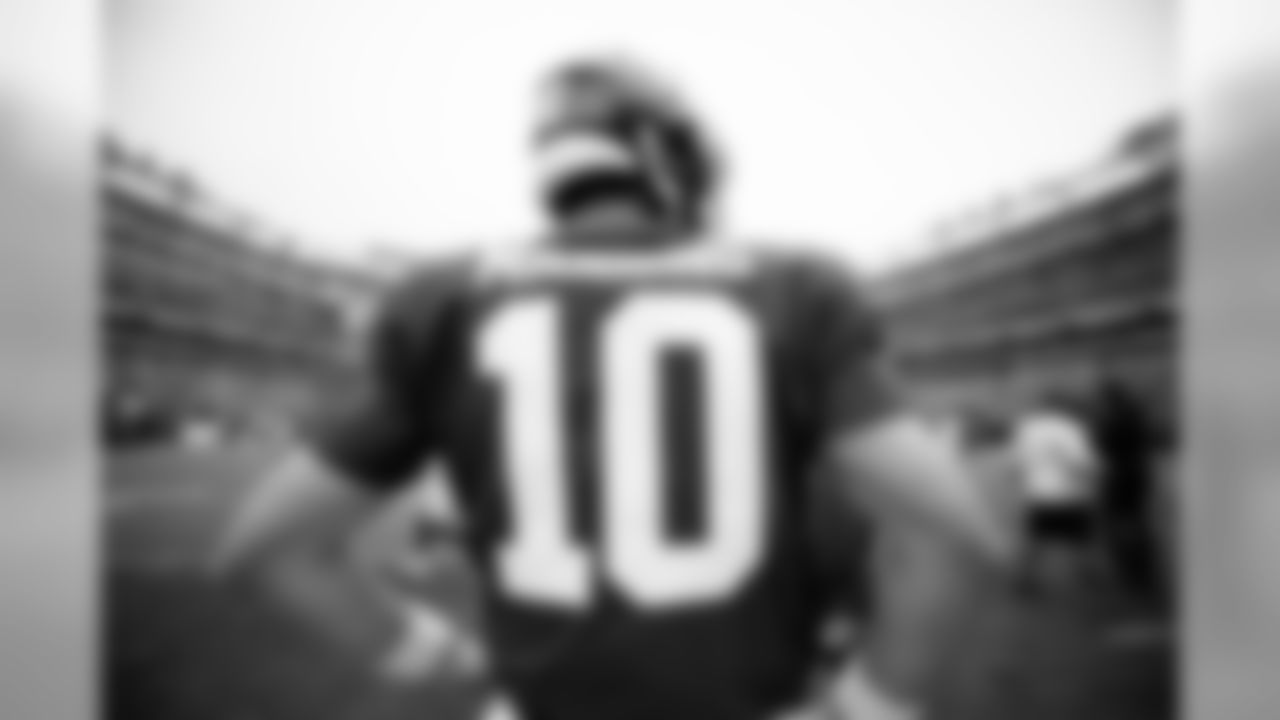
New York Giants QB Eli Manning (10) during a week 5 game against the Minnesota Vikings at MetLife Stadium in East Rutherford, NJ

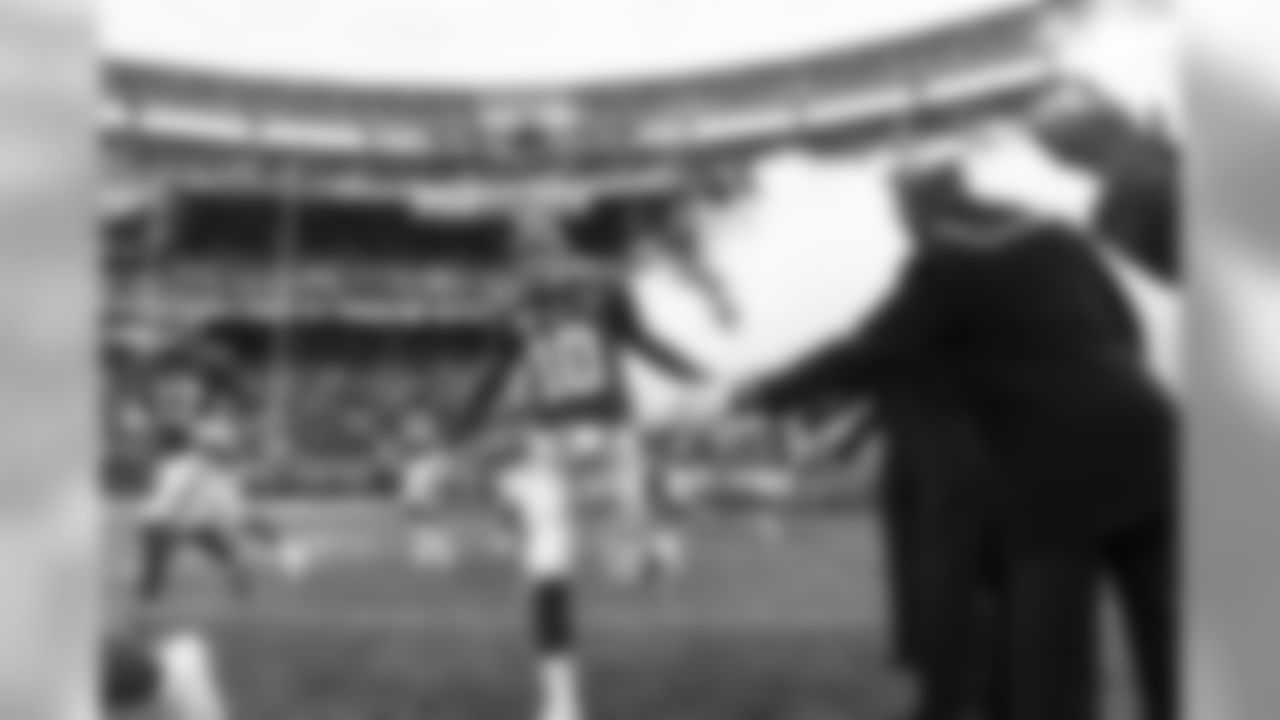
New York Giants quarterback Eli Manning (10) is greeted by members of the military before a week 13 regular season game against the Green Bay Packers at MetLife Stadium on Sunday December 1st, 2019 in East Rutherford, New Jersey
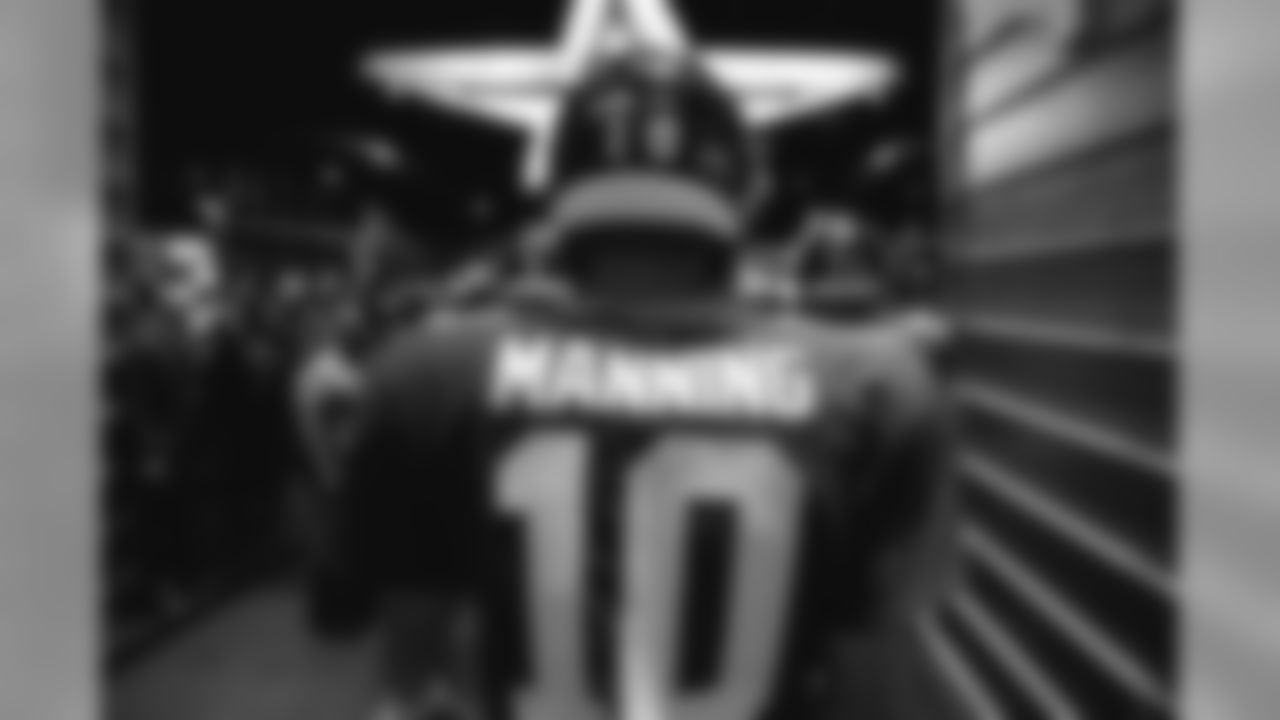
New York Giants QB Eli Manning during week 1 game against the Dallas Cowboys in Arlington, TX
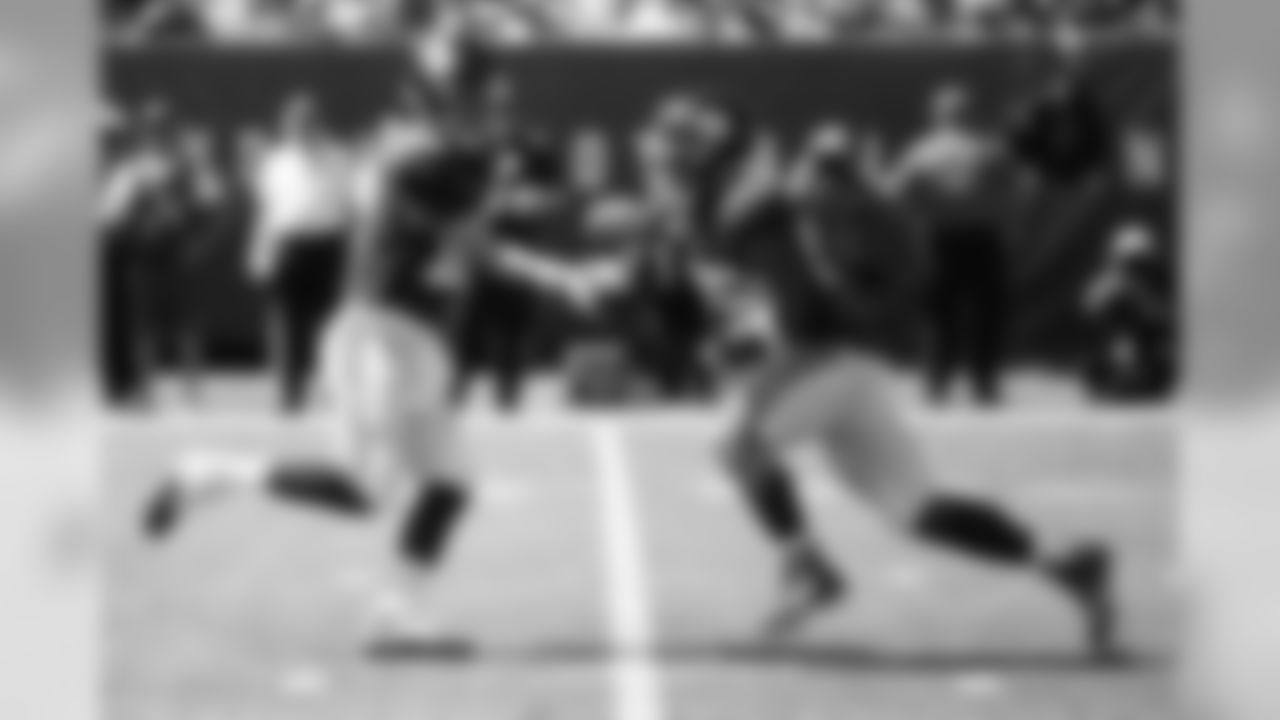
New York Giants QB Eli Manning & RB Saquon Barkley during week 2 game against the Buffalo Bills in East Rutherford, NJ
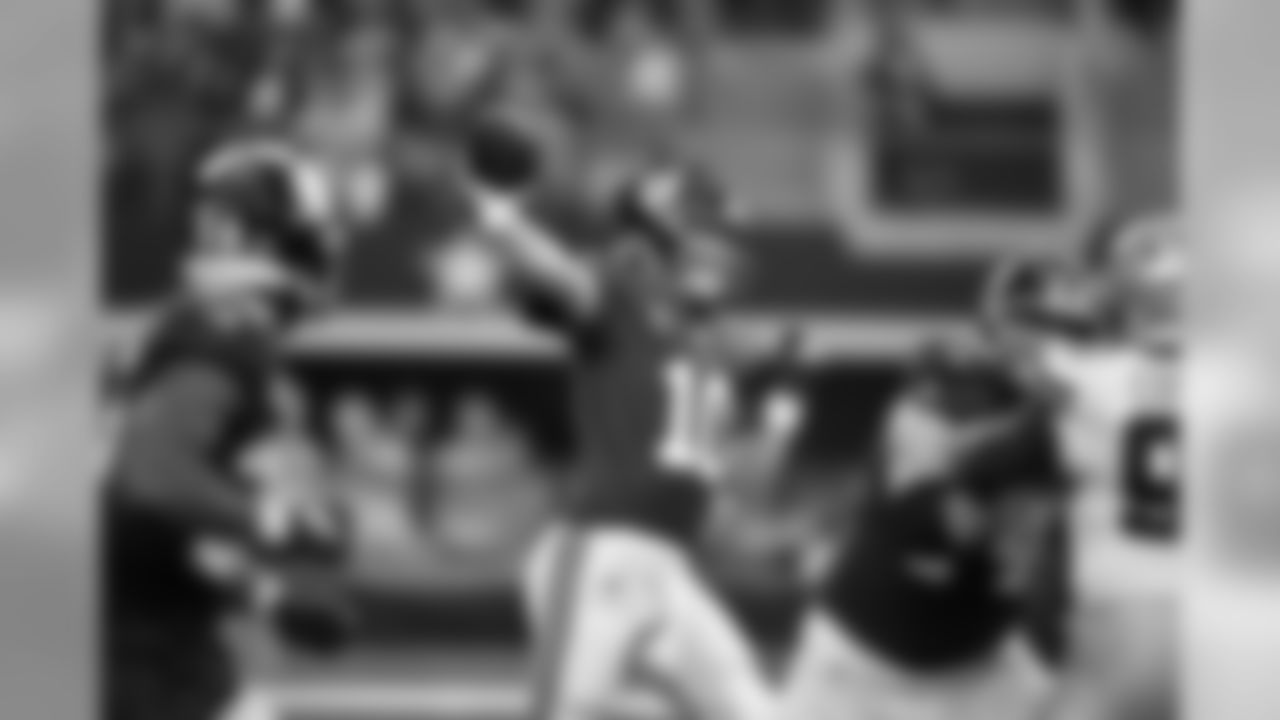
New York Giants quarterback Eli Manning (10) takes part in a week 1 regular season game against the Dallas Cowboys at AT&T Stadium on Sunday September 8th, 2019 in Arlington, Texas

New York Giants QB Eli Manning (10) during a week 9 game against the Dallas Cowboys at MetLife Stadium in East Rutherford, NJ

New York Giants quarterback Eli Manning (10) celebrates after his 13-yard touchdown pass to Plaxico Burress in the fourth quarter of the Super Bowl XLII football game against the New England Patriots at University of Phoenix Stadium on Sunday, Feb. 3, 2008 in Glendale, Ariz. (AP Photo/Julie Jacobson)
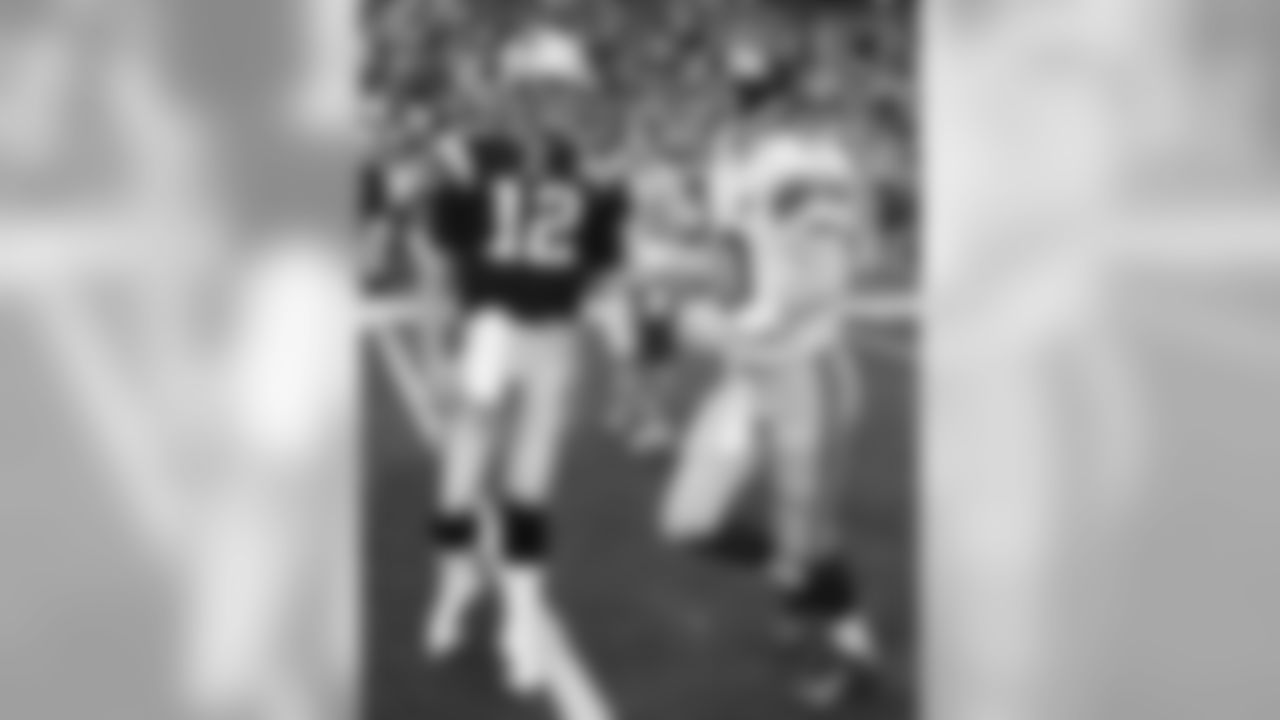
FILE - In this Feb. 3, 2008 file photo, New England Patriots quarterback Tom Brady (12) and New York Giants quarterback Eli Manning meet on he field before the Super Bowl XLII football game at University of Phoenix Stadium in Glendale, Ariz. Brady has three Super Bowl rings, with another taken away by Manning and the Giants in 2008. Both have their teams on course for a reprise of that memorable title game. (AP Photo/David J. Phillip, File)

New York Giants quarterback Eli Manning (10) holds the Vince Lombardi on the podium against the New England Patriots during the trophy presentation of the NFL football Super Bowl XLVI on Sunday, Feb.5, 2012, in Lucas Oil Stadium in Indianapolis, Indiana. The Giants defeated the Patriots 21-17. (AP Photo/Kevin Terrell)
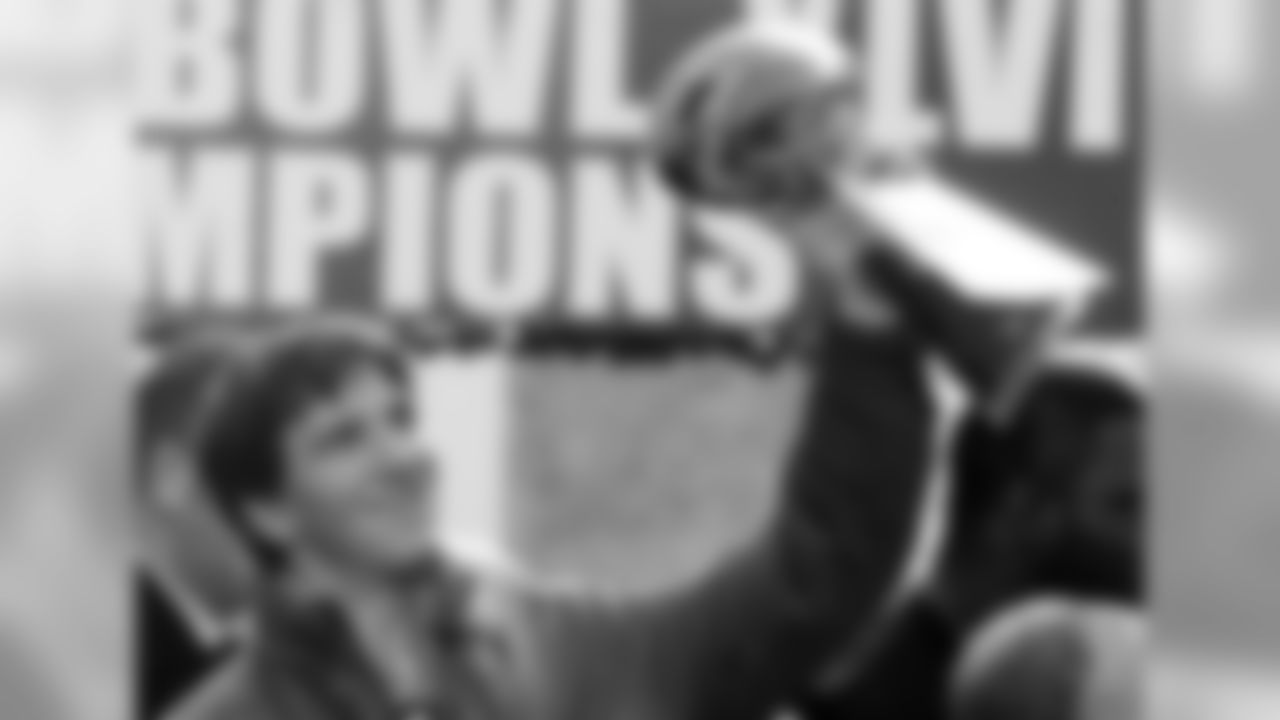
New York Giants quarterback Eli Manning holds up the Vince Lombardi Trophy during the team's NFL football Super Bowl parade in New York, Tuesday, Feb. 7, 2012. The Giants returned from their Super Bowl win to a celebration the likes that only New York can throw: a ticker-tape parade in the Canyon of Heroes on Broadway, where the city has honored stars for almost a century. (AP Photo/Julio Cortez)
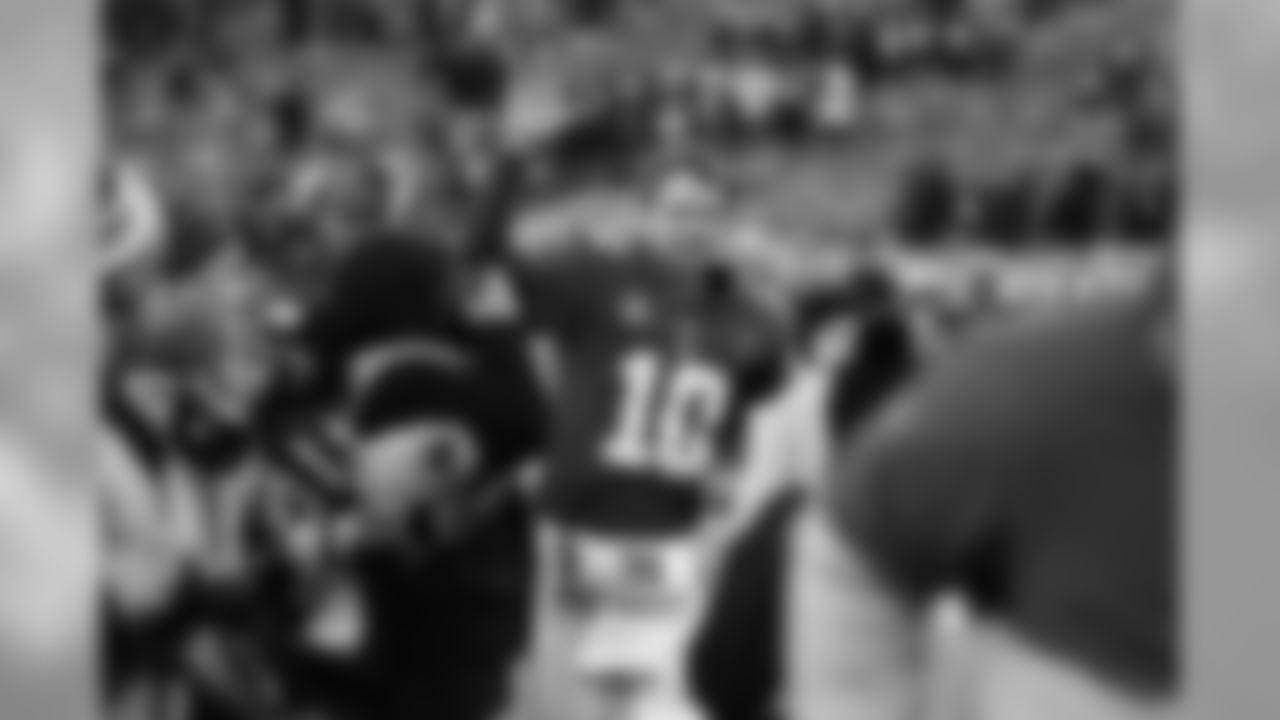
This Dec. 15, 2019, file photo shows New York Giants quarterback Eli Manning (10) leaving the field after defeating the Miami Dolphins in an NFL football game, in East Rutherford, N.J. (AP Photo/Adam Hunger, File)

New York Giants quarterback Eli Manning (10) carries his 11-month old daughter Ava Frances off the field after playing against the New England Patriots in the NFL football Super Bowl XLVI on Sunday, Feb.5, 2012, in Lucas Oil Stadium in Indianapolis, Indiana. The Giants defeated the Patriots 21-17. (AP Photo/Kevin Terrell)
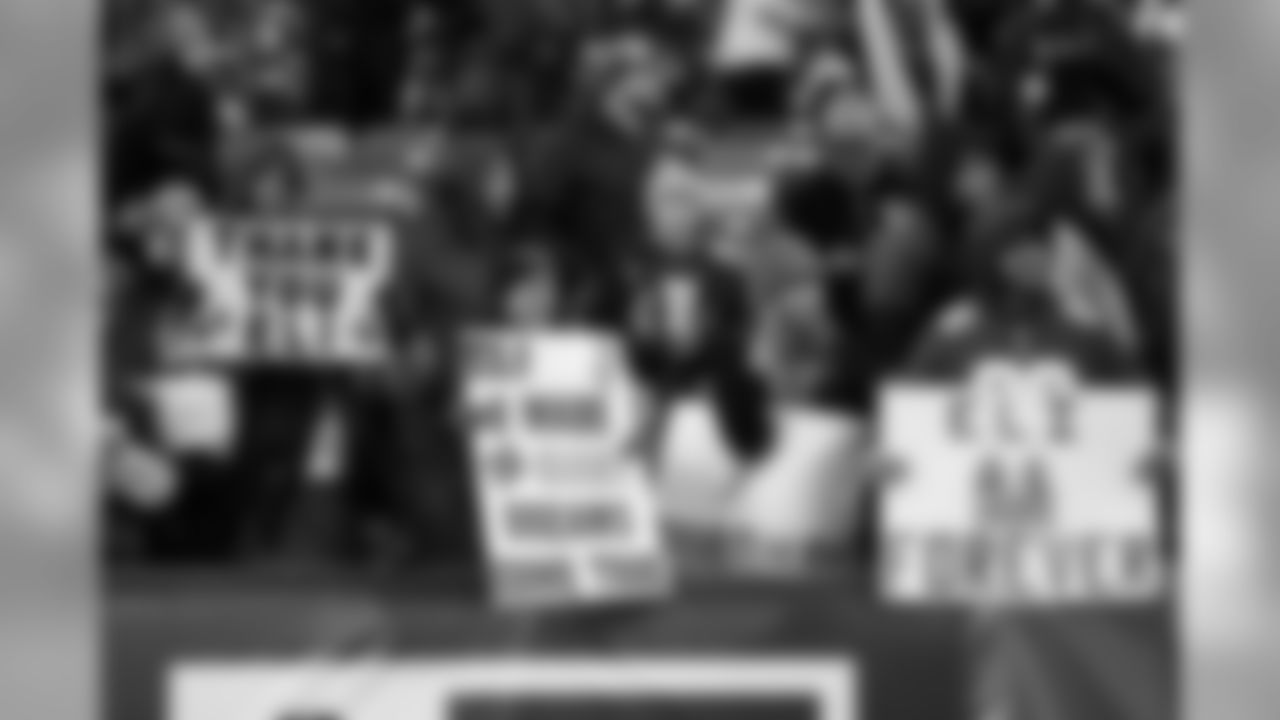
This Dec. 15, 2019, file photo shows New York Giants fans holding signs for Giants quarterback Eli Manning after an NFL football game against the Miami Dolphins, in East Rutherford, N.J. (AP Photo/Adam Hunger, File)

In this Feb. 5, 2012, file photo, New York Giants quarterback Eli Manning celebrates with the Vince Lombardi Trophy after the Giants' 21-17 win over the New England Patriots in the NFL Super Bowl XLVI football game in Indianapolis. (AP Photo/Chris O'Meara)

New York Giants quarterback Eli Manning celebrates after the Giants defeated the New England Patriots 21-17 in the NFL Super Bowl XLVI football game Sunday, Feb. 5, 2012, in Indianapolis. (AP Photo/David Duprey)
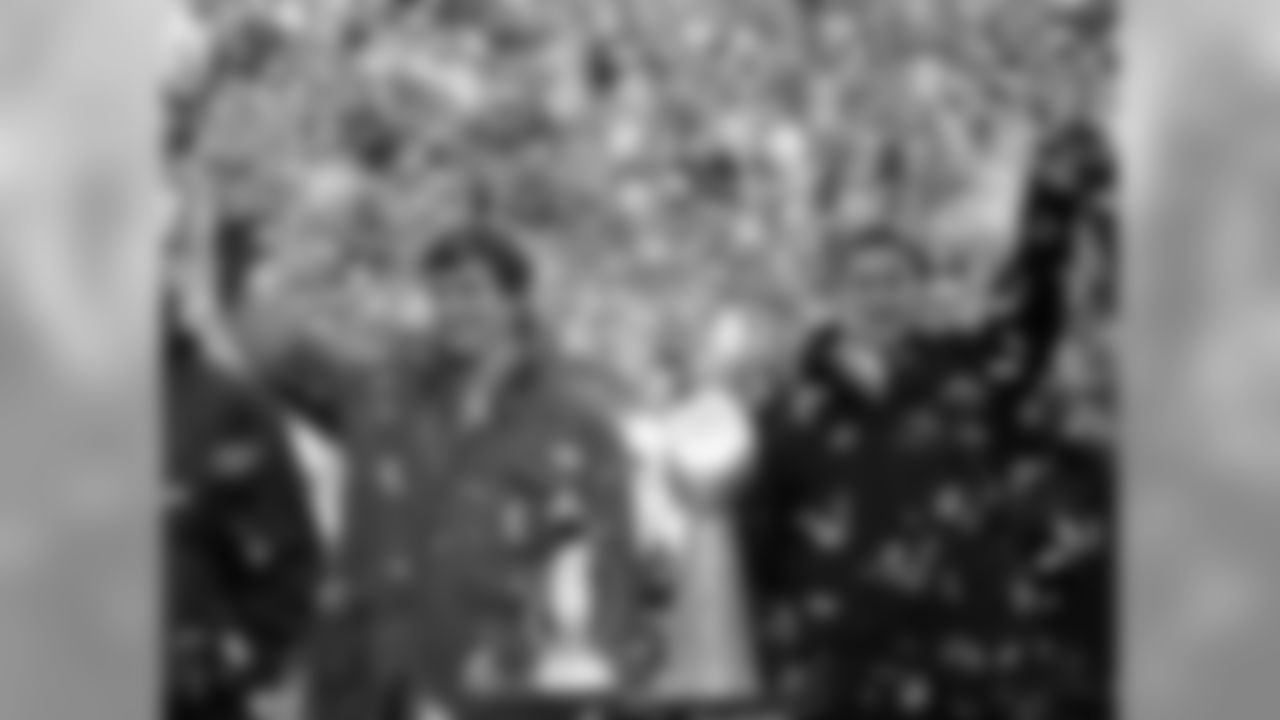
New York Giants quarterback Eli Manning, left, and linebacker Zak DeOssie wave to the fans during a victory celebration rally at MetLife Stadium on Tuesday, Feb. 7, 2012, in East Rutherford, N.J. The Giants defeated the New England Patriots in Super Bowl XLVI on Sunday. (AP Photo/Bill Kostroun)
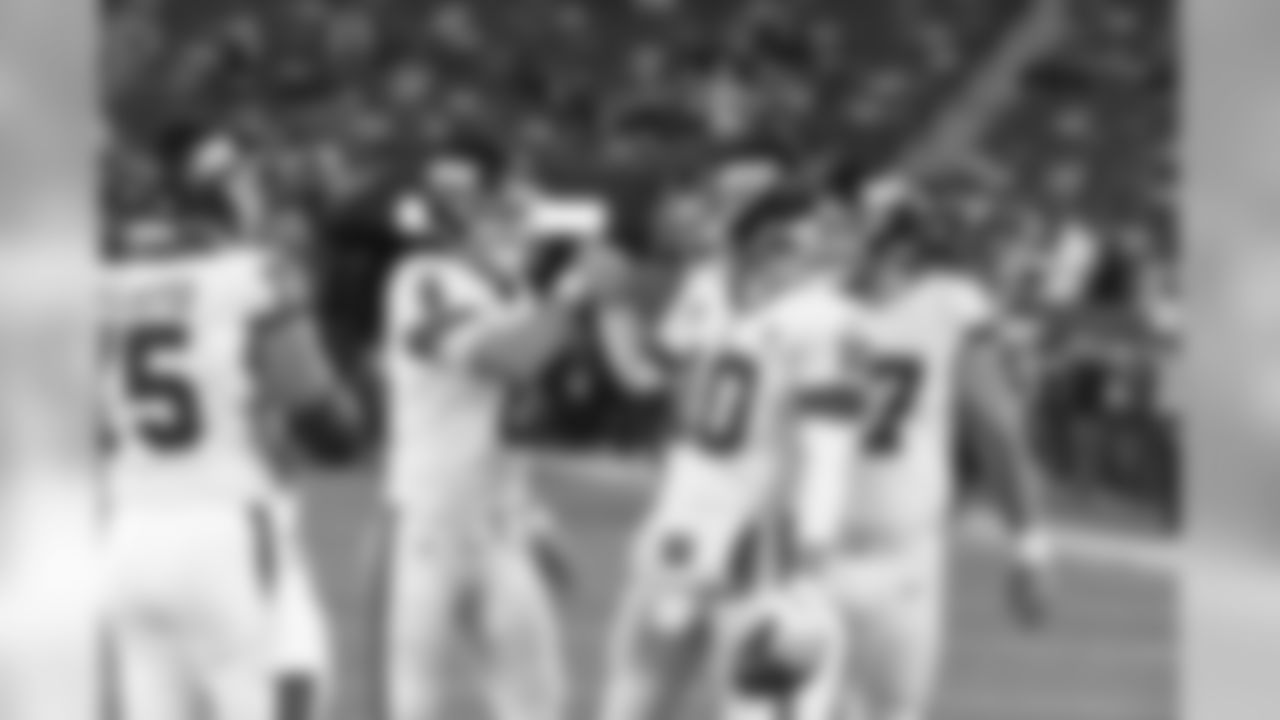
New York Giants quarterback Daniel Jones (8) and New York Giants quarterback Eli Manning (10) takes part in a week 9 regular season game against the Dallas Cowboys at MetLife Stadium on Monday November 4th, 2019 in East Rutherford, New Jersey

New York Giants quaterback Eli Manning celebrates with former team mate Michael Strahan after winning the NFL Super Bowl XLVI against the New England Patriots, Sunday, Feb. 5, 2012, in Indianapolis
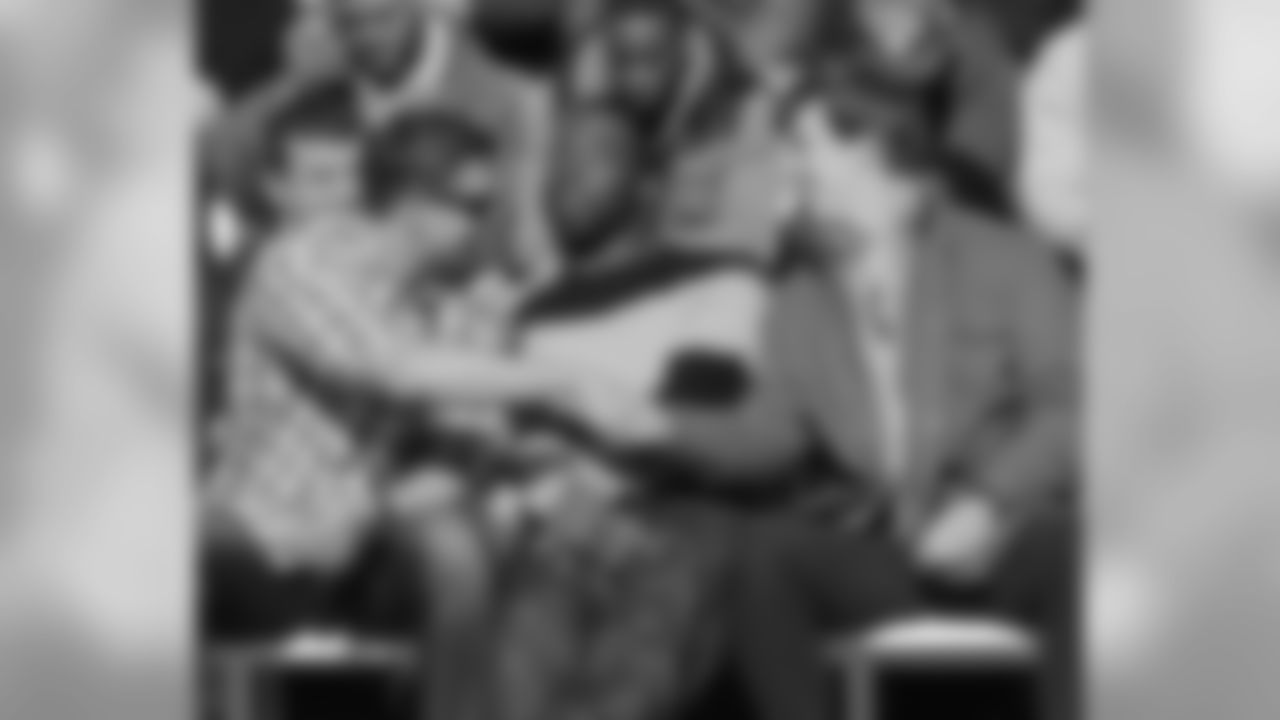
New York Giants long snapper Zak DeOssie, left, congratulates Giants quarterback and Super Bowl MVP Eli Manning, right, as defensive end Justin Tuck gets caught in the middle during a ceremony for the Super Bowl XLVI Championship Giants at City Hall in New York, Tuesday, Feb. 7, 2012. (AP Photo/Kathy Willens)
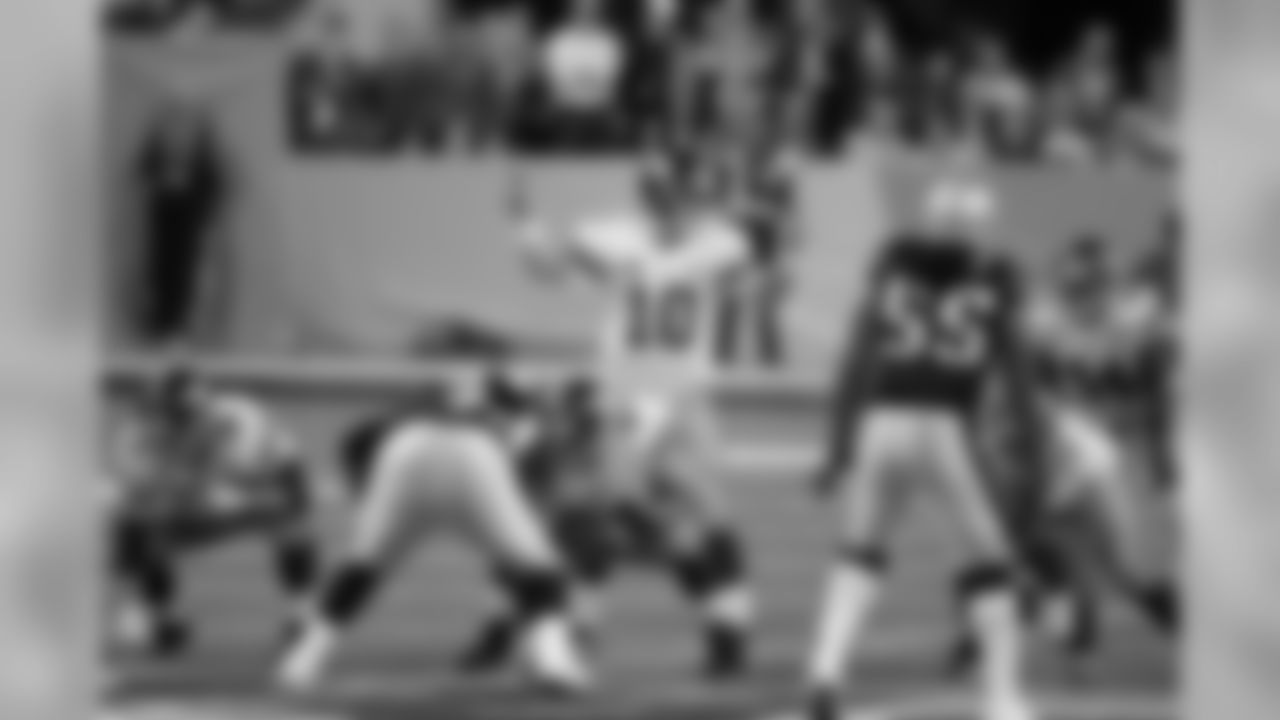
New York Giants quarterback Eli Manning signals during the NFL Super Bowl XLVI football game against the New England Patriots Sunday, Feb. 5, 2012, in Indianapolis. (AP Photo/David Duprey)

New York Giants Superbwl MVP quaterback Eli Manning walks on to the field at Met Life Stadium to celebrate winning Superbowl XLVI with the fans, Tuesday Feb. 7, 2012, in East Rutherford, N.J. (AP Photo/EvanPinkus)

New York Giants quarterback and Super Bowl MVP Eli Manning waves during a ceremony for the Super Bowl XLVI championship New York Giants at City Hall in New York, Tuesday, Feb. 7, 2012. (AP Photo/Kathy Willens)
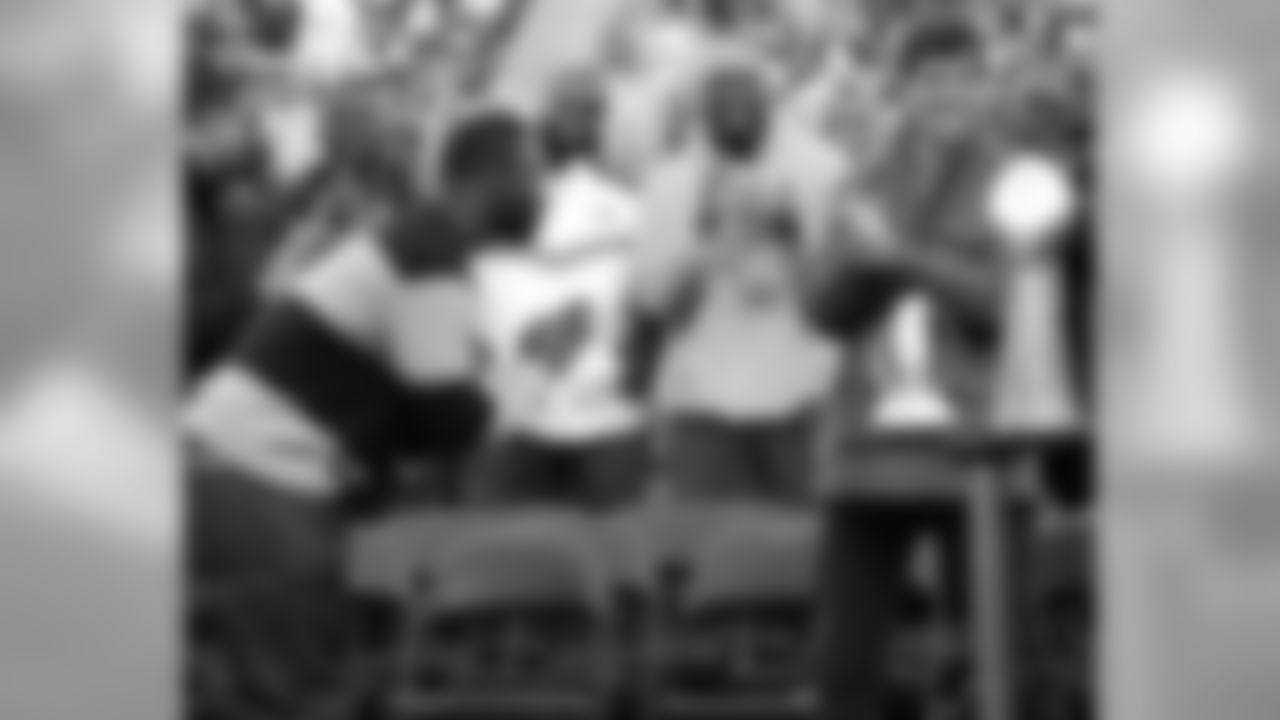
New York Giants' Justin Tuck, left, does his signature bow to quarterback Eli Manning, right, near the team's championship trophies during a victory celebration rally at MetLife Stadium on Tuesday, Feb. 7, 2012, in East Rutherford, N.J. The Giants defeated the New England Patriots in Super Bowl XLVI on Sunday. (AP Photo/Bill Kostroun)
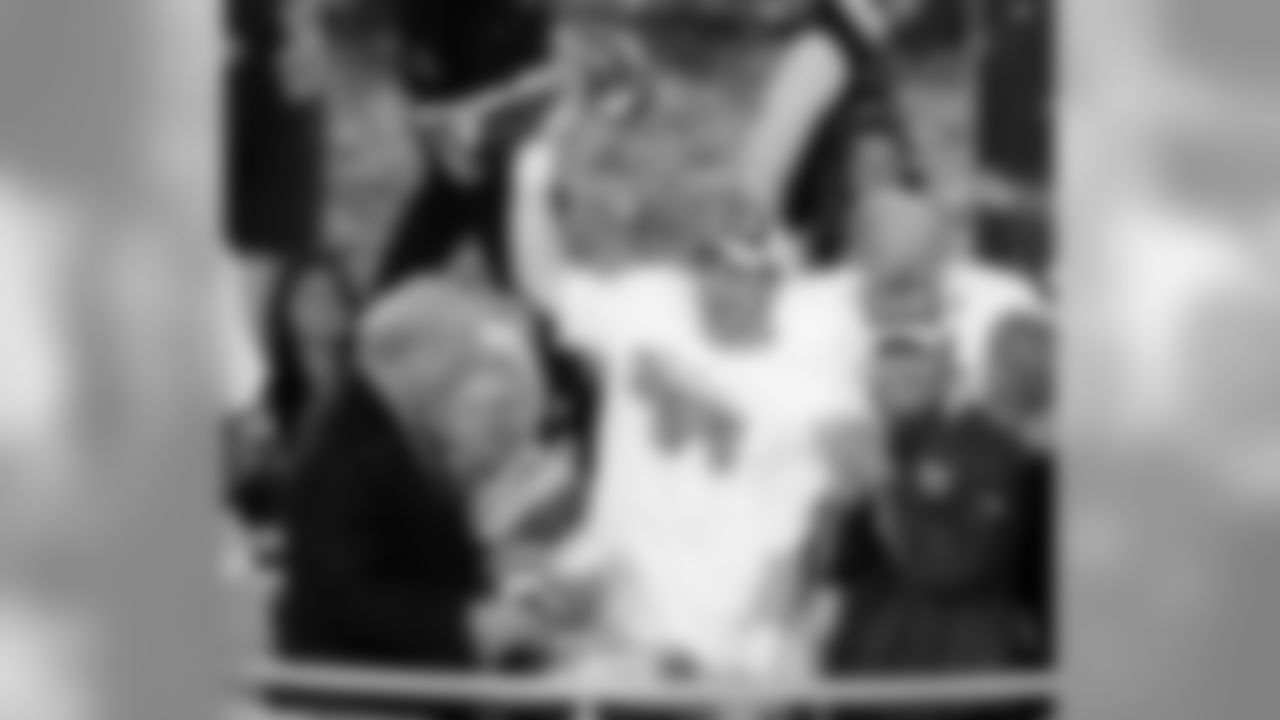
New York Giants quarterback Eli Manning, center, holds the Vince Lombardi Trophy as he celebrates with his coach Tom Coughlin, right, after the Giants beat the New England Patriots 17-14 in the Super Bowl XLII football game on Sunday, Feb. 3, 2008, in Glendale, Ariz.(AP Photo/Charlie Riedel)
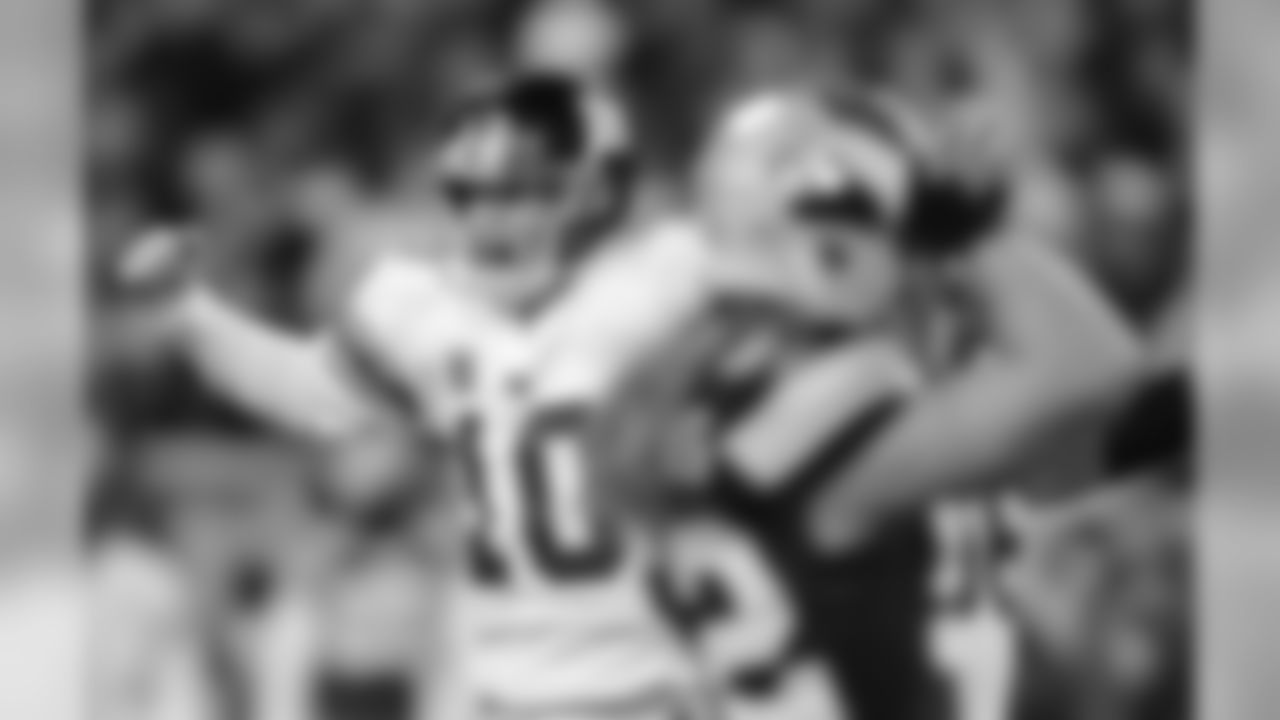
New York Giants quarterback Eli Manning reacts in front of Green Bay Packers linebacker Clay Matthews, right, after throwing a 37-yard touchdown pass to Hakeem Nicks during the first the first half of an NFL divisional playoff football game Sunday, Jan. 15, 2012, in Green Bay, Wis. (AP Photo/Darron Cummings)

New York Giants quarterback Eli Manning holds the Vince Lombardi Trophy after his team's 21-17 win over New England Patriots in the NFL Super Bowl XLVI football game, Sunday, Feb. 5, 2012, in Indianapolis. (AP Photo/David J. Phillip)

New York Giants quarterback Eli Manning, left, and his coach Tom Coughlin look at the Vince Lombardi Trophy as they celebrate after the Giants beat the New England Patriots 17-14 in the Super Bowl XLII football game on Sunday, Feb. 3, 2008, in Glendale, Ariz. (AP Photo/Stephan Savoia)

New York Giants quarterback Eli Manning answers questions during a news conference on Monday, Jan. 30, 2012, in Indianapolis. The Giants are scheduled to face the New England Patriots in Super Bowl XLVI on Feb. 5. (AP Photo/Ben Liebenberg)
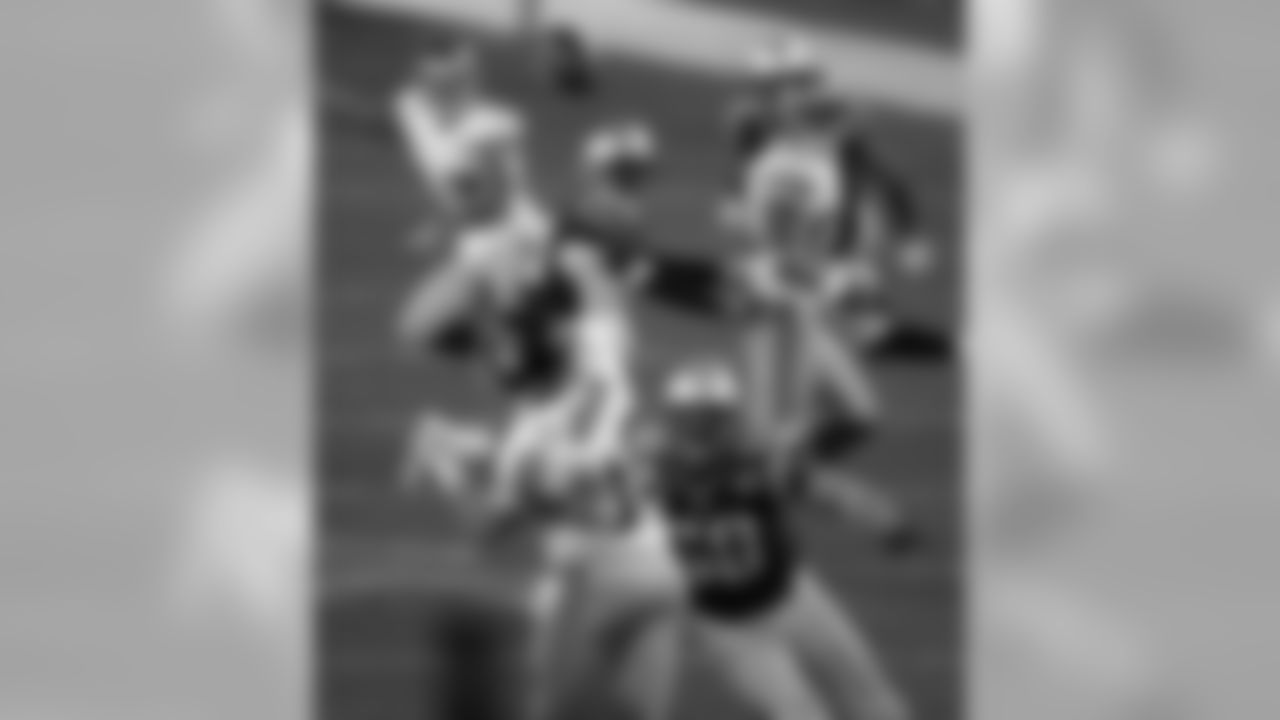
New York Giants quarterback Eli Manning releases a pass as New England Patriots linebacker Mike Vrabel (50) closes in during the fourth quarter of the Super Bowl XLII football game at University of Phoenix Stadium on Sunday, Feb. 3, 2008, in Glendale, Ariz. The Giants won 17-14. (AP Photo/Ross D. Franklin)
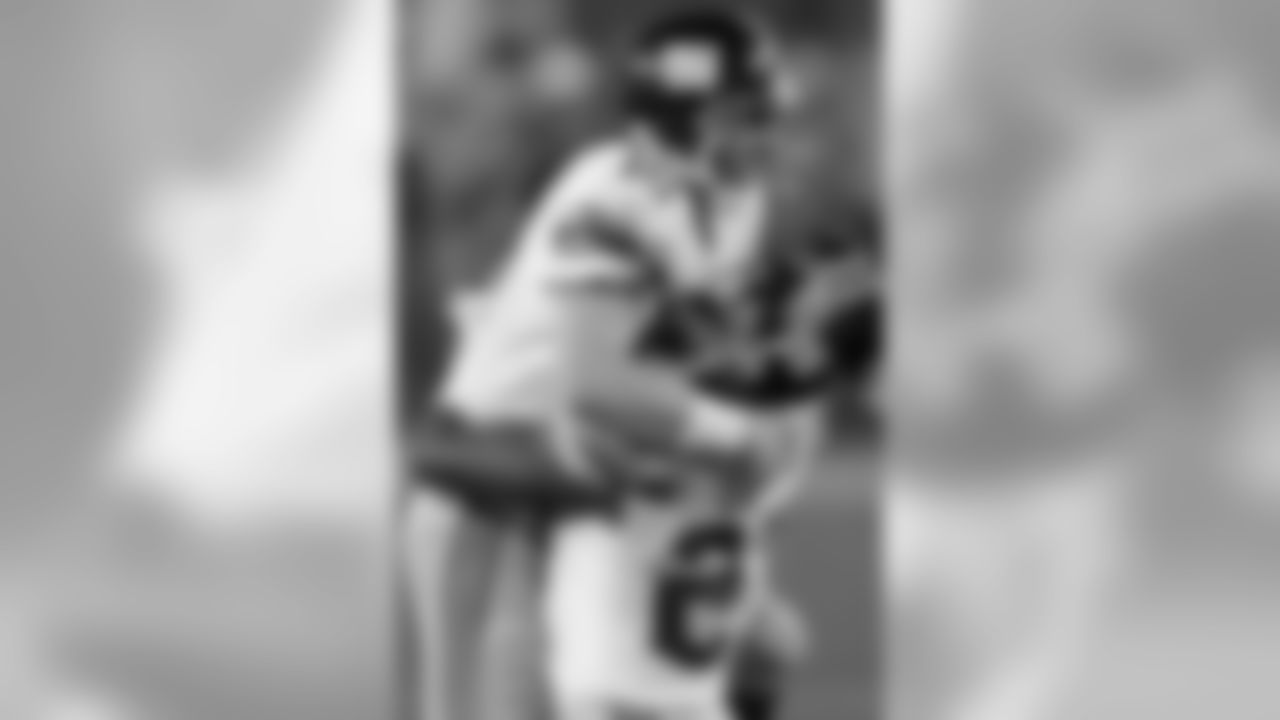
New York Giants' Eli Manning (10) and Brandon Jacobs celebrate after Manning threw the game-winning touchdown pass during the fourth quarter of the Super Bowl XLII football game against the New England Patriots at University of Phoenix Stadium on Sunday, Feb. 3, 2008 in Glendale, Ariz. The Giants won 17-14. (AP Photo/Elaine Thompson)
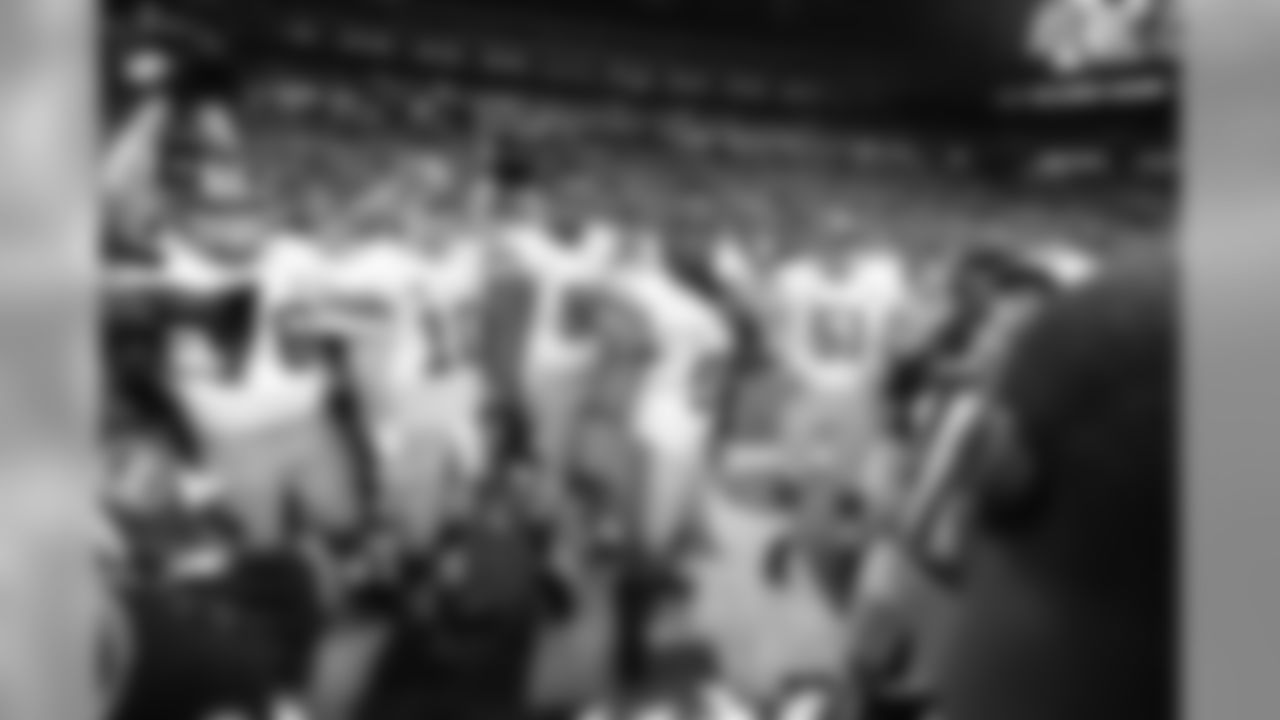
New York Giants captains Chris Snee (76) Eli Manning (10) Chris Canty (99) Justin Tuck (91) and Eli Manning (10) receive instructions during the coin toss before the NFL Super Bowl XLVI against the New England Patriots, Sunday, Feb. 5, 2012, in Indianapolis (AP Photo/EvanPinkus)
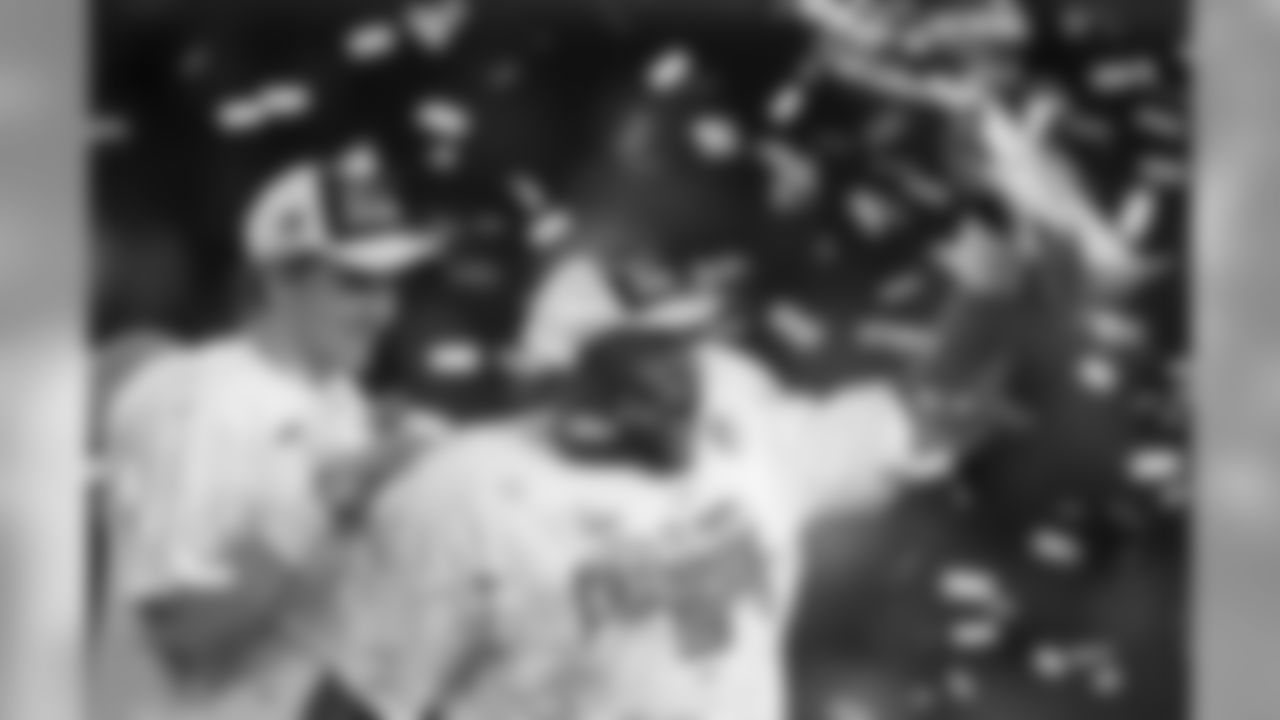
New York Giants quarterback Eli Manning, left, and Michael Strahan celebrate the Giants' 17-14 win over the New England Patriots in the Super Bowl XLII football game at University of Phoenix Stadium on Sunday, Feb. 3, 2008 in Glendale, Ariz. (AP Photo/Julie Jacobson)

New York Giants quarterback Eli Manning holds the trophy for Most Valuable Player during a news conference on Monday, Feb. 4, 2008 in Phoenix. The Giants won the Super Bowl XLII football game by defeating the New England Patriots. (AP Photo/Morry Gash)

New York Giants quarterback Eli Manning (10) joins wide receiver David Tyree (85) in celebration after the Giants' 17-14 win over the New England Patriots in the Super Bowl XLII football game at University of Phoenix Stadium on Sunday, Feb. 3, 2008, in Glendale, Ariz. (AP Photo/Ross D. Franklin)

New York Giants quarterback Eli Manning celebrates his 5-yard touchdown pass to David Tyree during the fourth quarter of the Super Bowl XLII football game against the New England Patriots at University of Phoenix Stadium on Sunday, Feb. 3, 2008 in Glendale, Ariz. (AP Photo/Julie Jacobson)
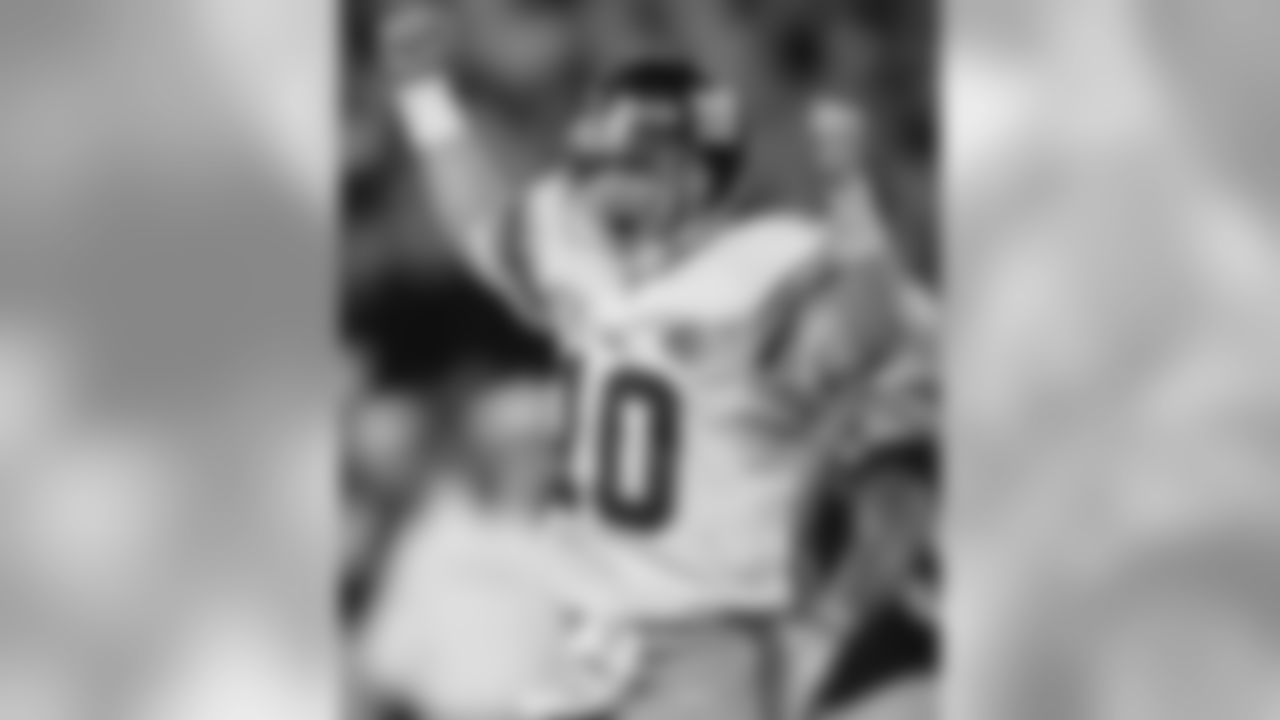
New York Giants quarterback Eli Manning reacts after throwing the game-winning touchdown pass during the fourth quarter against the New England Patriots in the fourth quarter of the Super Bowl XLII football game at University of Phoenix Stadium on Sunday, Feb. 3, 2008 in Glendale, Ariz. The Giants won 17-14. (AP Photo/Chris O'Meara)

Fans react as New York Giants quarterback Eli Manning hoists the Vince Lombardi Trophy during a ceremony for the NFL football Super Bowl XLVI champions at City Hall in New York, Tuesday, Feb. 7, 2012. (AP Photo/Kathy Willens)

New York Giants quarterback Eli Manning passes during practice at the Giants' training camp at the University at Albany in Albany, N.Y., Friday, July 30, 2004. (AP Photo/Tim Roske)
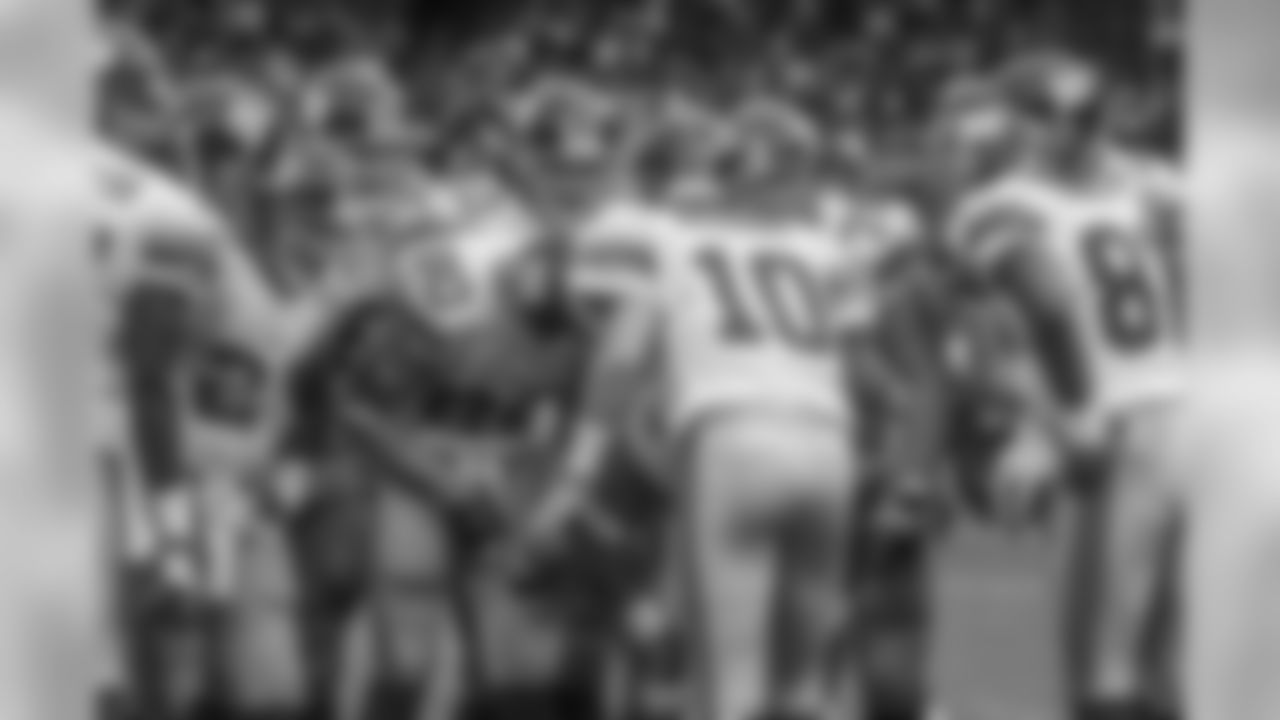
New York Giants quarterback Eli Manning (10) in the huddle on Sunday, November 6, 2005, in San Francisco, California. The Giants defeated the 49ers 24-6. (AP Photo/Al Golub)
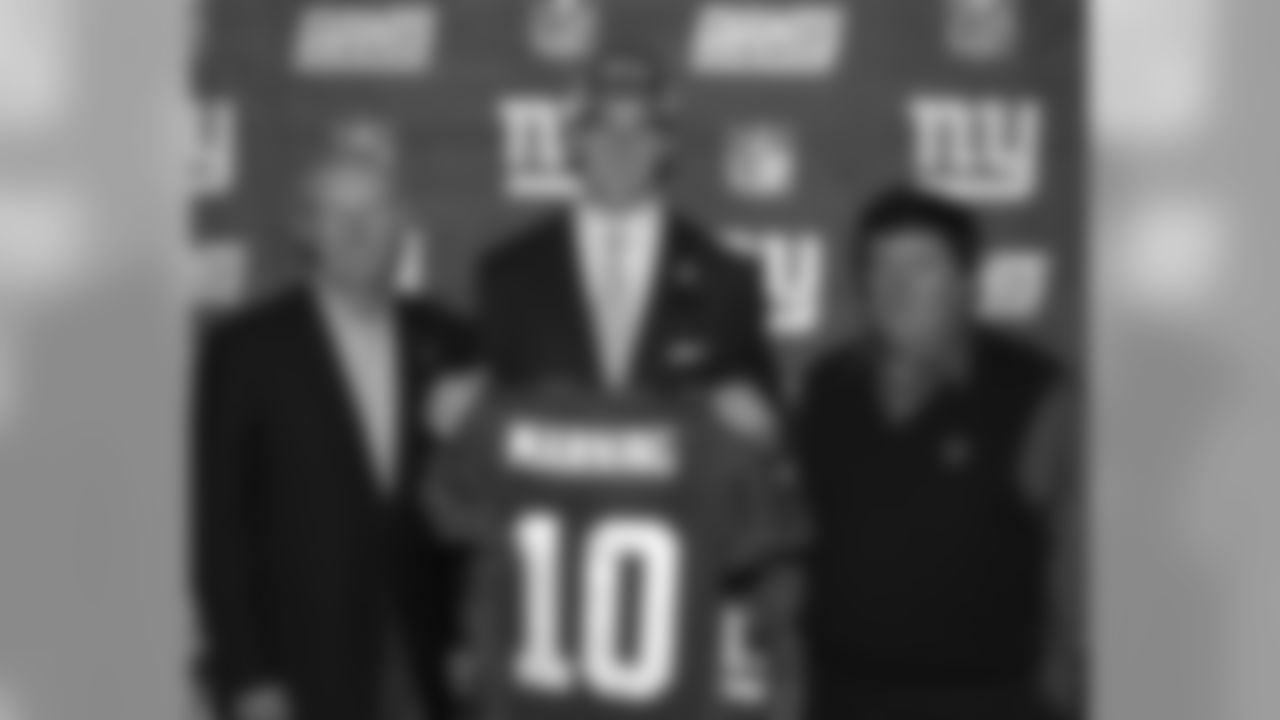
This April 24, 2004, file photo shows New York Giants draft pick Eli Manning holding up his new Giants jersey as he poses with coach Tom Coughlin, left, and general manager Ernie Accorsi in East Rutherford, N.J. (AP Photo/Bill Kostroun, File)
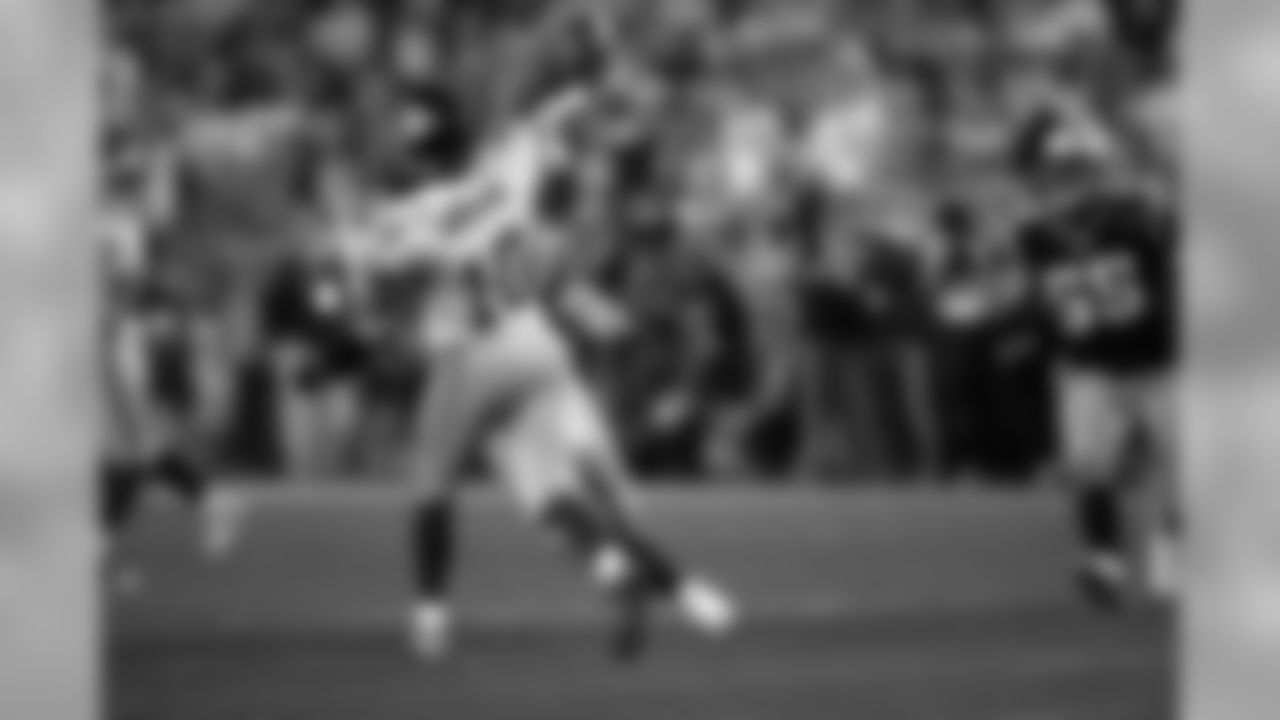
New York Giants QB Eli Manning #10 escapes pressure and passes downfield against the New England Patriots during the Super Bowl XLII football game at University of Phoenix Stadium on Sunday, Feb. 3, 2008 in Glendale, Ariz. Manning completed a miracle 32-yard pass to David Tyree on the play to set up their winning td. (AP Photo/David Duprey)

New York Giants quarterback Eli Manning answers questions during media day for the Super Bowl XLII football game Tuesday, Jan. 29, 2008, in Glendale, Ariz,. (AP Photo/Stephan Savoia)

New York Giants quarterback Eli Manning is surrounded by the media by his locker Monday, Jan. 21, 2008 in East Rutherford, N.J. The Giants will play in the Super Bowl football game against the New England Patriots. (AP Photo/Bill Kostroun)

New York Giants quarterback Eli Manning answers questions from the media during a press conference, Thursday, Jan. 31, 2008 in Chandler, Ariz. The Giants will play the New England Patriots in Super Bowl XLII on Sunday, in Glendale, Ariz. (AP Photo/Julie Jacobson)

New York Giants quarterback Eli Manning answers a question during media day for the Super Bowl XLII football game Tuesday, Jan. 29, 2008, in Glendale, Ariz,. (AP Photo/Julie Jacobson)

New York Giants quarterback Eli Manning in action during the NFC Championship football game against the Green Bay Packers Sunday, Jan. 20, 2008, in Green Bay, Wis. (AP Photo/Jeff Roberson)
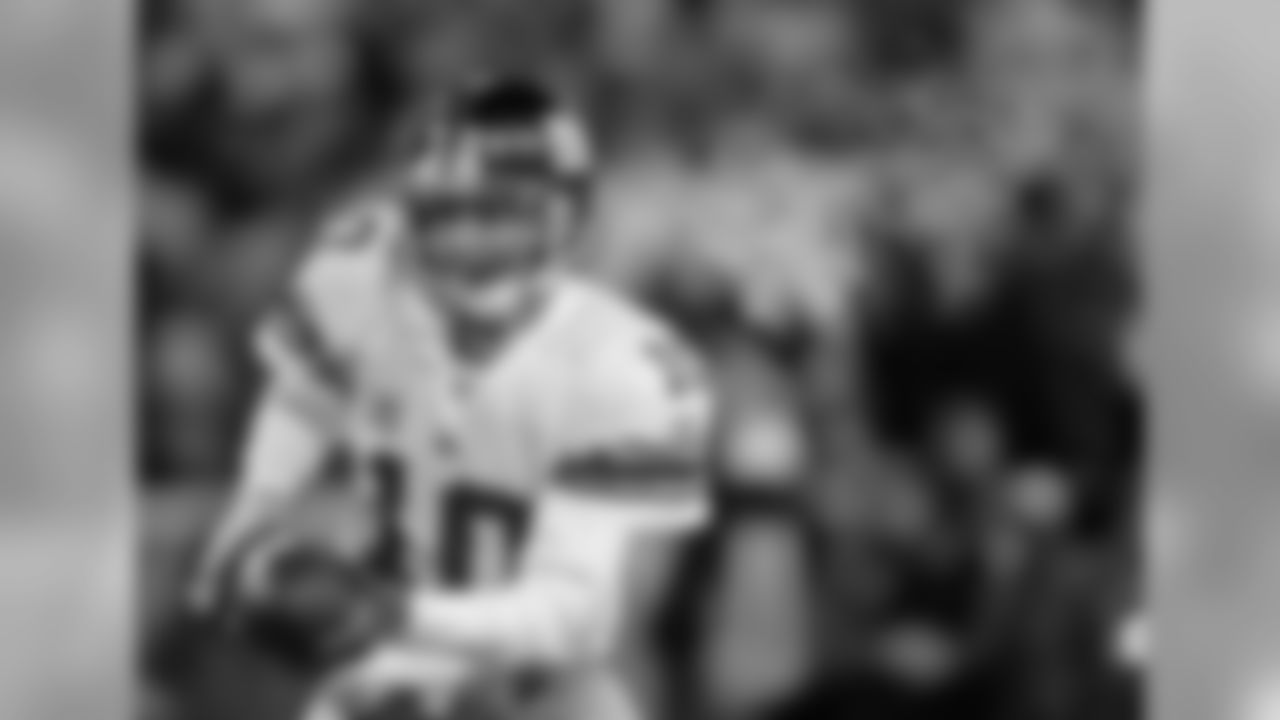
New York Giants quarterback Eli Manning looks to hand the ball off during the first half of the NFC Championship football game against the Green Bay Packers, Sunday, Jan. 20, 2008, in Green Bay, Wis. (AP Photo/Mike Roemer)

New York Giants' Eli Manning celebrates after the NFC Championship football game against the Green Bay Packers in Green Bay, Wis., Sunday Jan. 20, 2008 (AP Photo/David Duprey)
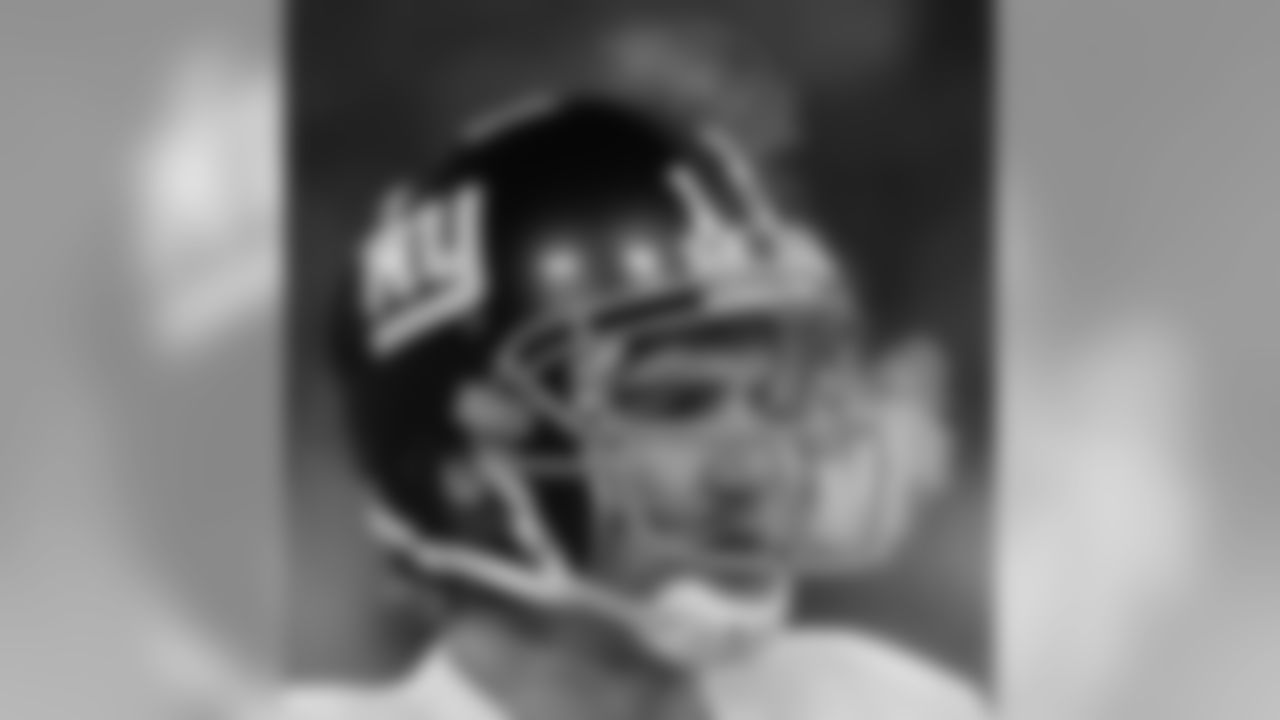
New York Giants' Eli Manning looks on during the NFC Championship football game against the Green Bay Packers in Green Bay, Wis., Sunday Jan. 20, 2008 (AP Photo/David Duprey)
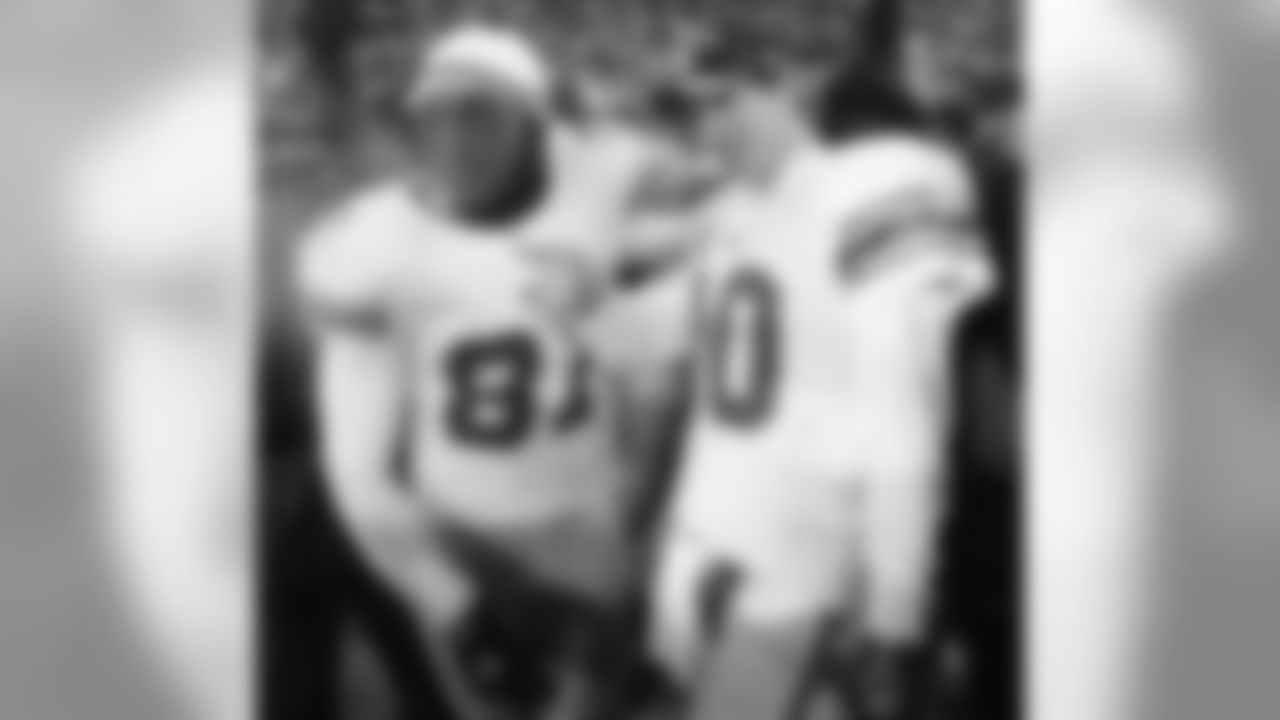
New York Giants quarterback Eli Manning (10) celebrates with teammate Amani Toomer (81) after their team's 23-20 overtime win over the Green Bay Packers in the NFC Championship football game Sunday, Jan. 20, 2008, in Green Bay, Wis. (AP Photo/David Duprey)

New York Giants quarterback Eli Manning celebrates after his team's 23-20 overtime win over the Green Bay Packers in the NFC Championship football game Sunday, Jan. 20, 2008, in Green Bay, Wis. (AP Photo/David Duprey)
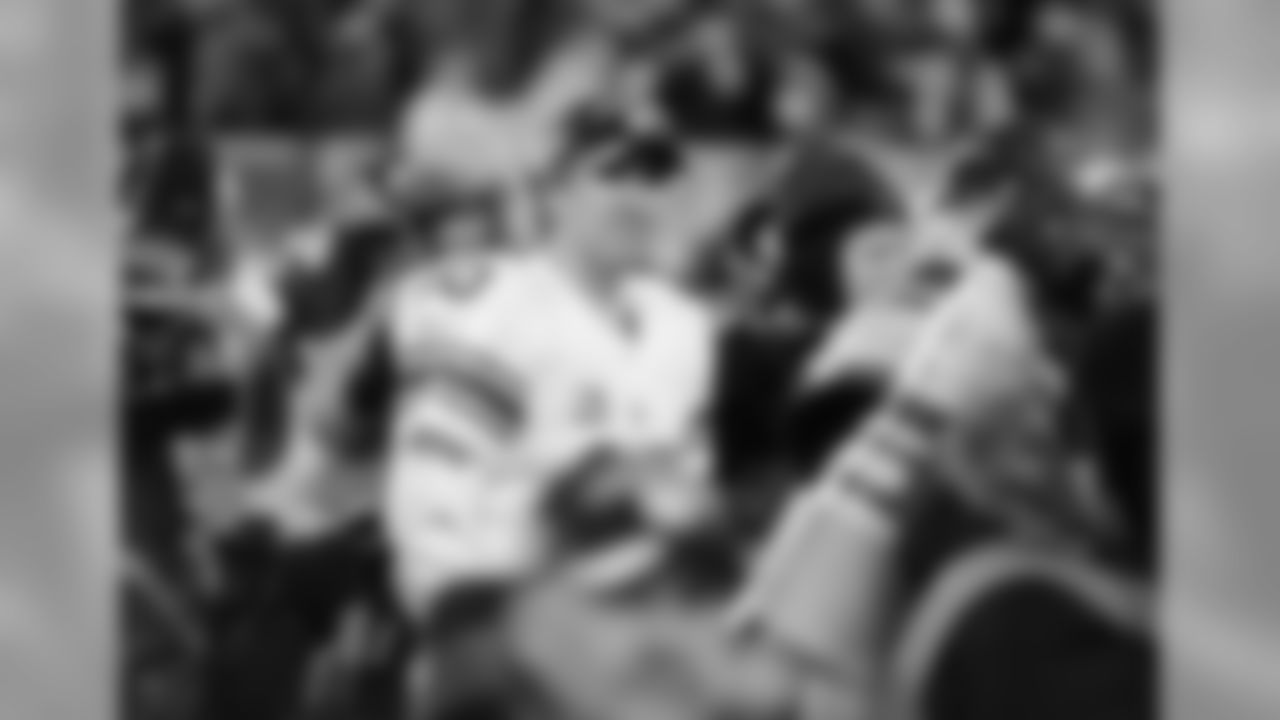
New York Giants' Eli Manning (10) walks off the field after the NFC Championship football game Sunday, Jan. 20, 2008, in Green Bay, Wis. (AP Photo/Jeff Roberson)
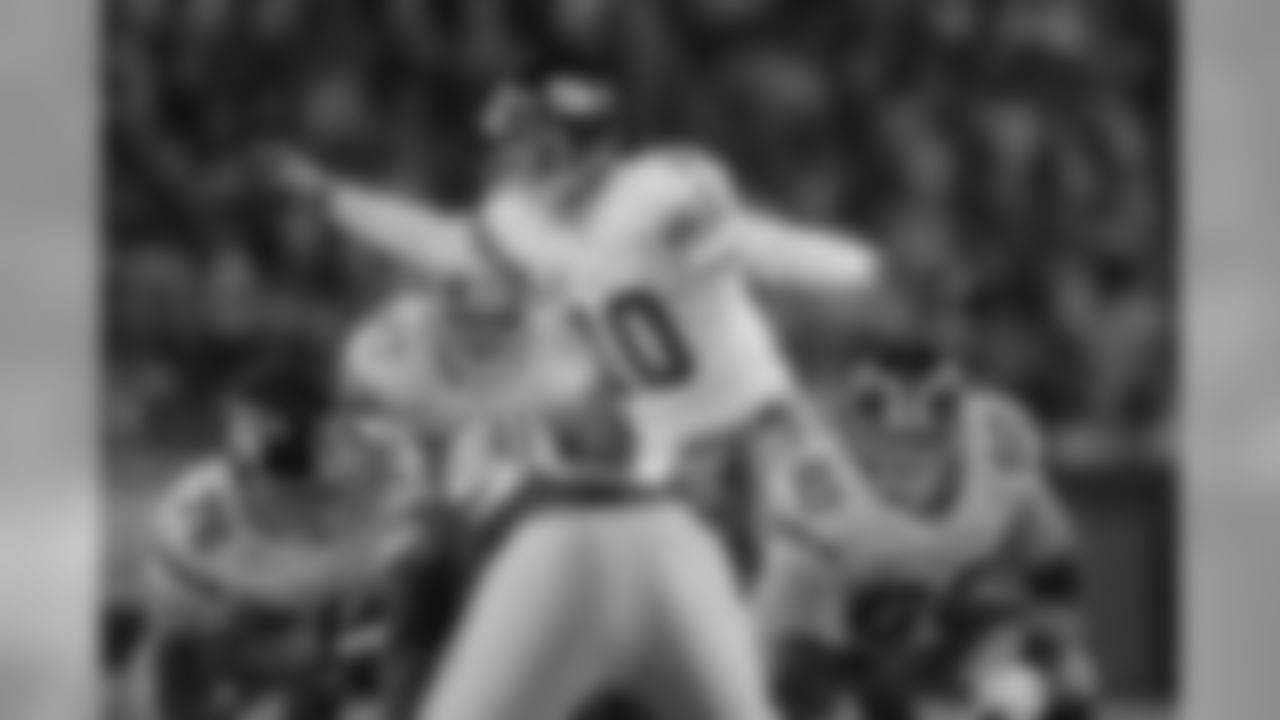
New York Giants quarterback Eli Manning (10) calls a play during the NFC Championship football game Sunday, Jan. 20, 2008, in Green Bay, Wis. (AP Photo/Jeff Roberson)
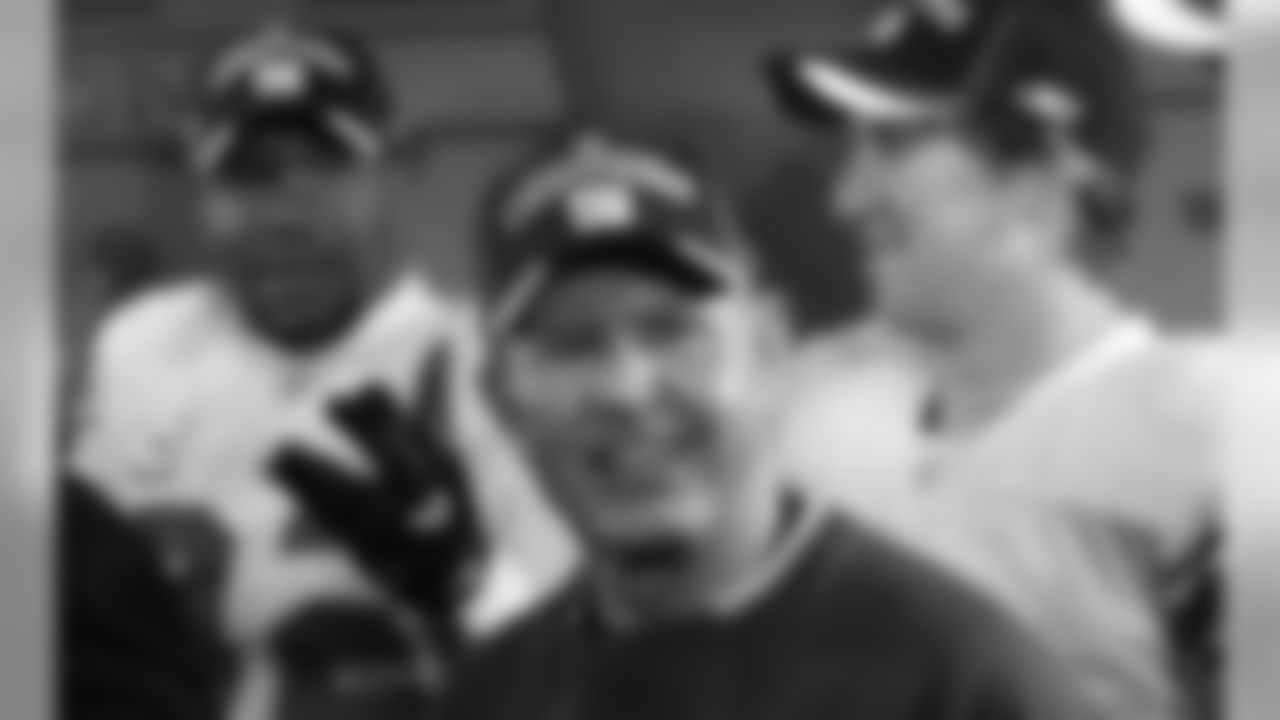
New York Giants coach Tom Coughlin smiles as he stands in the locker room with players Michael Strahan, left, and Eli Manning, right, after their 23-20 overtime win over the Green Bay Packers in the NFC Championship football game Sunday, Jan. 20, 2008, in Green Bay, Wis. (AP Photo/David J. Phillip)
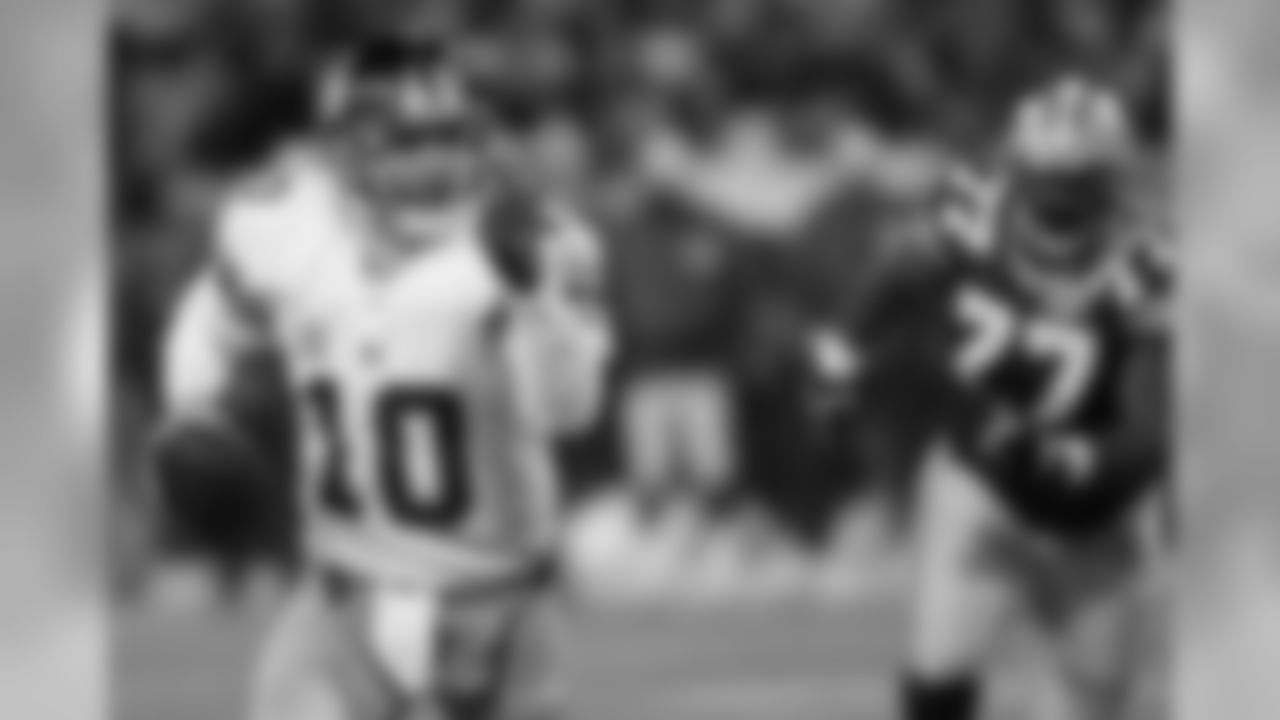
New York Giants quarterback Eli Manning looks to throw a pass as he runs from Green Bay Packers defensive end Cullen Jenkins (77) during the NFC Championship football game, Sunday, Jan. 20, 2008, in Green Bay, Wis. (AP Photo/David Duprey)
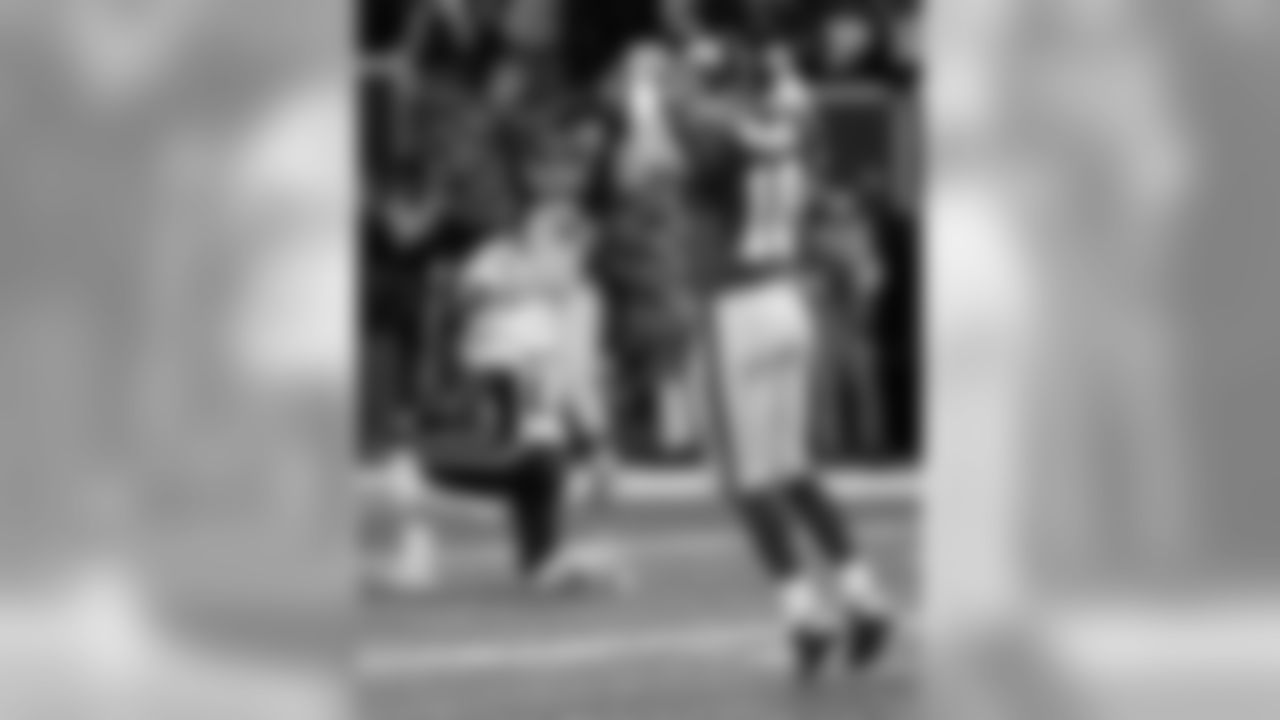
New York Giants quarterback Eli Manning (10) celebrates after throwing a 7-yard touchdown pass to running back Brandon Jacobs against the New England Patriots during the first quarter of an NFL football game at Giants Stadium in East Rutherford, N.J., on Saturday, Dec. 29, 2007. (AP Photo/Henny Ray Abrams)

Dallas Cowboys quarterback Tony Romo, right, greets New York Giants quarterback Eli Manning before their NFC divisional playoff football game, Sunday, Jan. 13, 2008, in Irving, Texas. (AP Photo/David J. Phillip)
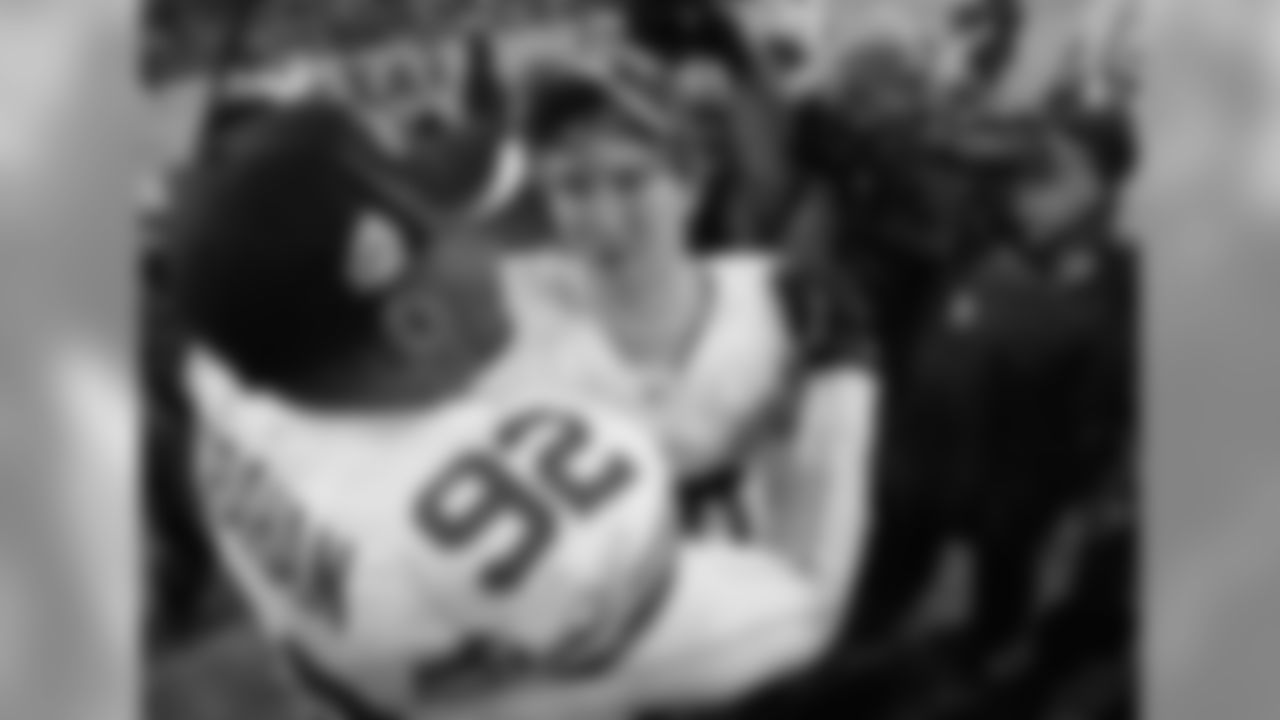
New York Giants quarterback Eli Manning celebrates with defensive end Michael Strahan (92) after the NFC Championship football game against the Green Bay Packers Sunday, Jan. 20, 2008, in Green Bay, Wis. The Giants won 23-20 in overtime. (AP Photo/David Duprey)

New York Giants quarterback Eli Manning looks downfield for a receiver during the first half of an NFL football game against the Buffalo Bills in Orchard Park, N.Y. on Sunday, Dec. 23, 2007. New York won 38-21. (AP Photo/Don Heupel)

New York Giants quarterback Eli Manning, right, celebrates in the locker room with Giants kicker Lawrence Tynes, left, after their 23-20 overtime win over the Green Bay Packers in the NFC Championship football game Sunday, Jan. 20, 2008, in Green Bay, Wis. (AP Photo/David J. Phillip)
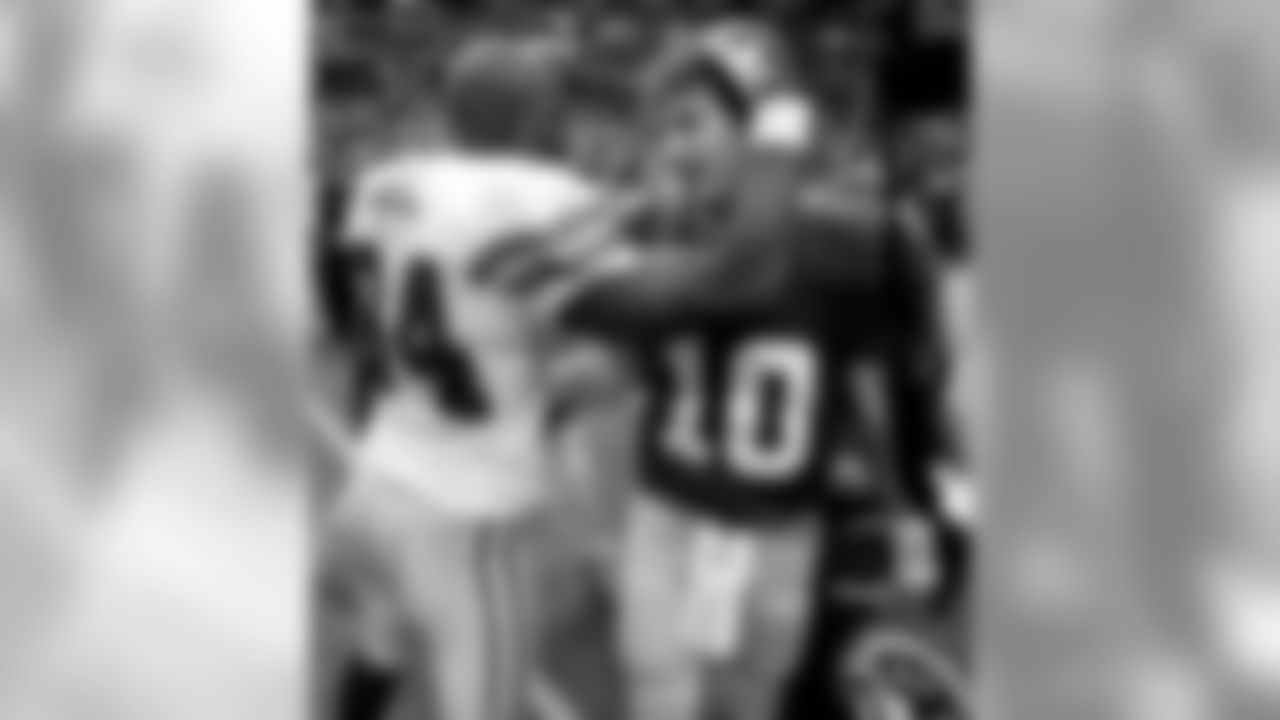
Dallas Cowboys linebacker DeMarcus Ware, left, congratulates New York Giants quarterback Eli Manning (10) after the Giants defeated the Cowboys 21-17 in an NFC divisional playoff football game, Sunday, Jan. 13, 2008, in Irving, Texas. (AP Photo/Donna McWilliam)

New York Giants quarterback Eli Manning (10) celebrates after throwing a fourth quarter touchdown pass during an NFL wild-card football playoff game against the Tampa Bay Buccaneers Sunday, Jan. 6, 2008 in Tampa, Fla.. (AP Photo/Chris O'Meara)
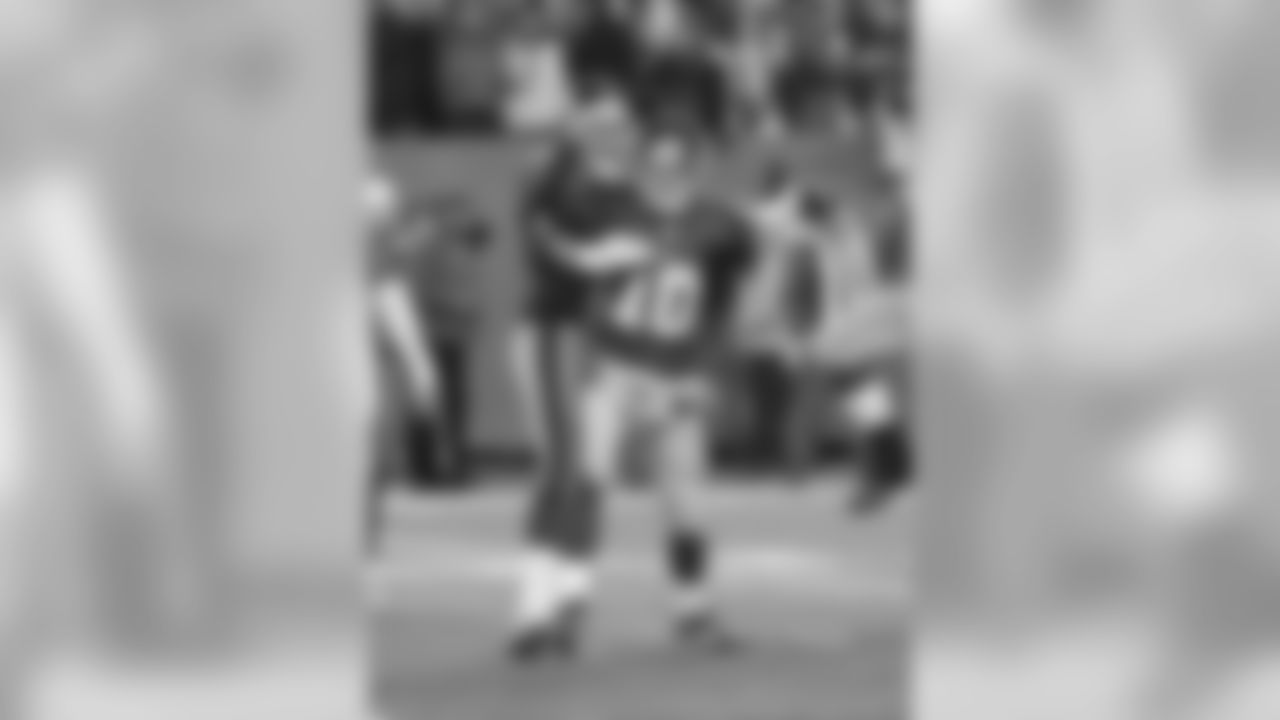
New York Giants quaterback Eli Manning (10) celebrates a 4th quarter touchdown pass during an NFL football game against the Dallas Cowboys on Sunday January 1, 2012 at MetLife Stadium in East Rutherford, New Jersey (AP Photo/Evan Pinkus)
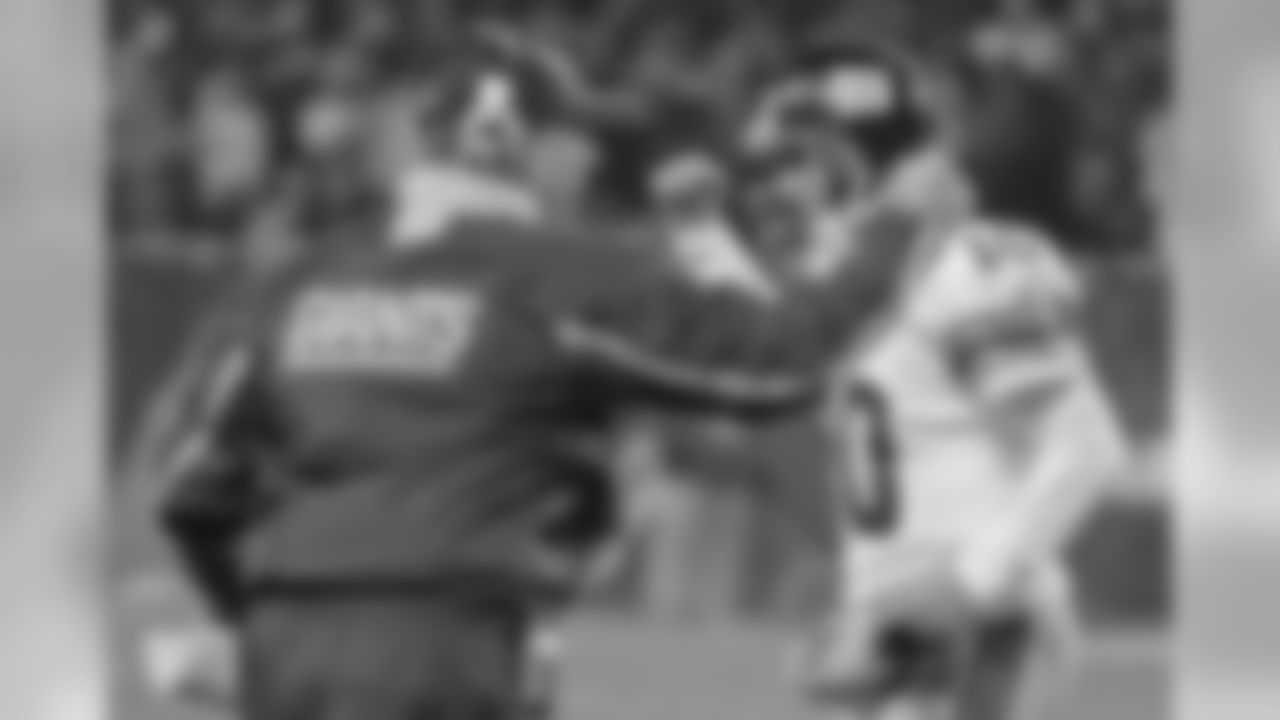
New York Giants quarterback Eli Manning, right, and head coach Tom Coughlin celebrate as officials confirm teammate Amani Toomer's fourth-quarter touchdown catch during a football game against the Chicago Bears, Sunday, Dec. 2, 2007 in Chicago. The Giants defeated the Bears, 21-16. (AP Photo/M. Spencer Green)
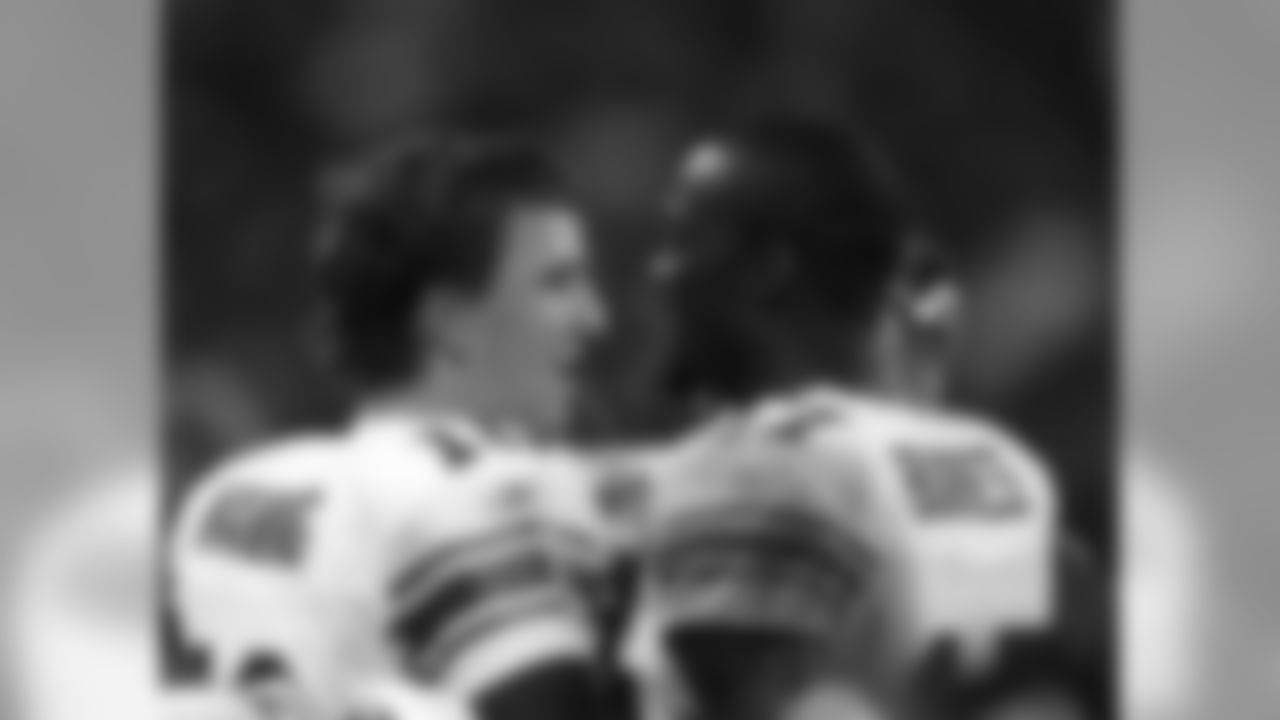
New York Giants qb Eli Manning, left, with Plaxico Burress on the sidelines during their game against the Miami Dolphins at Wembley Stadium, London, Sunday, Oct. 28, 2007. (AP Photo/Tom Hevezi)

Fans yell for New York Giants quarterback Eli Manning (10) as he leaves the field after they beat the Washington Redskins 24-17 in an NFL football game, Sunday, Sept. 23, 2007 in Landover, Md.(AP Photo/Nick Wass)
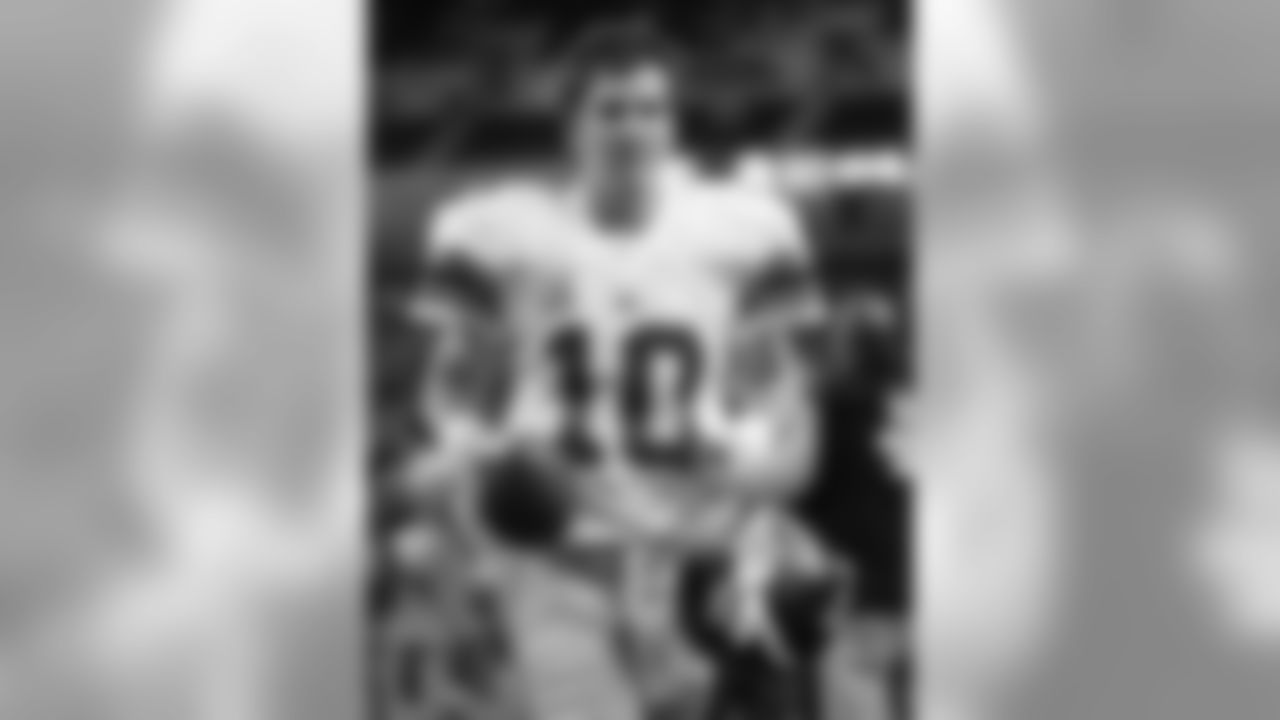
New York Giants quarterback Eli Manning runs off the field after beating the Detroit Lions 16-10 in an NFL football game in Detroit, Sunday, Nov. 18, 2007. The Giants are in a class by themselves in the NFC. They are not nearly as good as the Dallas Cowboys and the Green Bay Packers, both 9-1 and the only teams to beat them. They are, though, third best in a conference where only six of the 16 teams are playing above .500. (AP Photo/Paul Sancya)
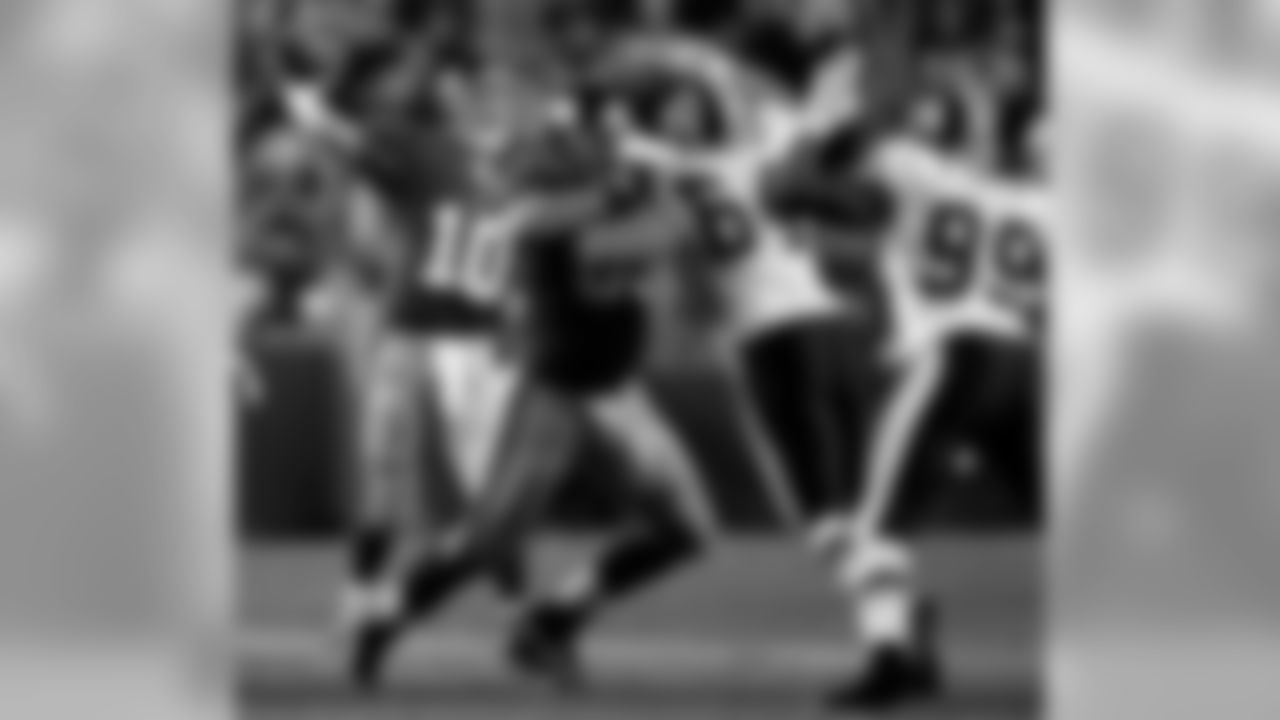
New York Giants quarterback Eli Manning, left, throws a pass as lineman Grey Ruegamer holds off Washington Redskins defensive tackle Kedrick Golston, second from right, with Andre Carter, right, moving in during the second half of an NFL football game Saturday, Dec. 30, 2006, in Landover, Md. The Giants won 34-28. (AP Photo/Chris Gardner)
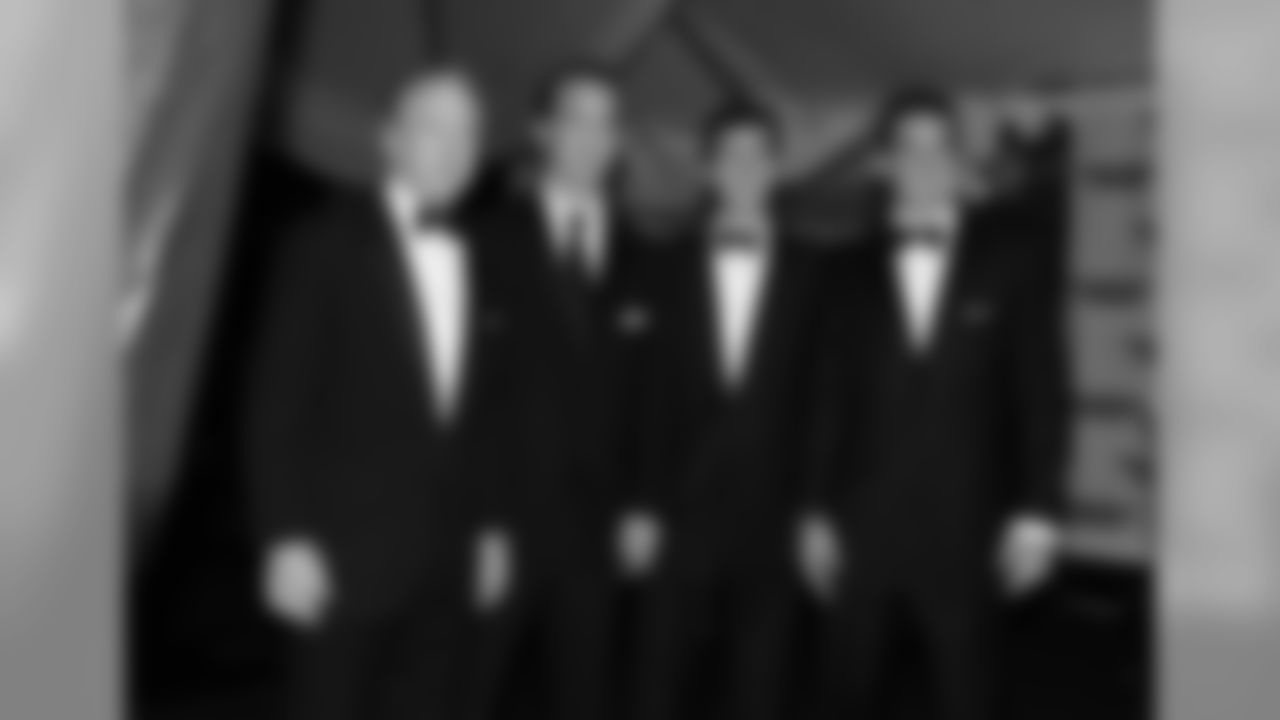
Archie Manning, left, poses with his sons, Peyton Manning, Cooper Manning and Eli Manning as they arrive at the Barnstable Brown Derby party in Louisville, Ky., Friday, May 4, 2007. The 133rd Kentucky Derby will be held on Saturday, May 5. (AP Photo/Darron Cummings)
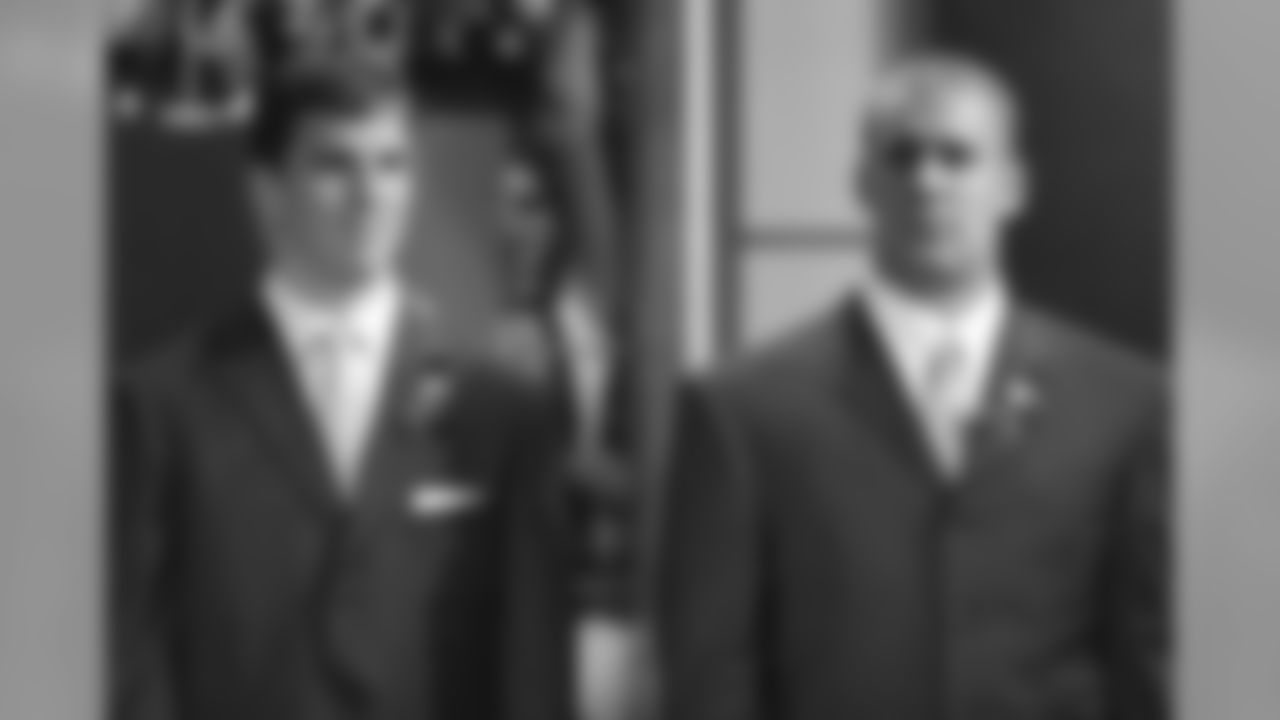
Eli Manning, left, a quarterback from Mississippi, and Ben Roethlisberger, a quarterback from Miami of Ohio, are introduced prior to the start of the NFL draft Saturday, April 24, 2004 in New York. (AP Photo/John Marshall Mantel)

New York Giants' quarterback Eli Manning is surrounded by reporters in the team's locker room at Giants stadium Monday, Nov. 27, 2006 in East Rutherford, N.J. (AP Photo/Mary Altaffer)

New York Giants quarterback Eli Manning listens during a press briefing, after his visit to Adolph S. Ochs School and Academy kicks to launch a combined NFL and American Heart Association exercise program for kids in New York Tuesday, Oct. 17, 2006. The program, called "What Moves U," is designed to incorporate physical activity in classroom lessons, as physical education programs continue to decline across the country, according to organizers. (AP Photo/Bebeto Matthews)
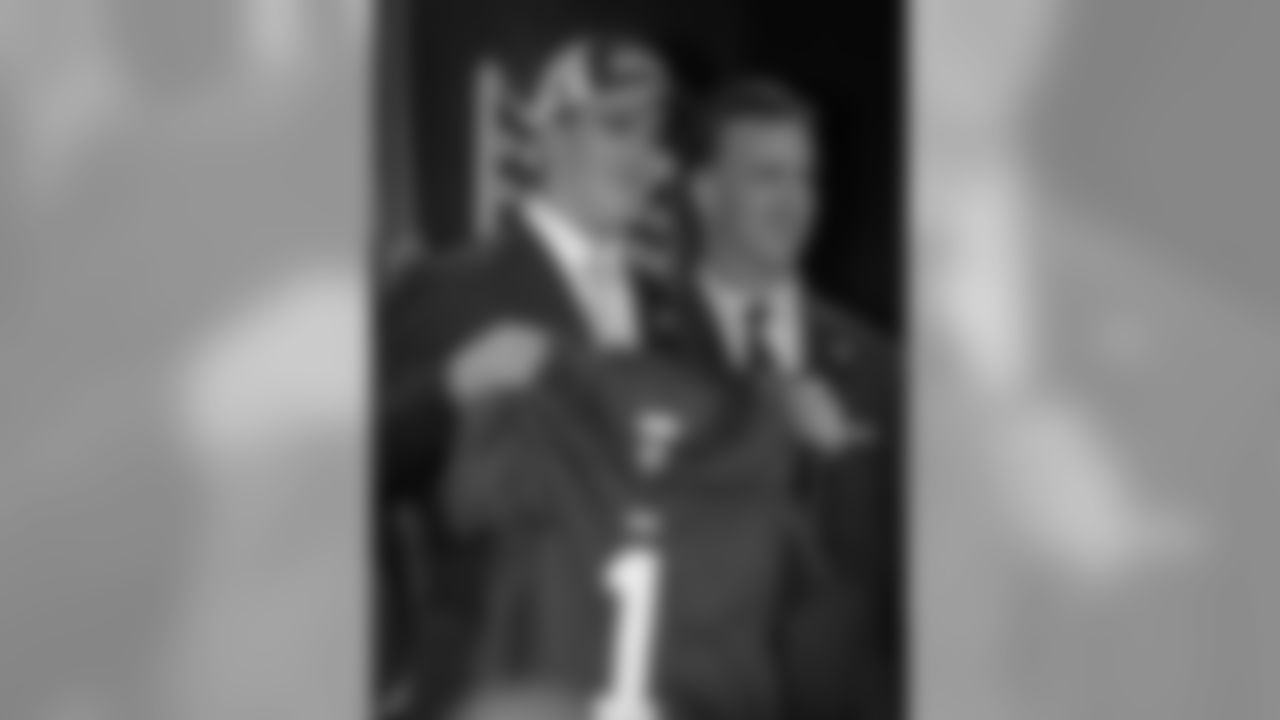
Eli Manning, a quarterback from Mississippi, holds up a New York Giants jersey while standing next to his brother Peyton, quarterback for the Indianapolis Colts at the NFL draft Saturday, April 24, 2004 in New York. Manning was the number one draft pick in the first round by the San Diego Chargers and traded to the Giants. (AP Photo/Ed Betz)

New York Giants fans cheer for quarterback Eli Manning during the fourth quarter against the Atlanta Falcons Sunday, Nov. 21, 2004 at Giants Stadium in East Rutherford, N.J. The Falcons beat the Giants, 14-10. (AP Photo/Bill Kostroun)
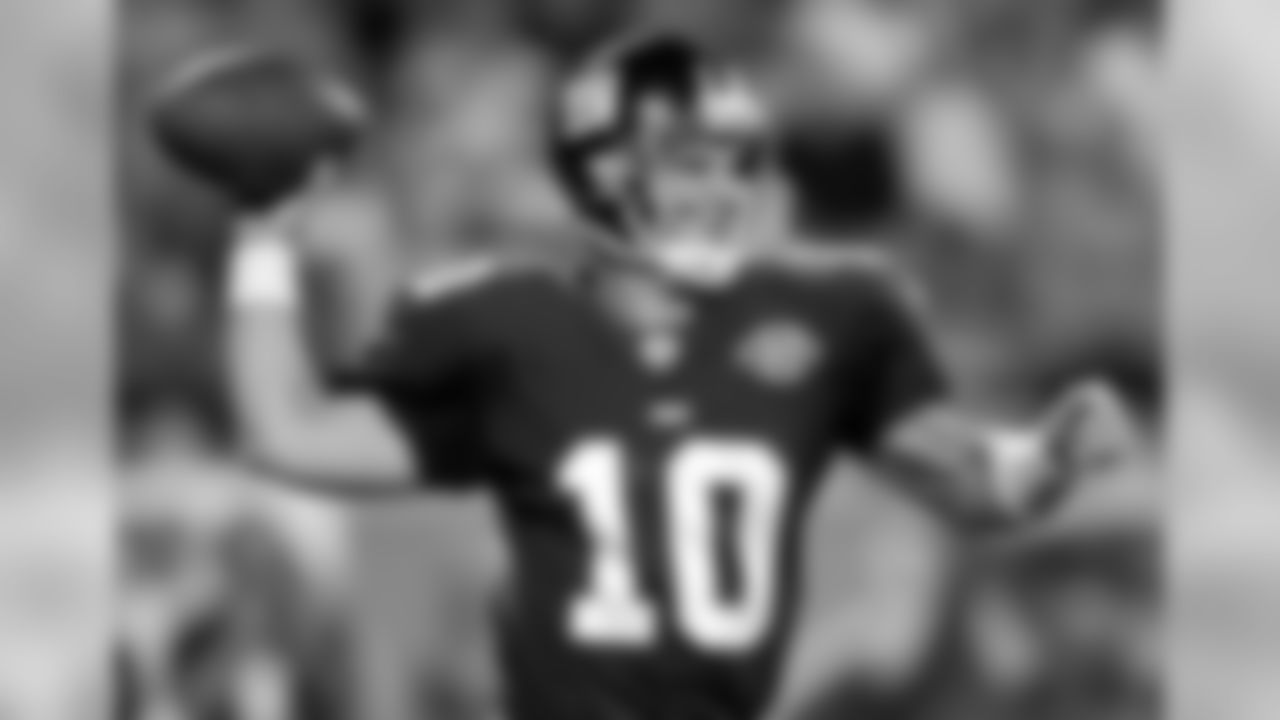
New York Giants quarterback Eli Manning (10) throws a pass during the first quarter against the Carolina Panthers in Charlotte, N.C., Thursday, Aug. 19, 2004. (AP Photo/Chuck Burton)
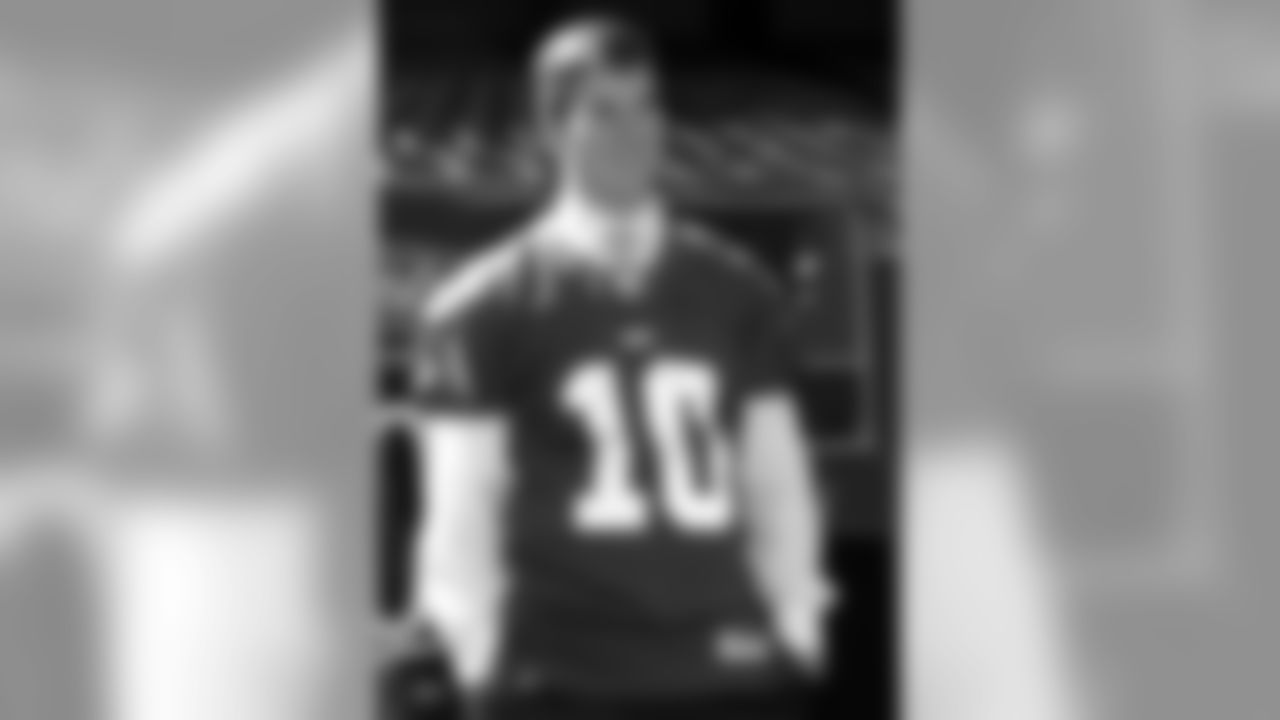
New York Giants draft pick Eli Manning displays his new Giants jersey as he is introduced to Giants fans Saturday, April 24, 2004, at Giants Stadium in East Rutherford, N.J. The San Diego Chargers chose Manning with the No. 1 pick overall and the Giants swapped their No. 4 pick, quarterback Philip Rivers, and draft picks for Manning. (AP Photo/Bill Kostroun)

Eli Manning, left, a quarterback from Mississippi, holds a New York Giants jersey as he stands with his father, Archie, at the NFL draft Saturday, April 24, 2004 in New York. Manning was the first pick of the 2004 draft by the San Diego Chargers and was later traded to the New York Giants. (AP Photo/John Marshall Mantel)
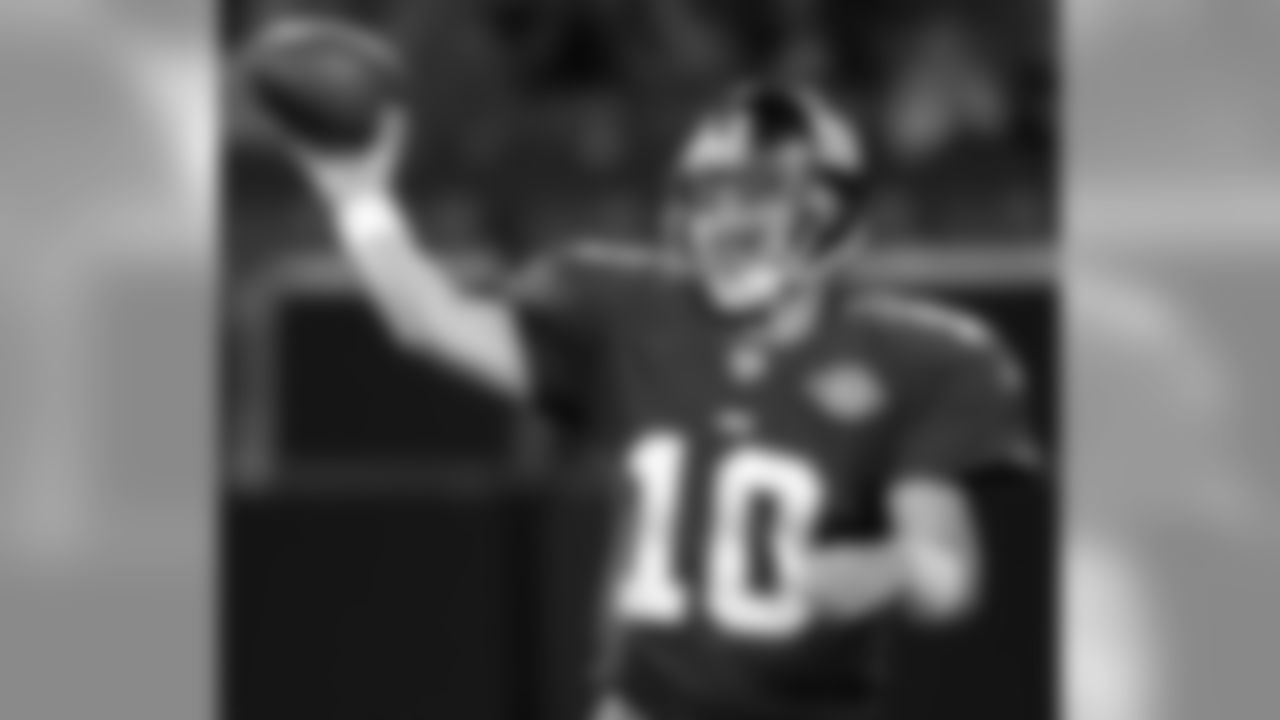
New York Giants quarterback Eli Manning passes the ball during the third quarter against the Kansas City Chiefs Friday night, August 13, 2004, at Giants Stadium in East Rutherford. (AP Photo/Bill Kostroun)

Brothers Peyton, left, and Eli Manning have a good laugh on their dad Archie during a news conference in New York, Thursday, April 22, 2004. The question was who gets more nervous when they are playing football, the boys or their dad: former New Orleans Saints quarterback Archie Manning (AP Photo/Ed Bailey)
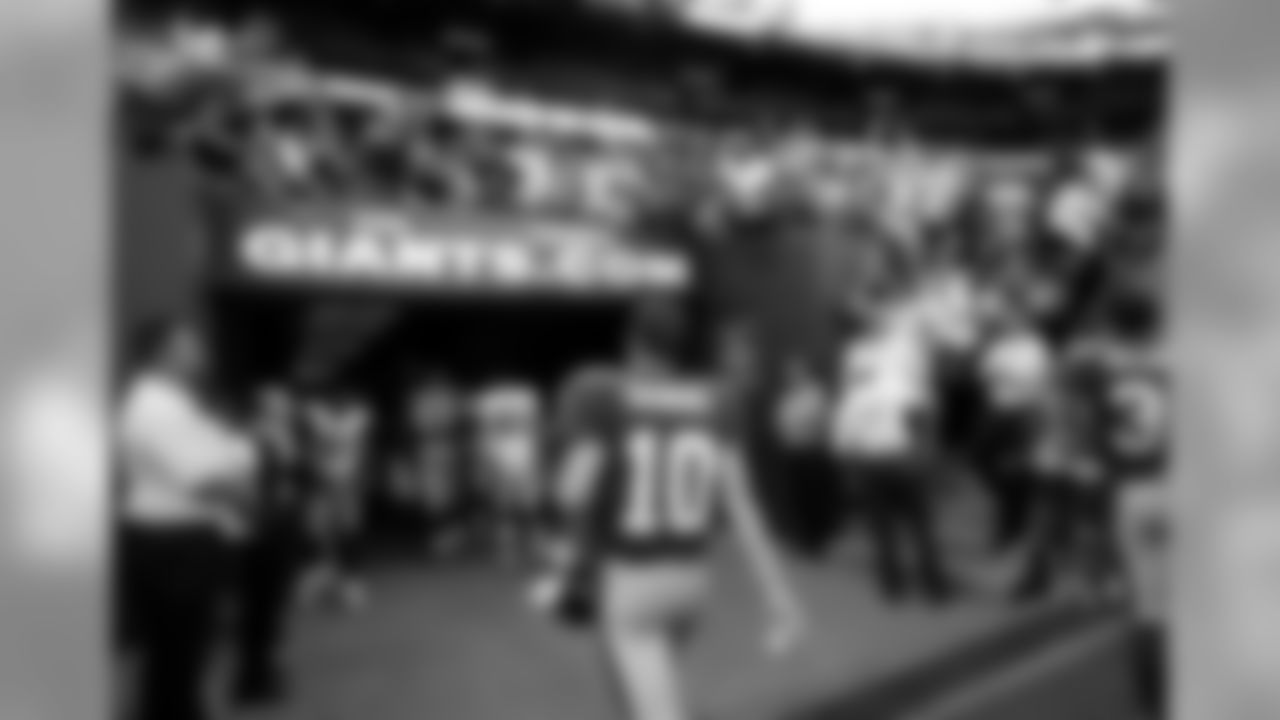
The crowd reacts as New York Giants quarterback Eli Manning leaves the field after beating the St. Louis Rams 44-24 at Giants Stadium in East Rutherford, N.J., Sunday, Oct. 2, 2005. Manning threw for 296 yards and a career-high four touchdowns against the Rams. (AP Photo/Gregory Bull)

NFL athletes Eli Manning, right, and and Michael Strahan, left, accept the award for best game for the New York Giants victory in Super Bowl XLII from Terrell Owens, center, at the ESPYs Awards on Wednesday July 16, 2008 in Los Angeles. (AP Photo/Kevork Djansezian)
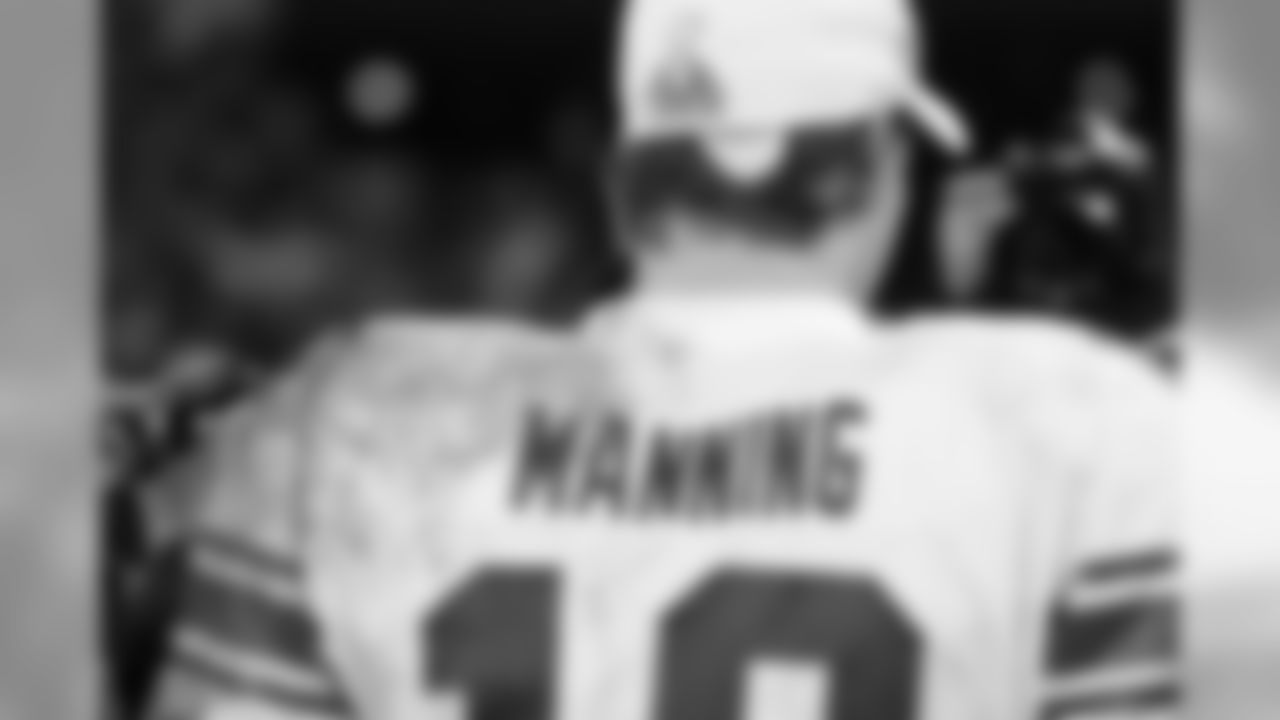
SAN FRANCISCO, CA - JANUARY 22: Eli Manning #10 of the New York Giants after the game against the San Francisco 49ers during the NFC Championship game at Candlestick Park on January 22, 2012 in San Francisco, California. The Giants defeated the 49ers in overtime20-17.(AP Photo/Tom Hauck)
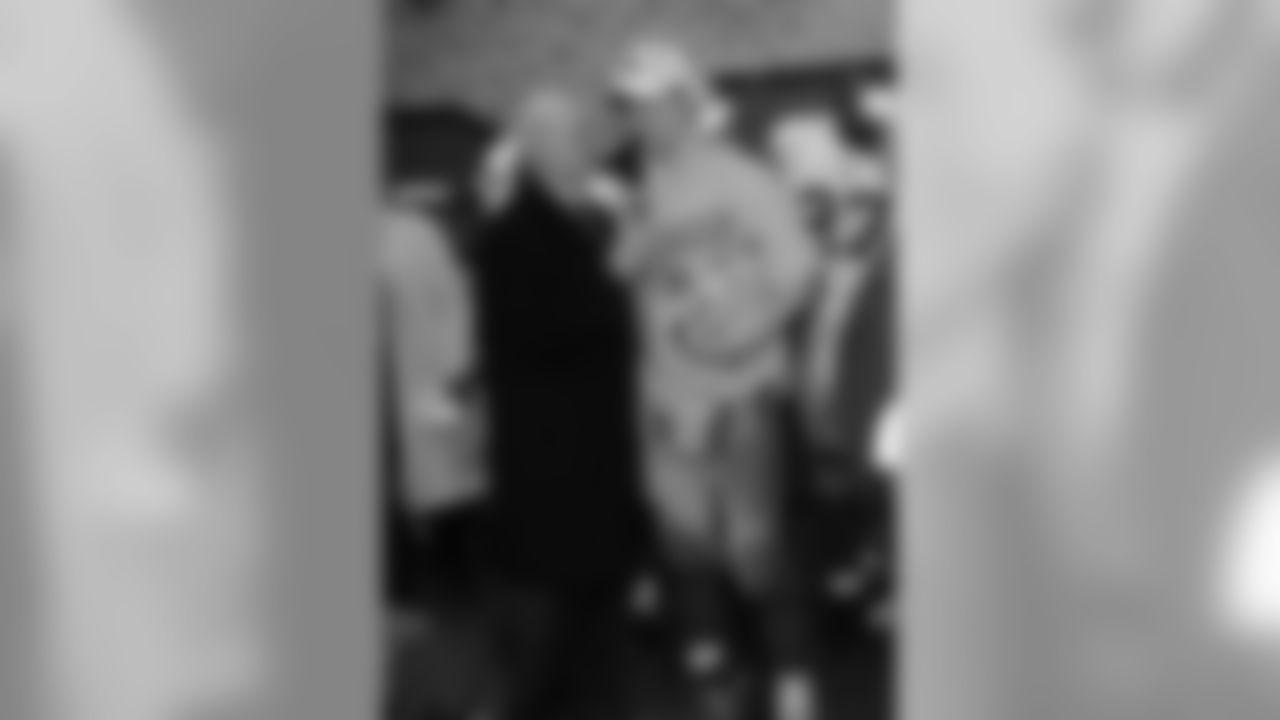
New York Giants quaterback Eli Manning (10) gets interviewed by Fox announcer Terry Bradshaw fafter winning the NFC Championship football game against the San Francisco 49ers on Sunday January 22, 2012 at Candlestick Park in San Francisco, California (AP Photo/Evan Pinkus)

New York Giants Eli Manning and Giants Chairman and Executive Vice President Steve Tisch look at the George Halas Trophy in the locker room after the Giants beat the San Francisco 49ers in overtime at the NFC Championship NFL football game Sunday, Jan. 22, 2012, in San Francisco. The Giants won 20-17 to advance to Super Bowl XLVI. (AP Photo/David J. Phillip)

New York Giants quarterback Eli Manning, left, and guard David Diehl (66) celebrate in the locker room after the NFC Championship NFL football game against the San Francisco 49ers Sunday, Jan. 22, 2012, in San Francisco. The Giants won 20-17 overtime to advance to Super Bowl XLVI. (AP Photo/David J. Phillip)
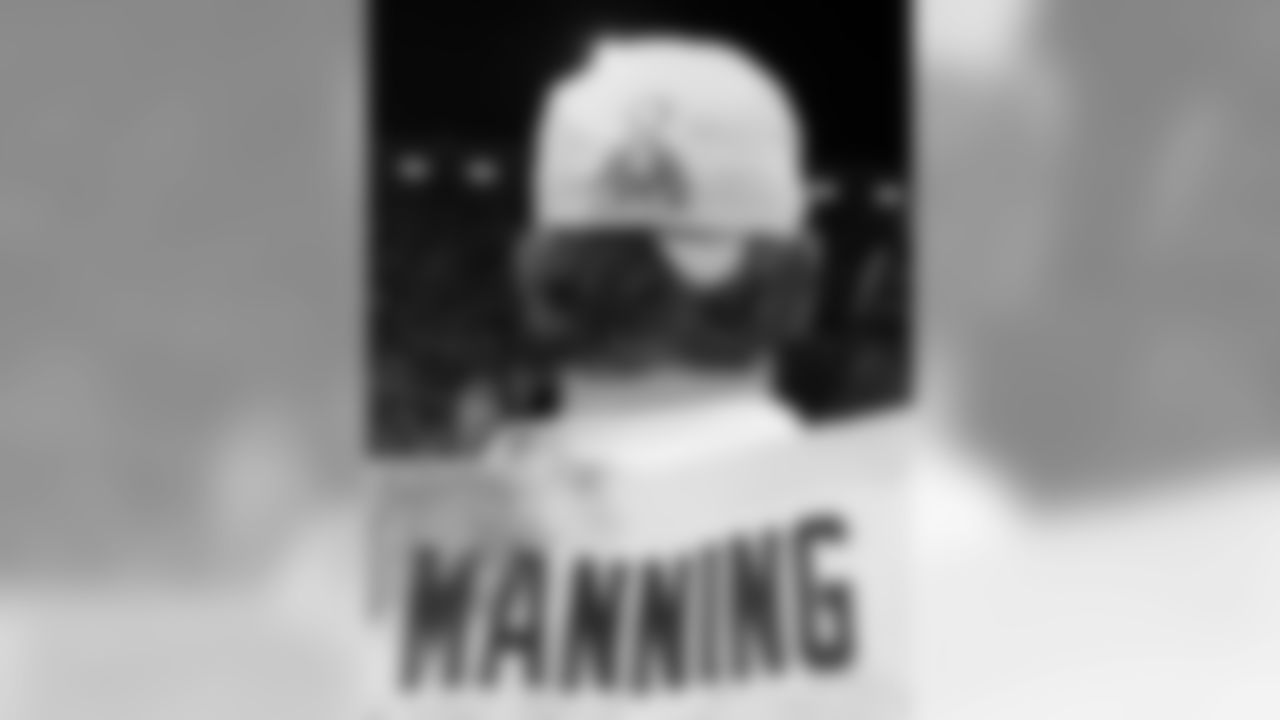
New York Giants' Eli Manning wears a Super Bowl hat after overtime of the NFC Championship NFL football game against the San Francisco 49ers Sunday, Jan. 22, 2012, in San Francisco. The Giants won 20-17 to advance to Super Bowl XLVI. (AP Photo/Julie Jacobson)

New York Giants' Eli Manning, right, celebrates with teammate Hakeem Nicks after overtime of the NFC Championship NFL football game against the San Francisco 49ers Sunday, Jan. 22, 2012, in San Francisco. The Giants won 20-17 to advance to Super Bowl XLVI. (AP Photo/Paul Sakuma)
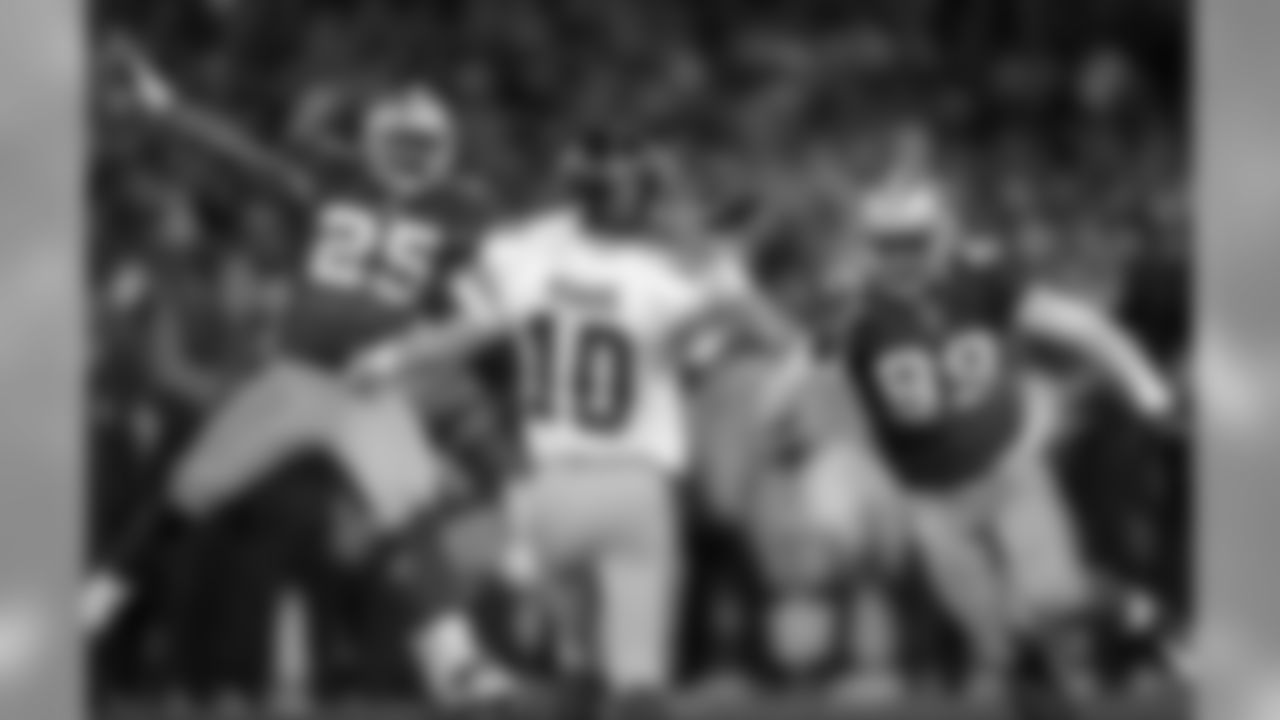
New York Giants' Eli Manning throws with San Francisco 49ers' Tarell Brown (25) and Aldon Smith (99) rushing during the second half of the NFC Championship NFL football game Sunday, Jan. 22, 2012, in San Francisco. (AP Photo/Julie Jacobson)

New York Giants quarterback Eli Manning waves to spectators after an NFL wild card playoff football game against the Atlanta Falcons Sunday, Jan. 8, 2012, in East Rutherford, N.J. The Giants defeated the Falcons 24-2. (AP Photo/Matt Slocum)

New York Giants quarterback Eli Manning waves to spectators after an NFL wild card playoff football game against the Atlanta Falcons Sunday, Jan. 8, 2012, in East Rutherford, N.J. The Giants defeated the Falcons 24-2. (AP Photo/Matt Slocum)
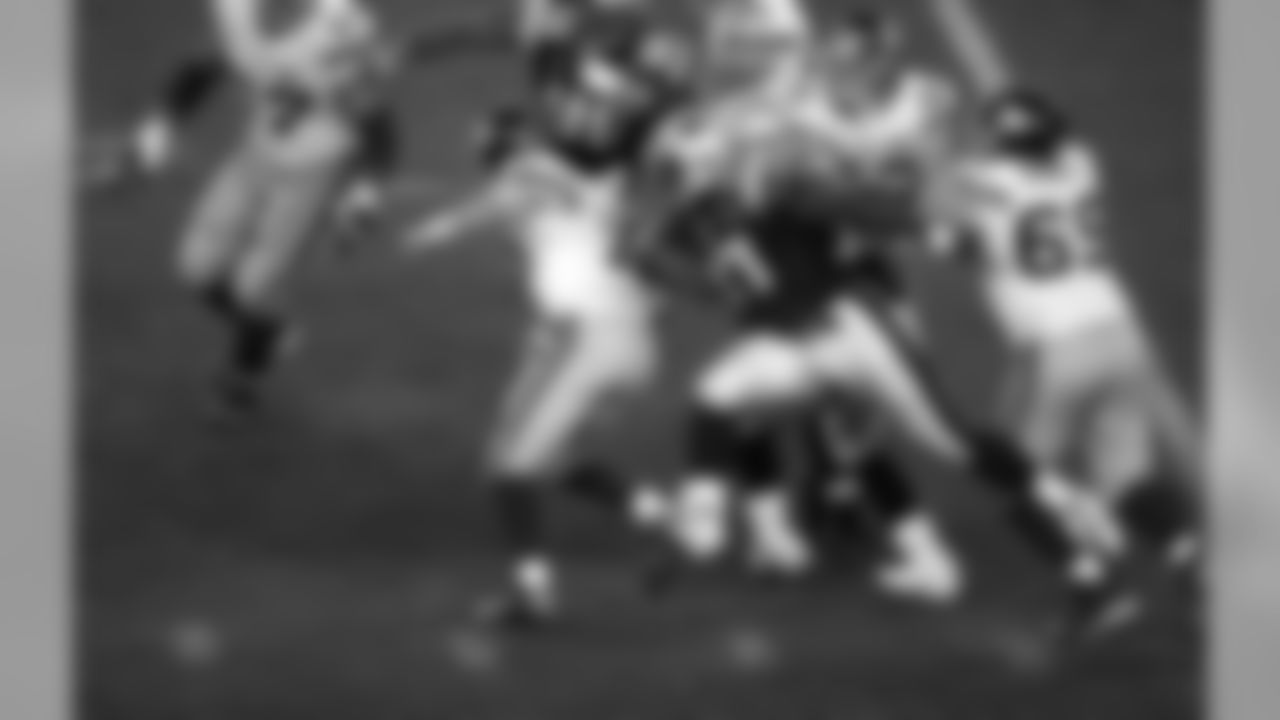
New York Giants QB Eli Manning #10 evades pressure against the New England Patriots during the Super Bowl XLII football game at University of Phoenix Stadium on Sunday, Feb. 3, 2008 in Glendale, Ariz. Manning escaped pressure and completed a 32-yard miracle pass to David Tyree on the play, setting up the Giants winning TD. (AP Photo/Charlie Riedel)
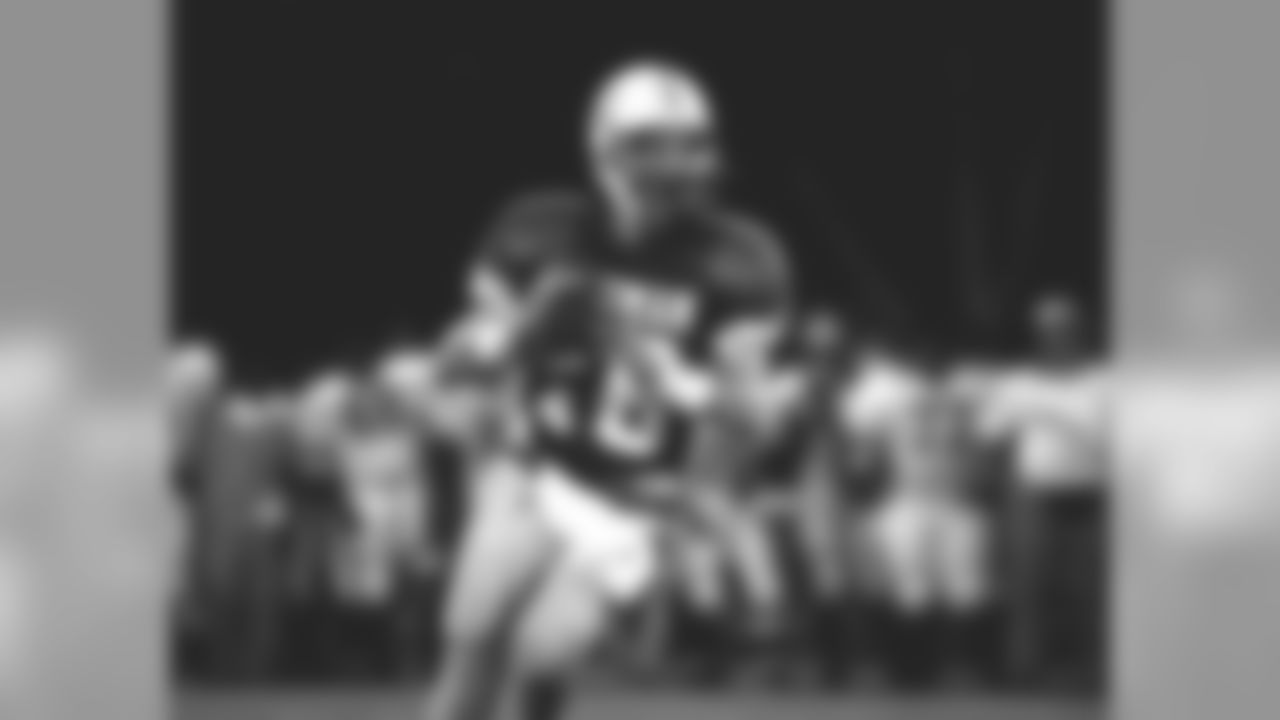
Newman High School junior quarterback Eli Manning fades back to pass during a game against Warren Easton in New Orleans Sept. 12, 1997. Eli is the son of former Saints quarterback Archie, and brother to University of Tennessee quarterback Peyton Manning. (AP Photo/David Rae Morris)
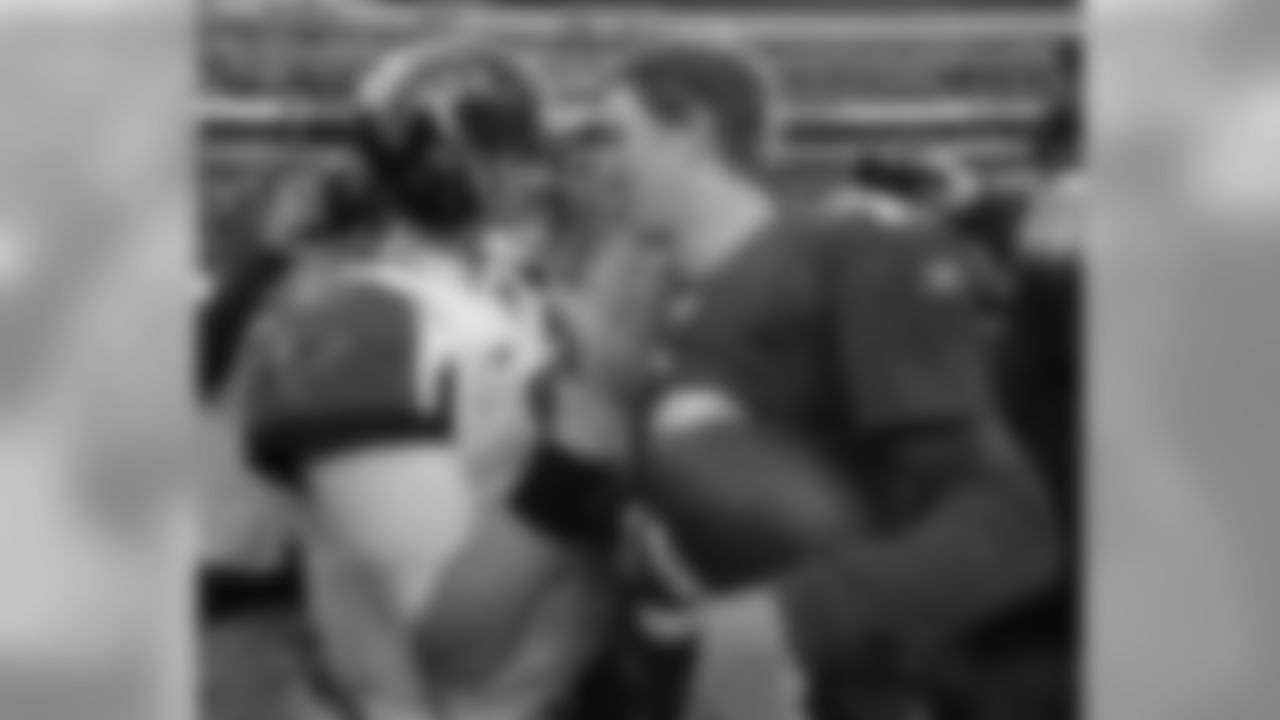
New York Giants quarterback Eli Manning, right, chats with Atlanta Falcons quarterback Matt Ryan after their NFL wild card playoff football game against the Atlanta Falcons Sunday, Jan. 8, 2012, in East Rutherford, N.J. The Giants defeated the Falcons 24-2. (AP Photo/Matt Slocum)
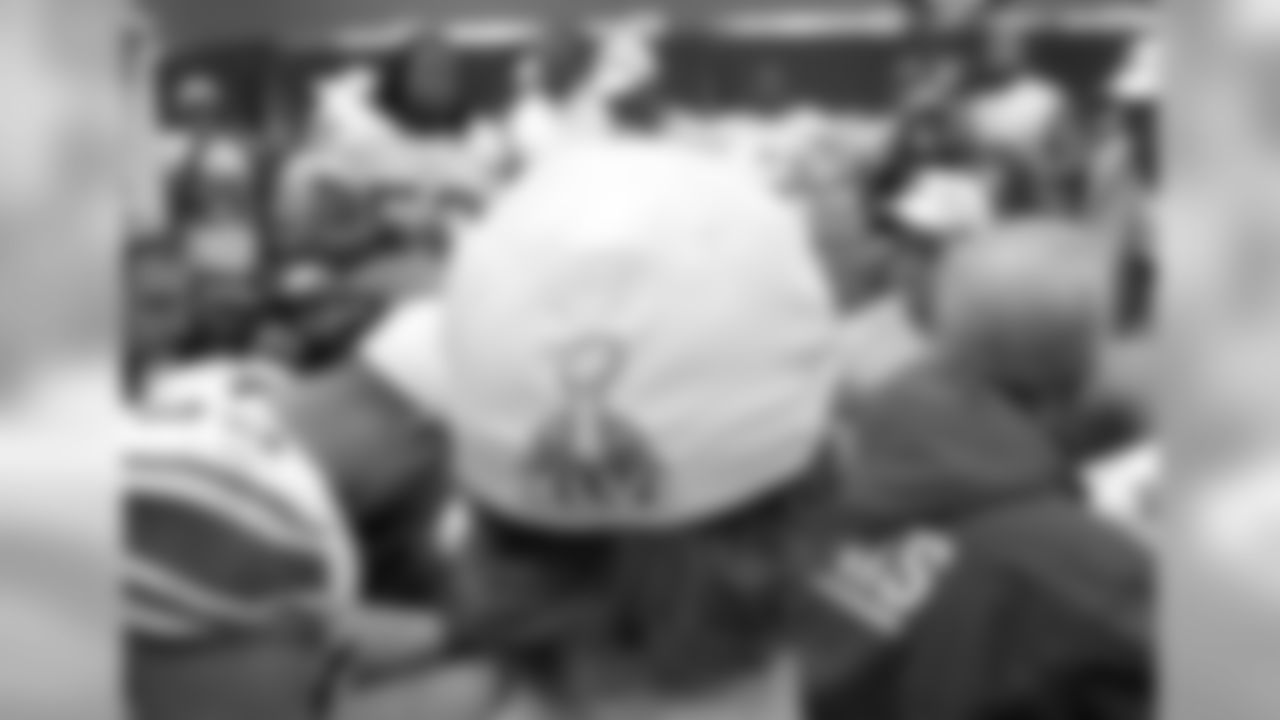
New York Giants' Eli Manning wears a Super Bowl hat in the locker room after overtime of the NFC Championship NFL football game against the San Francisco 49ers Sunday, Jan. 22, 2012, in San Francisco. The Giants won 20-17 to advance to Super Bowl XLVI. (AP Photo/David J. Phillip)
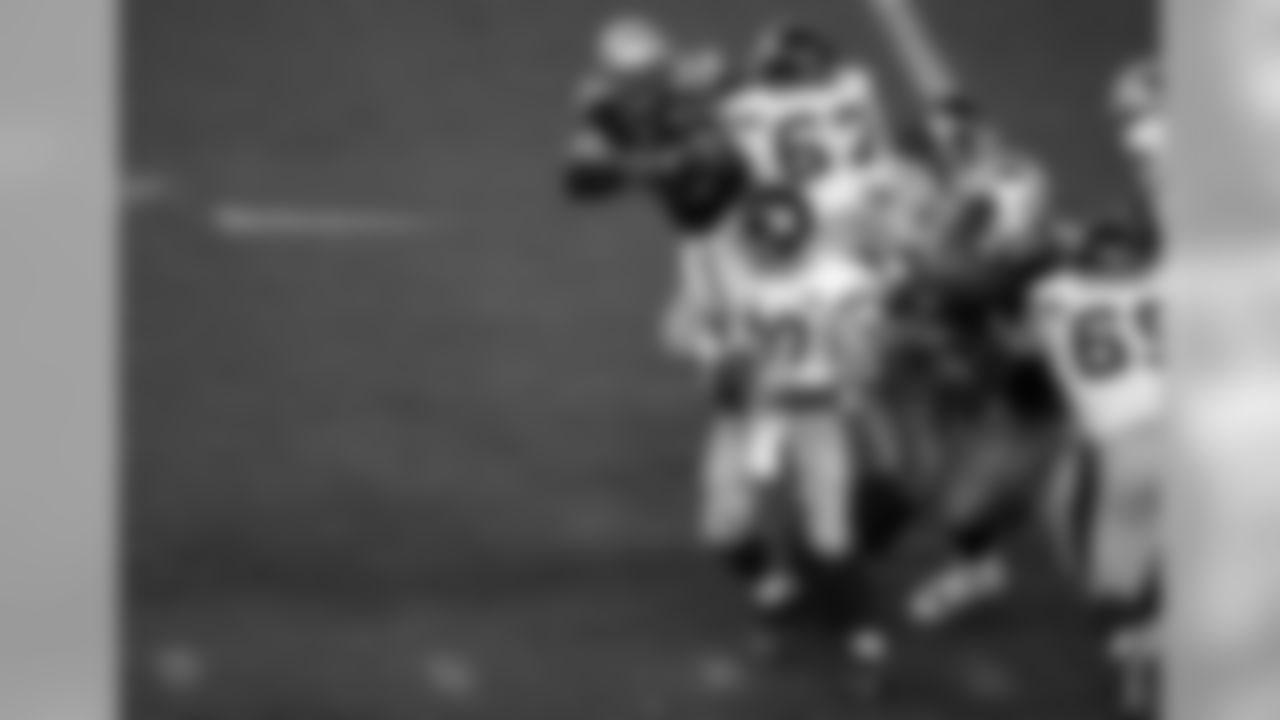
New York Giants QB Eli Manning #10 evades pressure against the New England Patriots during the Super Bowl XLII football game at University of Phoenix Stadium on Sunday, Feb. 3, 2008 in Glendale, Ariz. Manning escaped pressure and completed a 32-yard miracle pass to David Tyree on the play, setting up the Giants winning TD. (AP Photo/Charlie Riedel)

At the front of the float, from left, defensive end Michael Strahan, New York Mayor Michael Bloomberg, coach Tom Coughlin, and MVP quarterback Eli Manning show off the Vince Lombardi Trophy to a throng of fans as the Super Bowl Champion New York Giants receive a ticker tape parade in lower Manhattan through the "Canyon of Heroes" Tuesday, Feb. 5, 2008 in New York. (AP Photo/Jason DeCrow)
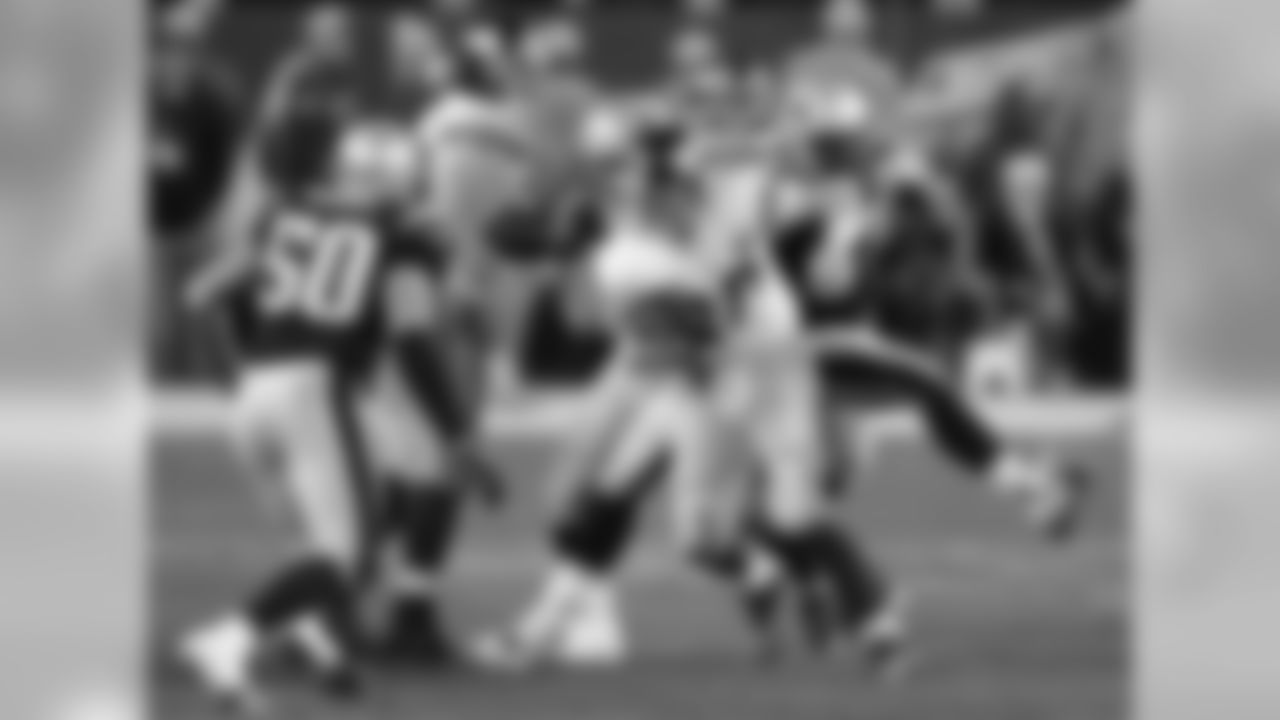
New York Giants quarterback Eli Manning scrambles away from New England Patriots defenders on third-and-5 before launching a 32-yard pass to David Tyree with 1:15 left in the fourth quarter during the Super Bowl XLII football game Sunday, Feb. 3, 2008 in Glendale, Ariz. Tyree's reception set up the Giants final. The Giants won 17-14. (AP Photo/Elaine Thompson)
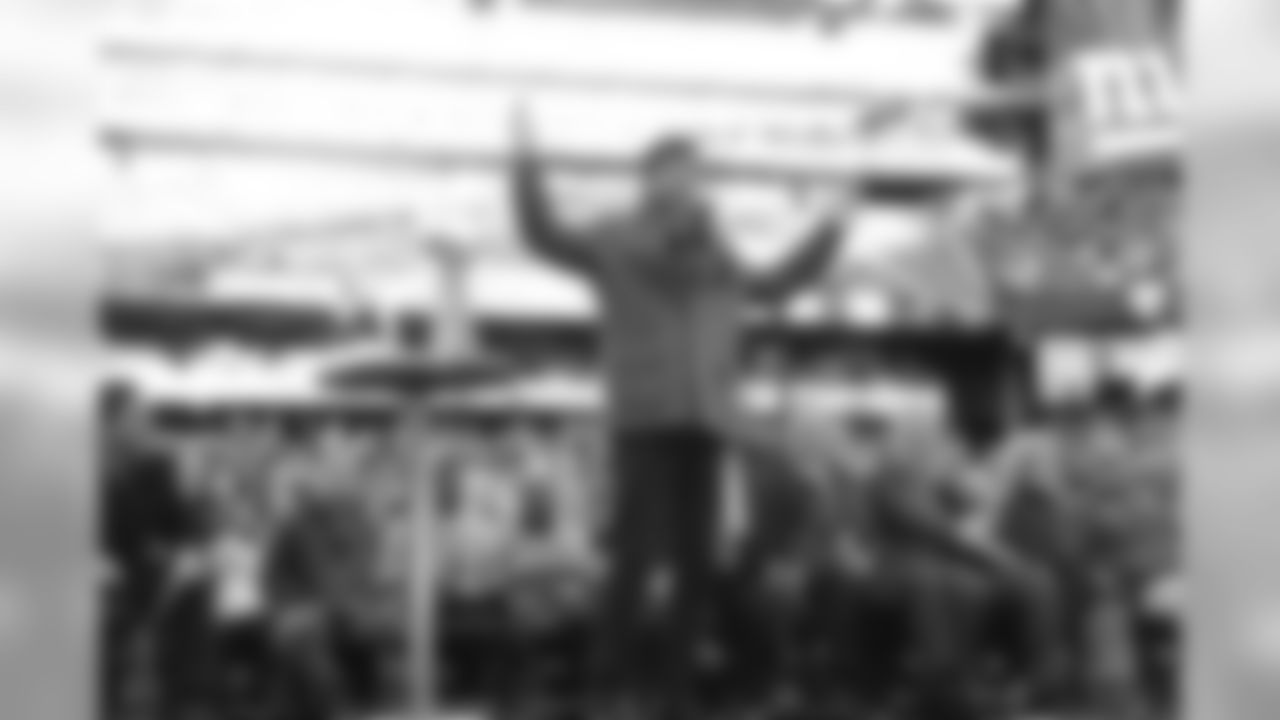
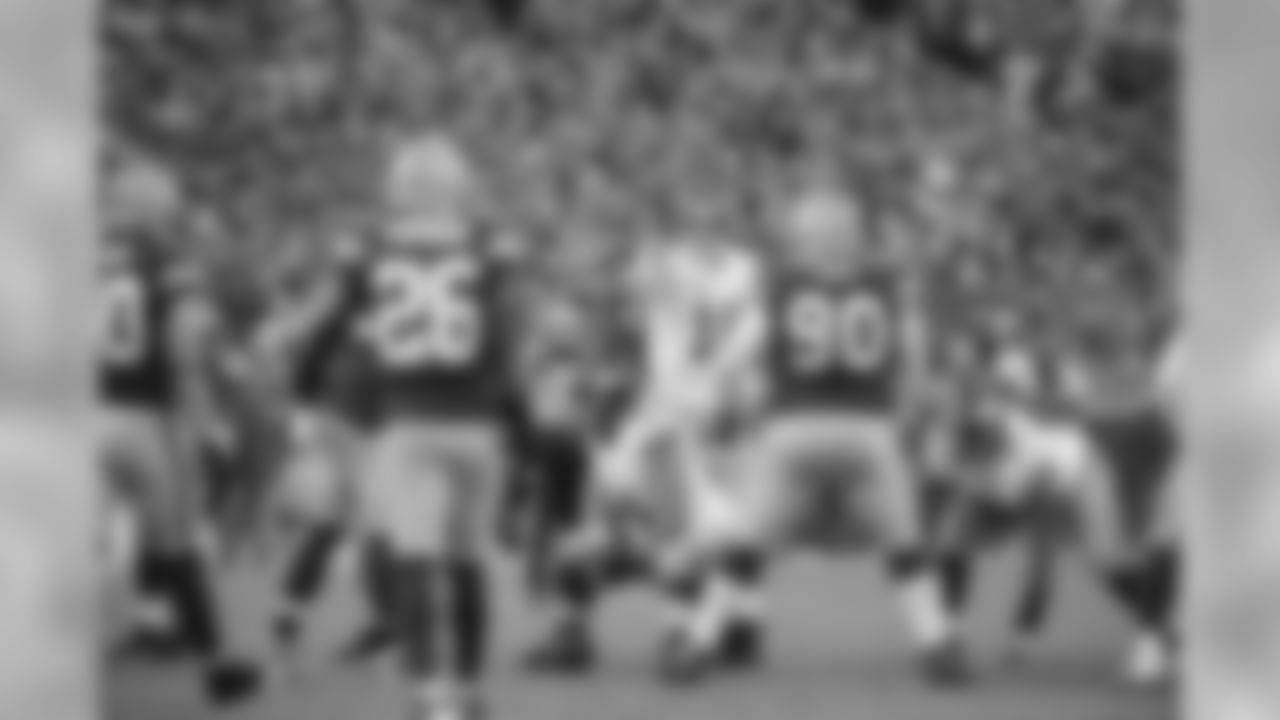

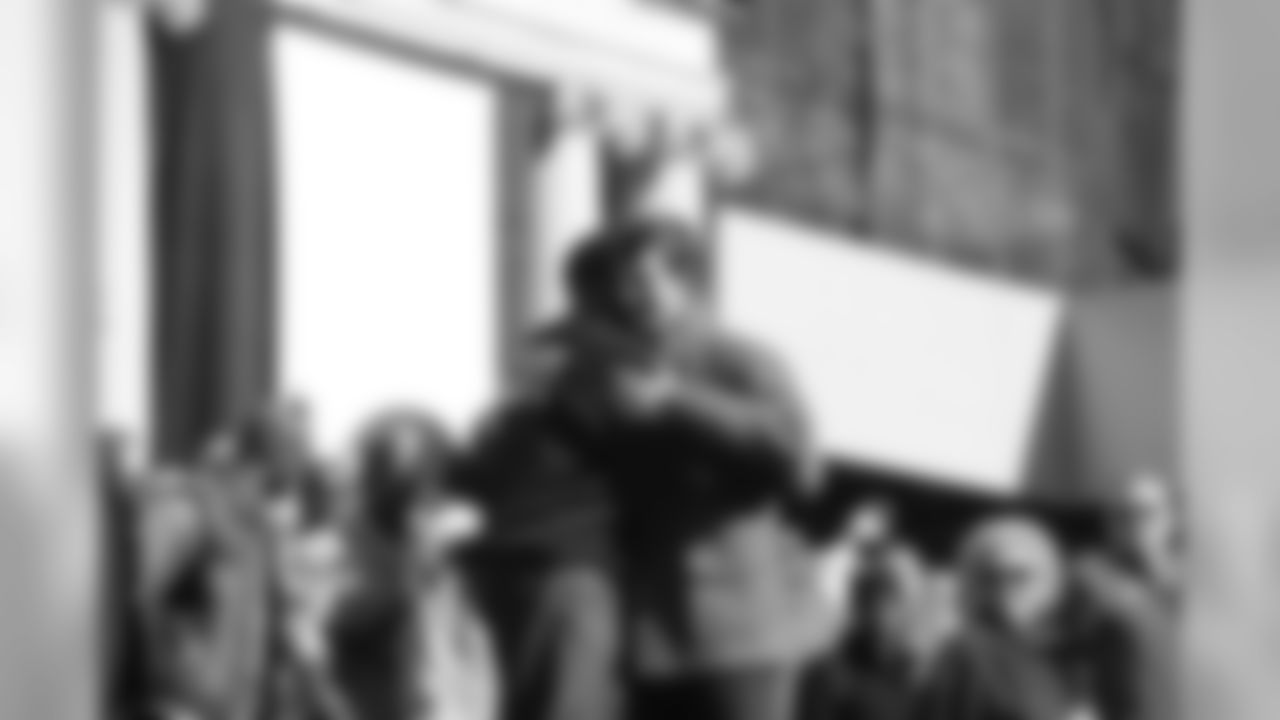
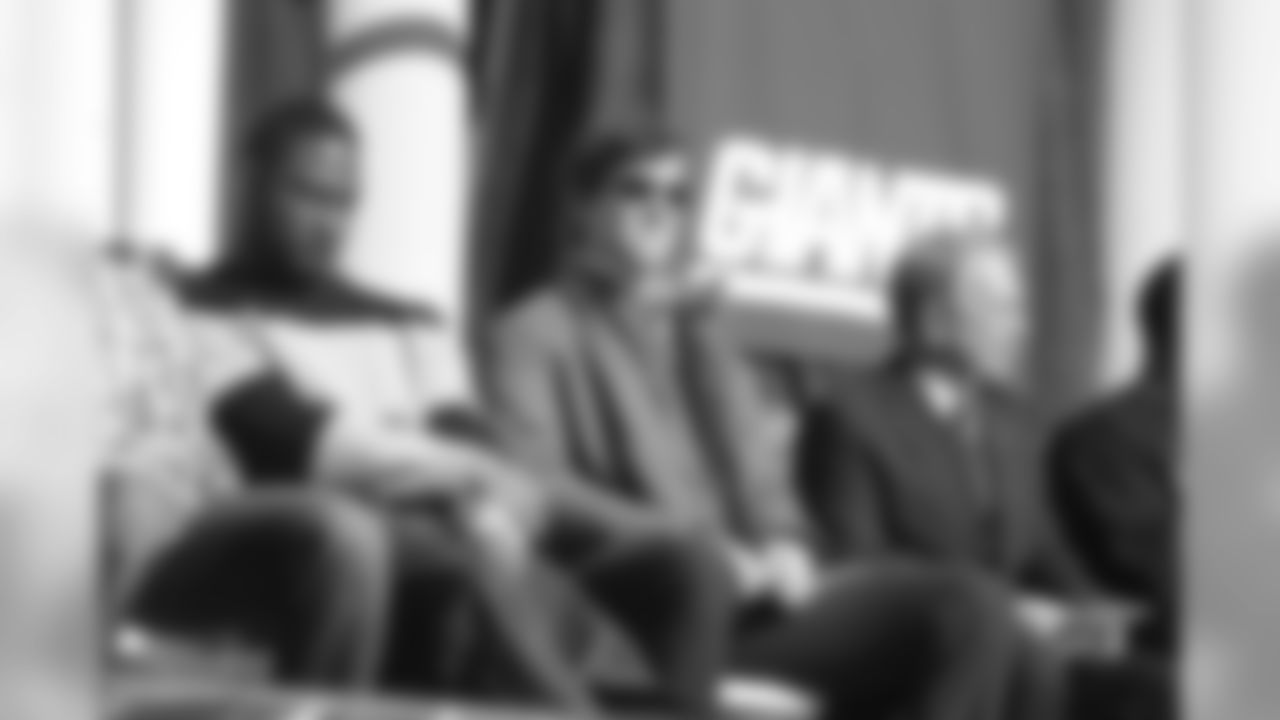

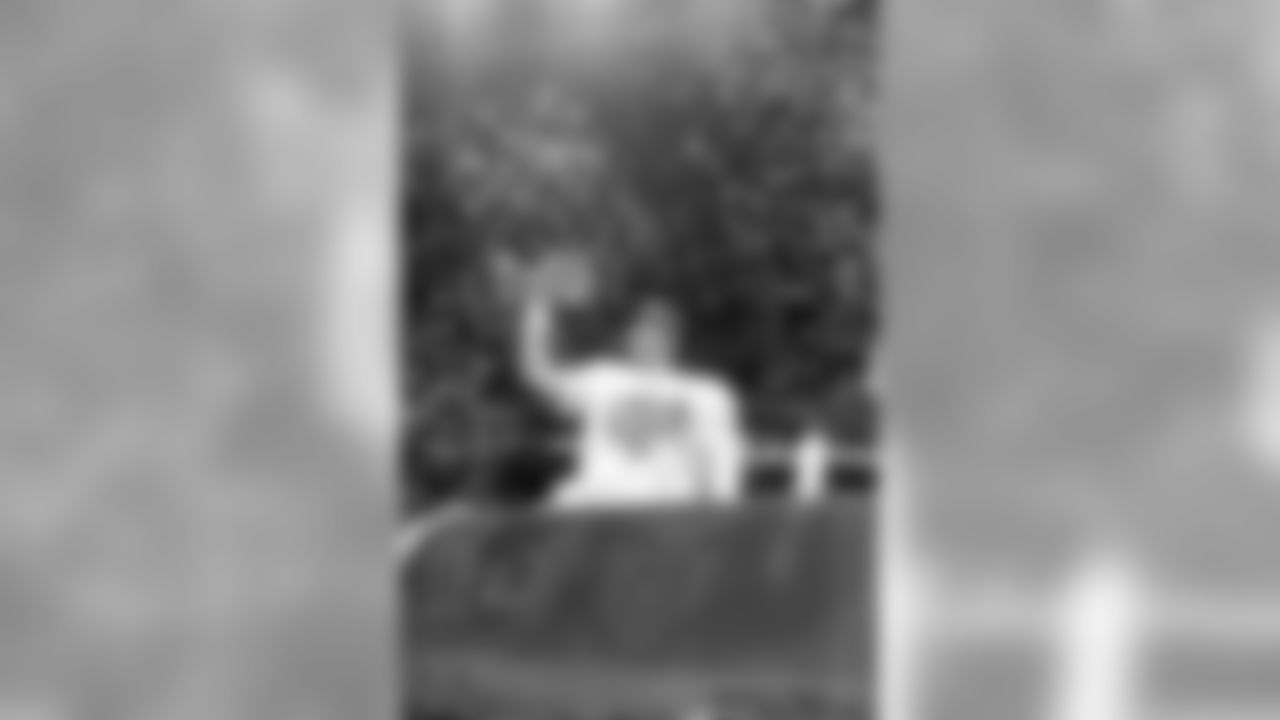
New York Giants quaterback Eli Manning celebrates with the Vince Lombardi trophy after winning the NFL Super Bowl XLVI against the New England Patriots, Sunday, Feb. 5, 2012, in Indianapolis

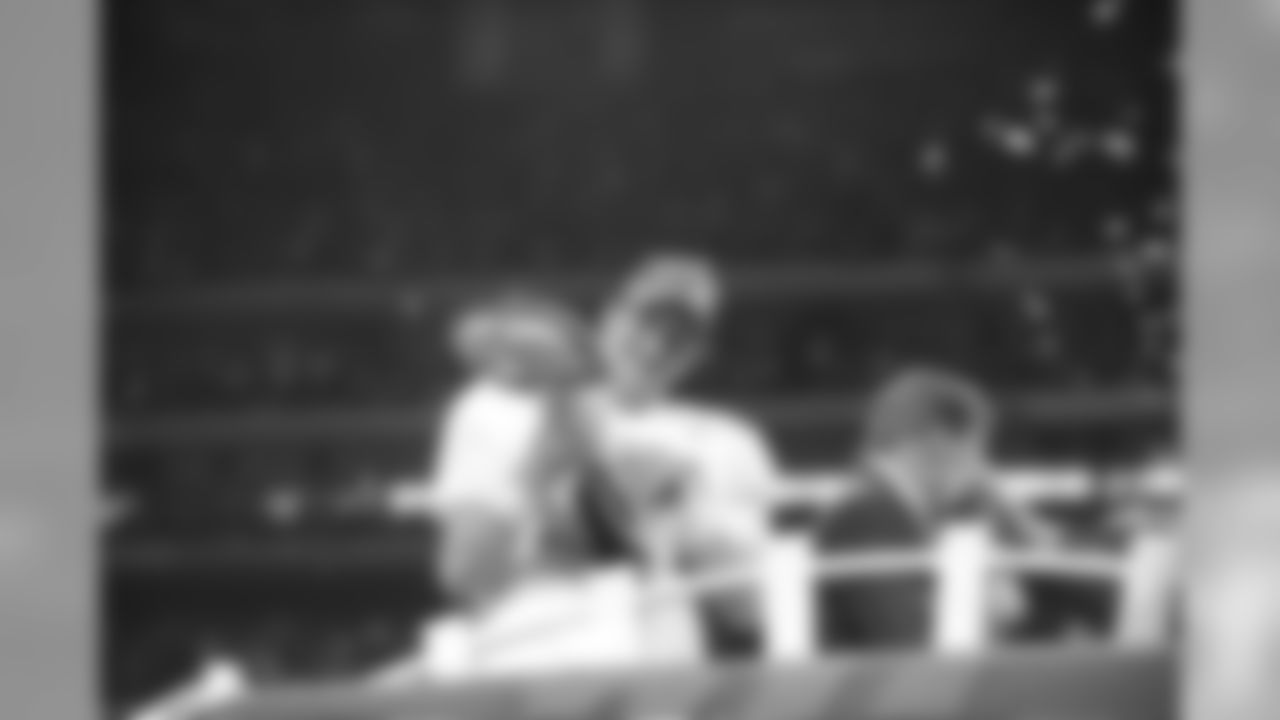
Eli Manning during Super Bowl 46 in Lucas Oli Stadium in Indianapolis, IN.

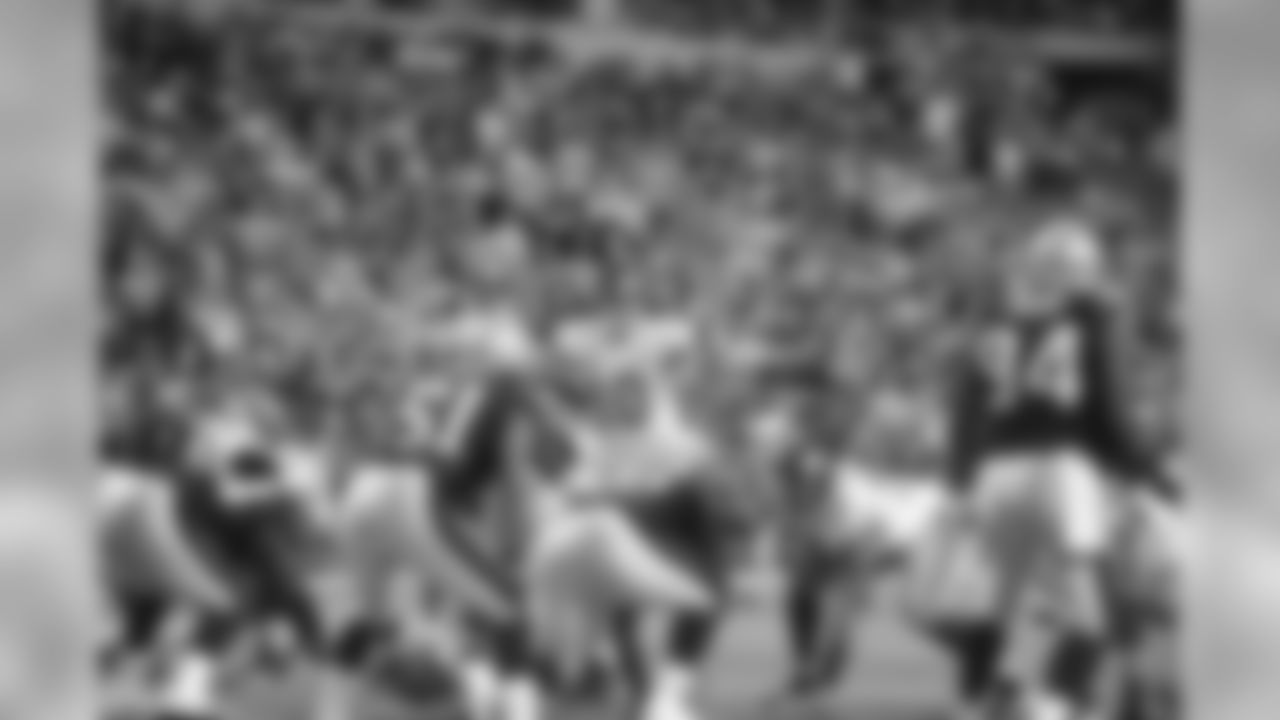

New York Giants quaterback Eli Manning celebrates with the Vince Lombardi trophy after winning the NFL Super Bowl XLVI against the New England Patriots, Sunday, Feb. 5, 2012, in Indianapolis
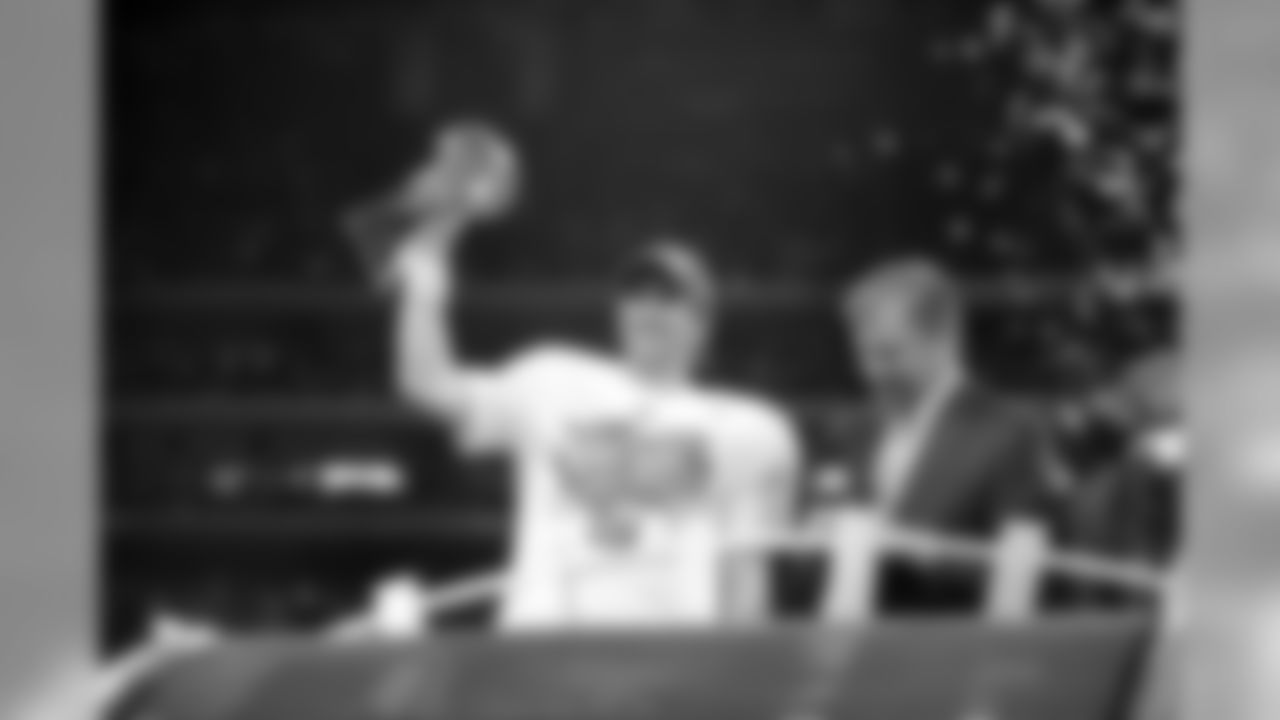
New York Giants quaterback Eli Manning celebrates with the Vince Lombardi trophy after winning the NFL Super Bowl XLVI against the New England Patriots, Sunday, Feb. 5, 2012, in Indianapolis

New York Giants quaterback Eli Manning celebrates with the Vince Lombardi trophy after winning the NFL Super Bowl XLVI against the New England Patriots, Sunday, Feb. 5, 2012, in Indianapolis
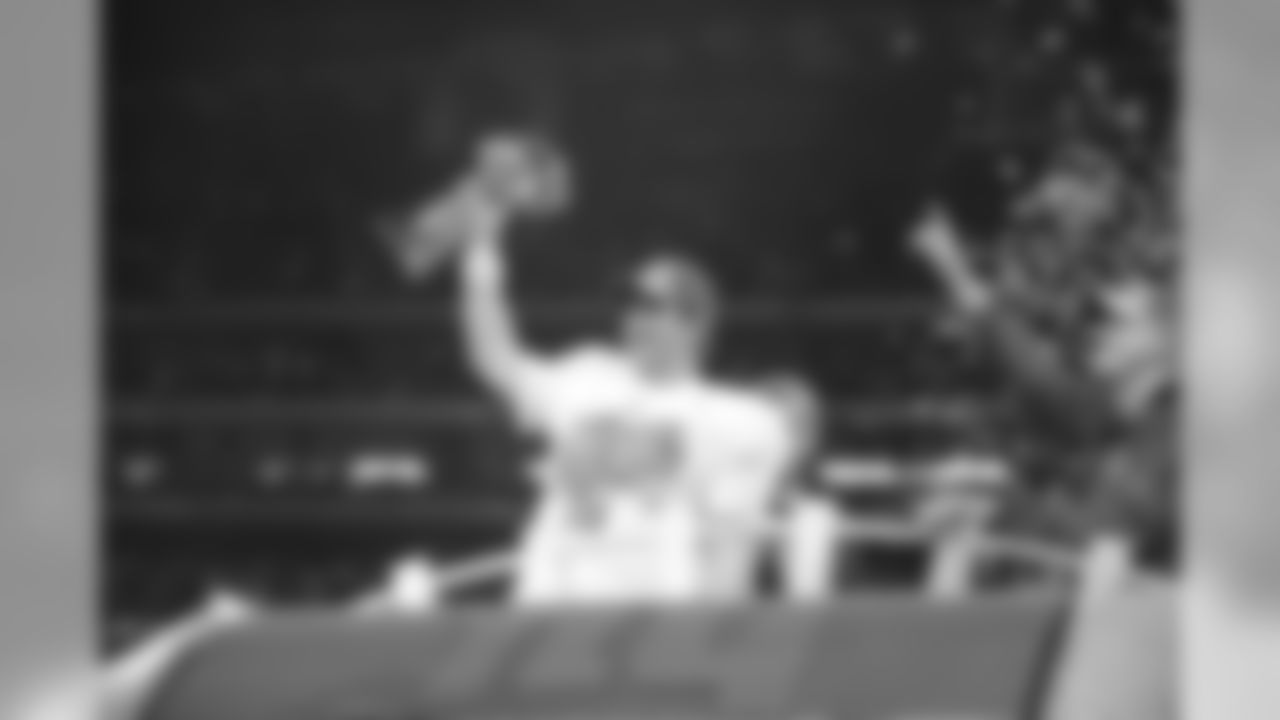
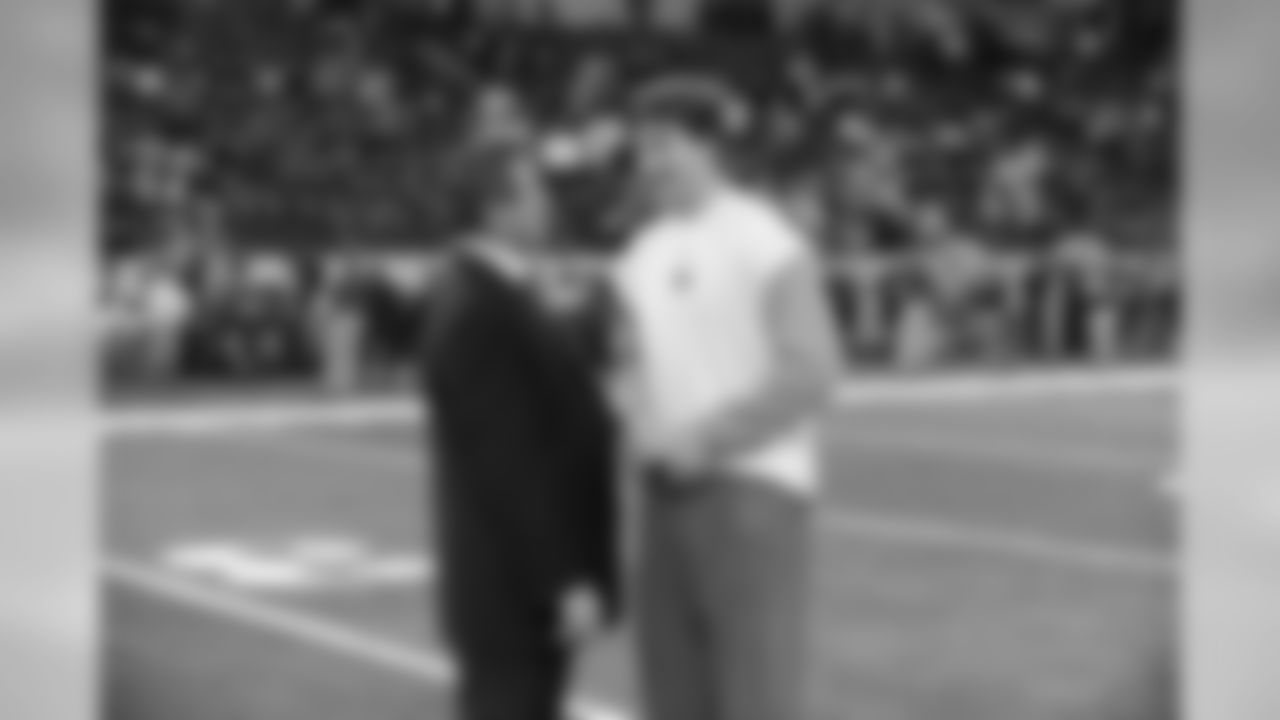
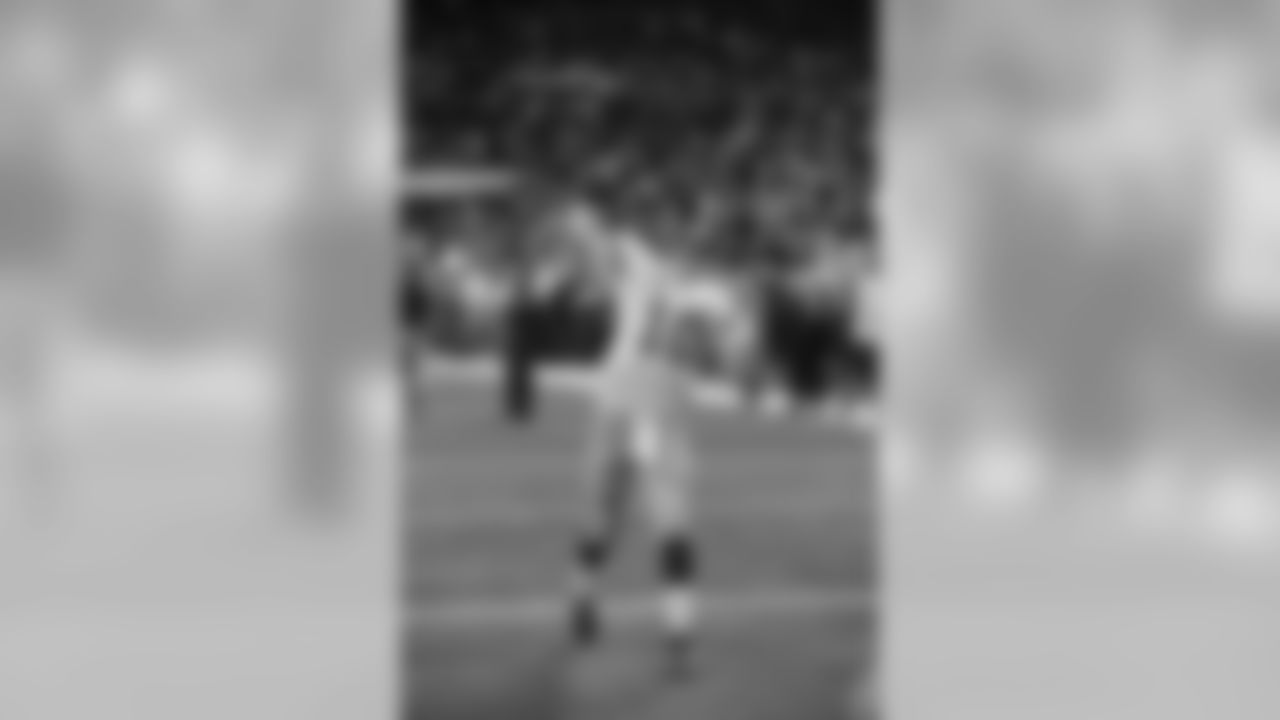


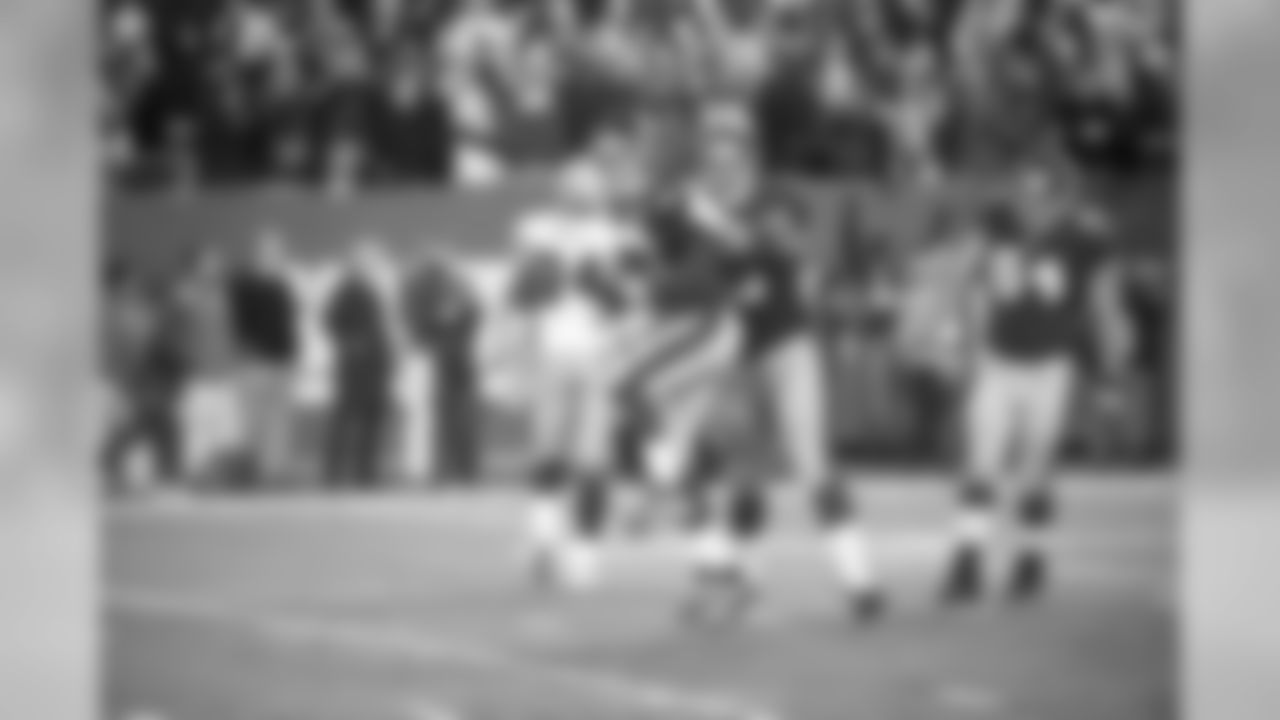
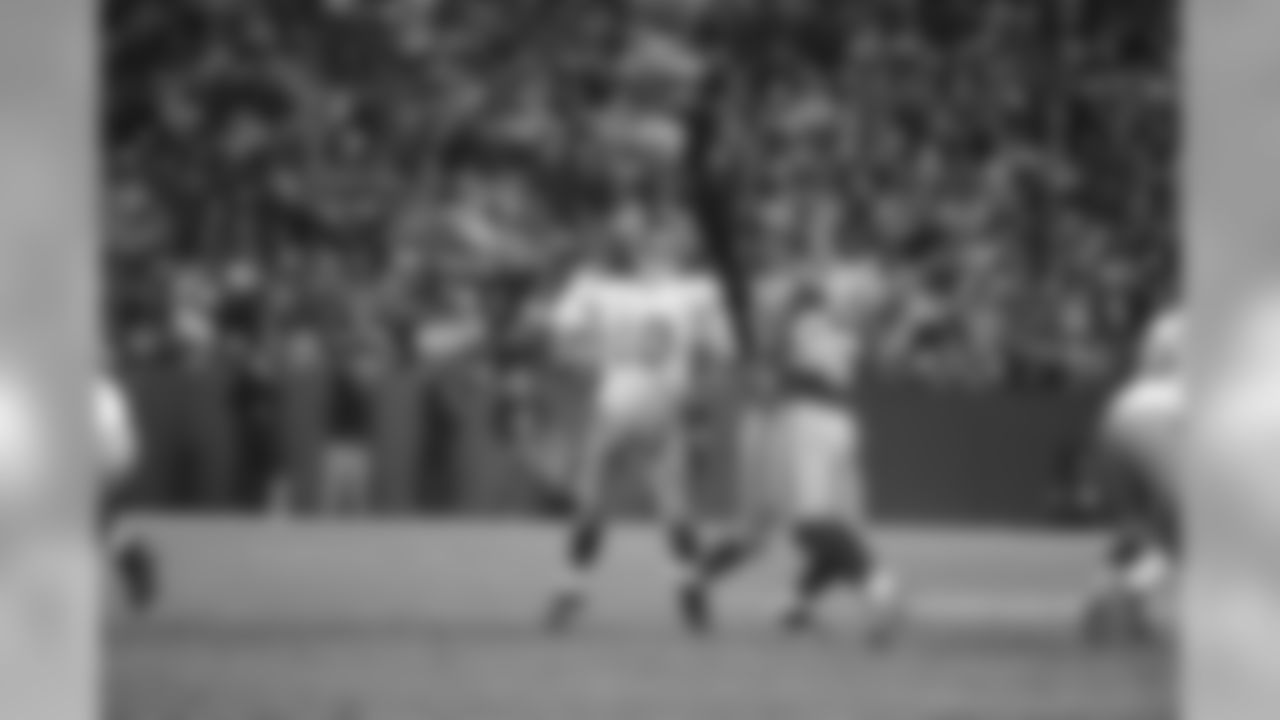
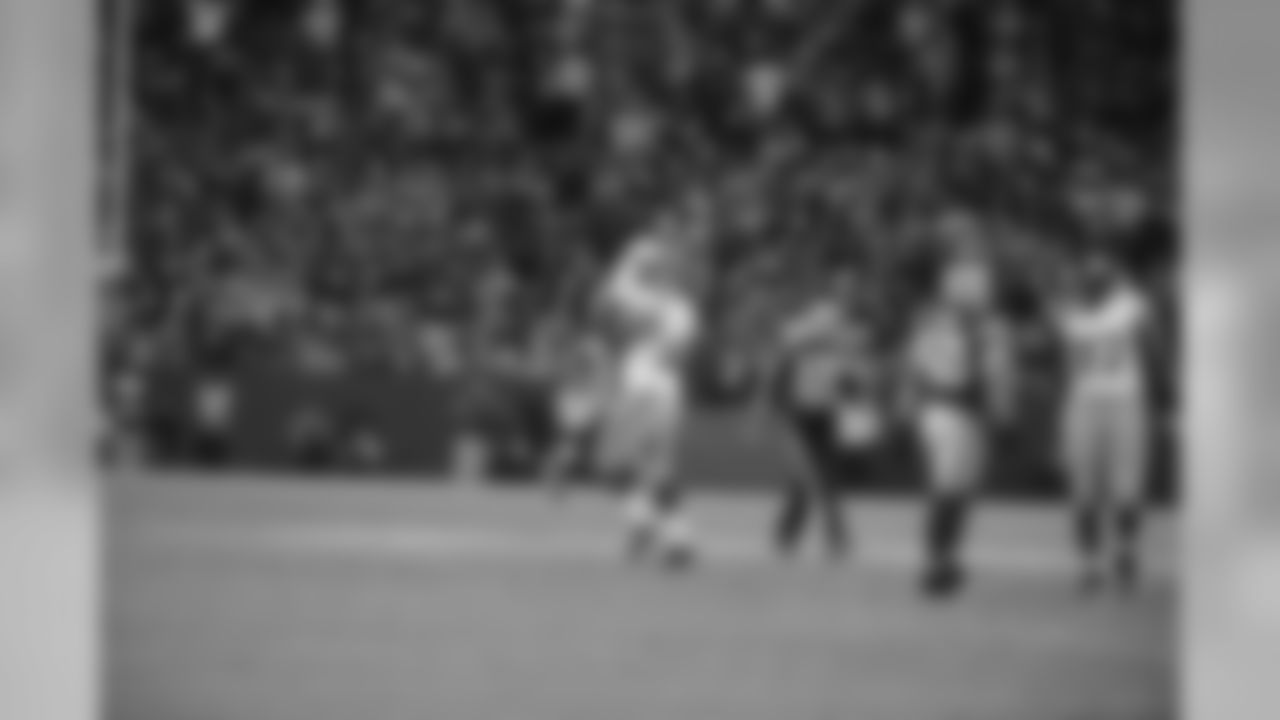
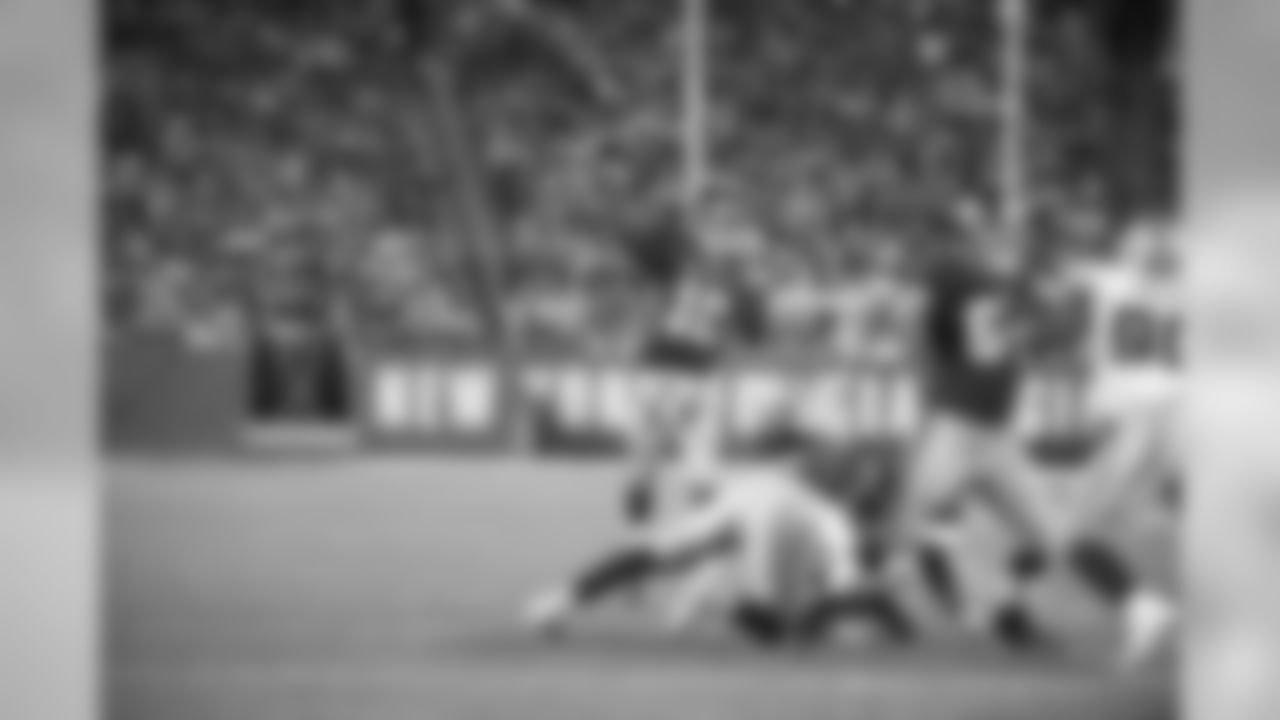

Eli Manning's last start
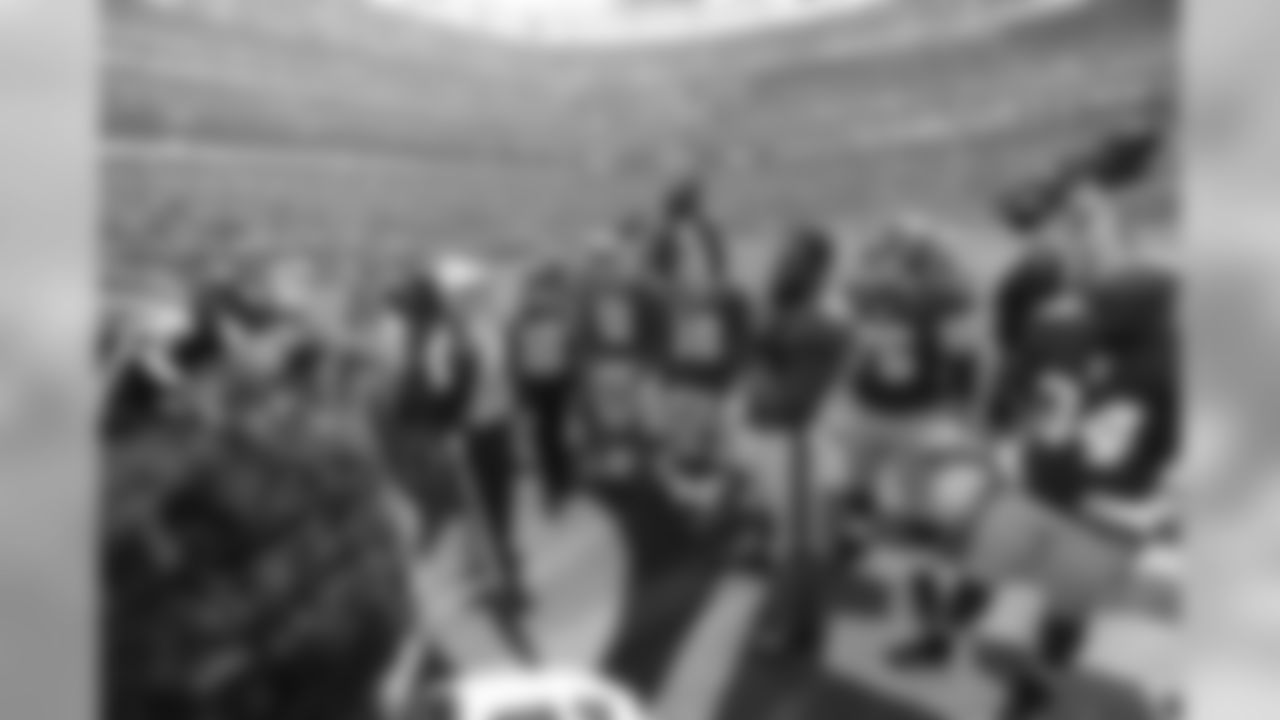
New York Giants vs. Atlanta Falcons 2011 Wild Card Game
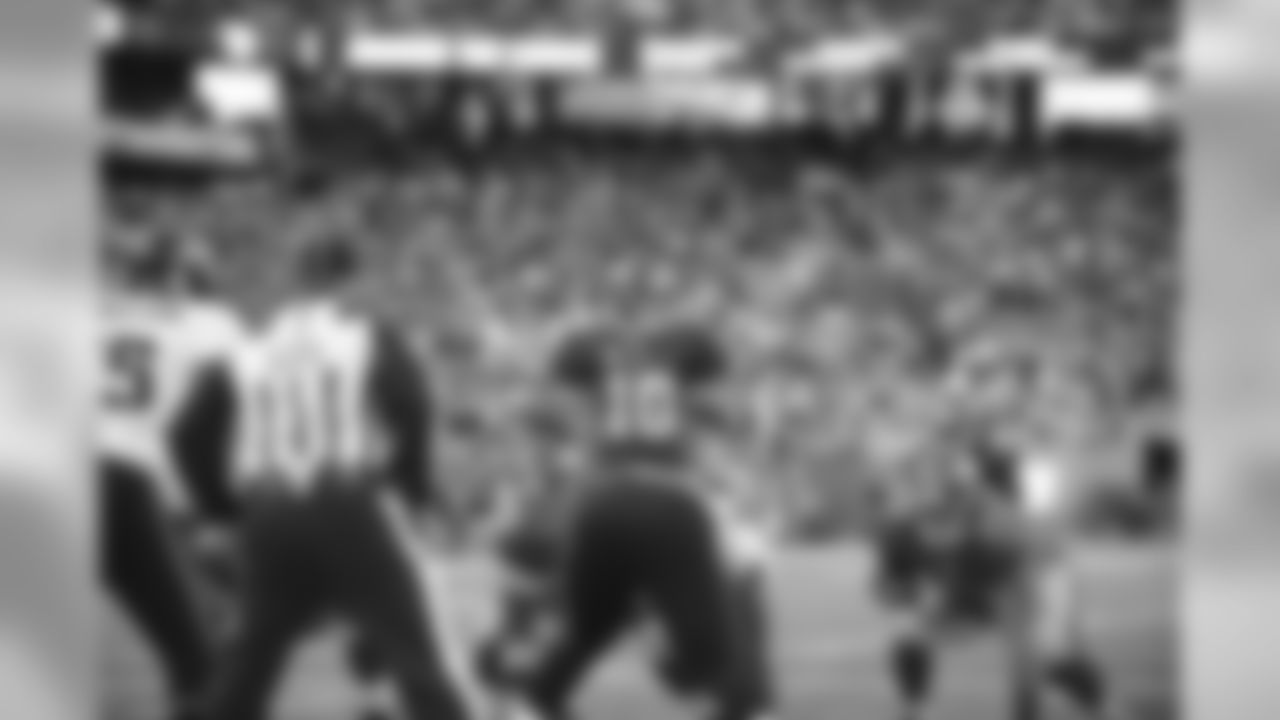
New York Giants against the Philadelphia Eagles in a week 15 NFL football game at the New Meadowlands Stadium in East Rutherford, New Jersey on Sunday December 19, 2010 (AP Photo/Evan Pinkus)
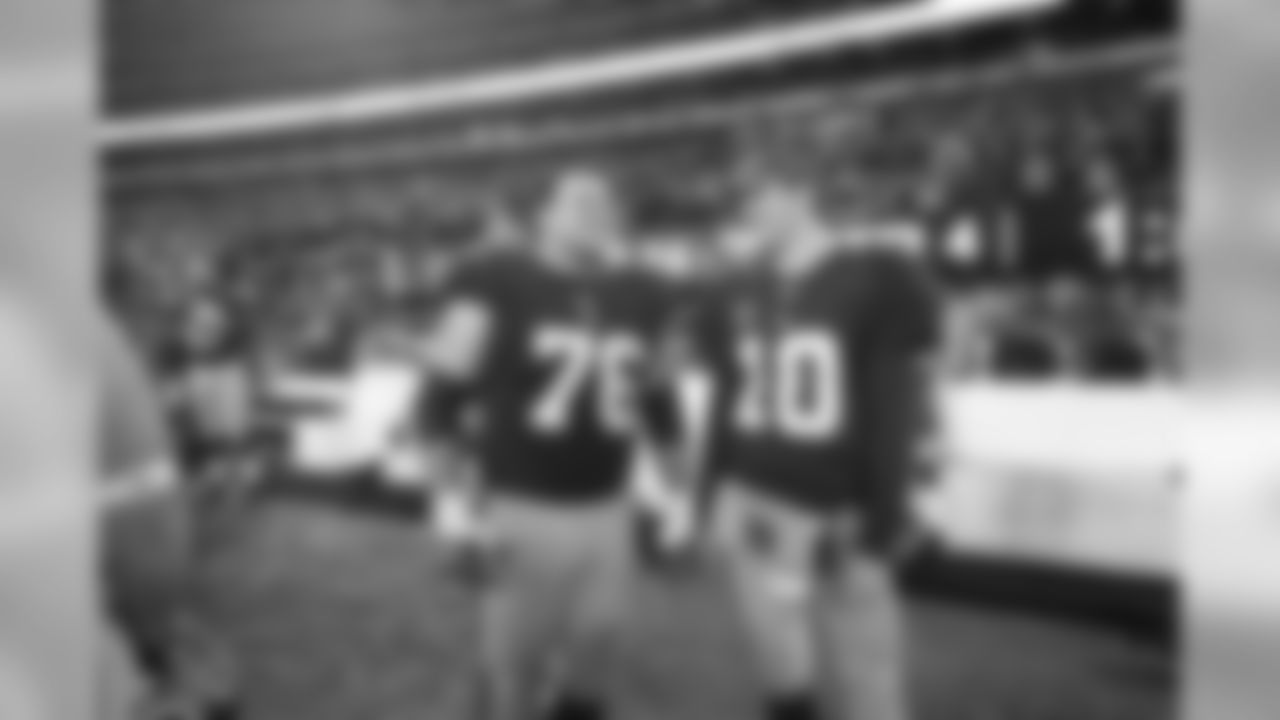

New York Giants during a week 7 football game against the Minnesota Vikings on October 21, 2013 in East Rutherford, NJ (AP Photo/Evan Pinkus)
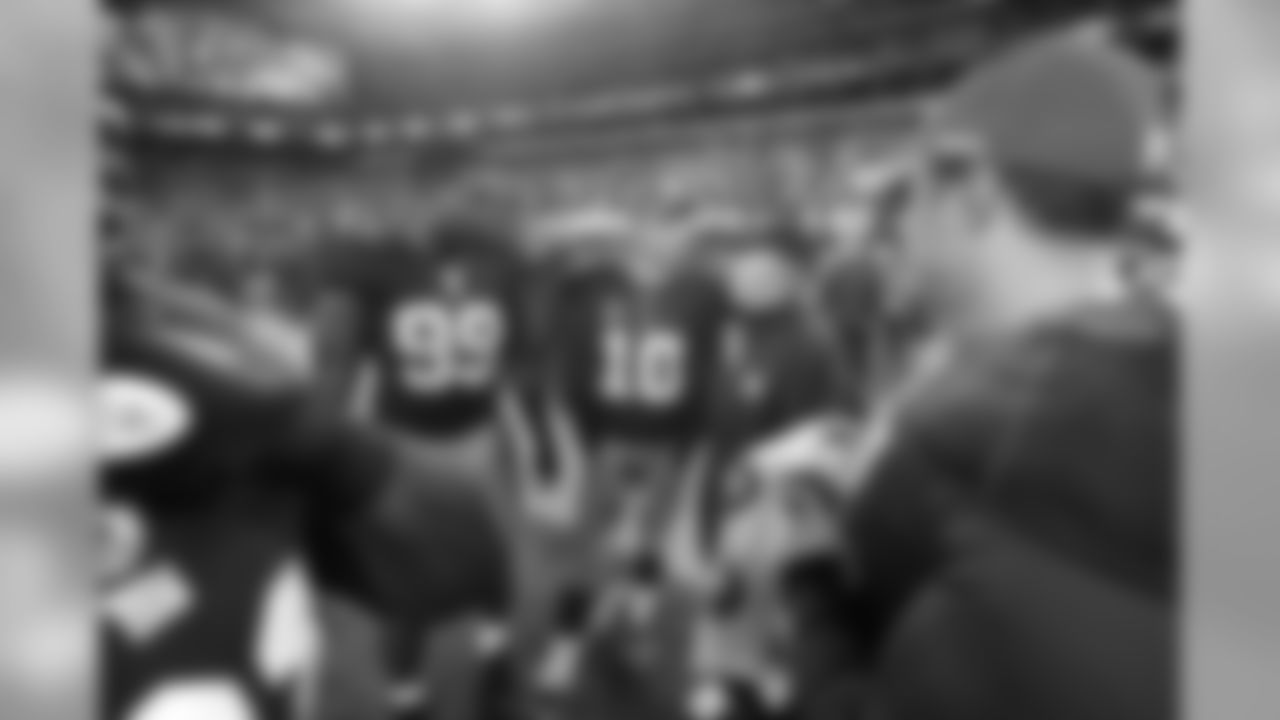
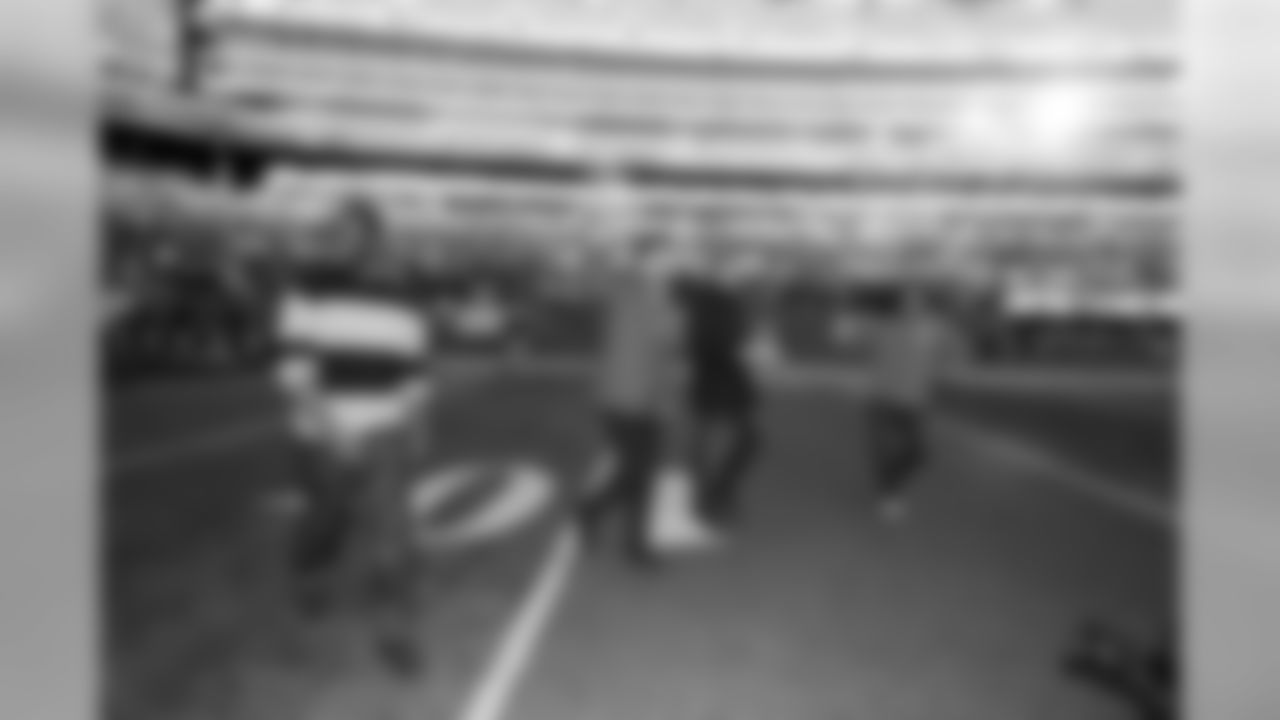
New York Giants Superbwl MVP quaterback Eli Manning walks on to the field at Met Life Stadium to celebrate winning Superbowl XLVI with the fans, Tuesday Feb. 7, 2012, in East Rutherford, N.J. (AP Photo/EvanPinkus)
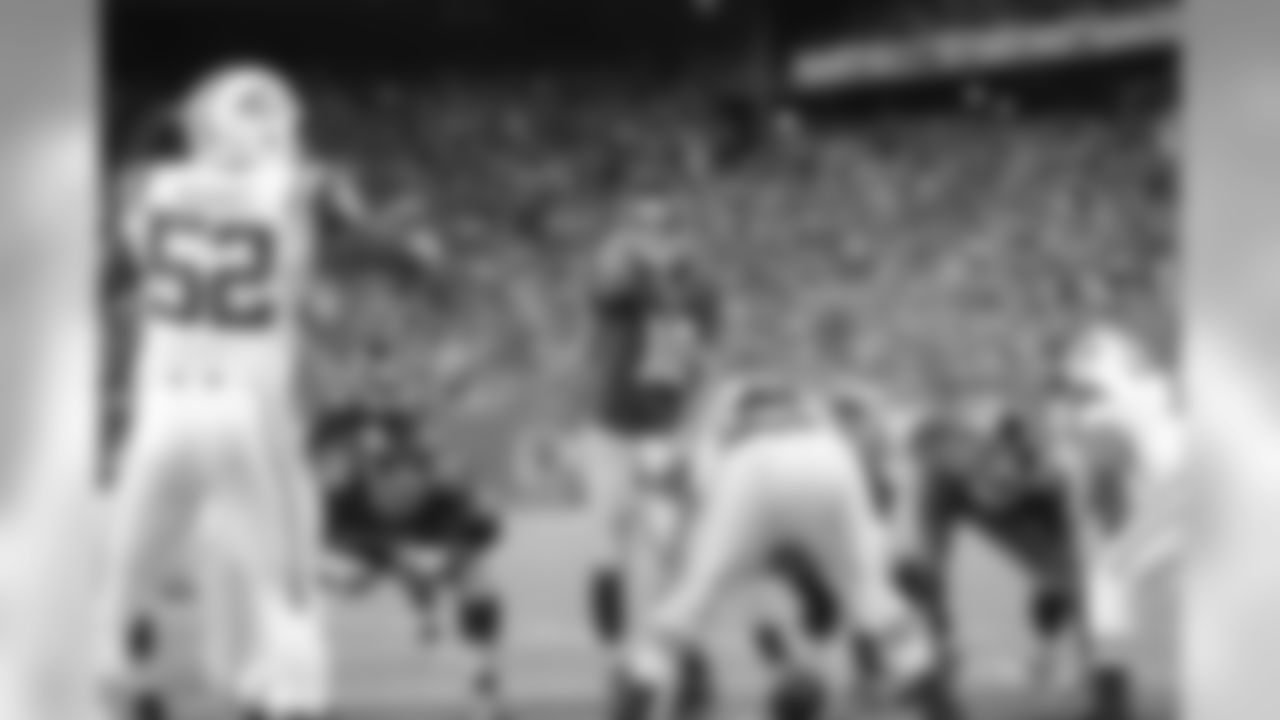
New York Giants during a preseason football game against the New York Jets on August 24, 2013 in East Rutherford, New Jersey (AP Photo/Evan Pinkus)
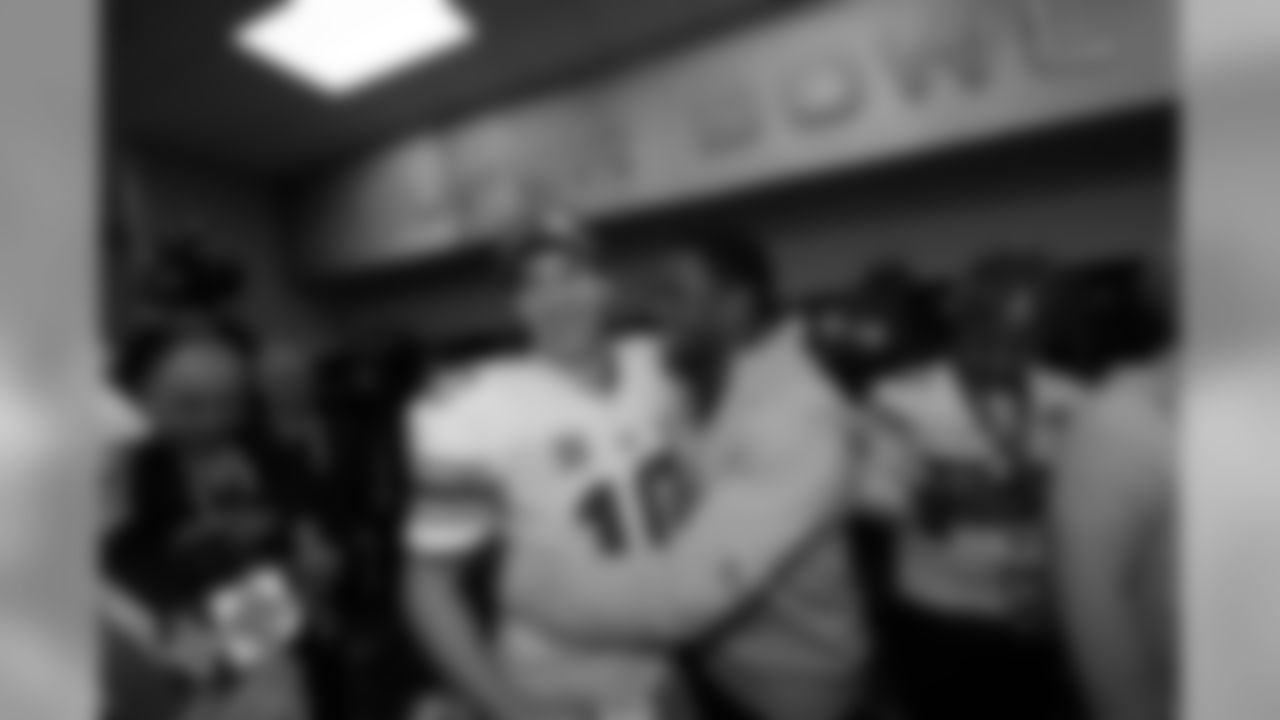
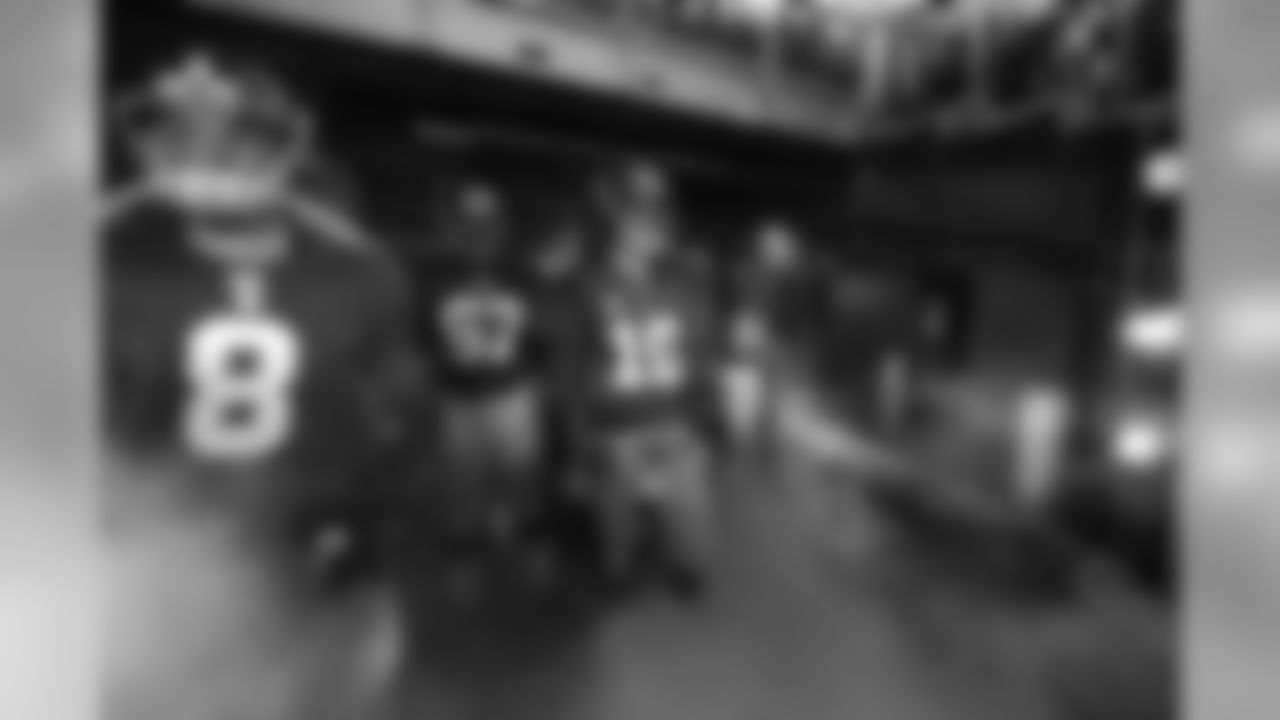

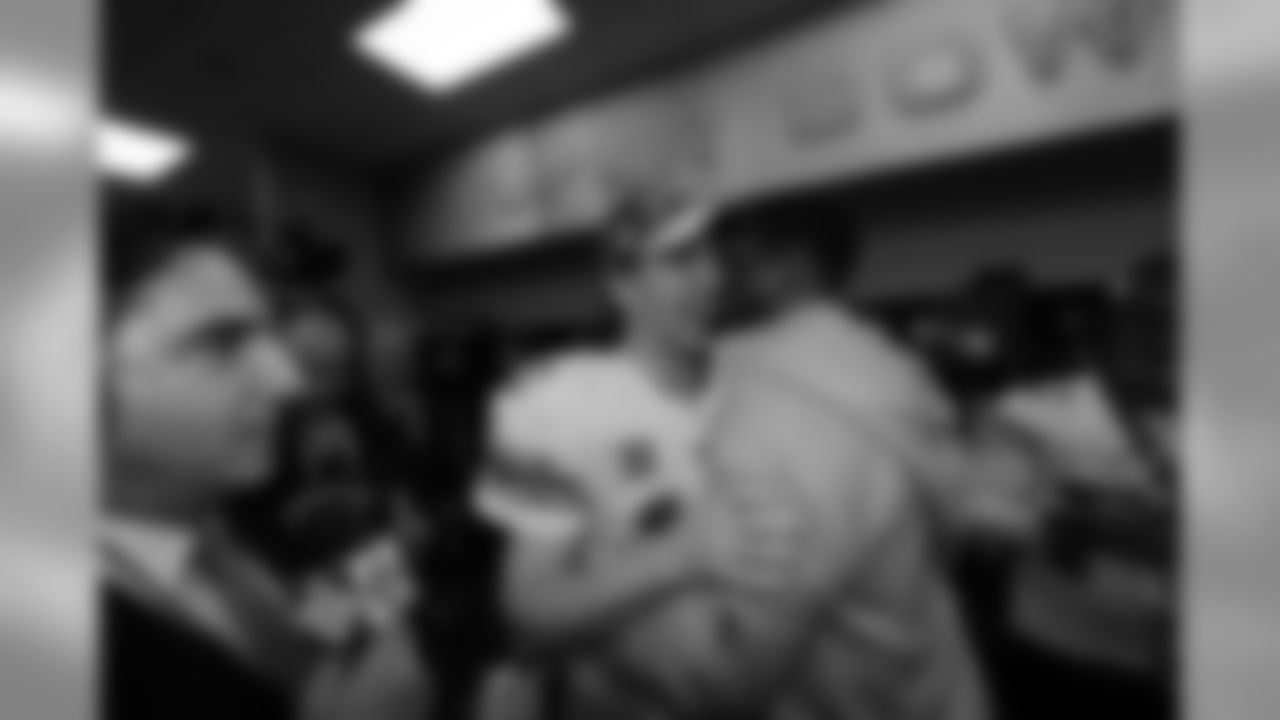
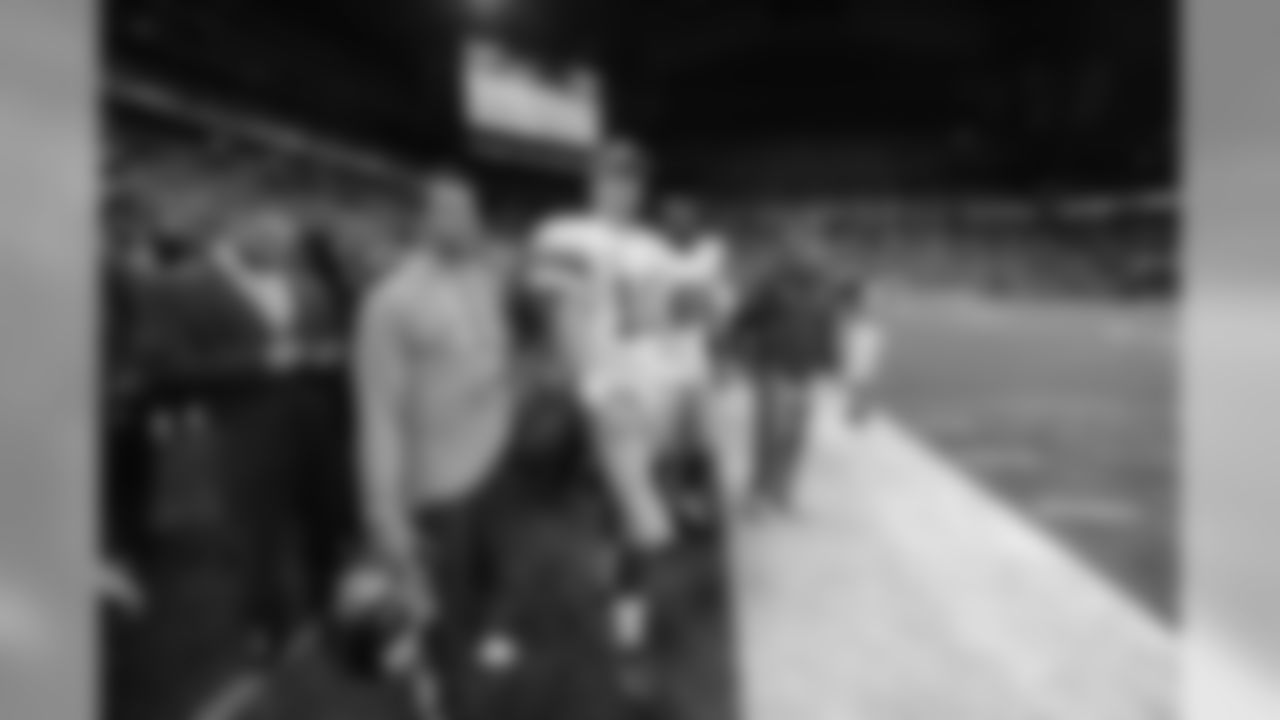
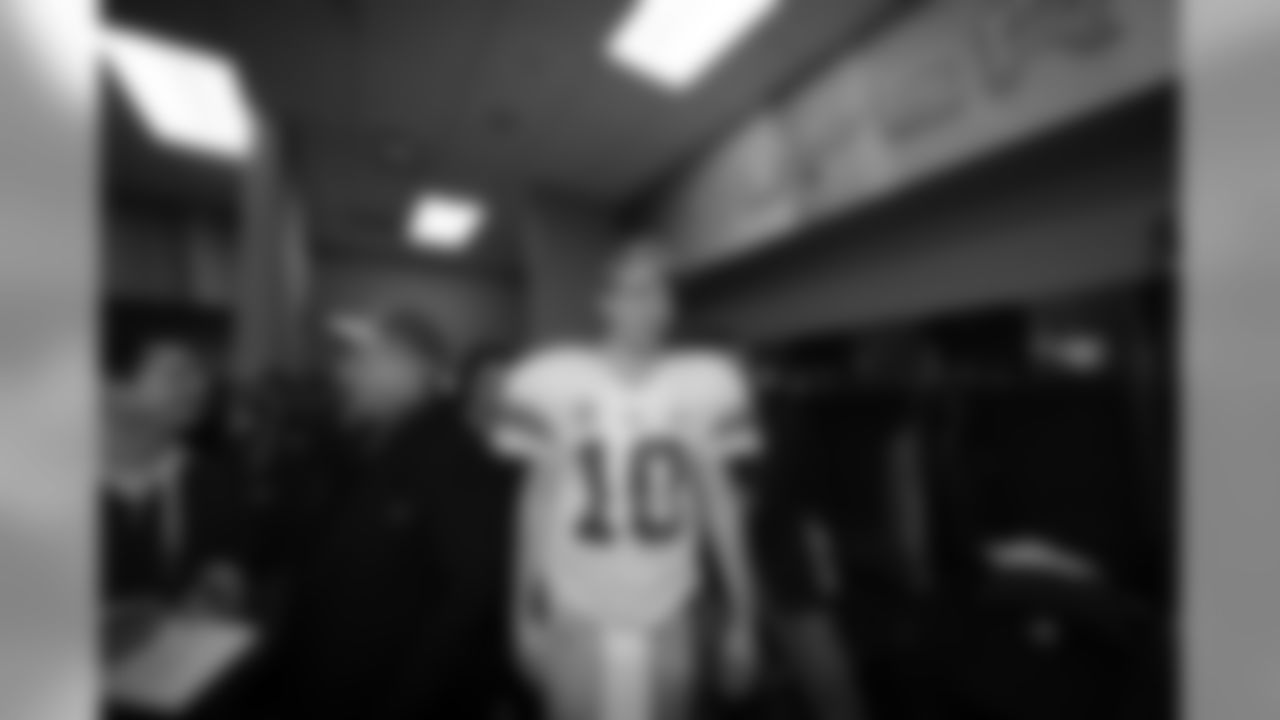
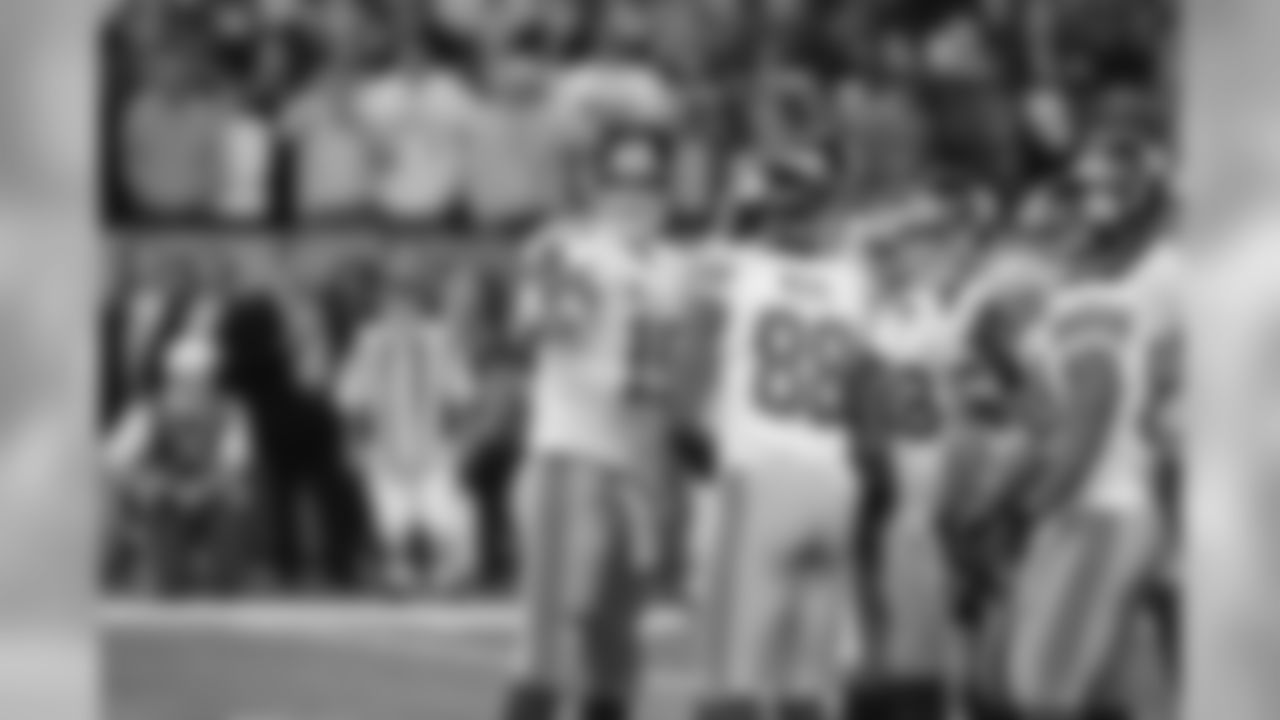
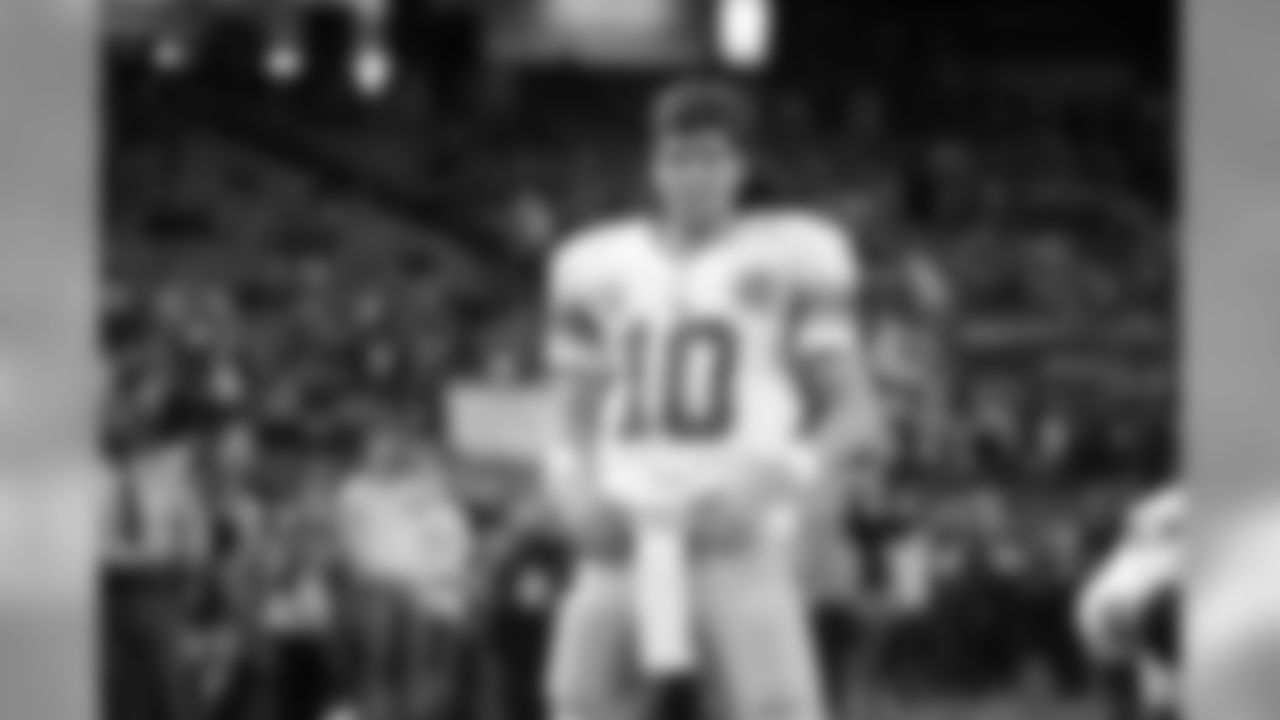
New York Giants during a week 15 football game against the Atlanta Flacons on December 16, 2012 in Atlanta, Georgia (AP Photo/Evan Pinkus)

New York Giants during a week 15 football game against the Atlanta Flacons on December 16, 2012 in Atlanta, Georgia (AP Photo/Evan Pinkus)


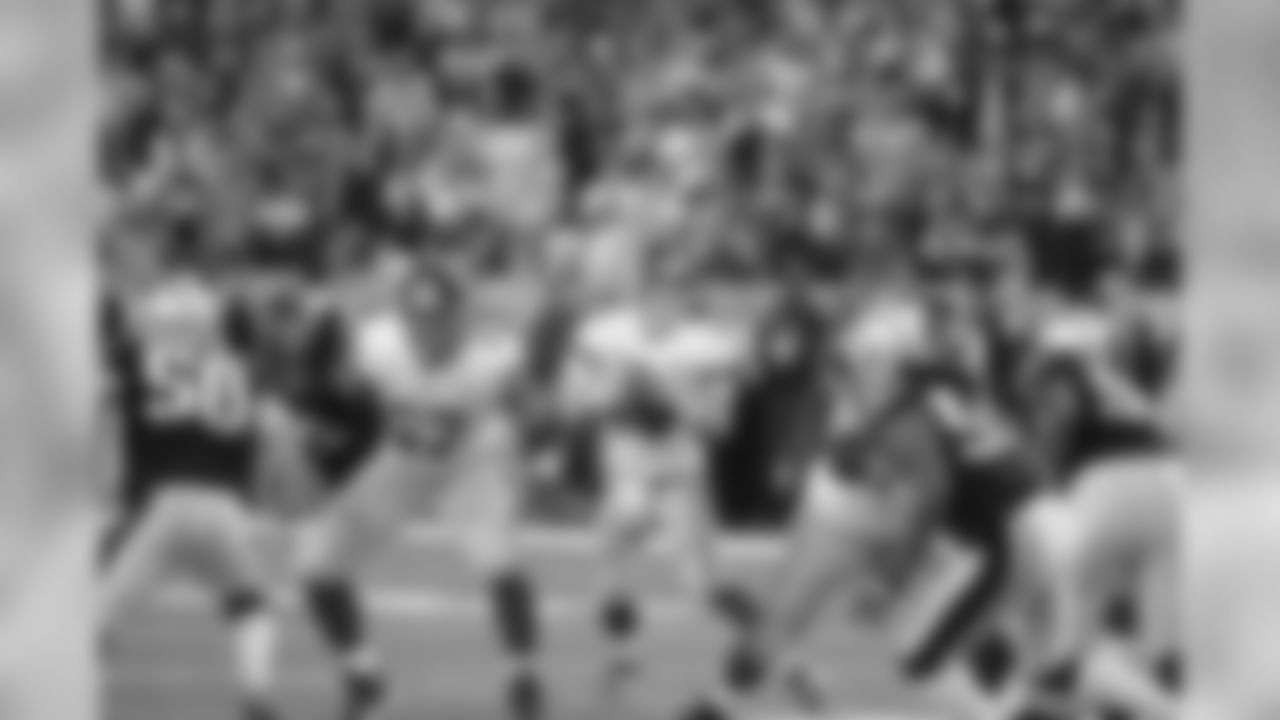
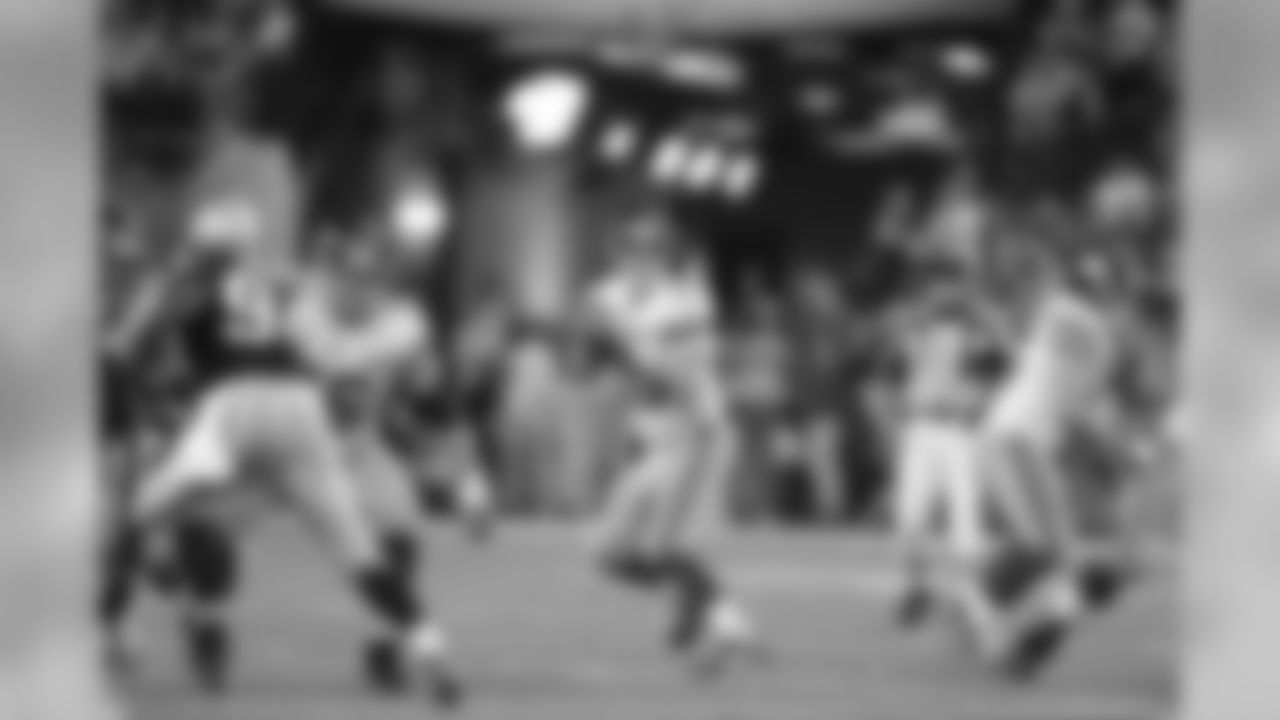
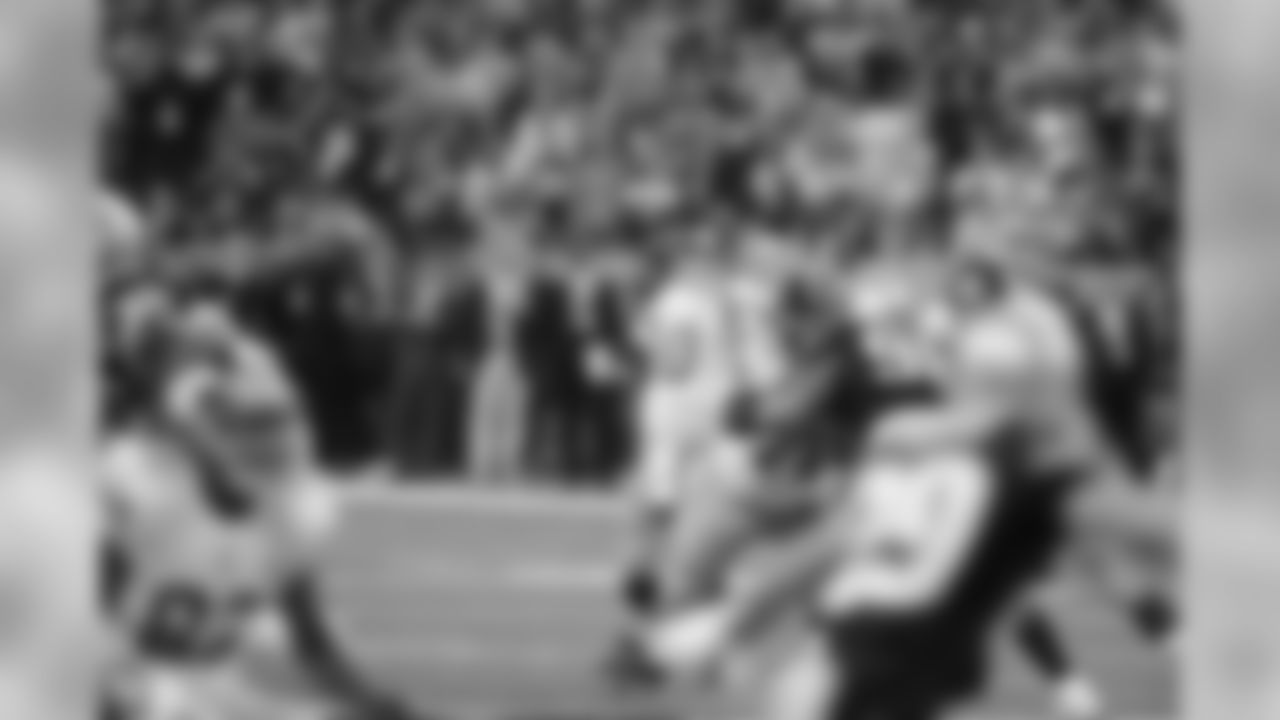
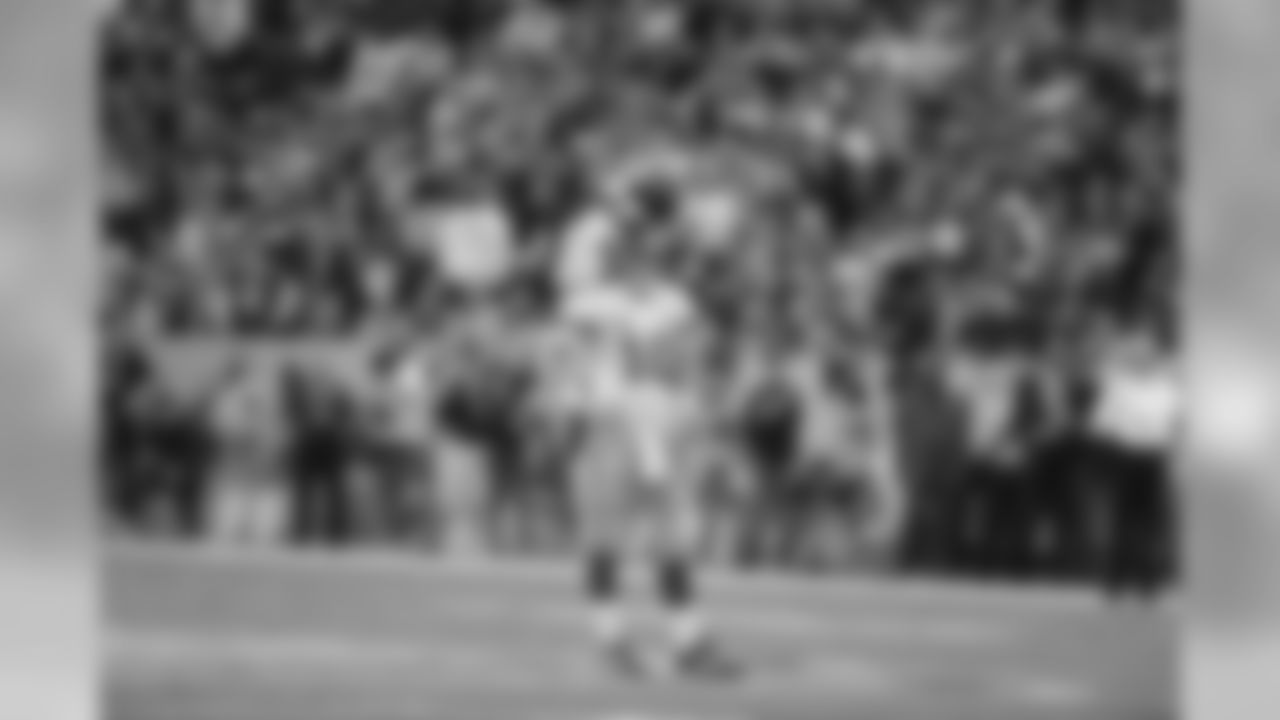
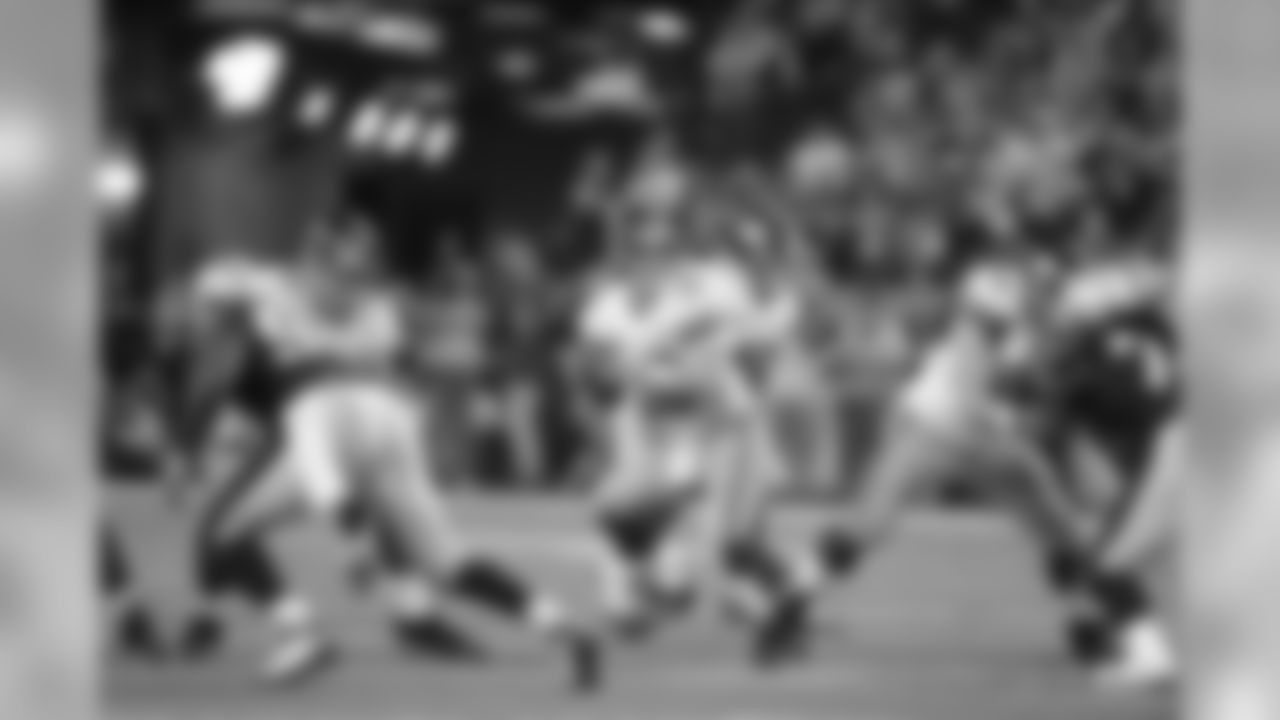
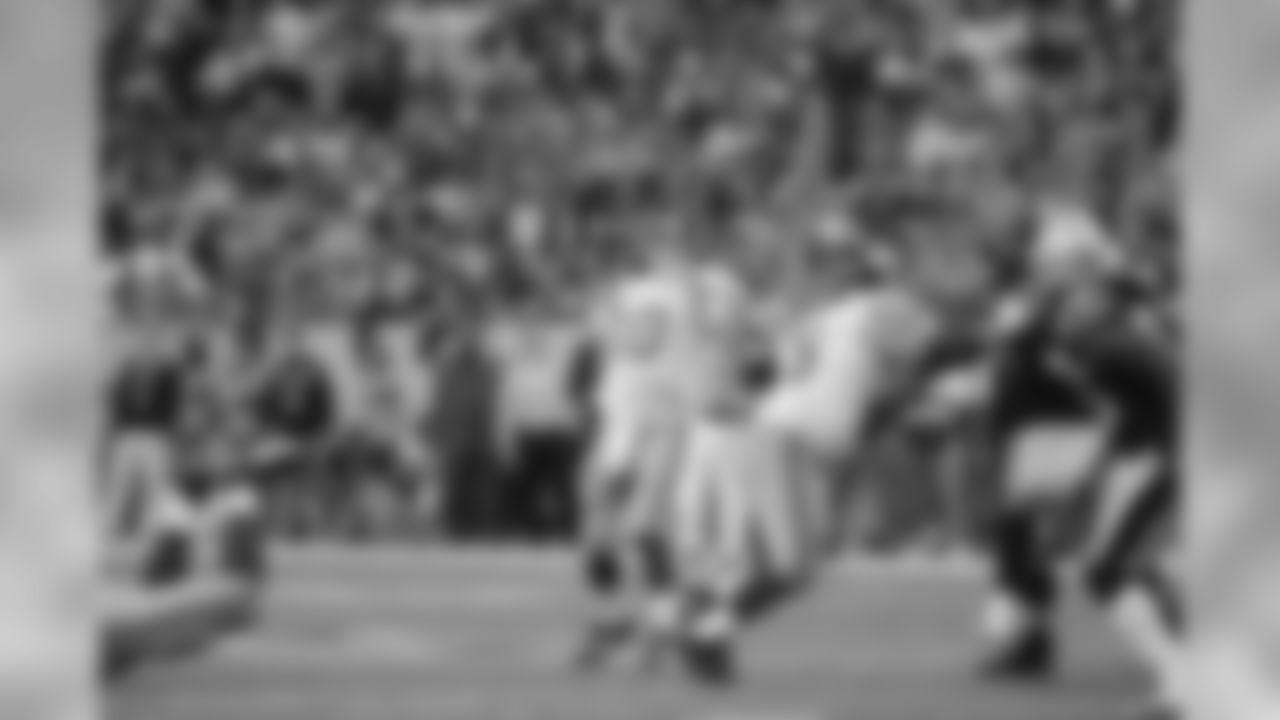
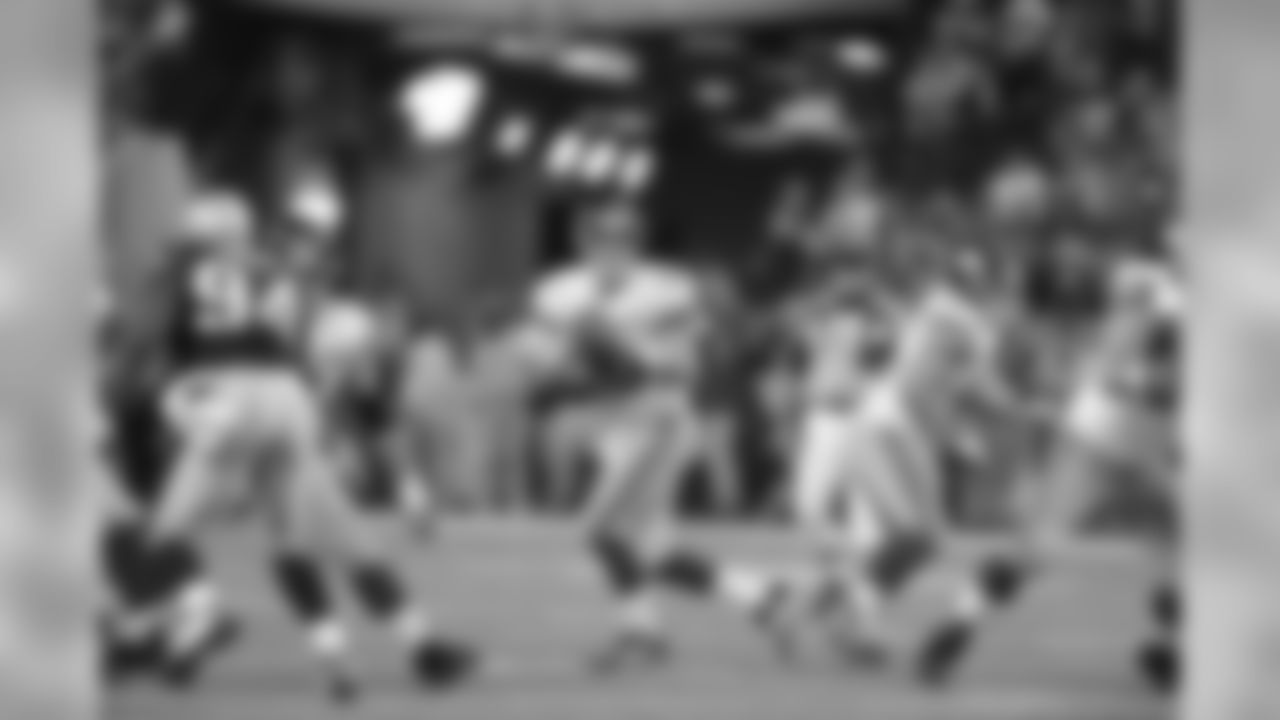
New York Giants during NFL Super Bowl XLVI against the New England Patriots, Sunday, Feb. 5, 2012, in Indianapolis (AP Photo/EvanPinkus)
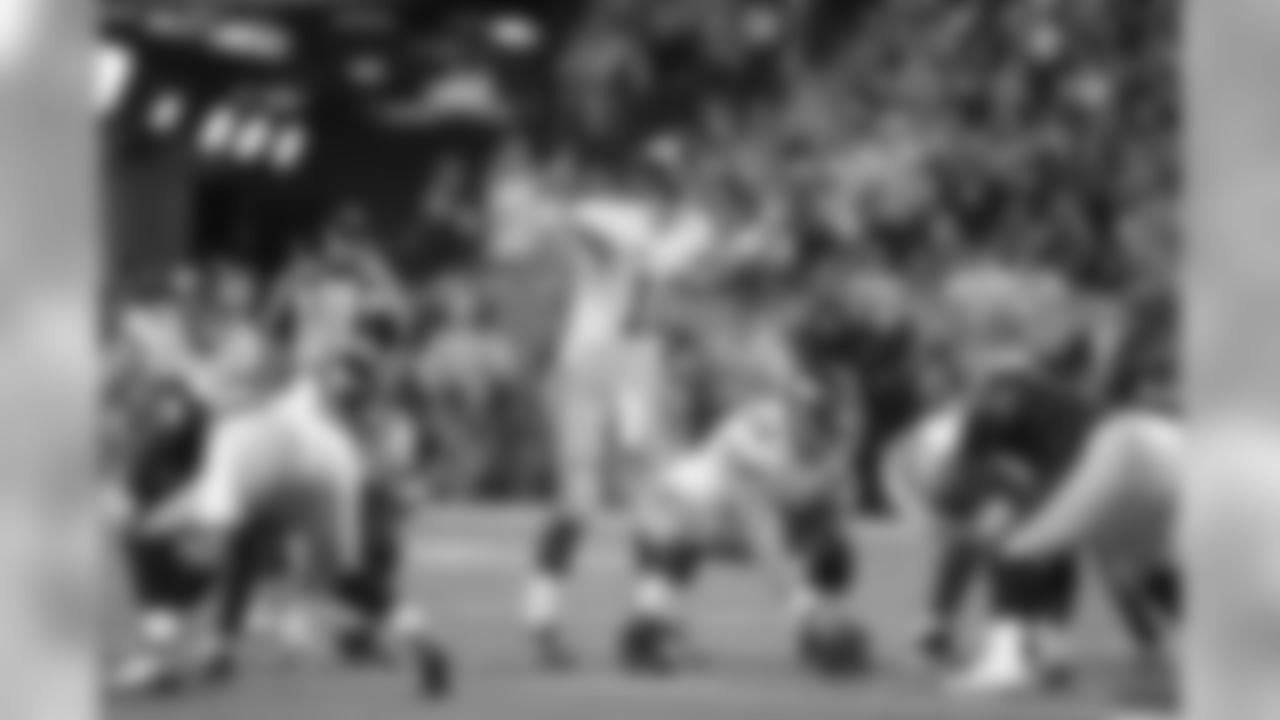


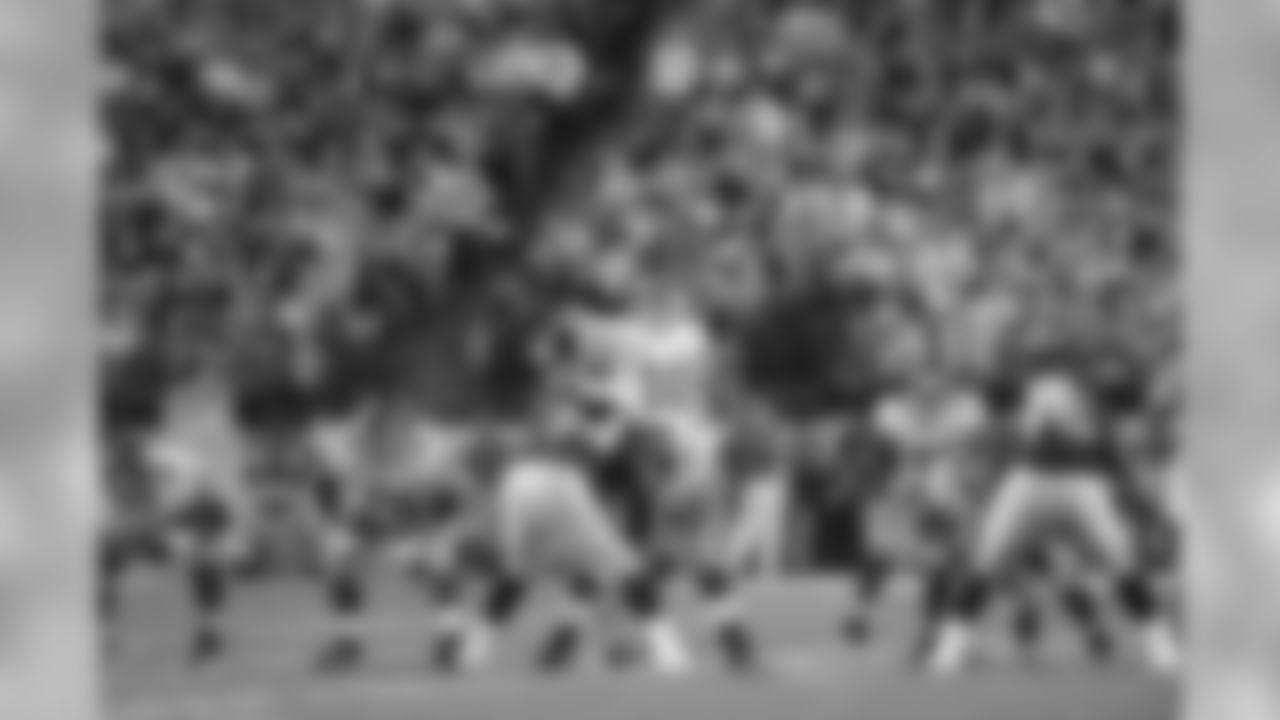
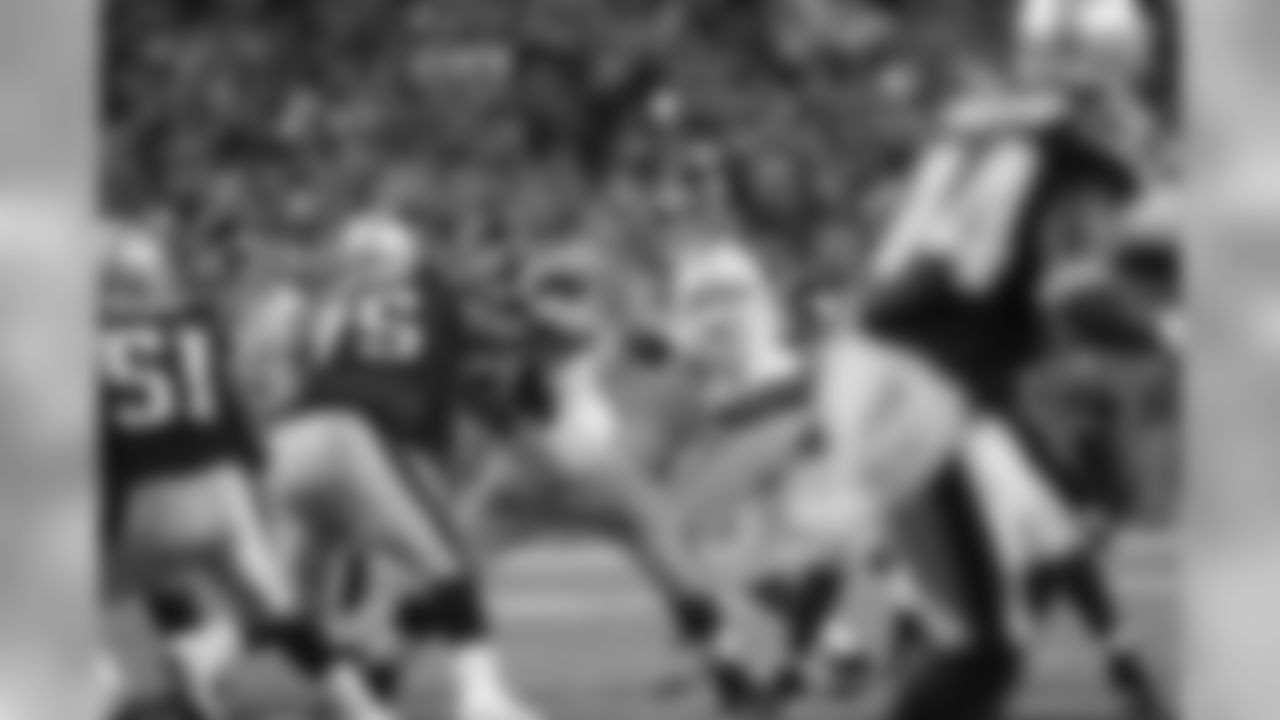


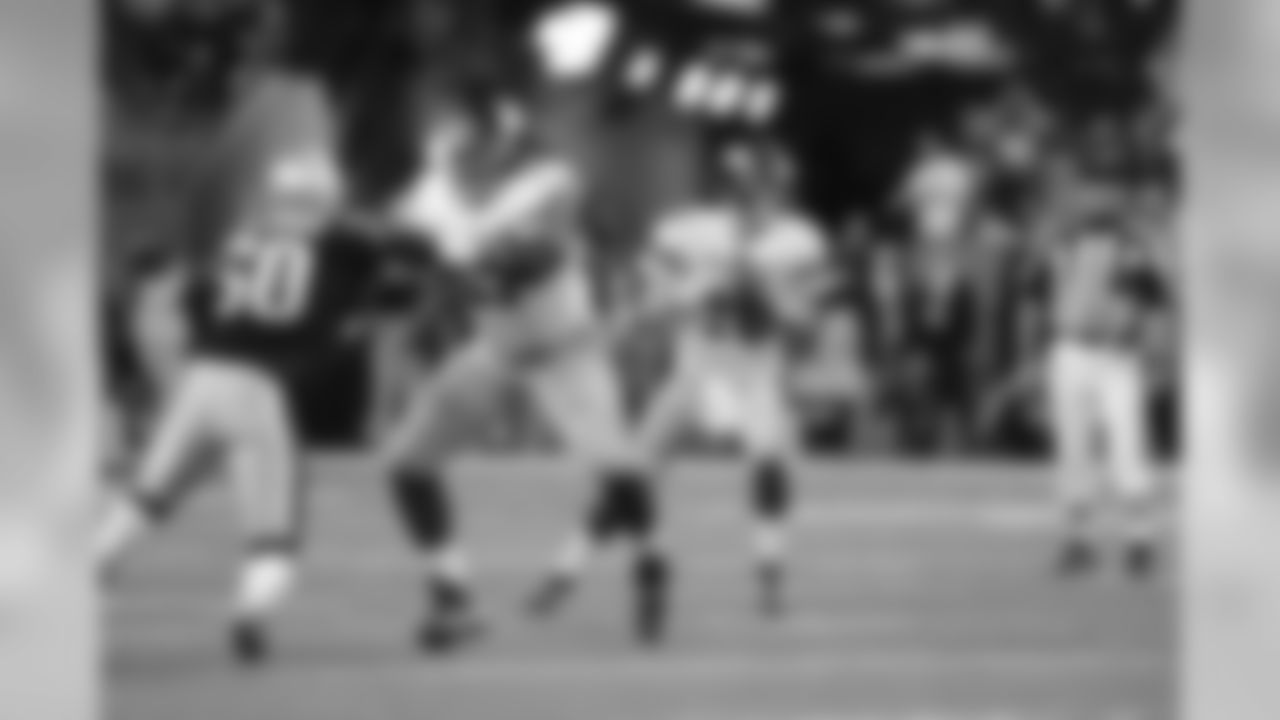




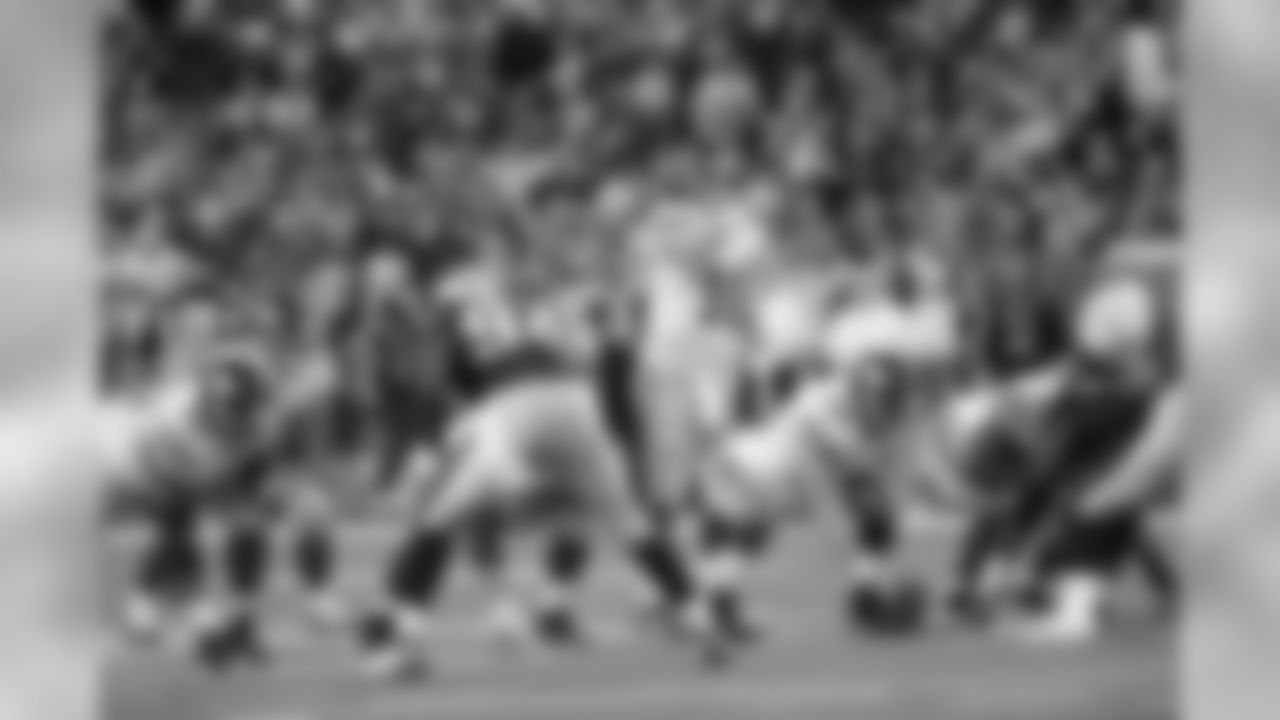
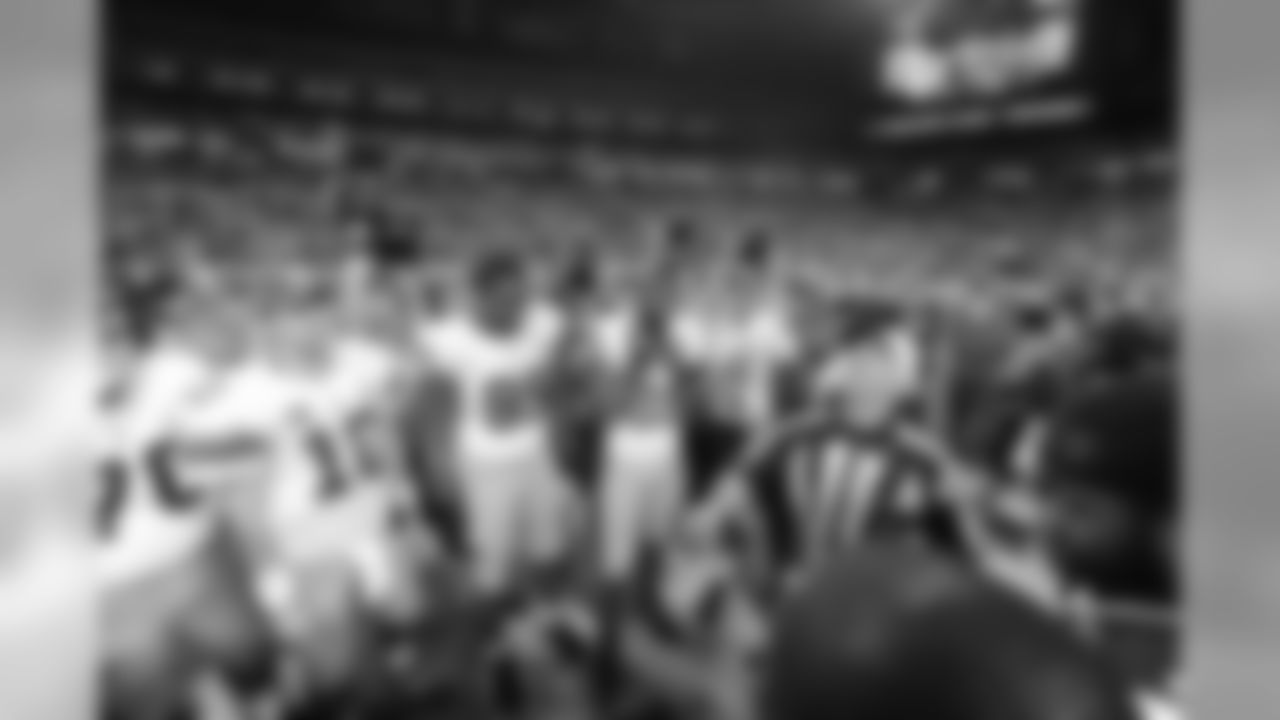
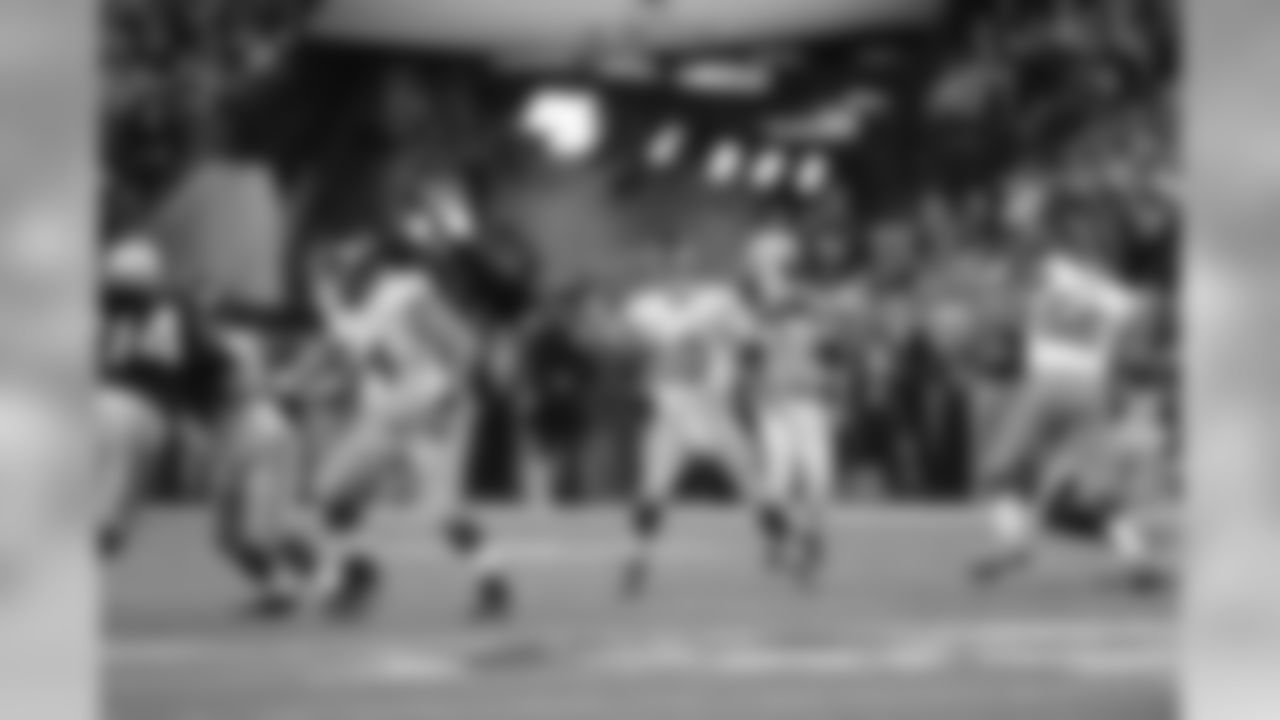
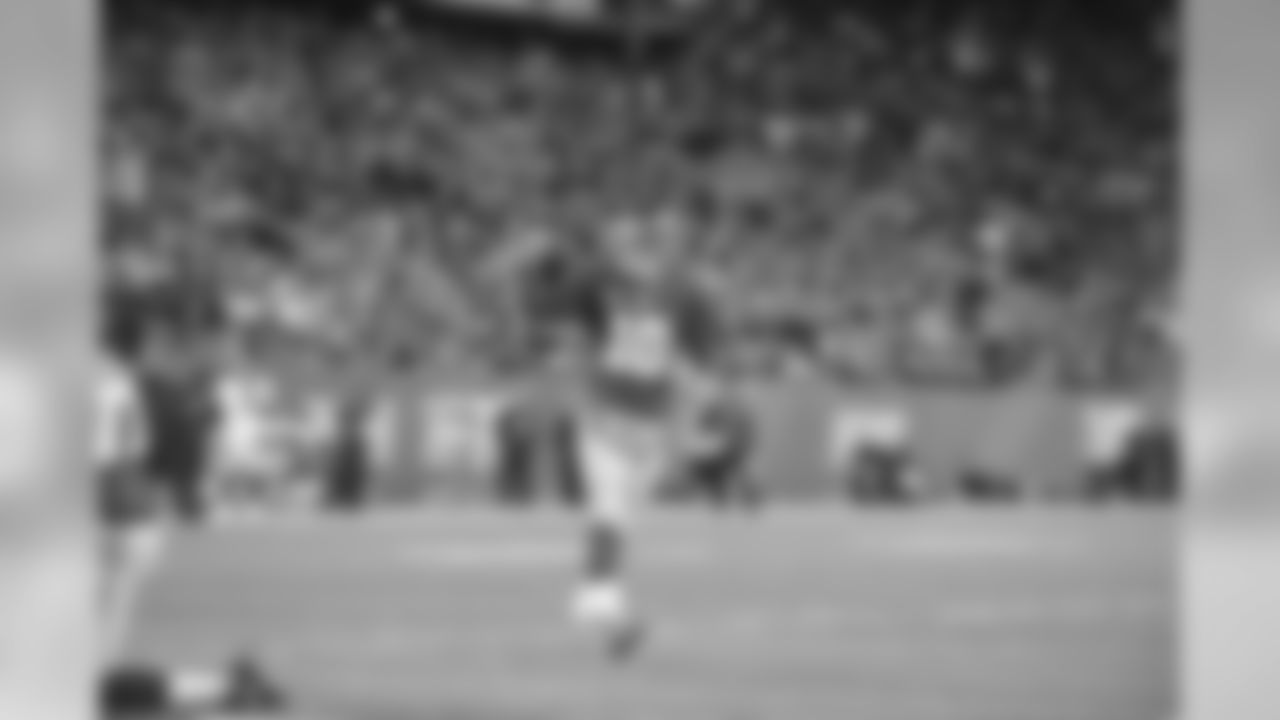
Pittsburgh Steelers before a week 9 football game against the New York Giants on November 4, 2012 in East Rutherford, New Jersey(AP Photo/Evan Pinkus)
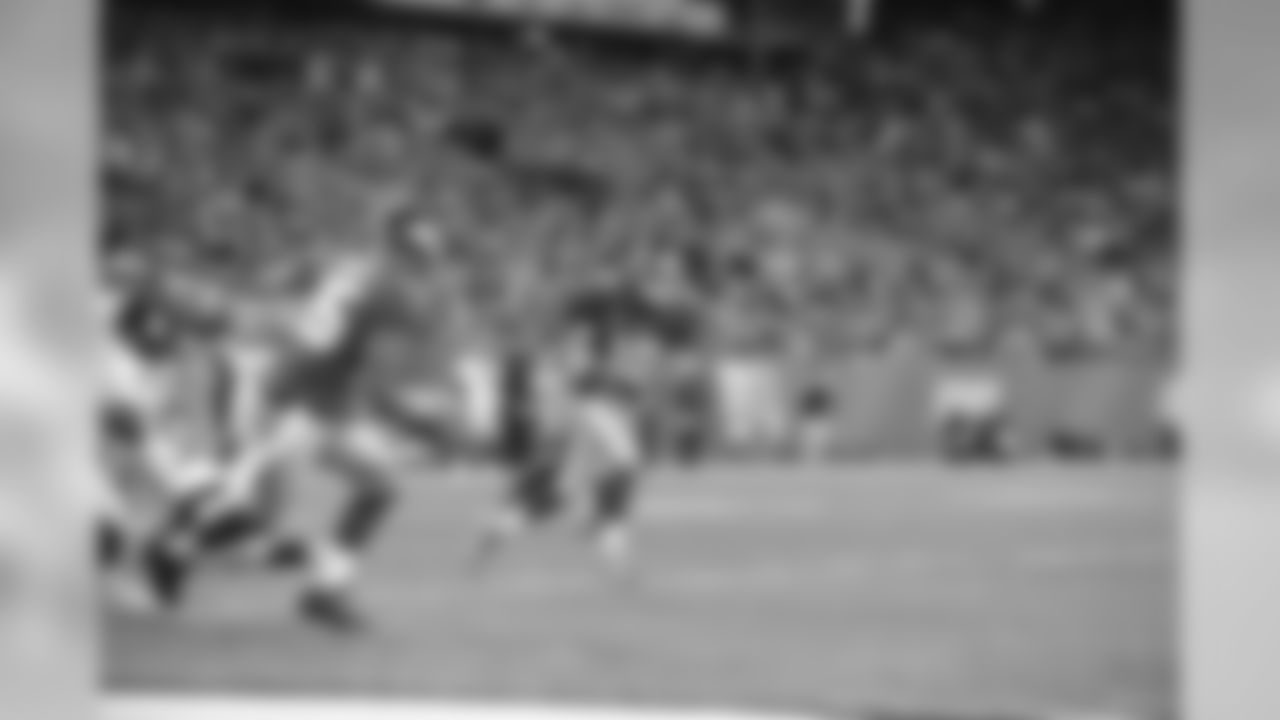
Pittsburgh Steelers before a week 9 football game against the New York Giants on November 4, 2012 in East Rutherford, New Jersey(AP Photo/Evan Pinkus)
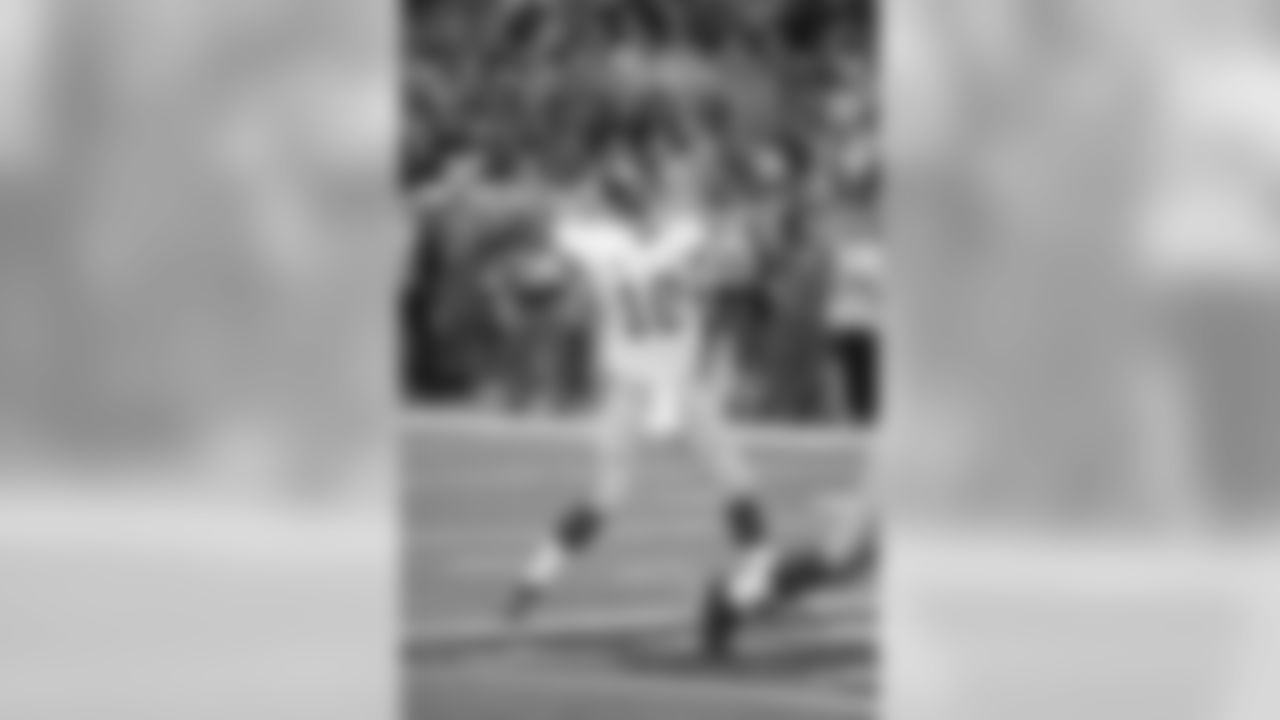

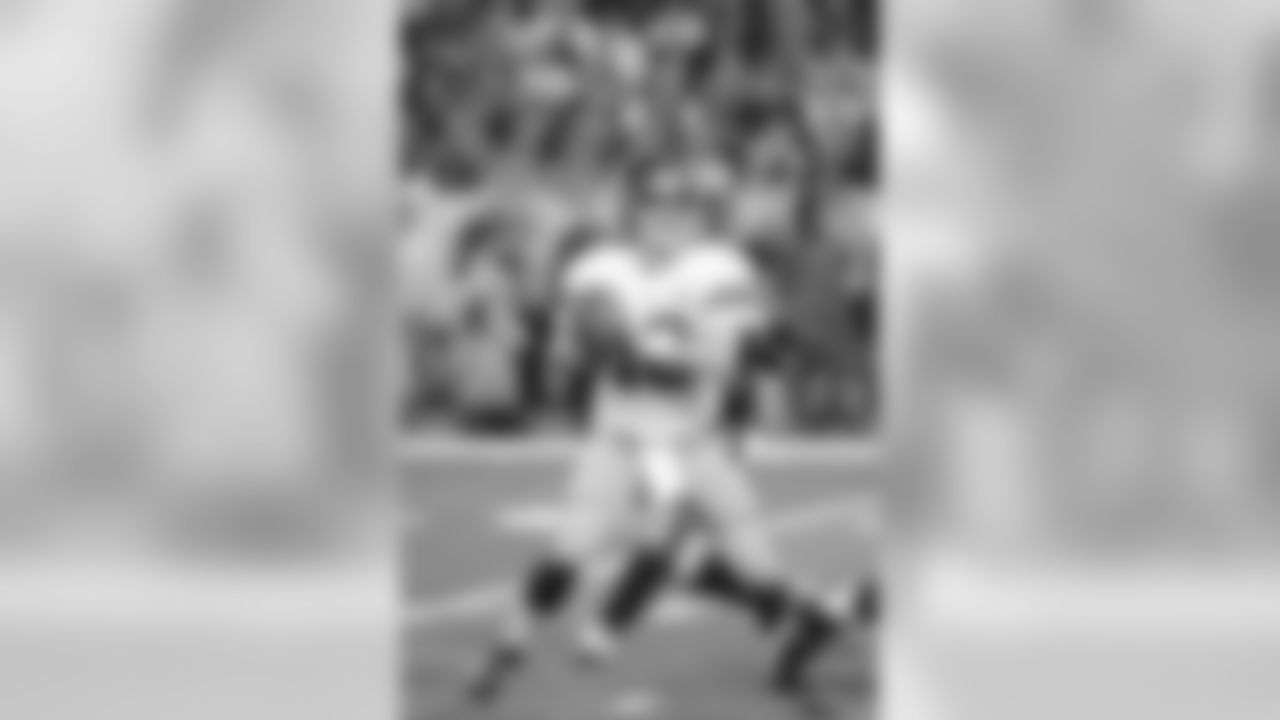
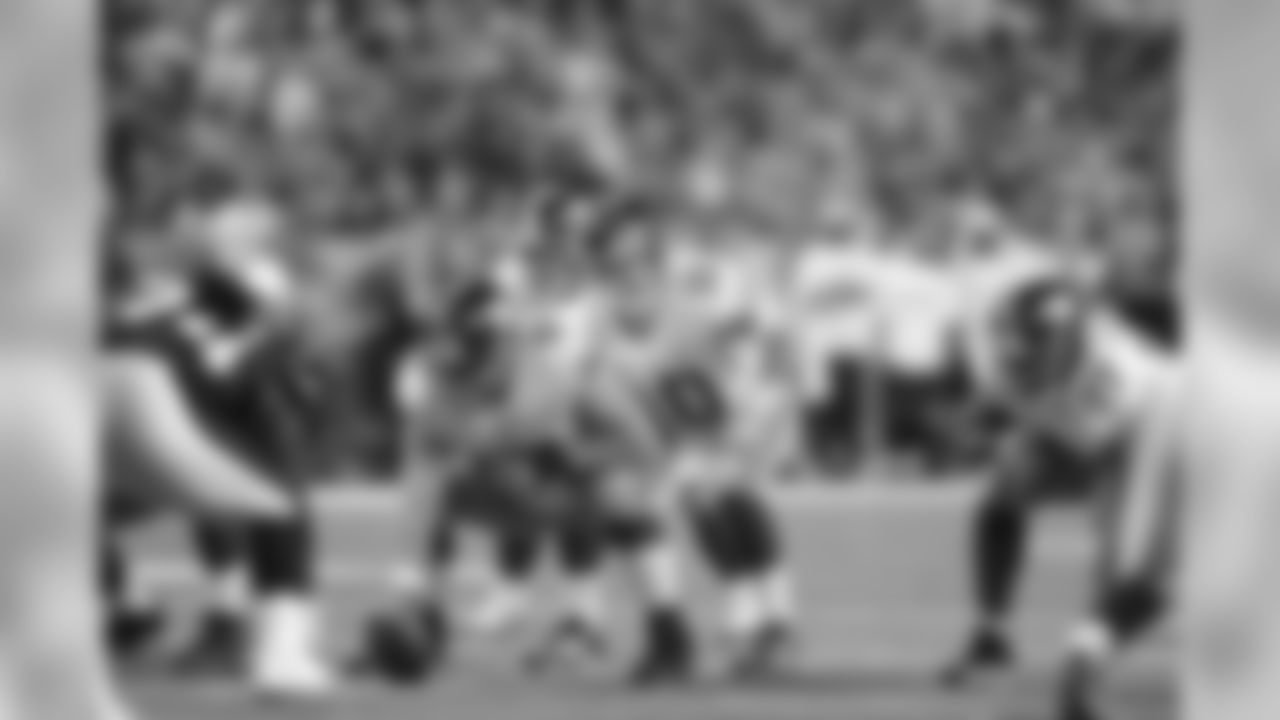

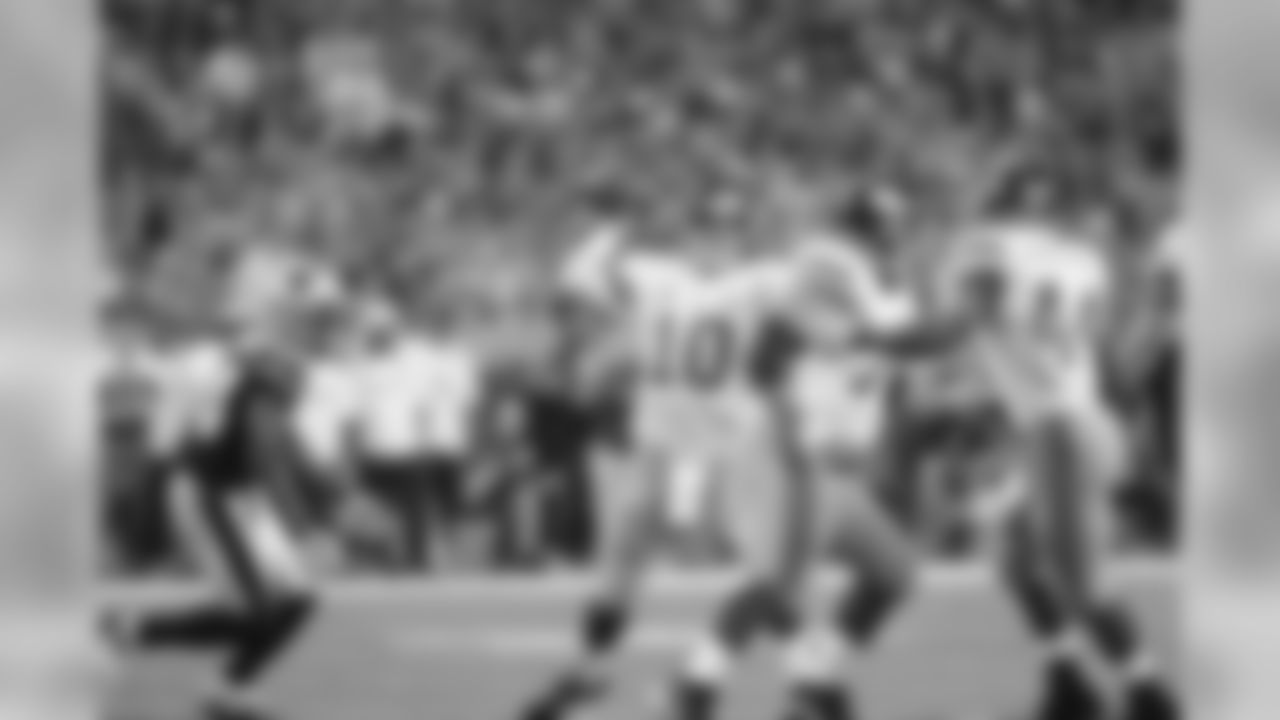
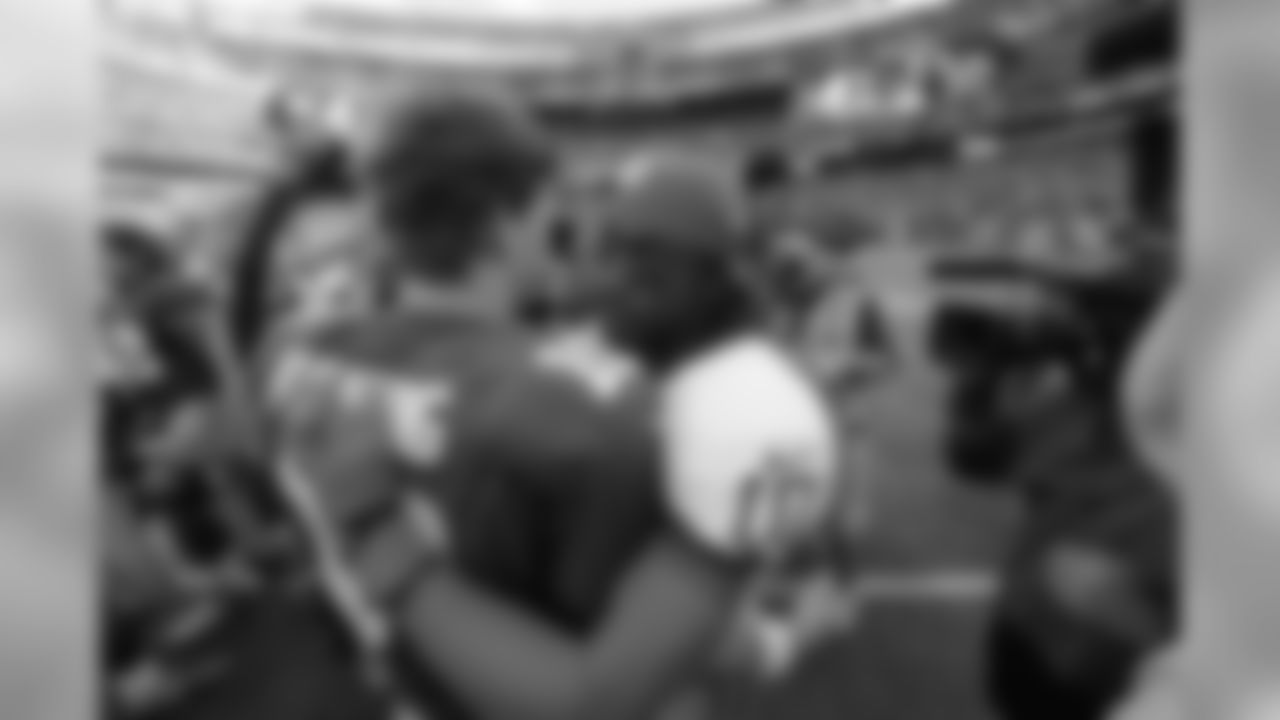
New York Giants wide receiver Victor Cruz (80) scores the game winning 77 yard touchdown during a week 7 NFC East football game against the Washington Redskins on October 21, 2012 in East Rutherford, New Jersey(AP Photo/Evan Pinkus)
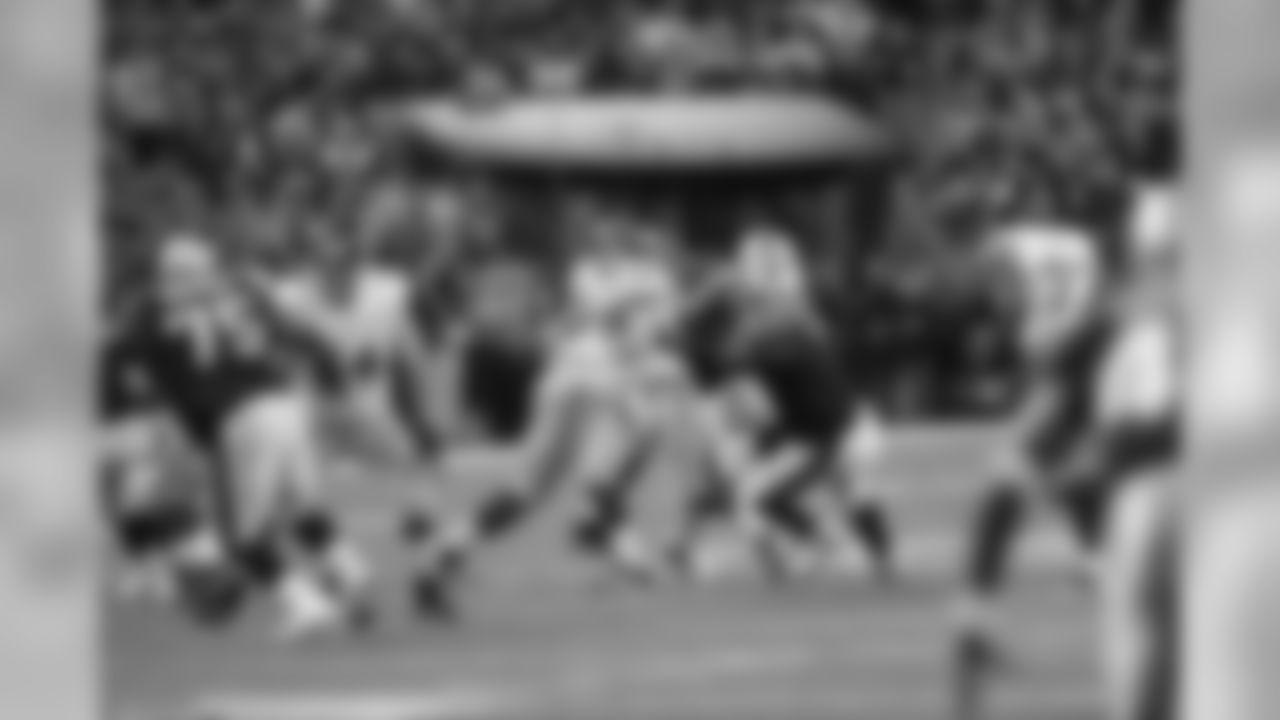
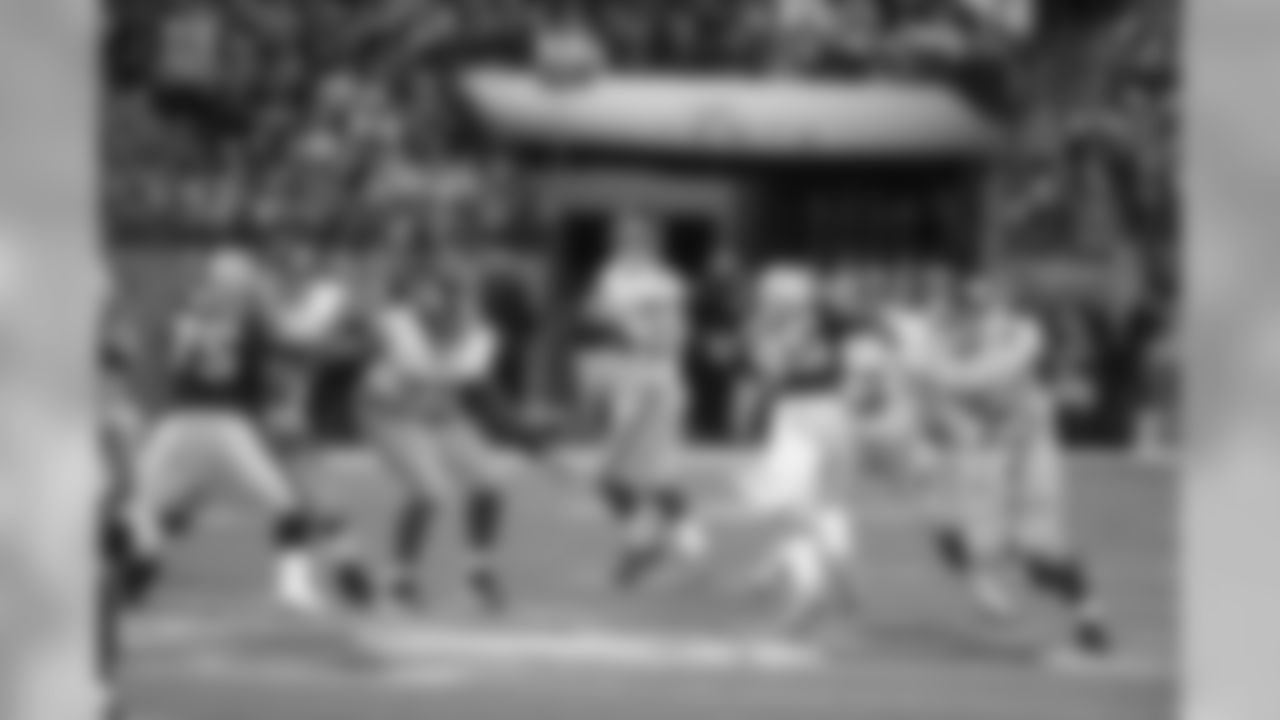
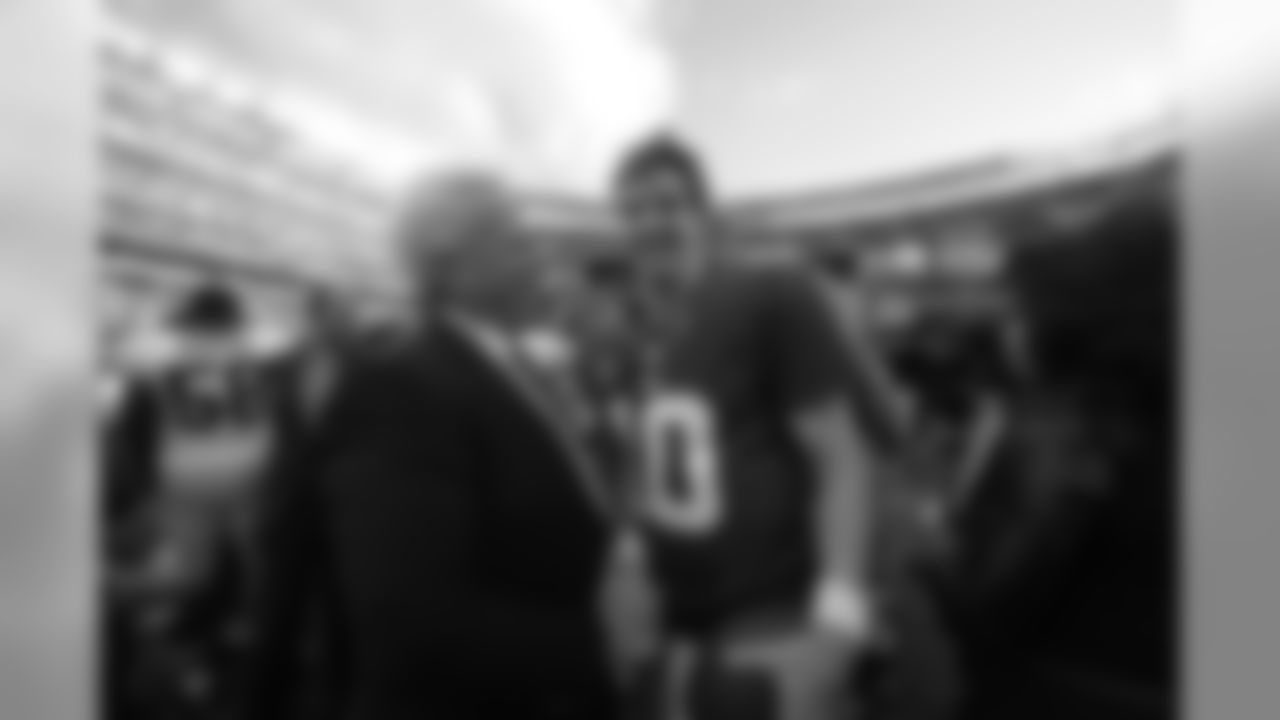
New York Giants wide receiver Victor Cruz (80) scores the game winning 77 yard touchdown during a week 7 NFC East football game against the Washington Redskins on October 21, 2012 in East Rutherford, New Jersey(AP Photo/Evan Pinkus)
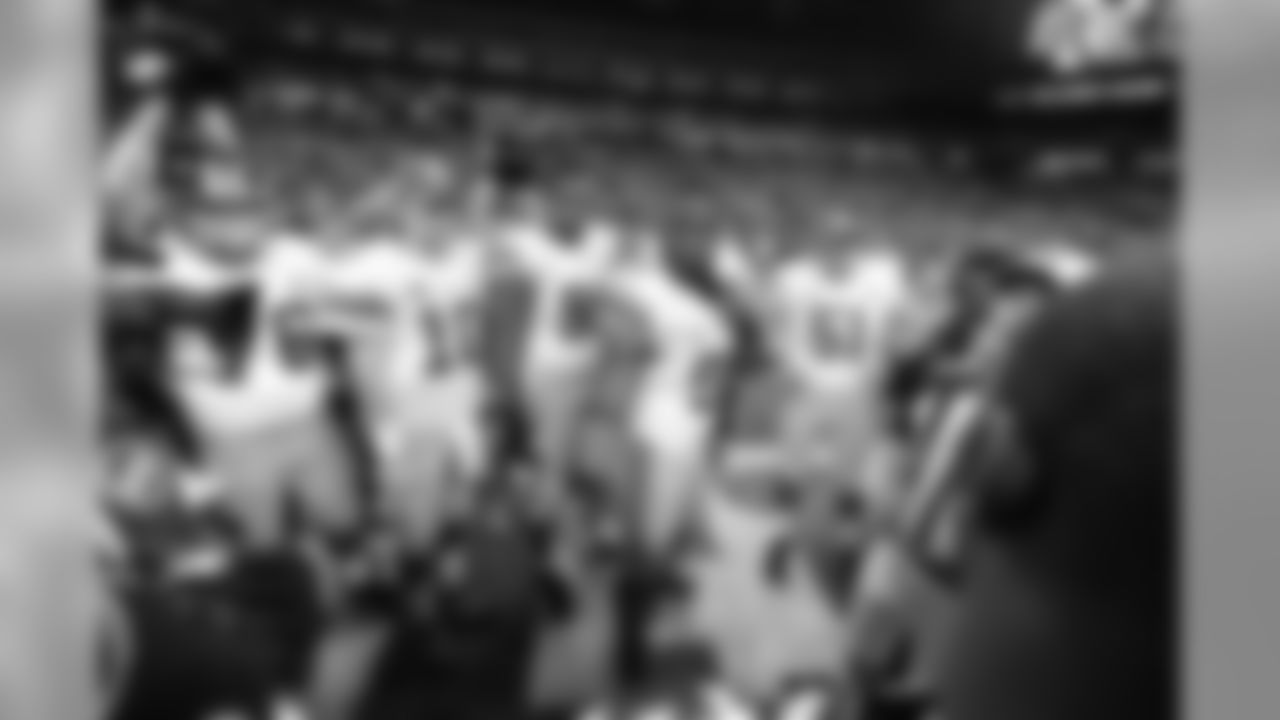
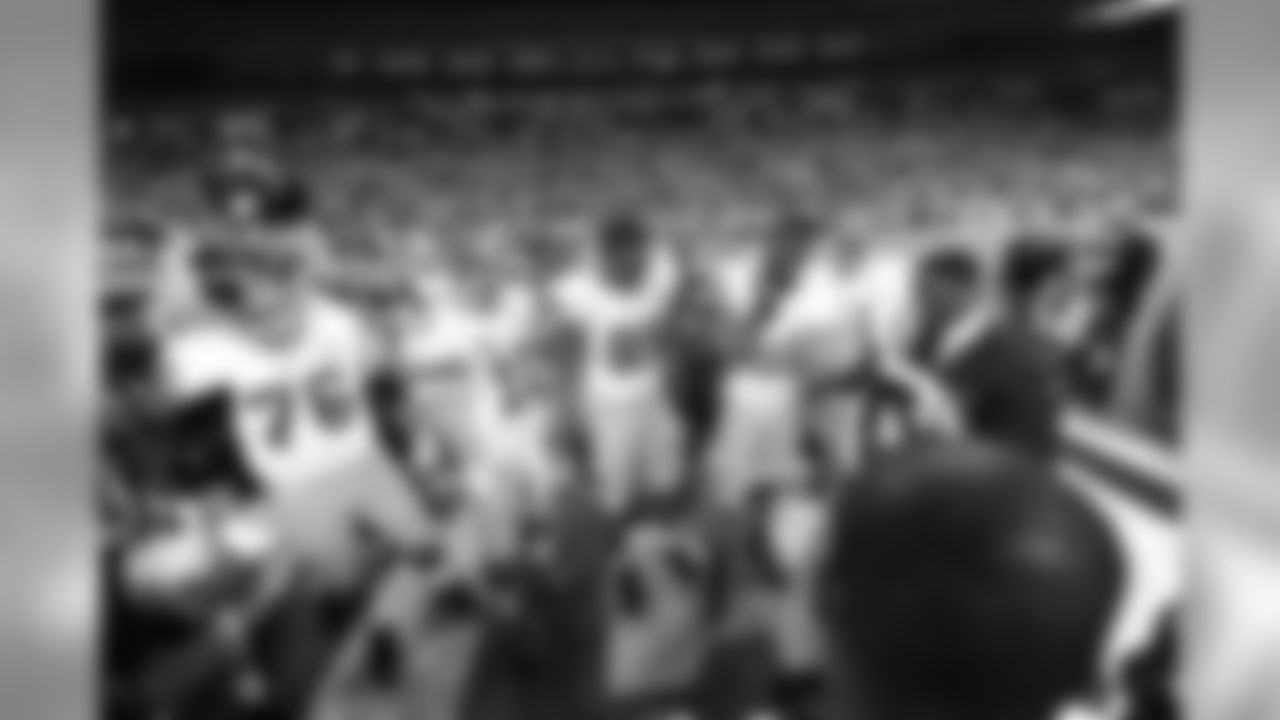
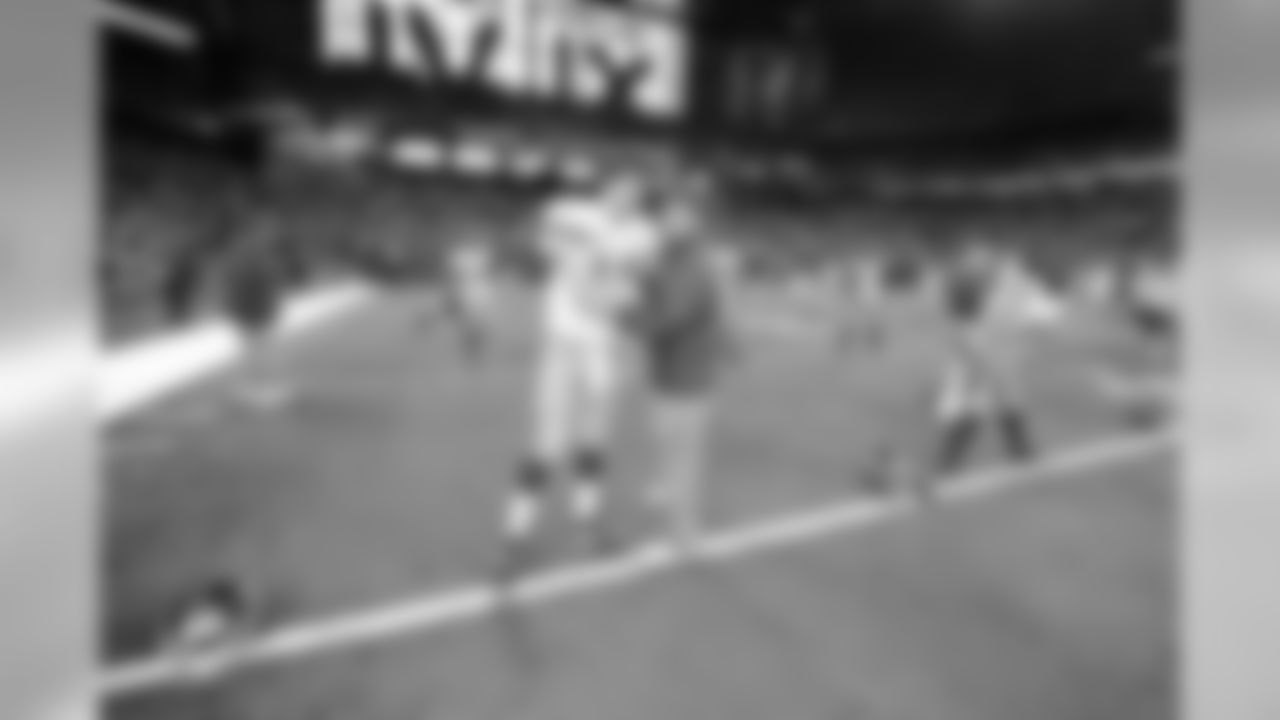
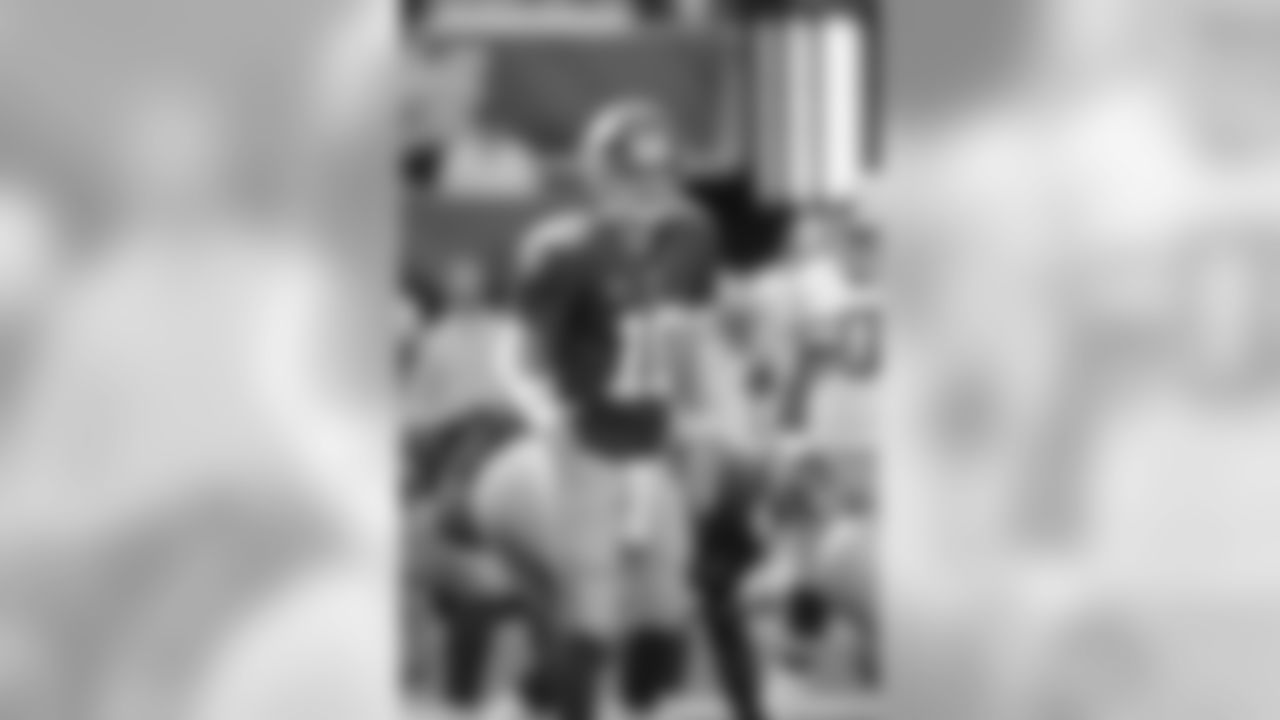
New York Giants during a week 12 football game against the Green Bay Packers on November 25, 2012 in East Rutherford, New Jersey (AP Photo/Evan Pinkus)

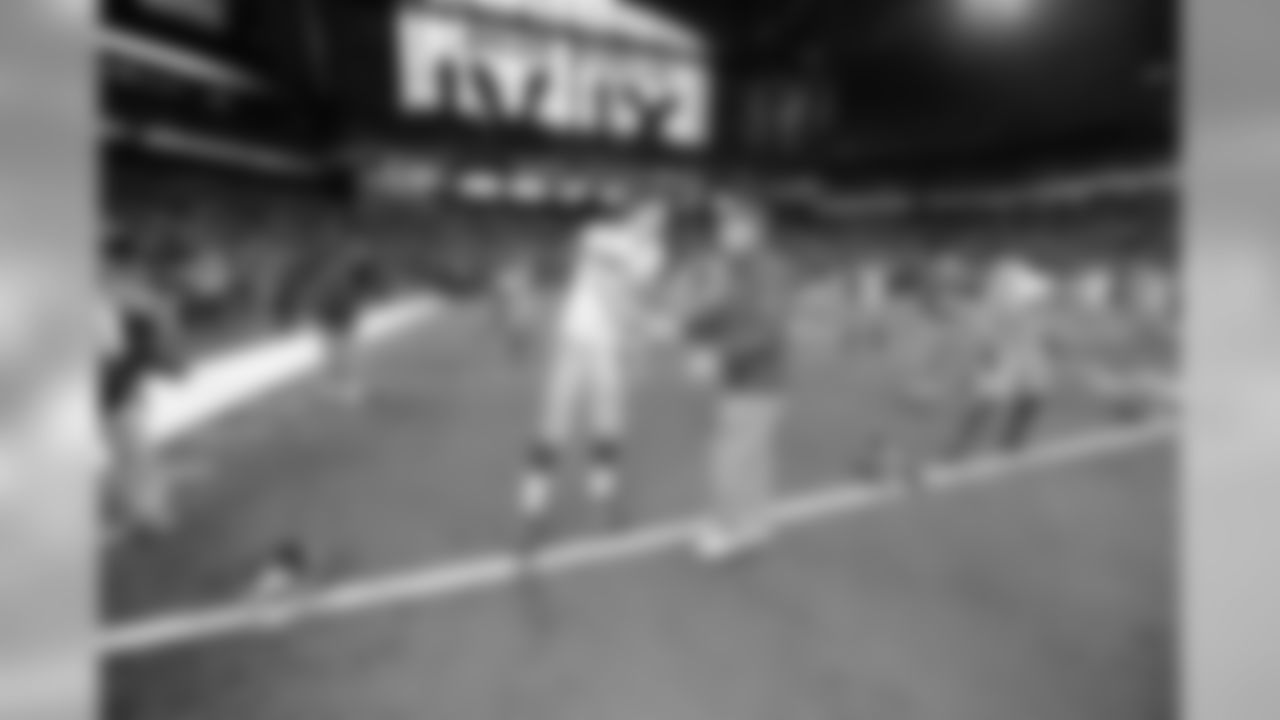






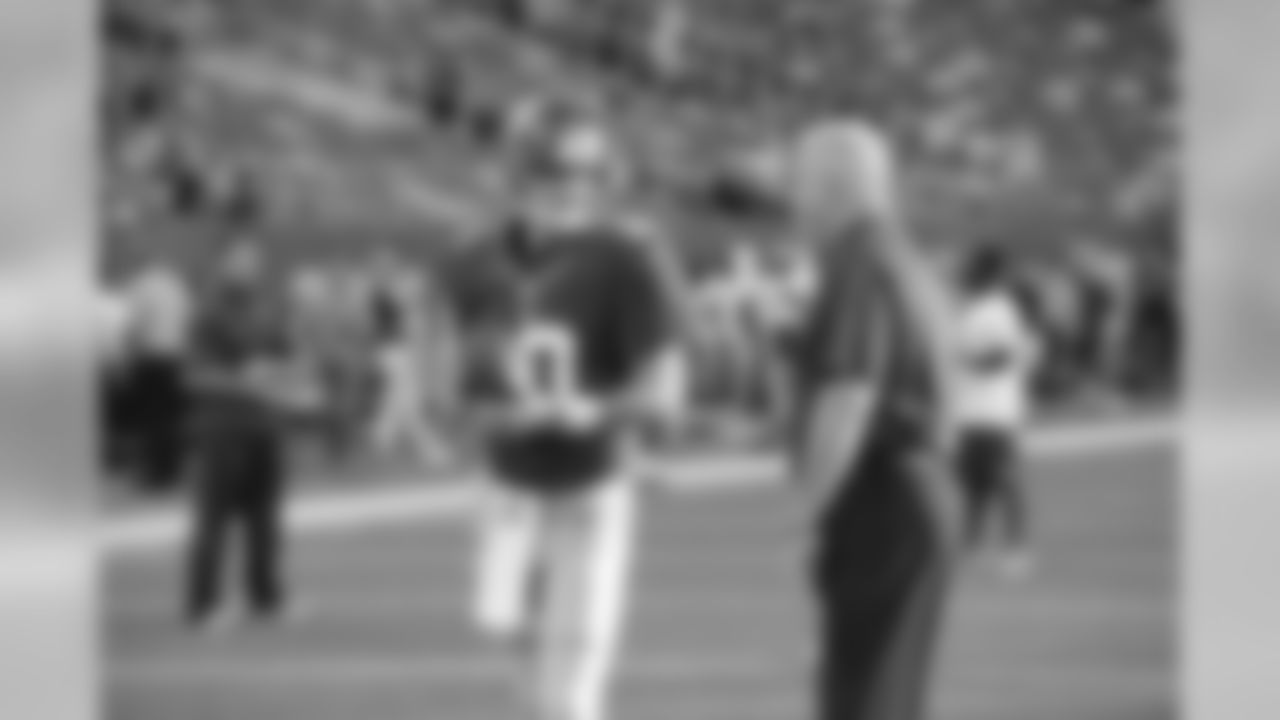
New York Giants during a week 17 football game against the Philadelphia Eagles on December 30, 2012 in East Rutherford, New Jersey (AP Photo/Evan Pinkus)
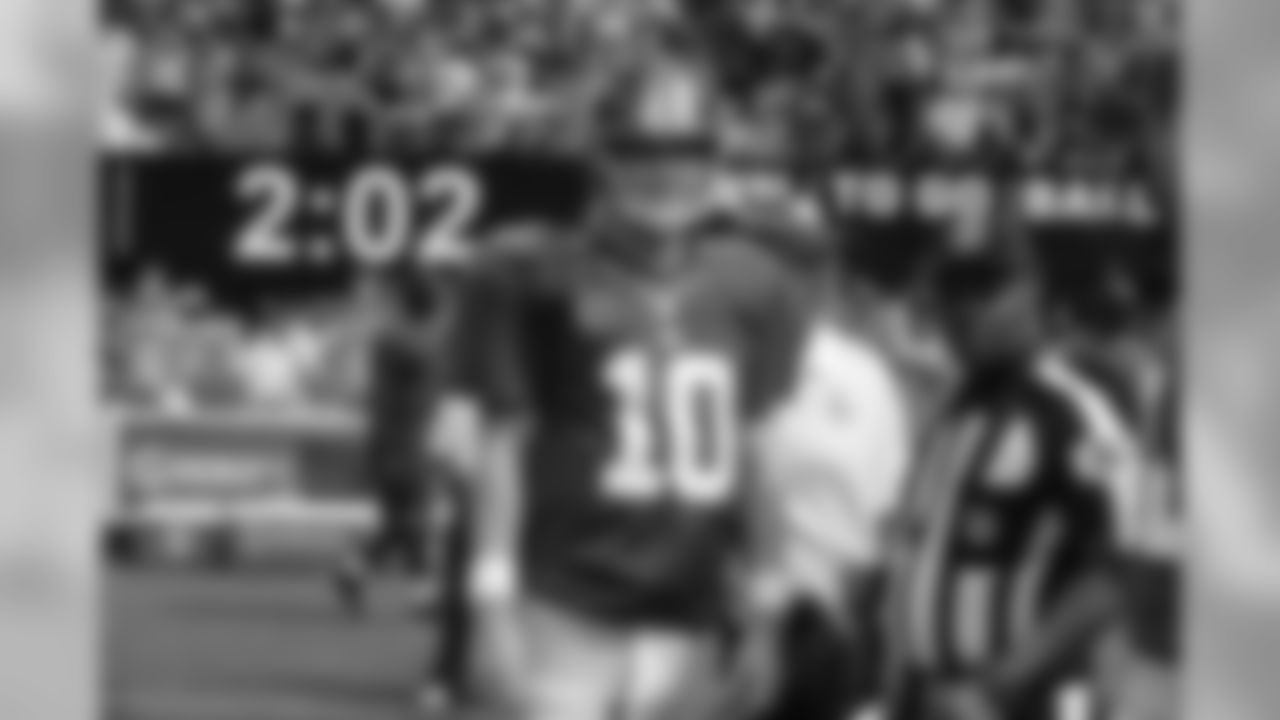
New York Giants during a week 2 football game against the Tampa Bay Buccaneers on Sunday September 16, 2012 in East Rutherford, New Jersey (AP Photo/Evan Pinkus)
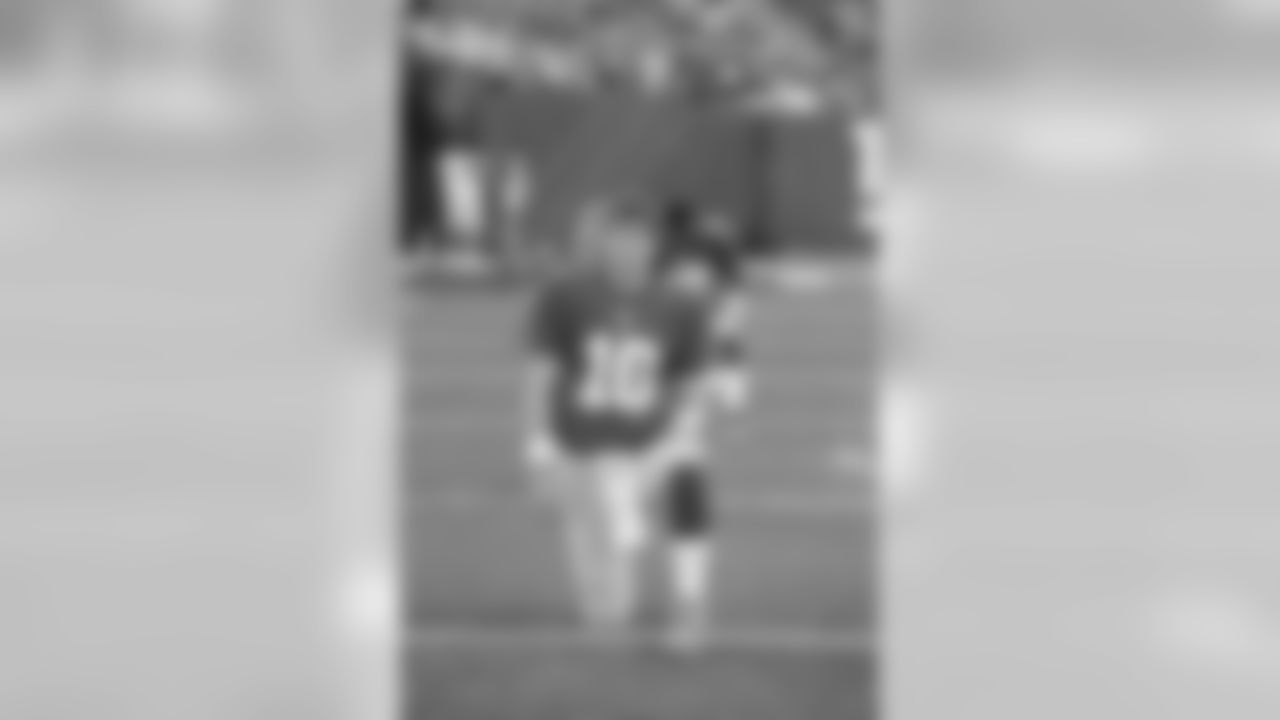
New York Giants during a week 17 football game against the Philadelphia Eagles on December 30, 2012 in East Rutherford, New Jersey (AP Photo/Evan Pinkus)
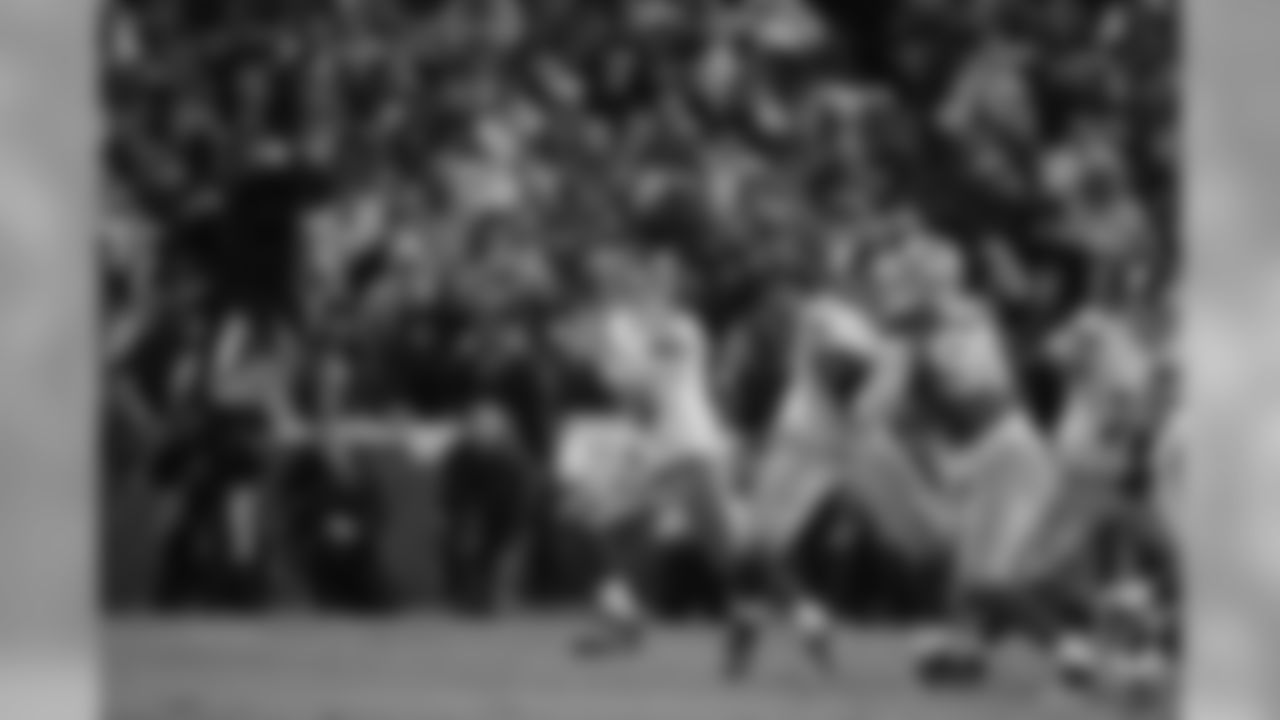
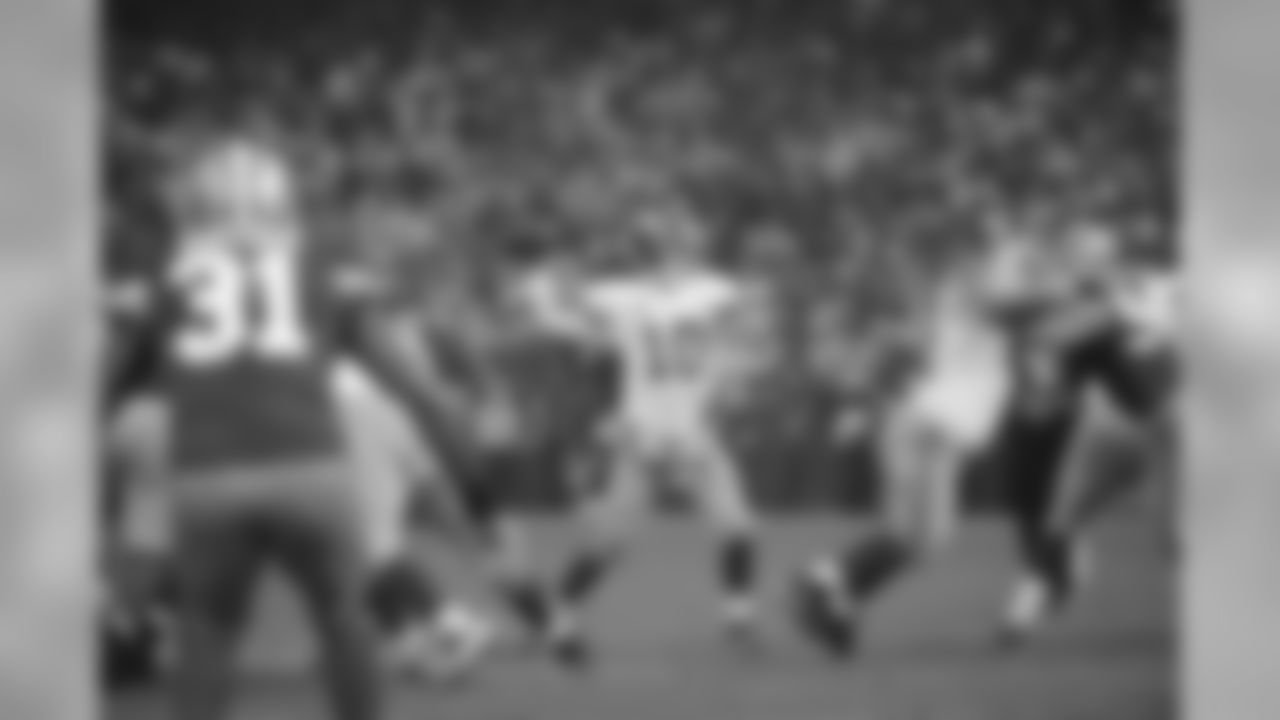
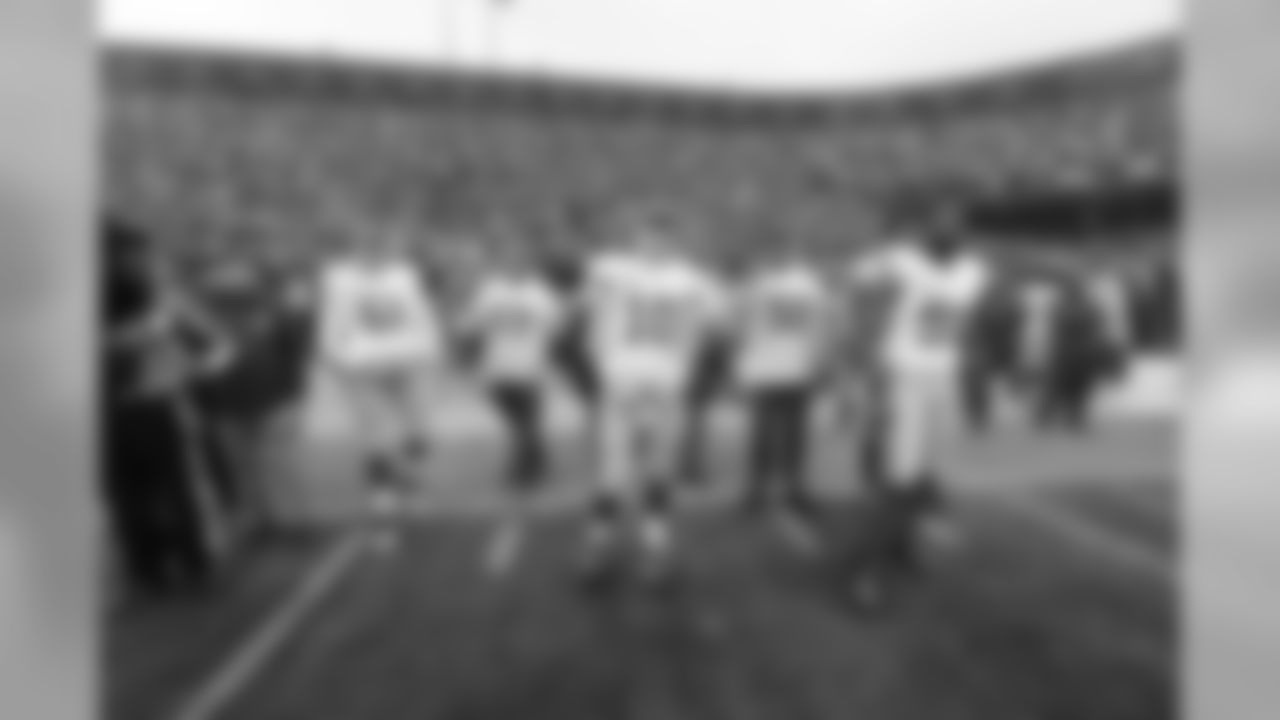
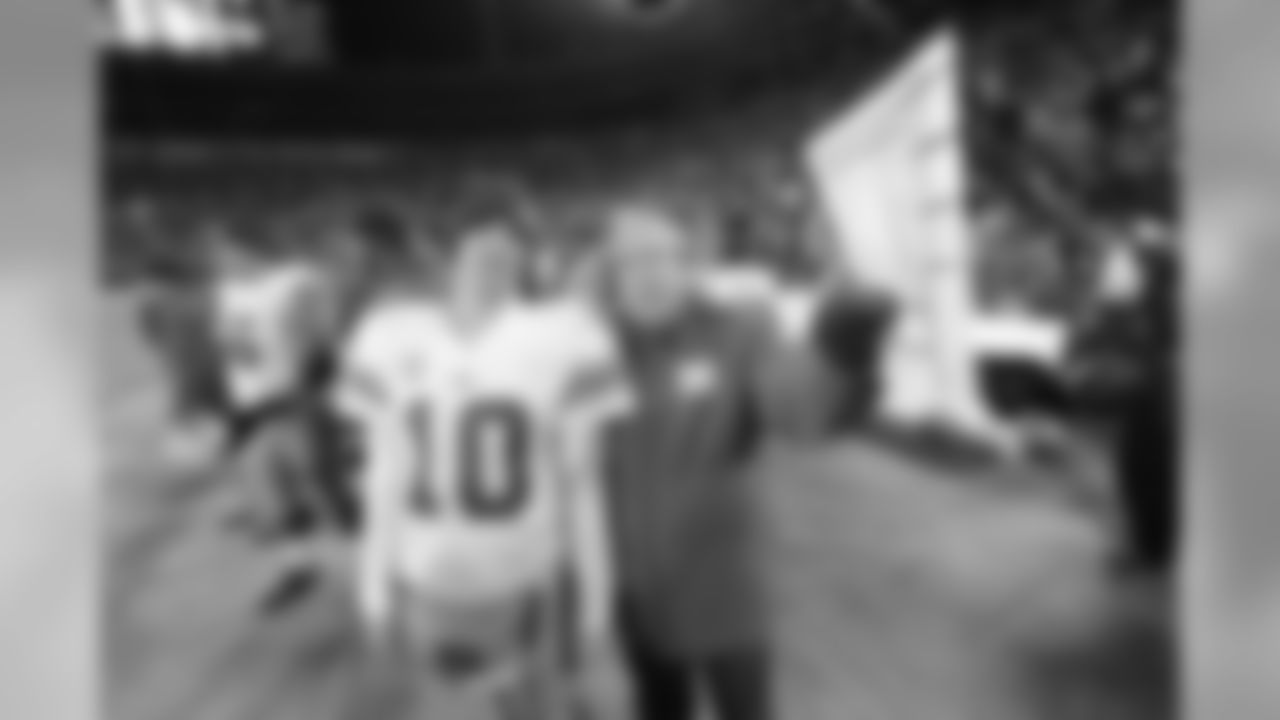
New York Giants tight end coach Michael Pope talks with quaterback Eli Manning (10) during an NFL football game against the Green Bay Packers on Sunday January 15, 2012 at Lambeau Field in Green Bay, Wisconsin (AP Photo/Evan Pinkus)
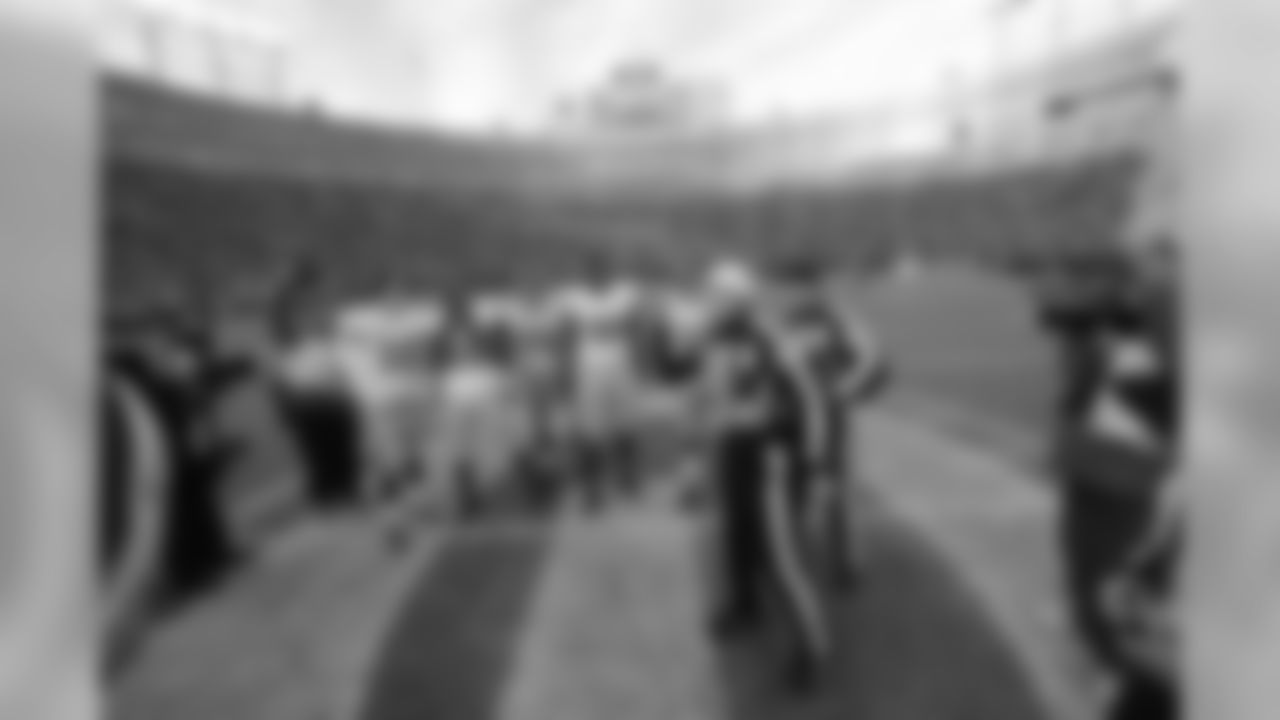
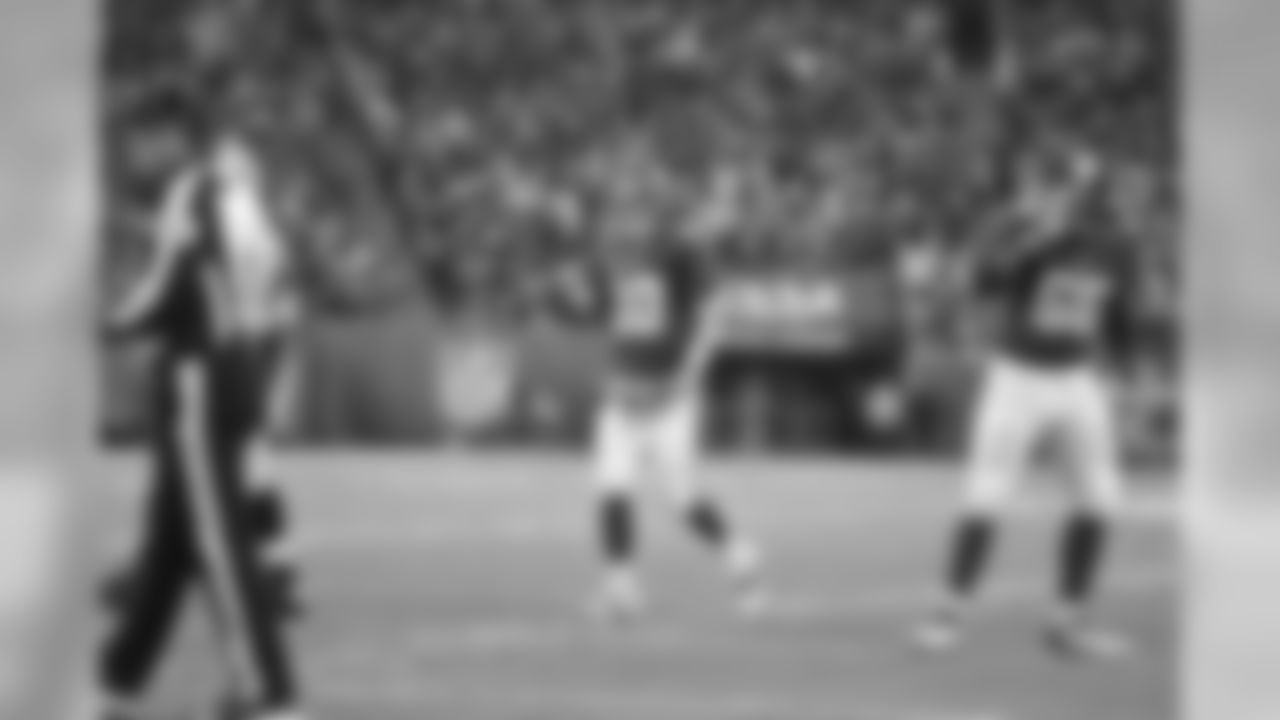

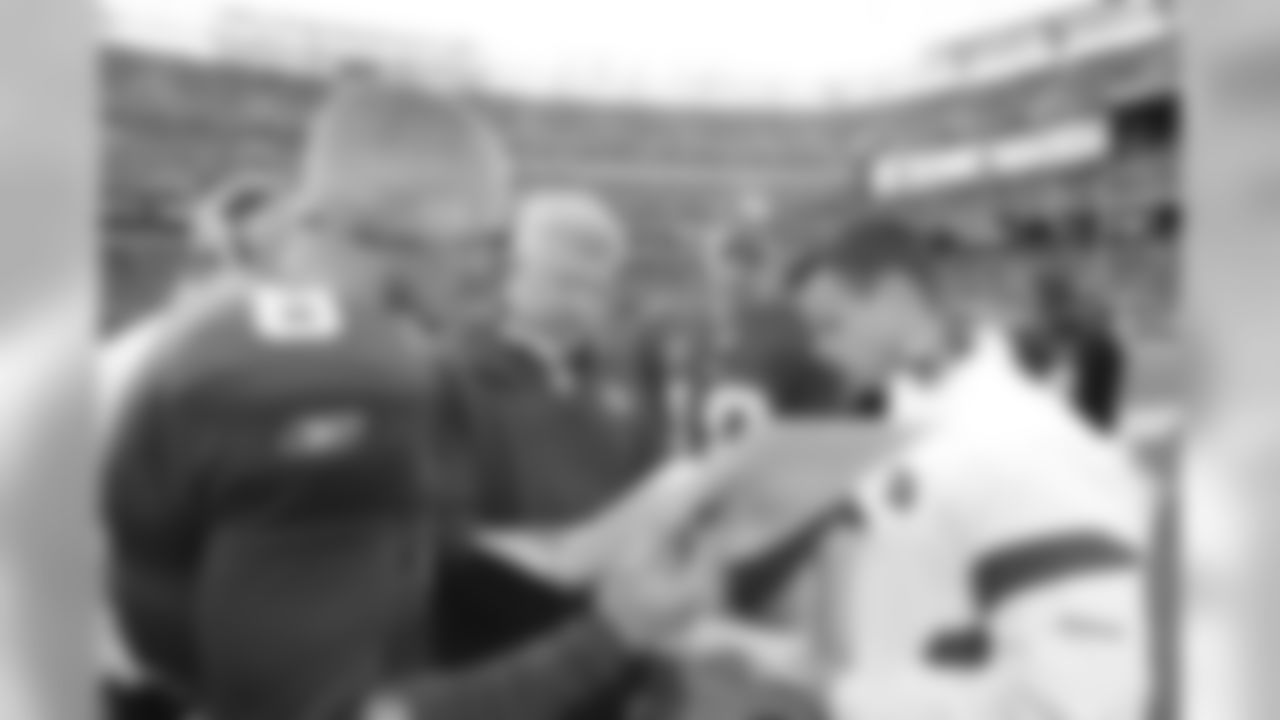
New York Giants vs. Atlanta Falcons 2011 Wild Card Game

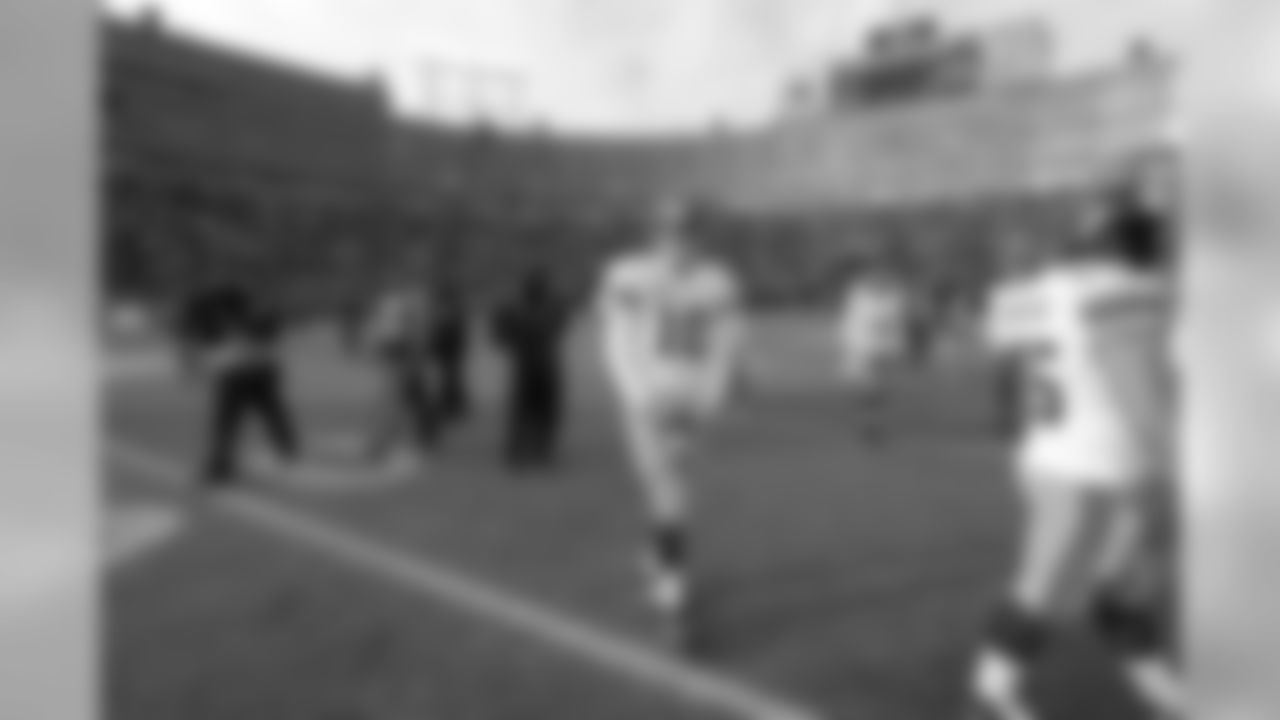

New York Giants during an NFL wild card playoff football game against the Atlanta Falcons on Sunday January 8, 2012 at MetLife Stadium in East Rutherford, New Jersey (AP Photo/Evan Pinkus)

New York Giants during an NFL wild card playoff football game against the Atlanta Falcons on Sunday January 8, 2012 at MetLife Stadium in East Rutherford, New Jersey (AP Photo/Evan Pinkus)
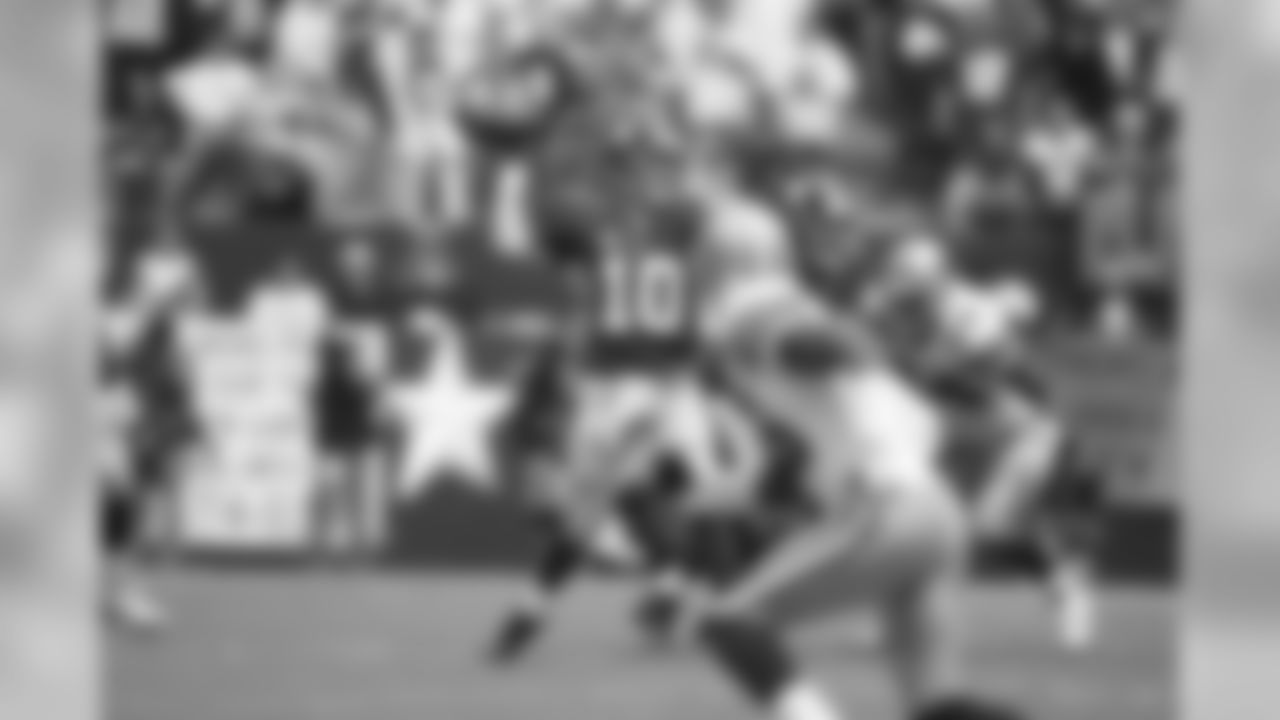
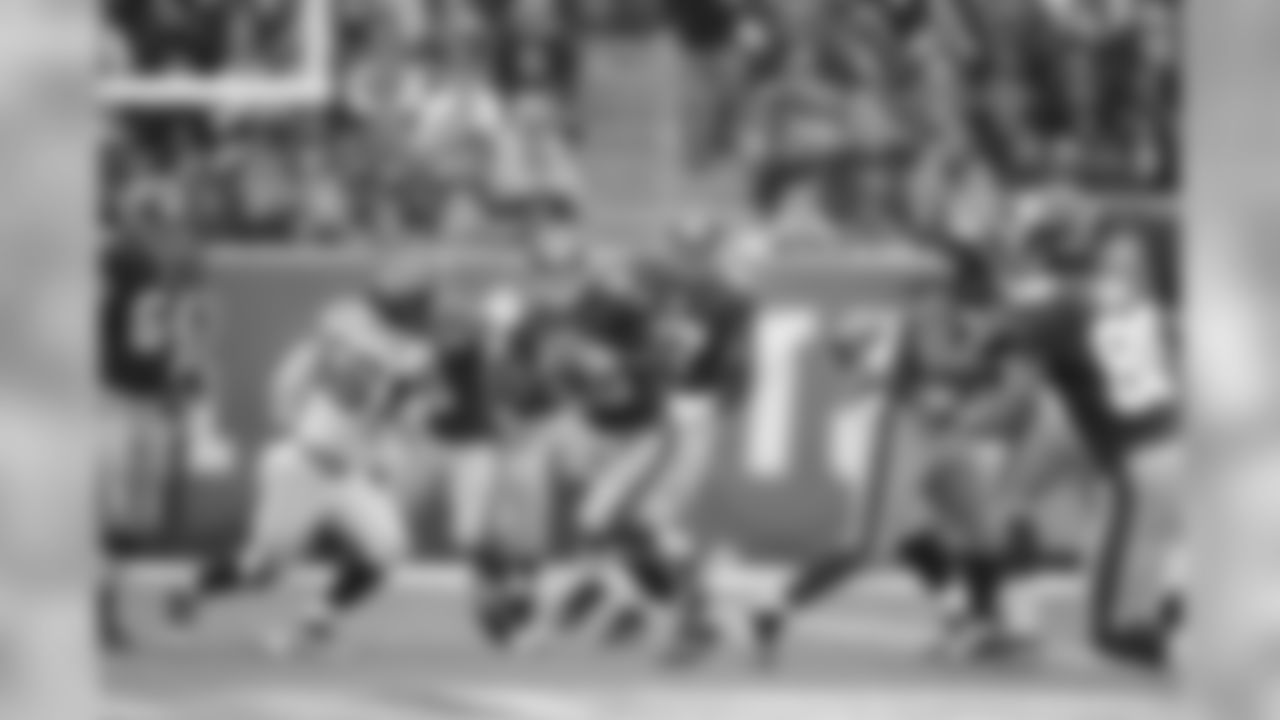
New York Giants during an NFL wild card playoff football game against the Atlanta Falcons on Sunday January 8, 2012 at MetLife Stadium in East Rutherford, New Jersey (AP Photo/Evan Pinkus)


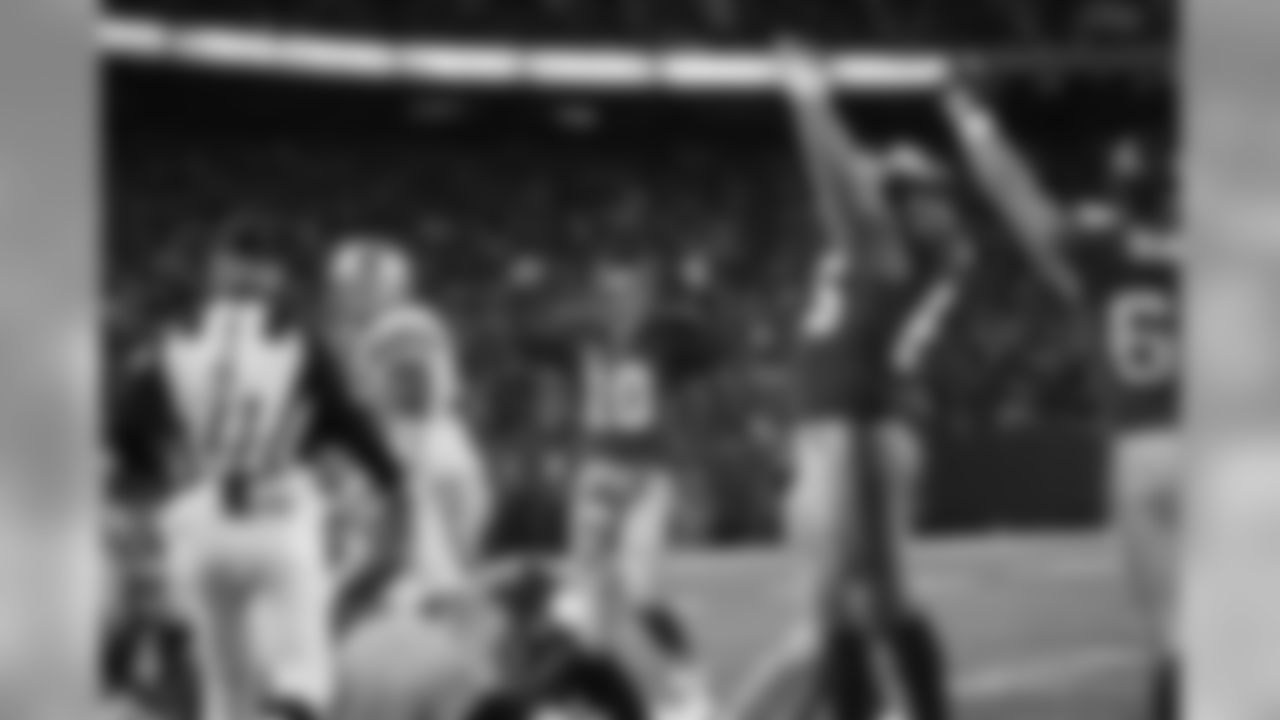

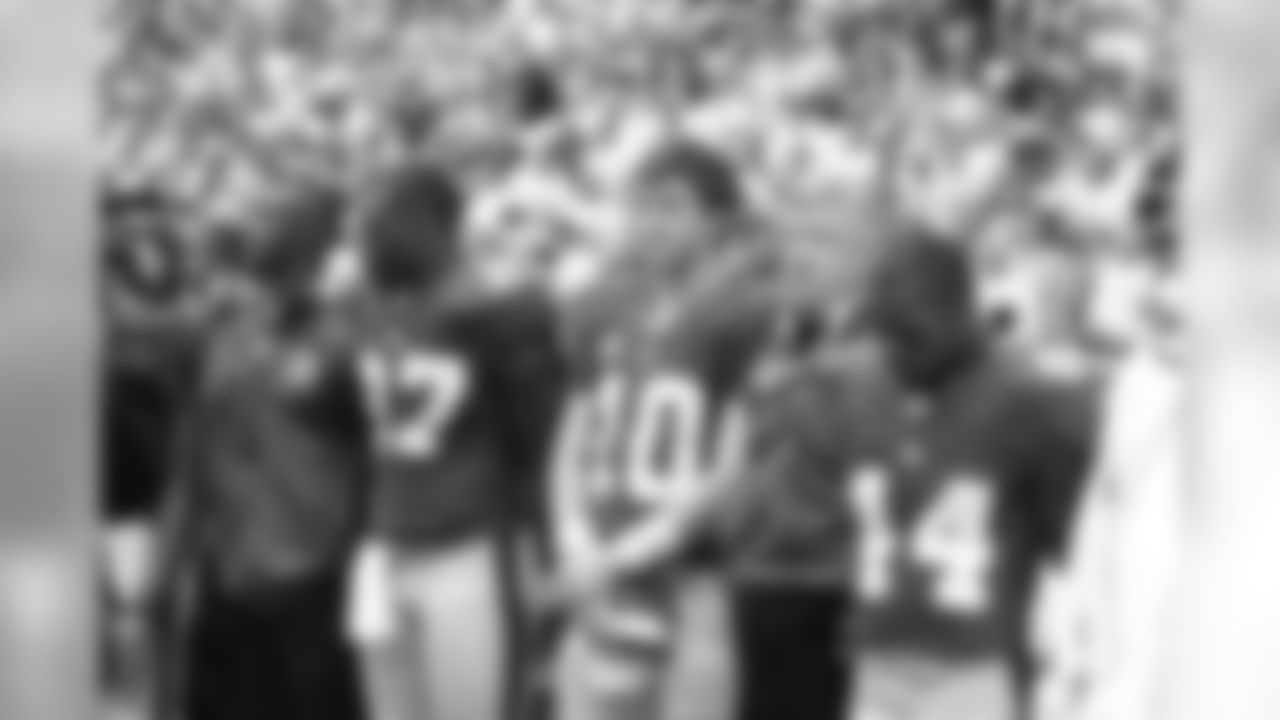


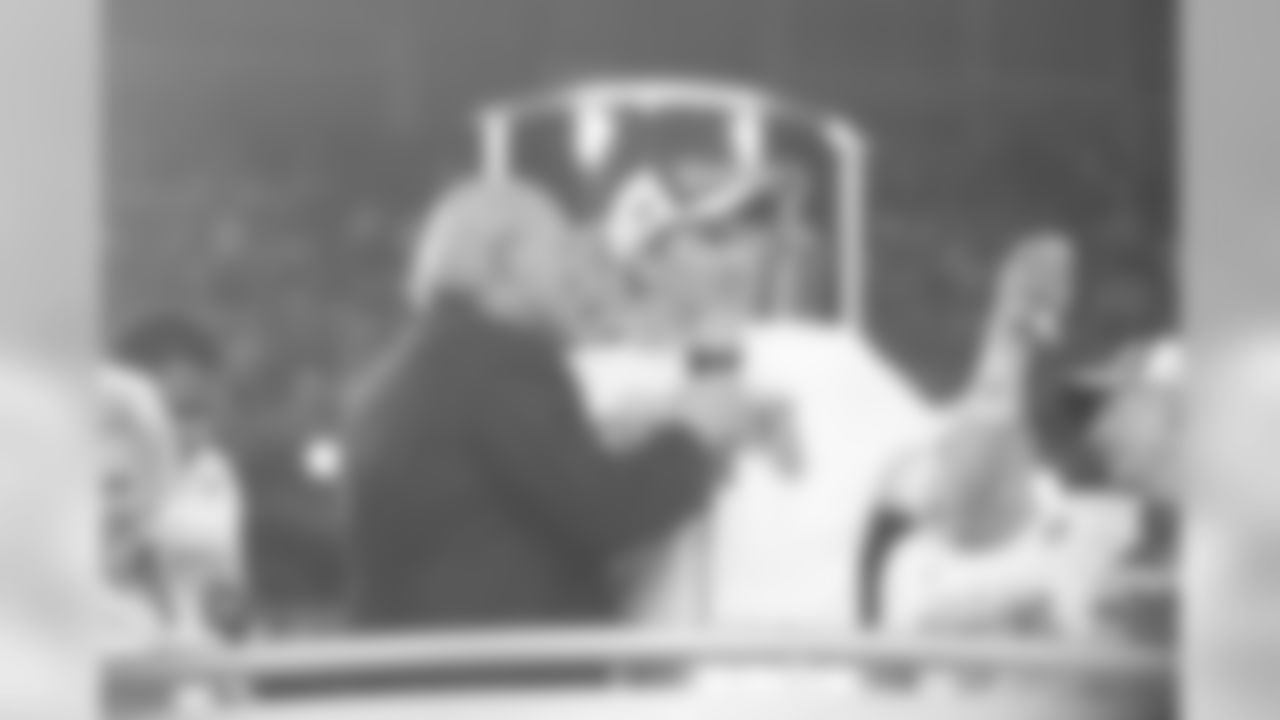
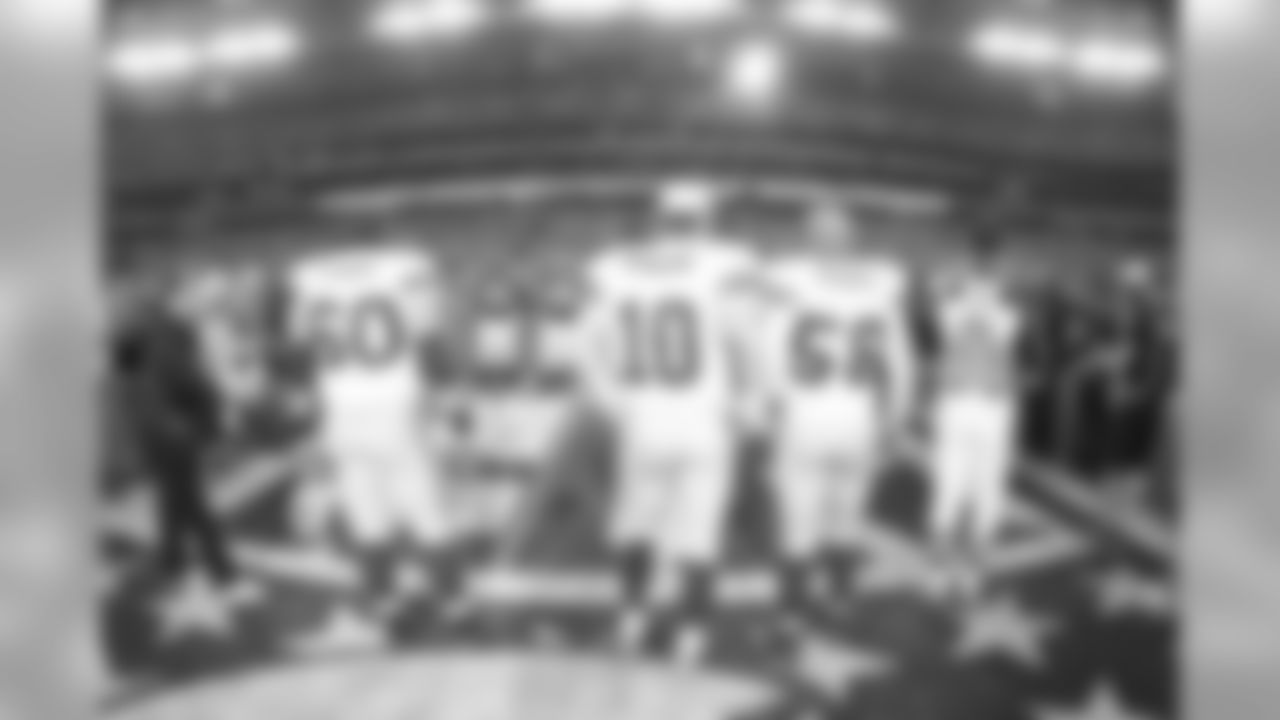


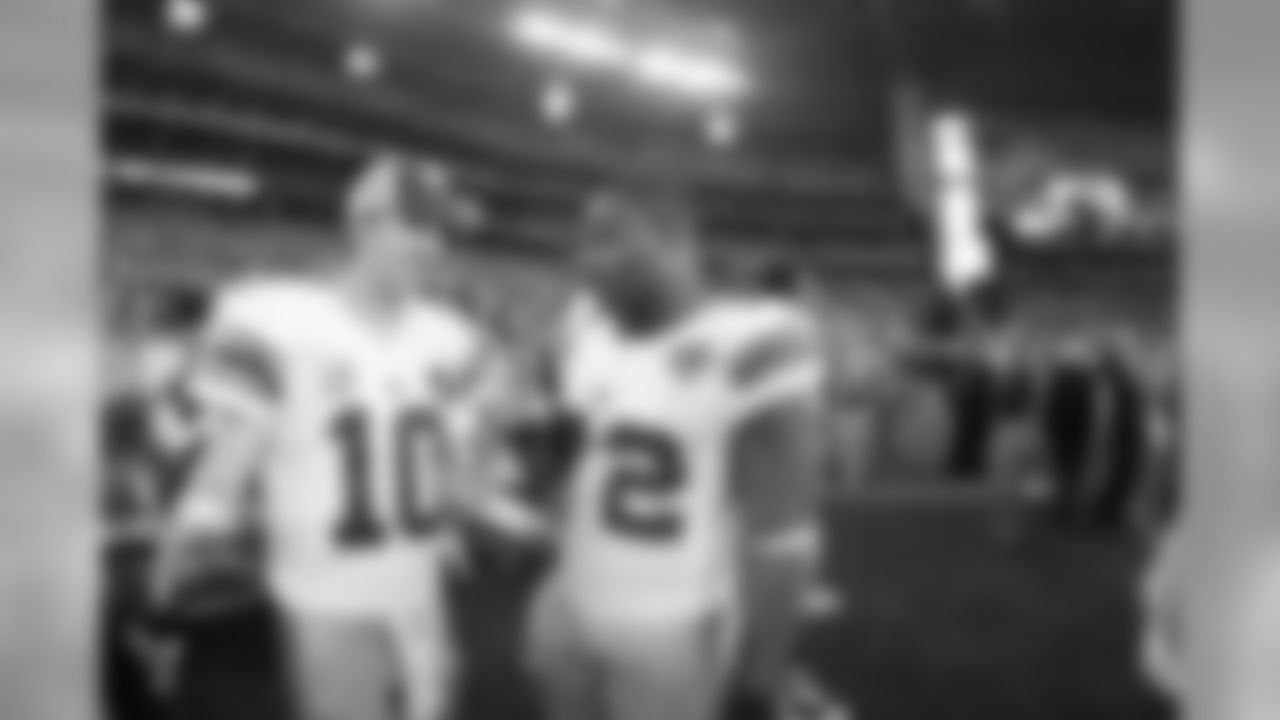
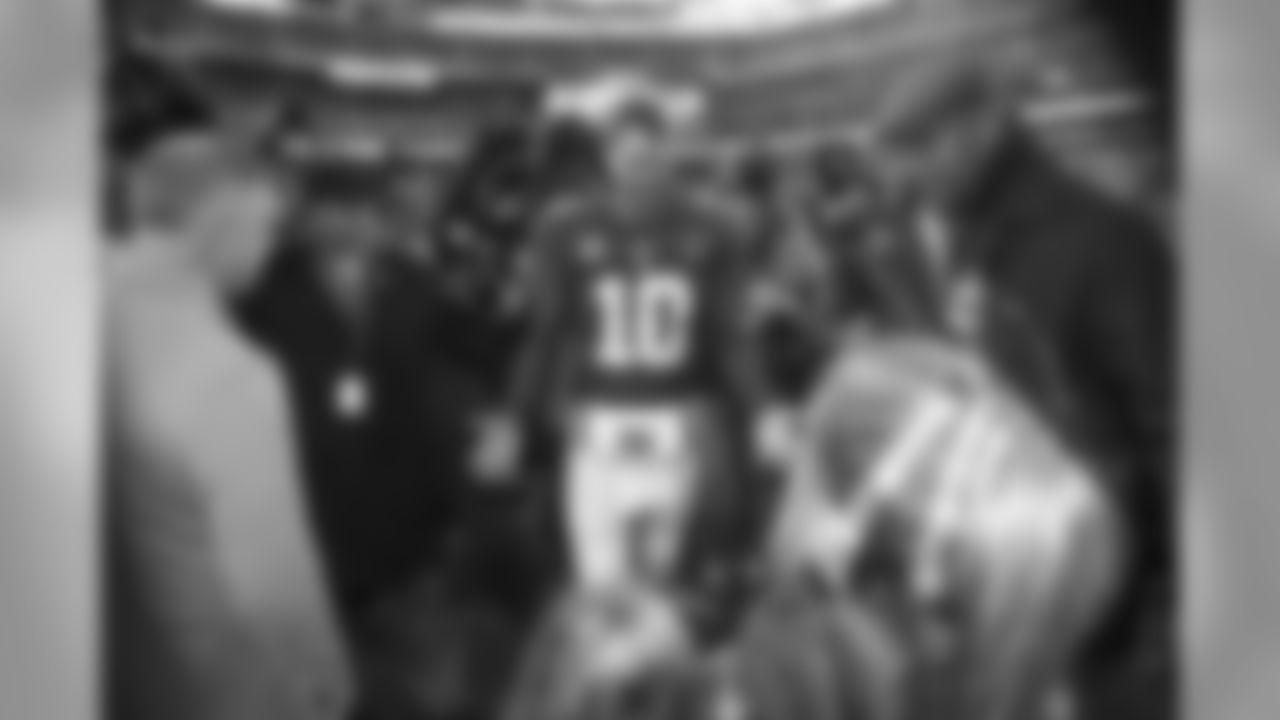
Eli Manning's last start as Giants QB

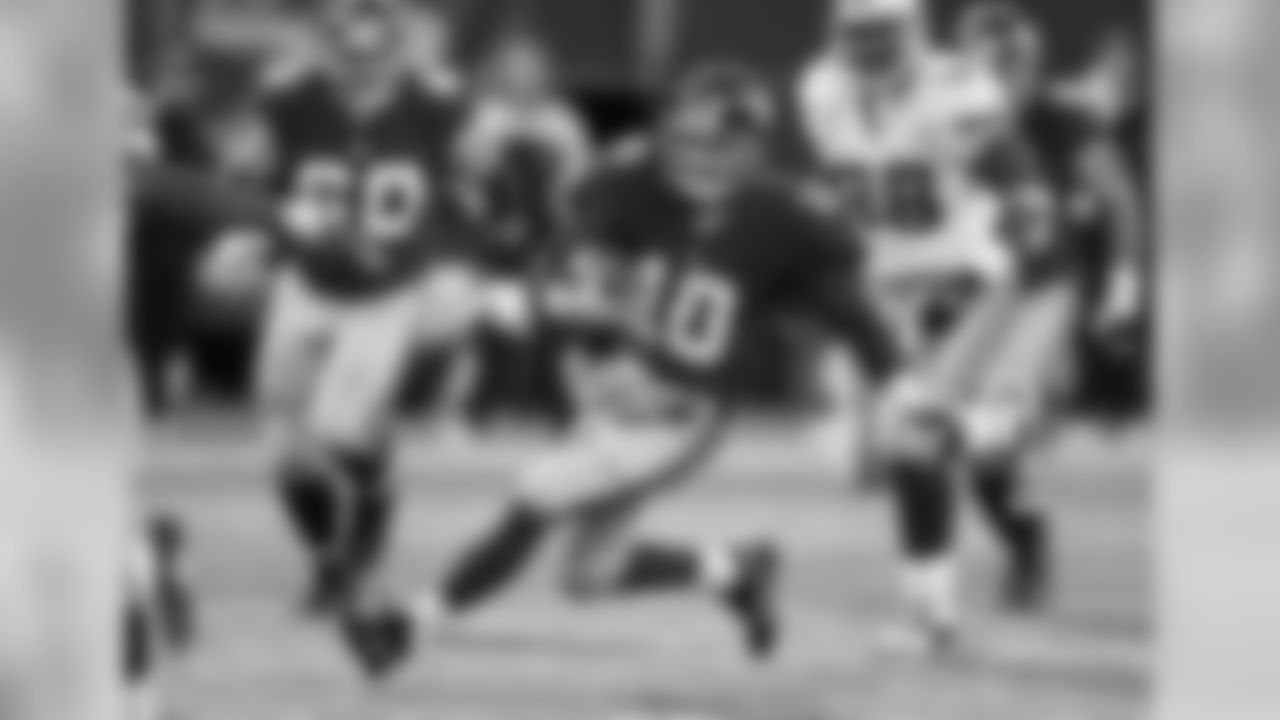
New York Giants quaterback Eli Manning in action against the Dallas Cowboys at the Meadowlands in East Rutherford,New Jersey
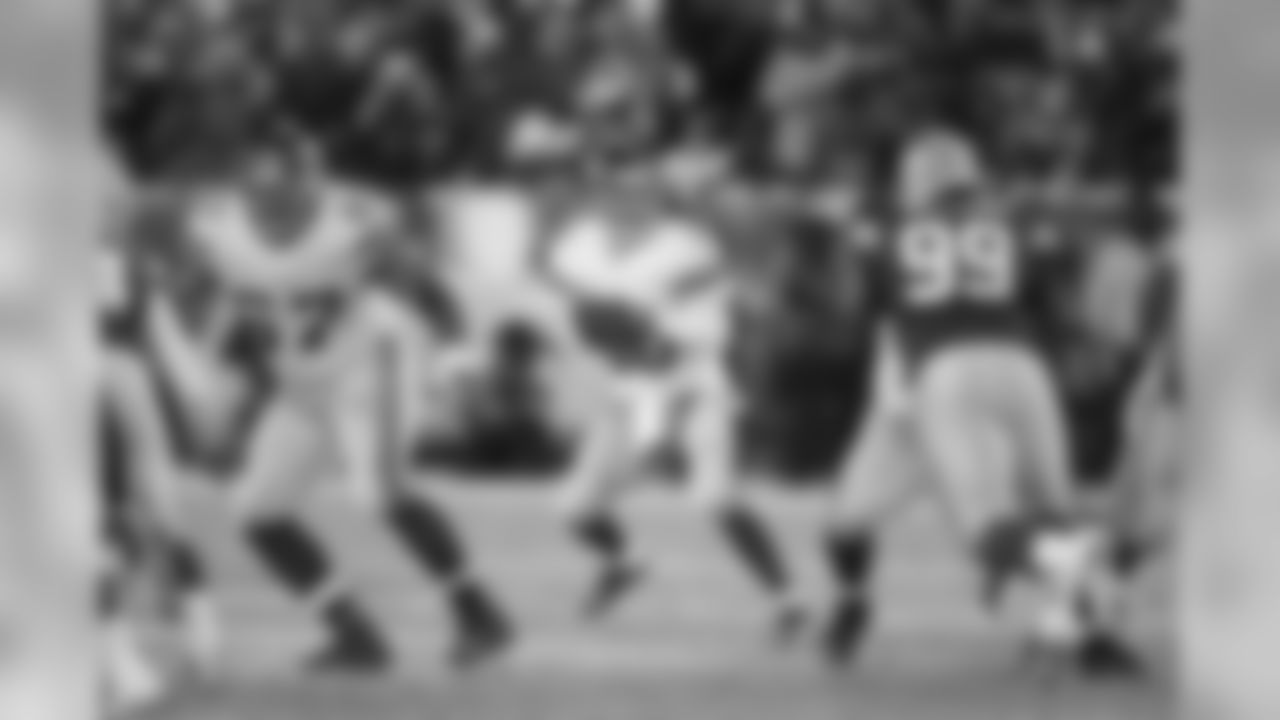
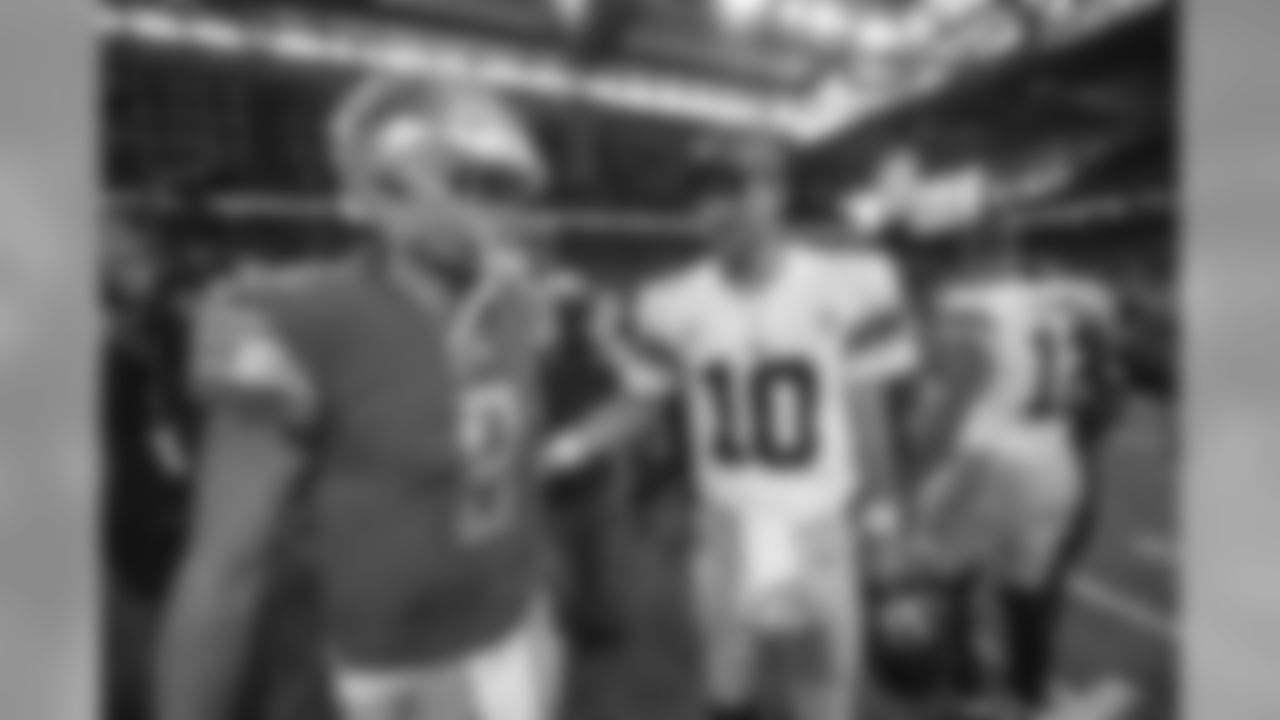
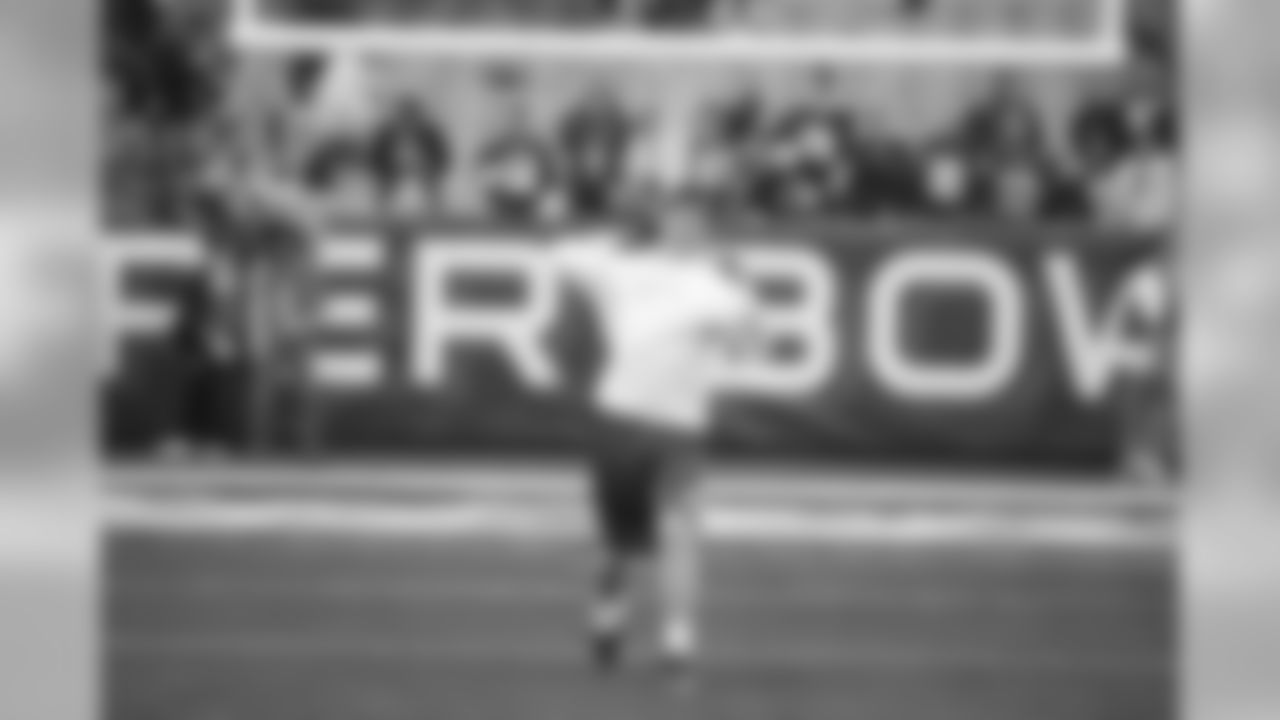


Eli Manning's last start as Giants QB
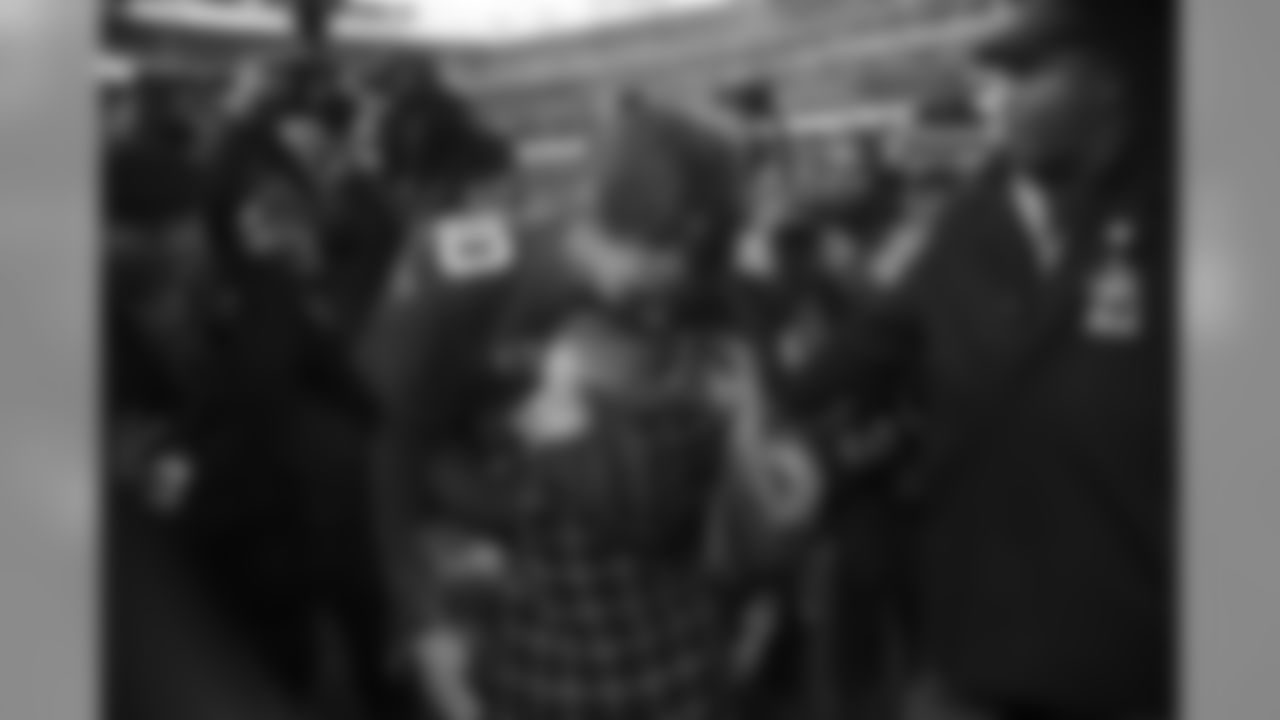
Eli Manning's last start as Giants QB

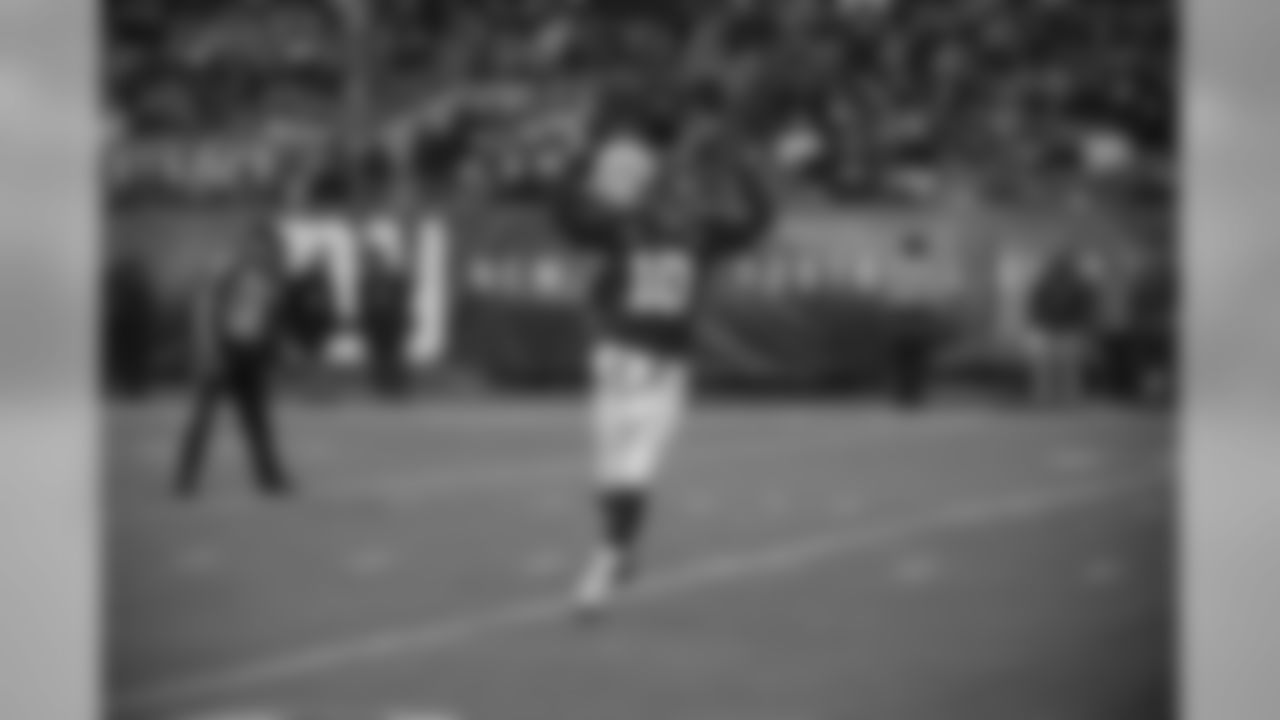
Eli Manning's last start as Giants QB

Eli Manning's last start as Giants QB

Eli Manning's last away game start
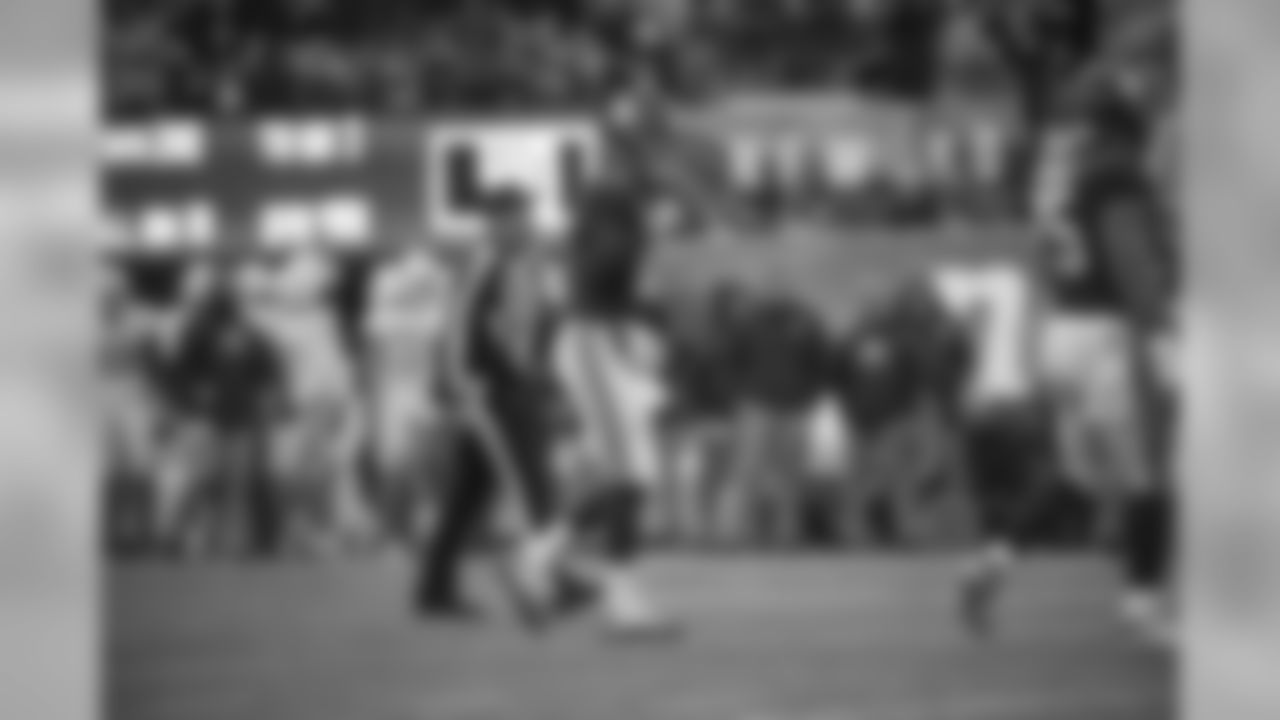
Eli Manning's last start as Giants QB
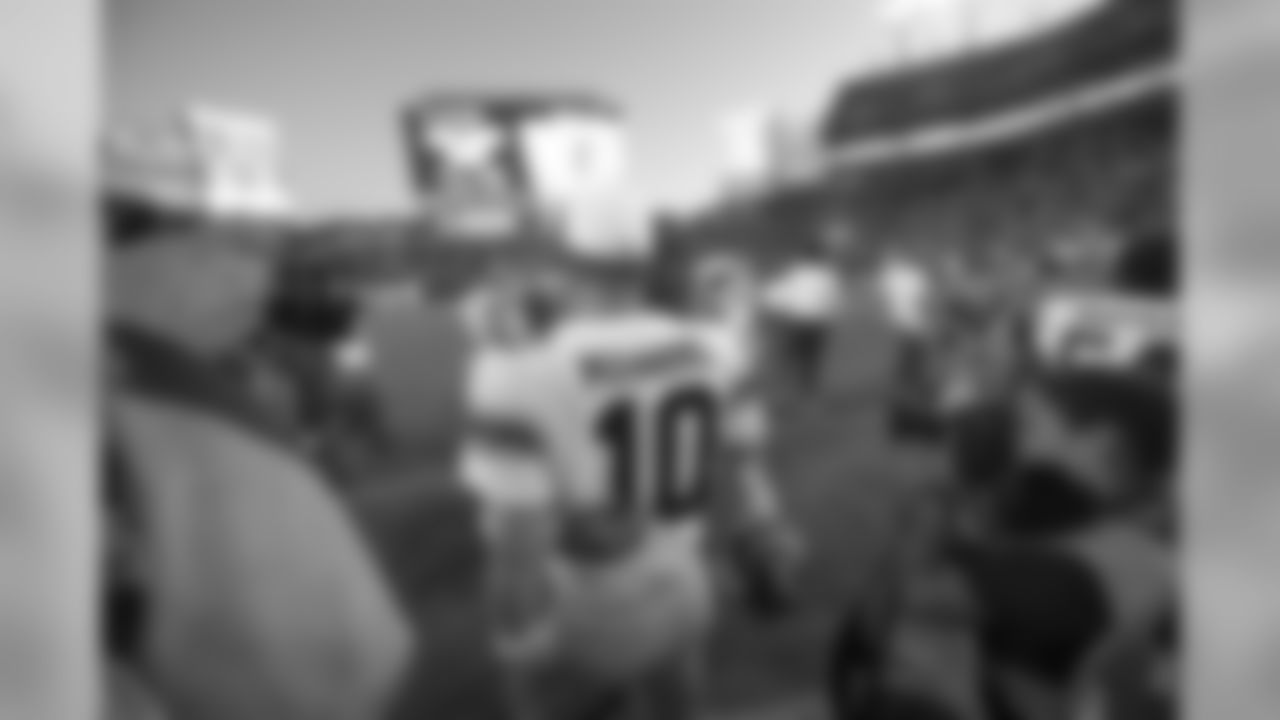


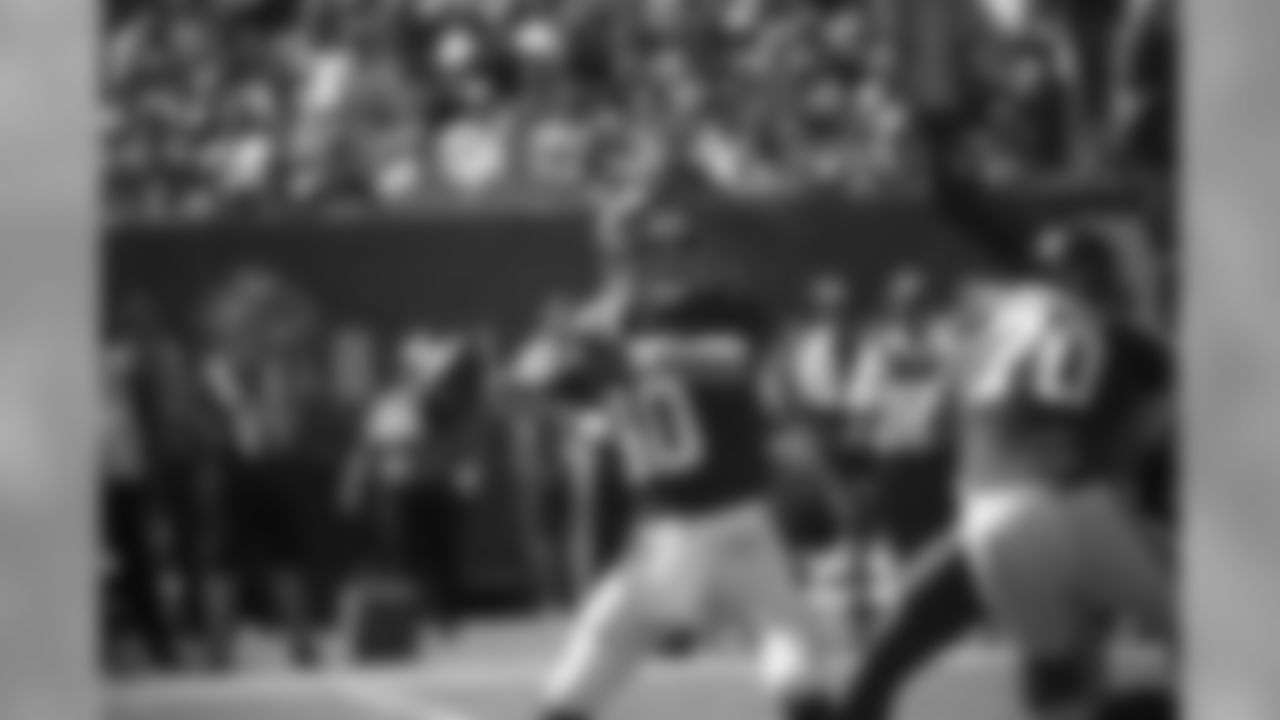
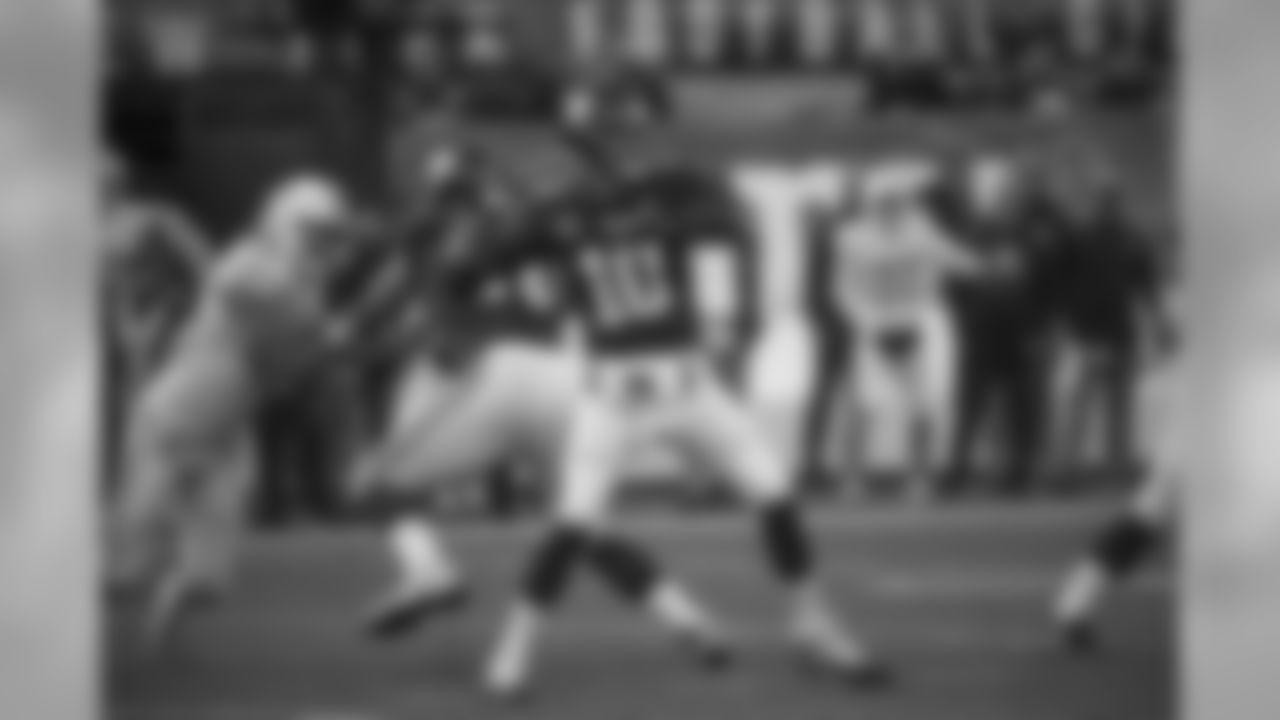
Eli Manning's last start as Giants QB
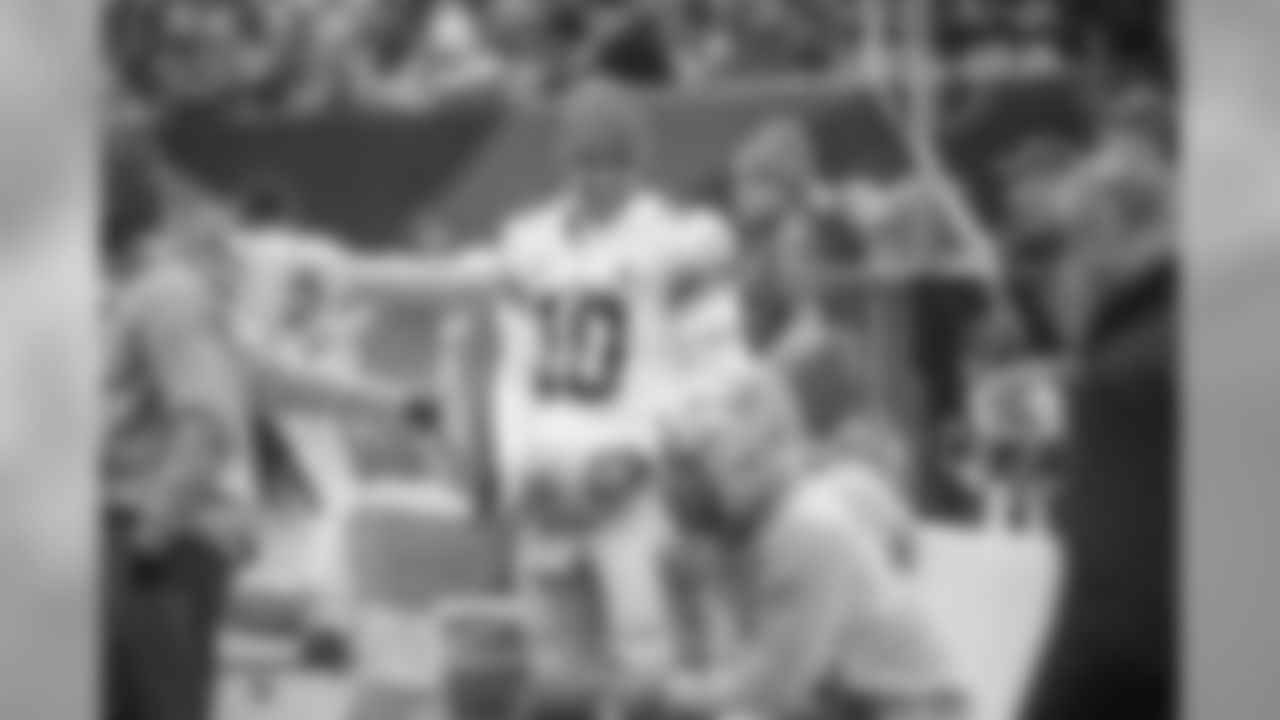
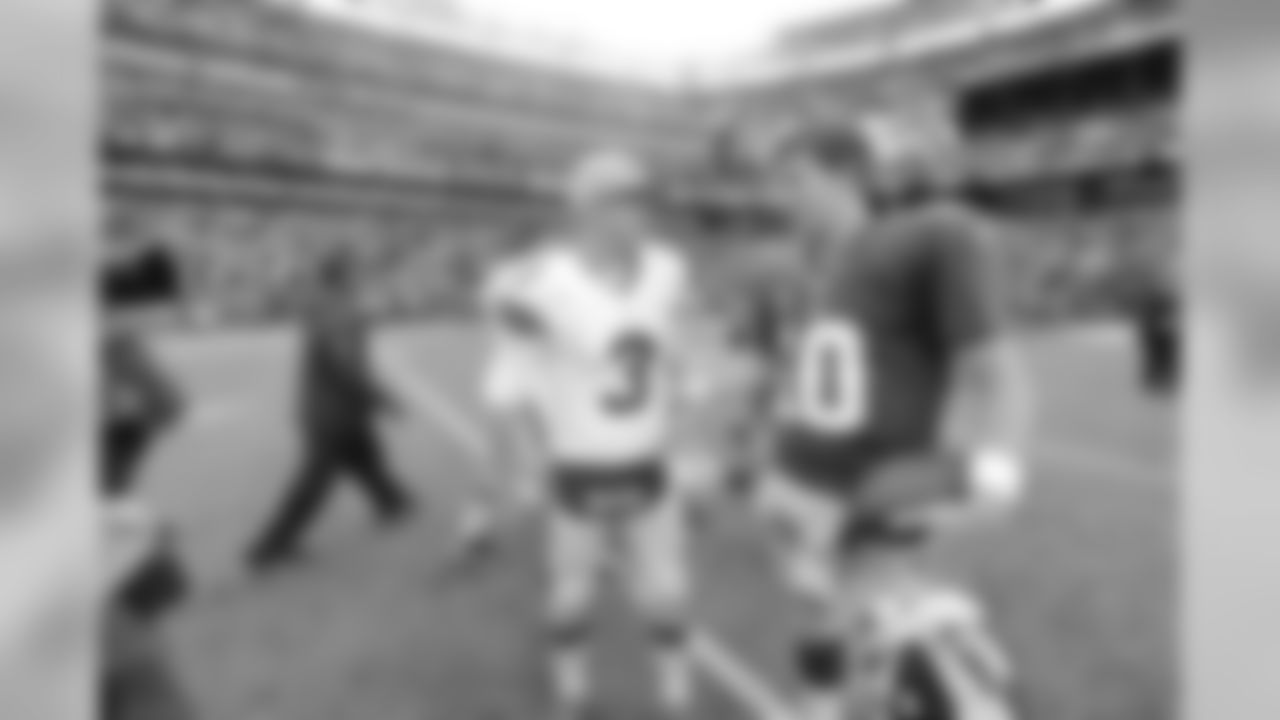
New York Giants during a week 5 football game against the Cleveland Browns on October 7, 2012 in East Rutherford, New Jersey(AP Photo/Evan Pinkus)

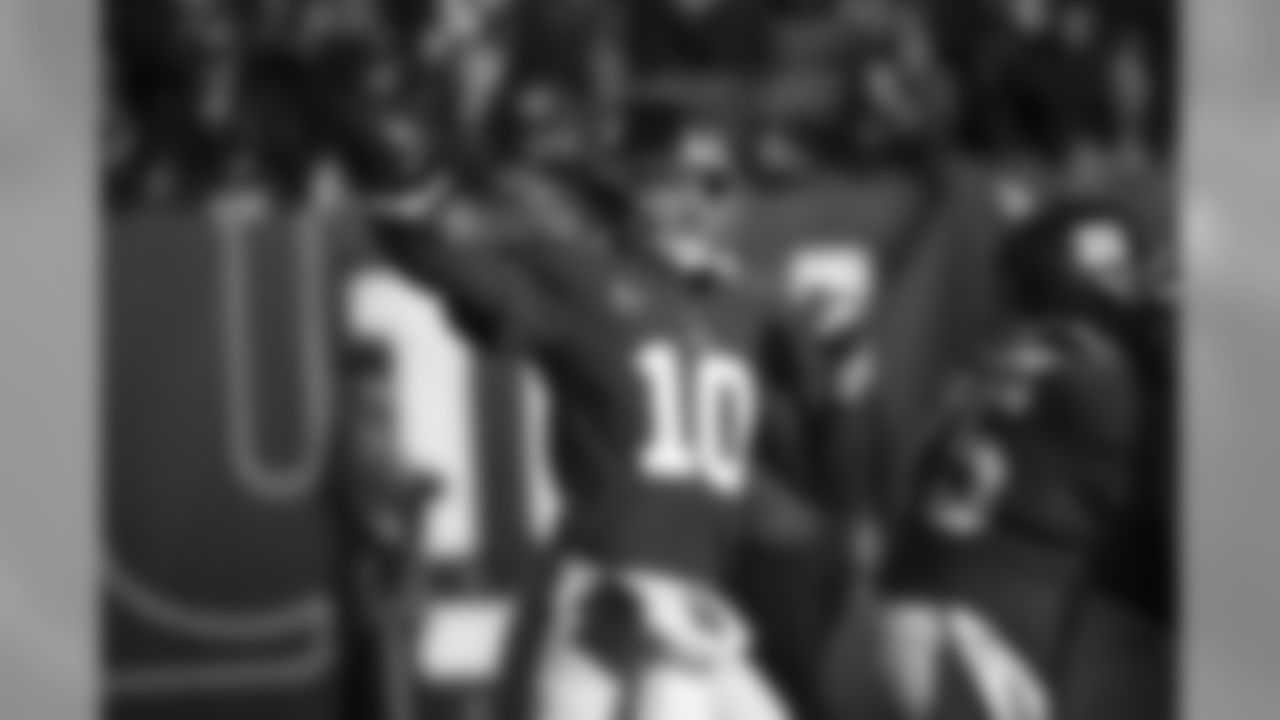
Eli Manning's last start as Giants QB
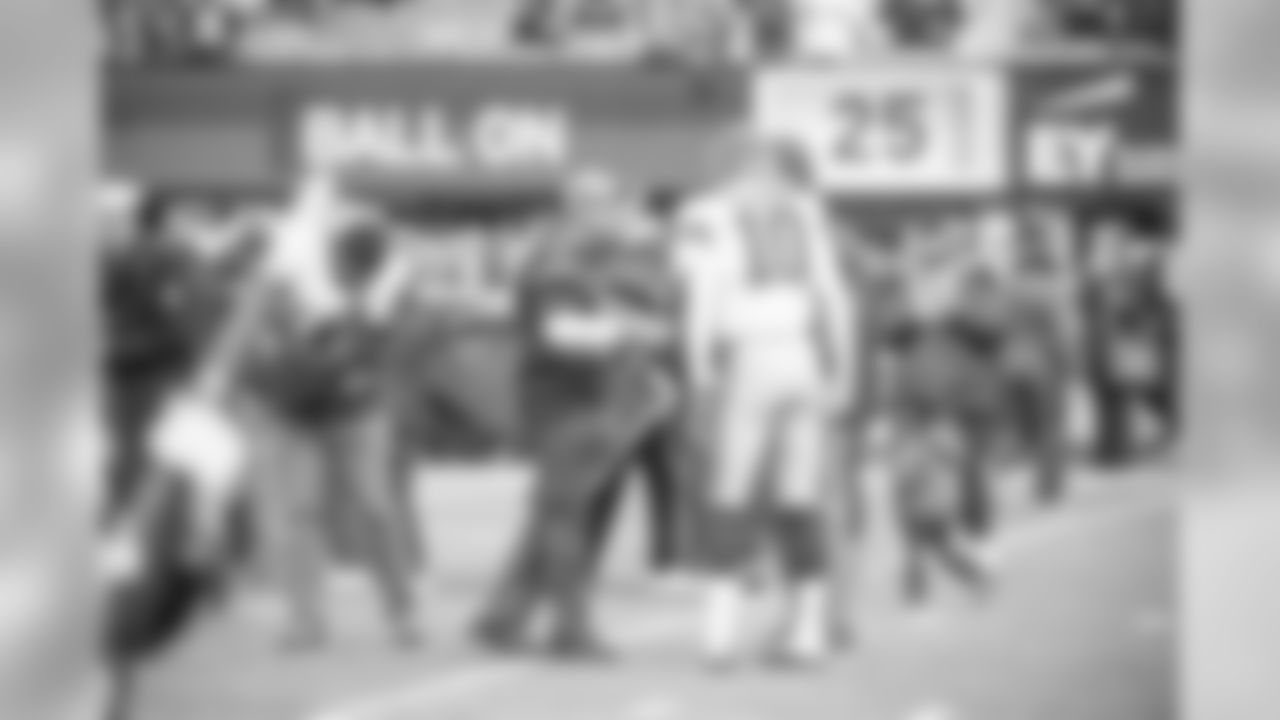



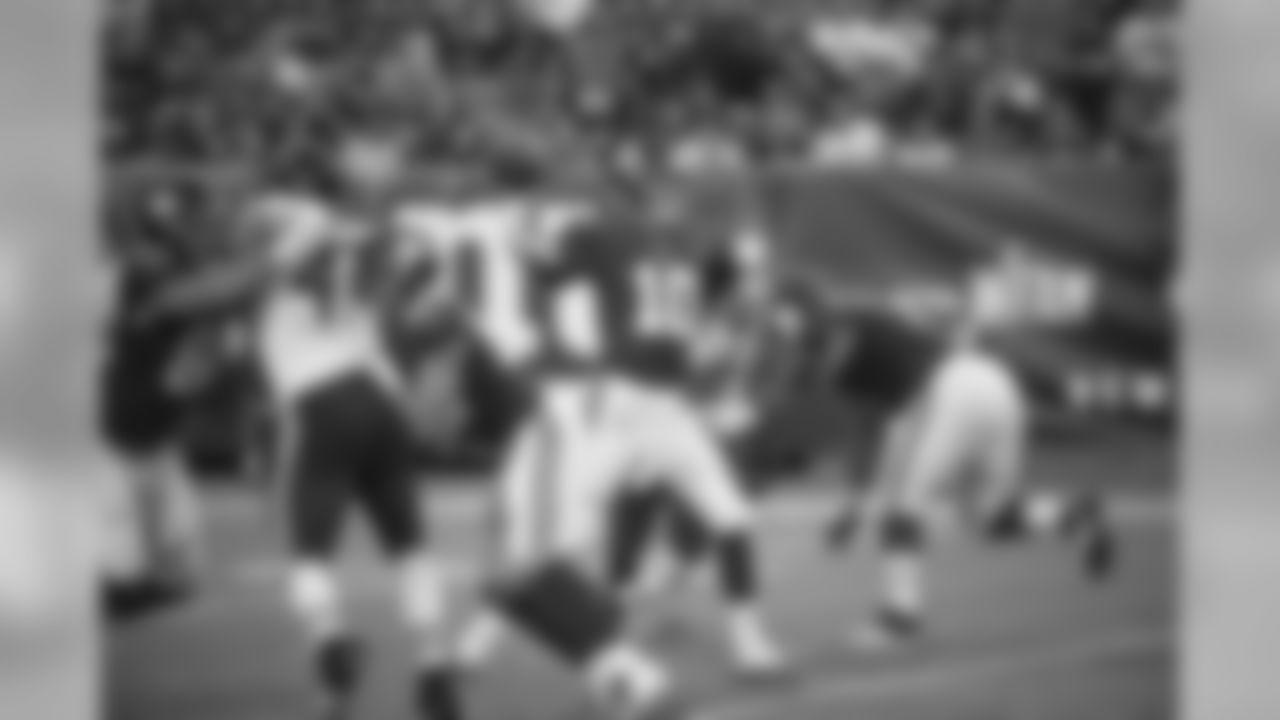
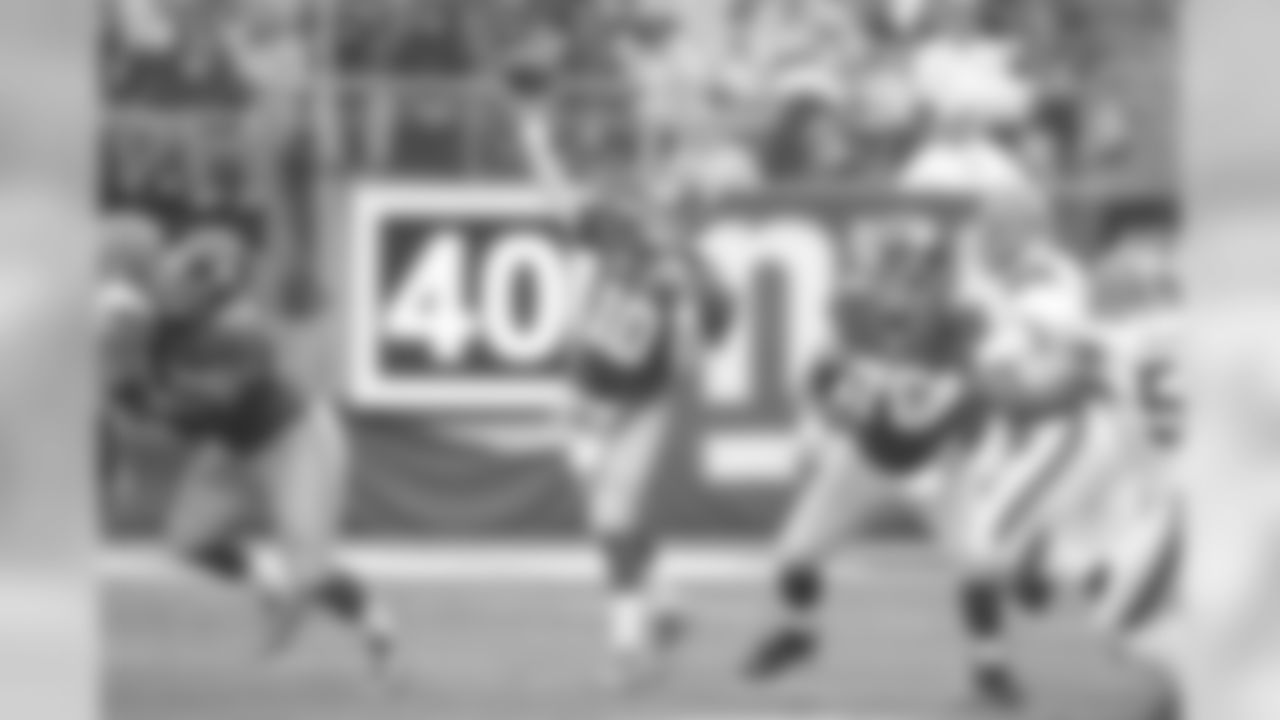
New York Giants during a week 5 football game against the Cleveland Browns on October 7, 2012 in East Rutherford, New Jersey(AP Photo/Evan Pinkus)

New York Giants during a week 5 football game against the Cleveland Browns on October 7, 2012 in East Rutherford, New Jersey(AP Photo/Evan Pinkus)
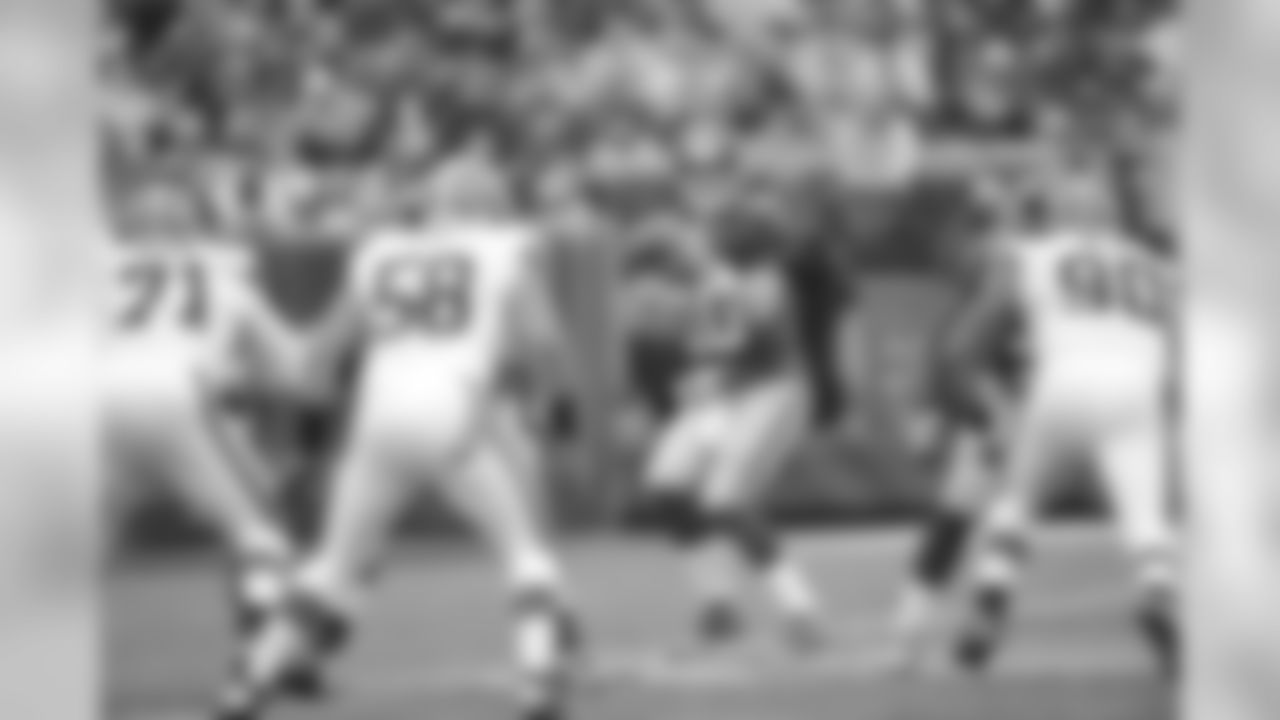
New York Giants during a week 5 football game against the Cleveland Browns on October 7, 2012 in East Rutherford, New Jersey(AP Photo/Evan Pinkus)
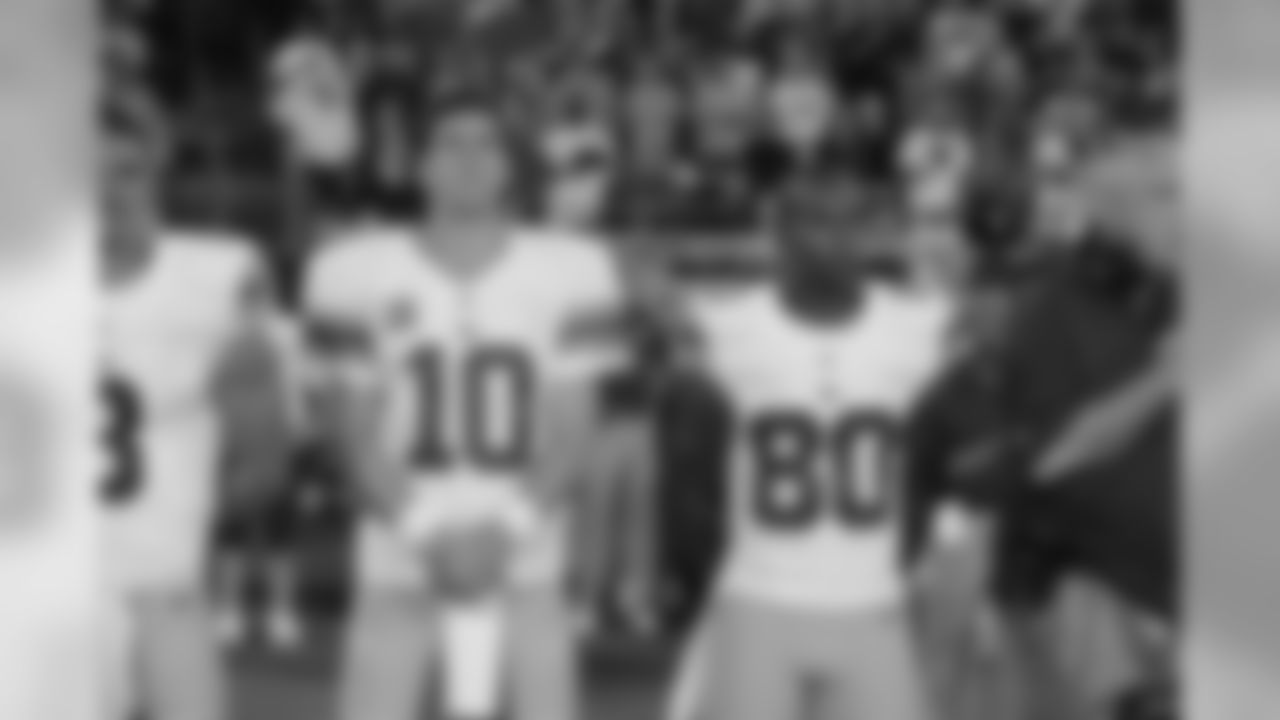
New York Giants during a week 10 football game against the Cincinnati Bengals on November 11, 2012 in Cincinnati, Ohio (AP Photo/Evan Pinkus)

New York Giants during a week 12 football game against the Green Bay Packers on November 25, 2012 in East Rutherford, New Jersey (AP Photo/Evan Pinkus)

New York Giants during a week 10 football game against the Cincinnati Bengals on November 11, 2012 in Cincinnati, Ohio (AP Photo/Evan Pinkus)
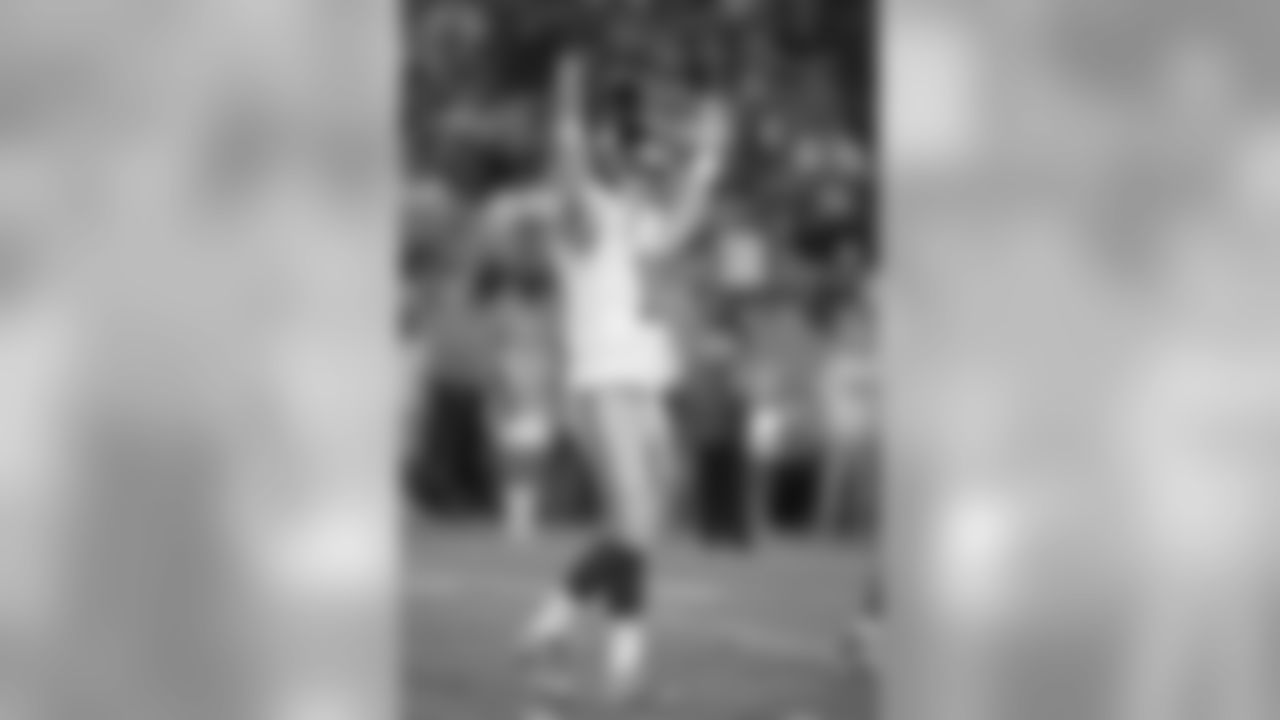
New York Giants during a week 10 football game against the Cincinnati Bengals on November 11, 2012 in Cincinnati, Ohio (AP Photo/Evan Pinkus)
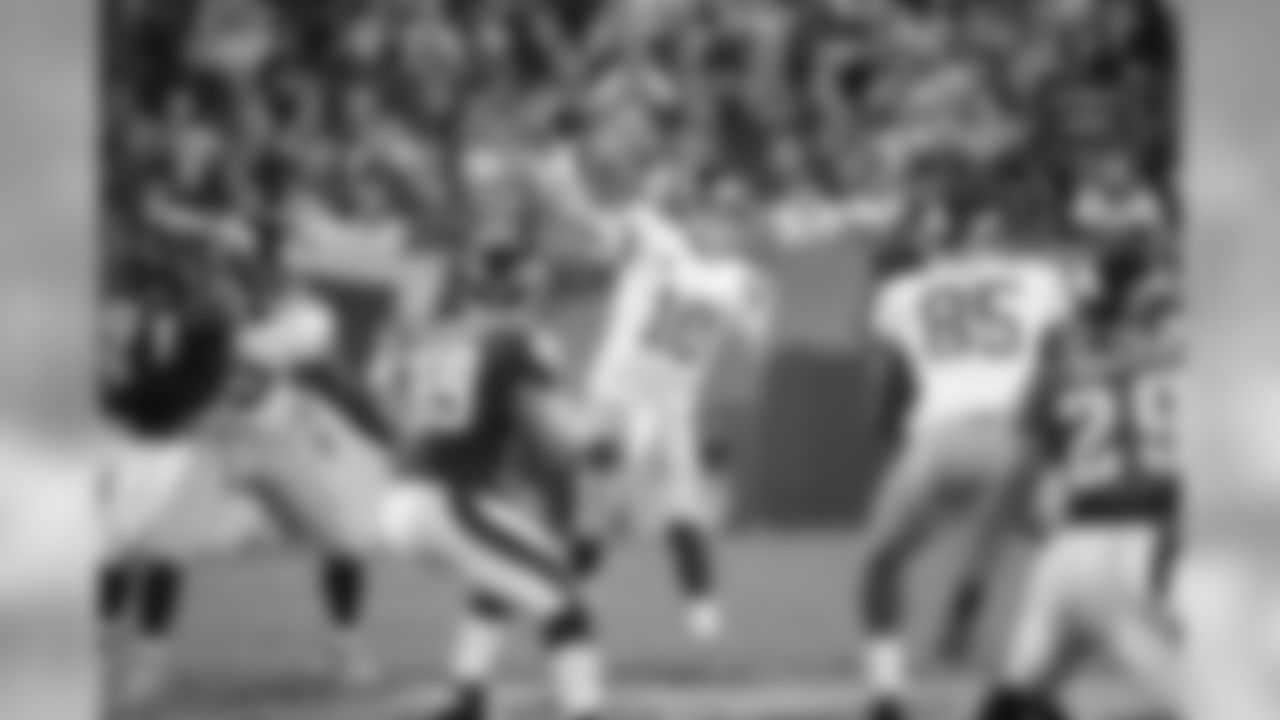
New York Giants during a week 5 football game against the Cleveland Browns on October 7, 2012 in East Rutherford, New Jersey(AP Photo/Evan Pinkus)

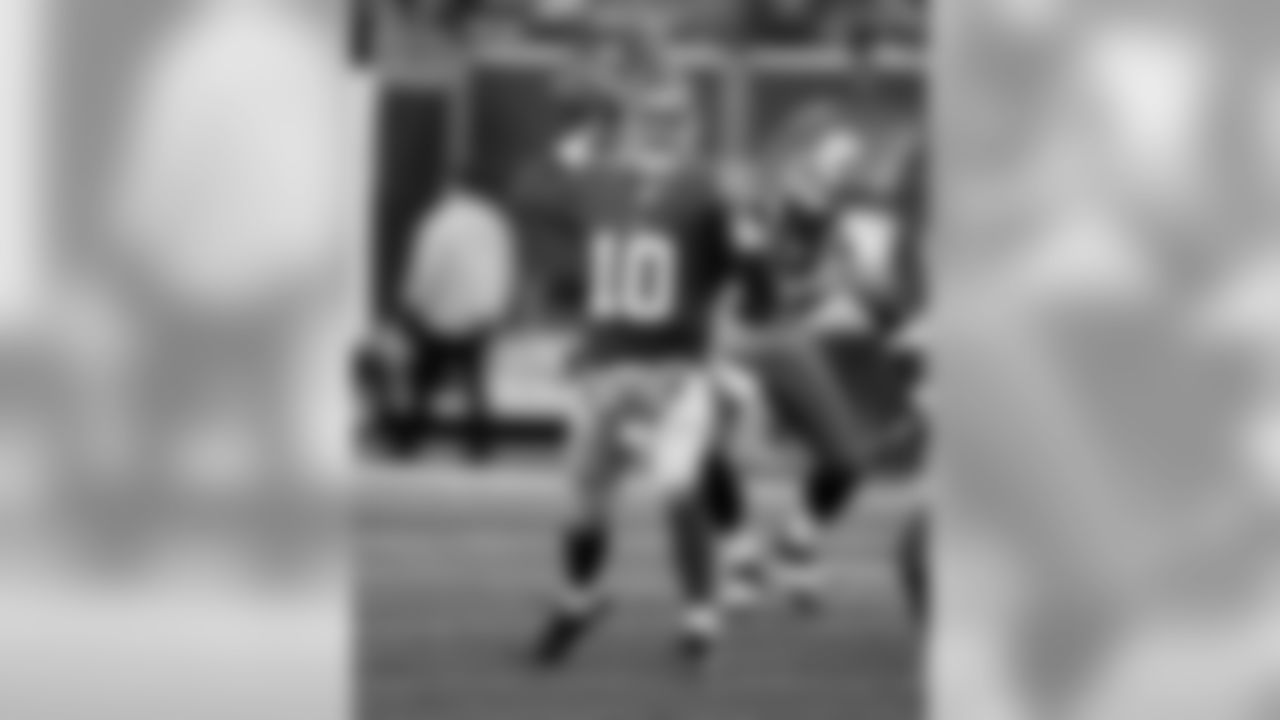
New York Giants Eli Manning in action against the Tampa Bay Buccaneers. The Giants beat the Bucs 17-3 at the Meadowlands in East Rutherford, New Jersey.


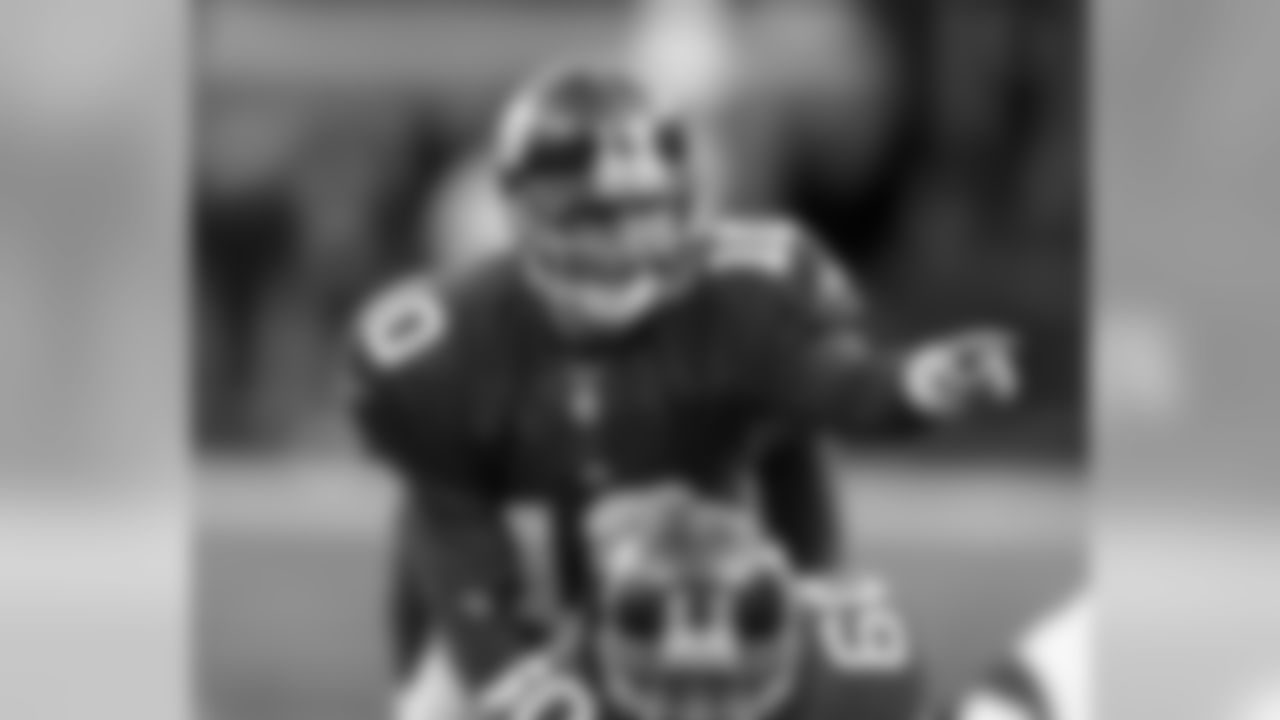
New York Giants quaterback Eli Manning in action against the Tampa Bay Buccaneers . The Giants beat the Bucs 17-3 at the Meadowlands in East Rutherford, New Jersey.
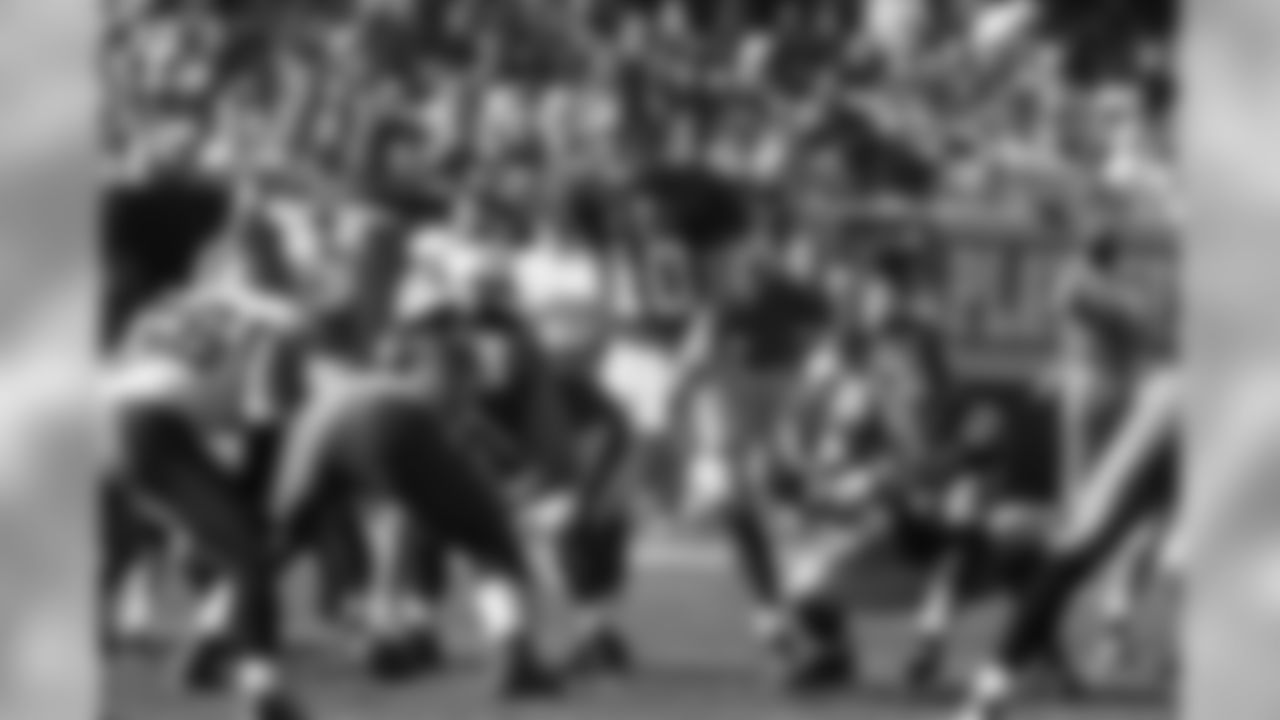
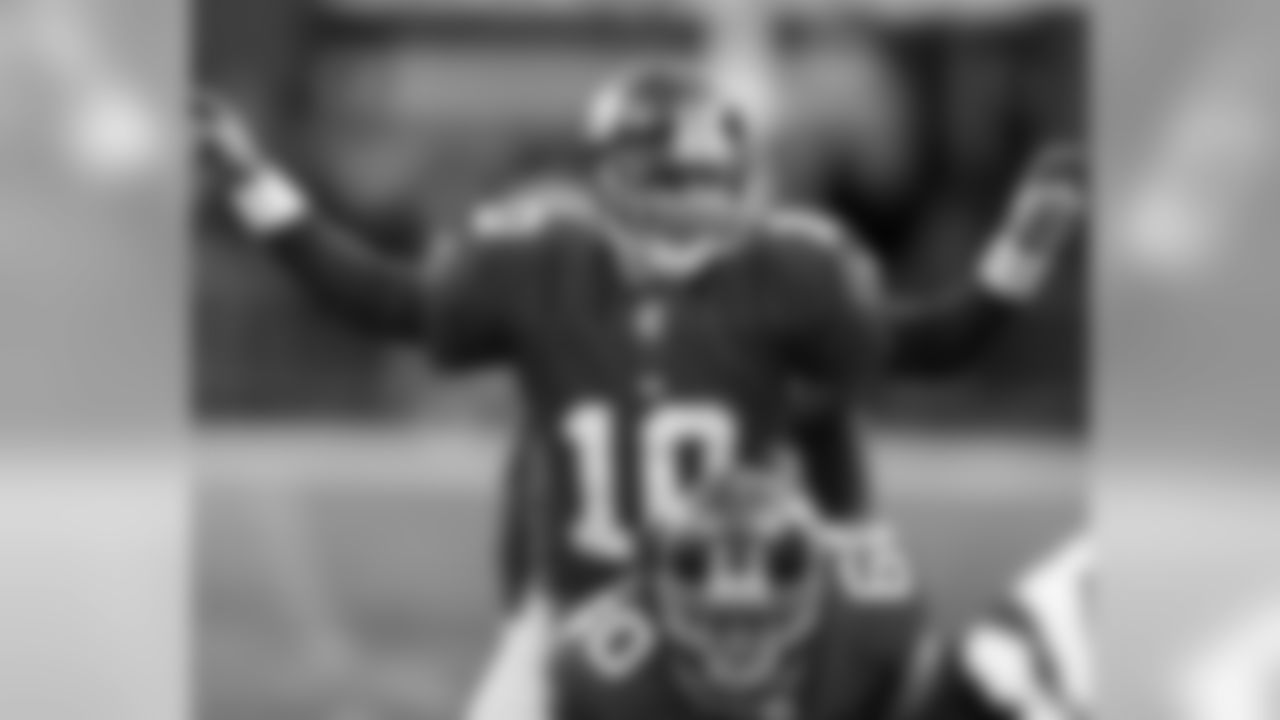
New York Giants quaterback Eli Manning in action against the Tampa Bay Buccaneers . The Giants beat the Bucs 17-3 at the Meadowlands in East Rutherford, New Jersey.
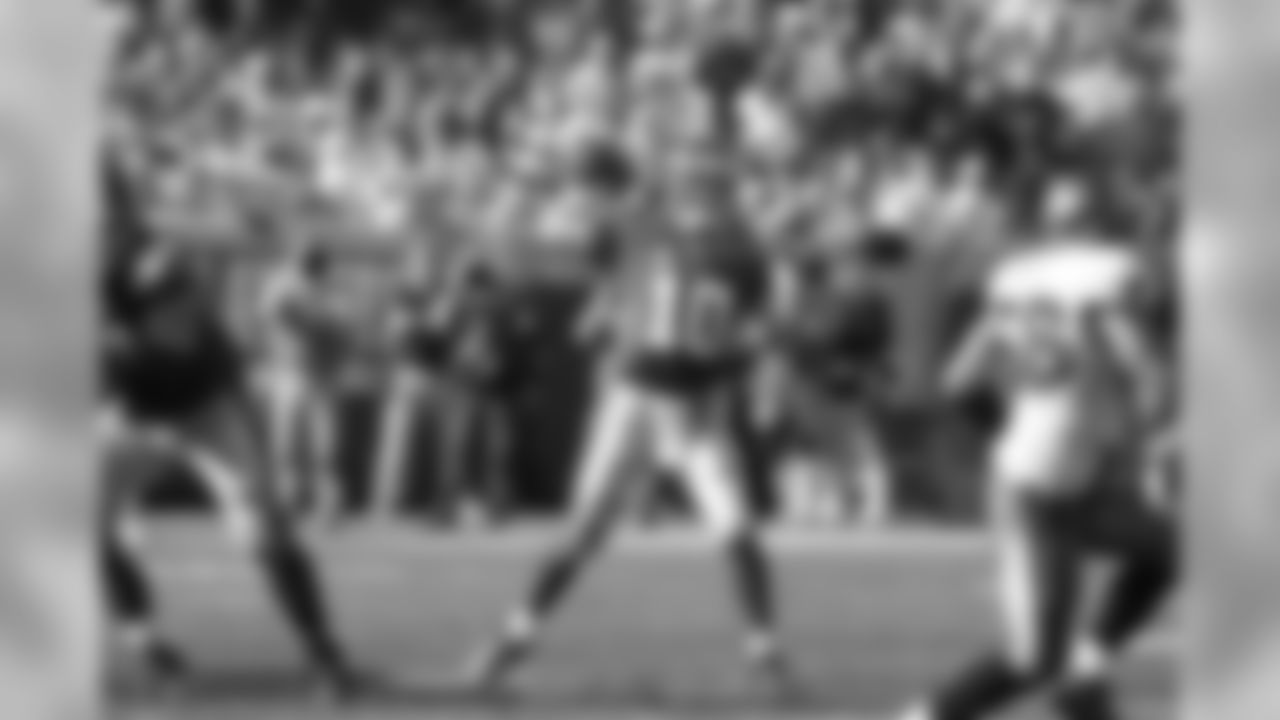
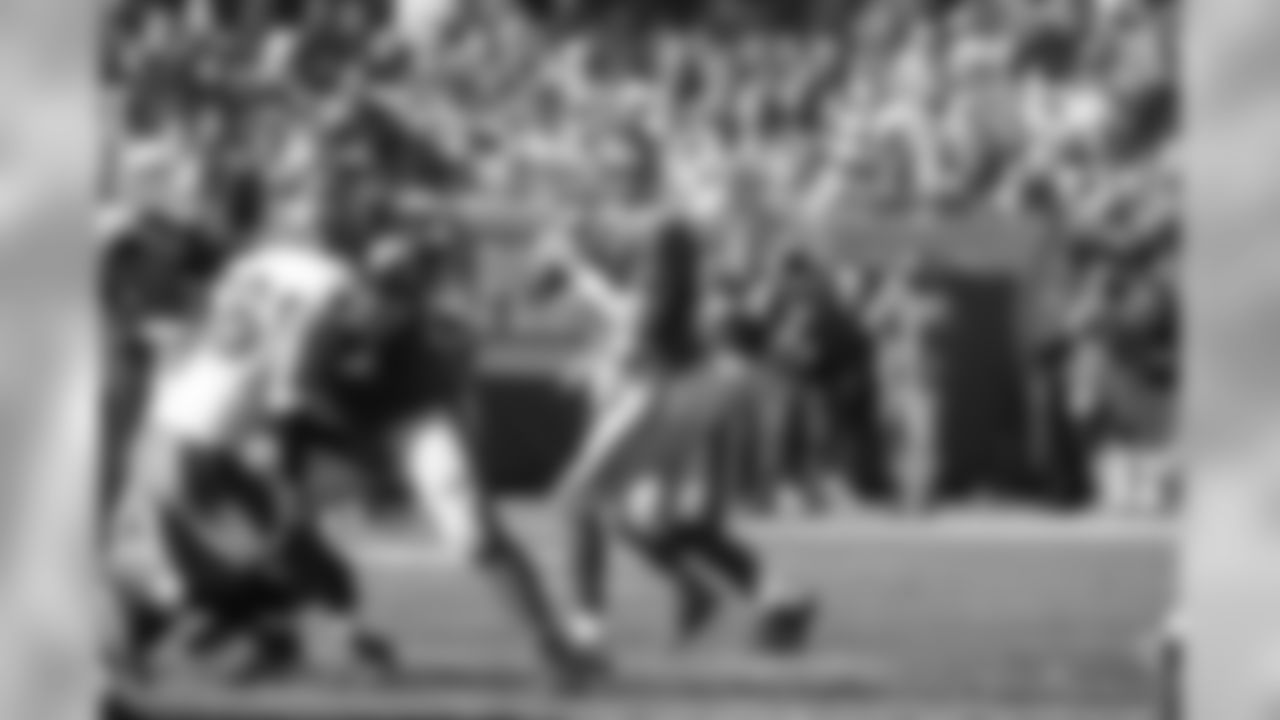
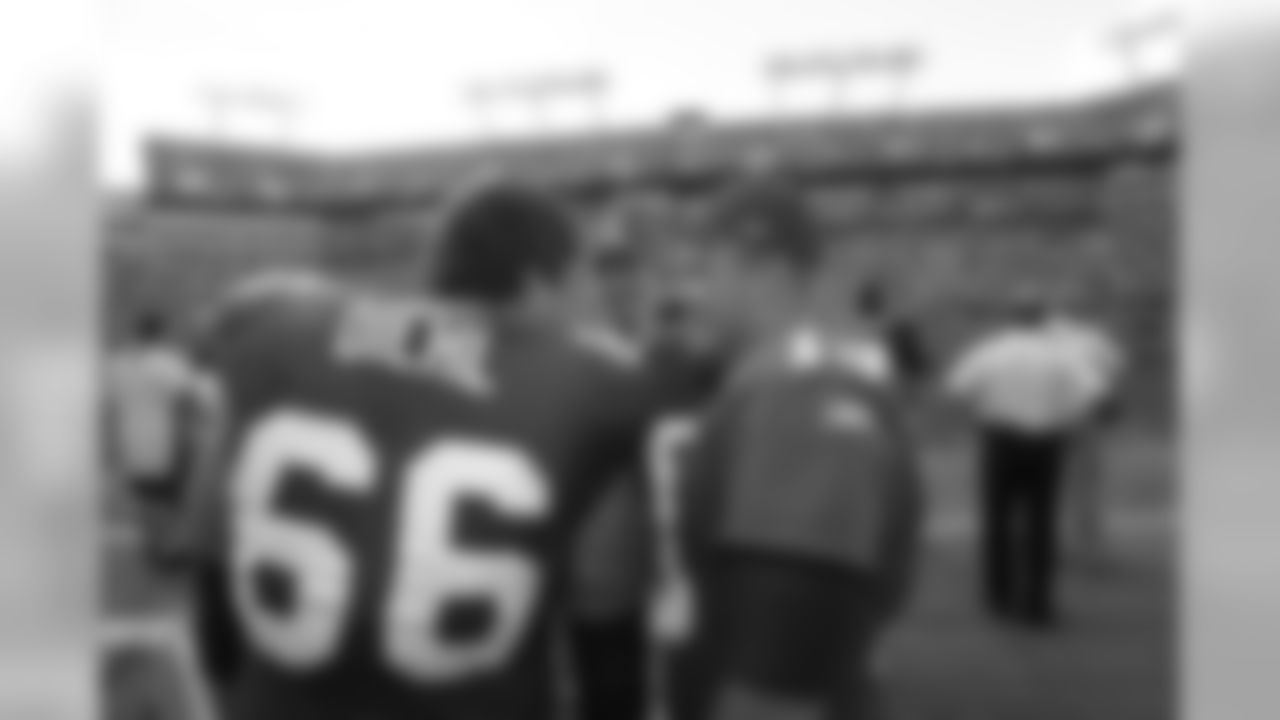
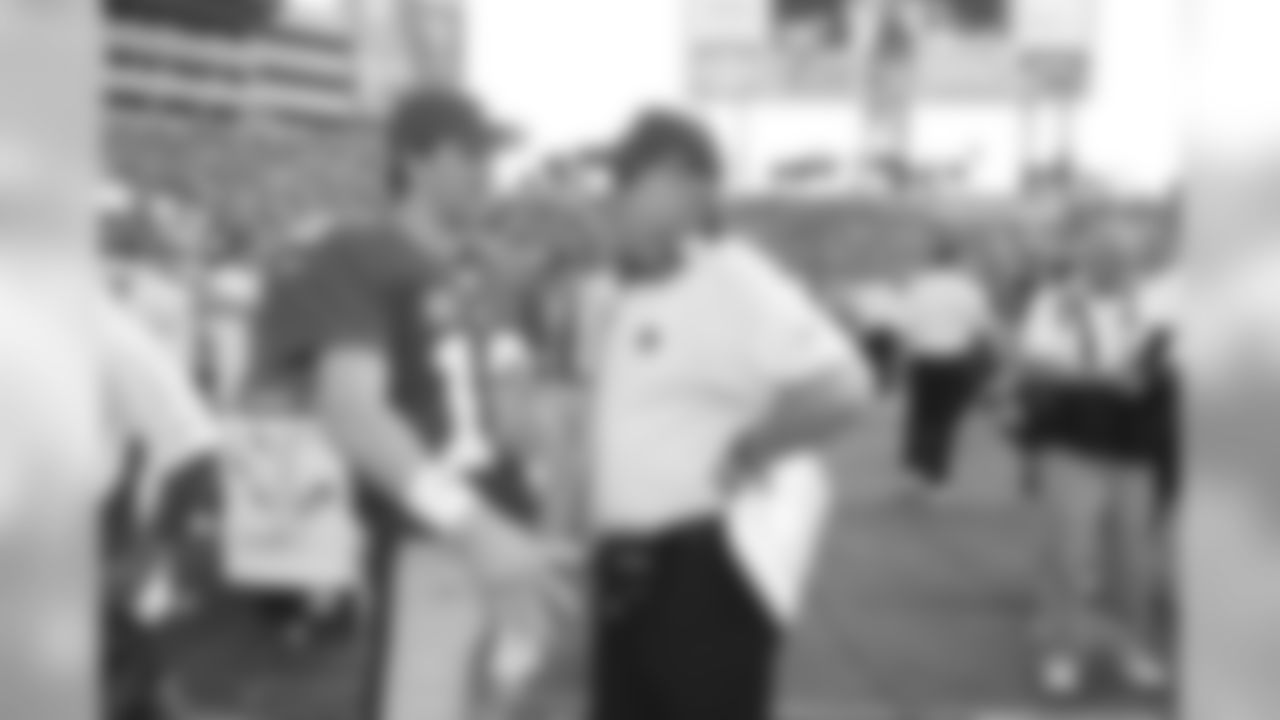

New York Giants wide receiver Amani Toomer in action against the Tampa Bay Buccaneers. The Giants beat the Bucs 17-3 at the Meadowlands in East Rutherford,New Jersey

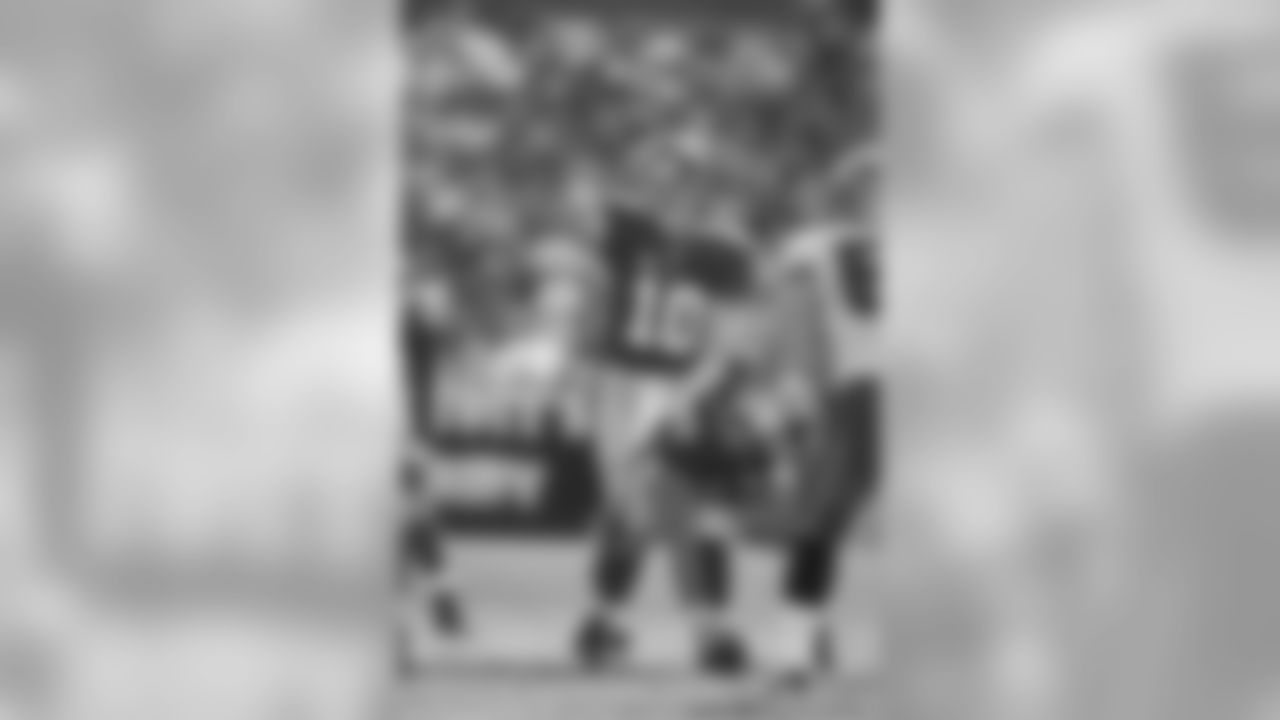

New York Giants quaterback Eli Manning warms up on the field before playing the Kansas City Chiefs in preseason action at Giants Stadium in East Rutherford, New Jersey


New York Giants against the Pittsburgh Steelers in a preseason NFL football game at the New Meadowlands Stadium in East Rutherford, New Jersey on Saturday August 21, 2010 (AP Photo/Evan Pinkus)
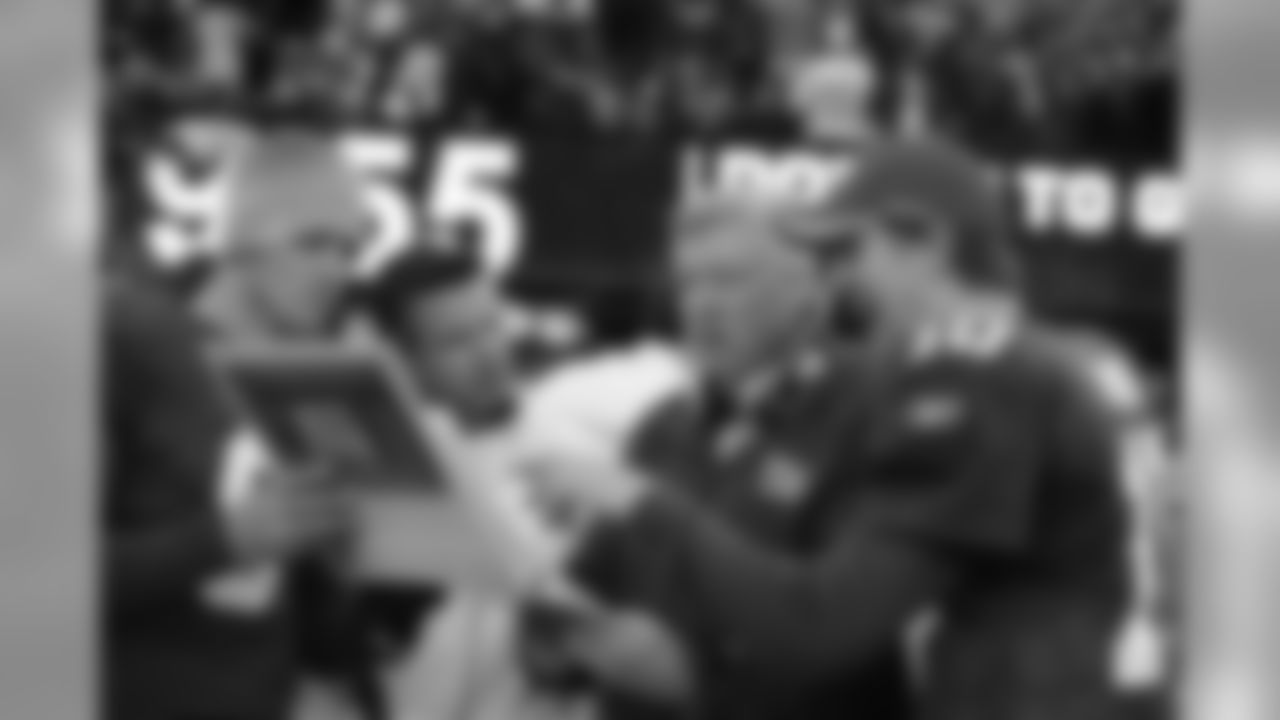
New York Giants vs. Atlanta Falcons 2011 Wild Card Game
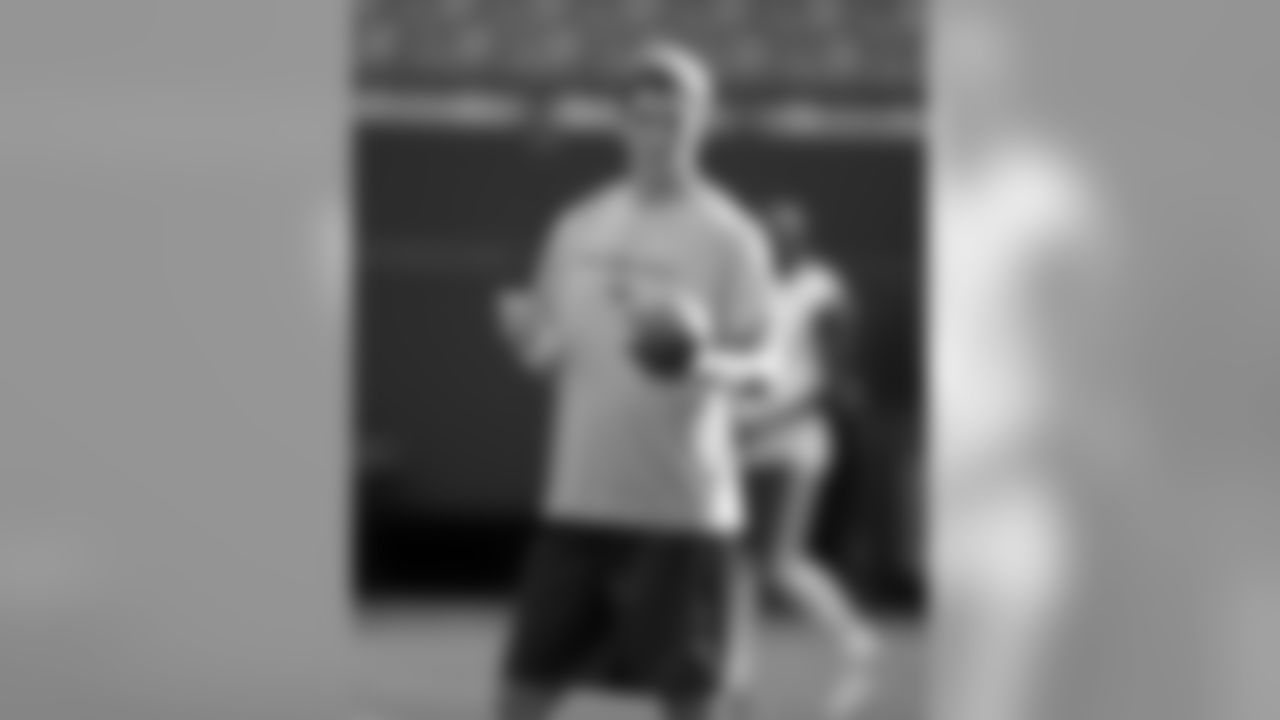
New York Giants quaterback Eli Manning warms up on the field before playing against the Kansas City Chiefs at the Meadowlands in East Rutherford, New Jersey
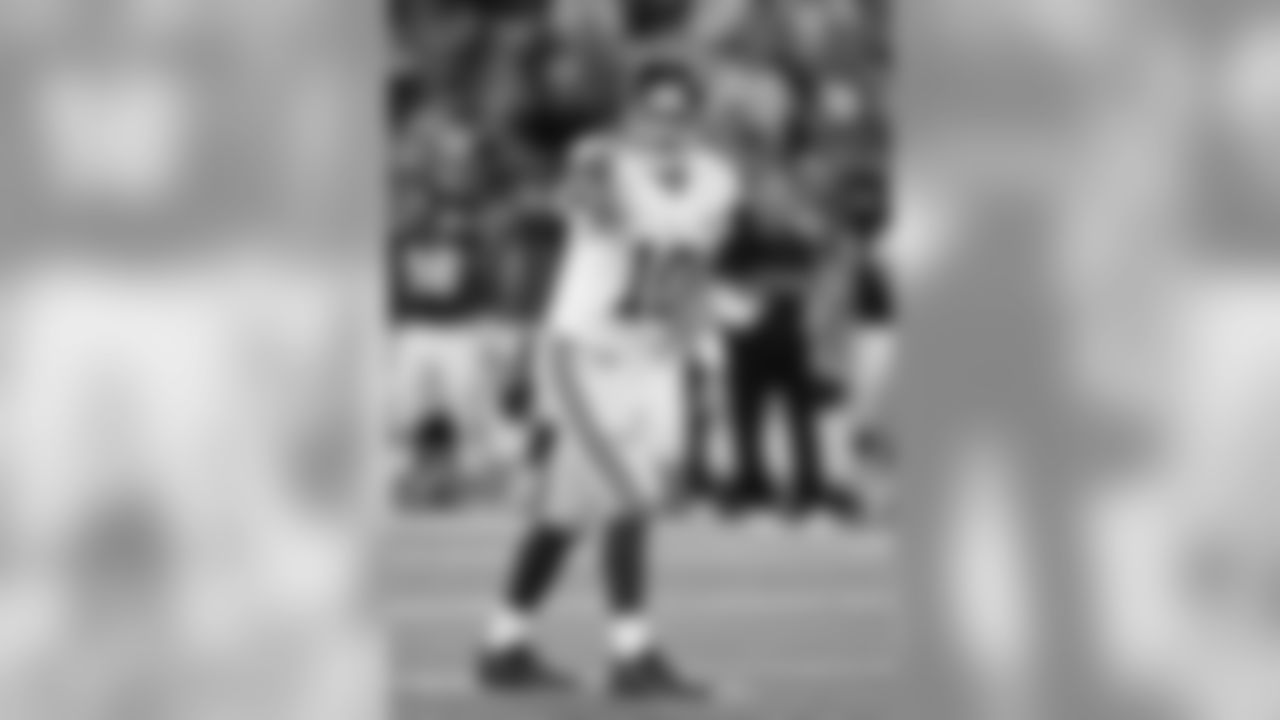
New York Giants quaterback Eli Manning in action against the Baltimore Ravens at M&T Bank Stadium in Baltimore,Maryland
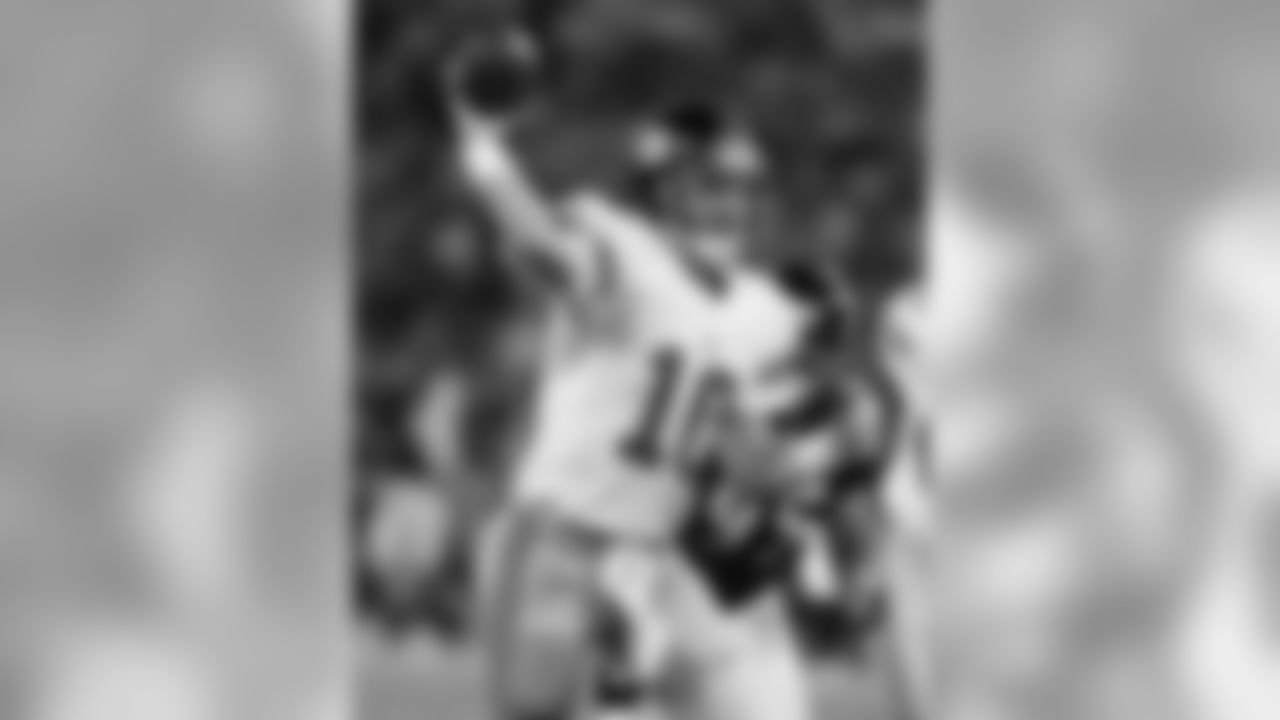
New York Giants quaterback Eli Manning in action against the Baltimore Ravens at M&T Bank Stadium in Baltimore,Maryland

New York Giants against the Pittsburgh Steelers in a preseason NFL football game at the New Meadowlands Stadium in East Rutherford, New Jersey on Saturday August 21, 2010 (AP Photo/Evan Pinkus)
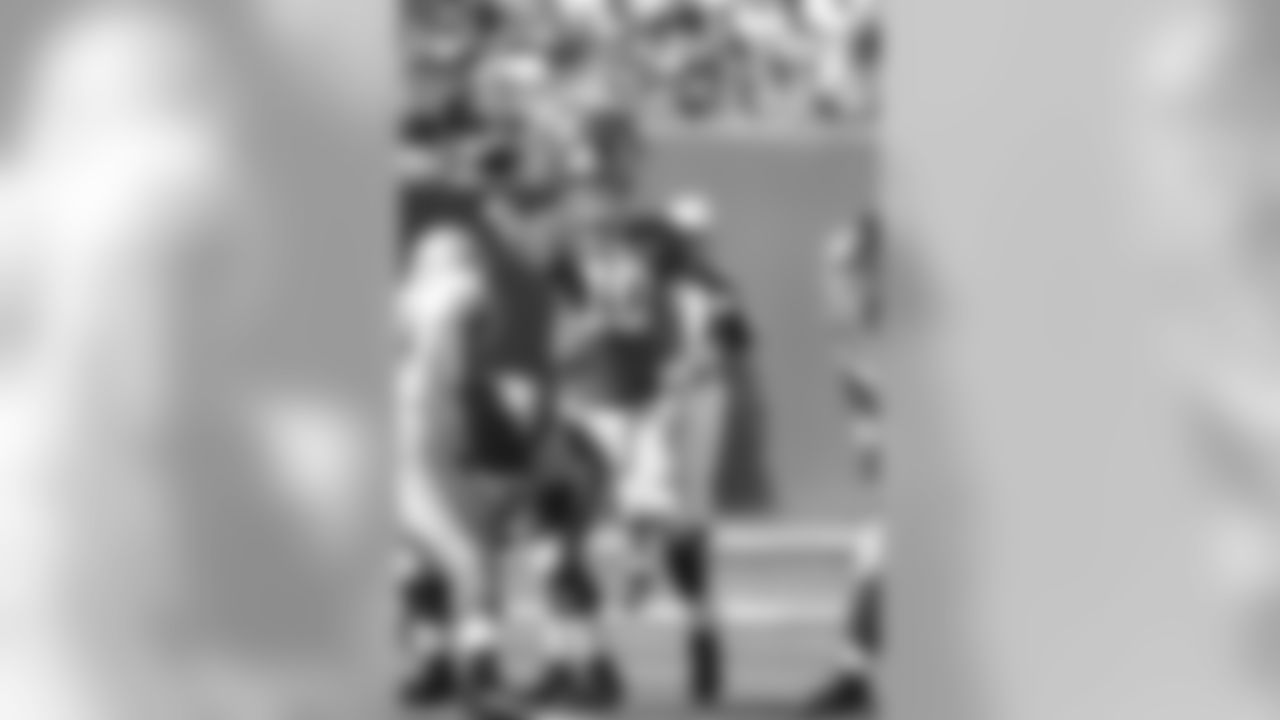
New York Giants against the Pittsburgh Steelers in a preseason NFL football game at the New Meadowlands Stadium in East Rutherford, New Jersey on Saturday August 21, 2010 (AP Photo/Evan Pinkus)
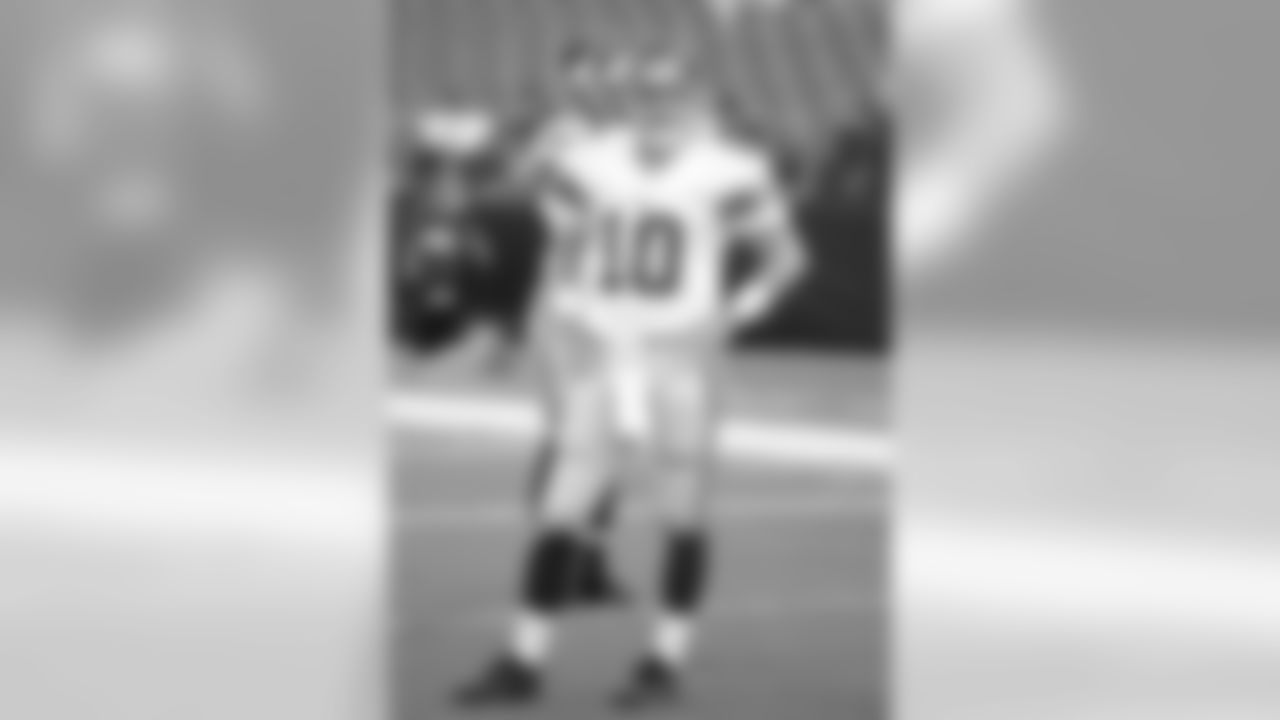
New York Giants quaterback Eli Manning during pre game before playing against the Baltimore Ravens at M&T Bank Stadium in Baltimore,Maryland

New York Giants against the Pittsburgh Steelers in a preseason NFL football game at the New Meadowlands Stadium in East Rutherford, New Jersey on Saturday August 21, 2010 (AP Photo/Evan Pinkus)


New York Giants quaterbacks coach Kevin Gilbride talks with quaterback Eli Manning before playing against the Baltimore Ravens at M&T Bank Stadium in Baltimore,Maryland

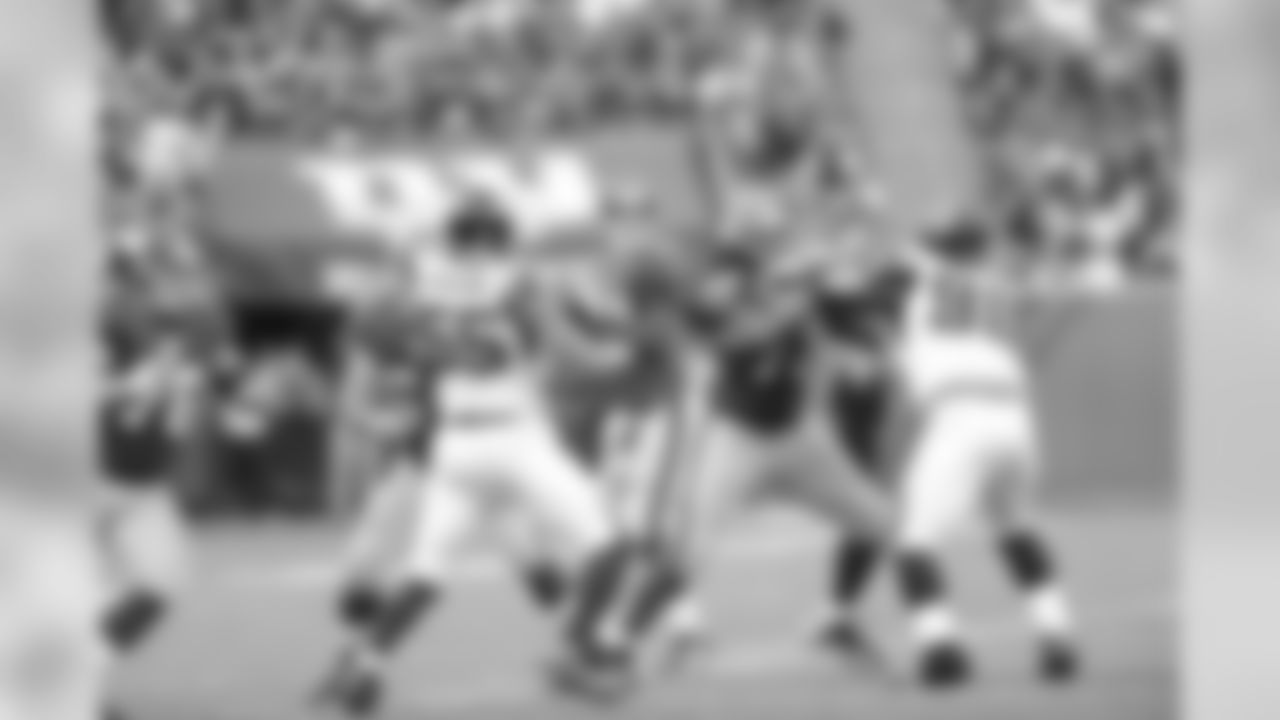

New York Giants during a week 16 football game against the Baltimore Ravens on December 22, 2012 in Baltimore, Maryland (AP Photo/Evan Pinkus)
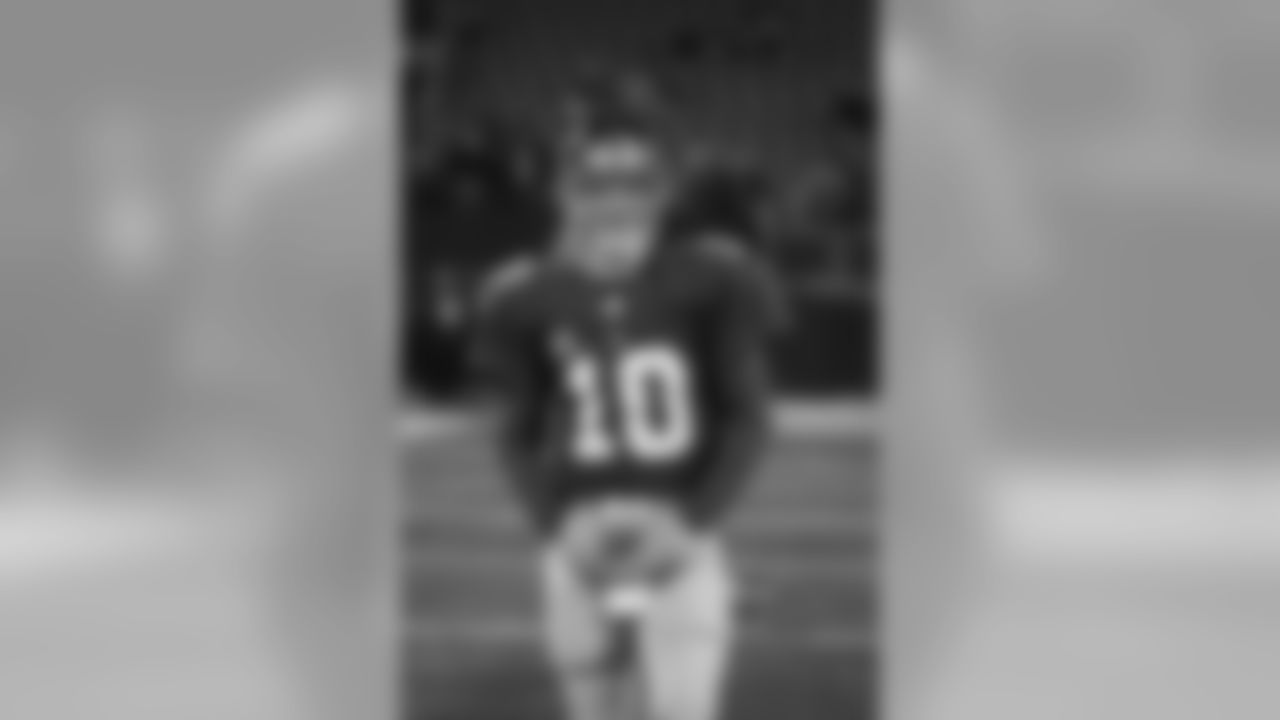
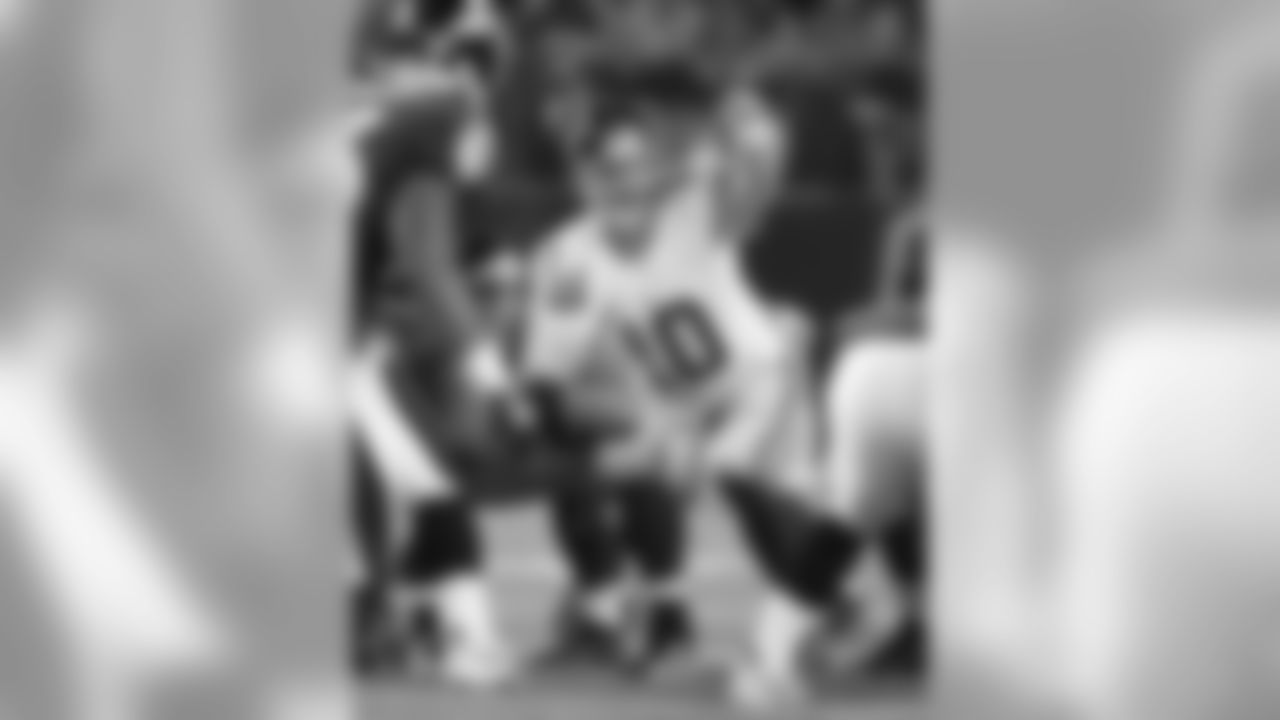
New York Giants quaterback Eli Manning in action against the Baltimore Ravens at M&T Bank Stadium in Baltimore,Maryland
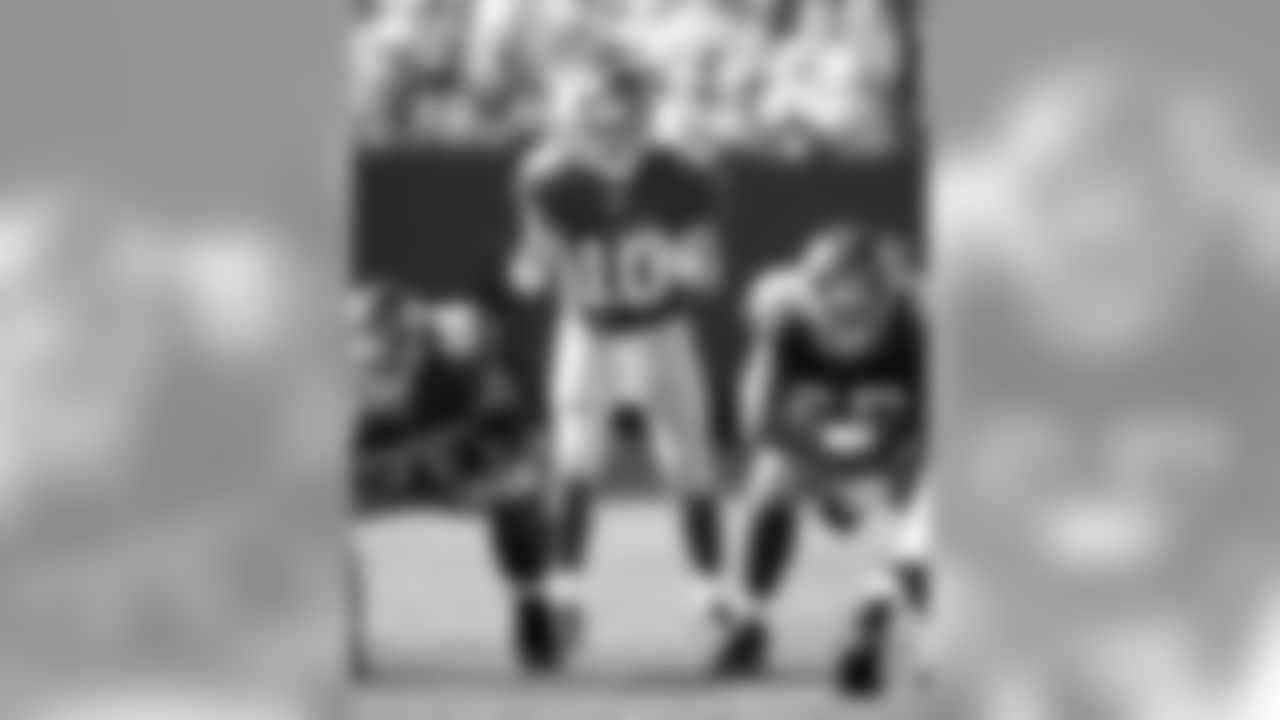
New York Giants quaterback Eli Manning in action against the Washington Redskins.The New York Giants beat the Washington Redskins 19-3 at the Meadowlands in East Rutherford,New Jersey.
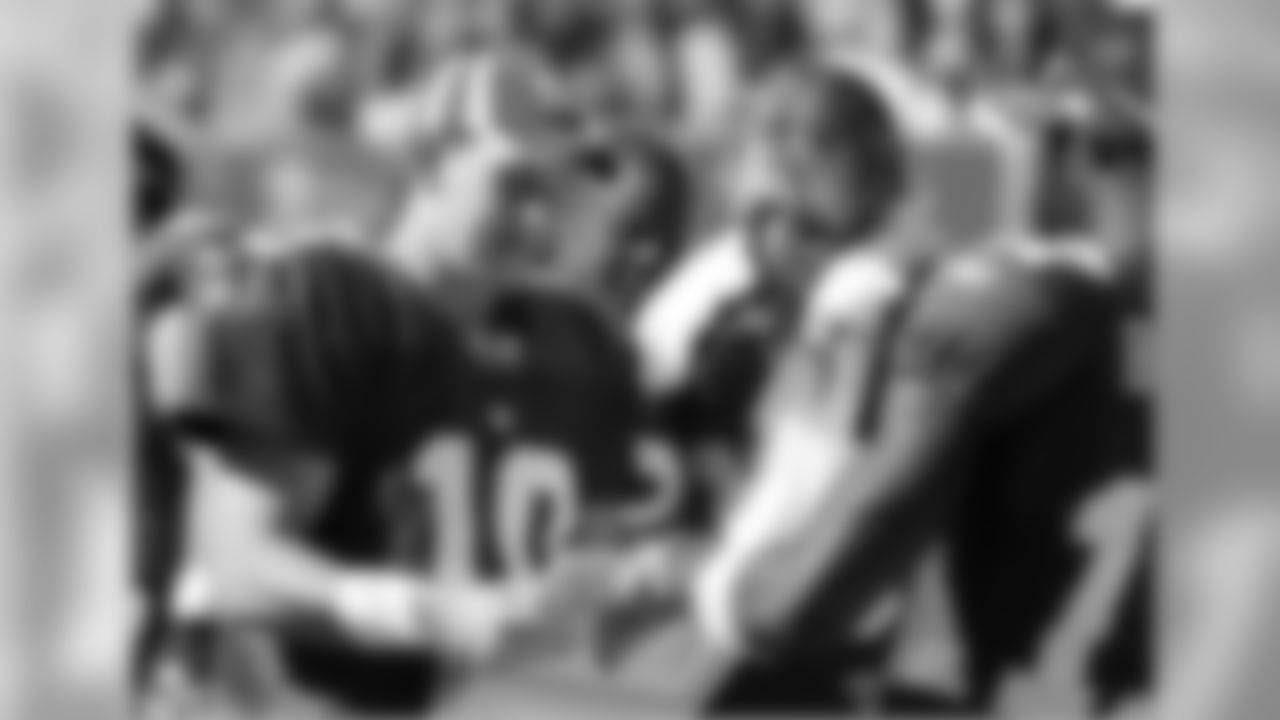
New York Giants quaterback Eli Manning talks with tight end Jeremy Shockey. The New York Giants beat the Washington Redskins 19-3 at the Meadowlands in East Rutherford,New Jersey.
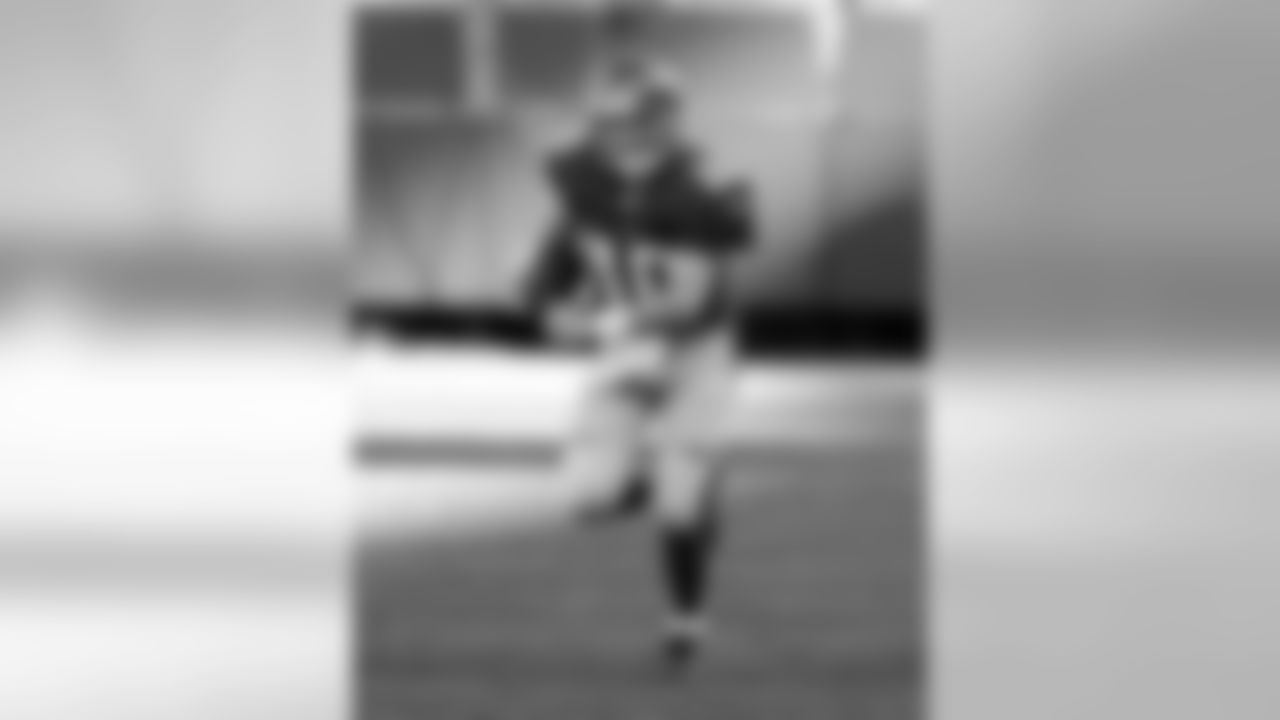
New York Giants quaterback Eli Manning runs for a first down against the Washington Redskins.The New York Giants beat the Washington Redskins 19-3 at the Meadowlands in East Rutherford,New Jersey.
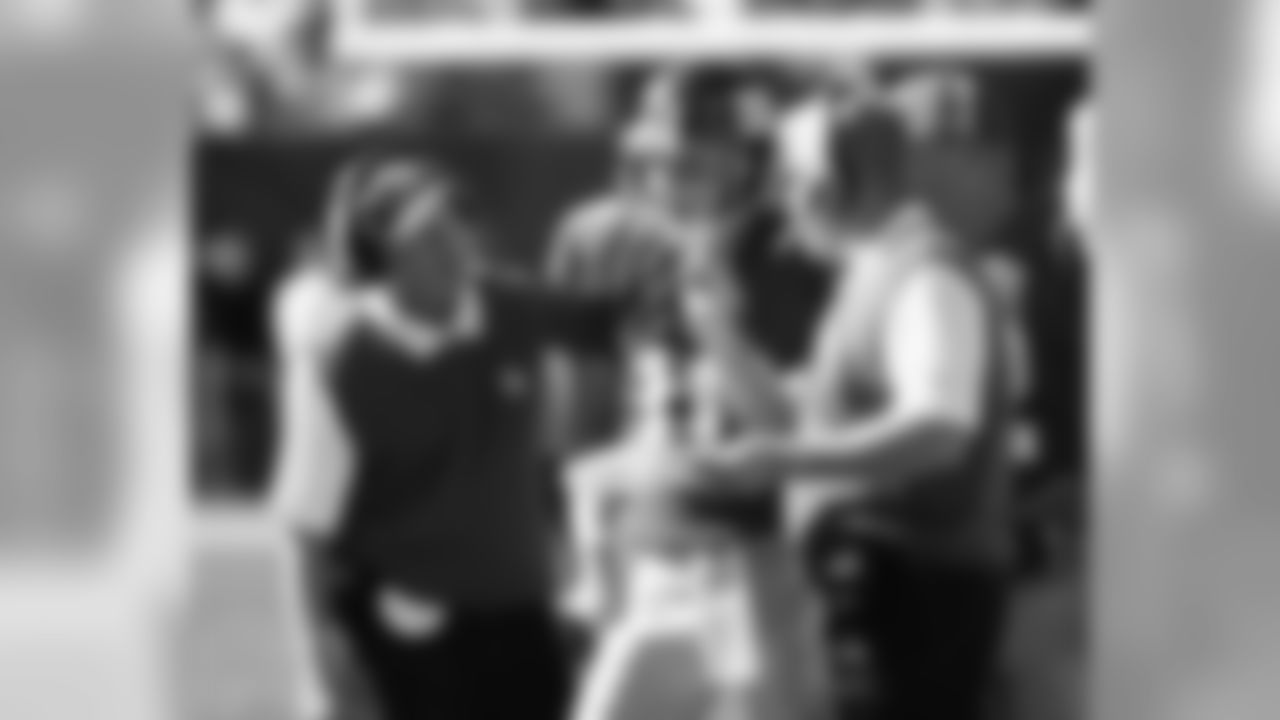
New York Giants quaterback Eli Manning talks with quaterbacks coach Kevin Gilbride as head coach Tom Coughlin listens in.The New York Giants beat the Washington Redskins 19-3 at the Meadowlands in East Rutherford,New Jersey.
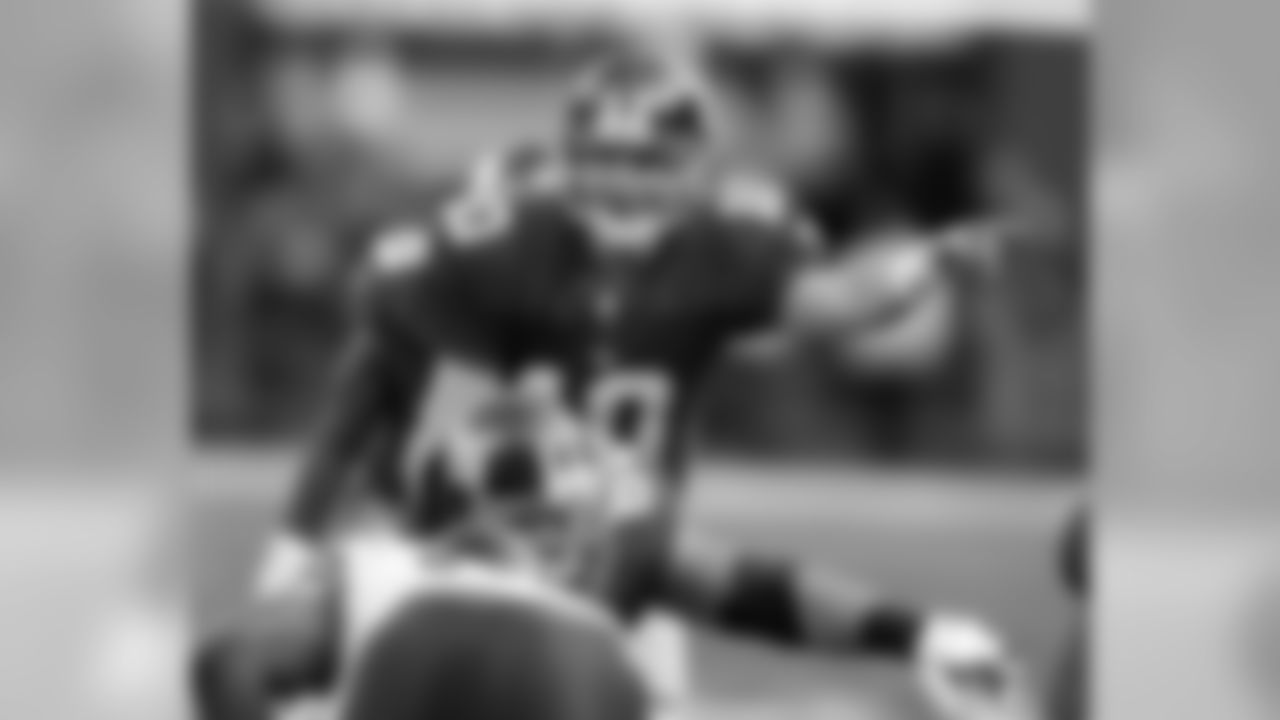
New York Giants quaterback Eli Manning in action against the Houston Texans at the Meadowlands in East Rutherford,New Jersey.The Giants beat the Texans 14-10.
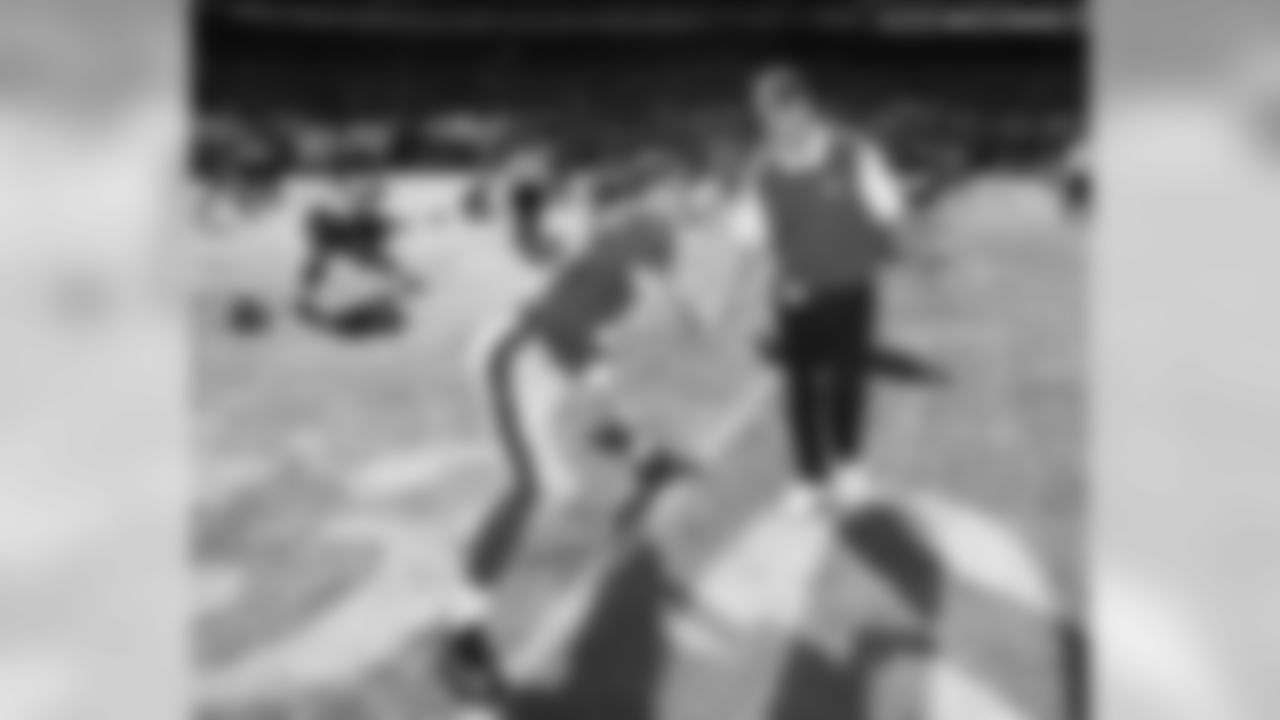
New York Giants head coach Tom Coughlin shakes hands with Eli Manning during pregame warm ups. The New York Giants beat the Washington Redskins 19-3 at the Meadowlands in East Rutherford,New Jersey.
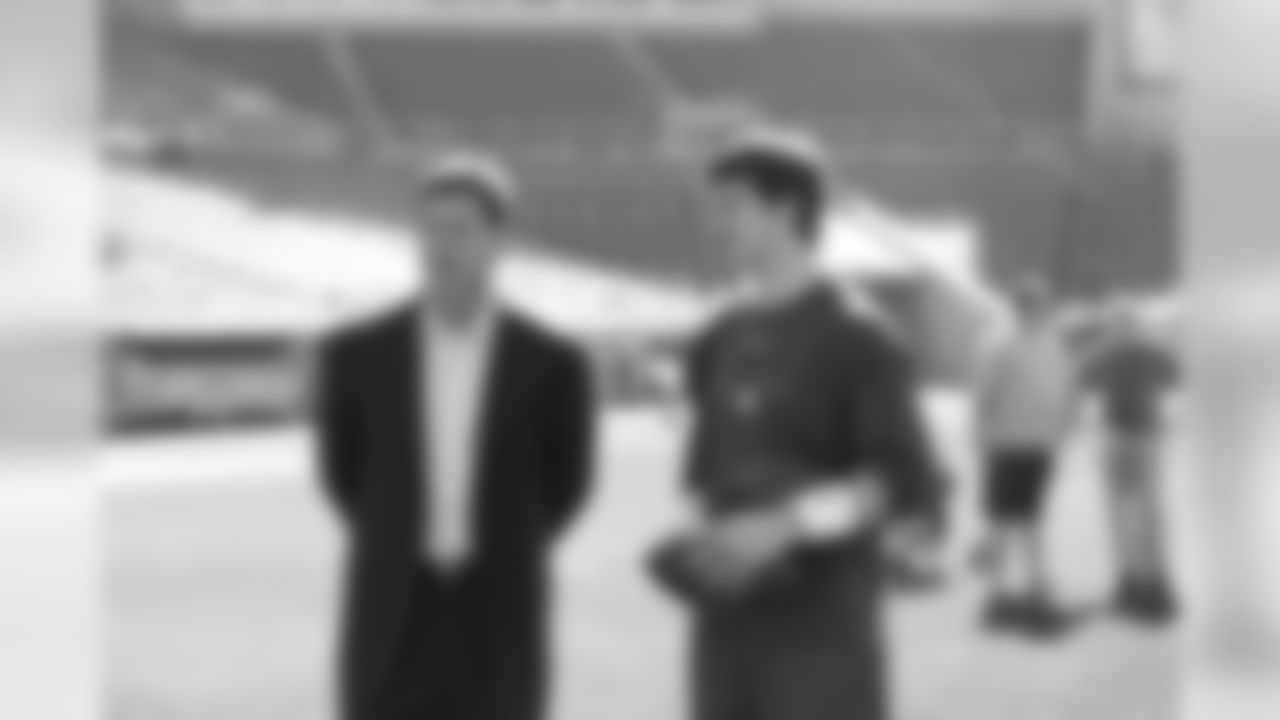

New York Giants quaterback Eli Manning talks with Washington Redskins quaterback Mark Brunell .The New York Giants beat the Washington Redskins 19-3 at the Meadowlands in East Rutherford,New Jersey.
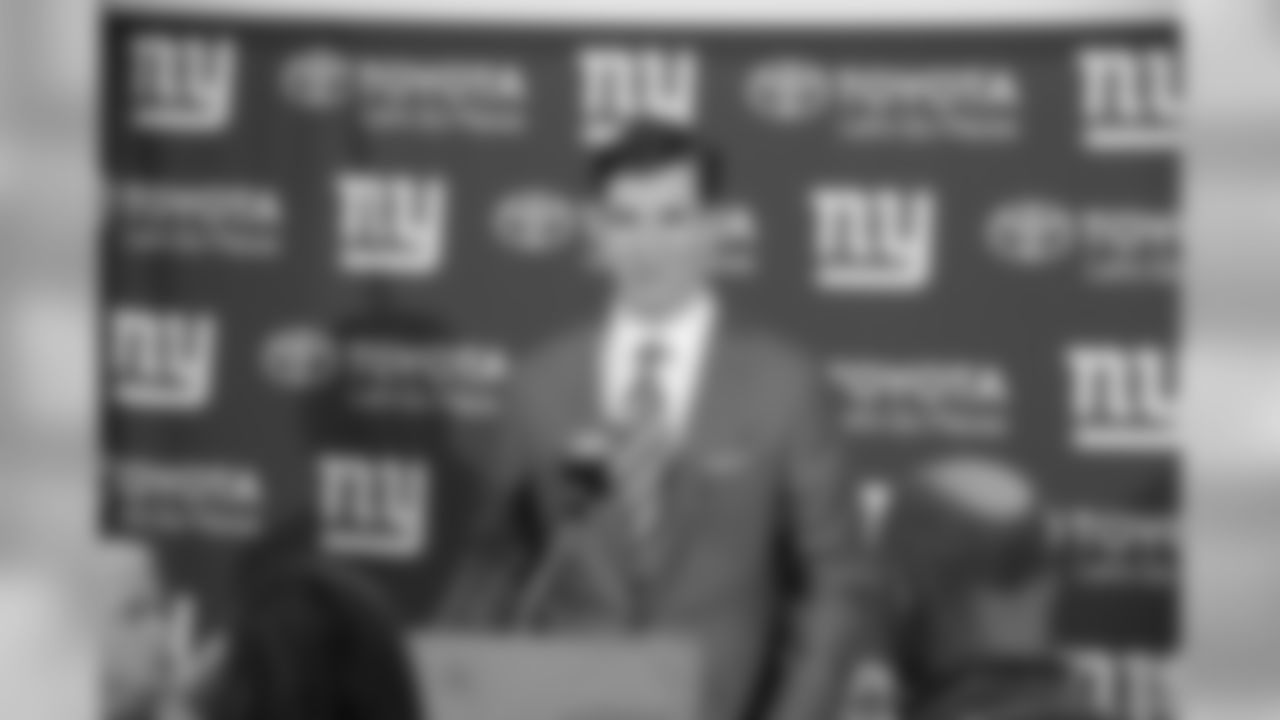
New York Giants during a week 16 football game against the Baltimore Ravens on December 22, 2012 in Baltimore, Maryland (AP Photo/Evan Pinkus)
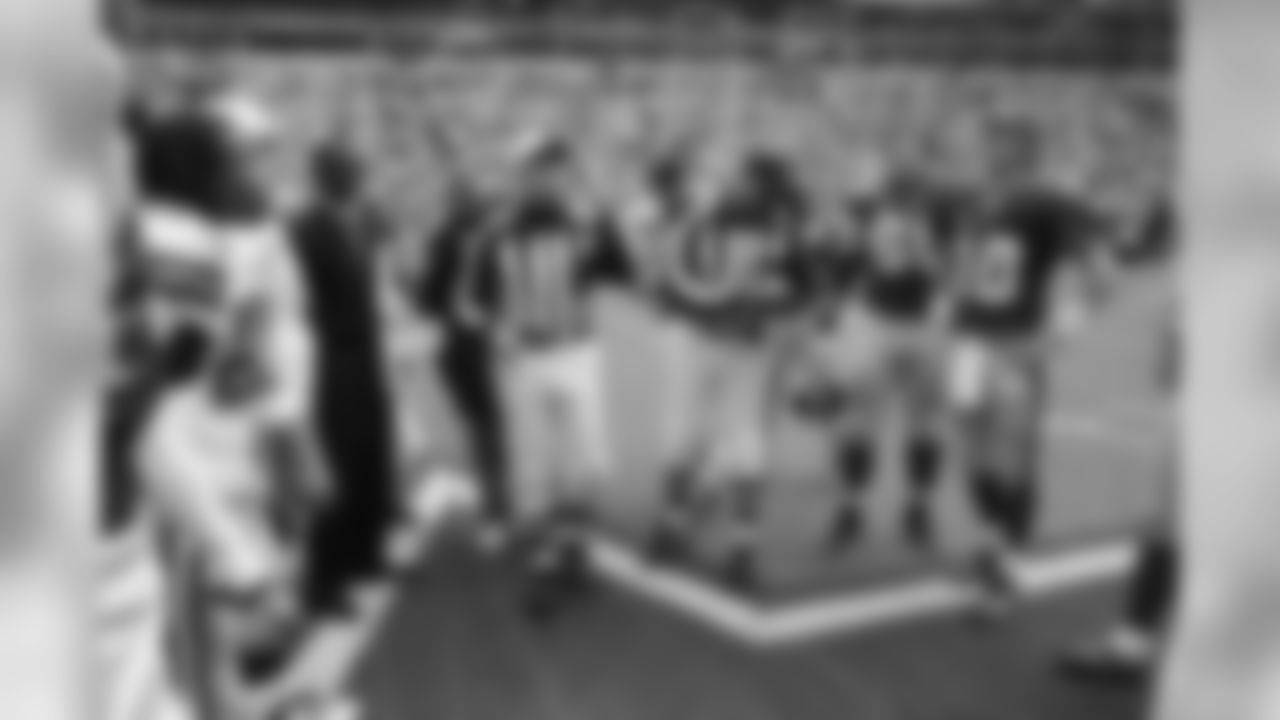
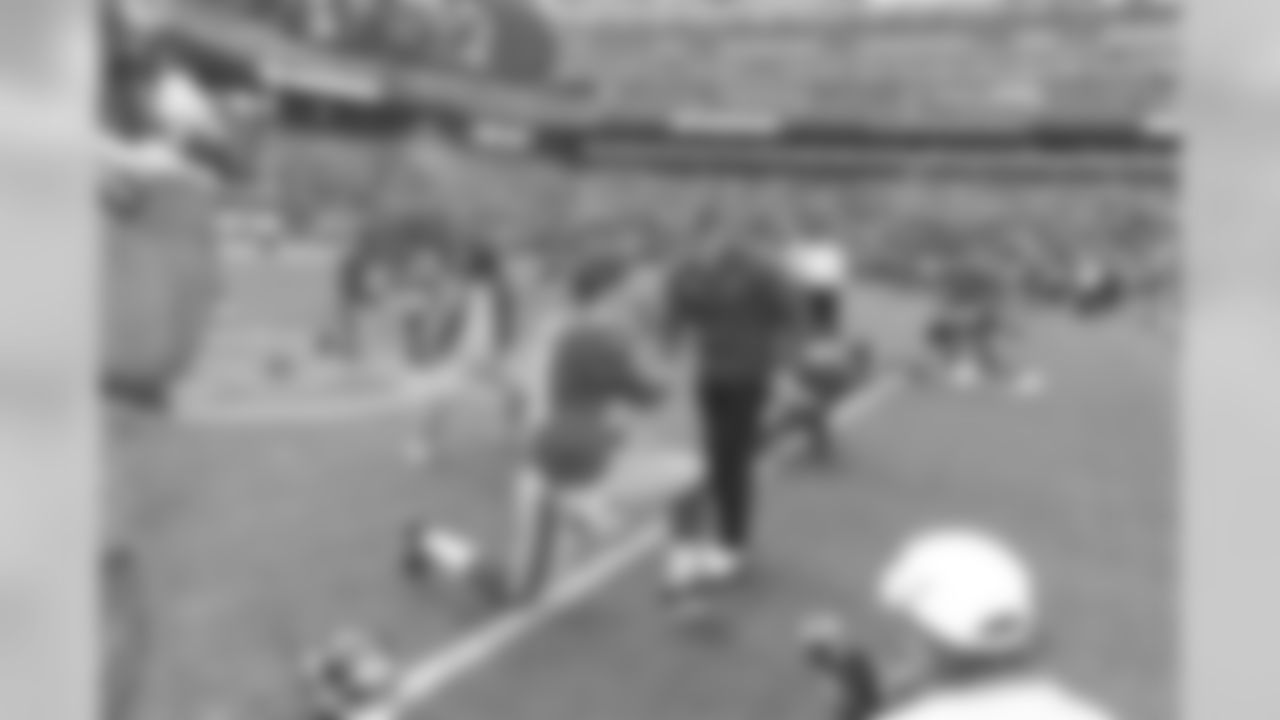
New York Giants vs. Atlanta Falcons 2011 Wild Card Game
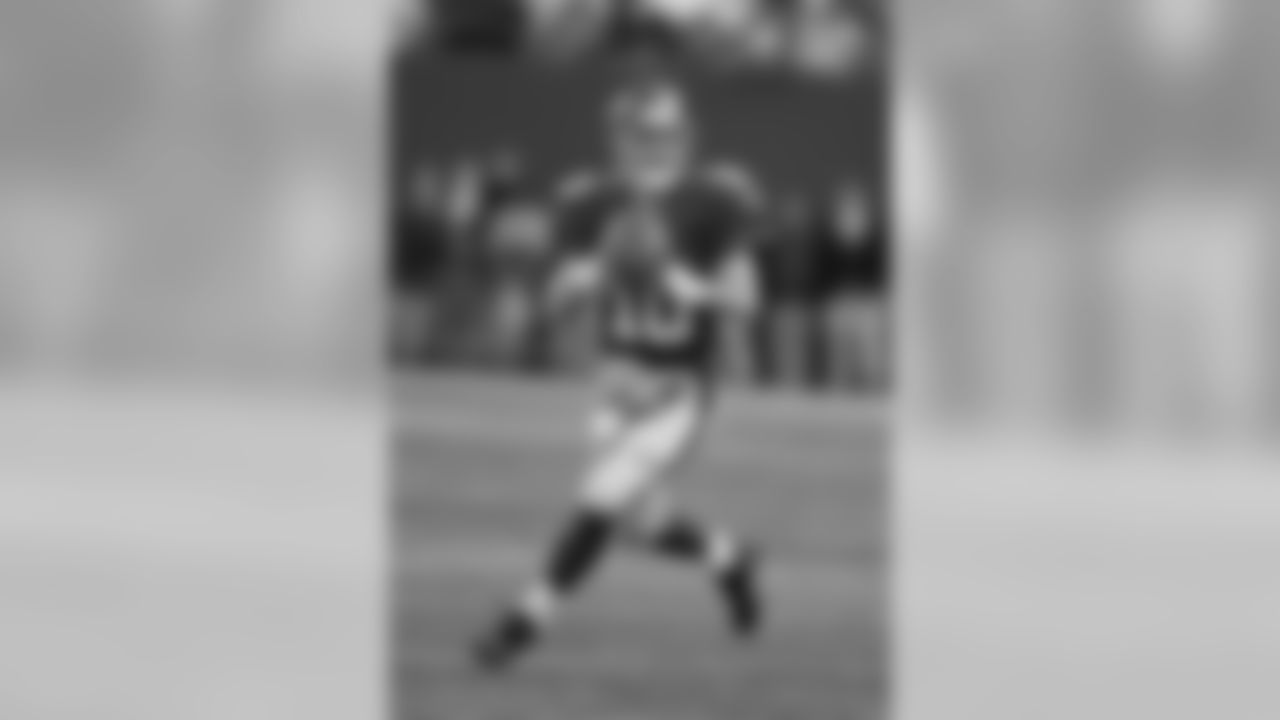
New York Giants quaterback Eli Manning in action against the Houston Texans at the Meadowlands in East Rutherford,New Jersey.The Giants beat the Texans 14-10.
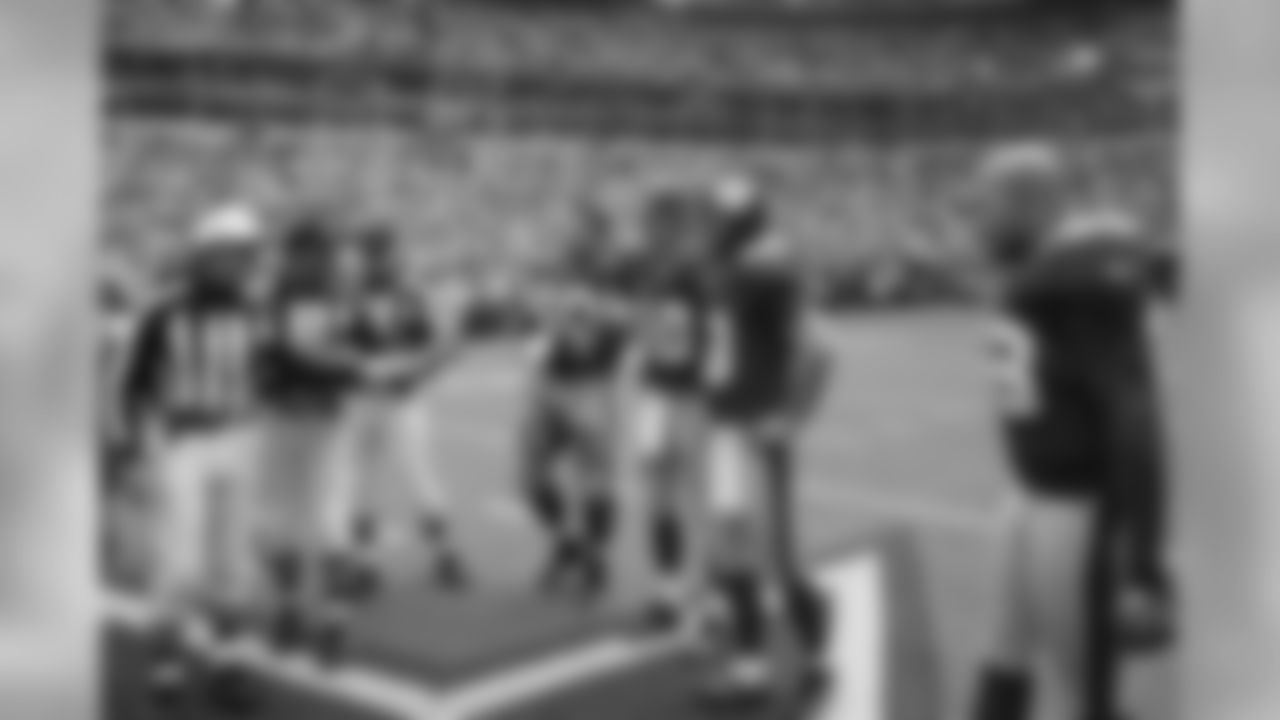
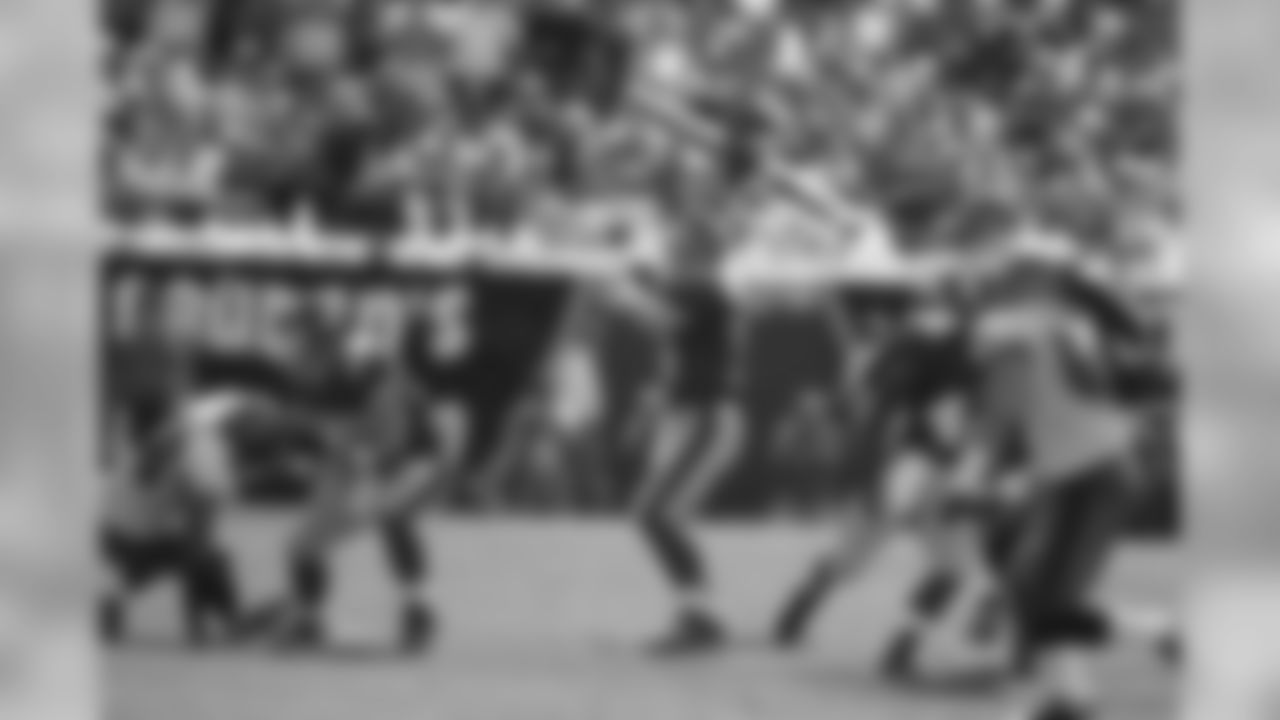

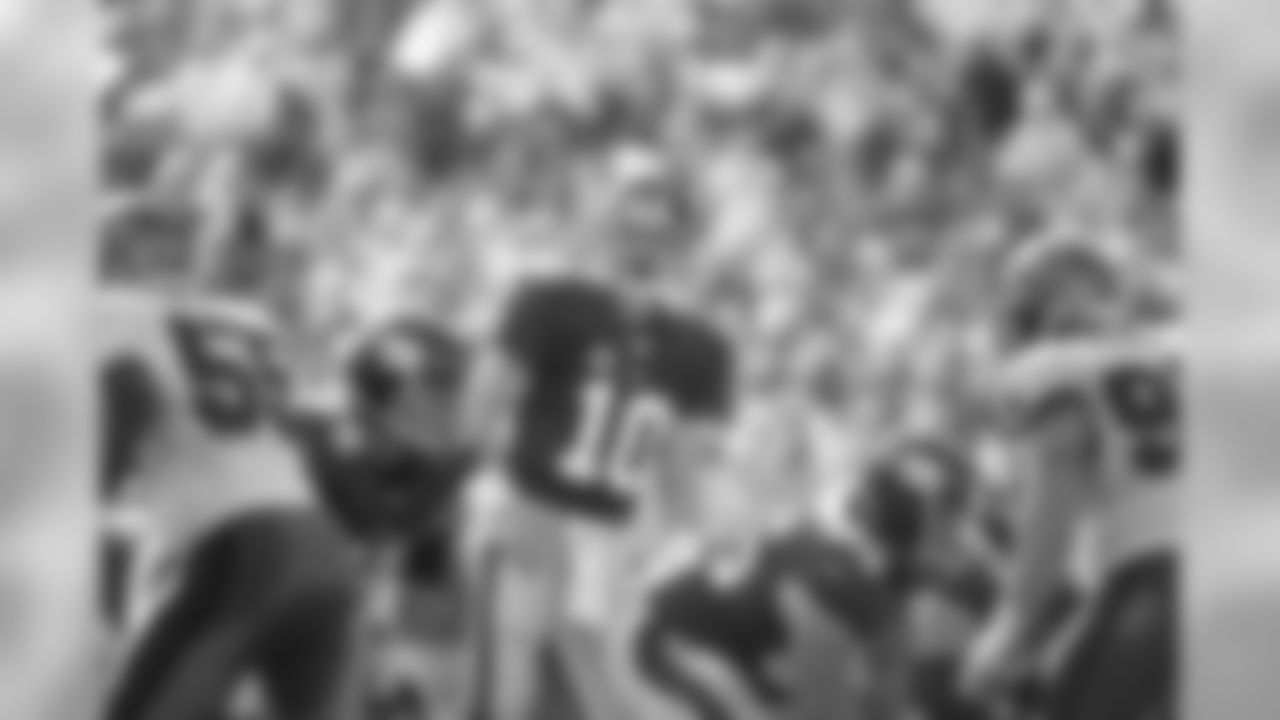
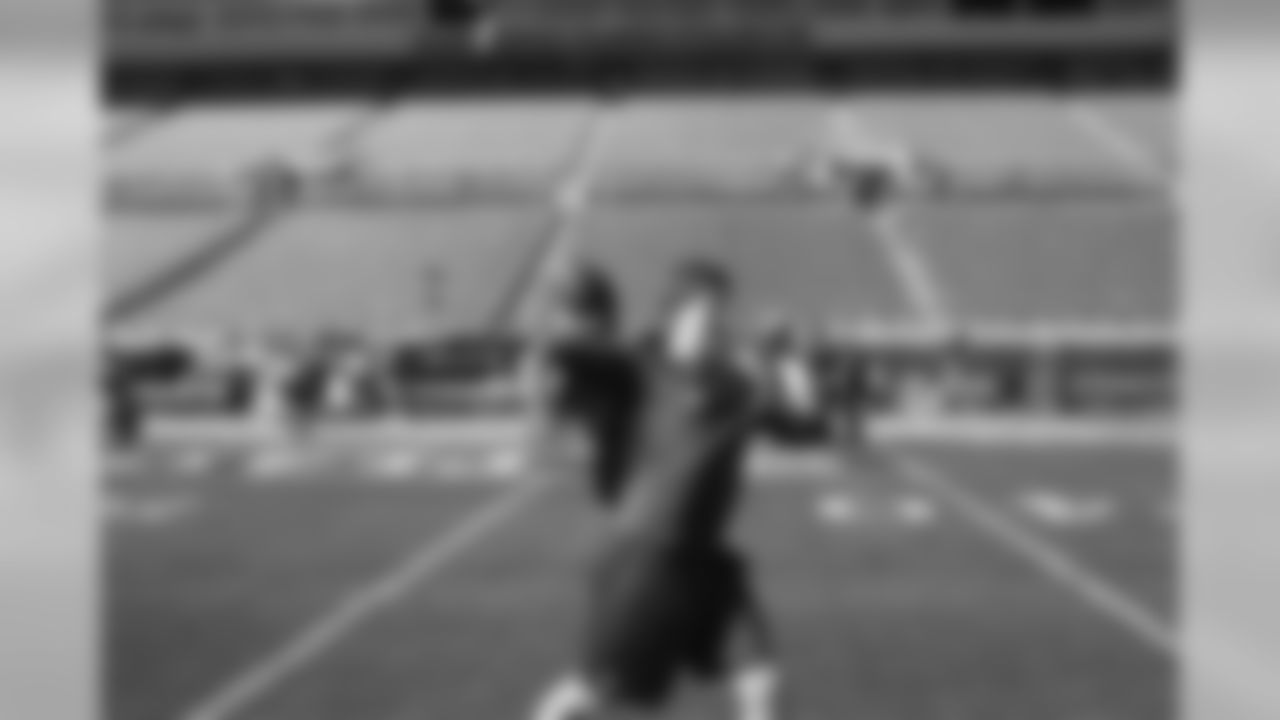


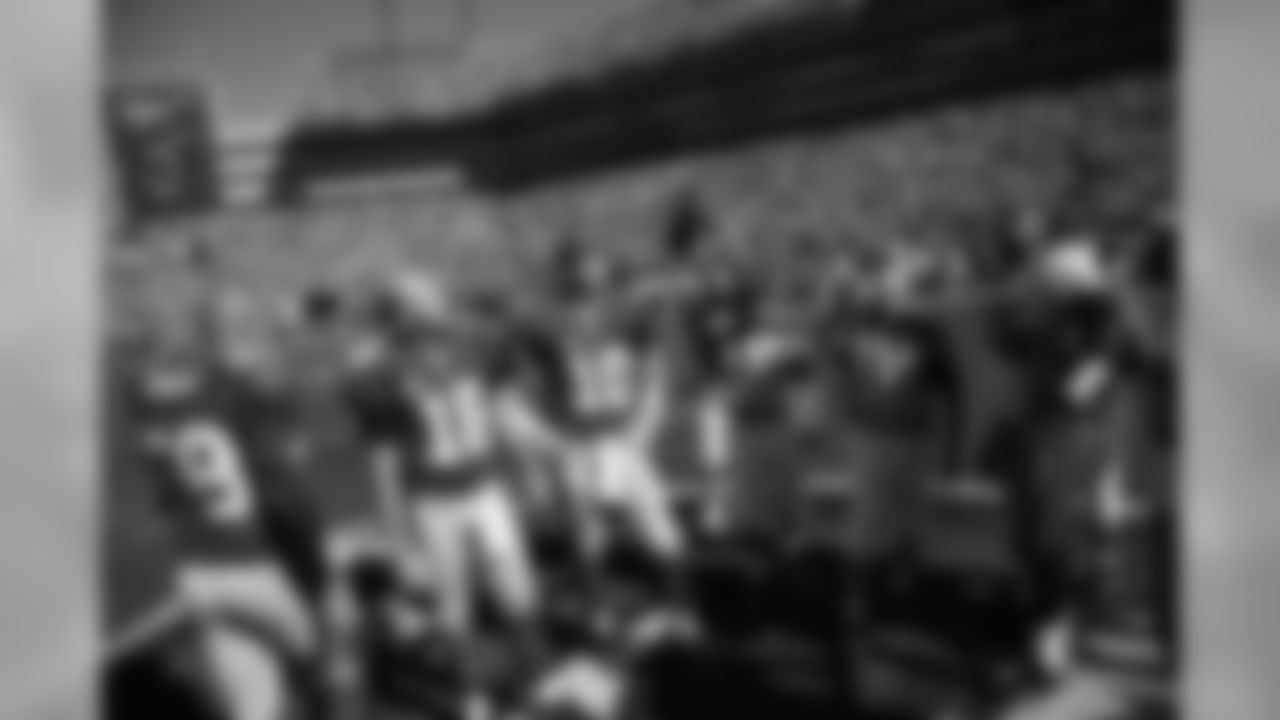
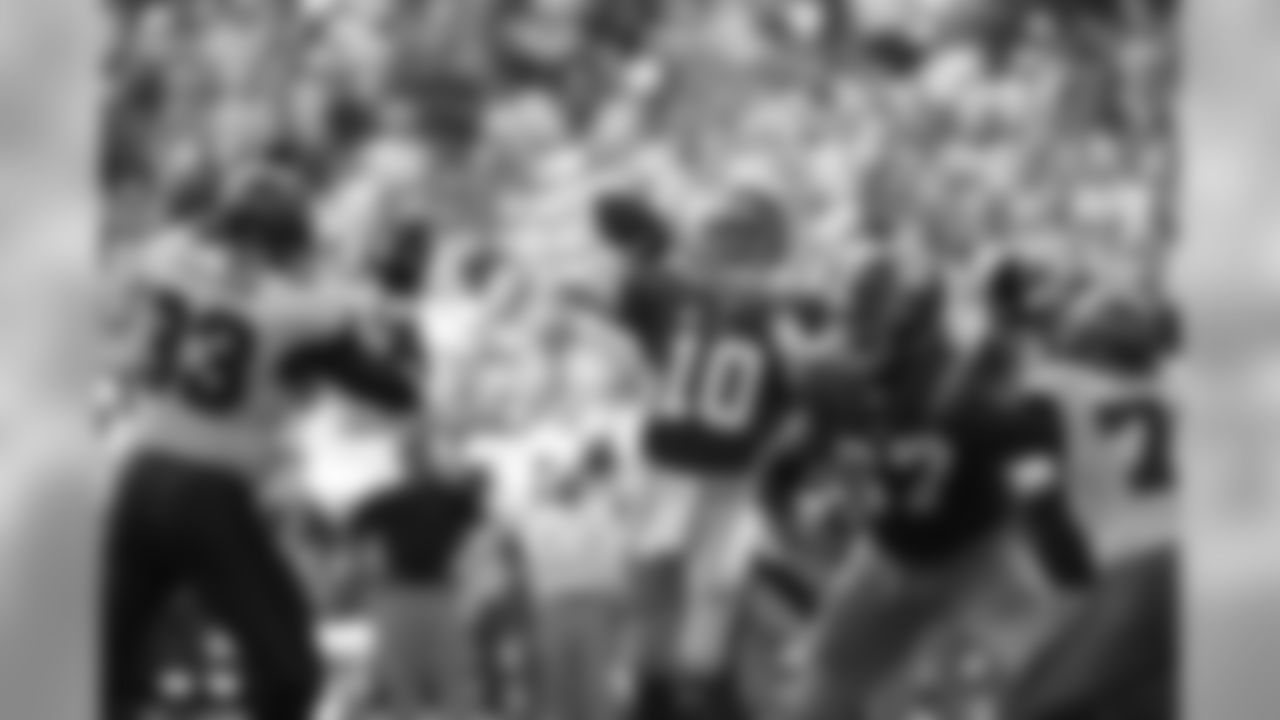

New York Giants during a week 16 football game against the Baltimore Ravens on December 22, 2012 in Baltimore, Maryland (AP Photo/Evan Pinkus)
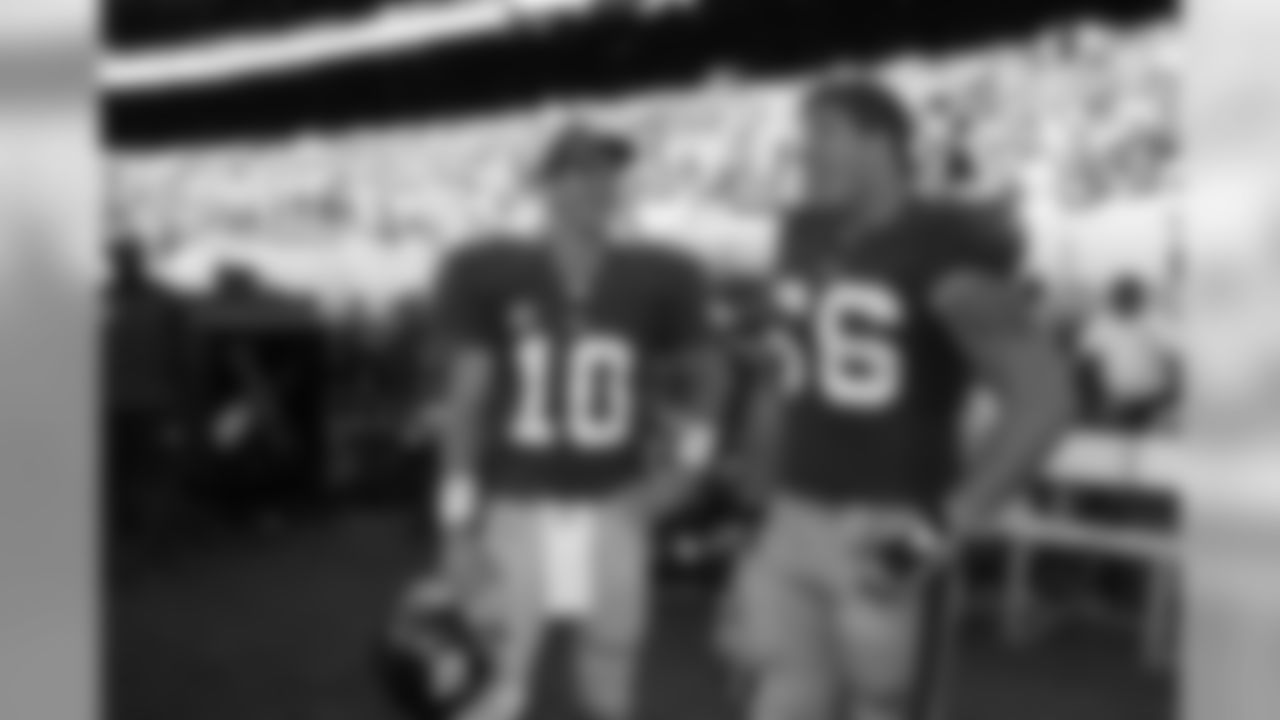
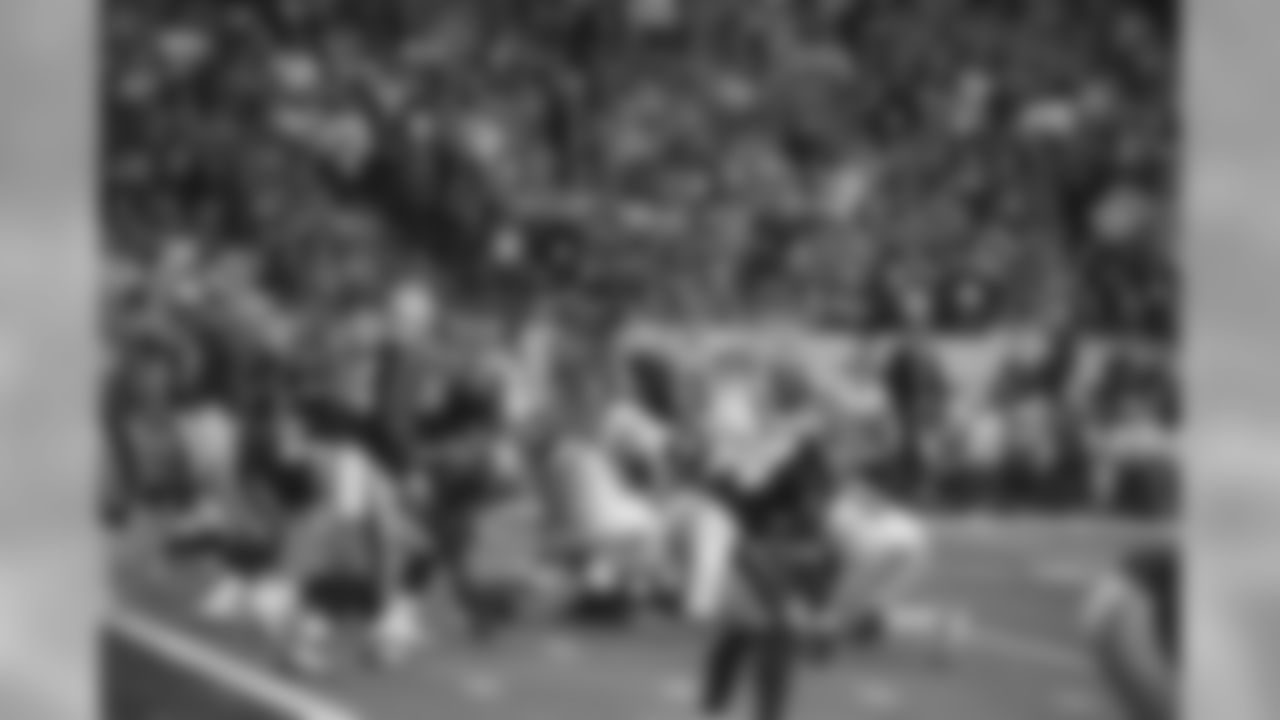
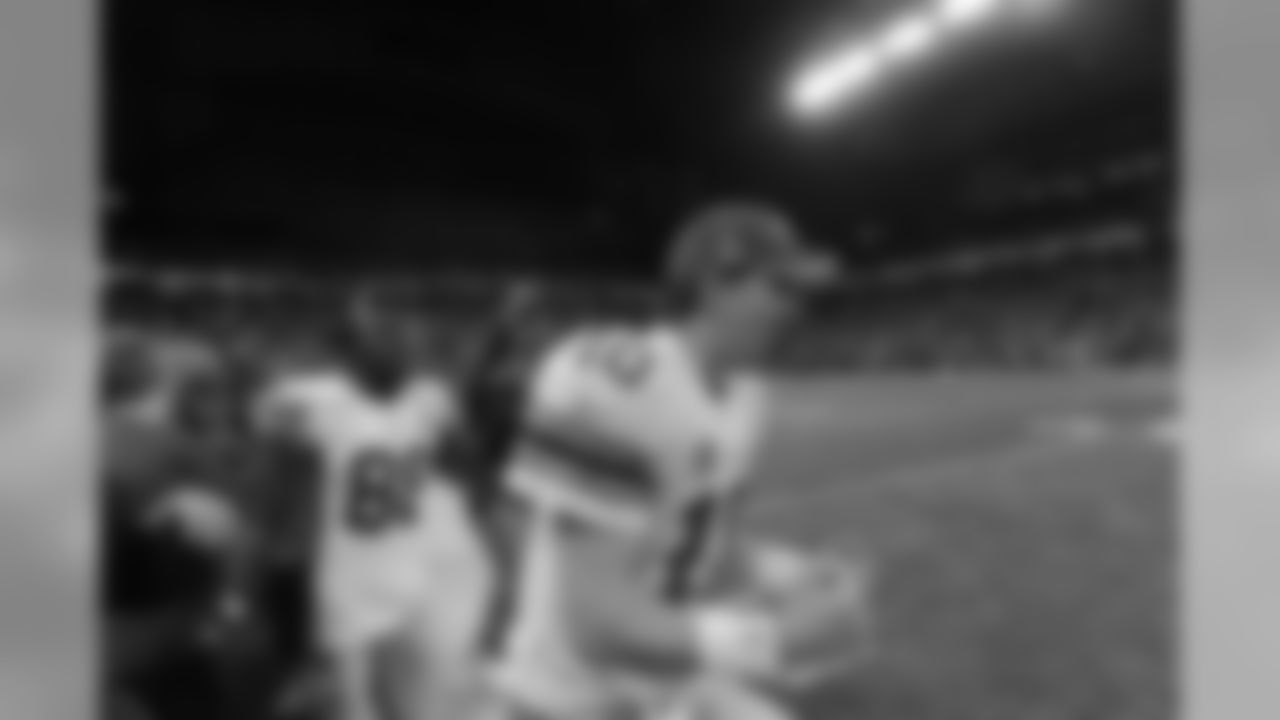


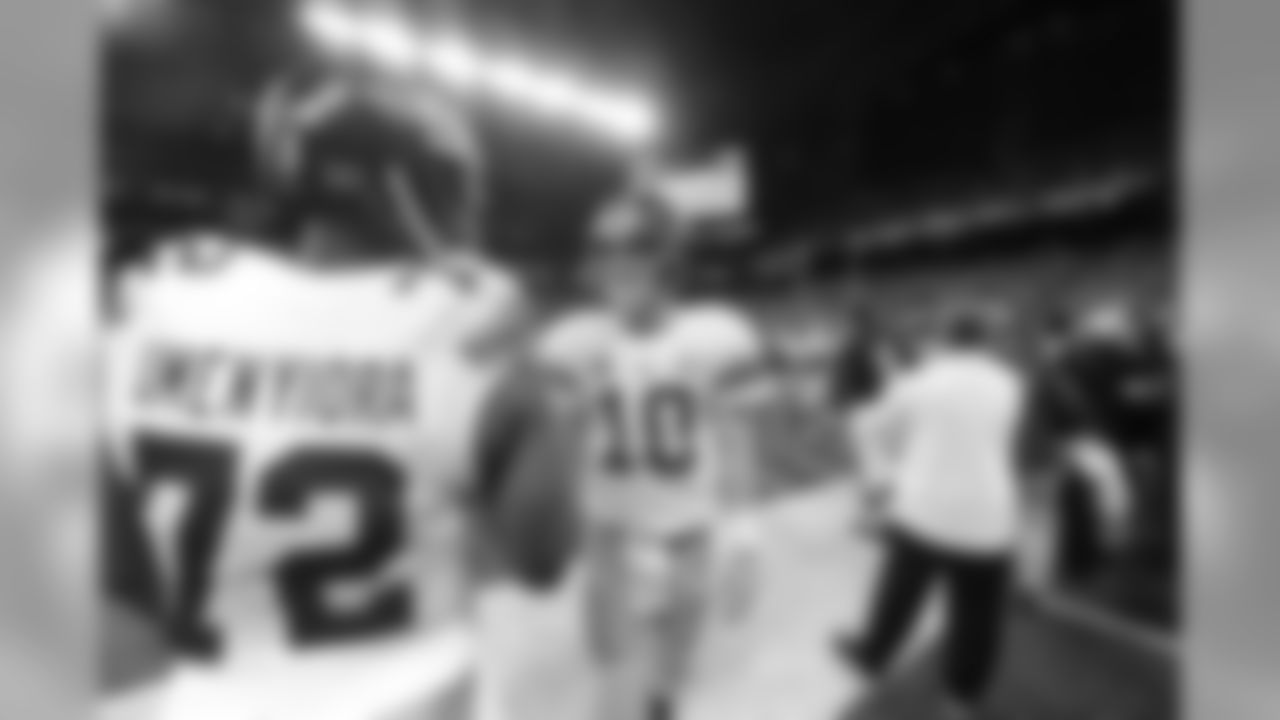
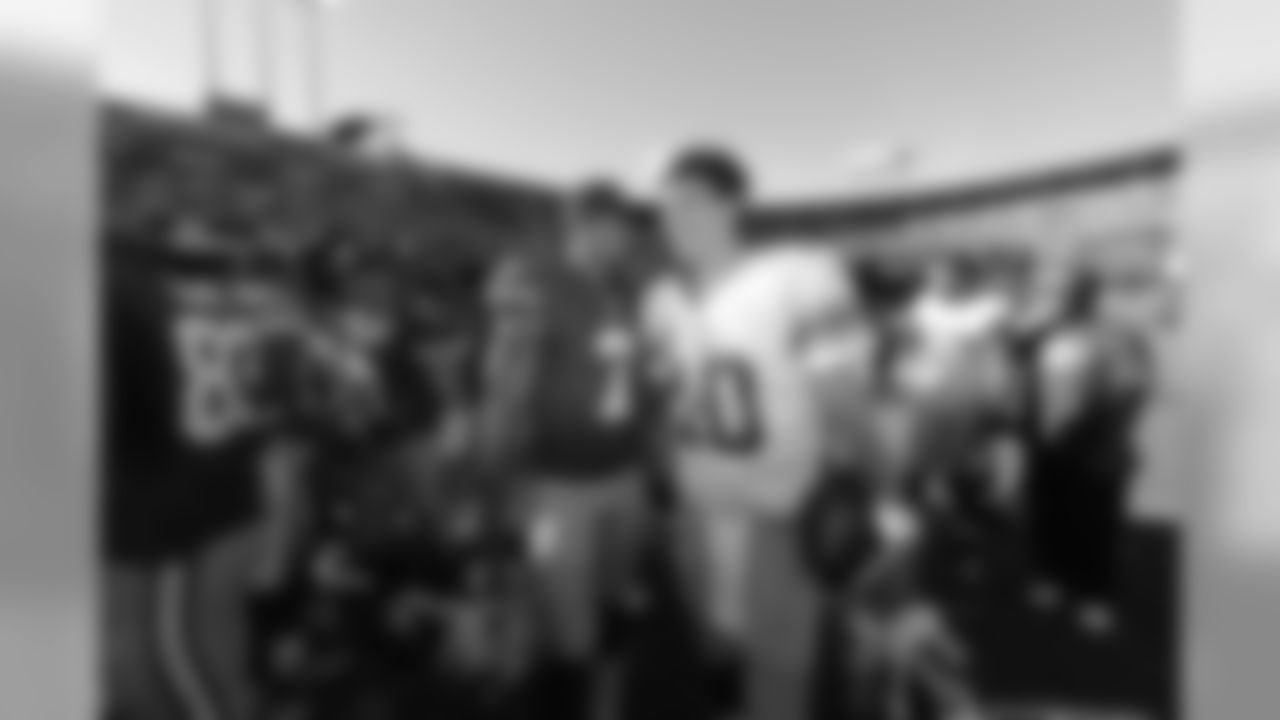
New York Giants during a week 16 football game against the Baltimore Ravens on December 22, 2012 in Baltimore, Maryland (AP Photo/Evan Pinkus)
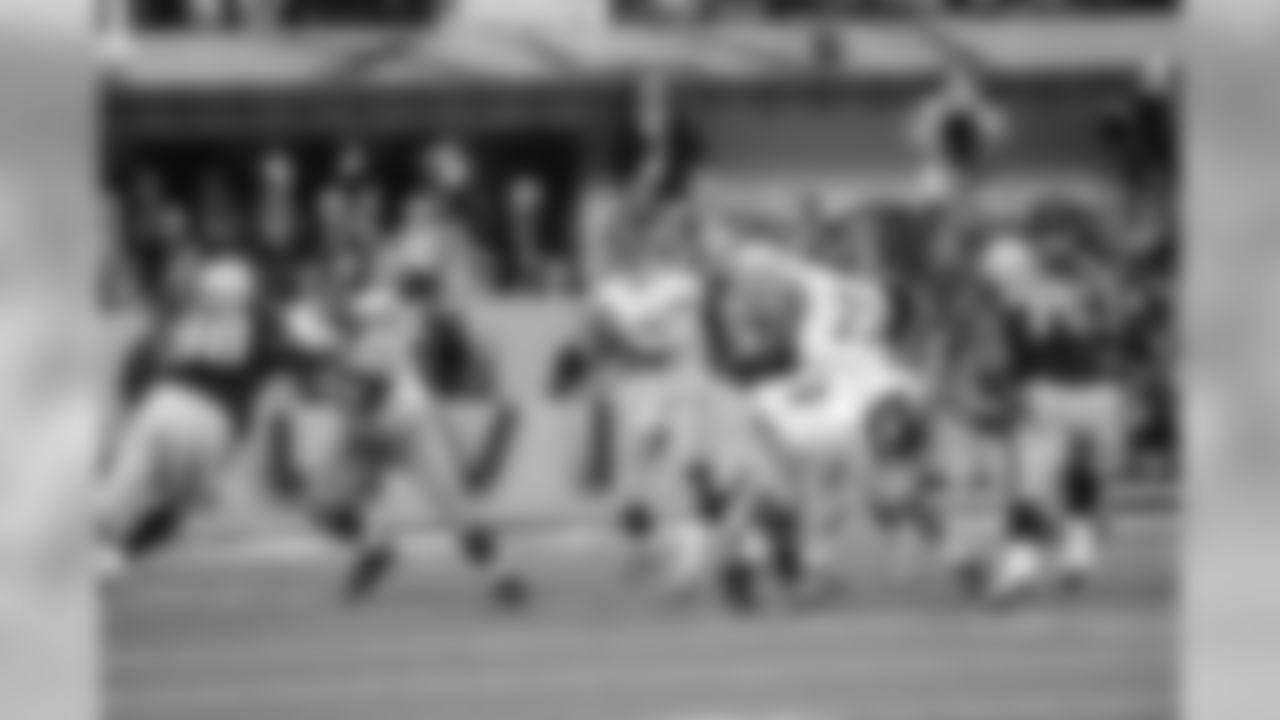
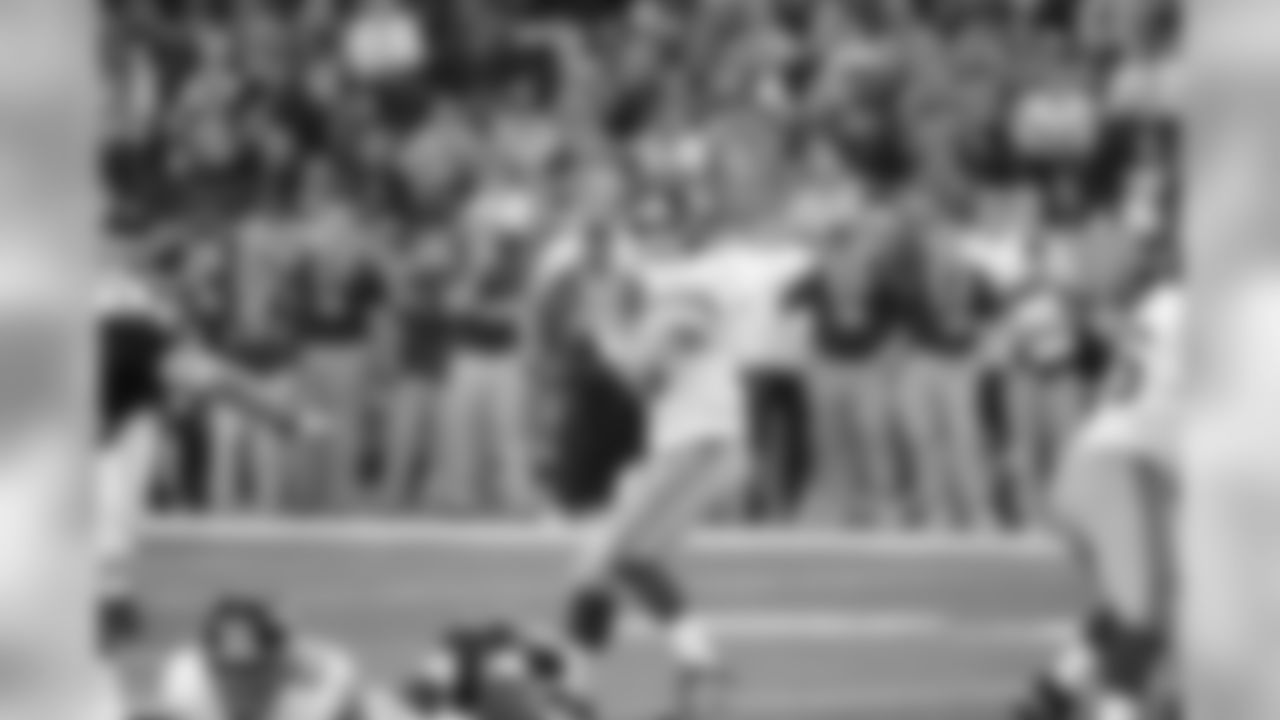
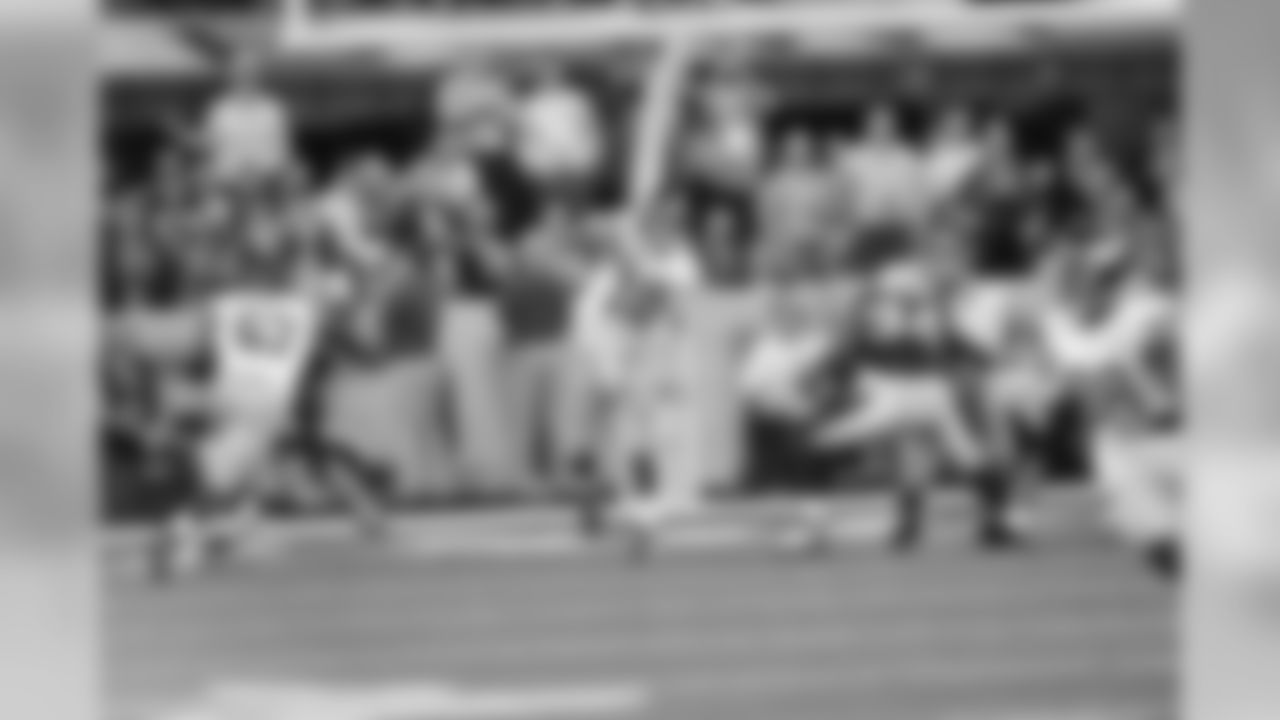

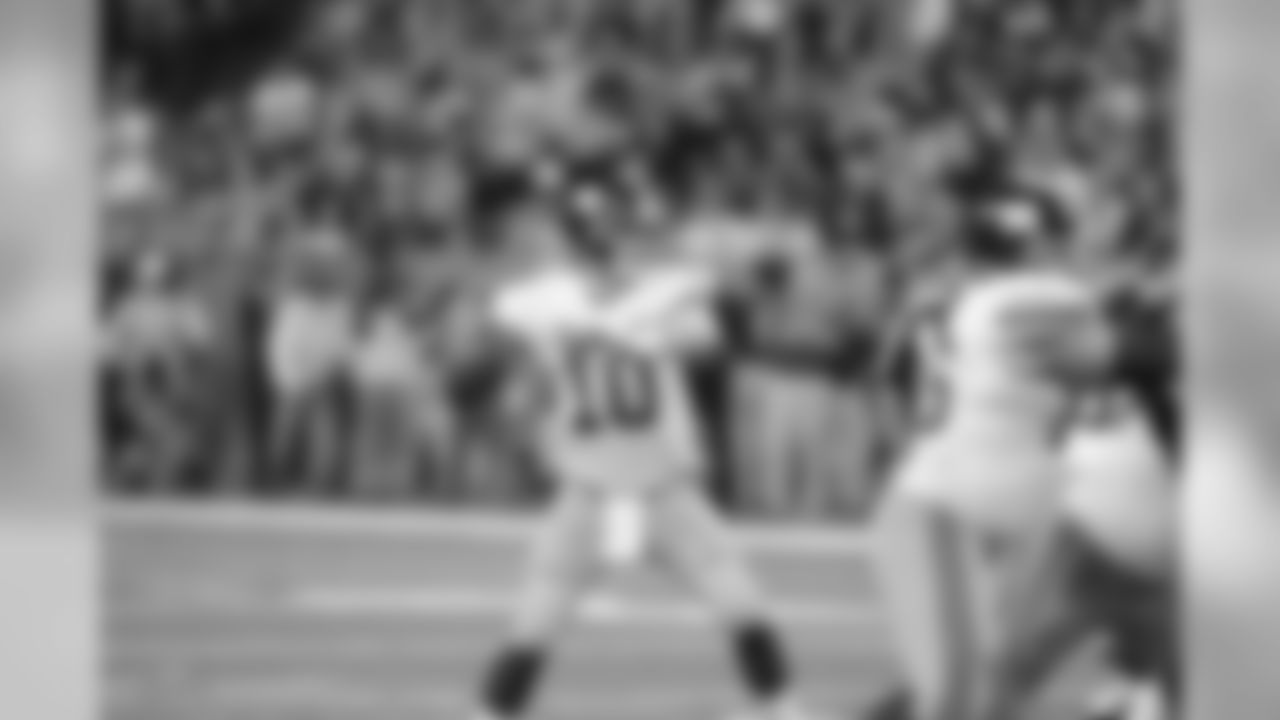
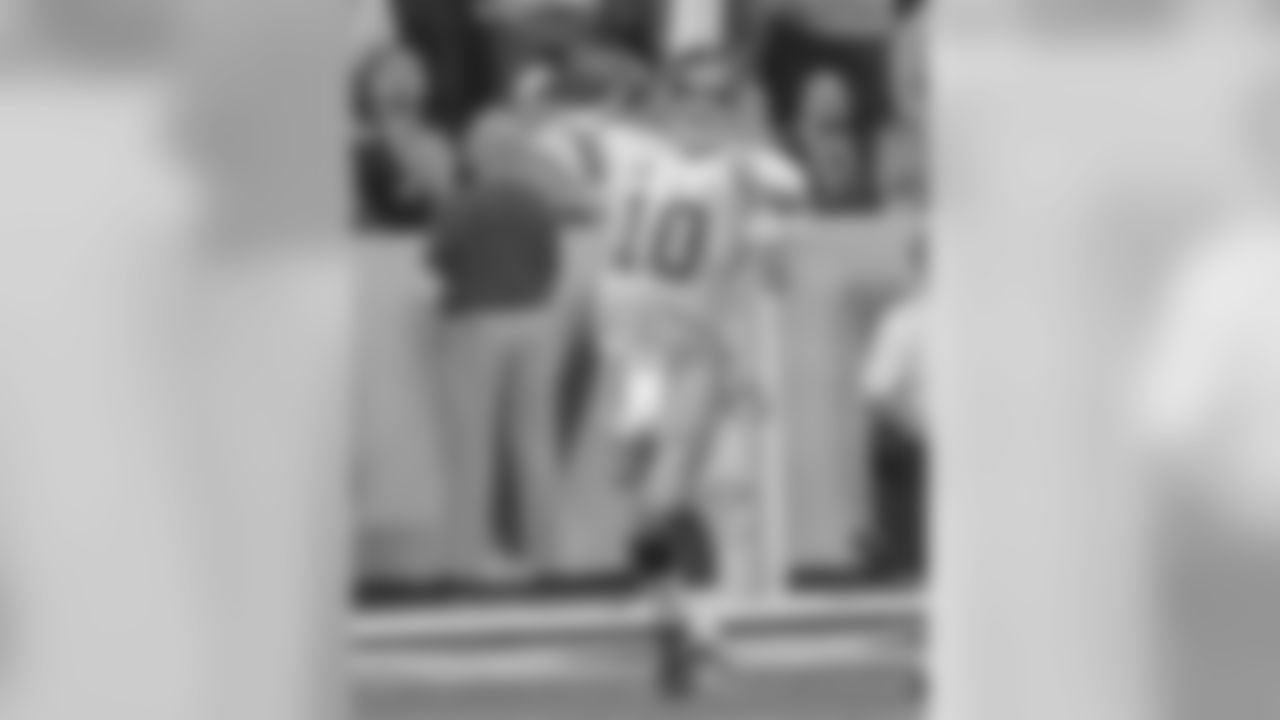

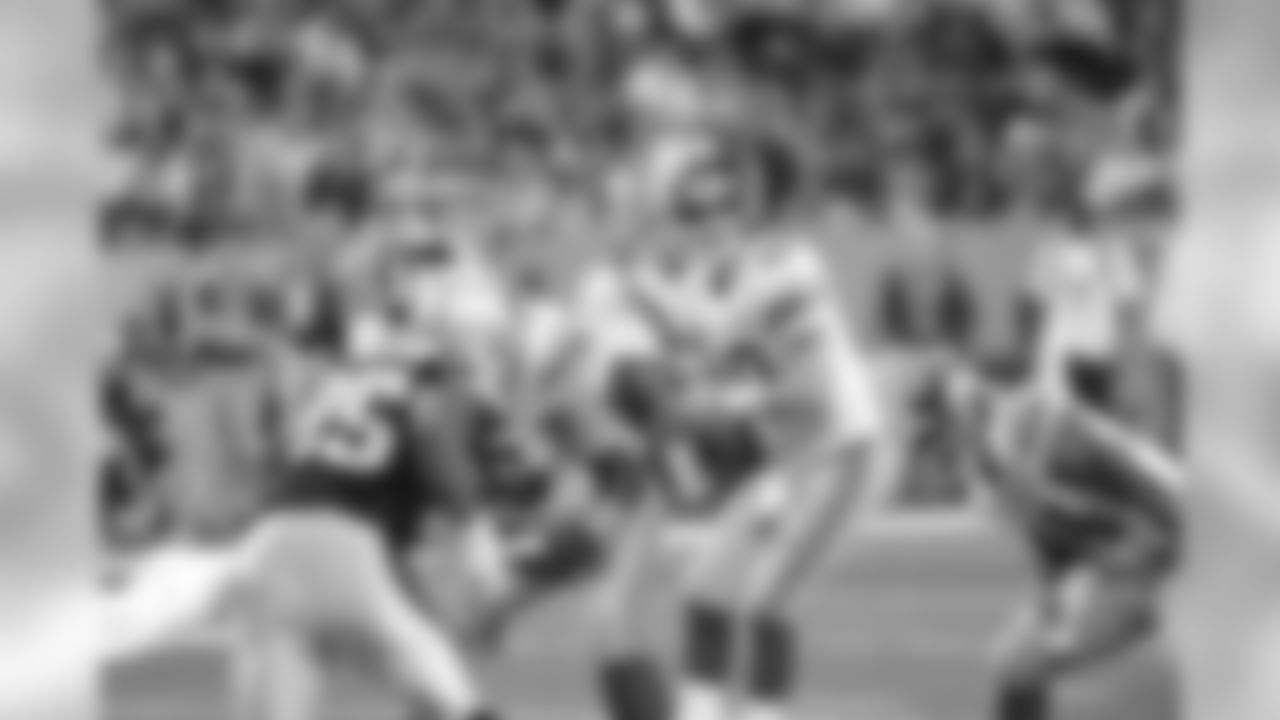
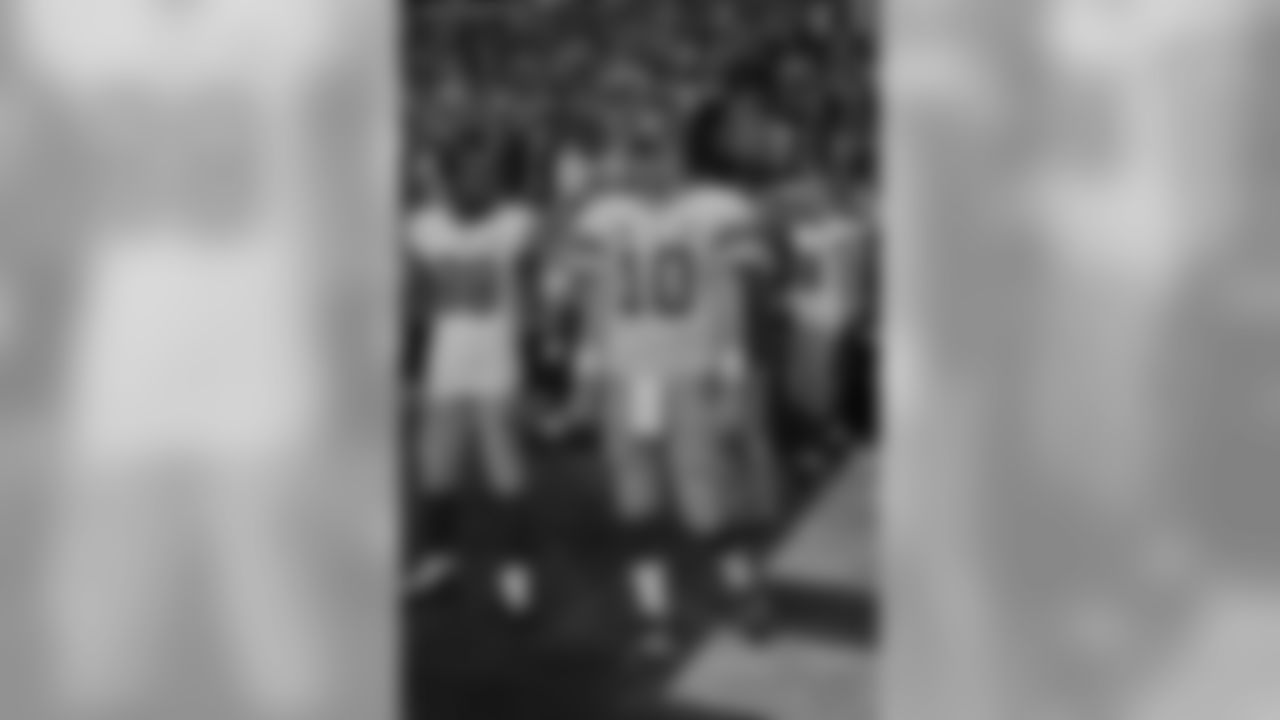
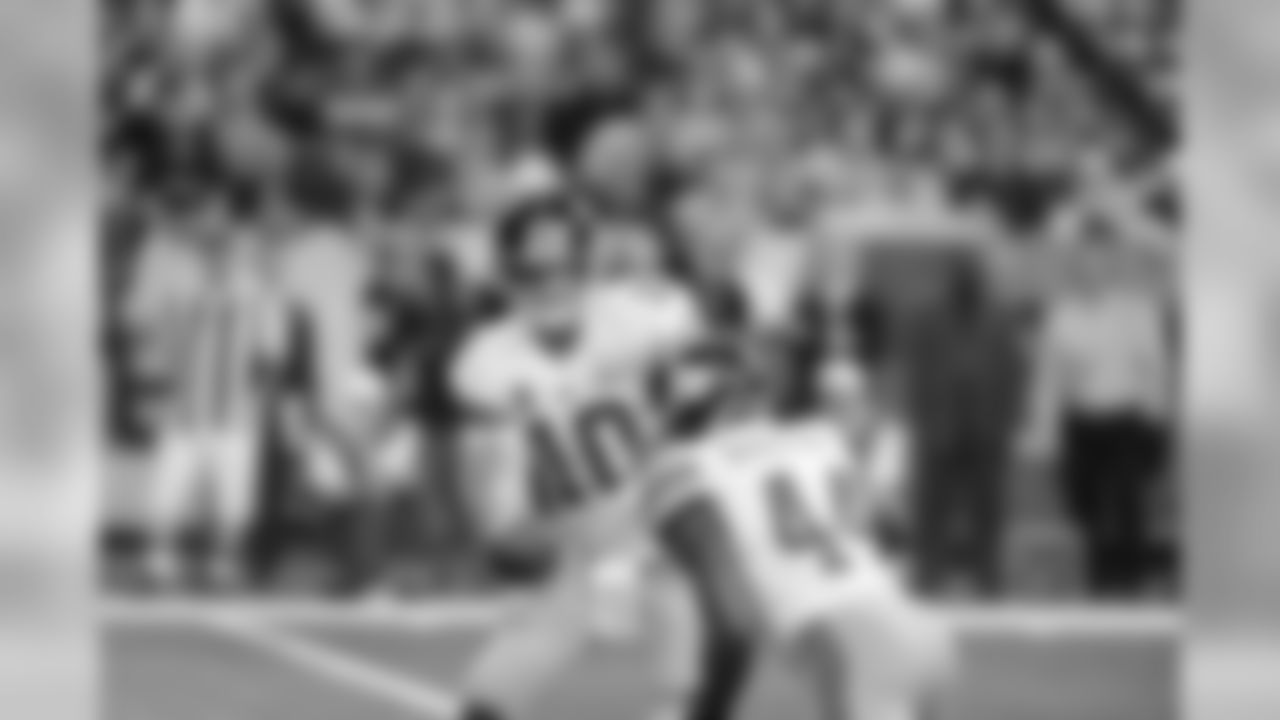
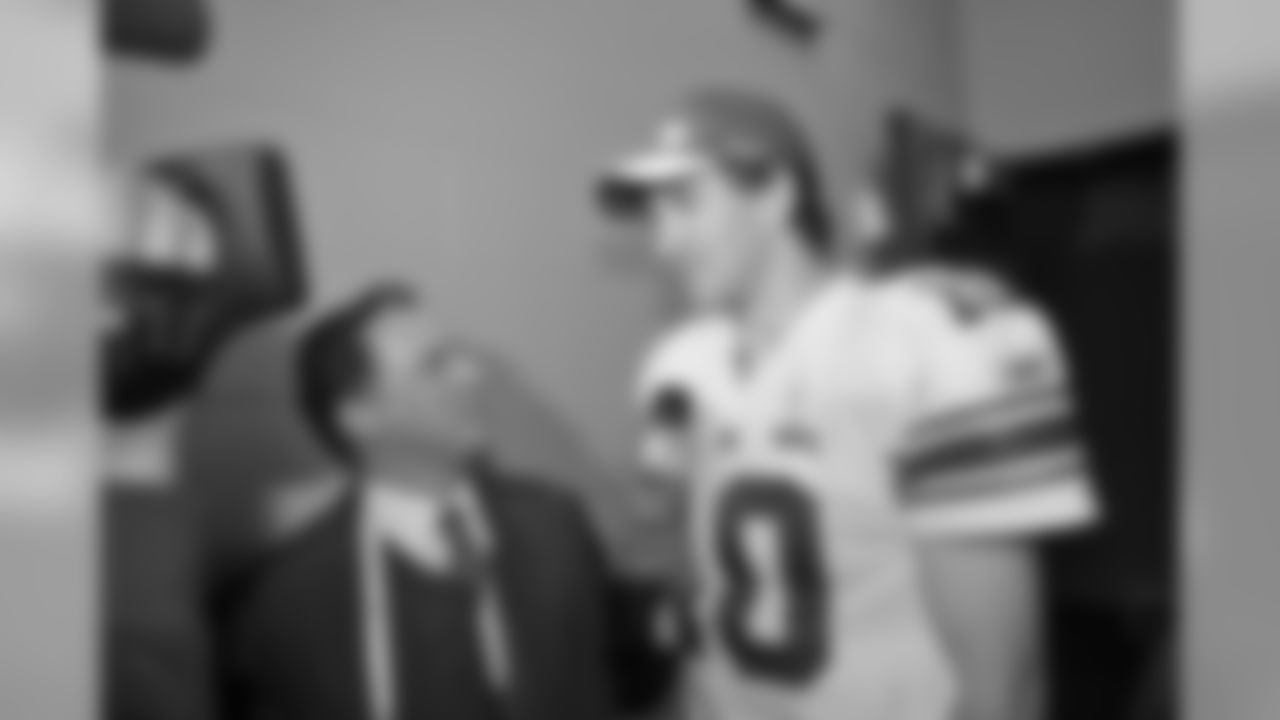
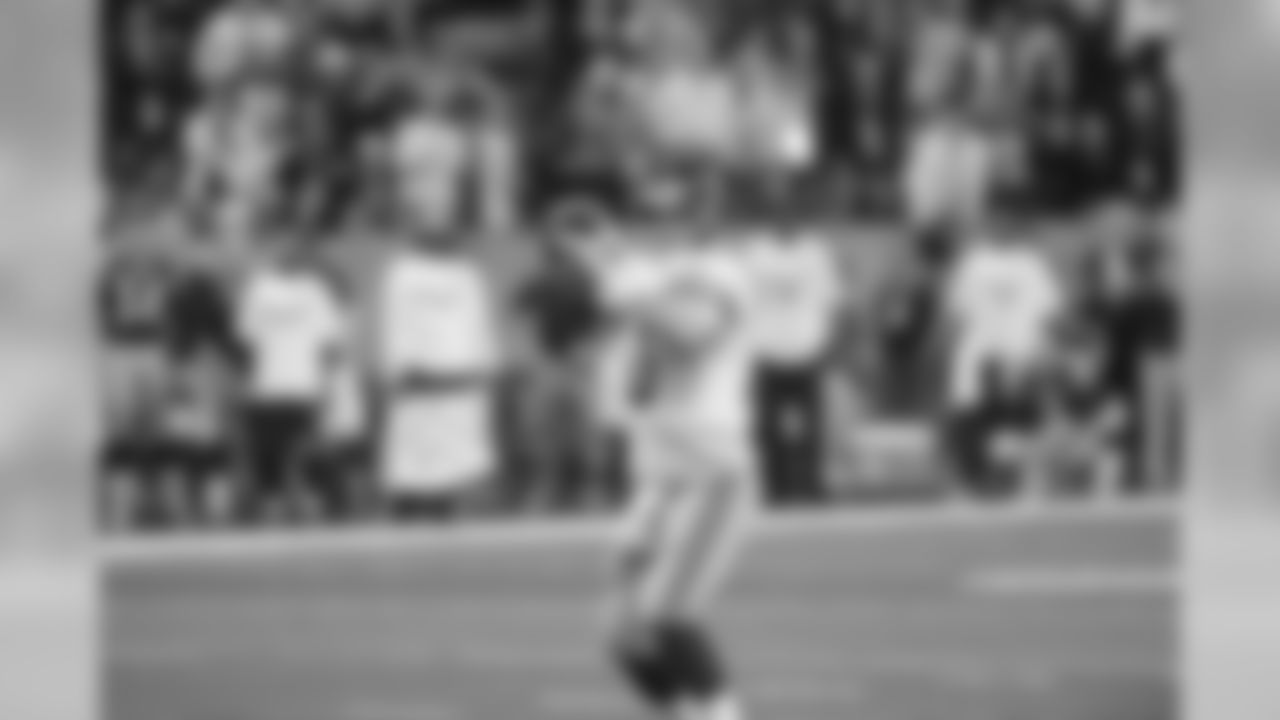
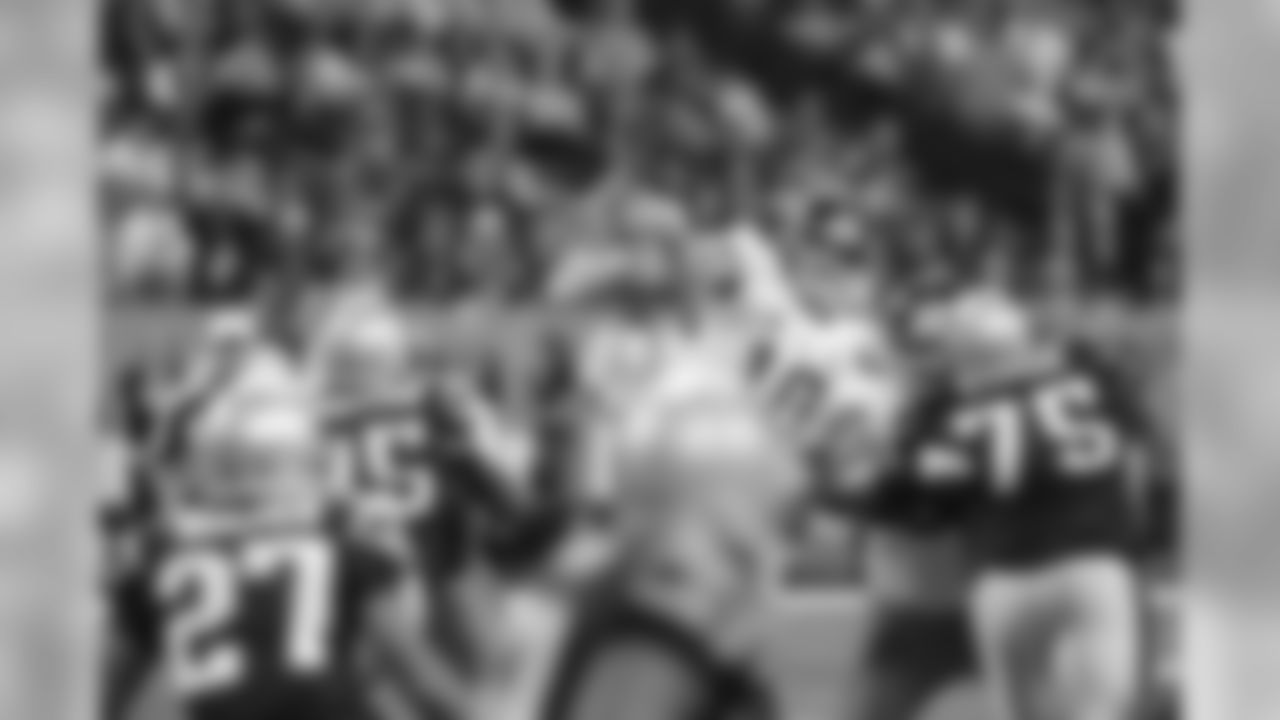

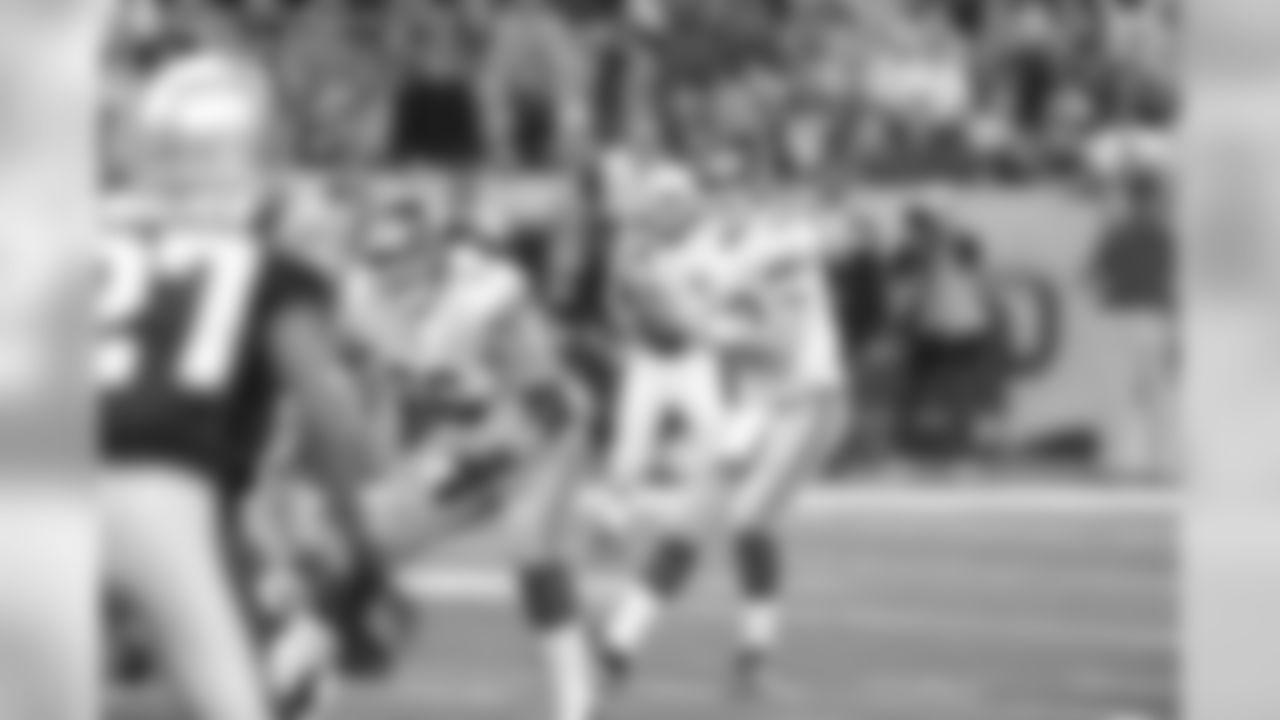


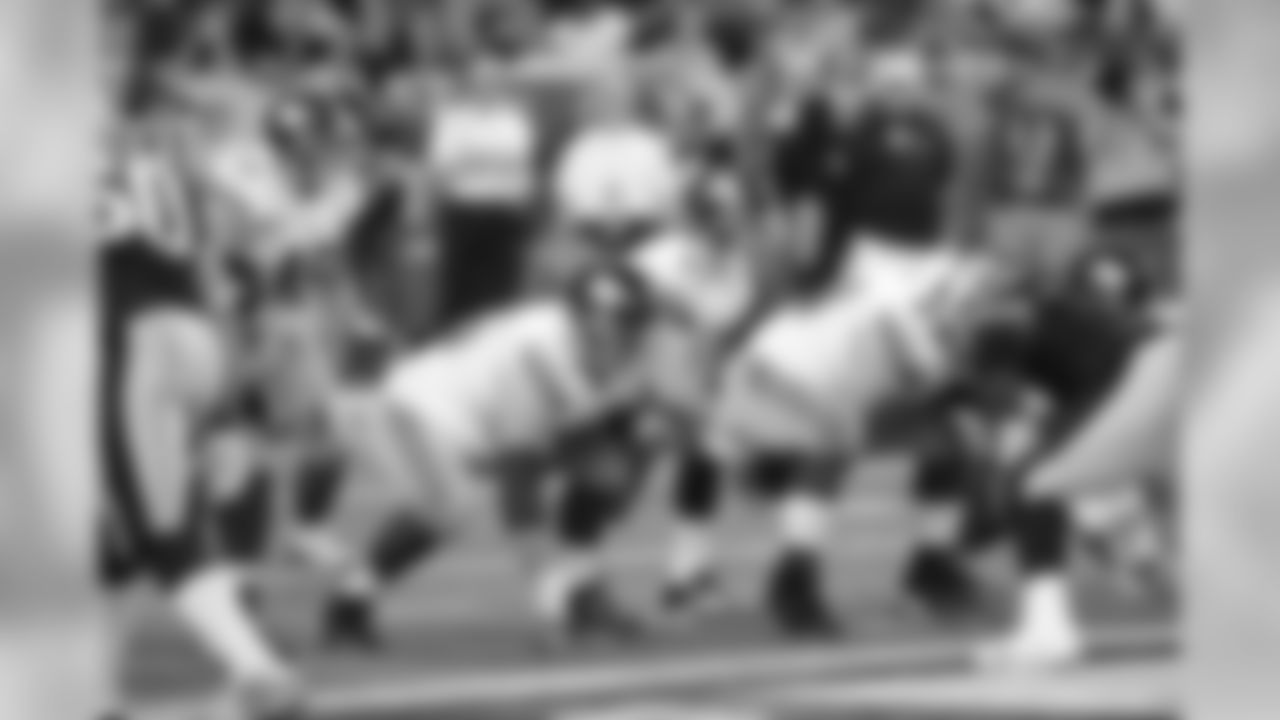

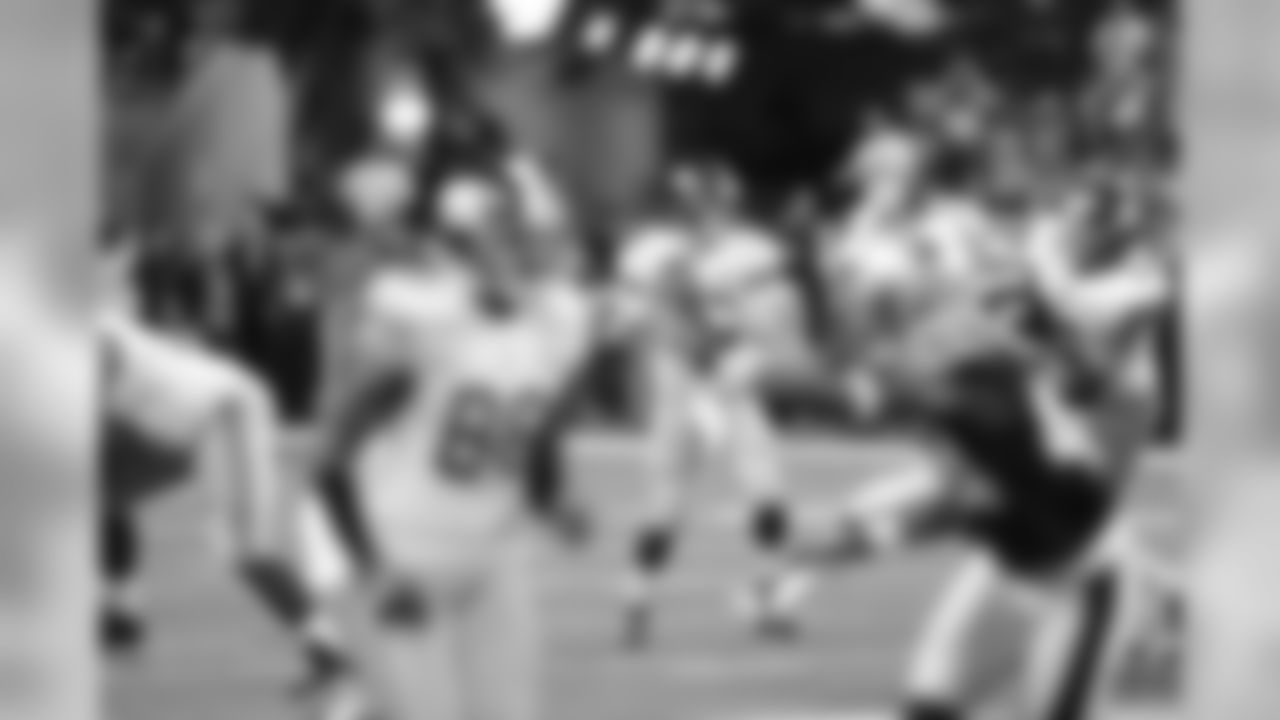



Eli Manning during the New England Patriots 38-35 win over the New York Giants at Giants Stadium in East Rutherford, NJ on 12/29/2007. © 2007 Jim Turner
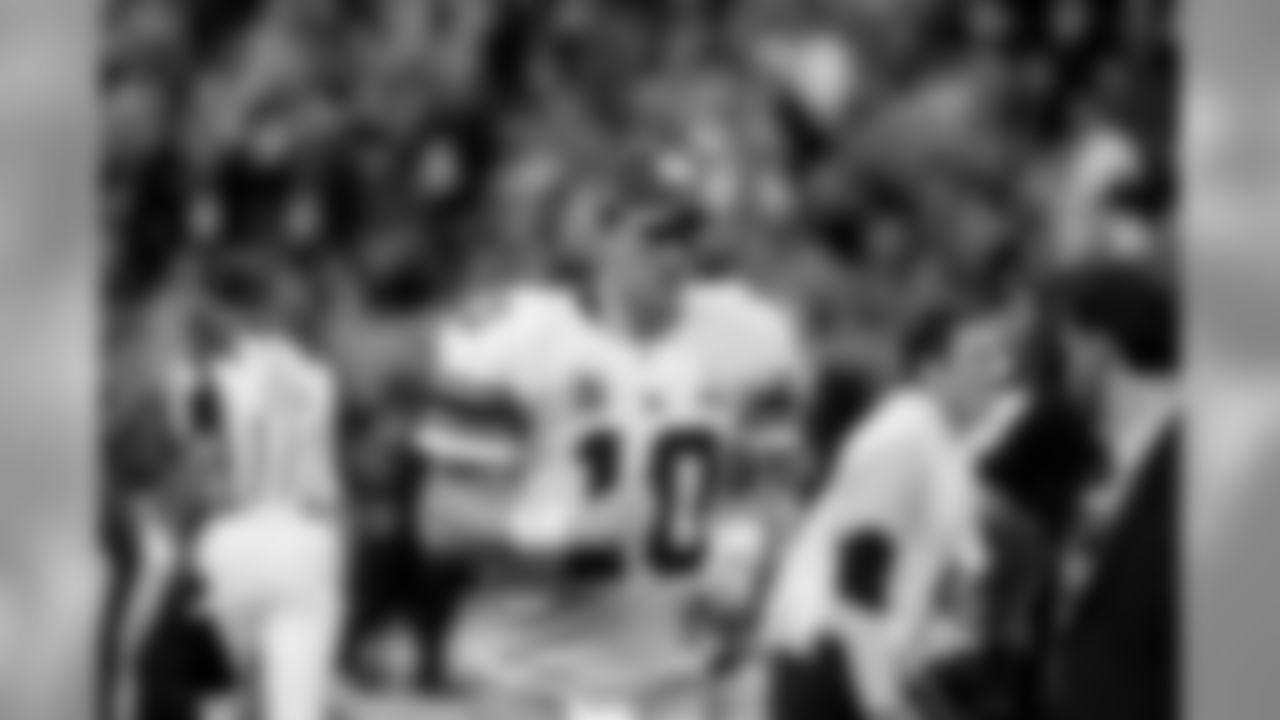
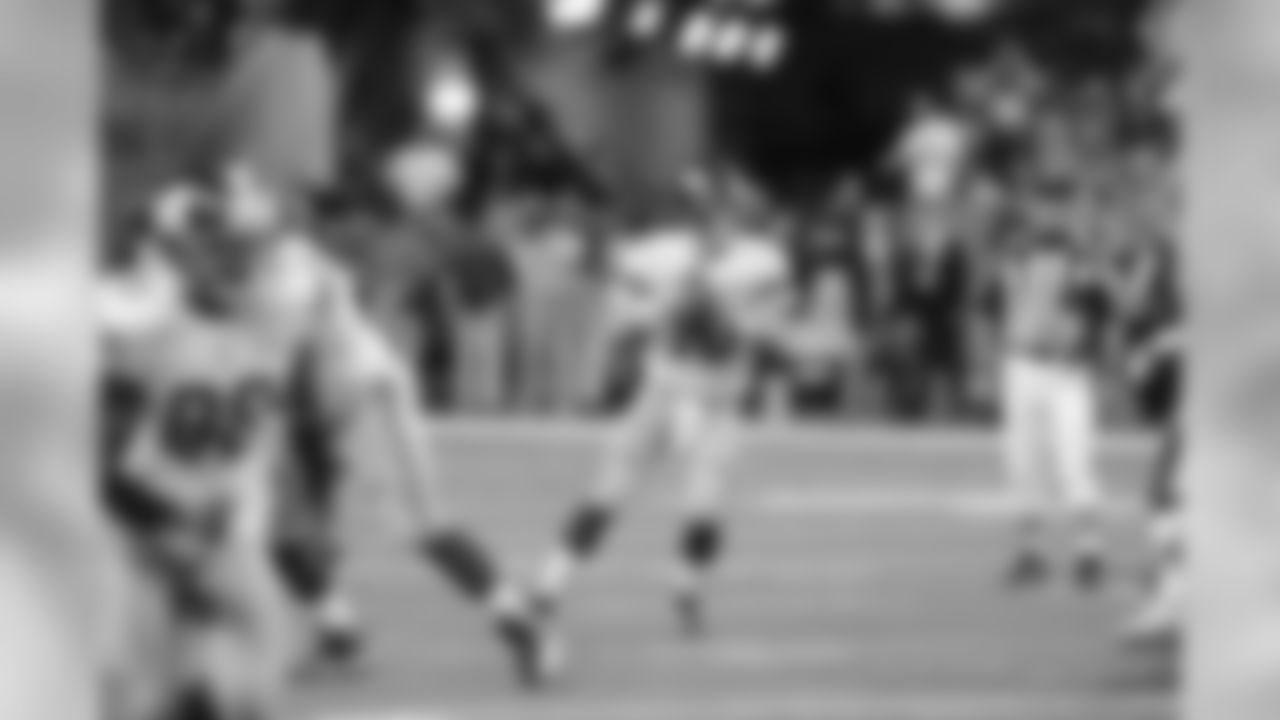

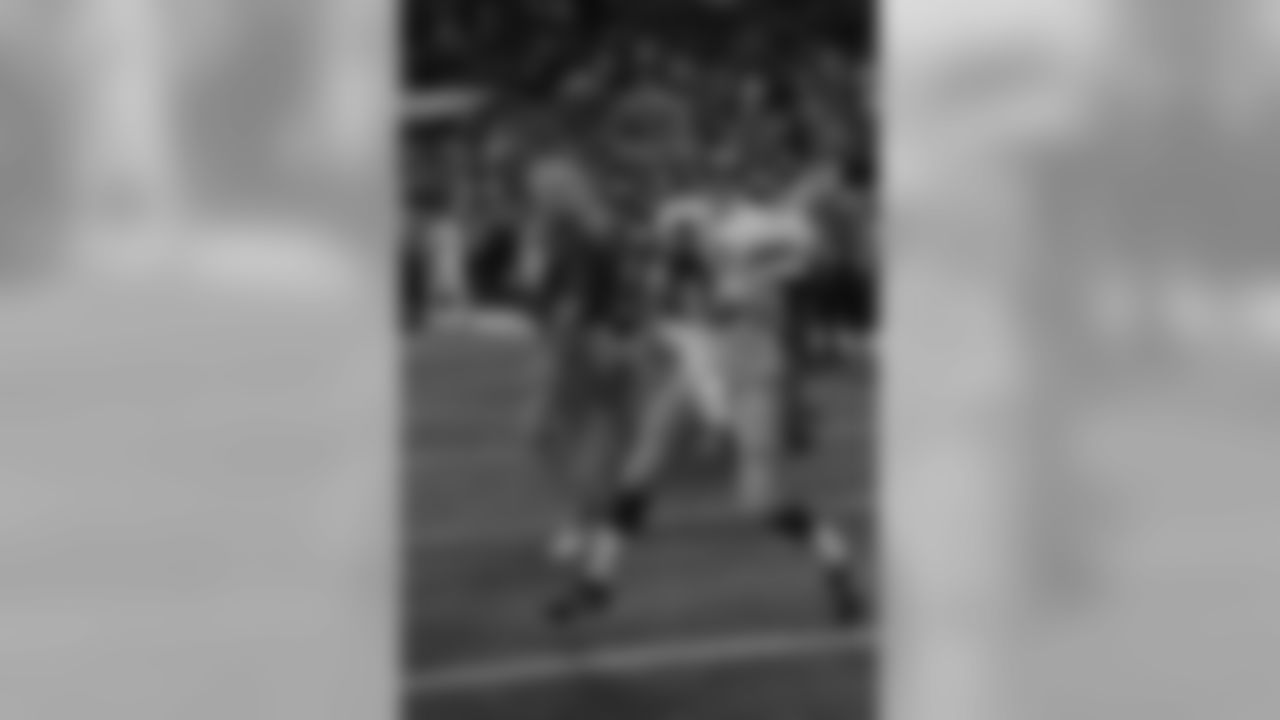
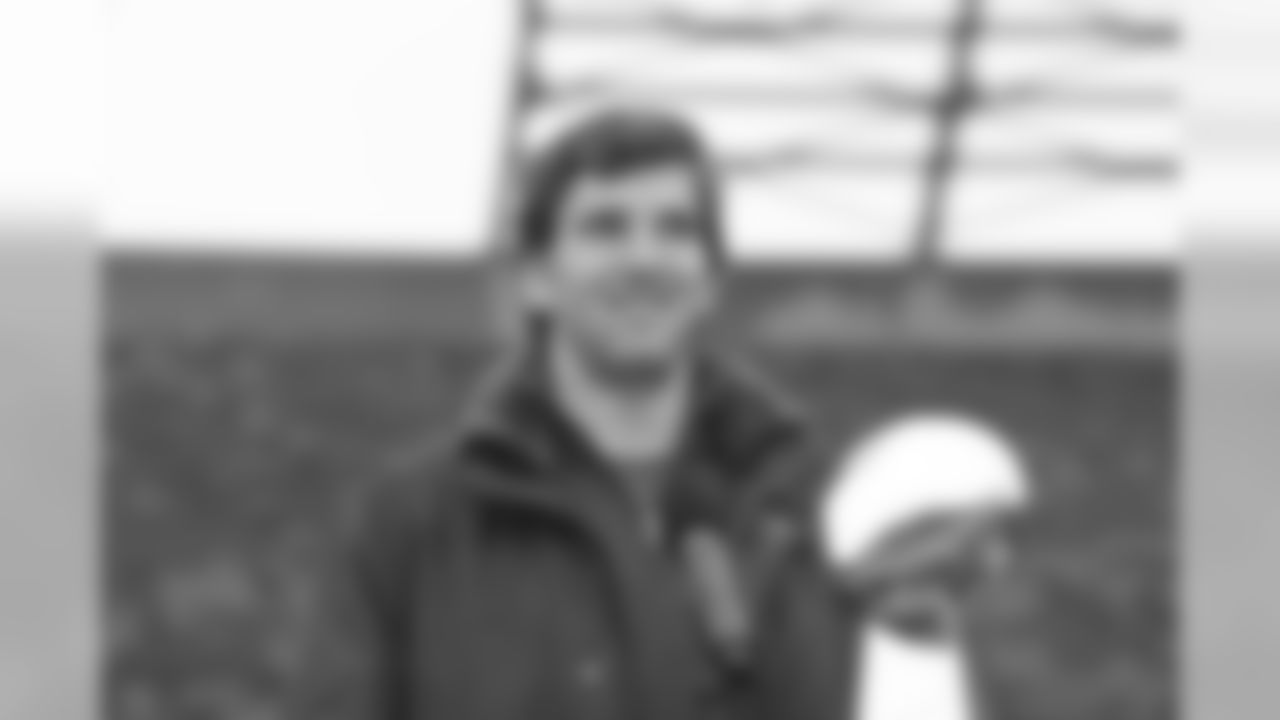

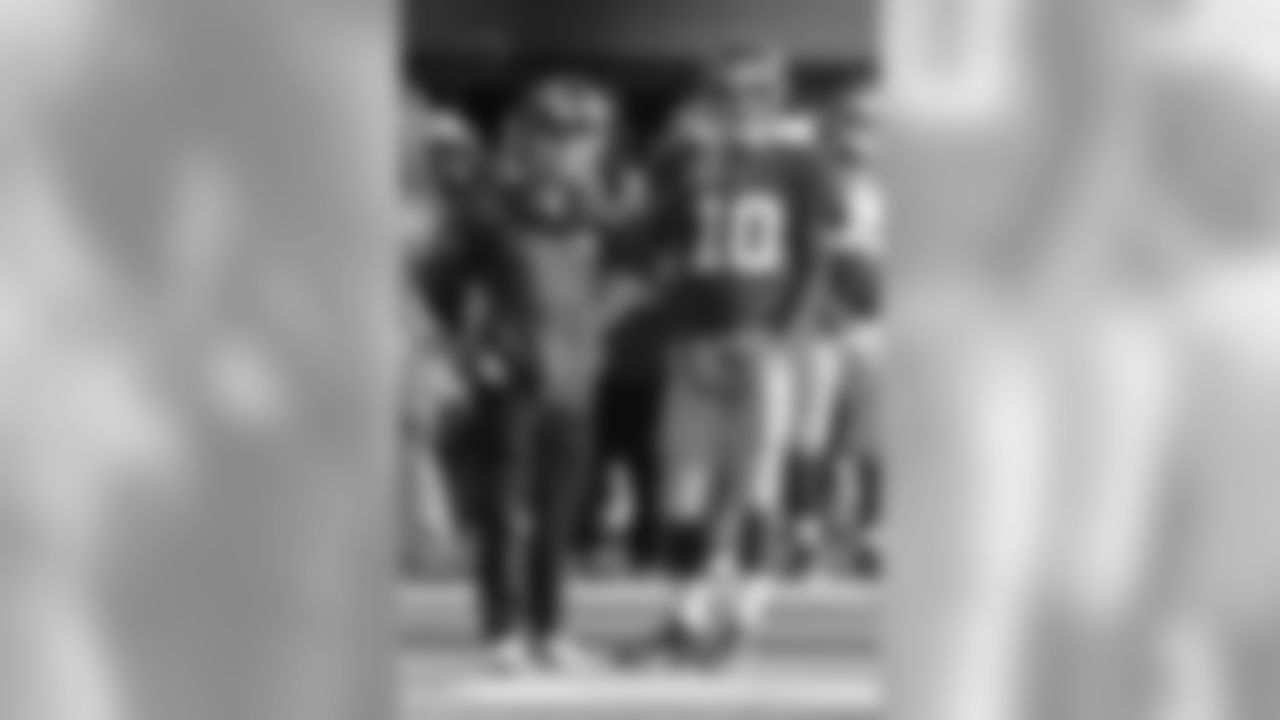
Coughlin & Manning during the New York Giants 31-7 win over the Washington Redskins at The New Meadowlands Stadium in East Rutherford, NJ on 12/5/2010. © 2010 Jim Turner
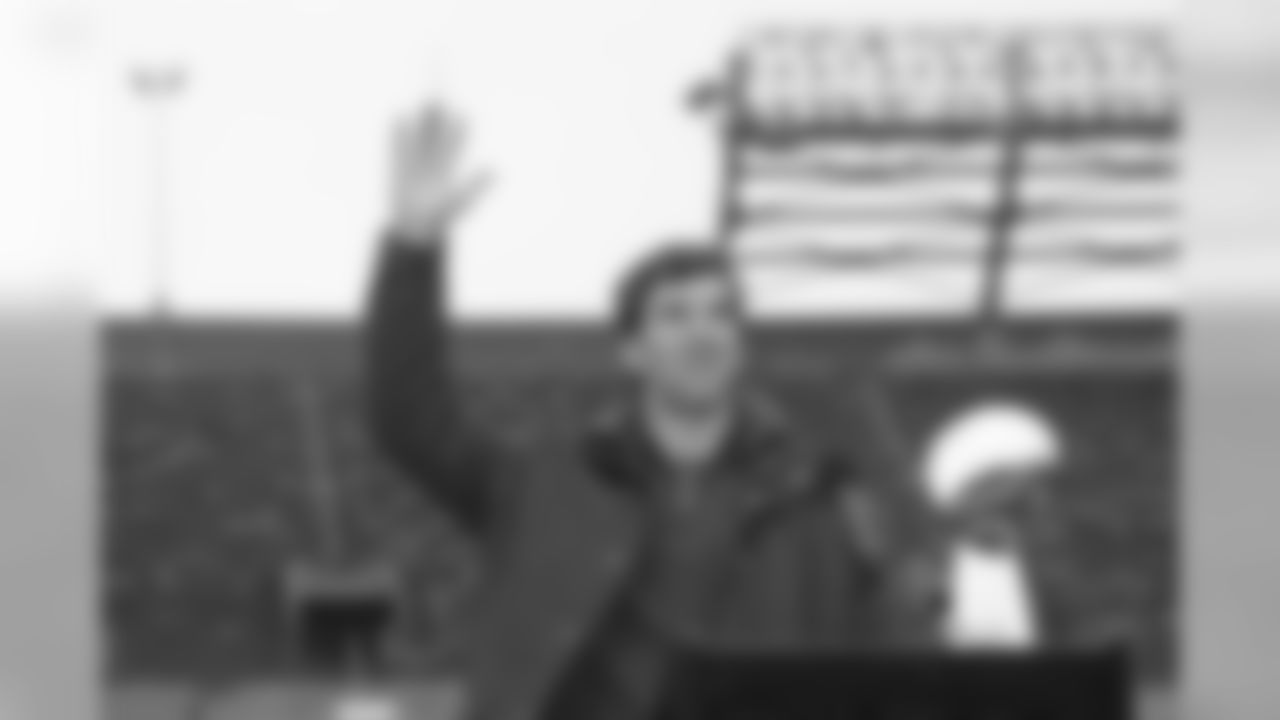

Eli Manning during the Washington Redskins 22-10 win over the New York Giants at Giants Stadium in East Rutherford, NJ on 12/16/2007. © 2007 Jim Turner
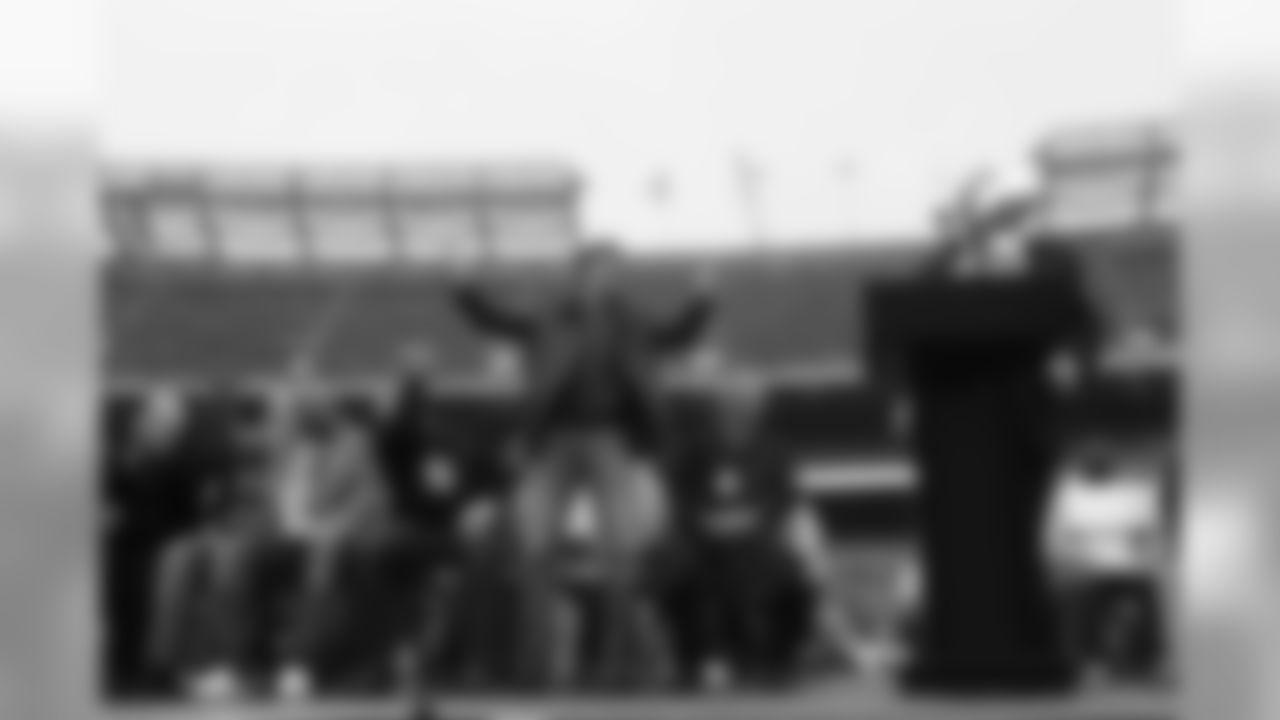


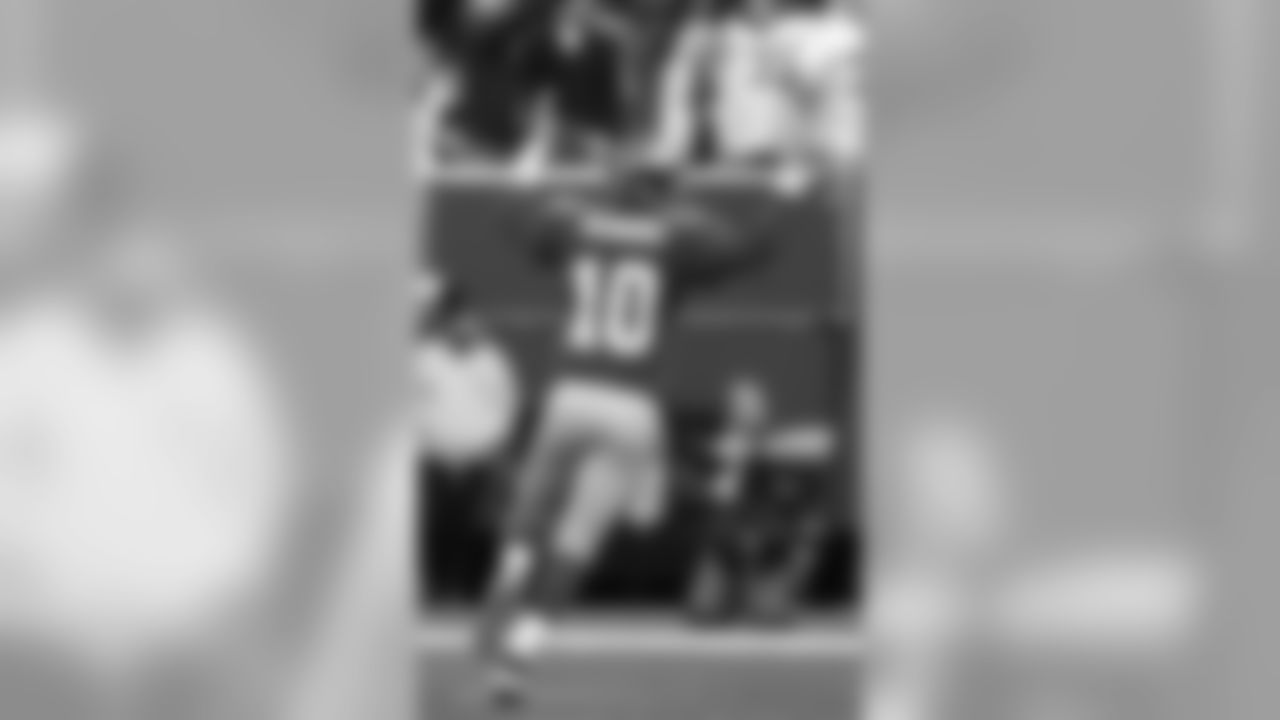
Eli Manning during the Pittsburgh Steelers 33-30 win over the New York Giants at Giants Stadium in East Rutherford, New Jersey on December 18, 2004. © Jim Turner
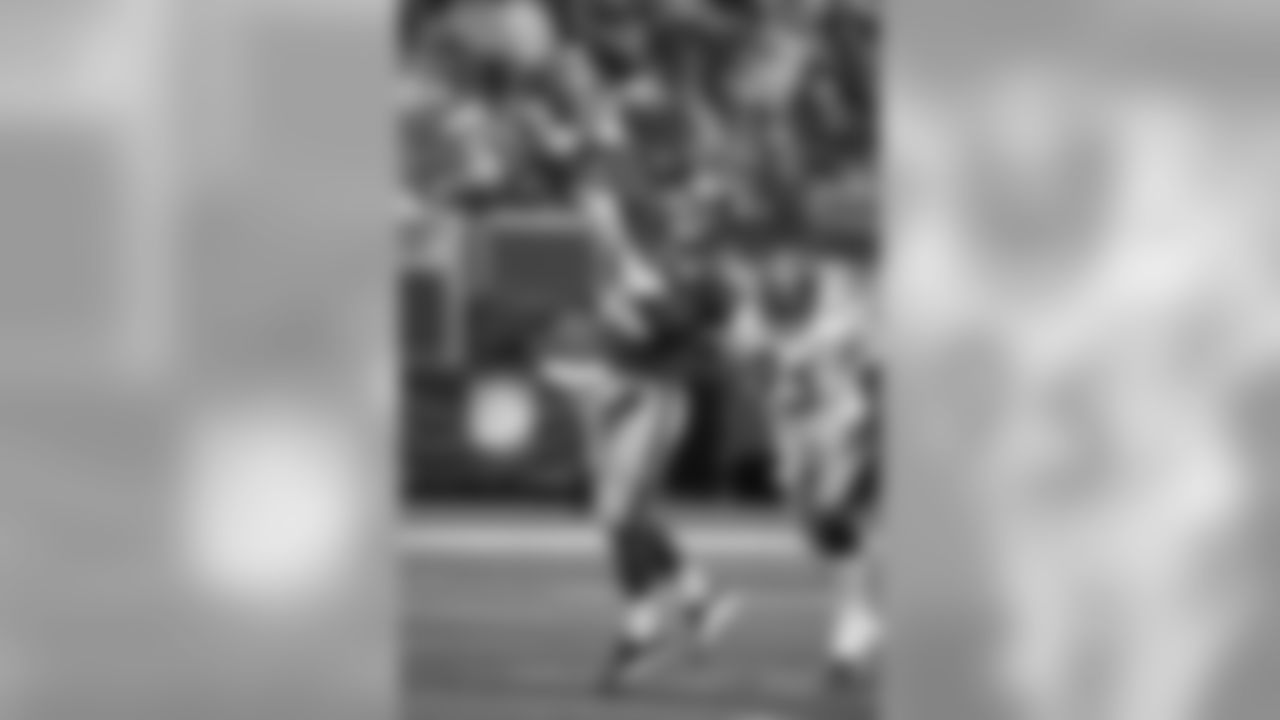
Eli Manning during the Pittsburgh Steelers 33-30 win over the New York Giants at Giants Stadium in East Rutherford, New Jersey on December 18, 2004. © Jim Turner


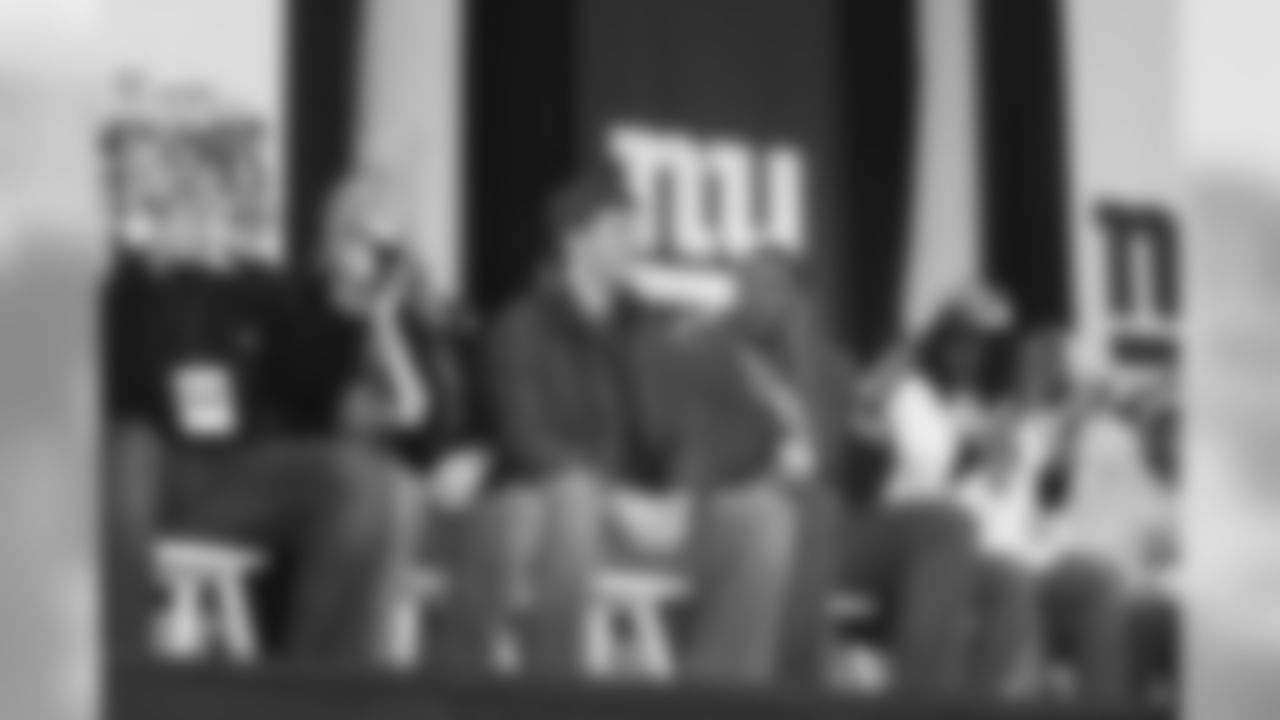
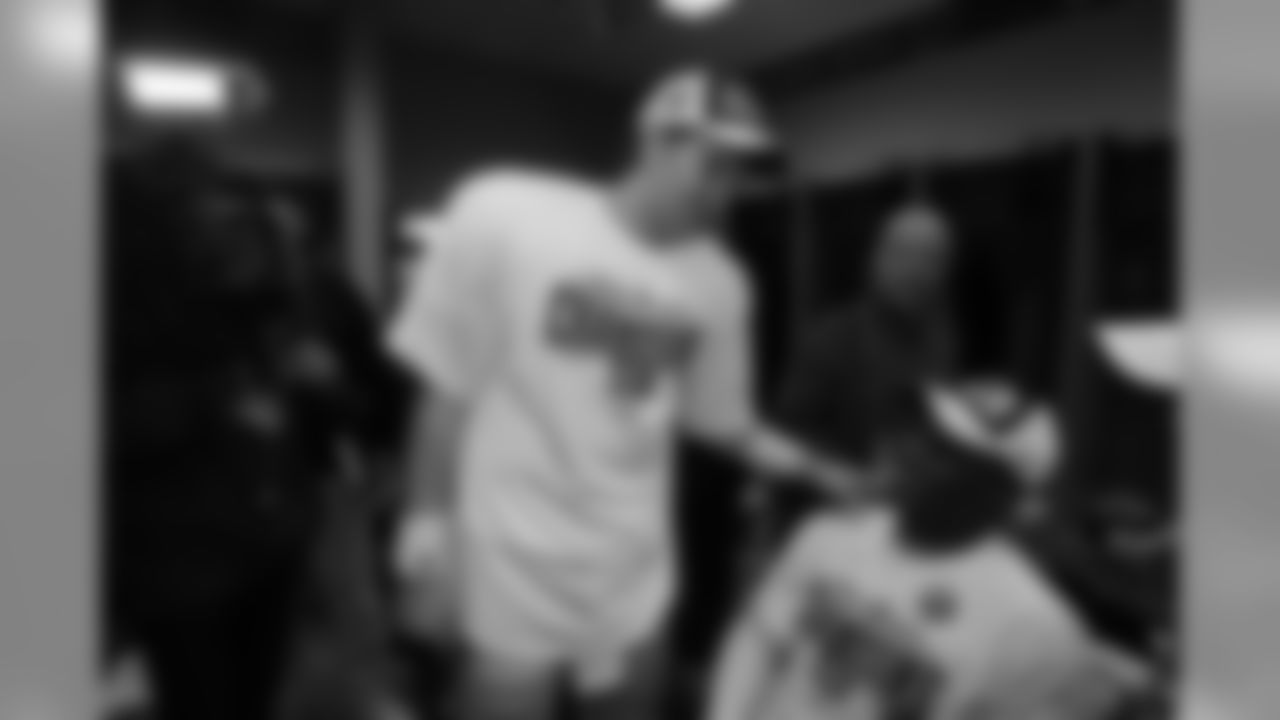

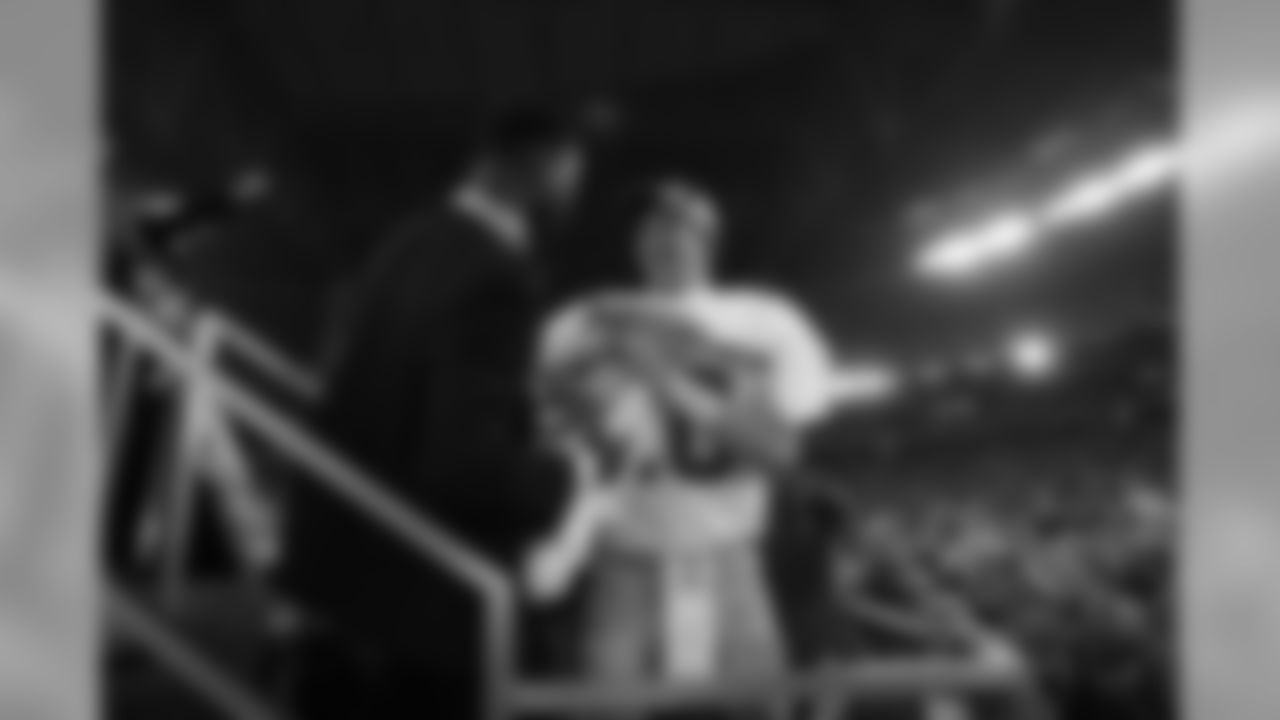
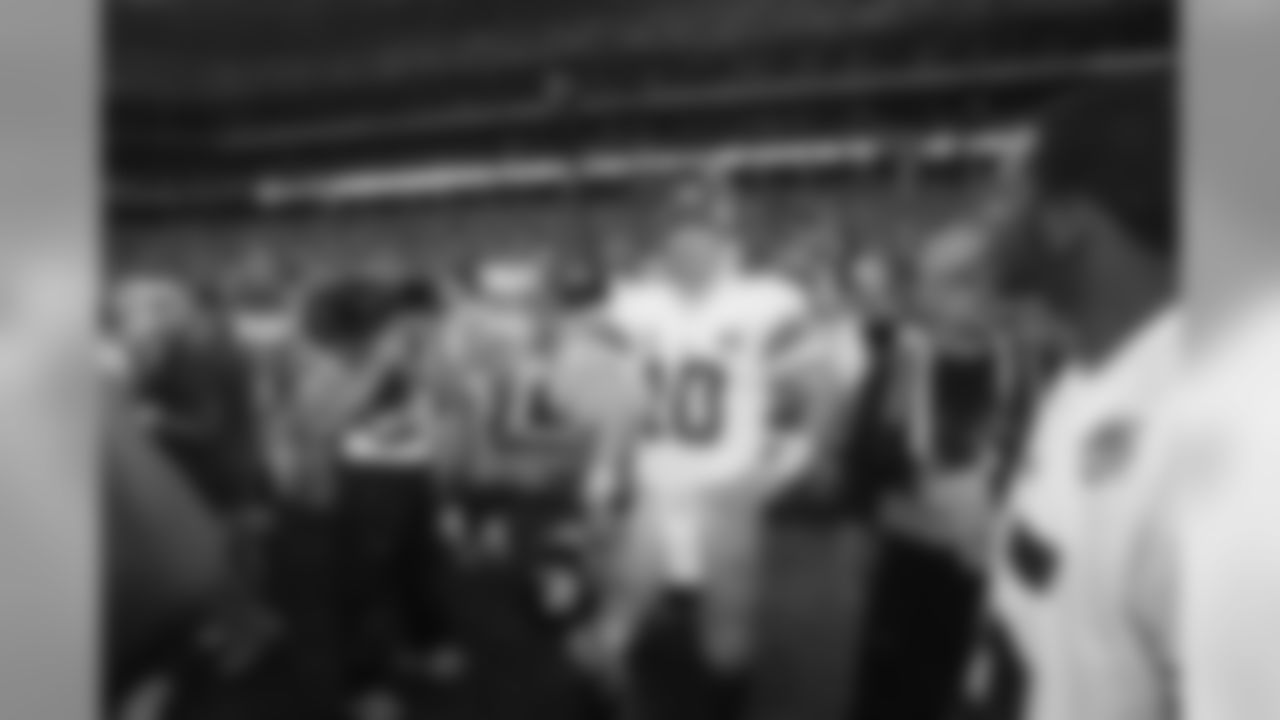
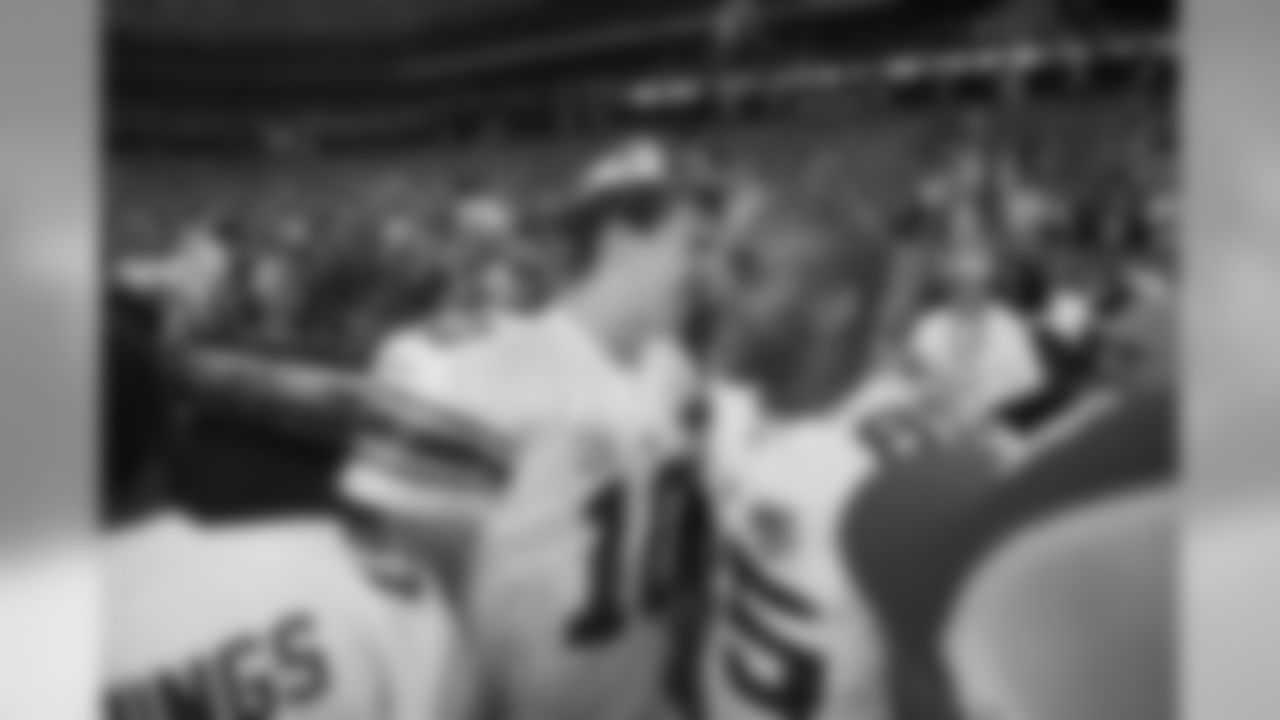
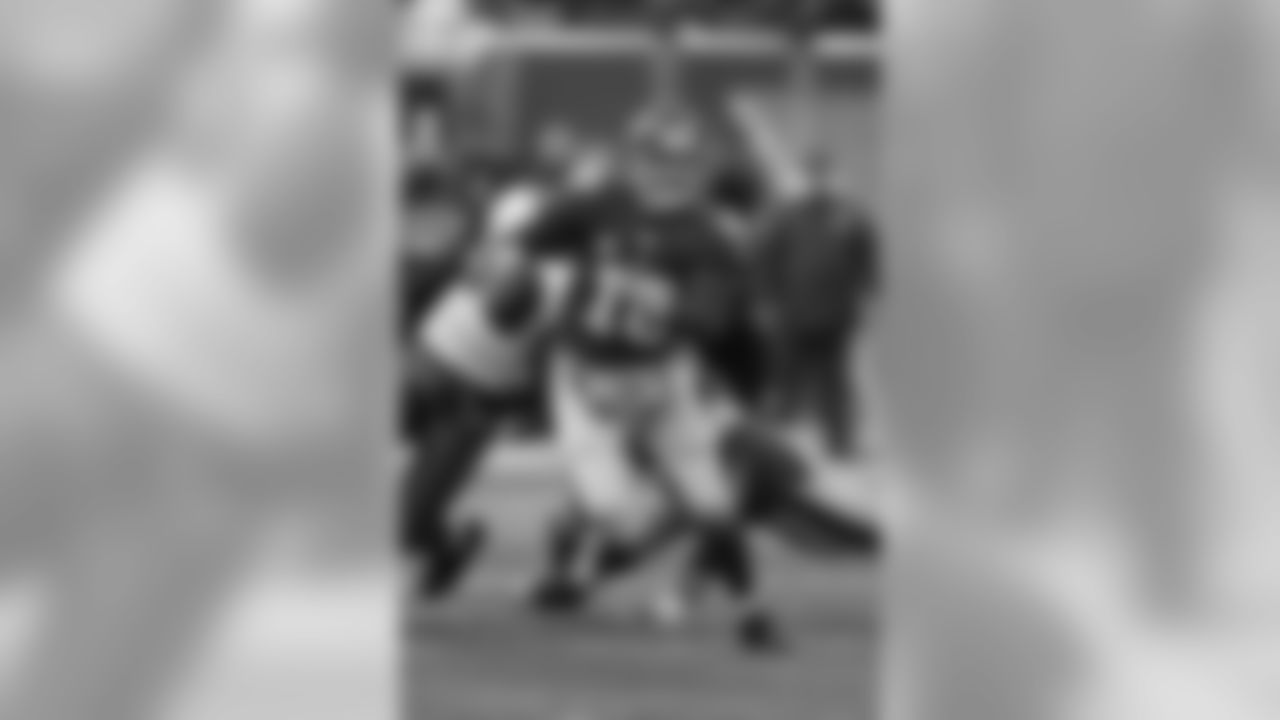
Eli Manning of the New York Giants during the Giants 20-14 loss to the Philadelphia Eagles on December 7, 2008 at Giants Stadium in East Rutherford, NJ.
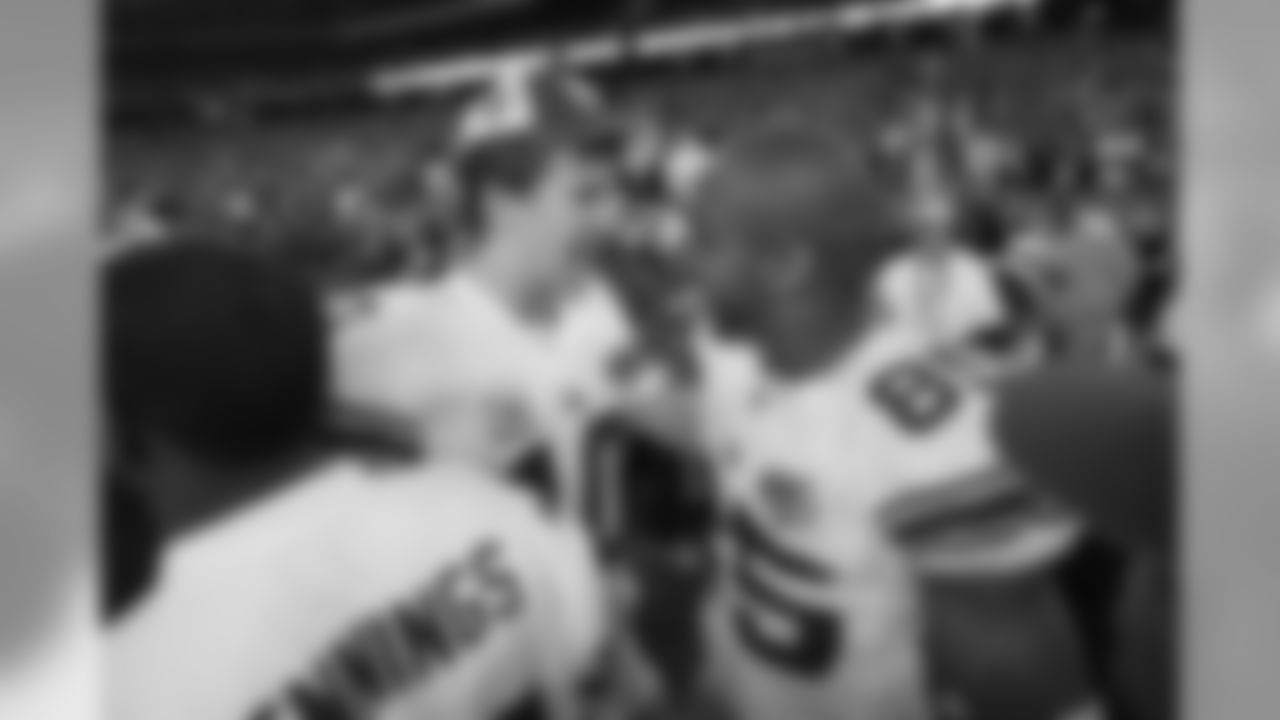

Eli Manning of the New York Giants during the Giants 20-14 loss to the Philadelphia Eagles on December 7, 2008 at Giants Stadium in East Rutherford, NJ.
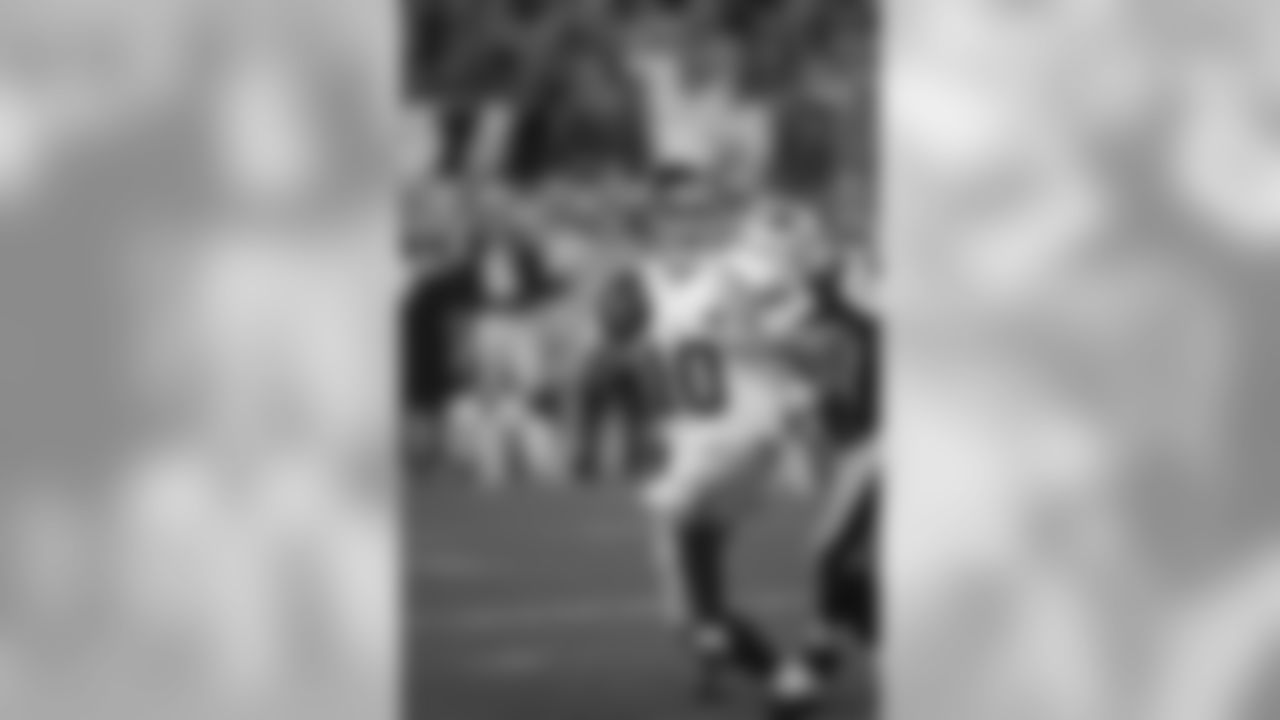
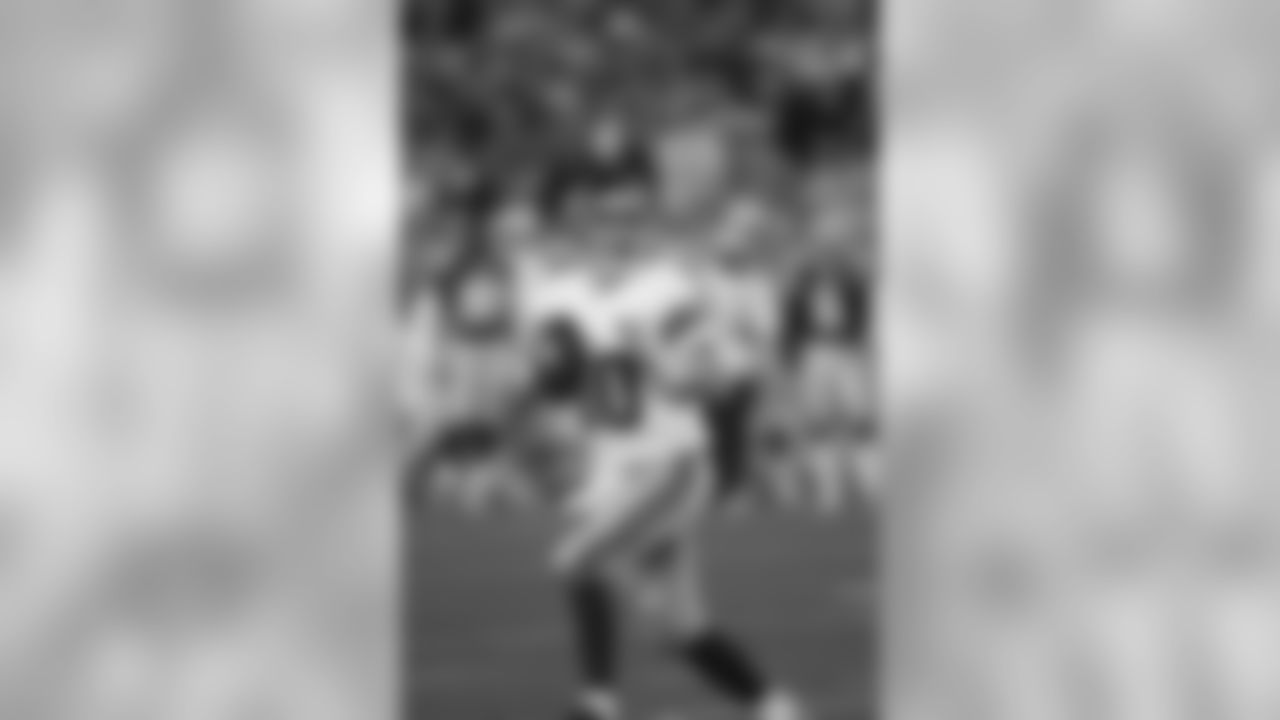

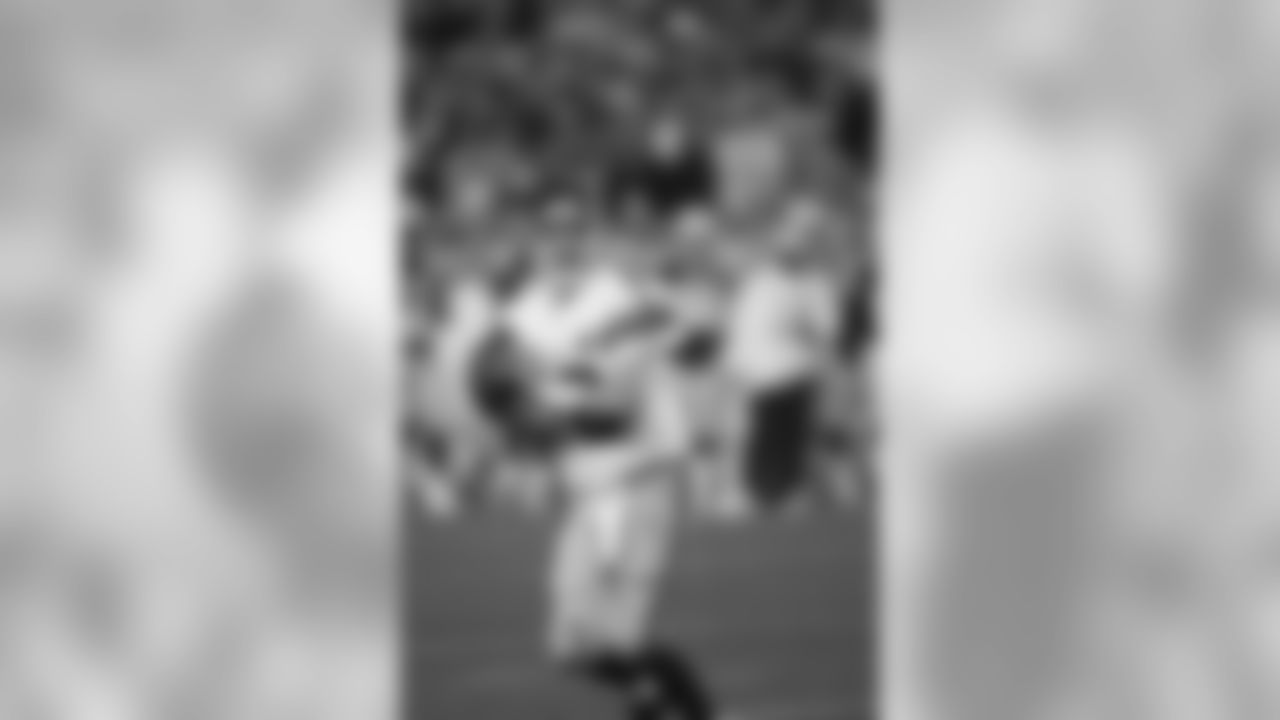
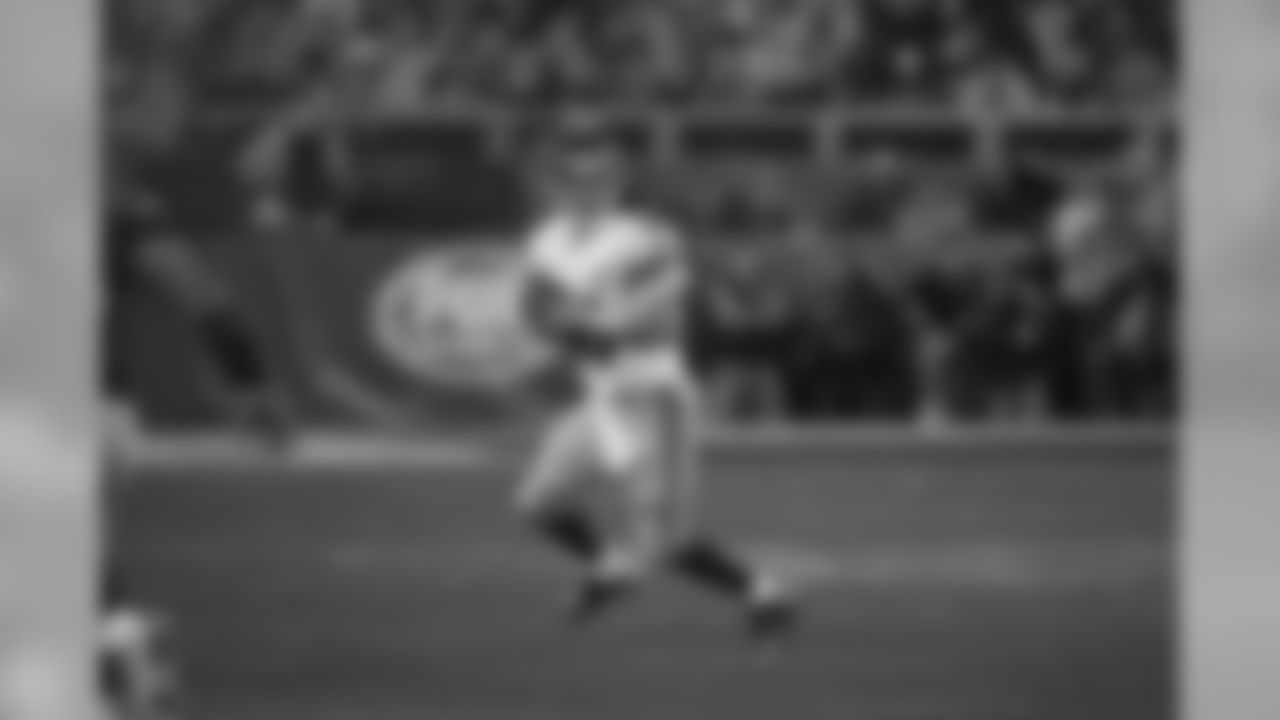
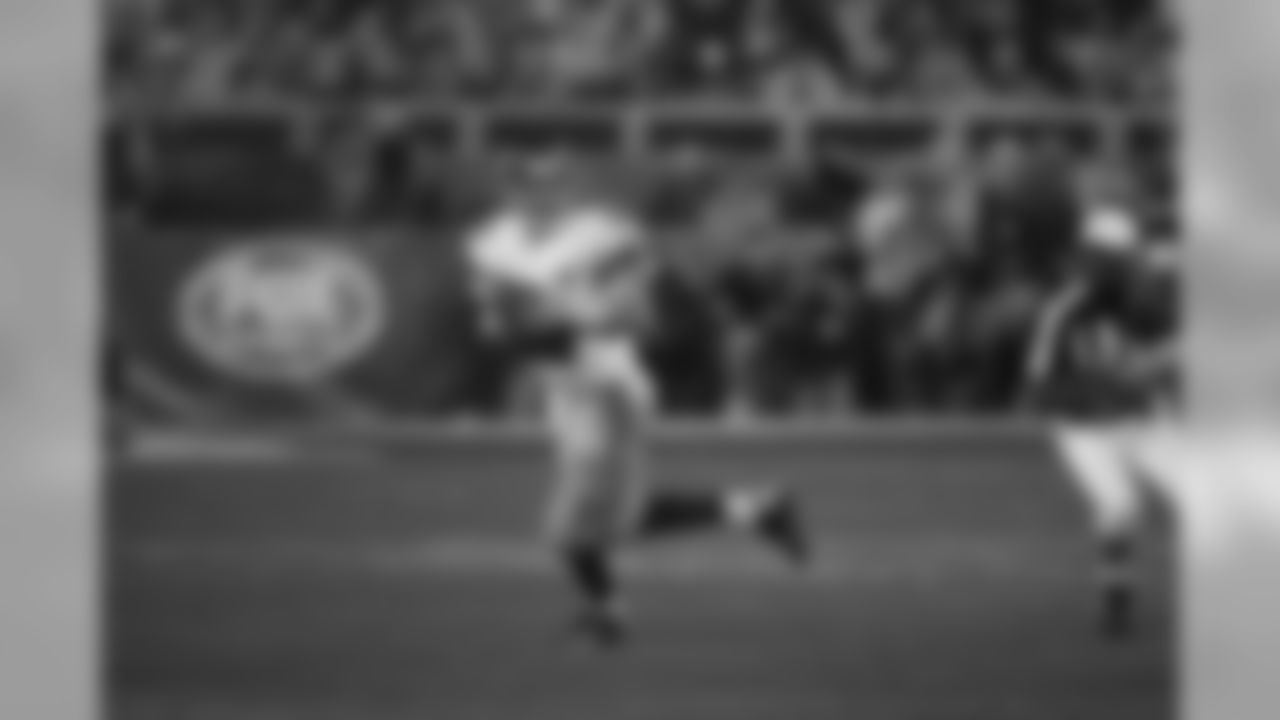
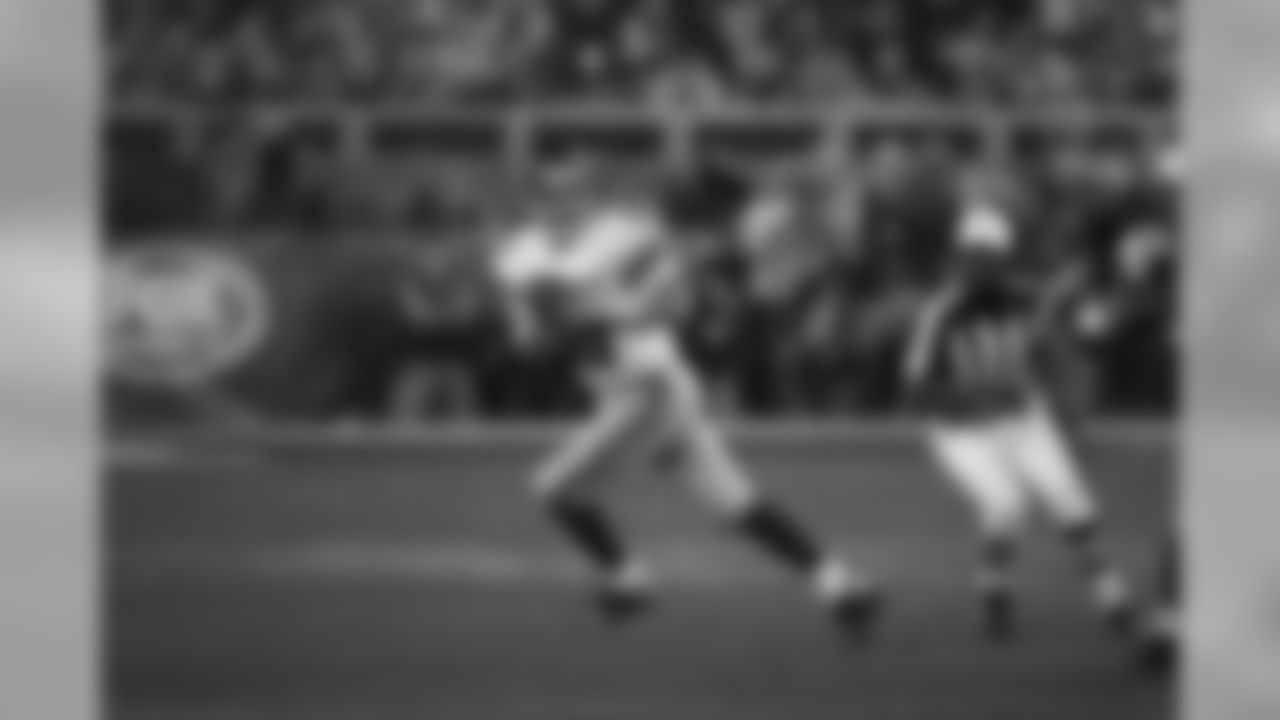
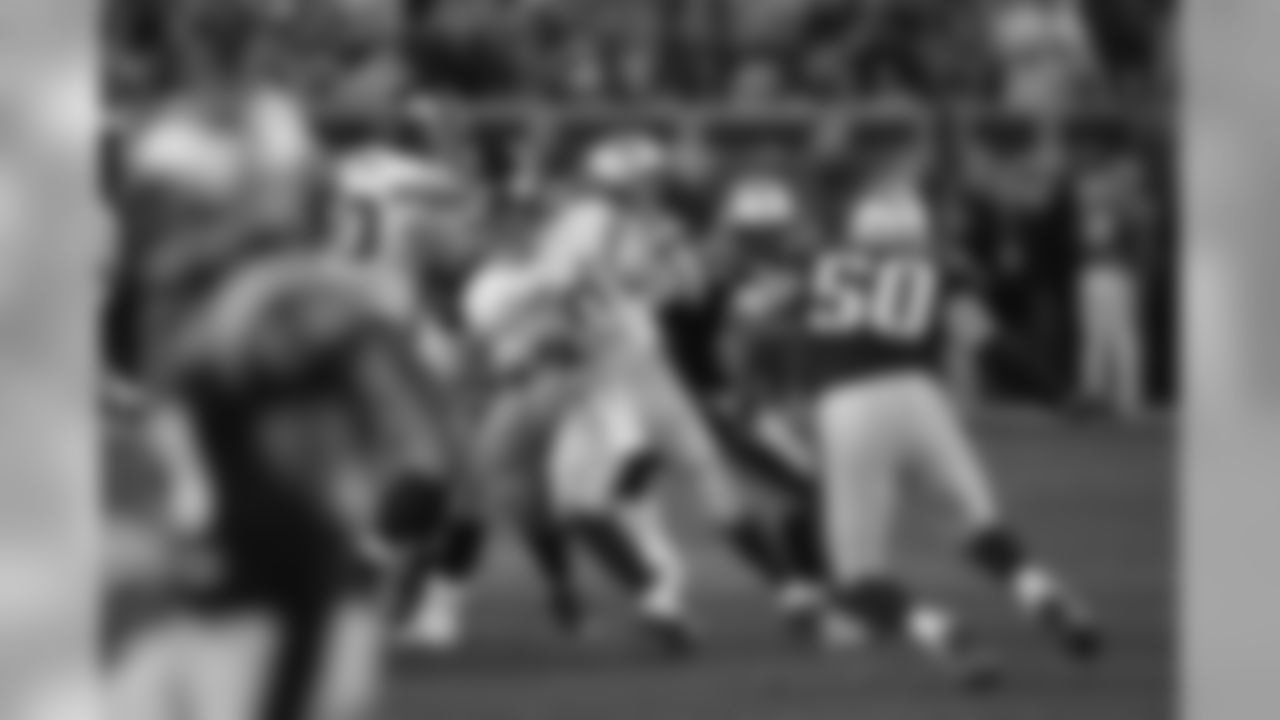
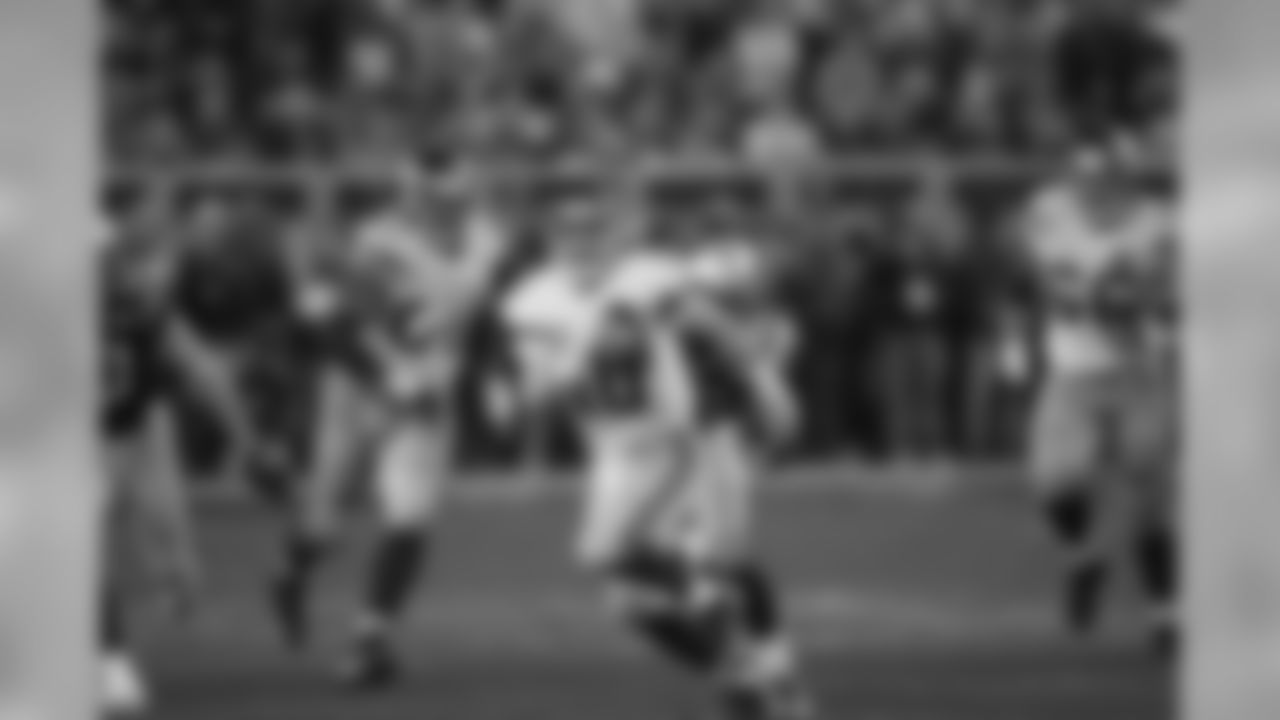
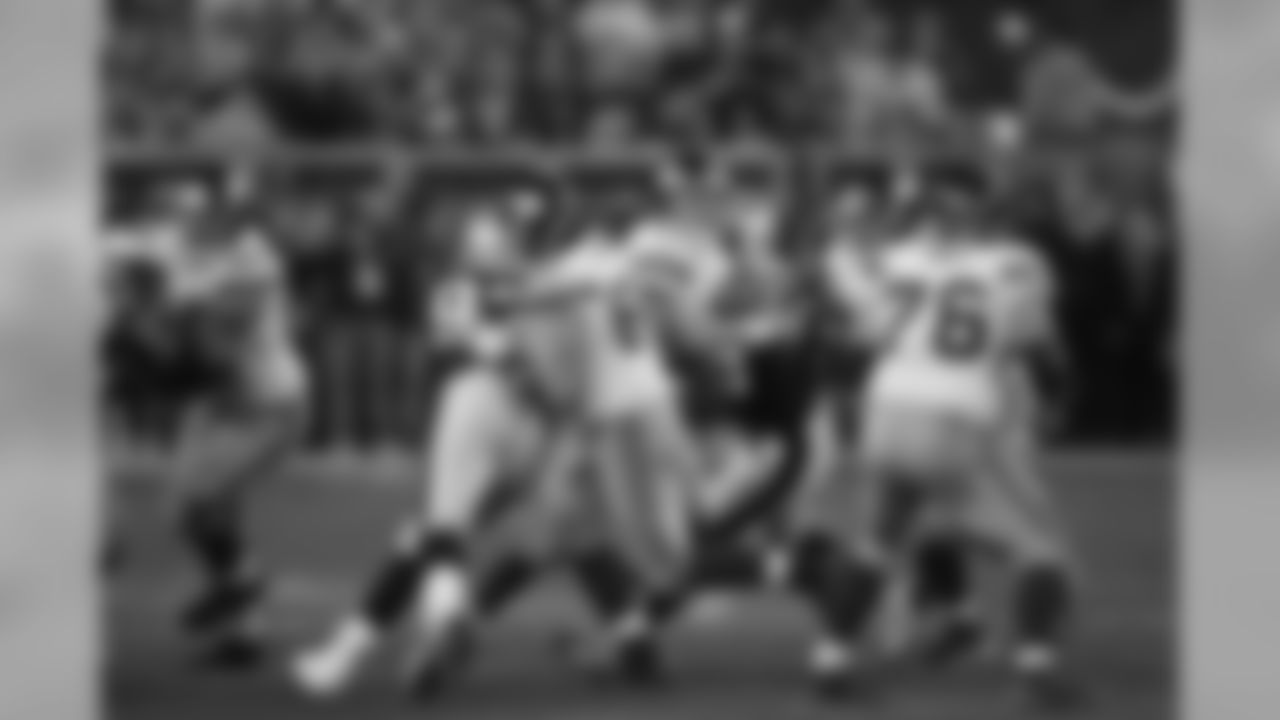
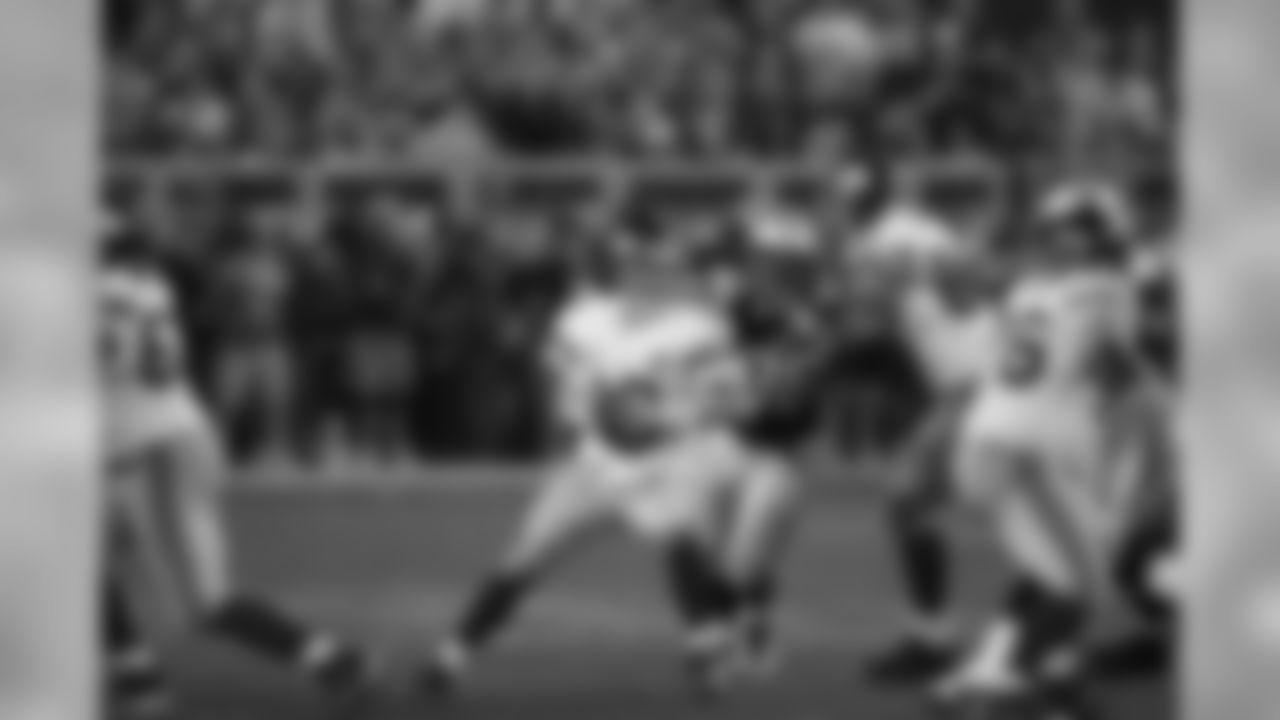
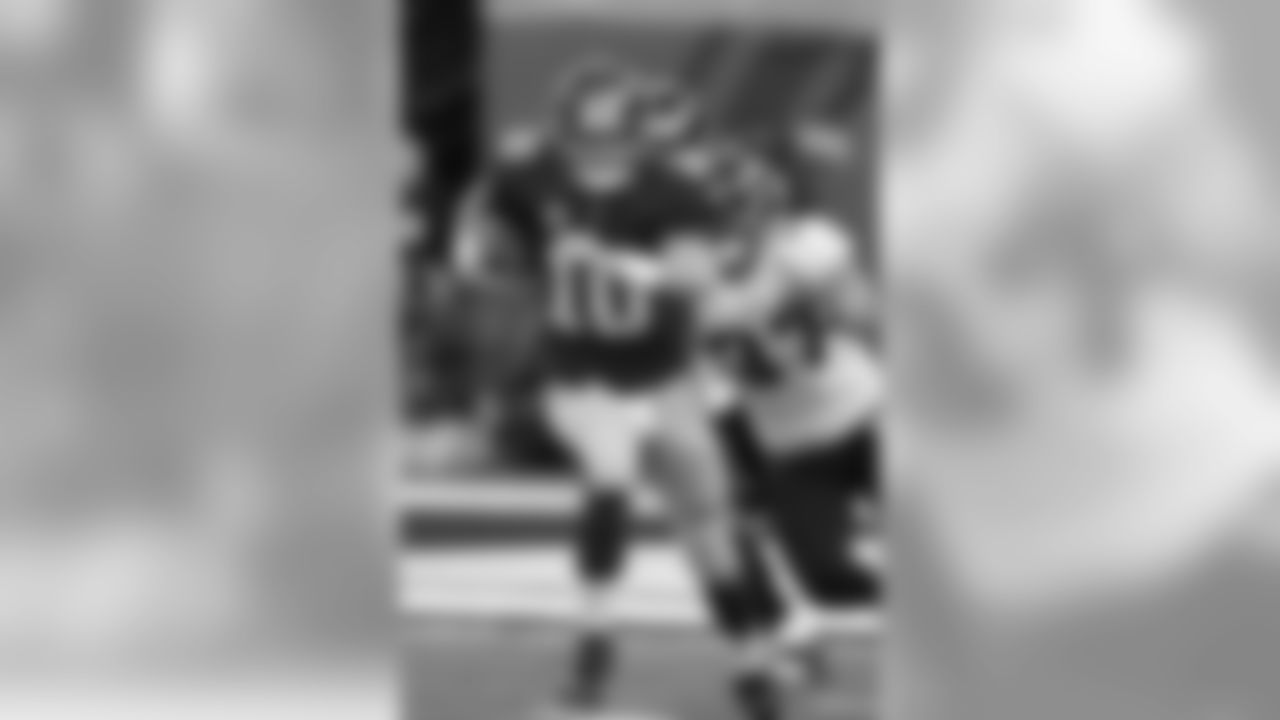
Eli Manning during the New York Giants 24-20 win over the Jacksonville Jaguars at The New Meadowlands Stadium in East Rutherford, NJ on 11/28/2010. © 2010 Jim Turner
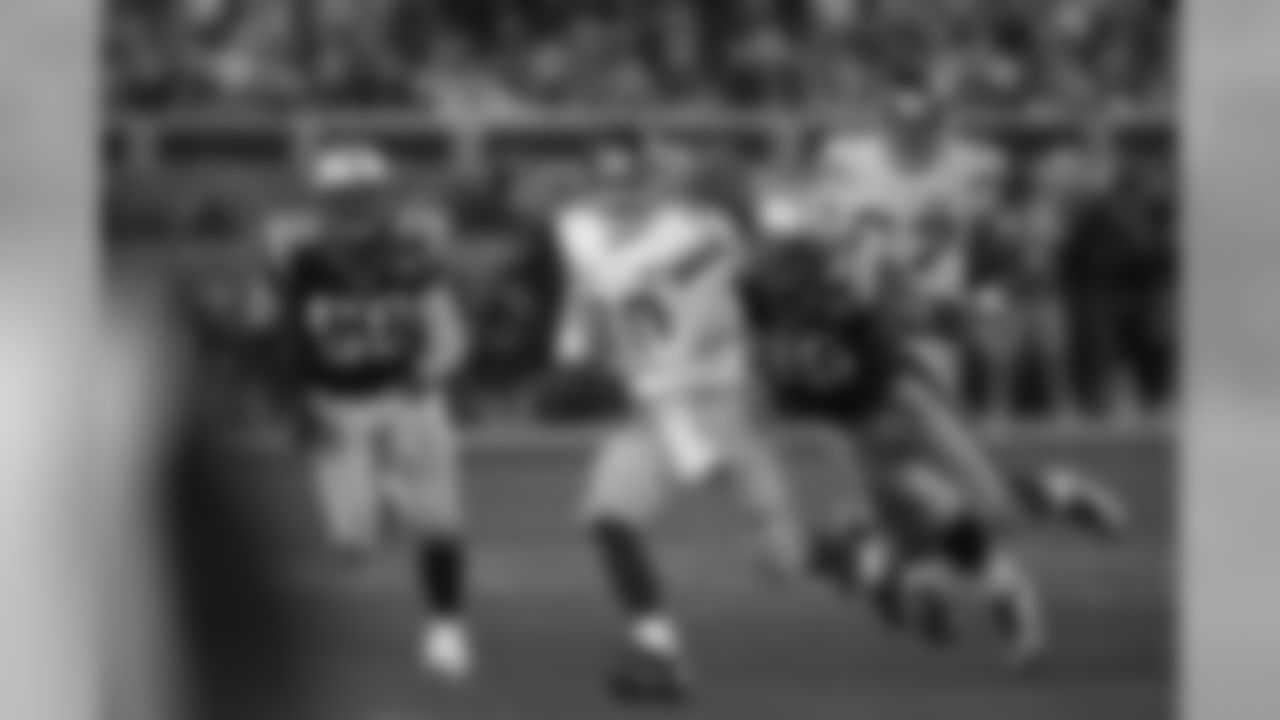
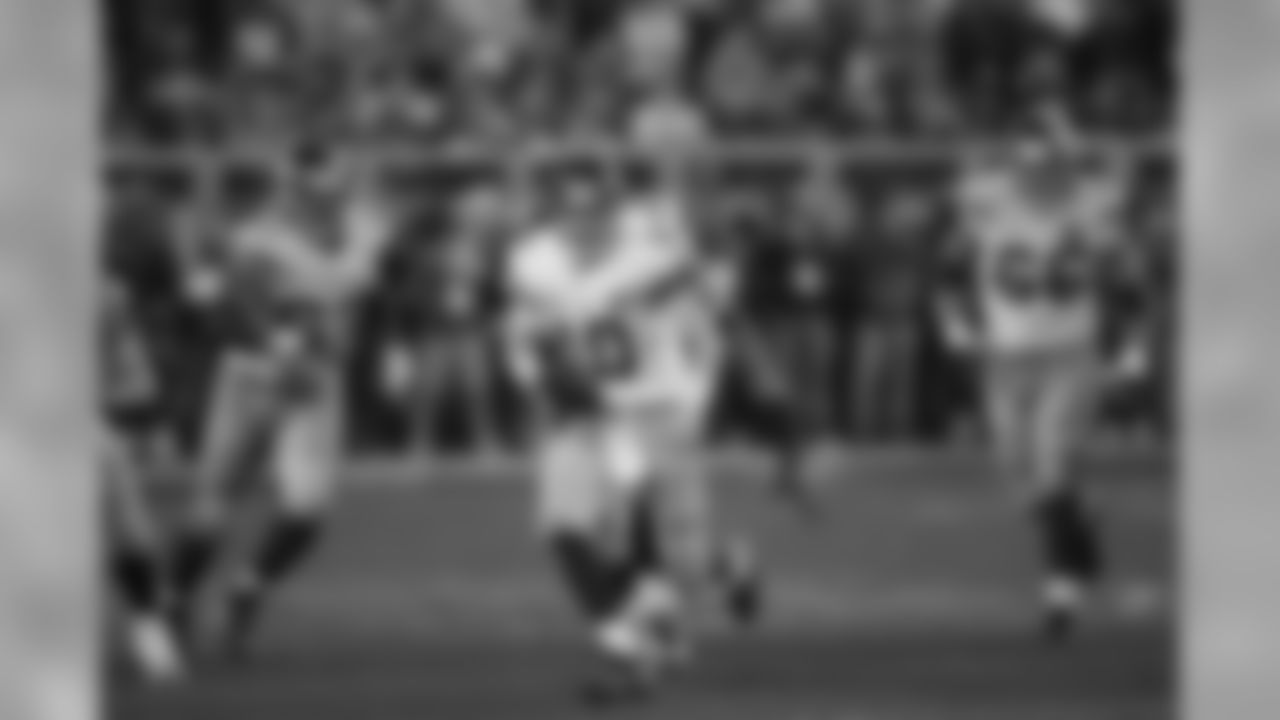
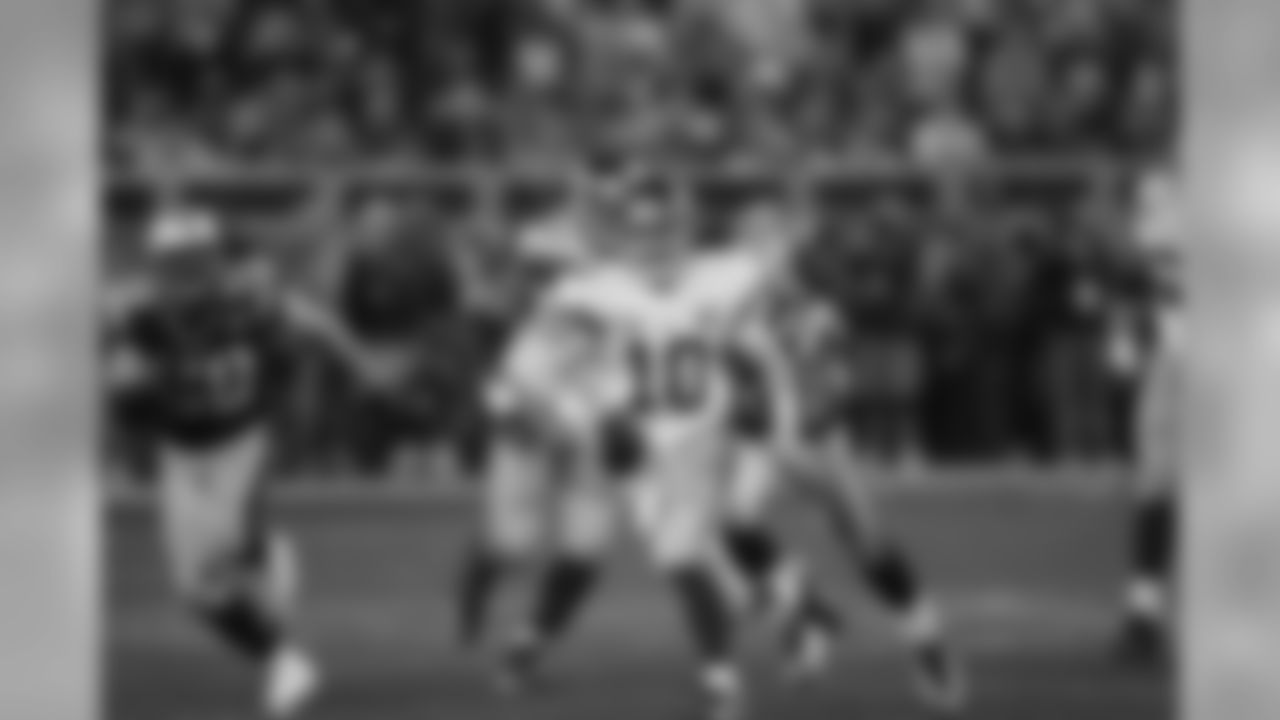
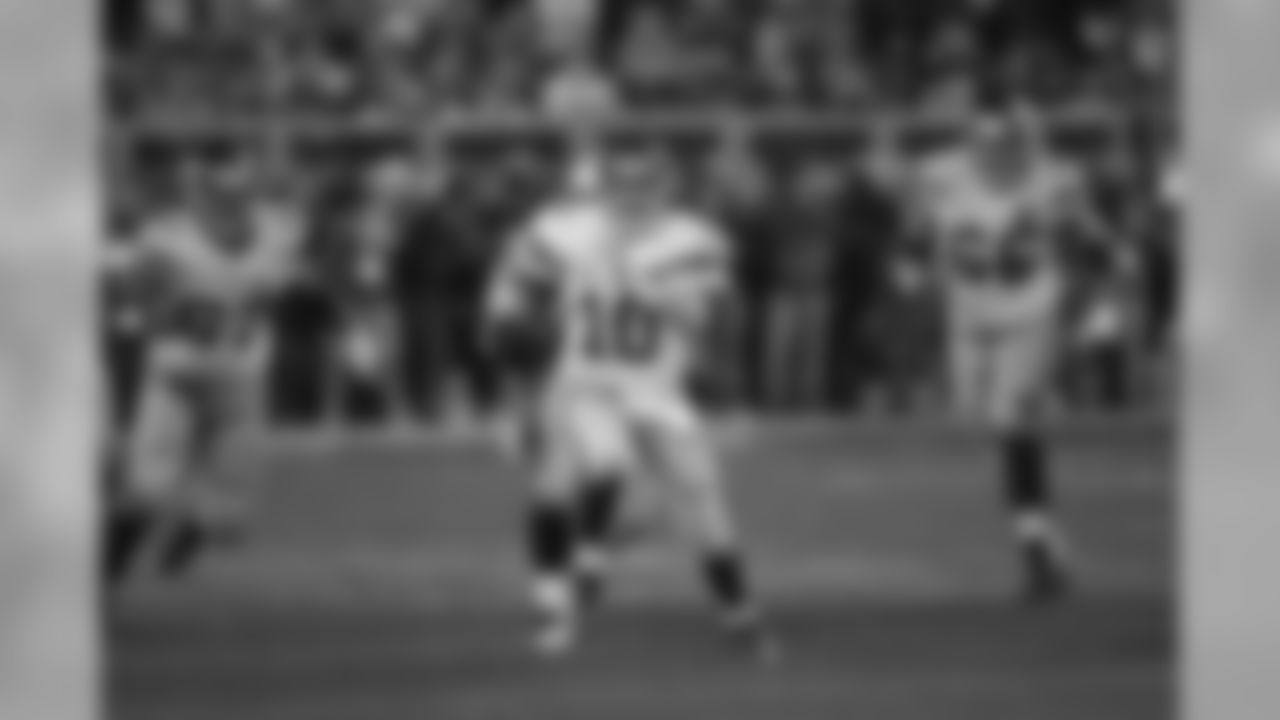

Eli Manning during the Dallas Cowboys 23-20 win over the New York Giants at Giants Stadium in East Rutherford, NJ on 12/3/2006. © 2006 Jim Turner
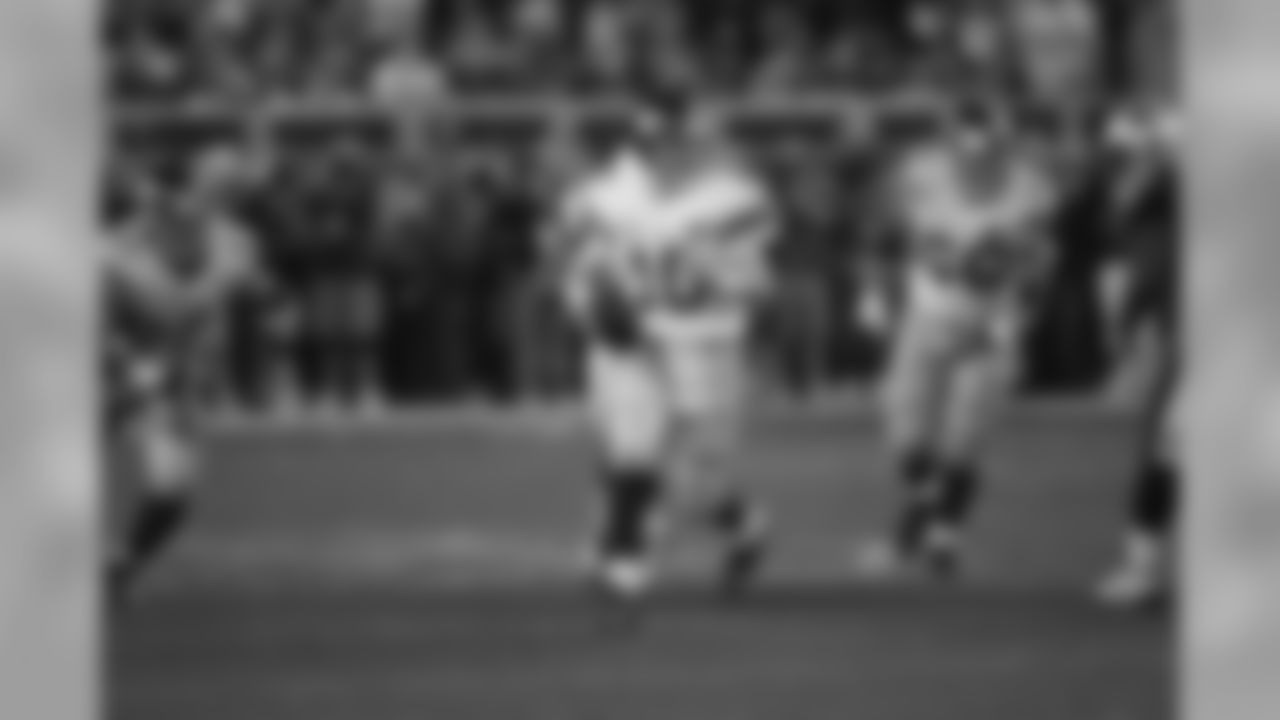
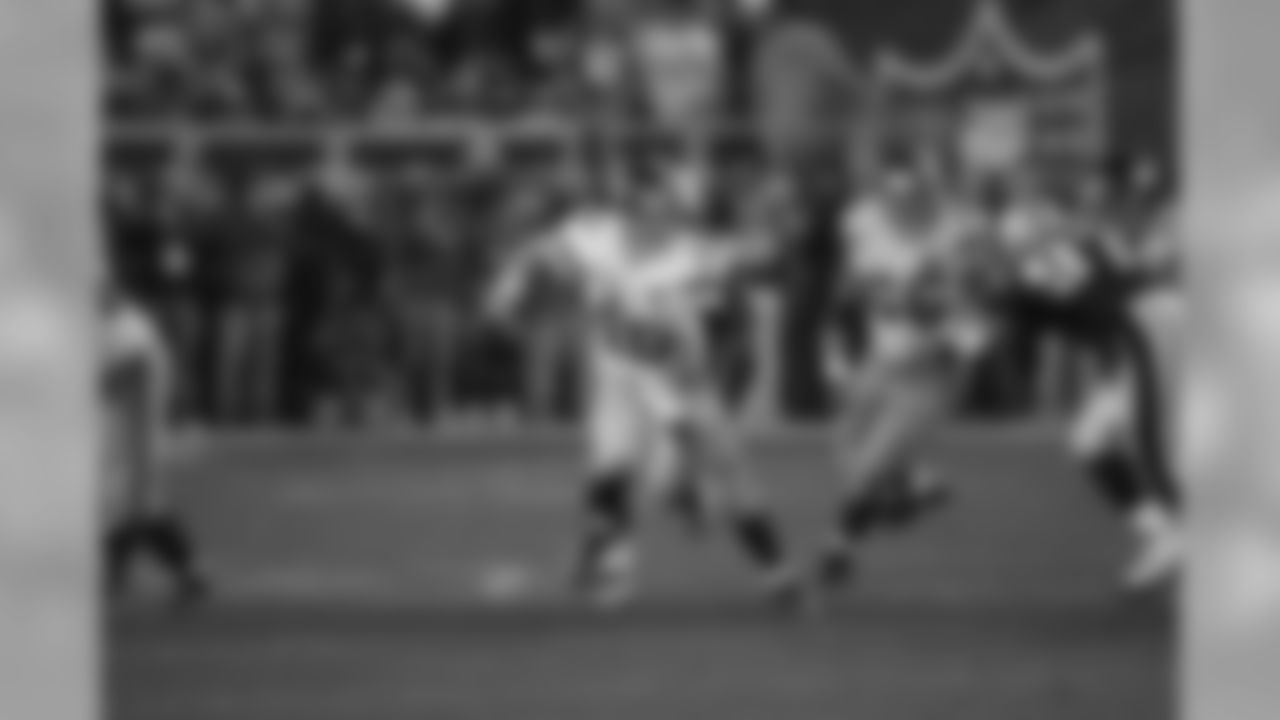

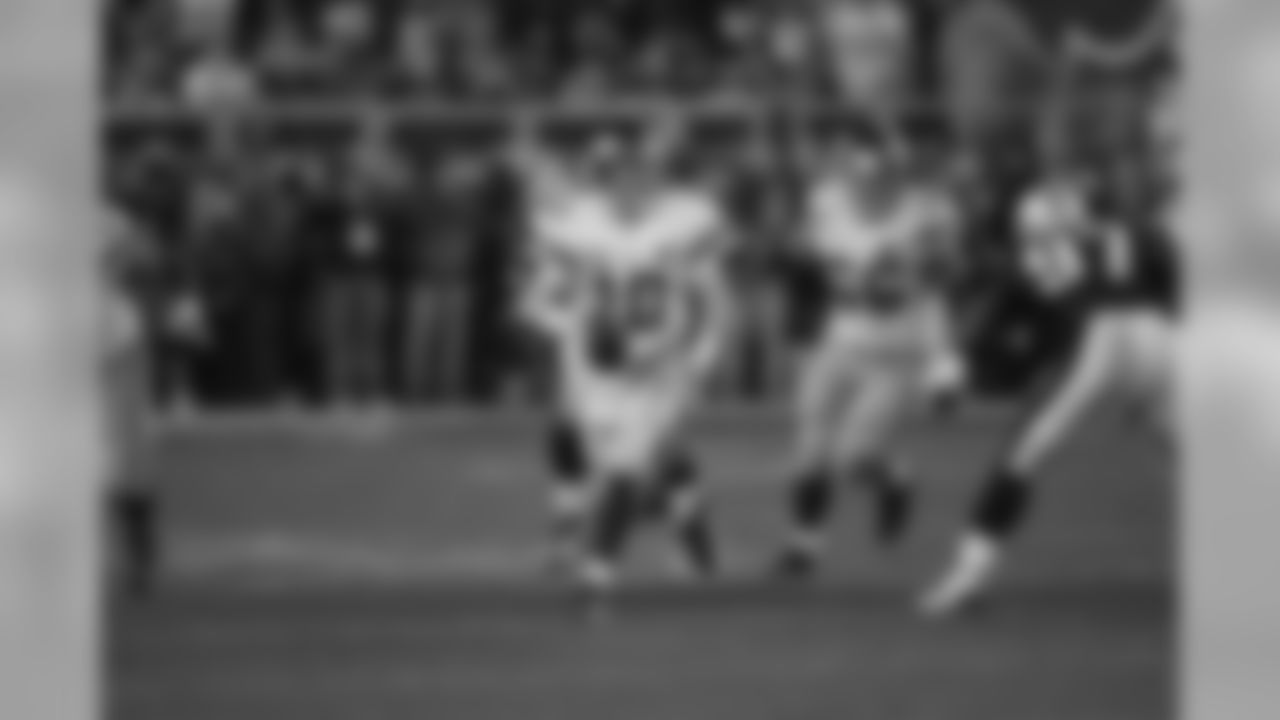
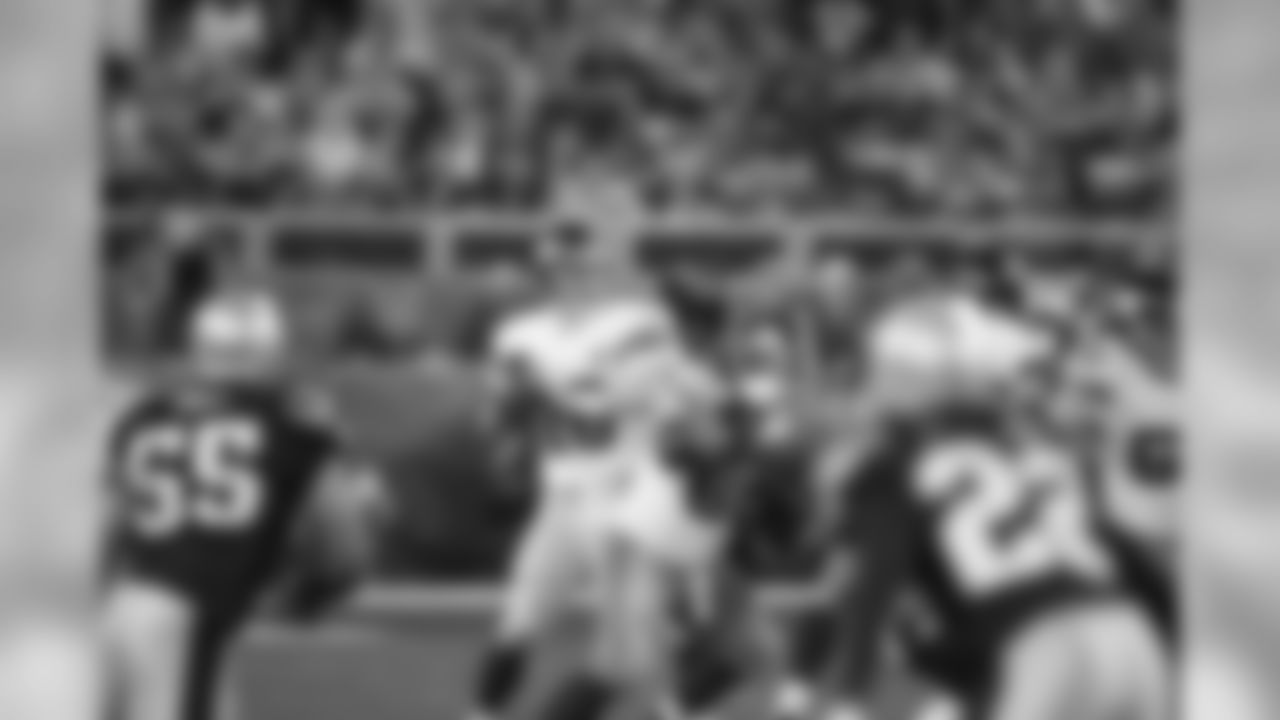
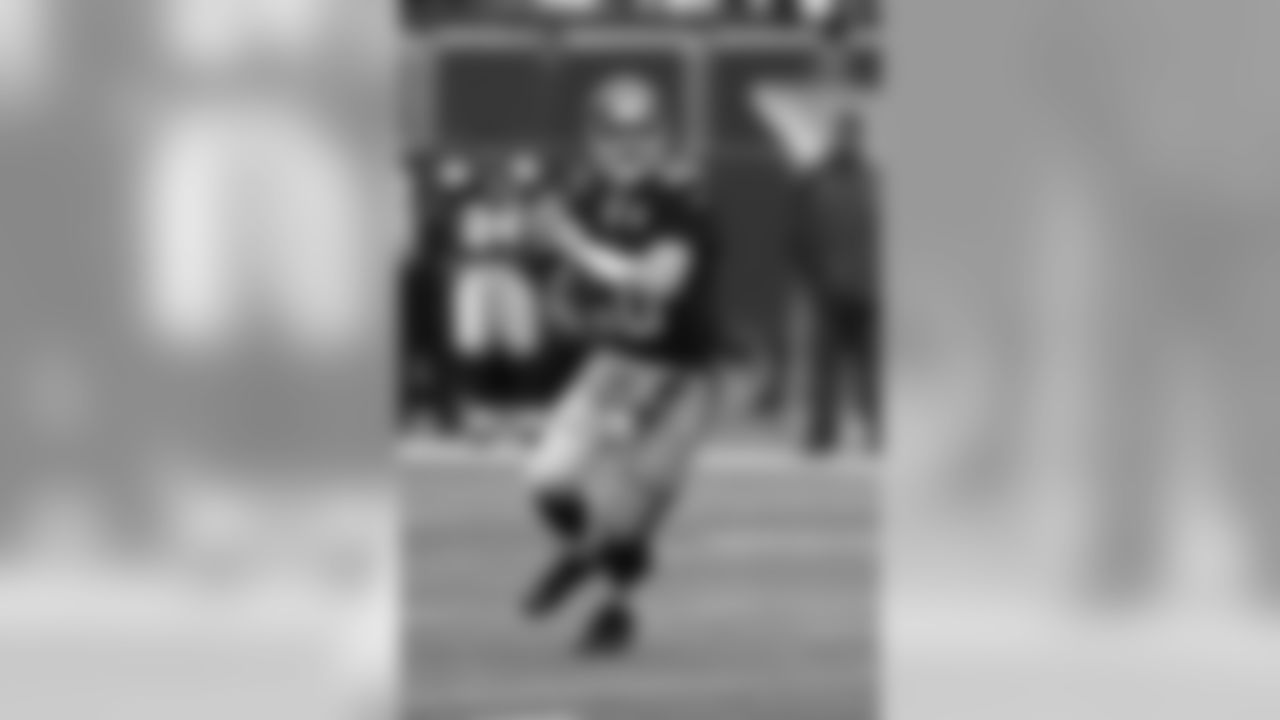
Eli Manning during the Philadelphia Eagles 27-6 win over the New York Giants at Giants Stadium in East Rutherford, New Jersey on November 28, 2004. © Jim Turner
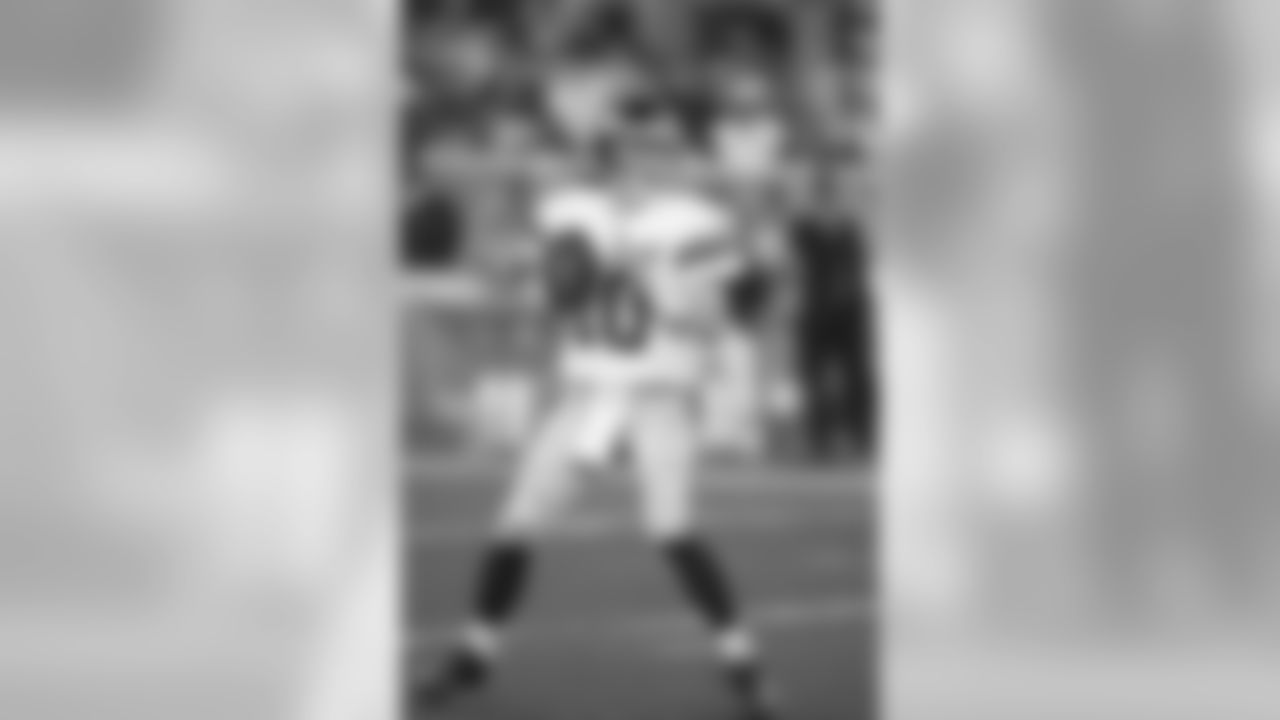
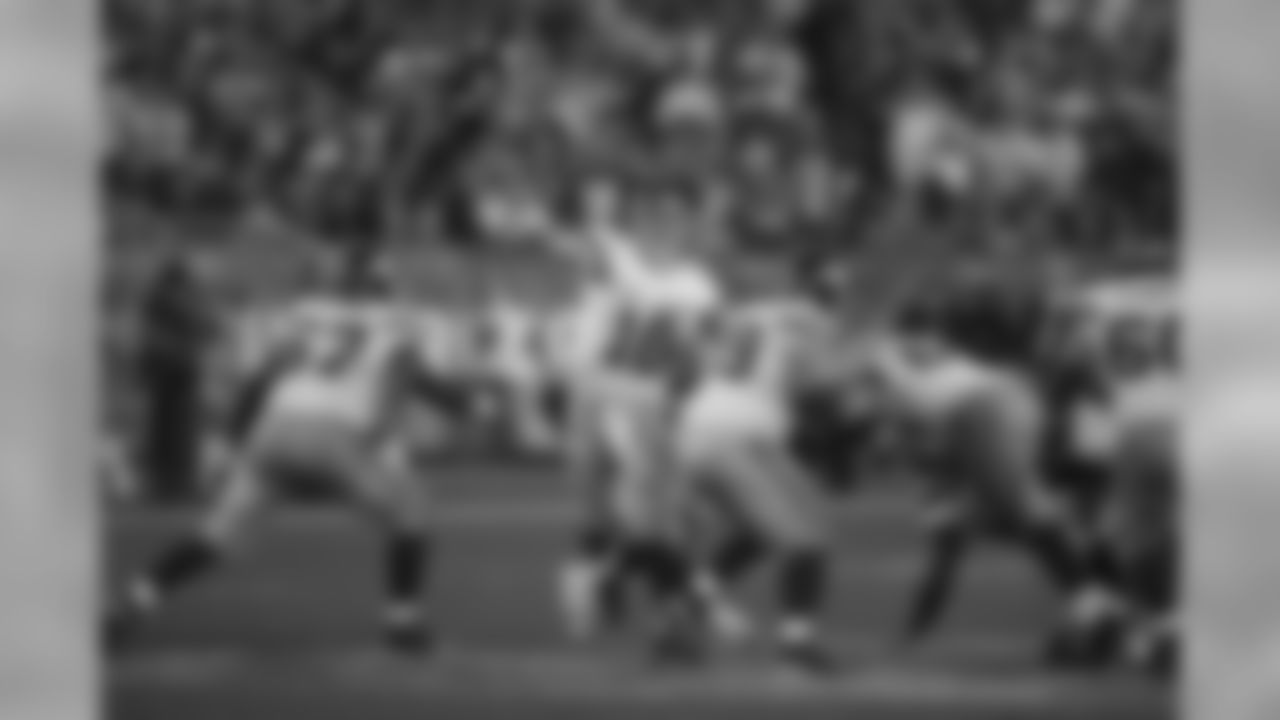
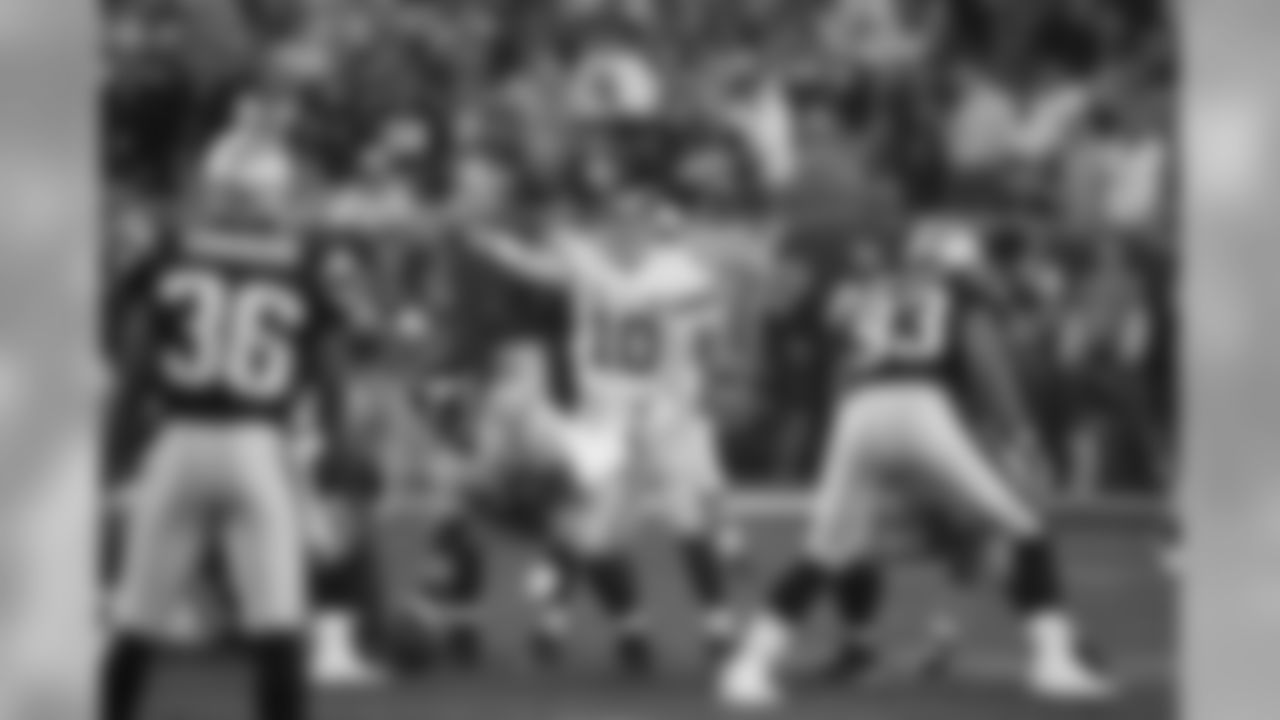
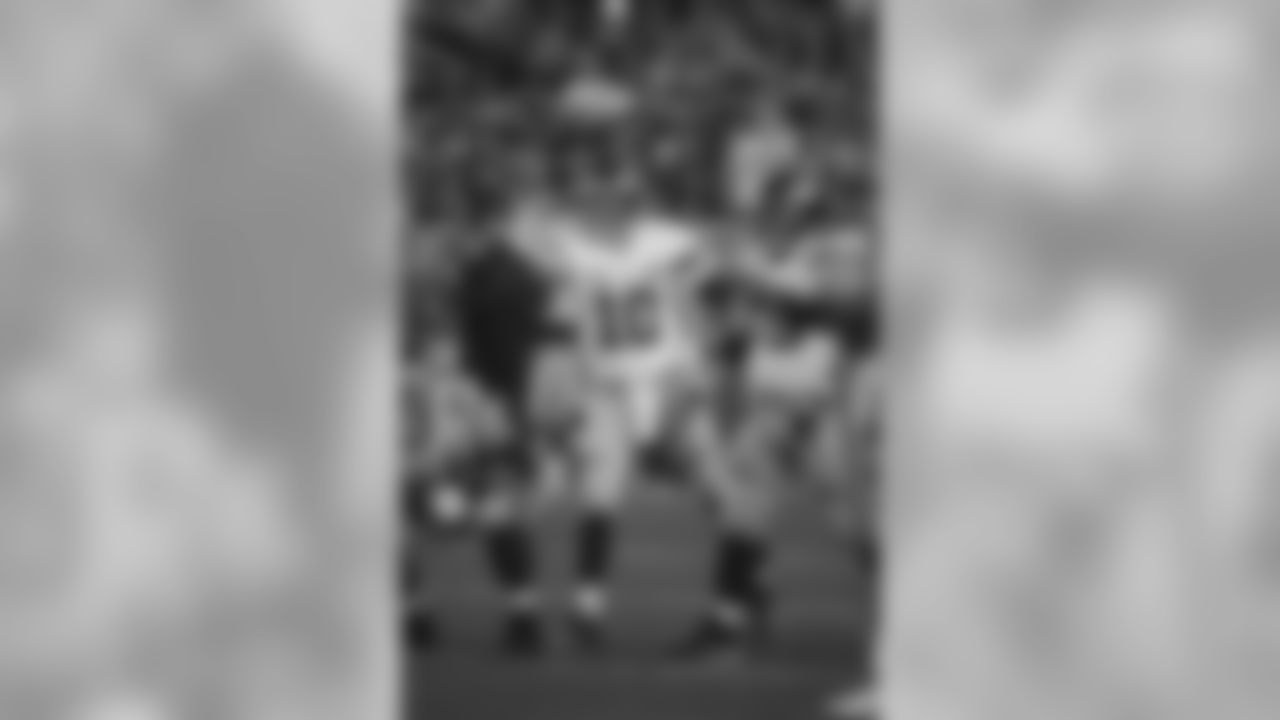


Eli Manning during the Atlanta Falcons 14-10 win over the New York Giants at Giants Stadium in East Rutherford, New Jersey on November 21, 2004.
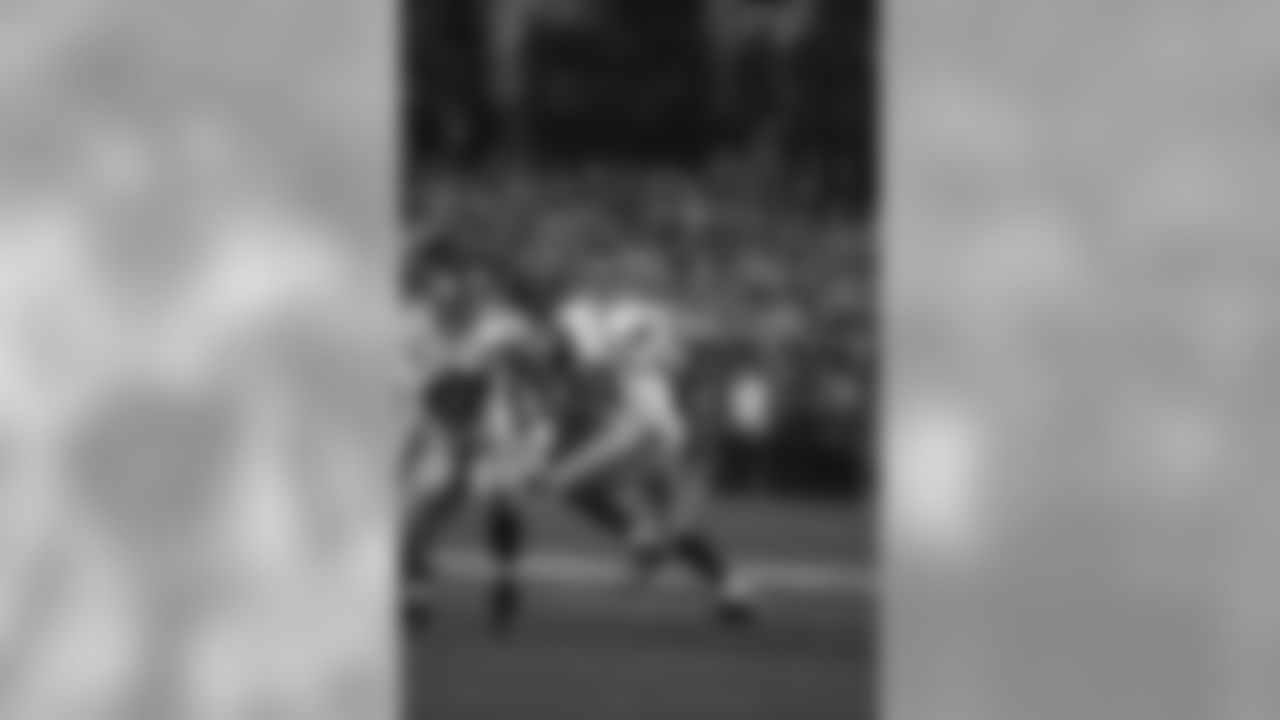
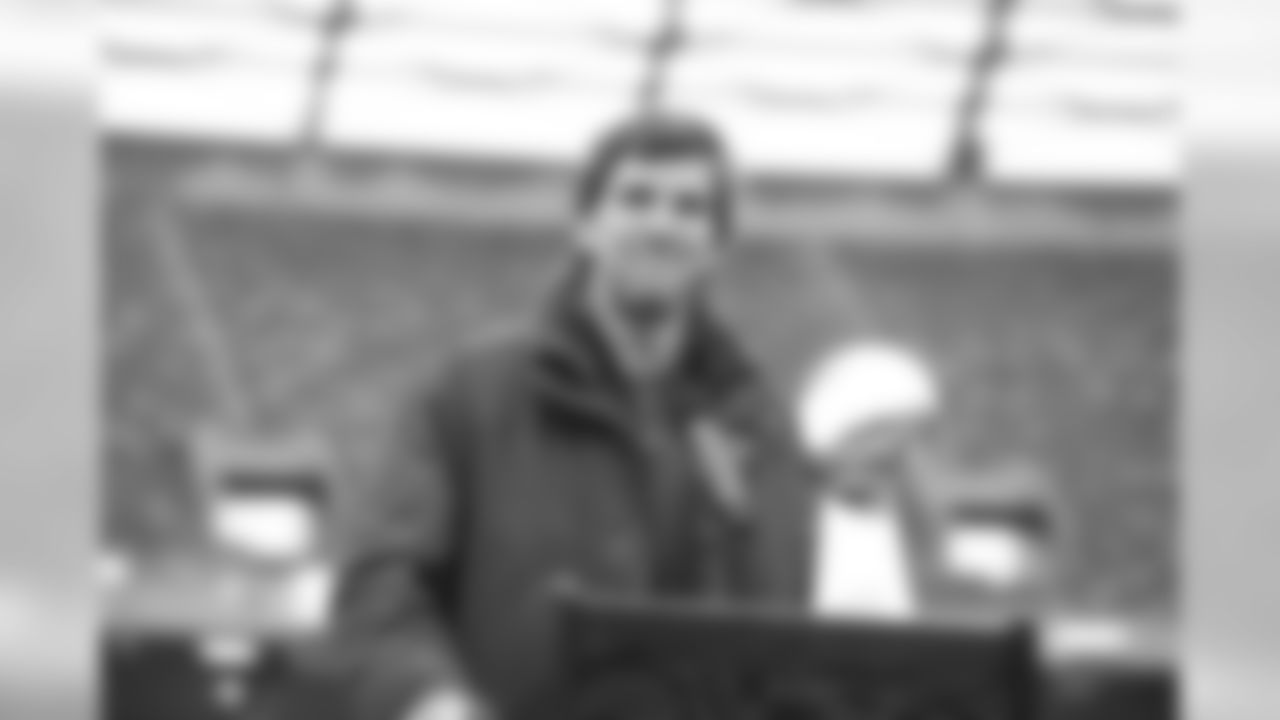
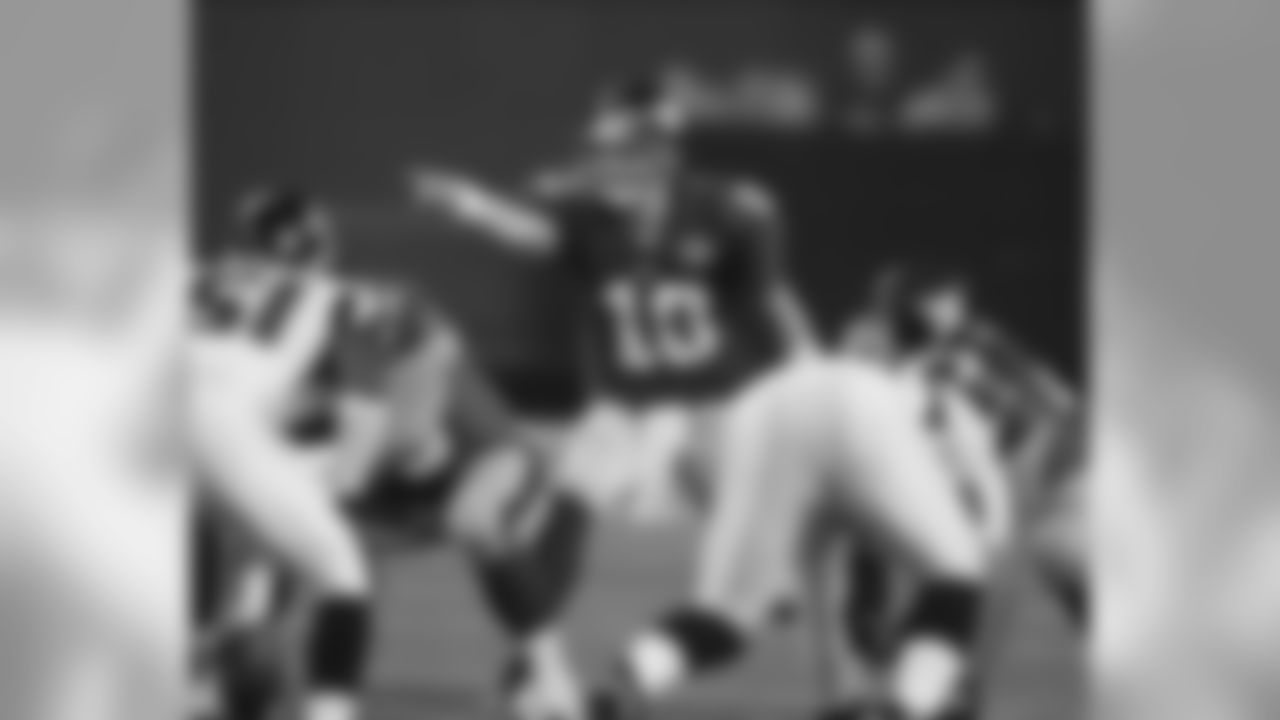
Eli Manning during the Atlanta Falcons 14-10 win over the New York Giants at Giants Stadium in East Rutherford, New Jersey on November 21, 2004.

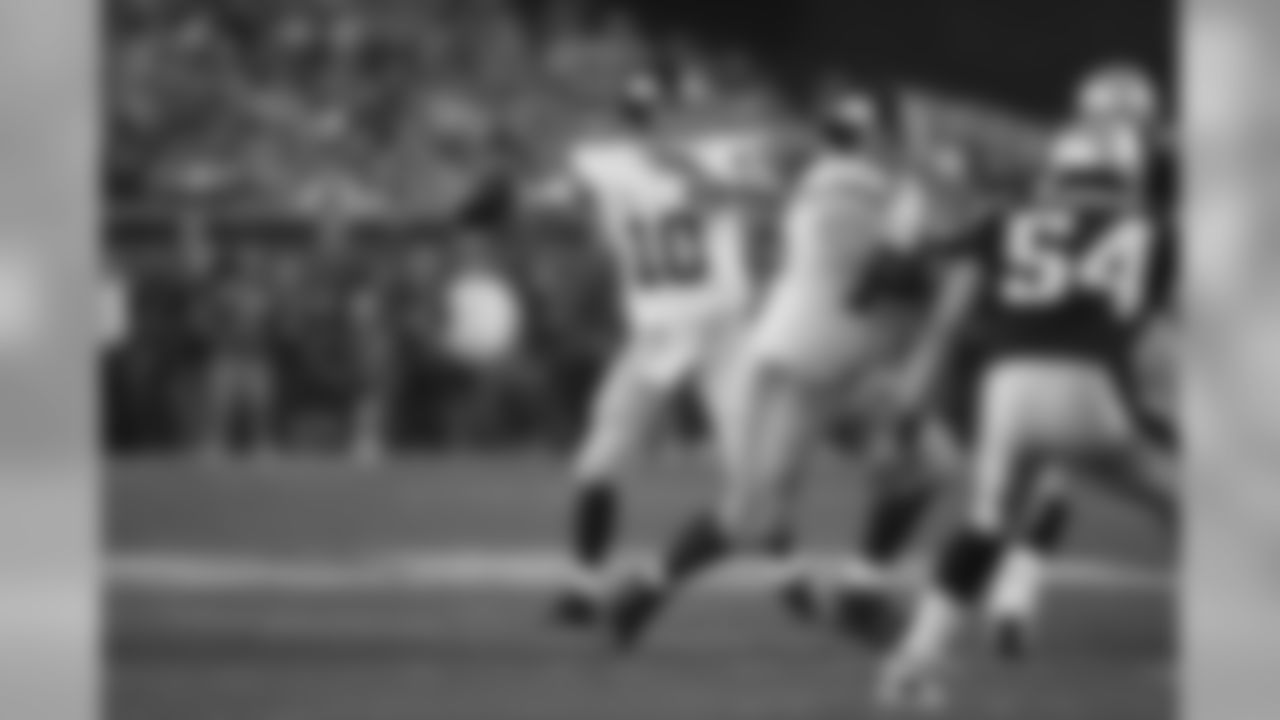

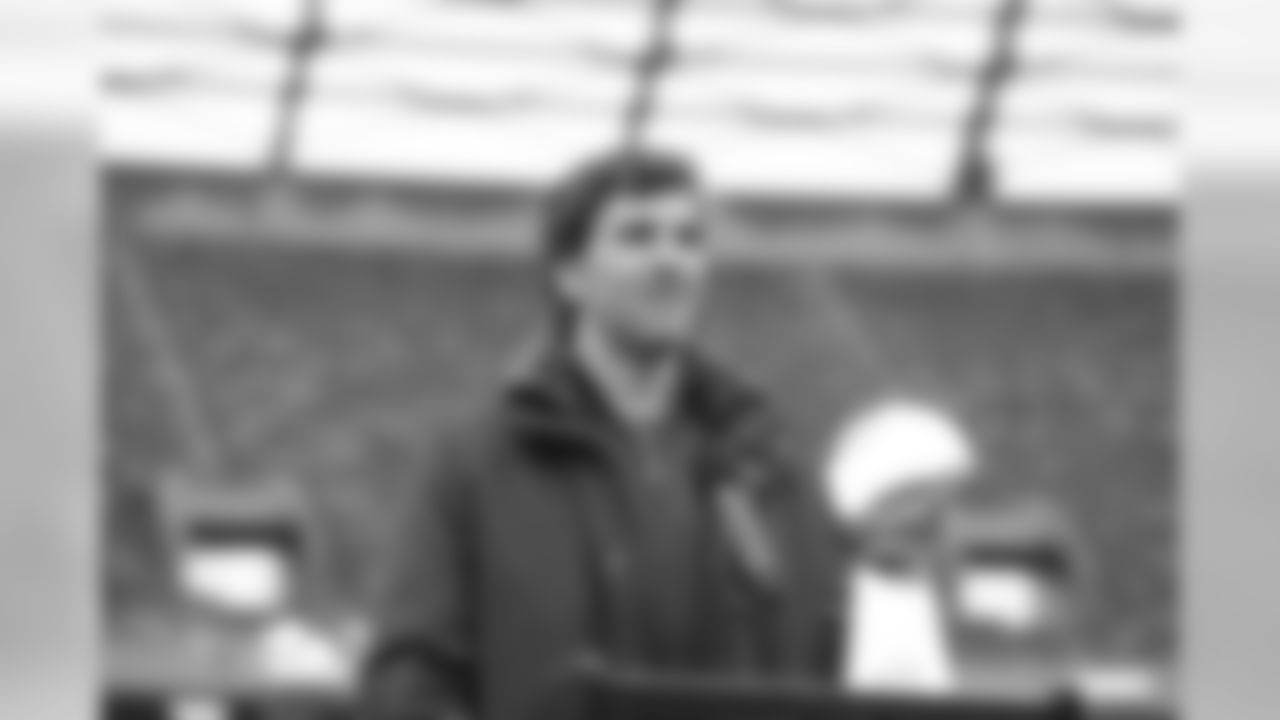
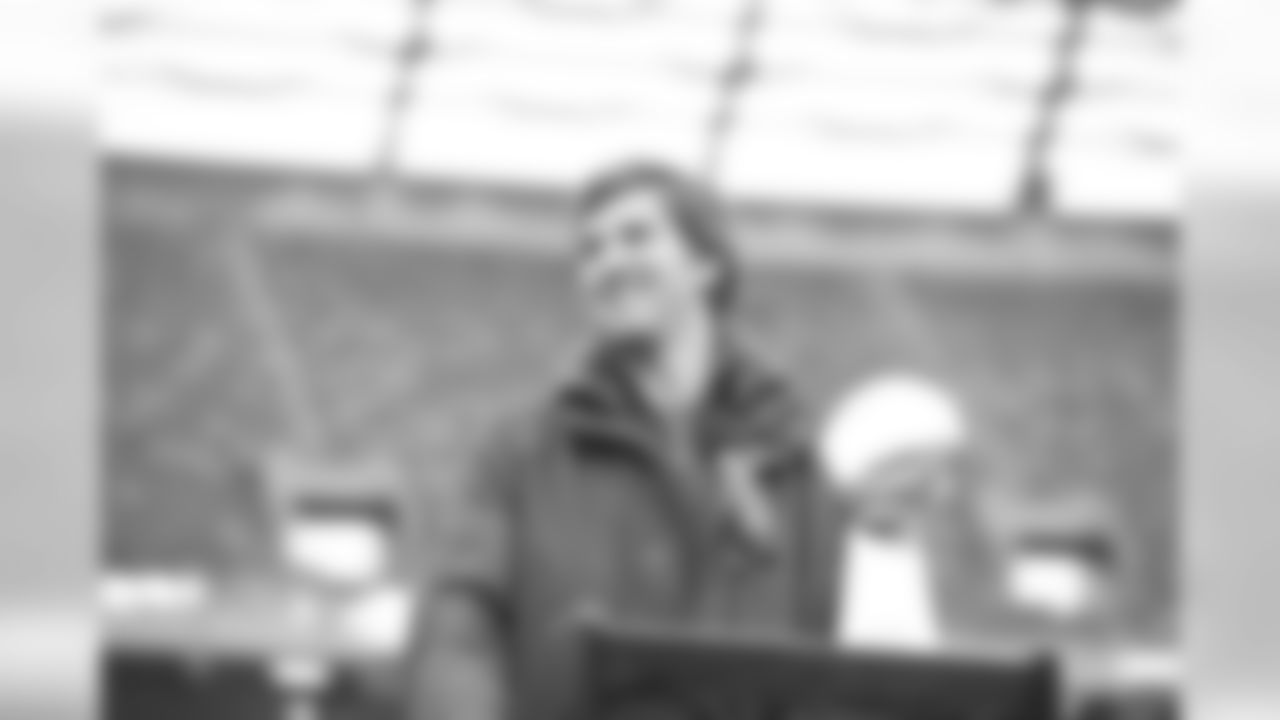
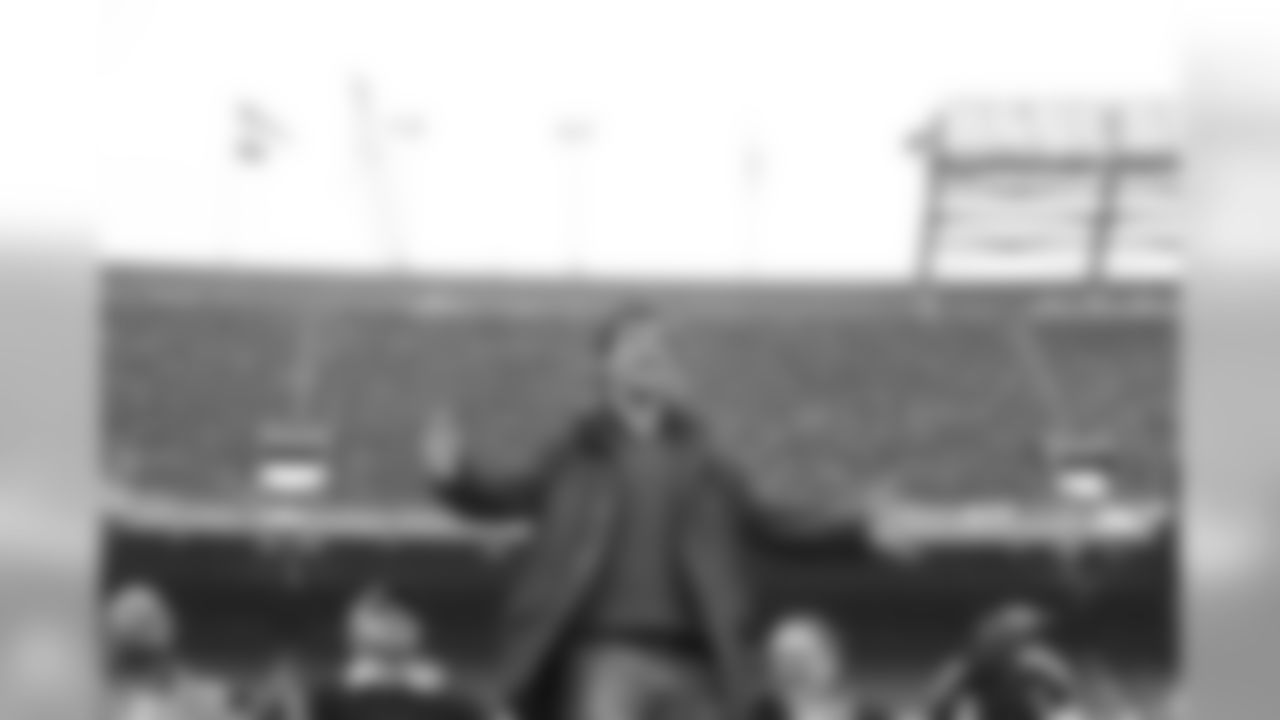
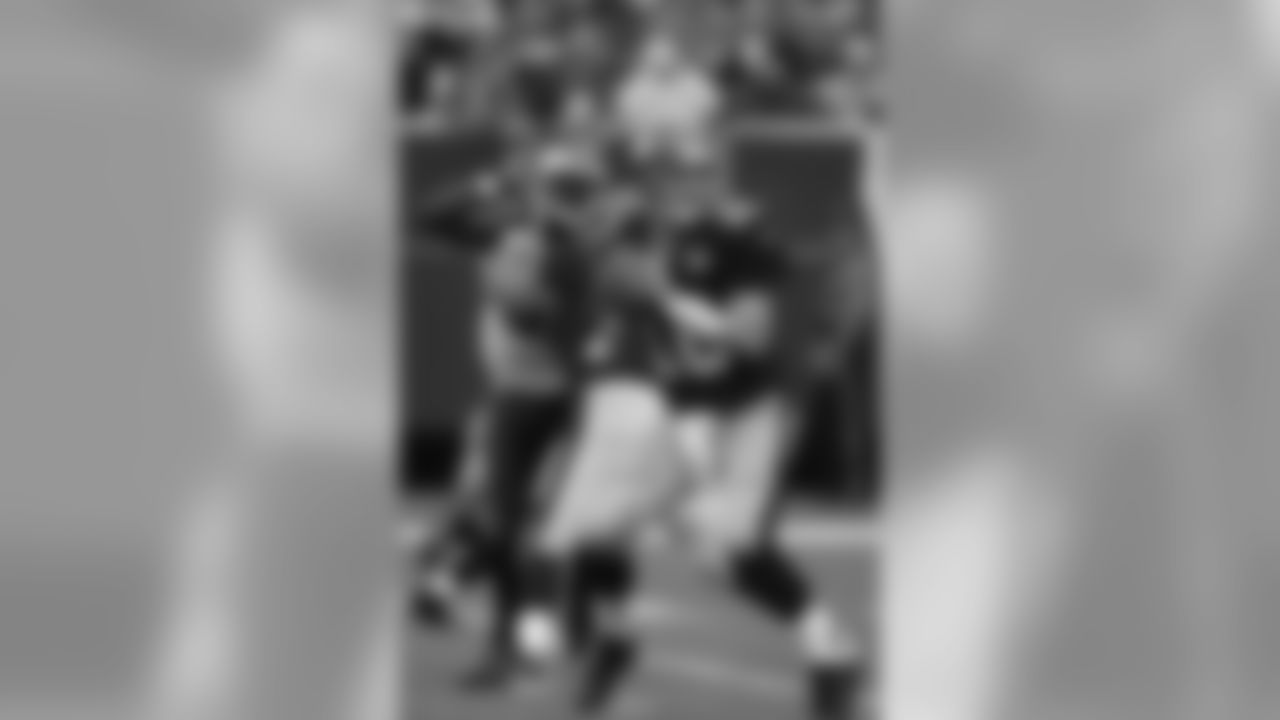
Eli Manning during the Philadelphia Eagles 27-6 win over the New York Giants at Giants Stadium in East Rutherford, New Jersey on November 28, 2004.
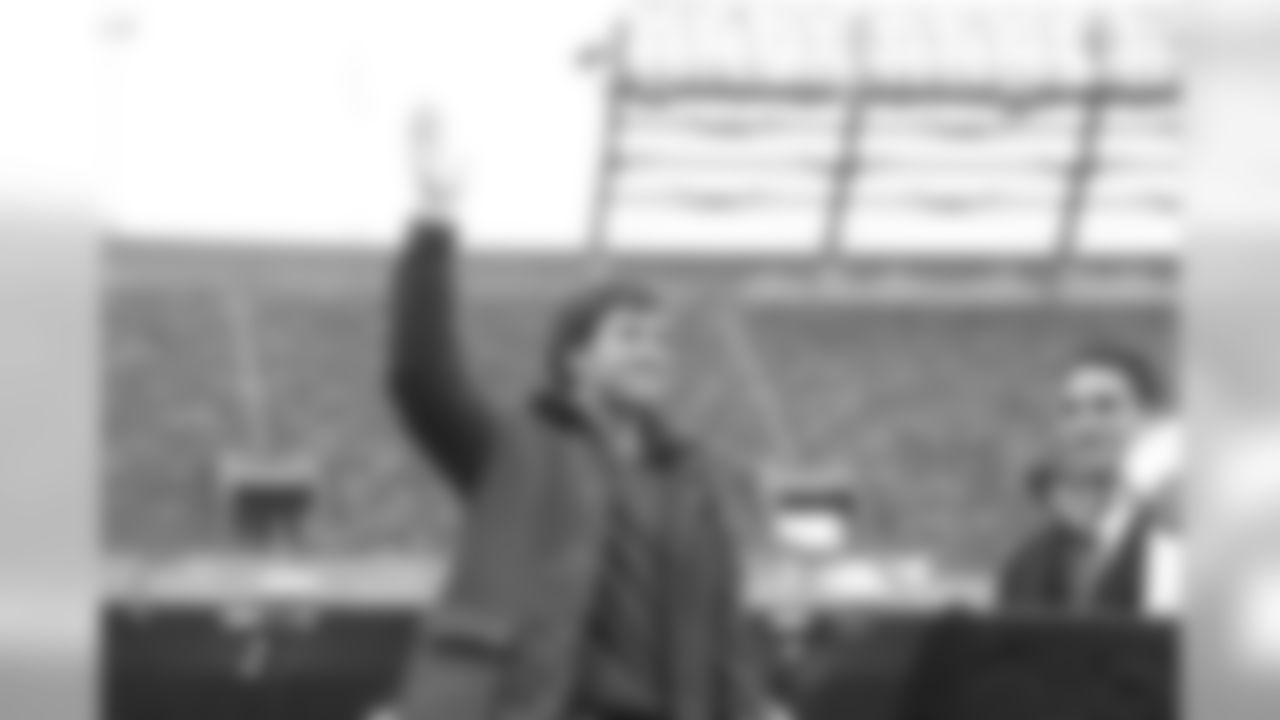
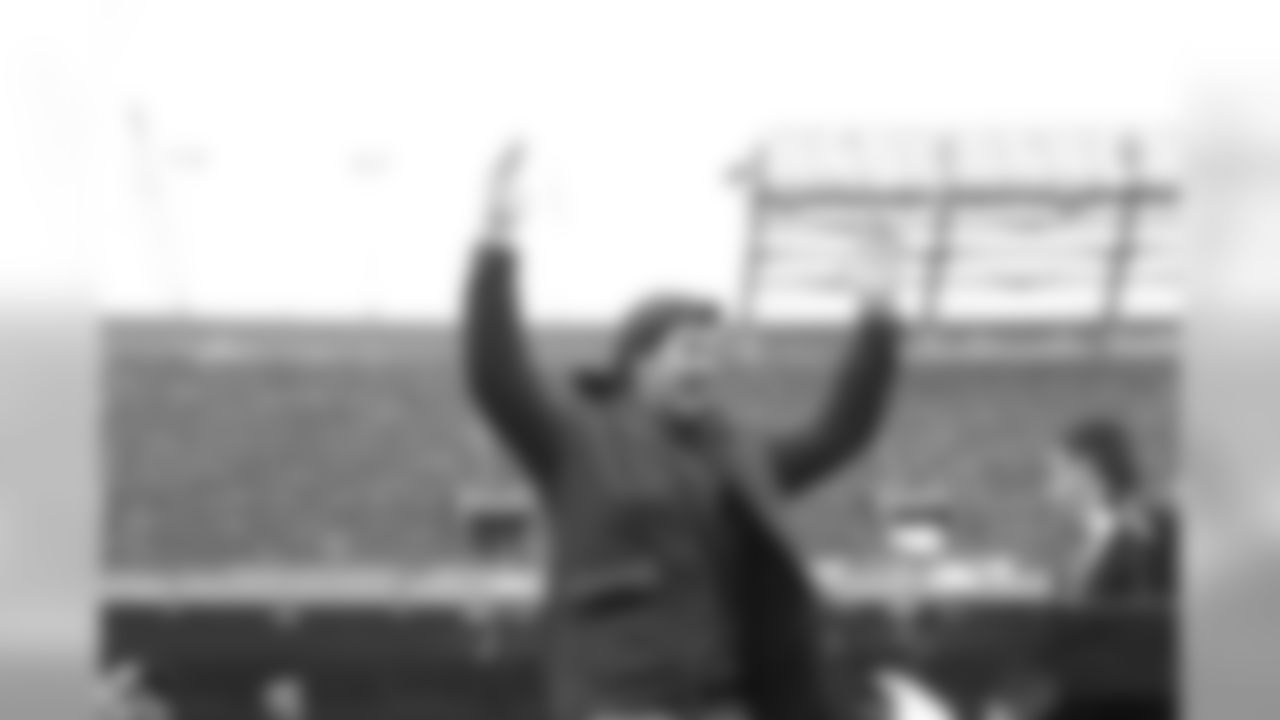

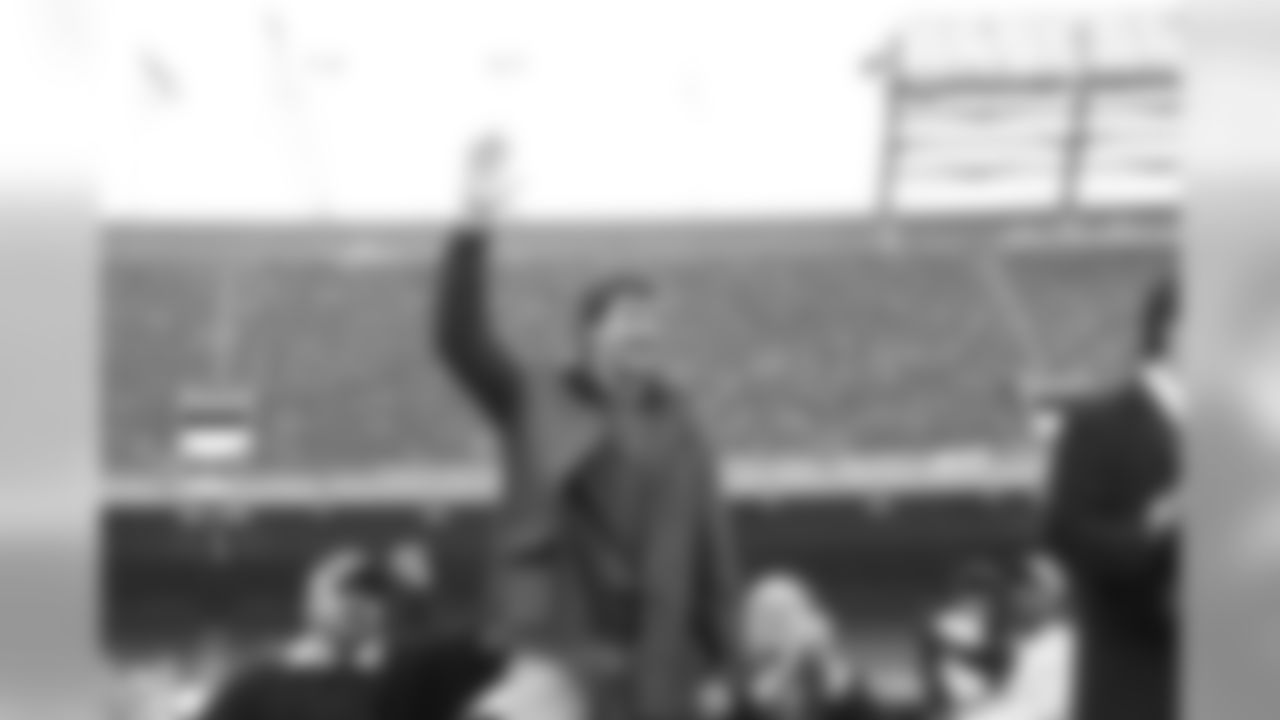



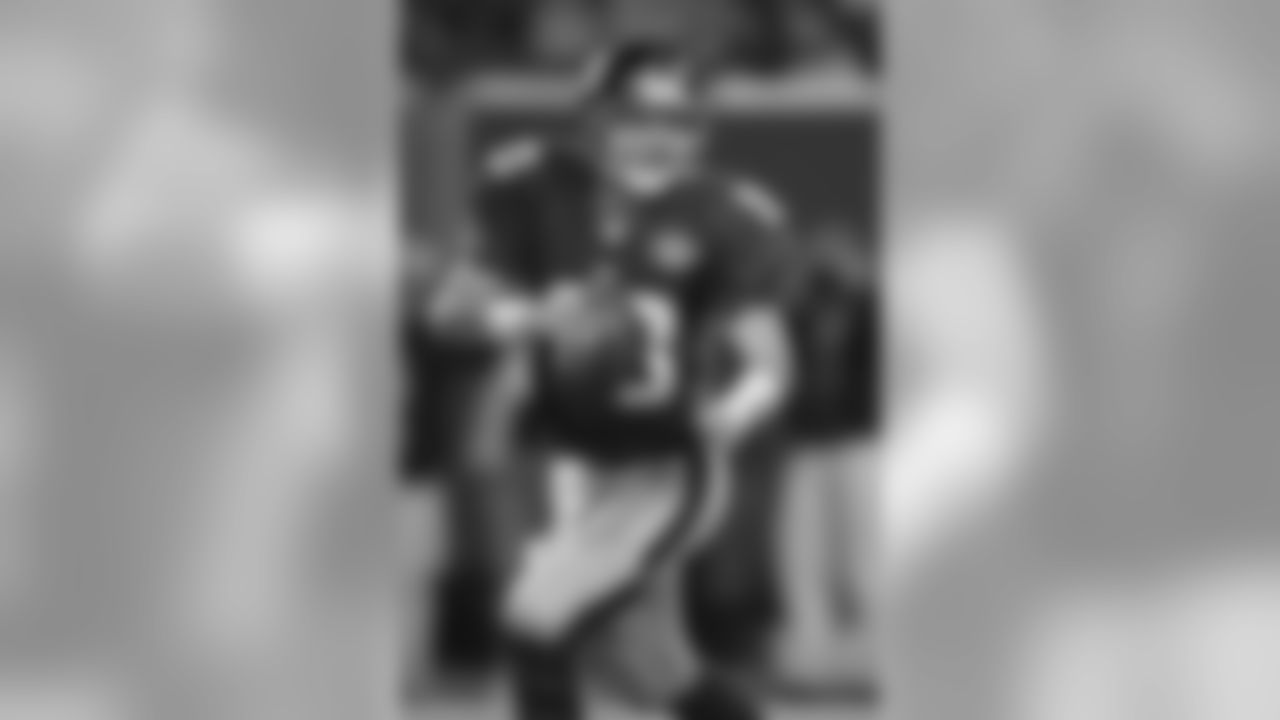
Eli Manning during the Atlanta Falcons 14-10 win over the New York Giants at Giants Stadium in East Rutherford, New Jersey on November 21, 2004. © Jim Turner





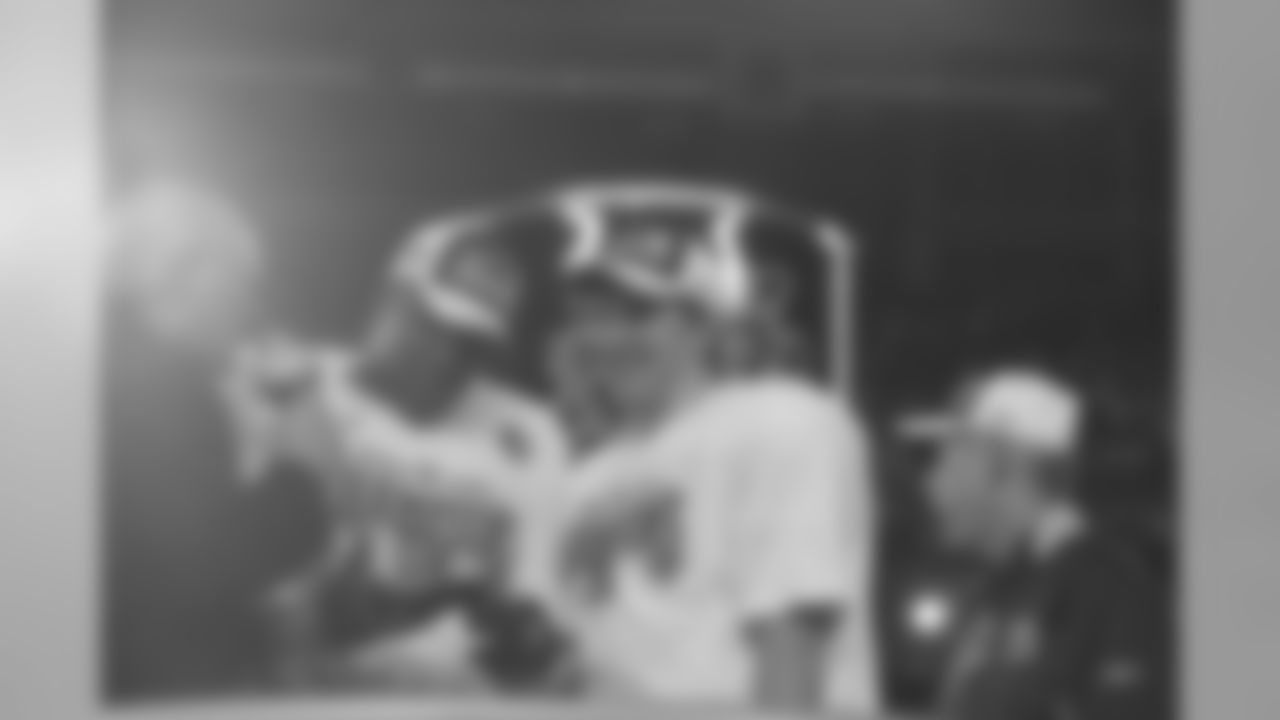
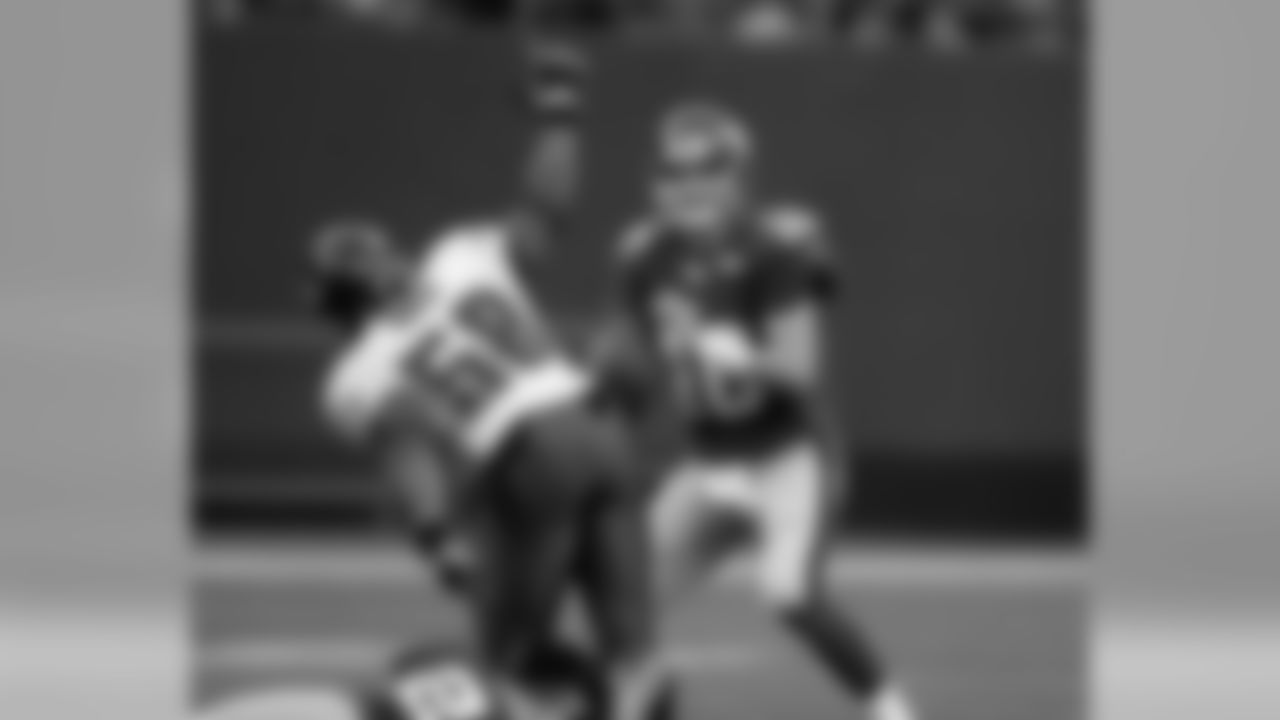
Eli Manning during the New York Giants 27-17 win over the Philadelphia Eagles at Giants Stadium in East Rutherford, NJ on 11/20/2005. © 2005 Jim Turner
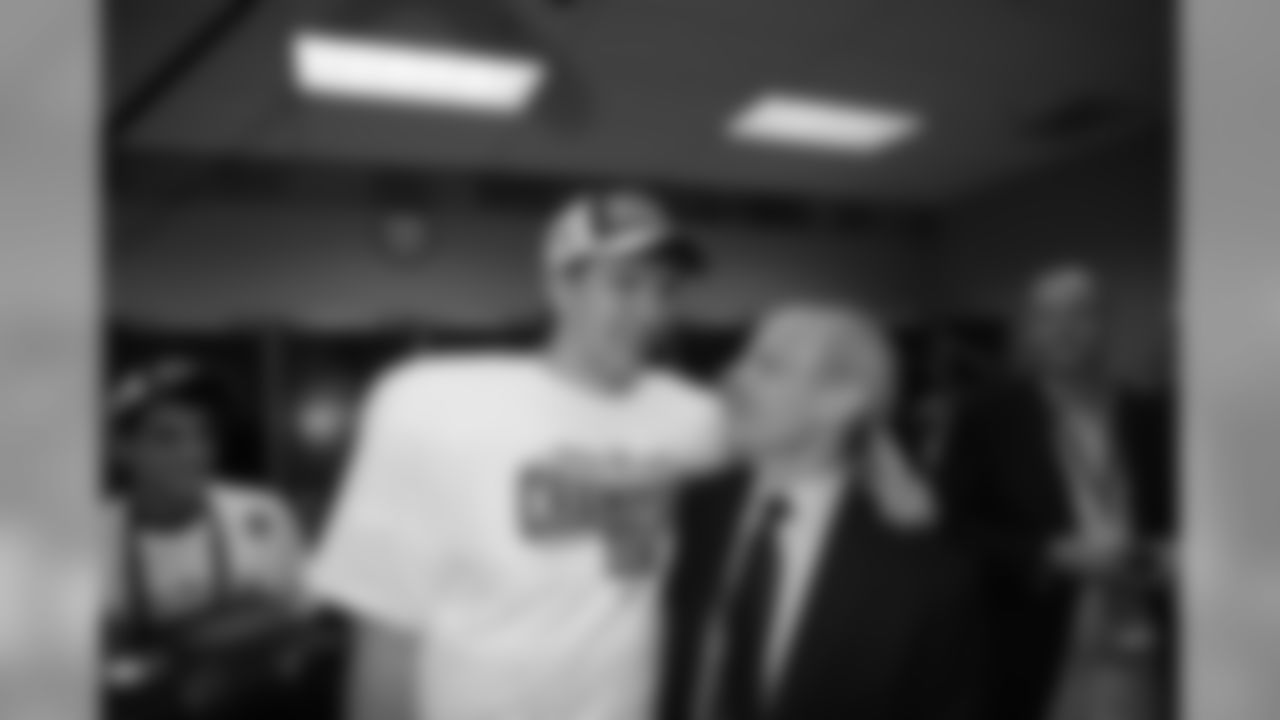
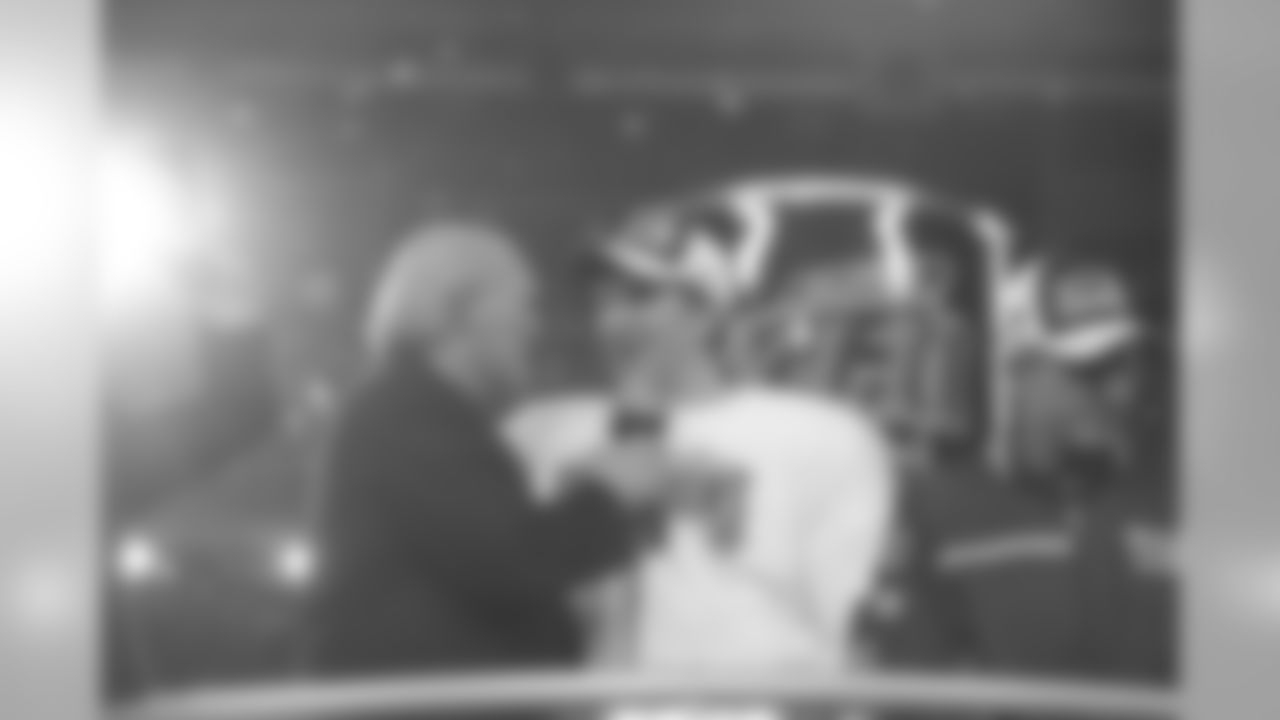
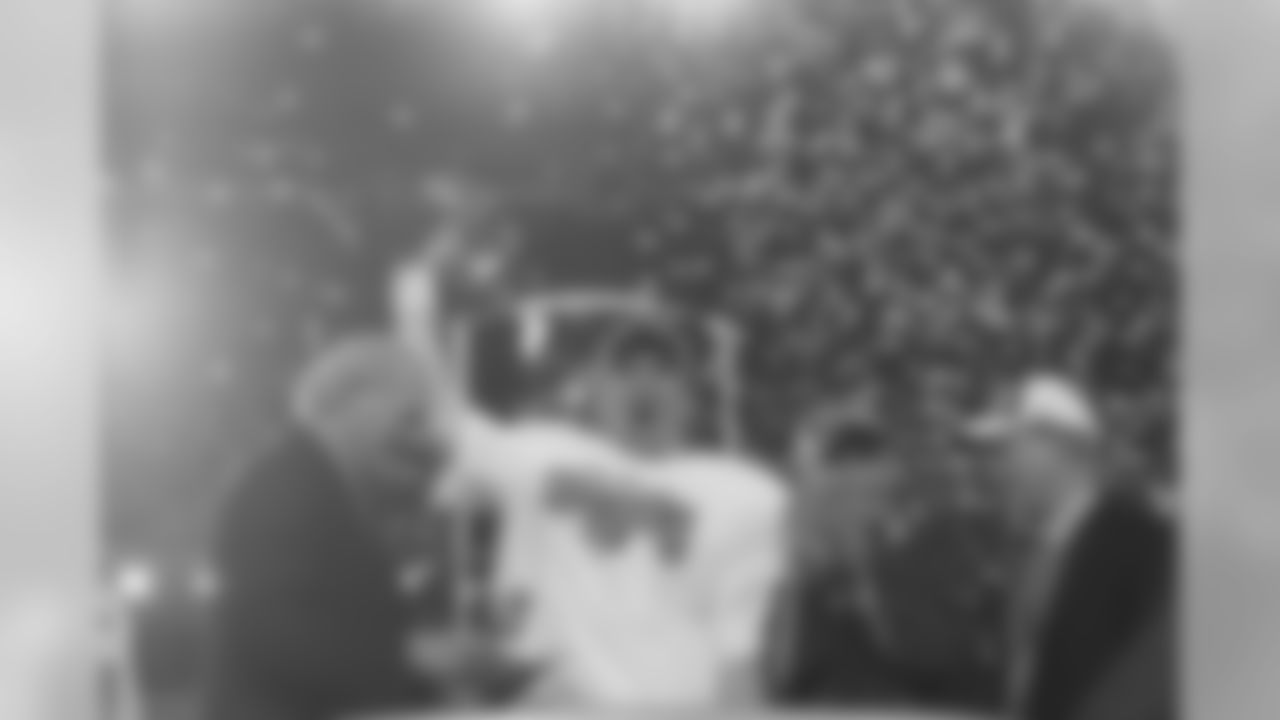
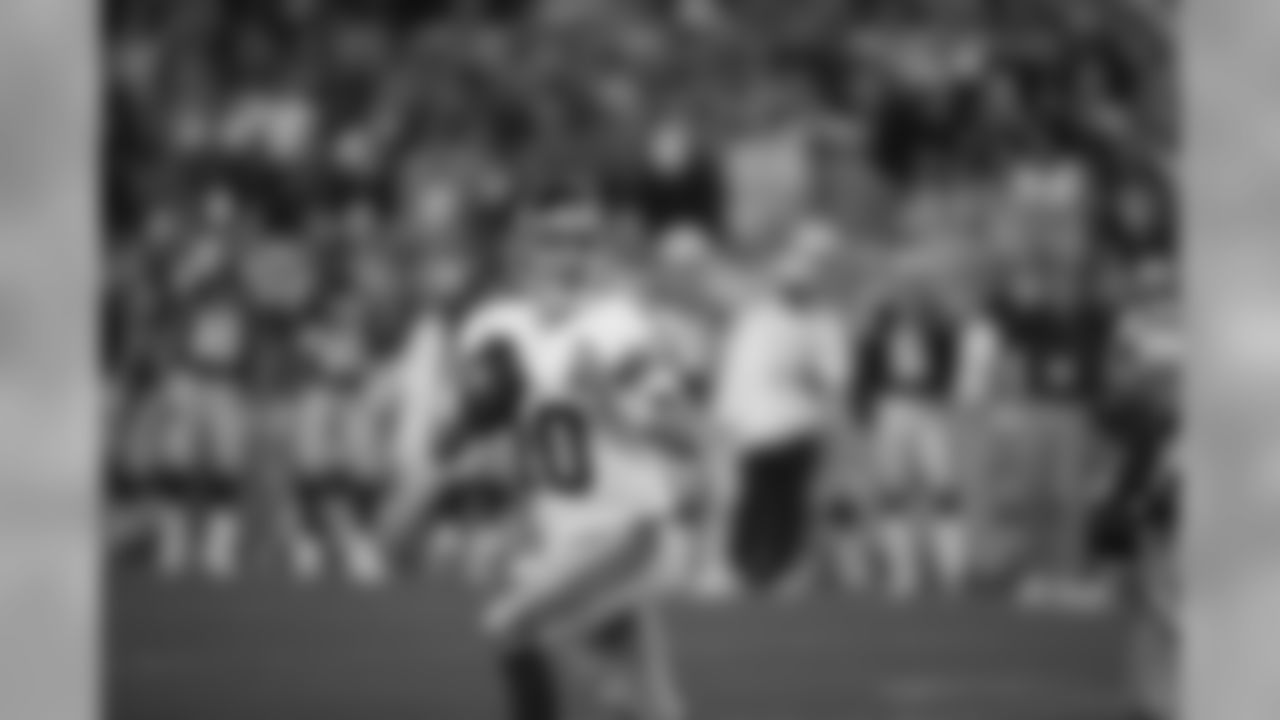
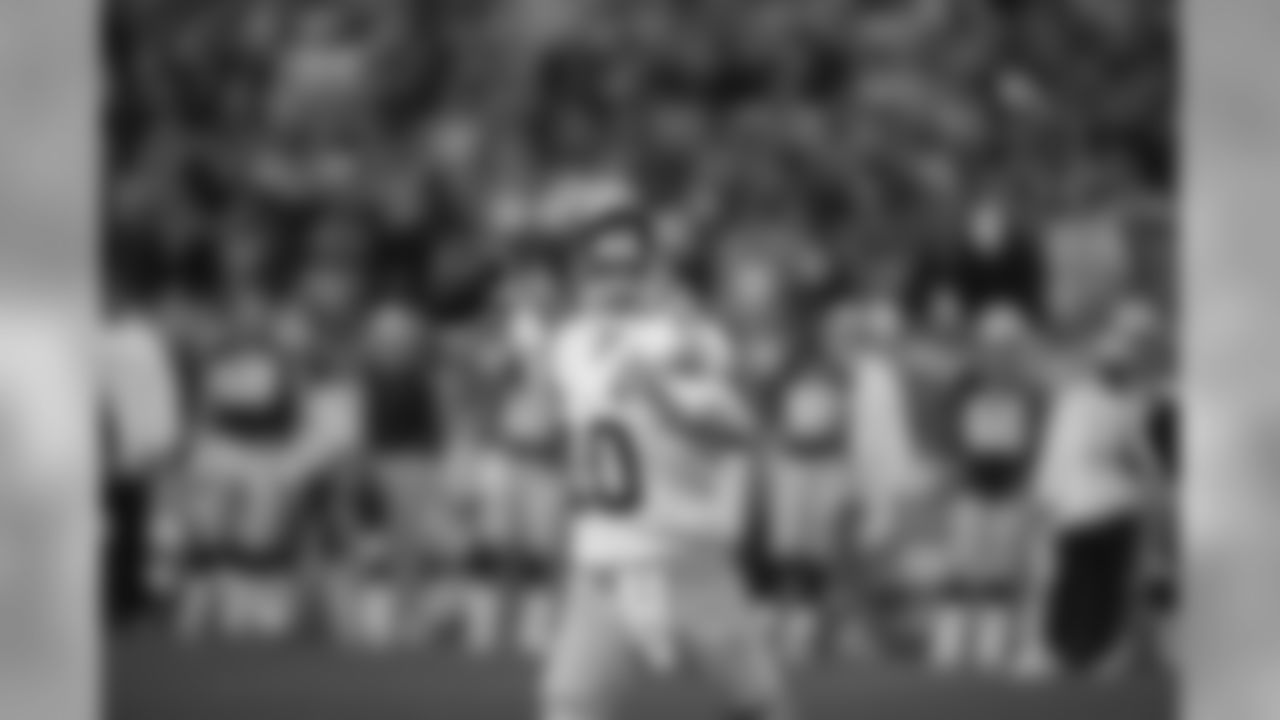

Eli Manning of the New York Giants during the Giants 30-10 win over the Baltimore Ravens on November 16, 2008 at Giants Stadium in East Rutherford, NJ
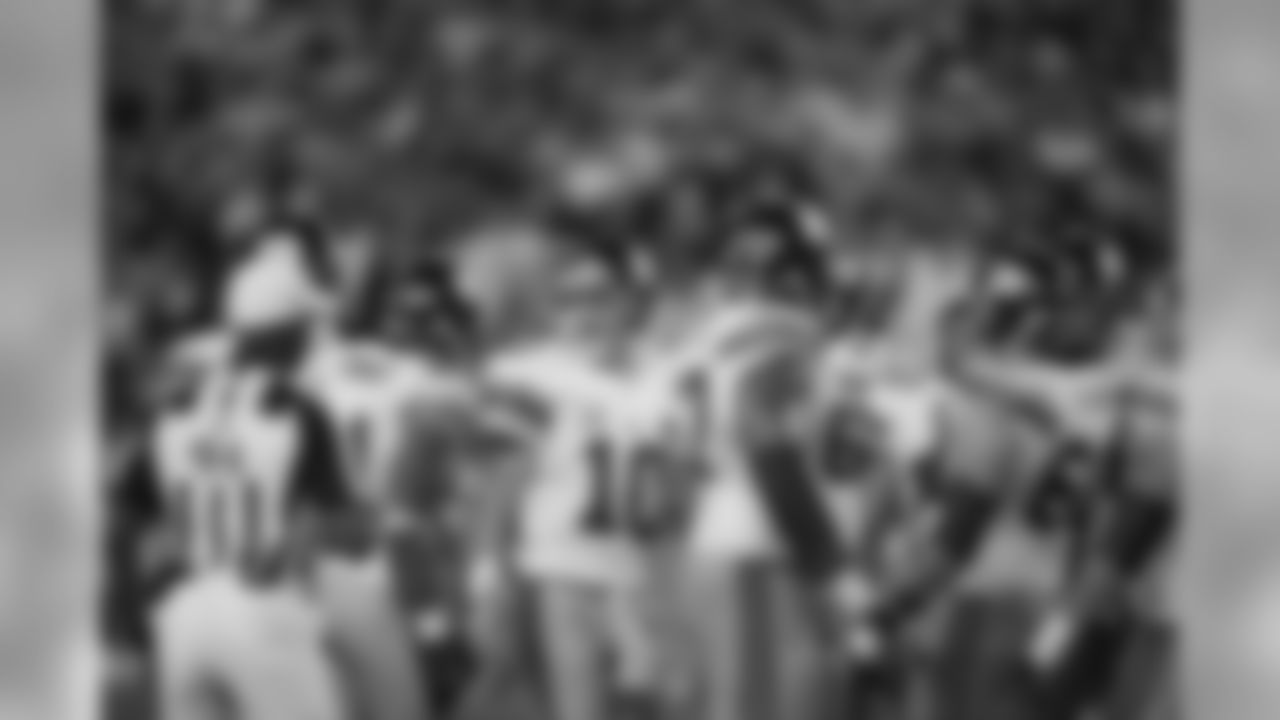
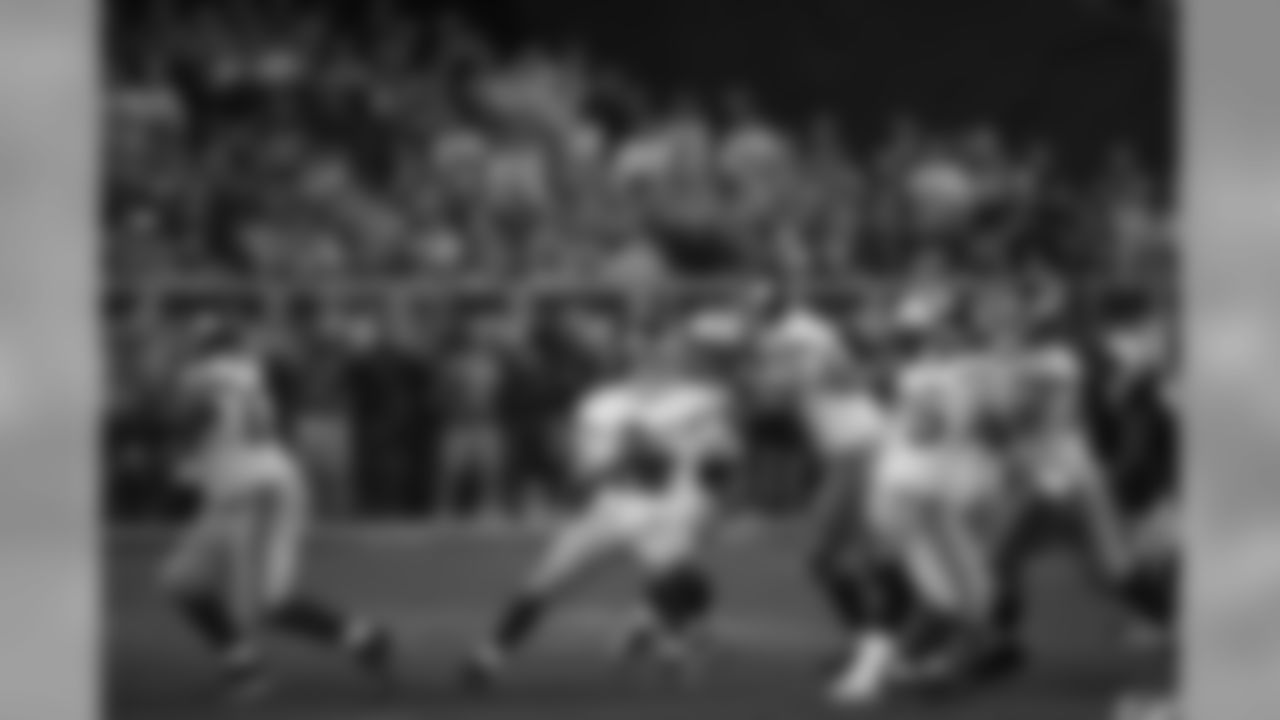
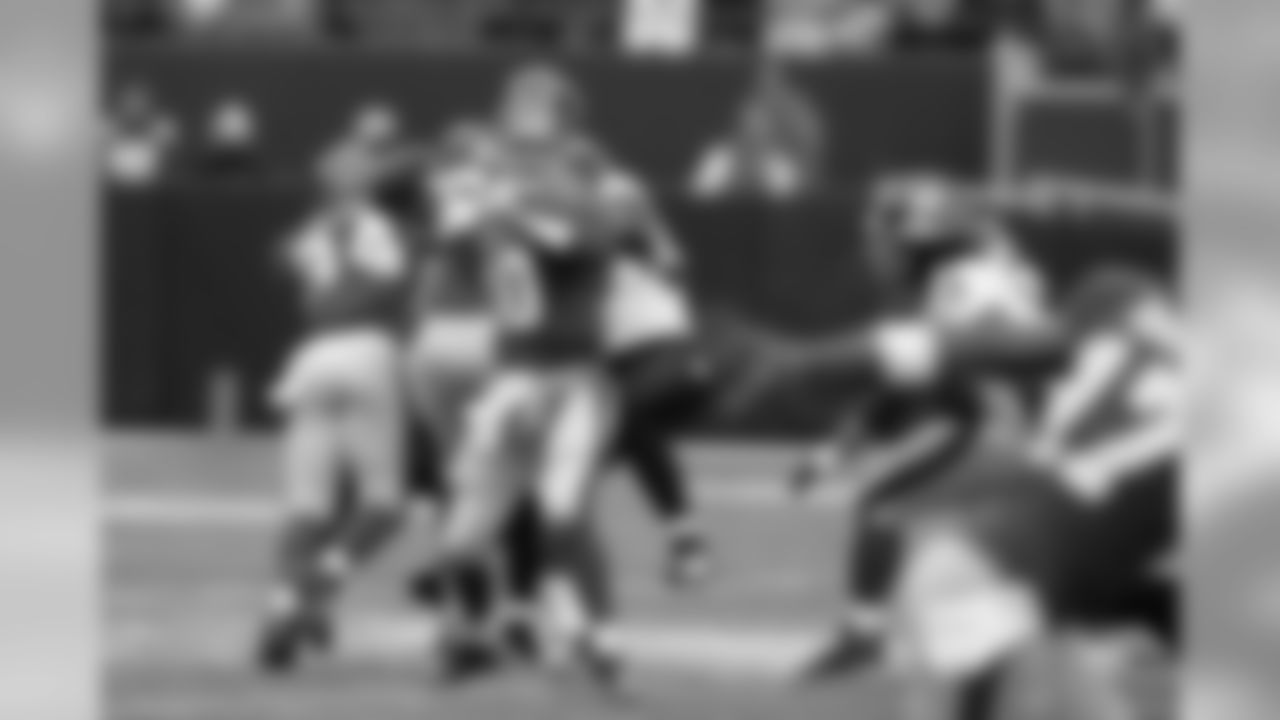
Eli Manning of the New York Giants during the Giants 30-10 win over the Baltimore Ravens on November 16, 2008 at Giants Stadium in East Rutherford, NJ
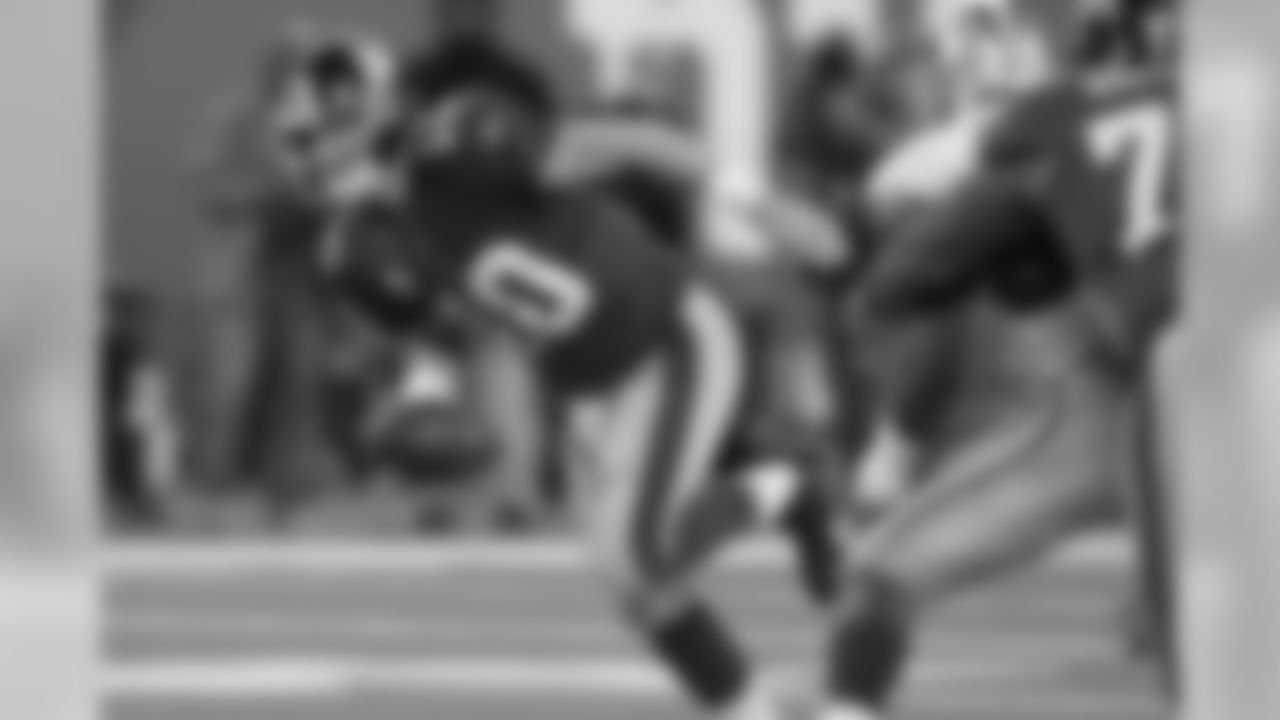
Eli Manning during the Dallas Cowboys 33-20 win over the New York Giants at The New Meadowlands Stadium in East Rutherford, NJ on 111/14/2010. © 2010 Jim Turner
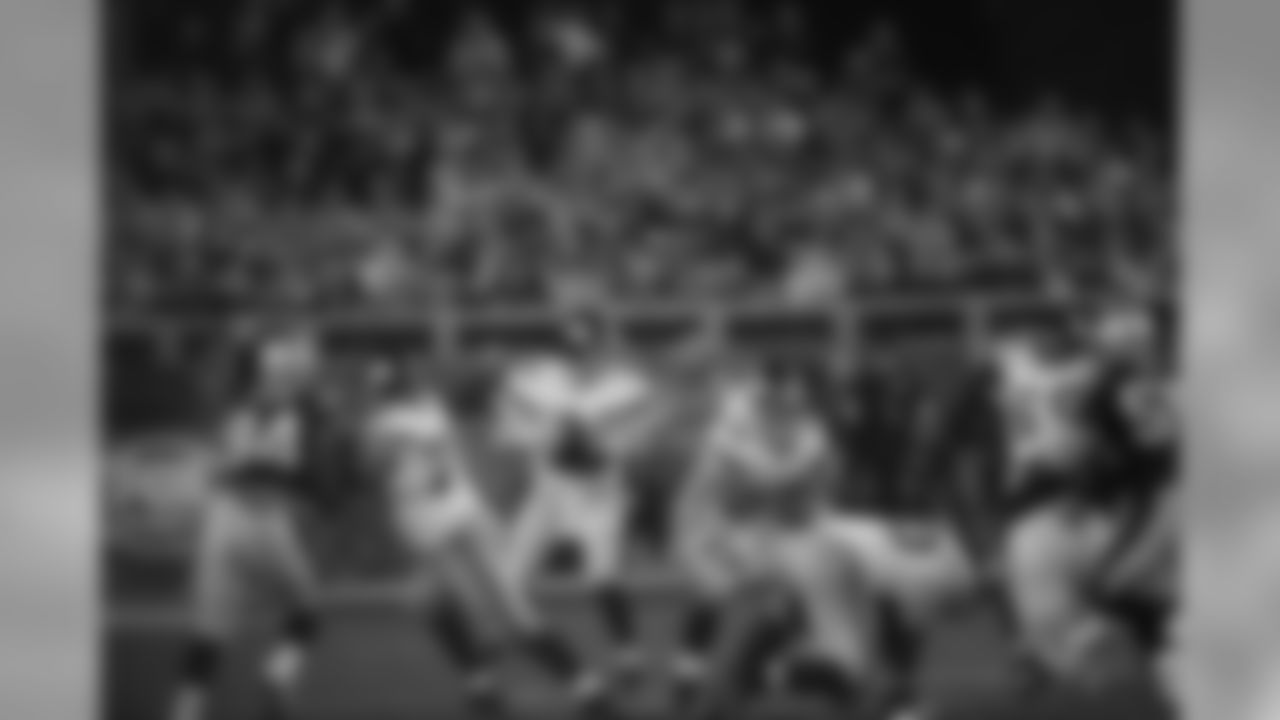

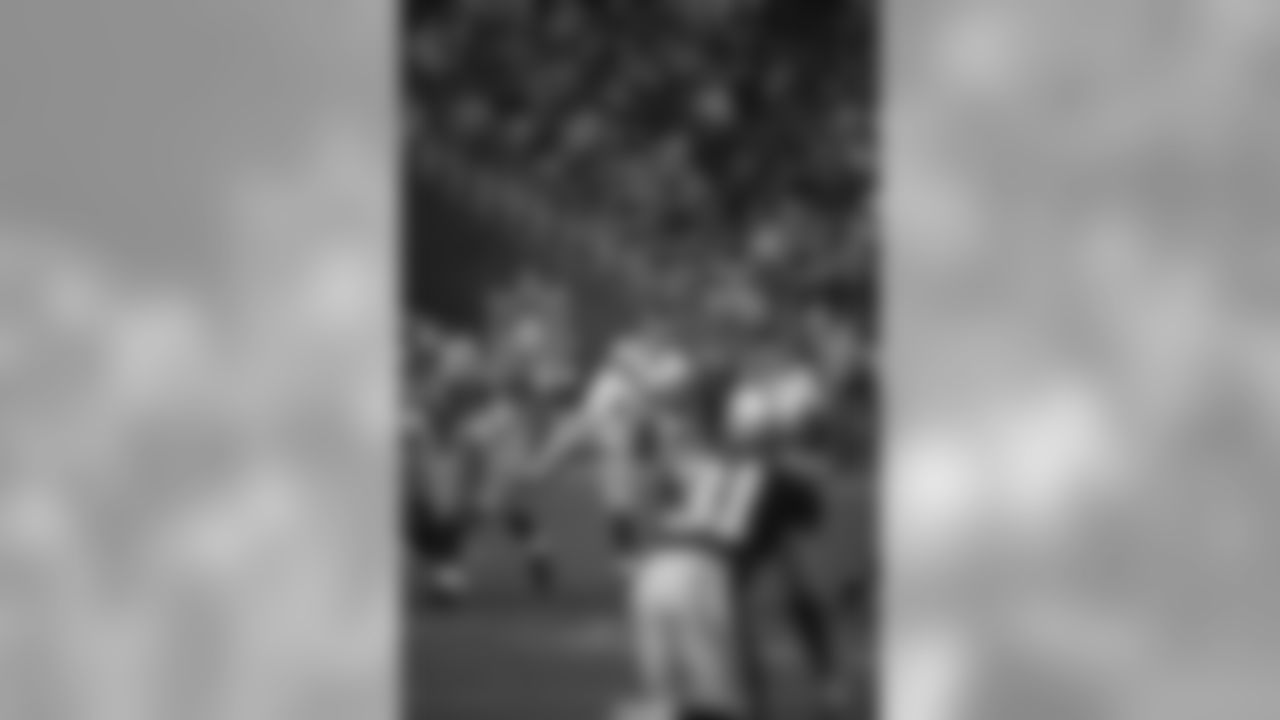
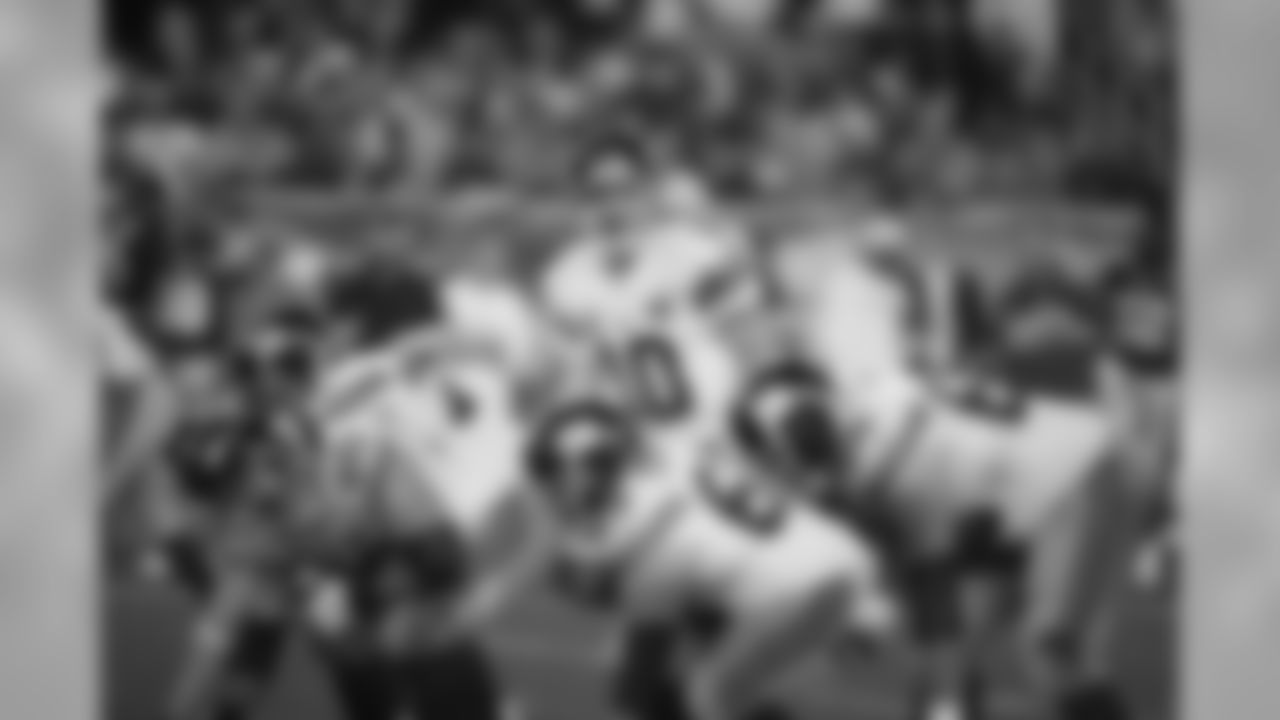
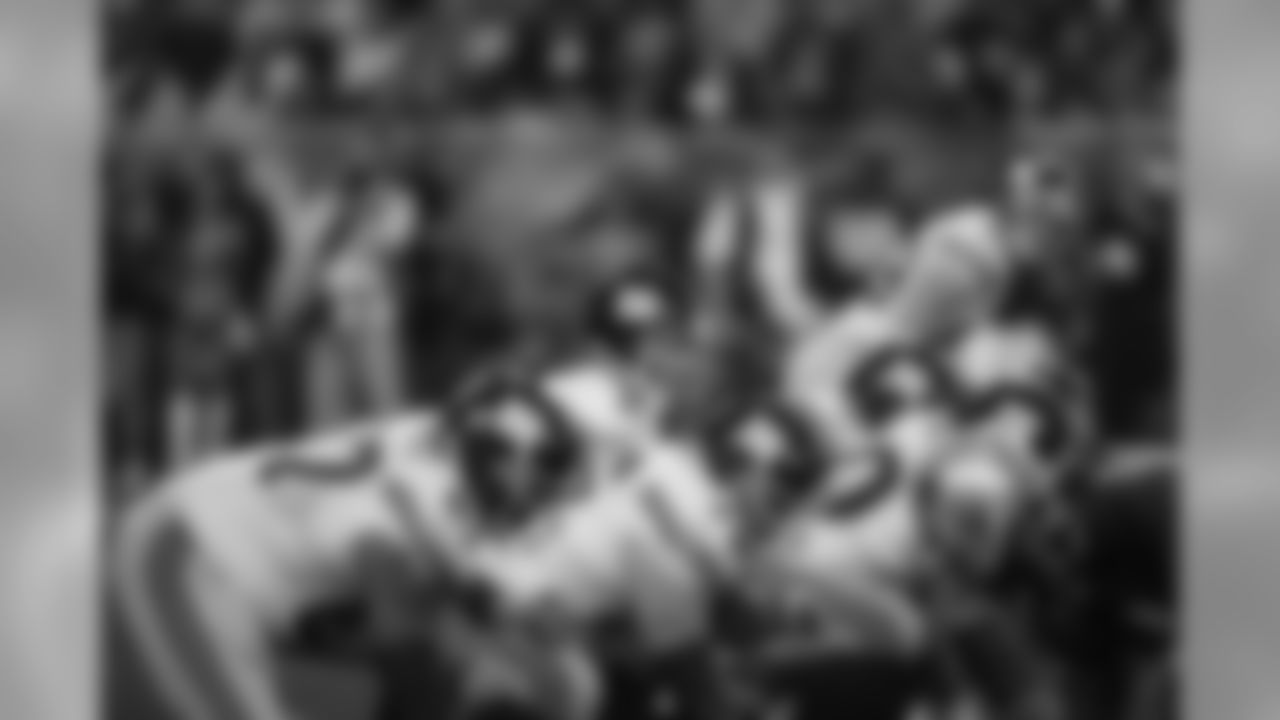
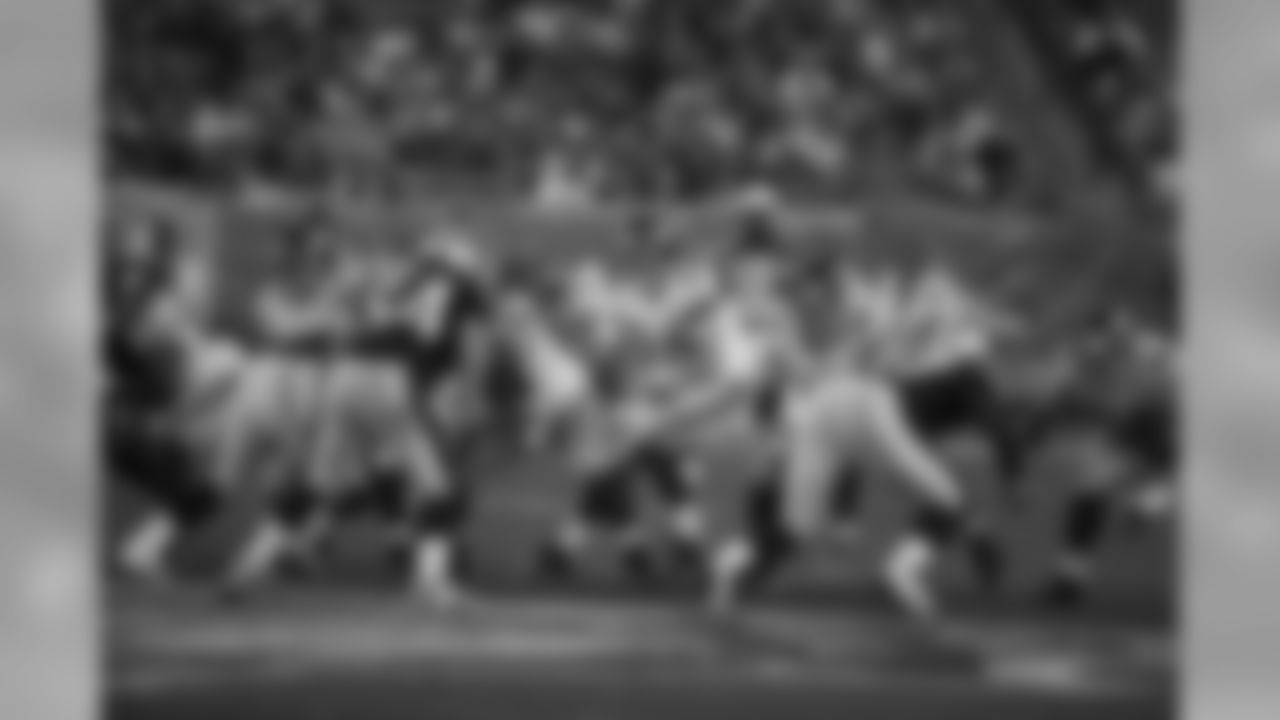
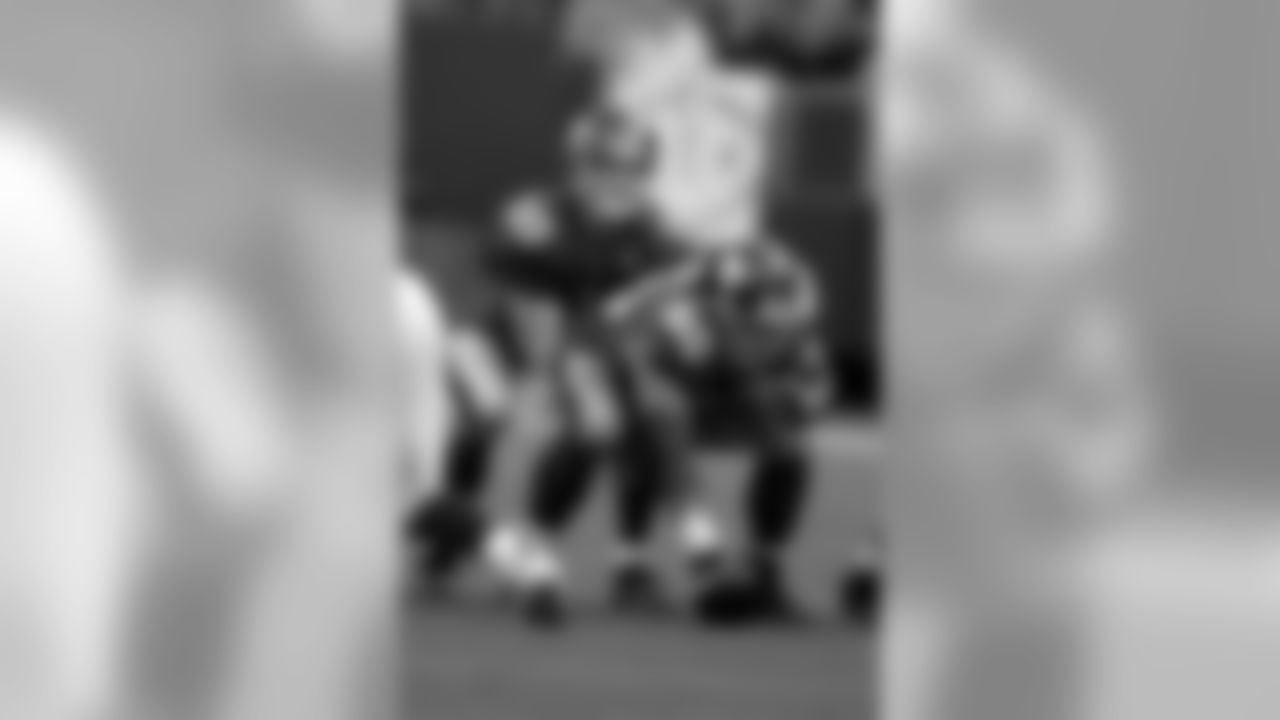
Eli Manning and Shaun O'Hara during the Minnesota Vikings 24-21 win over the New York Giants at Giants Stadium in East Rutherford, NJ on 11/13/2005.
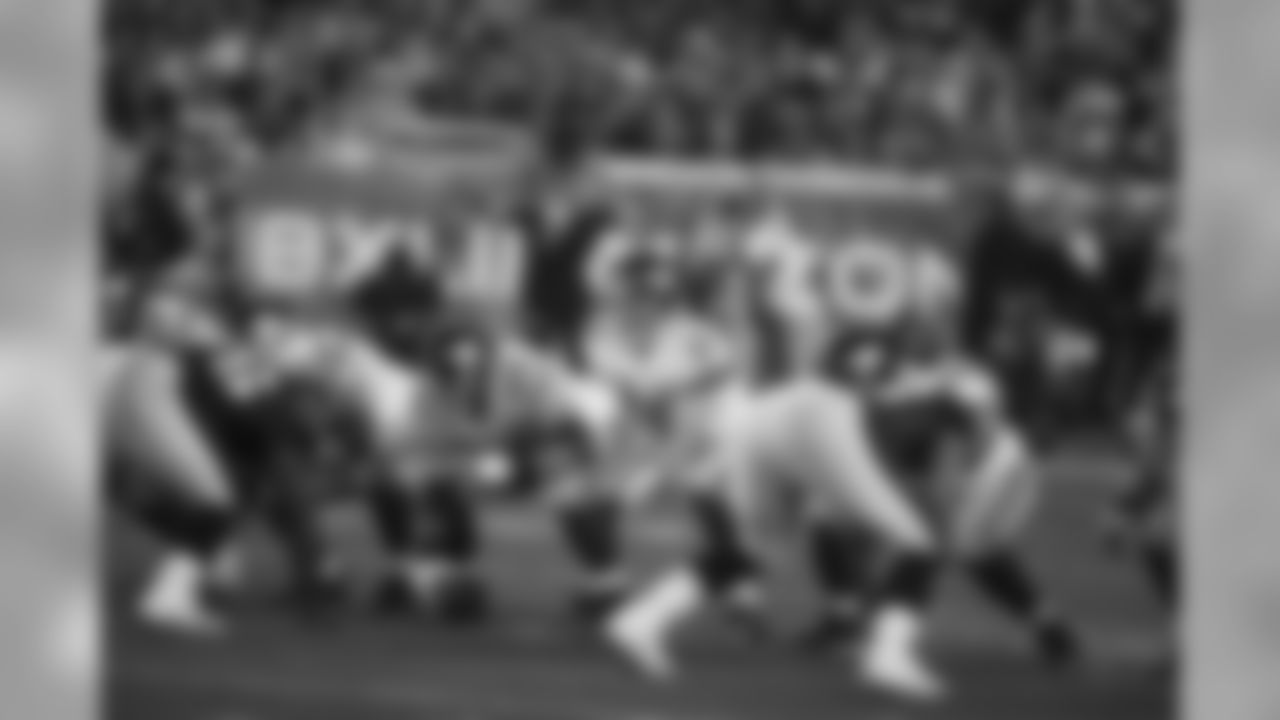
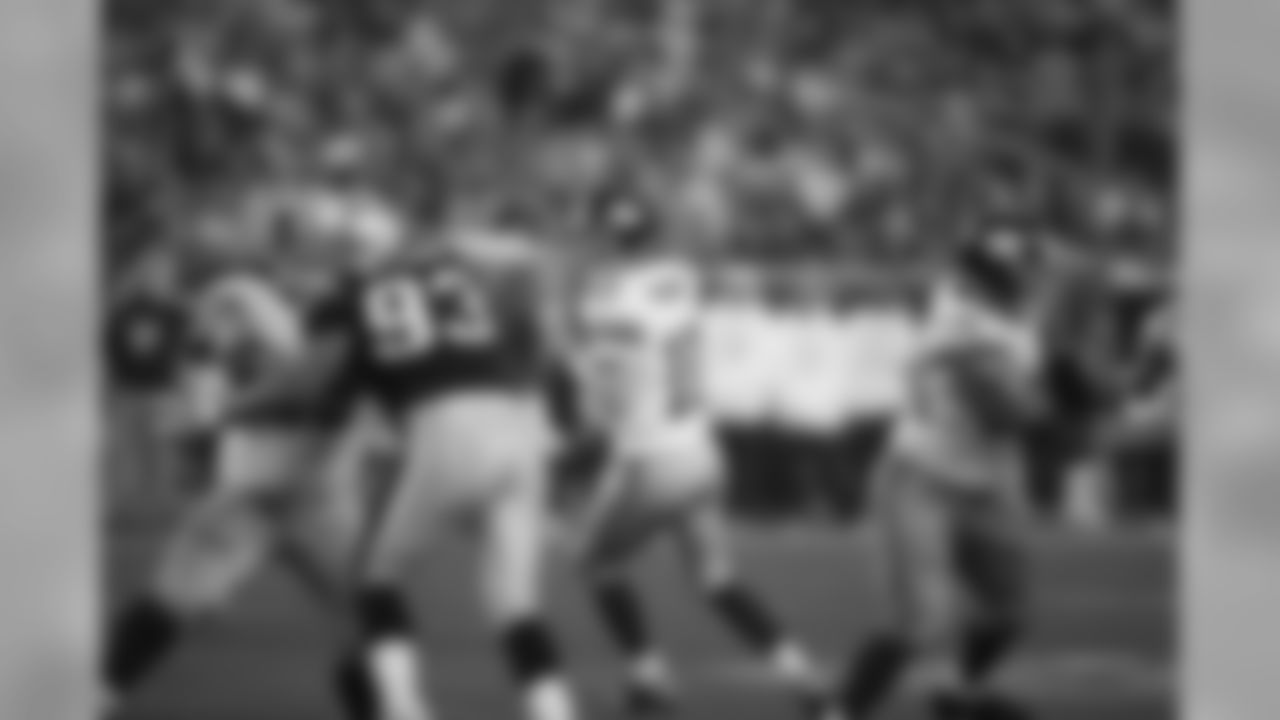
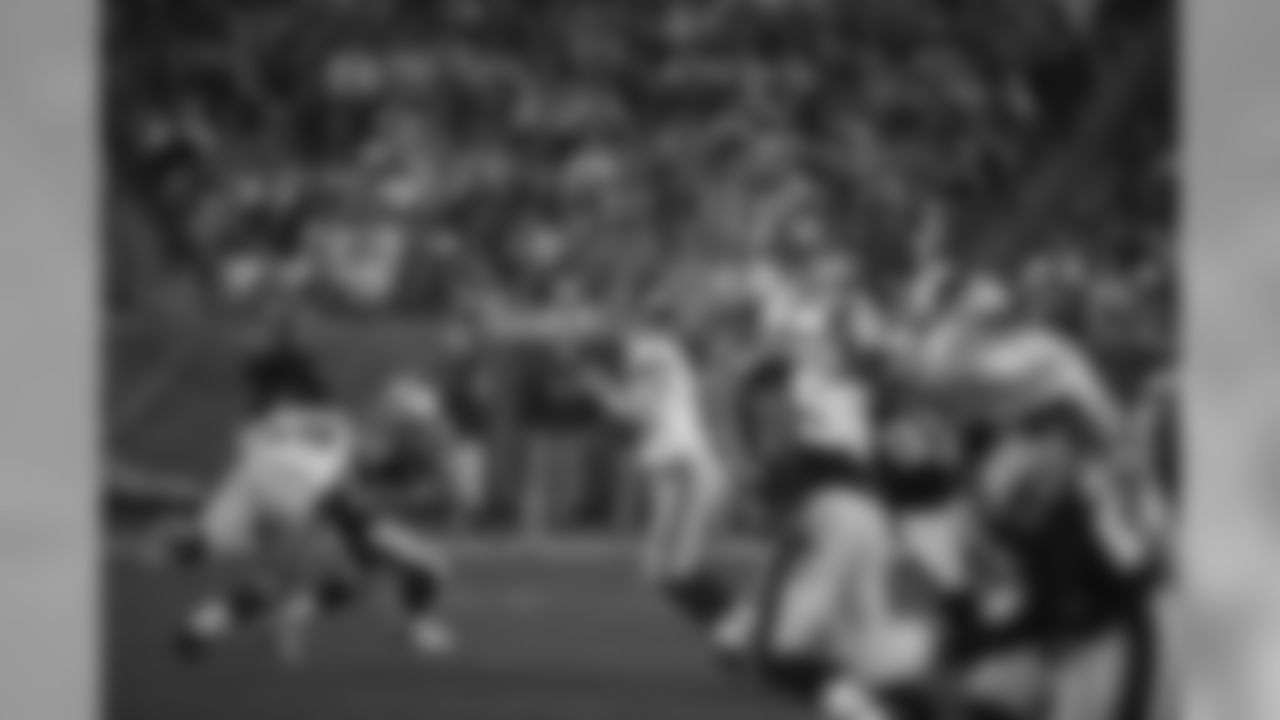

Eli Manning during the Minnesota Vikings 24-21 win over the New York Giants at Giants Stadium in East Rutherford, NJ on 11/13/2005. © 2005 Jim Turner
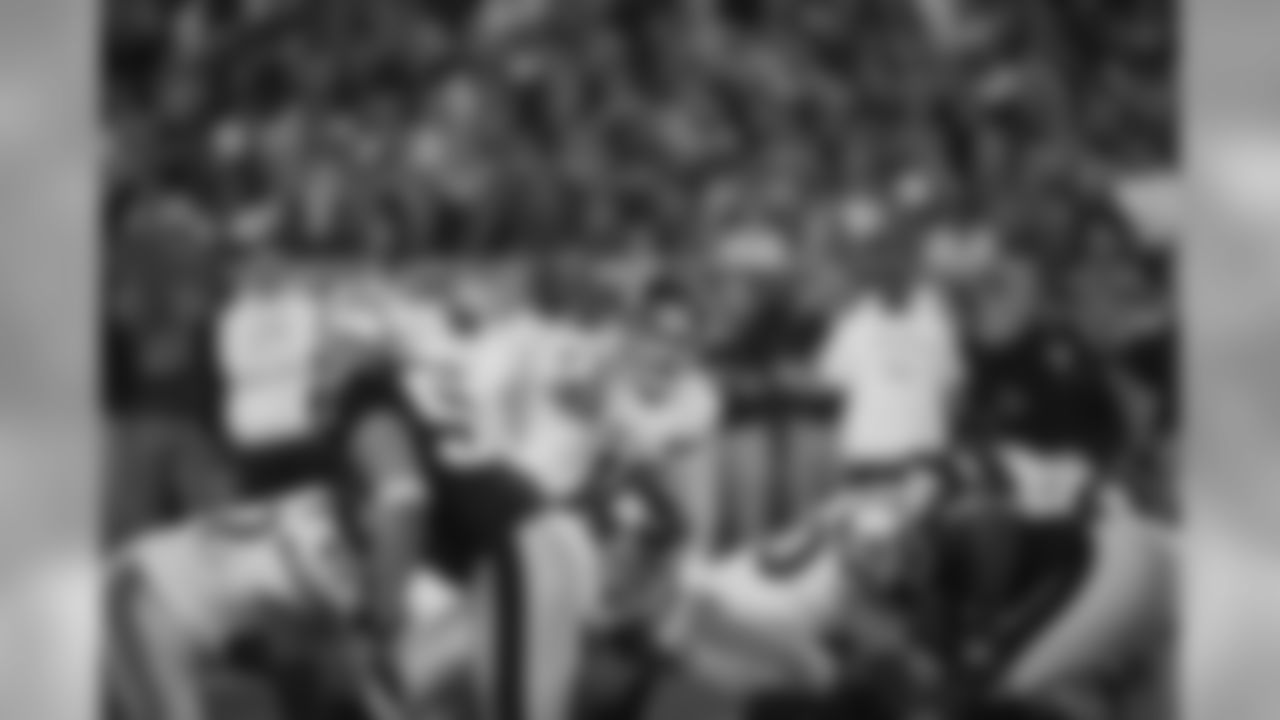

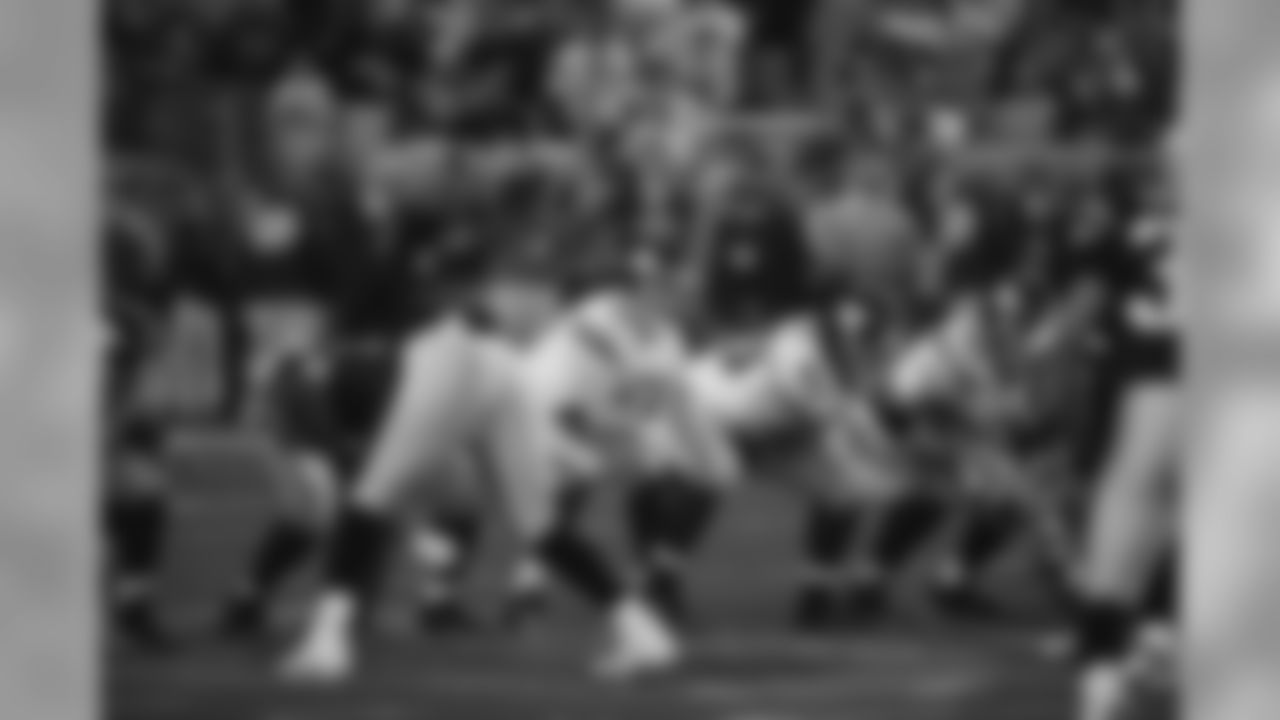
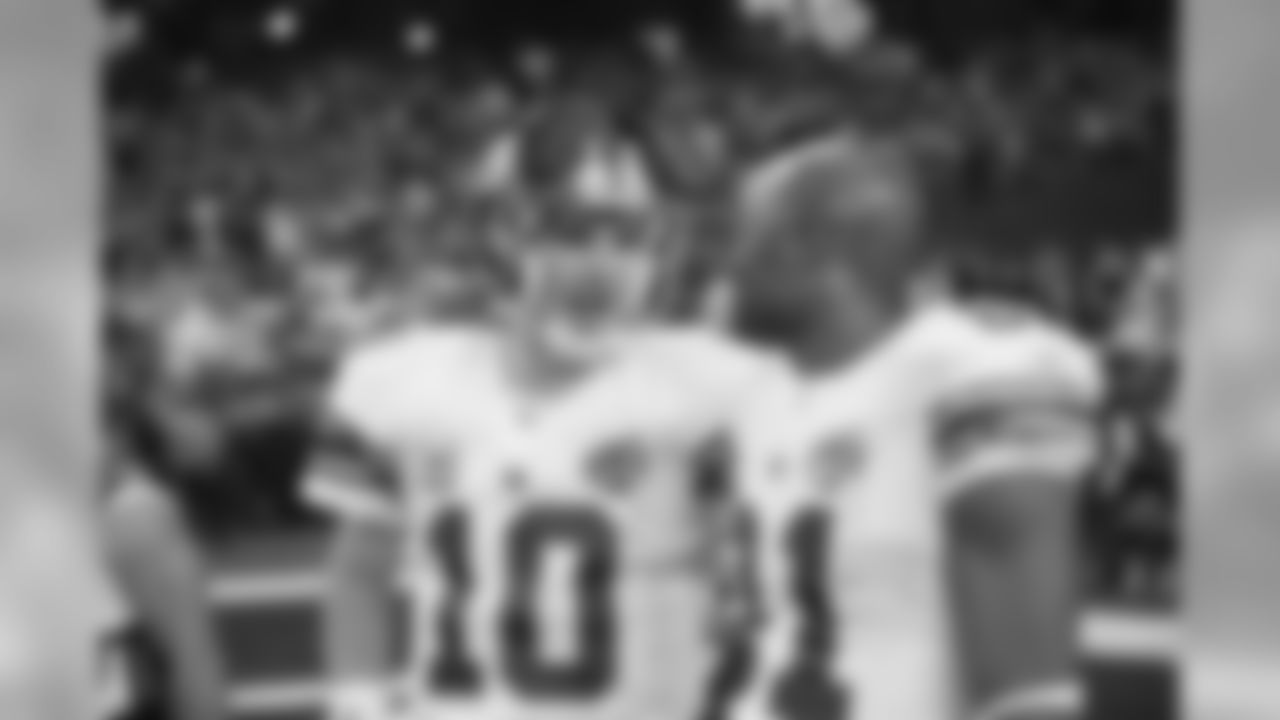
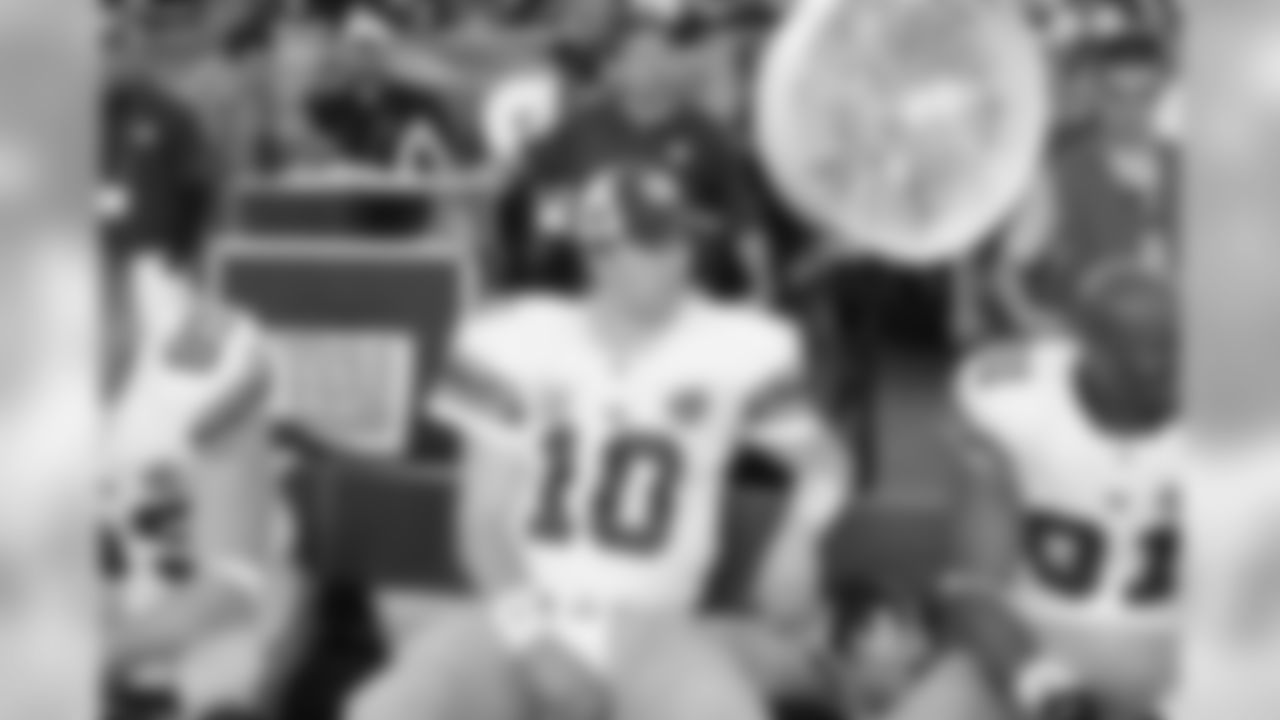
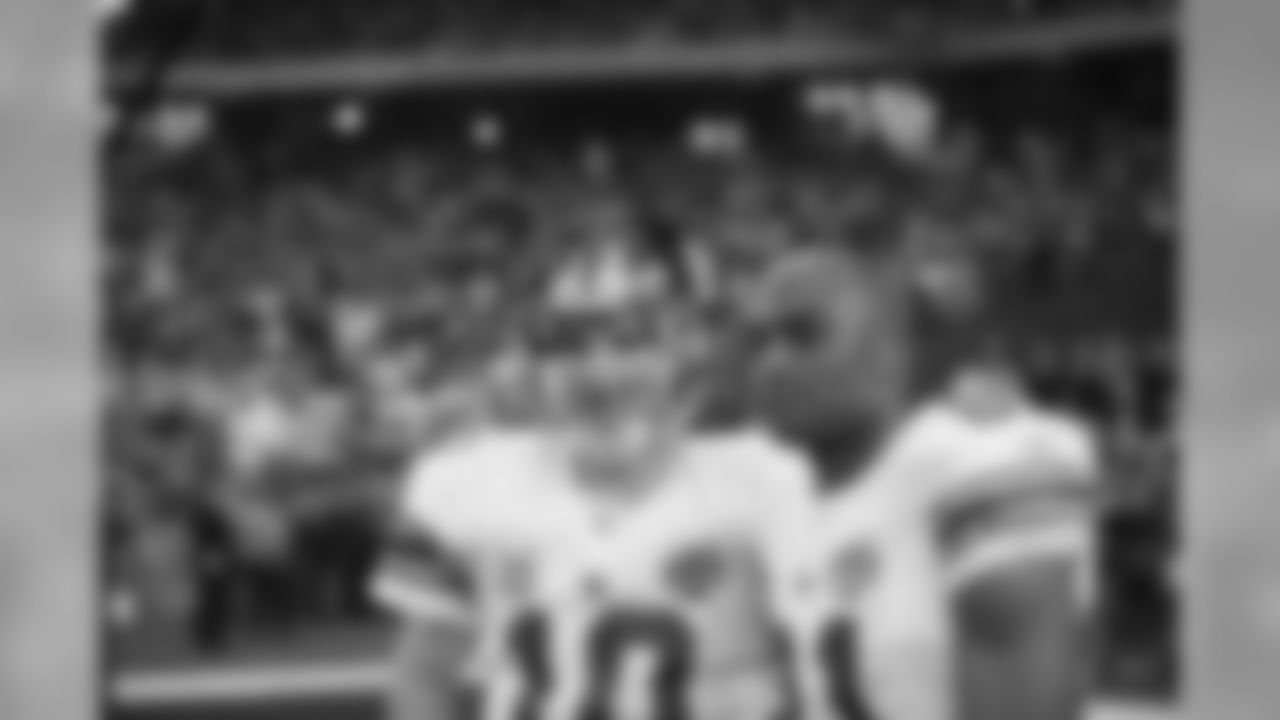
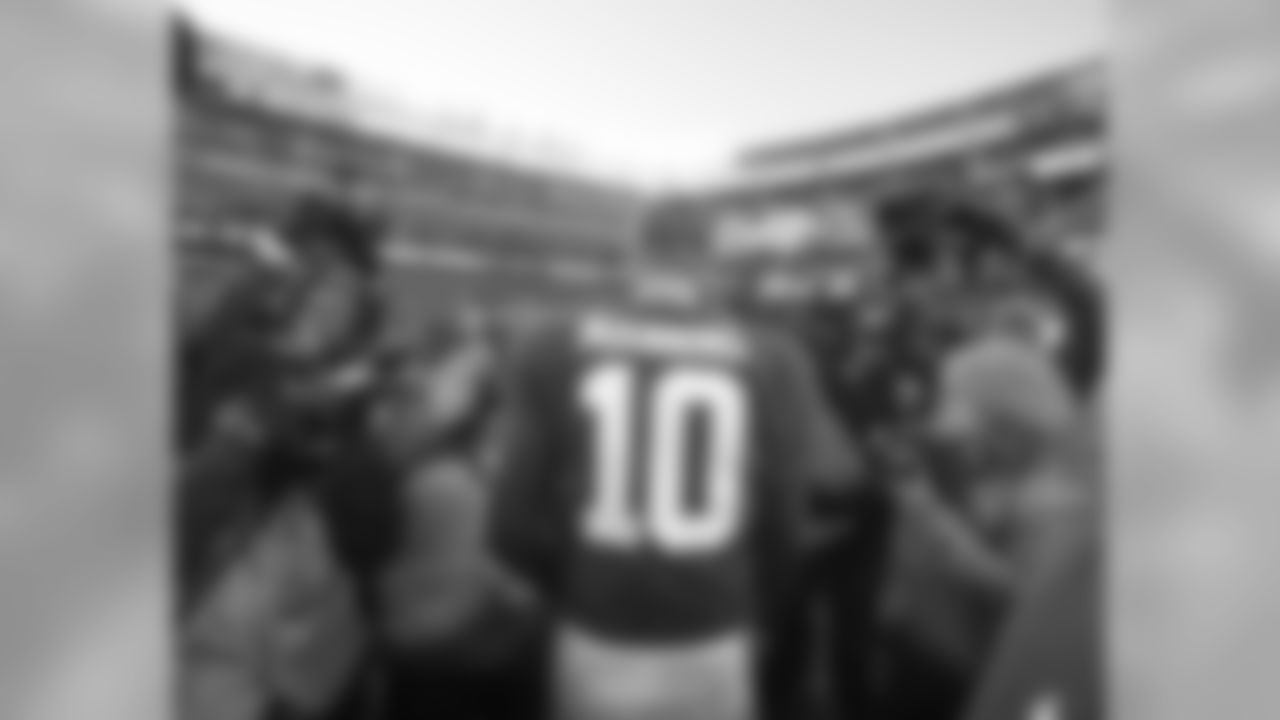
Eli Manning's last start as Giants QB

New York Giants answers questions during Media Day on Tuesday January 31, 2012 in Indianapolis, Indiana (AP Photo/Evan Pinkus)

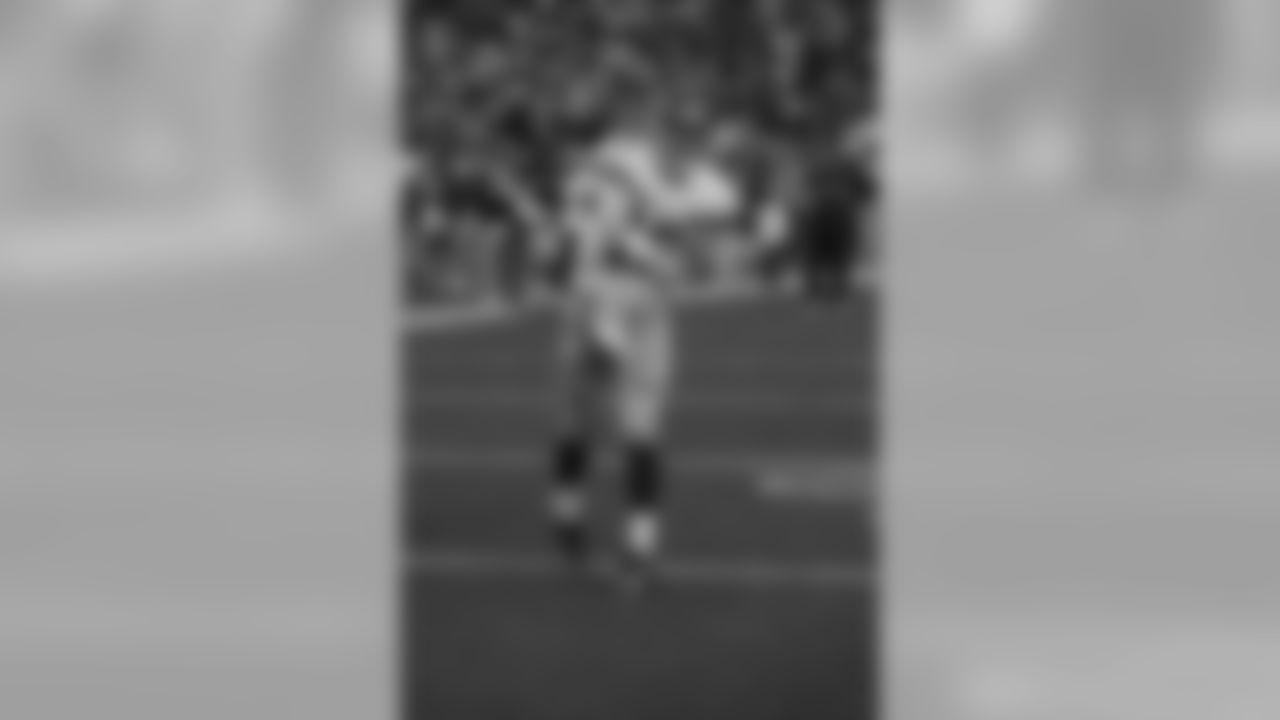
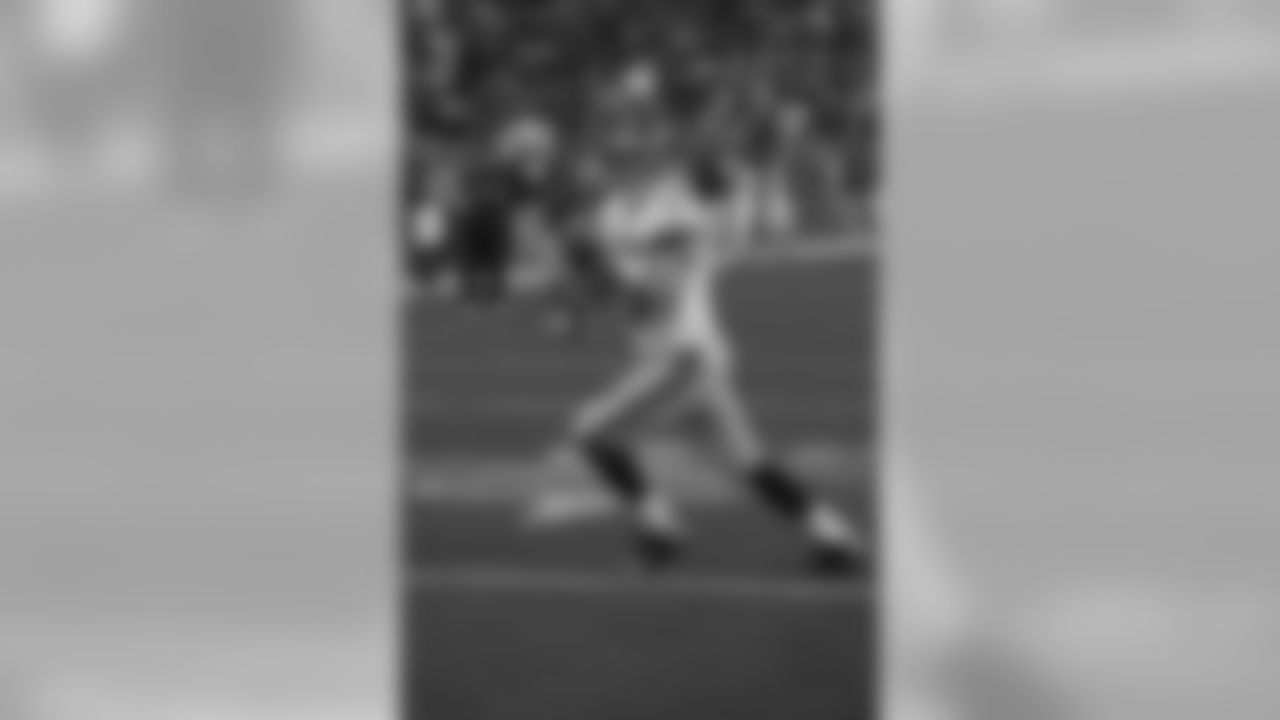
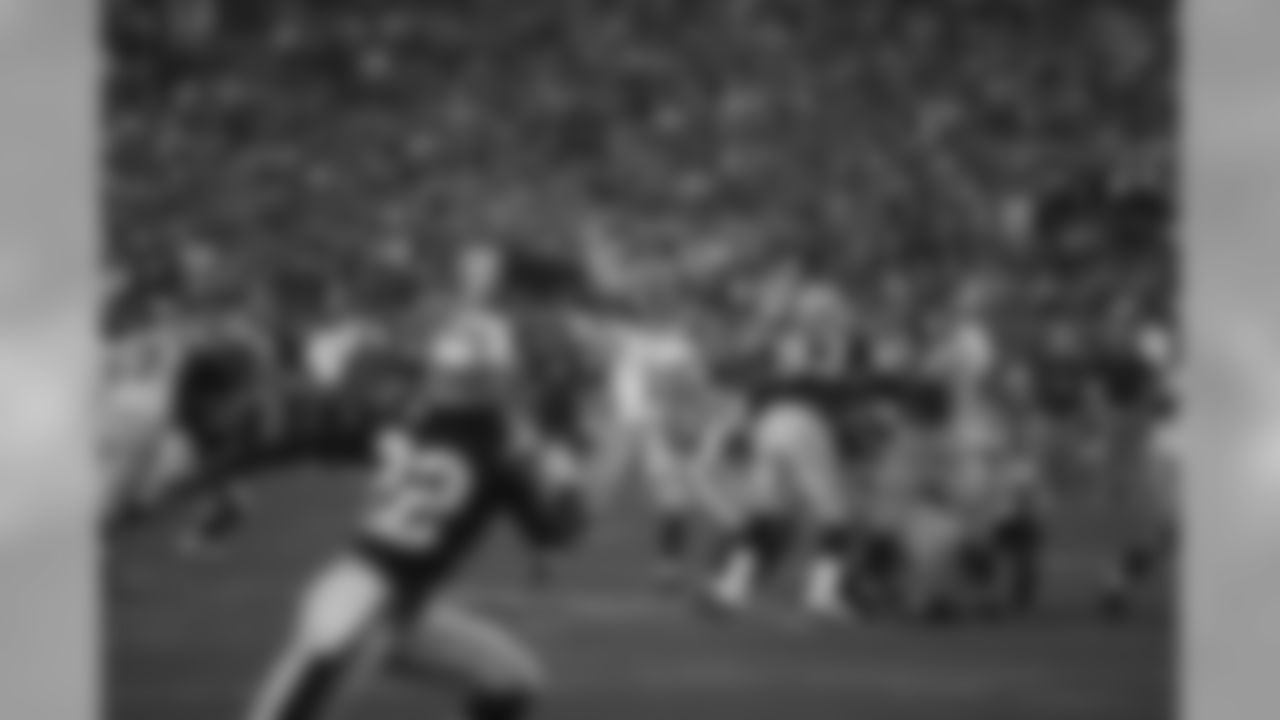

Eli Manning during the Chicago Bears 38-20 win over the New York Giants at Giants Stadium in East Rutherford, NJ on 11/12/2006.

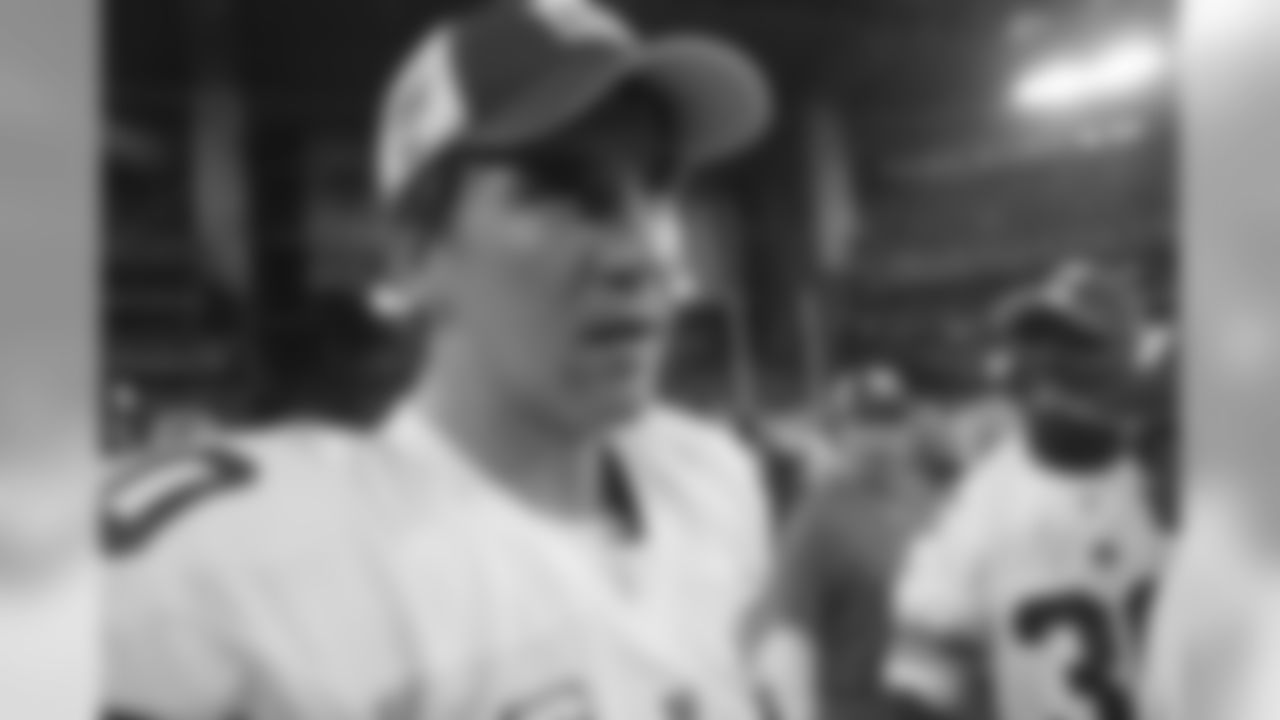
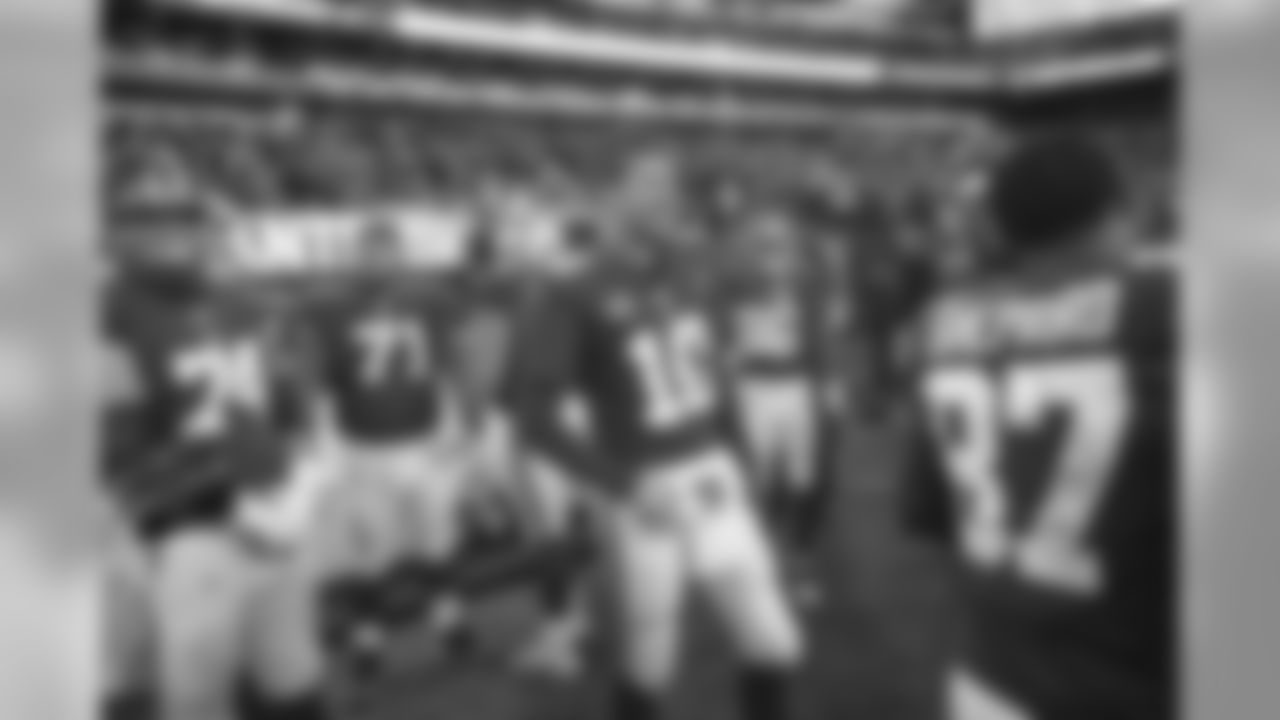
Eli Manning's last start as Giants QB
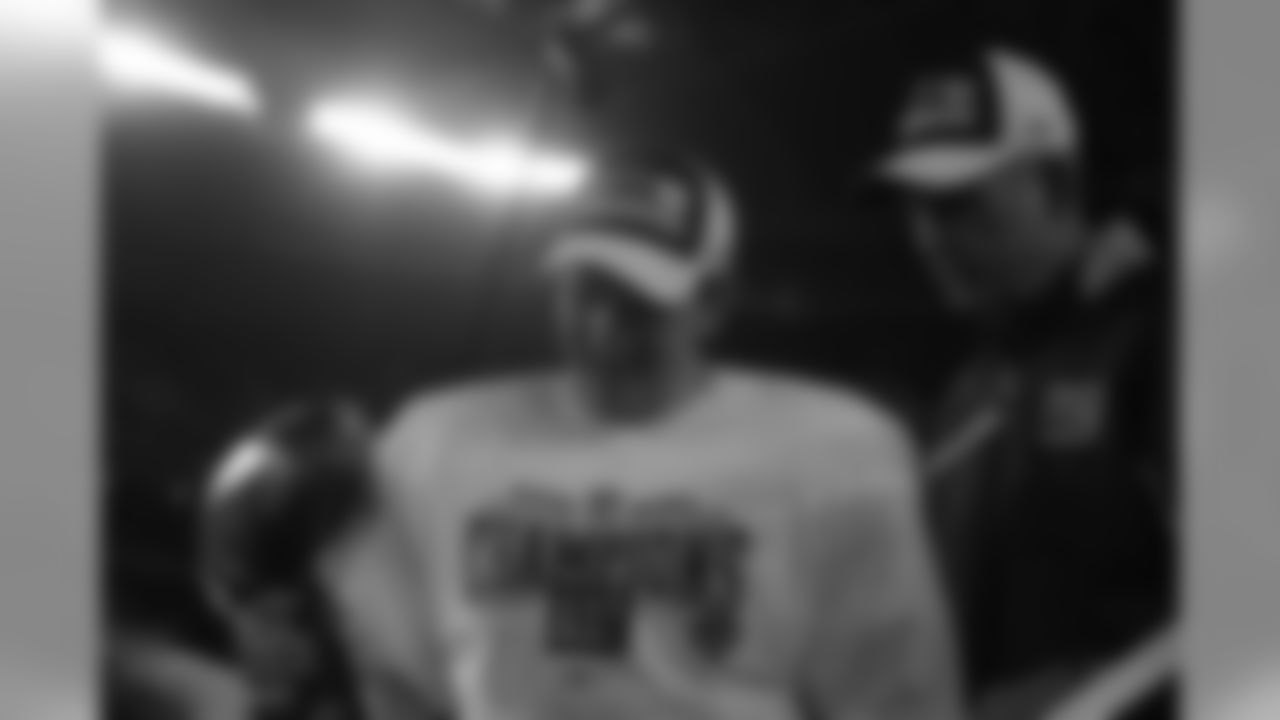
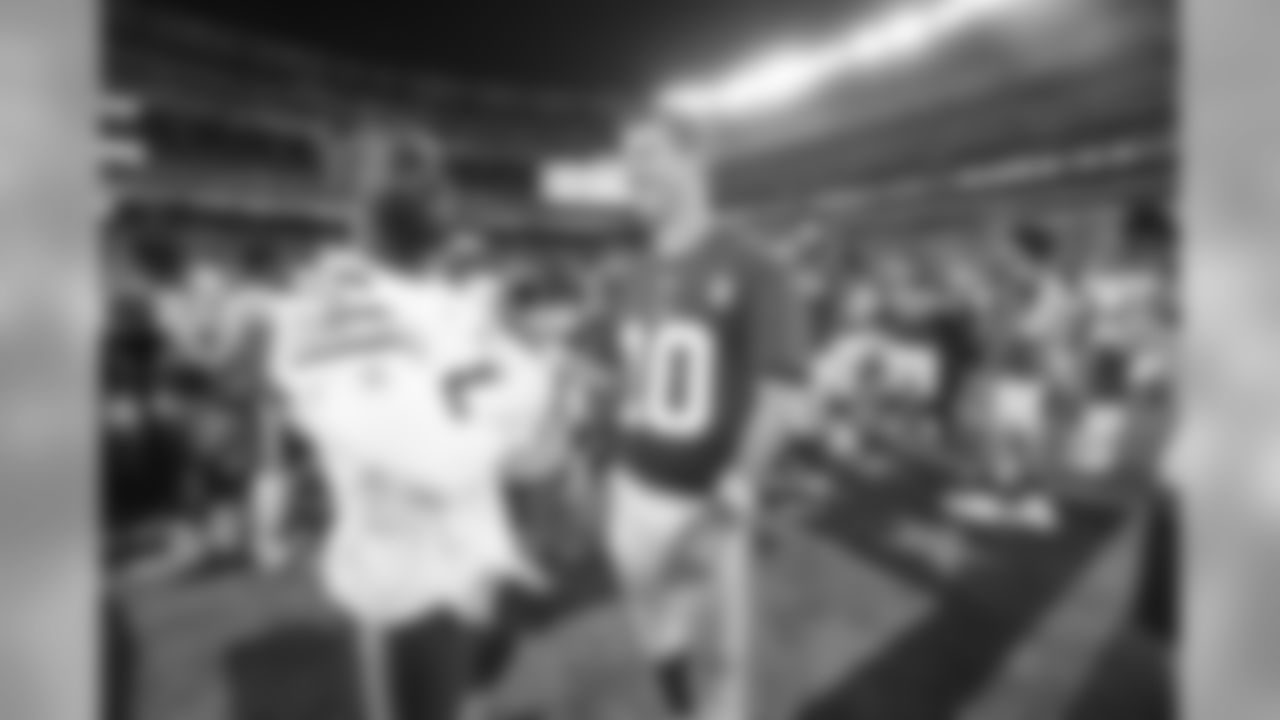

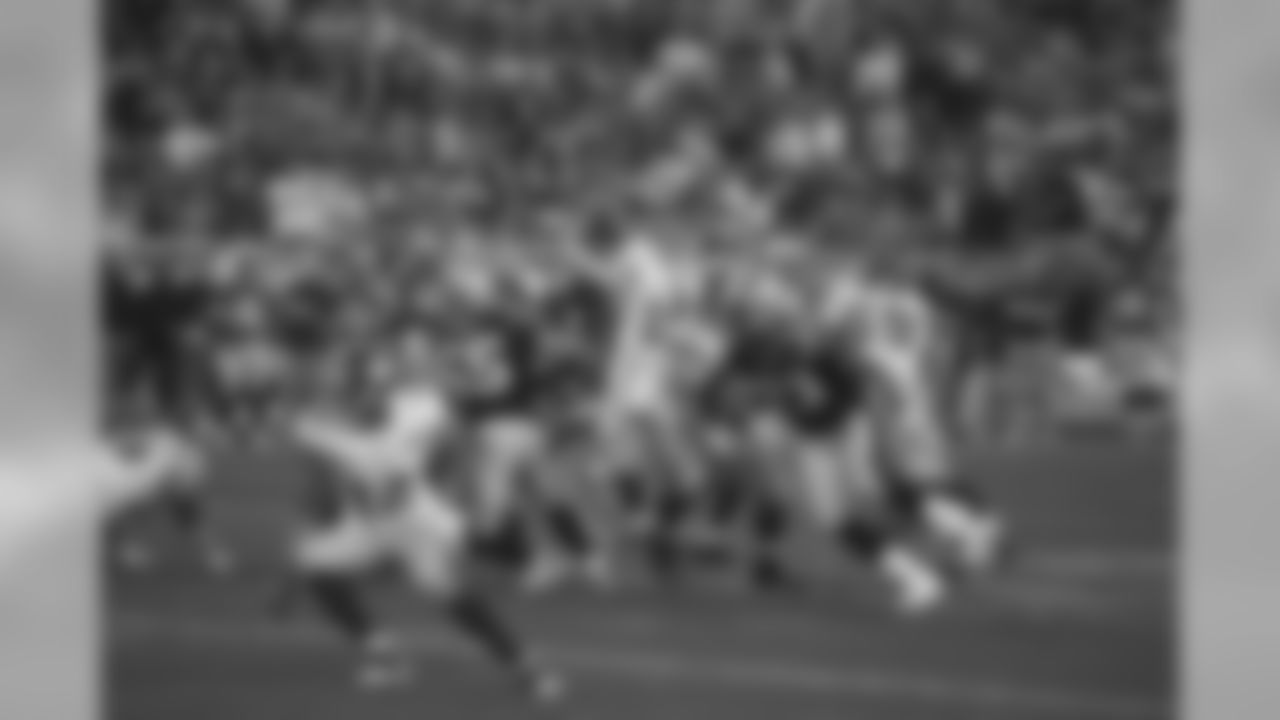

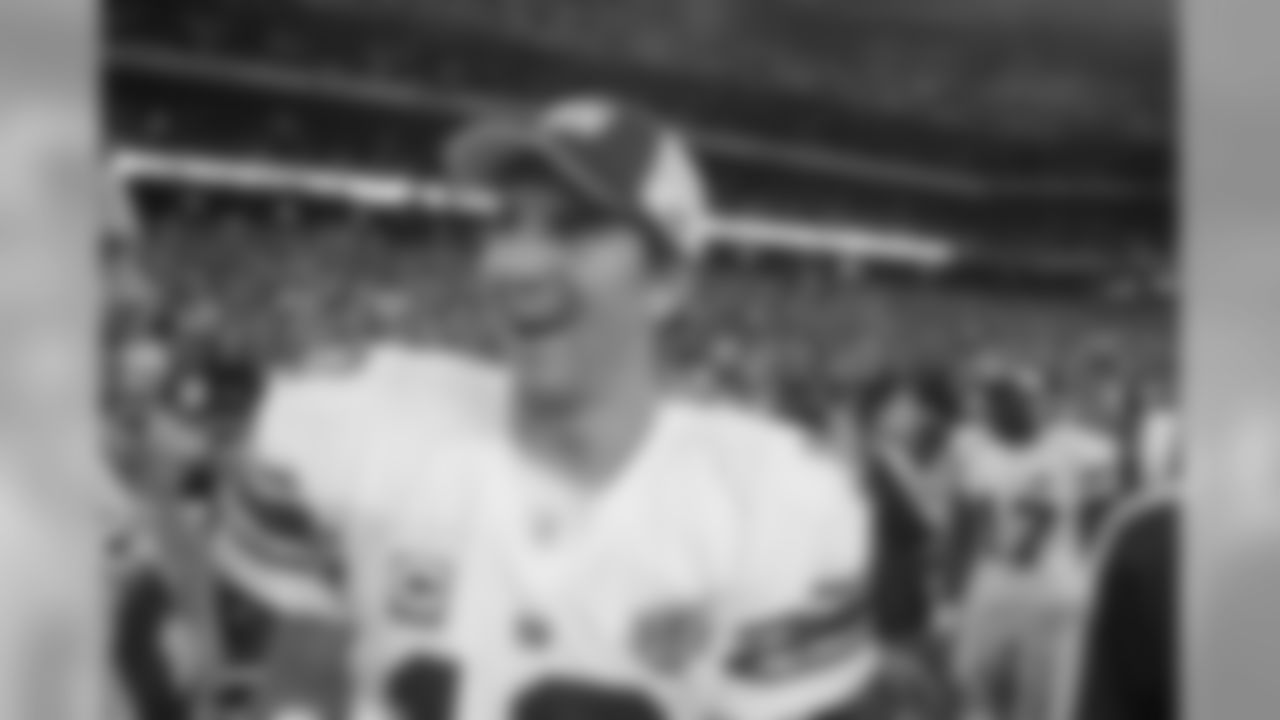
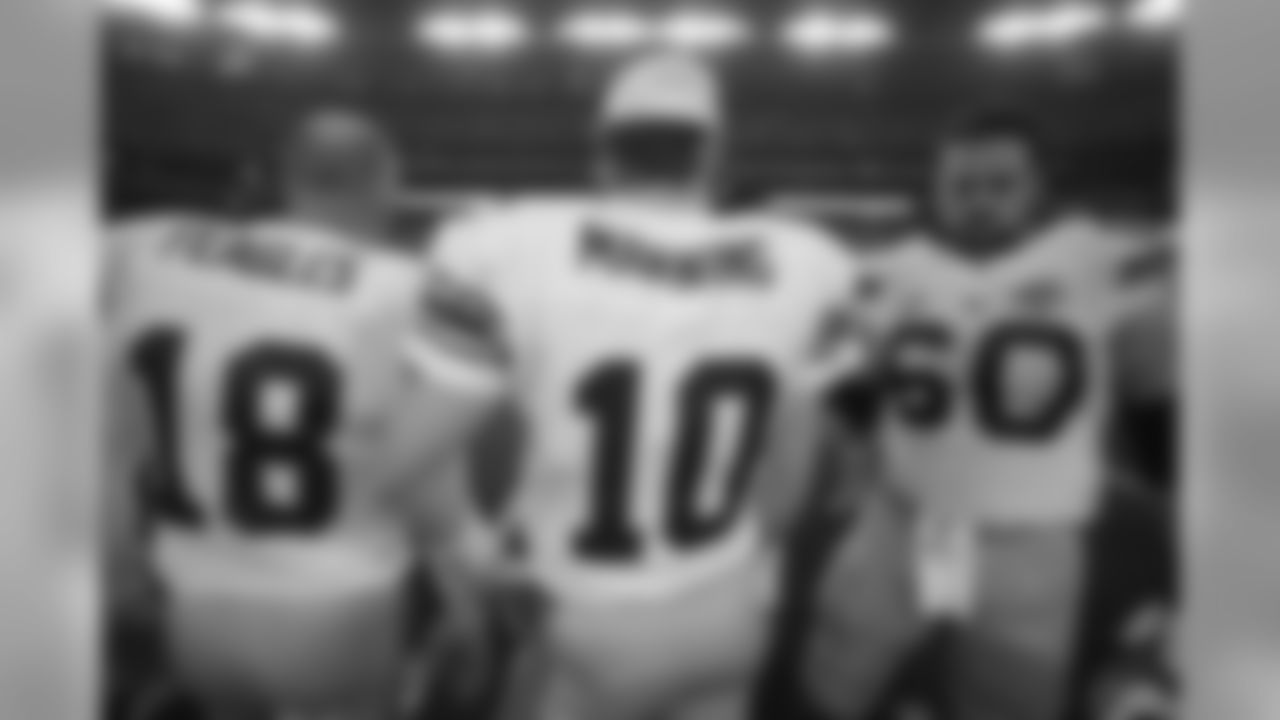

Eli Manning during the New York Giants 24-23 win over the Denver Broncos at Giants Stadium in East Rutherford, NJ on 10/23/2005.

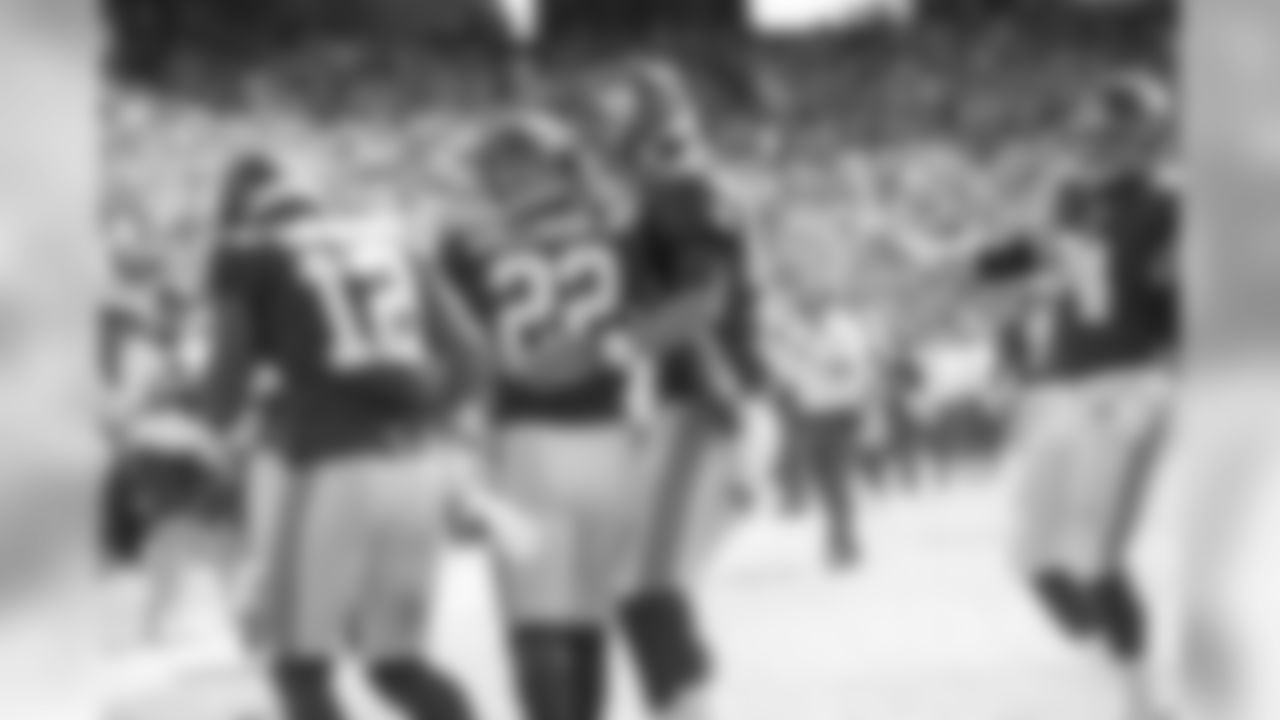
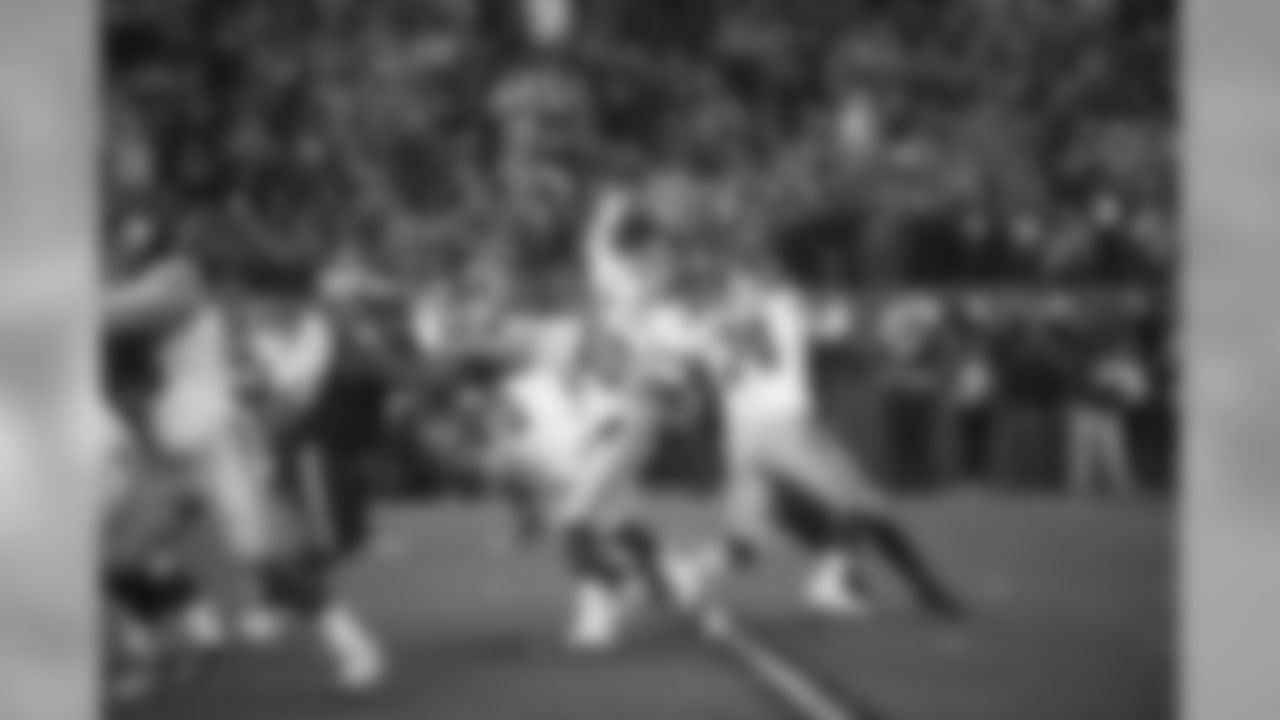
Eli Manning's last away game start
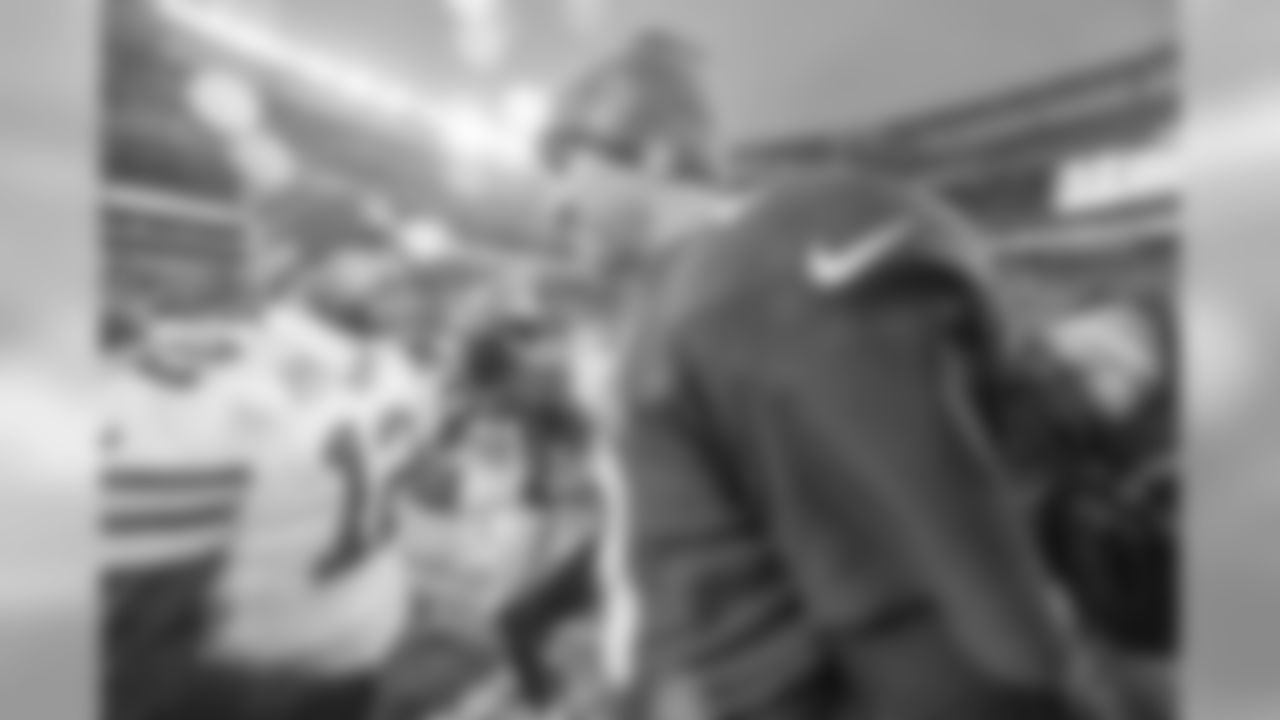


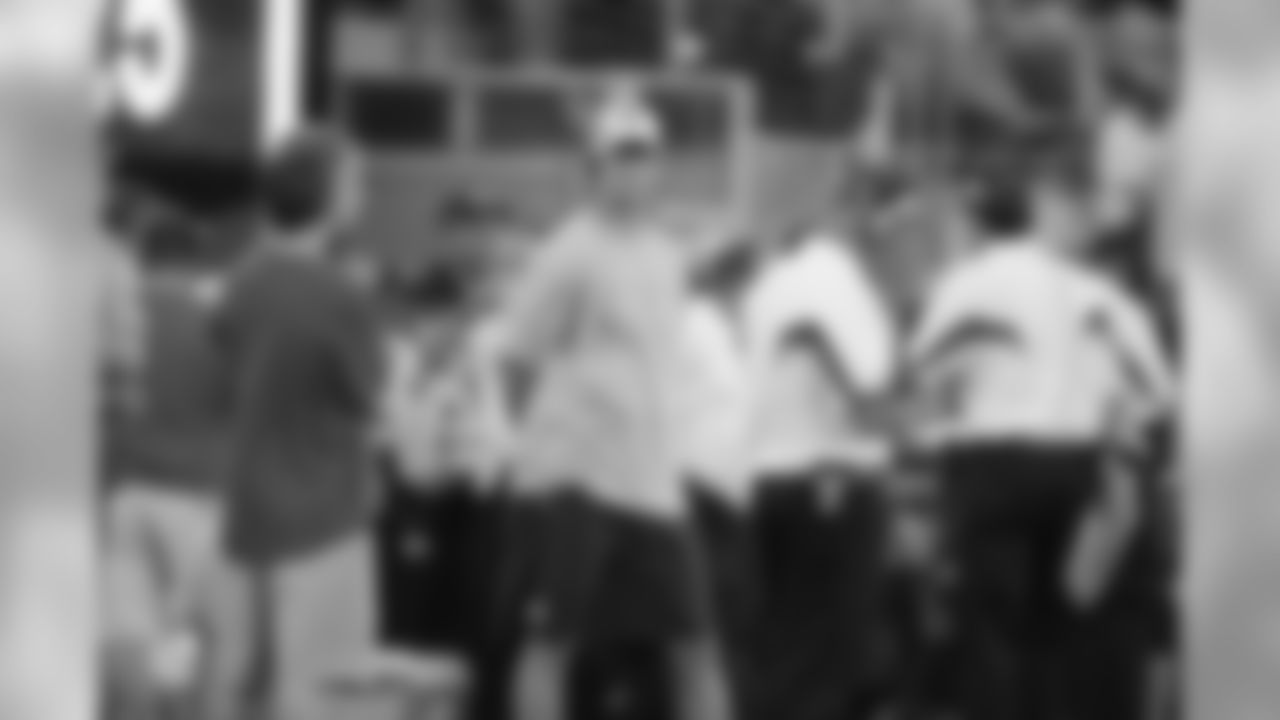
New York Giants against the Pittsburgh Steelers in a preseason NFL football game at the New Meadowlands Stadium in East Rutherford, New Jersey on Saturday August 21, 2010 (AP Photo/Evan Pinkus)

New York Giants against the Philadelphia Eagles in a week 15 NFL football game at the New Meadowlands Stadium in East Rutherford, New Jersey on Sunday December 19, 2010 (AP Photo/Evan Pinkus)
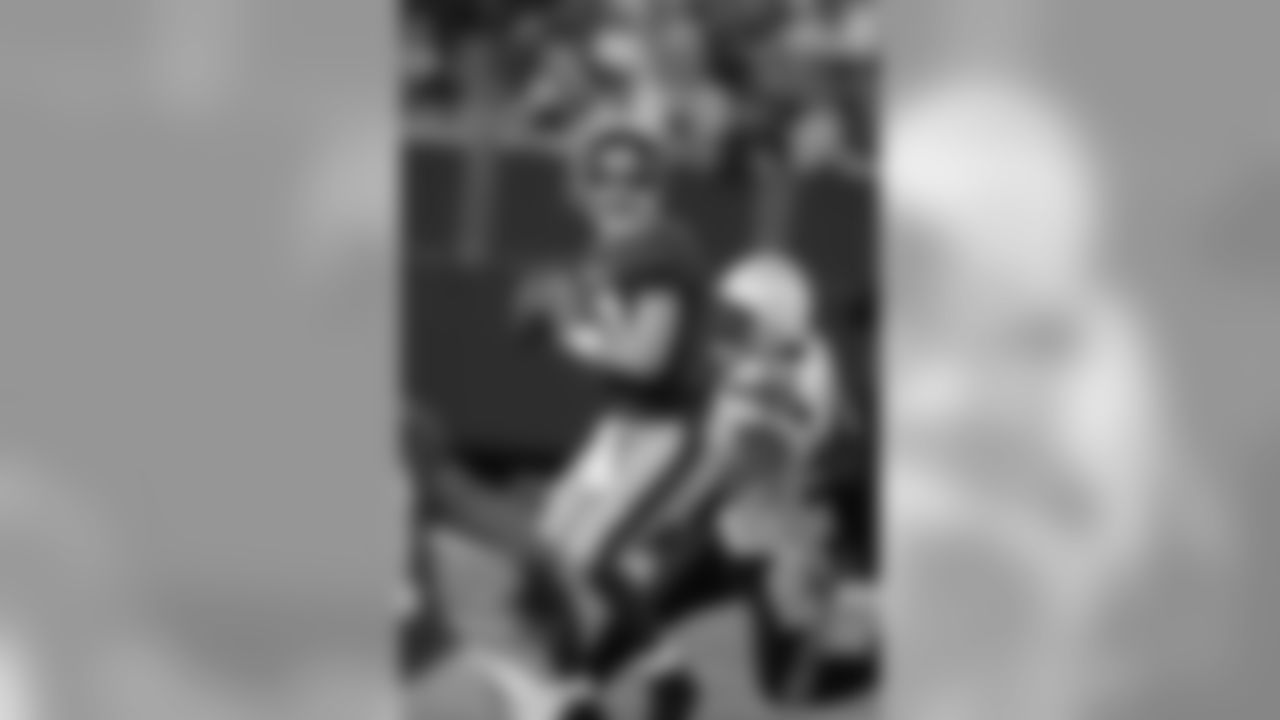
Eli Manning of the New York Giants during the Giants 21-20 loss to the San Diego Chargers on November 8, 2009 at Giants Stadium in East Rutherford, NJ
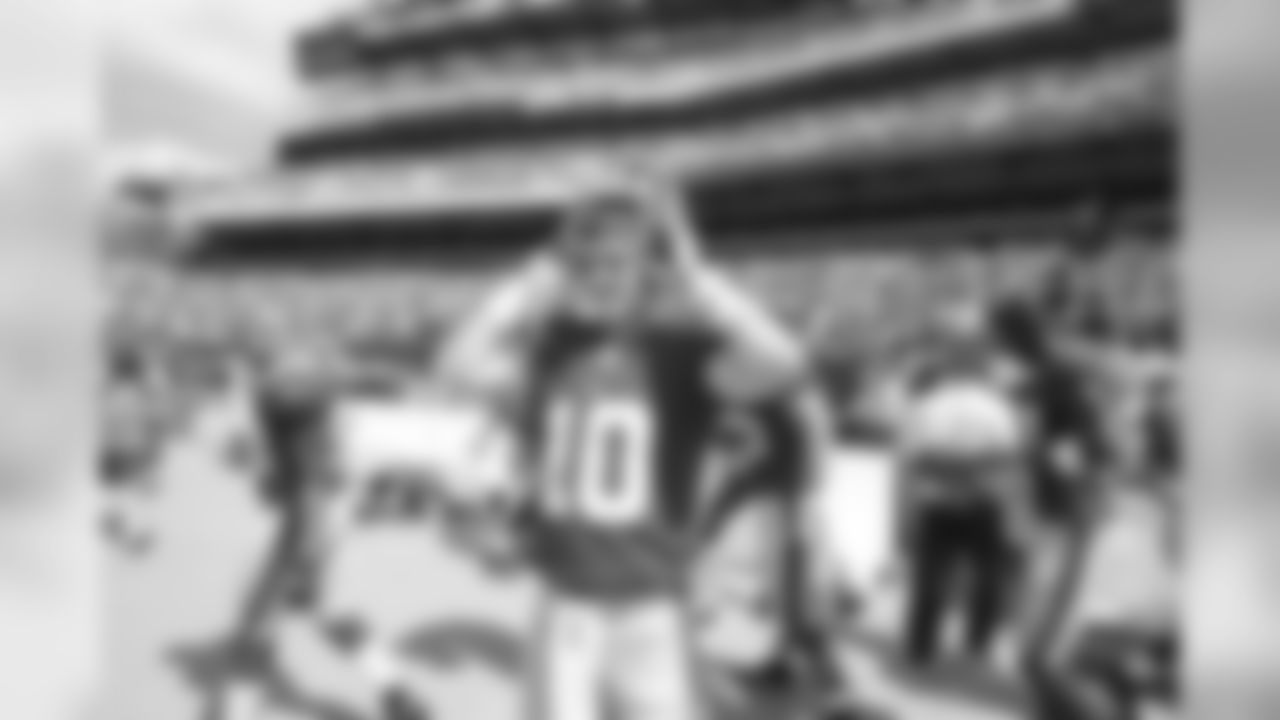

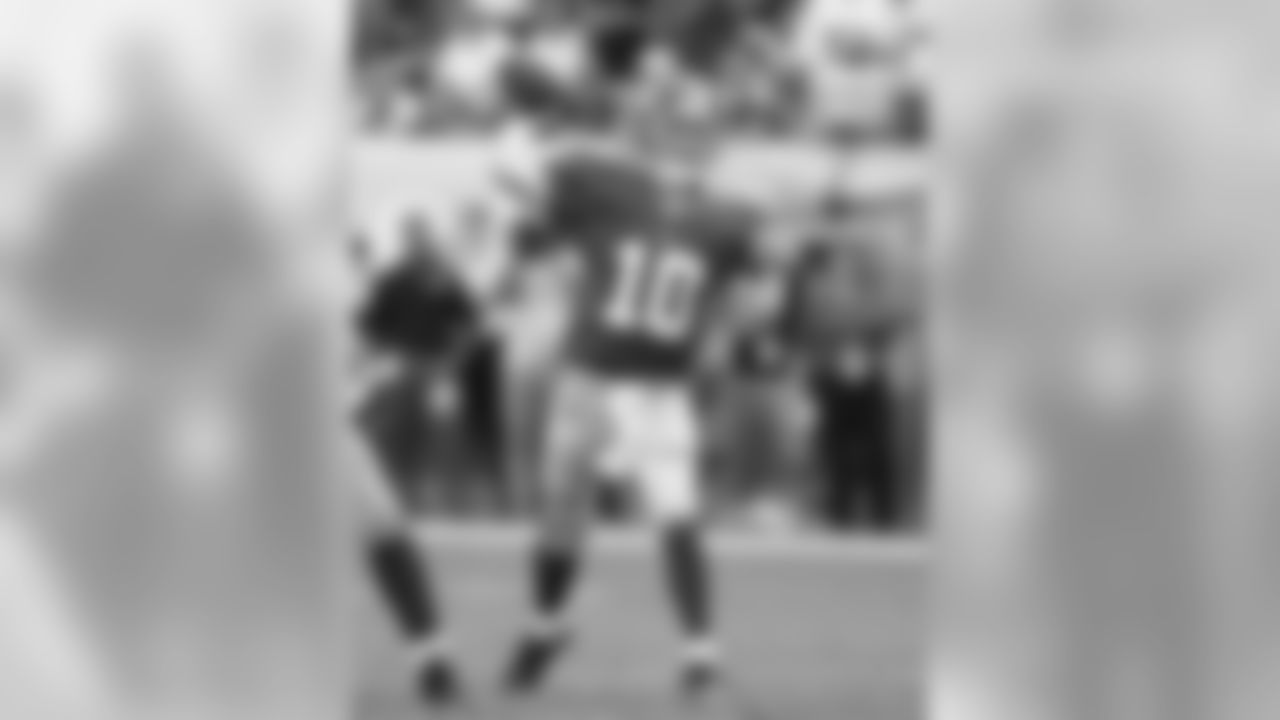

Eli Manning of the New York Giants during the Giants 21-20 loss to the San Diego Chargers on November 8, 2009 at Giants Stadium in East Rutherford, NJ
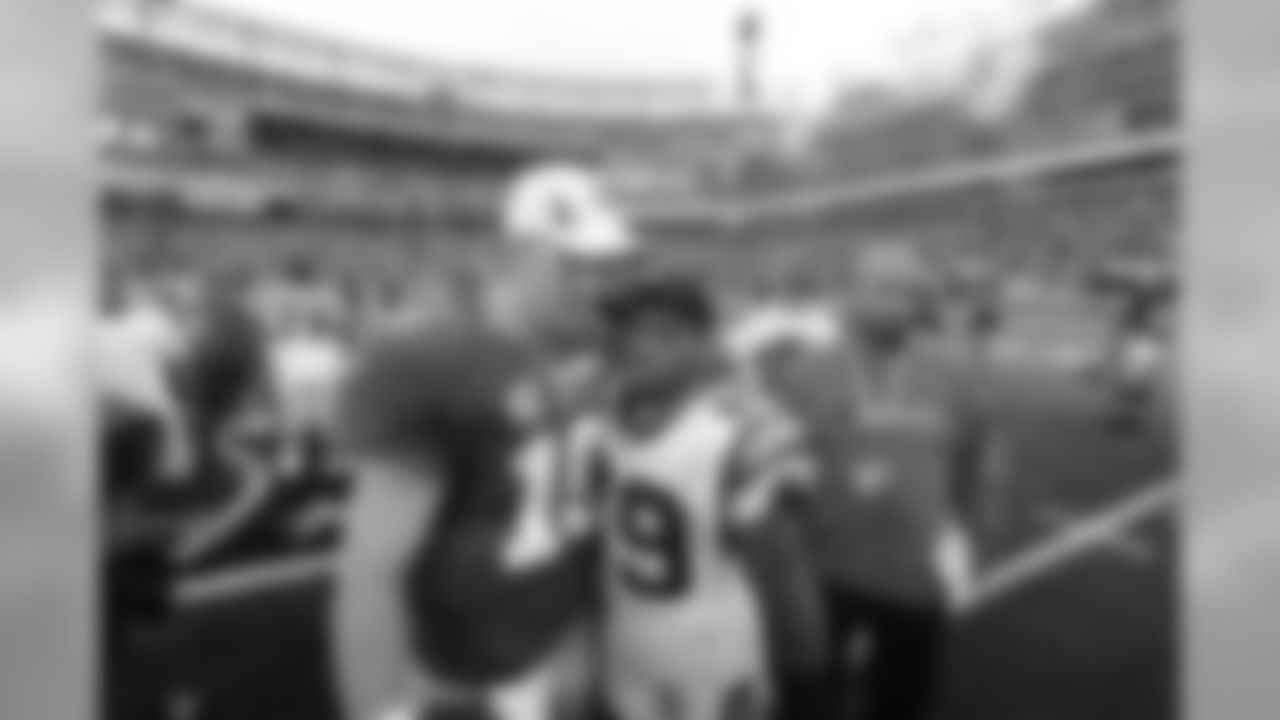
New York Giants against the Carolina Panthers in a week 1 NFL football game at the New Meadowlands Stadium in East Rutherford, New Jersey on Sunday September 12, 2010 (AP Photo/Evan Pinkus)


Eli Manning during the New York Giants 36-0 win over the Washington Redskins at Giants Stadium in East Rutherford, NJ on 10/30/2005. © 2005 Jim Turner
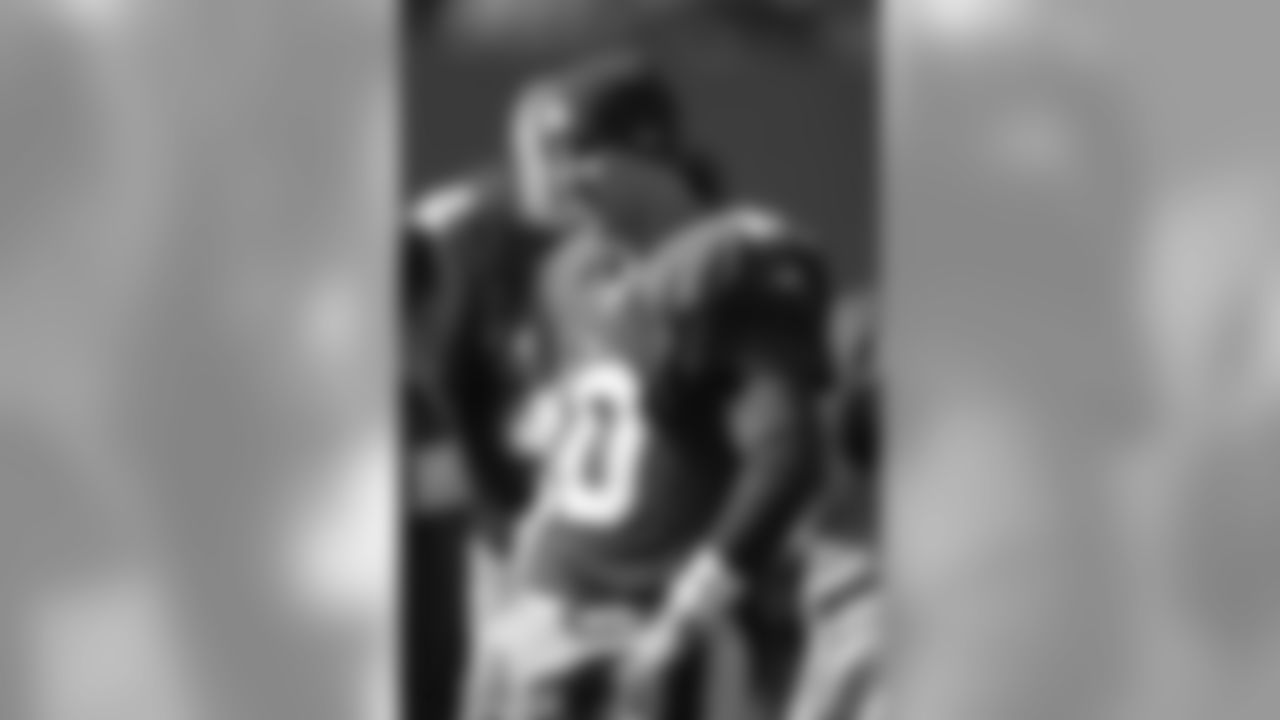
Eli Manning during the New York Giants 17-3 win over the Tampa Bay Buccaneers at Giants Stadium in East Rutherford, NJ on 10/29/2006.
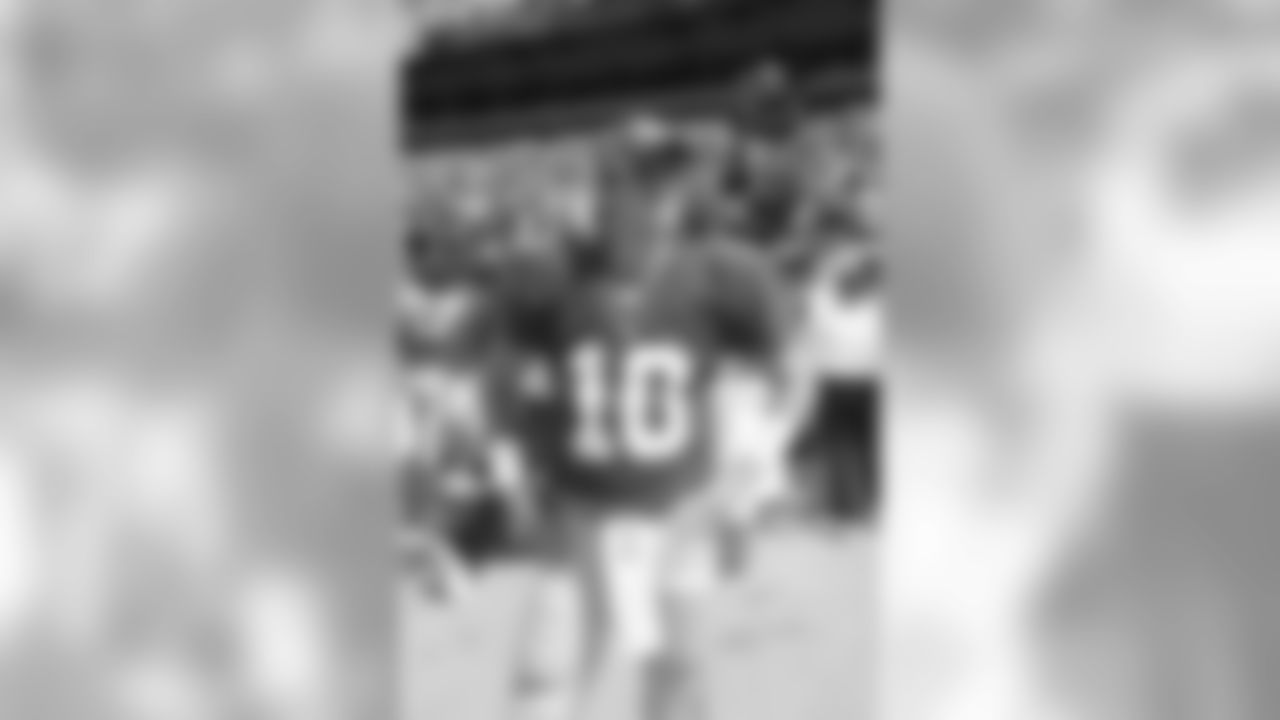
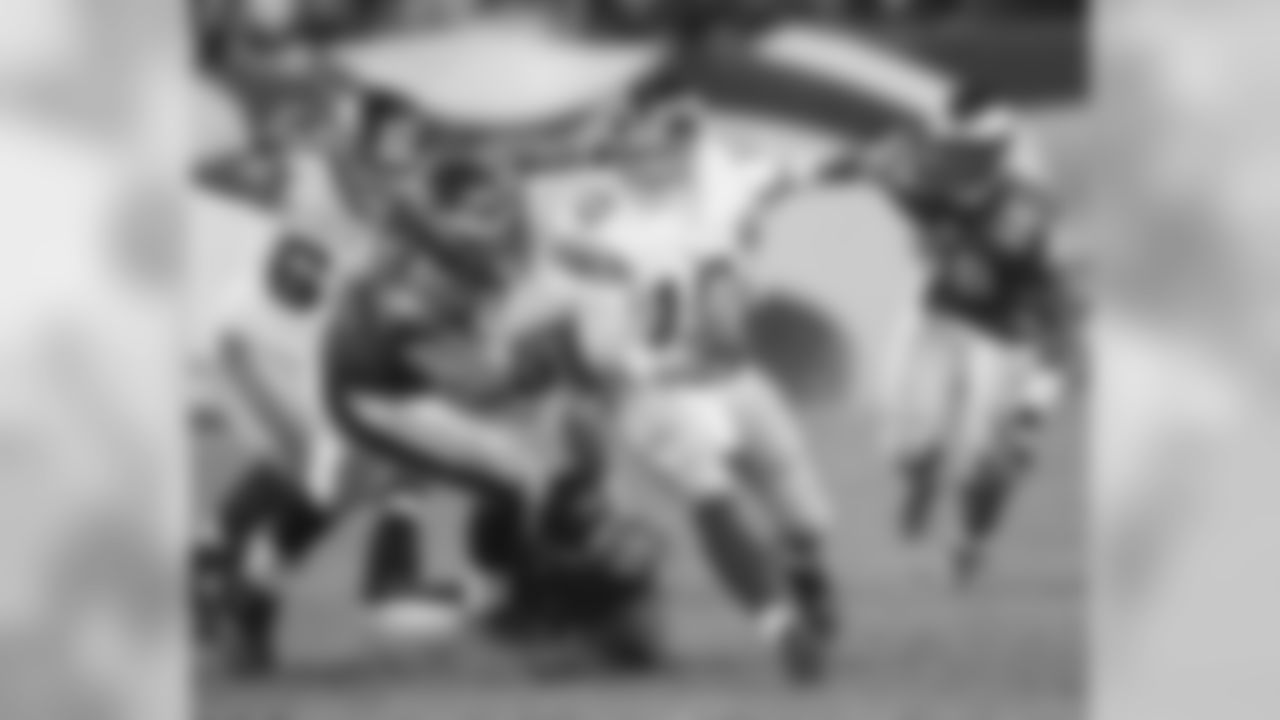
New York Giants quaterback Eli Manning in action against the Philadelphia Eagles in the NFC East wild card matchup at Lincoln Financial Field in Philadelphia, PA. The Eagles beat the Giants 23-20.
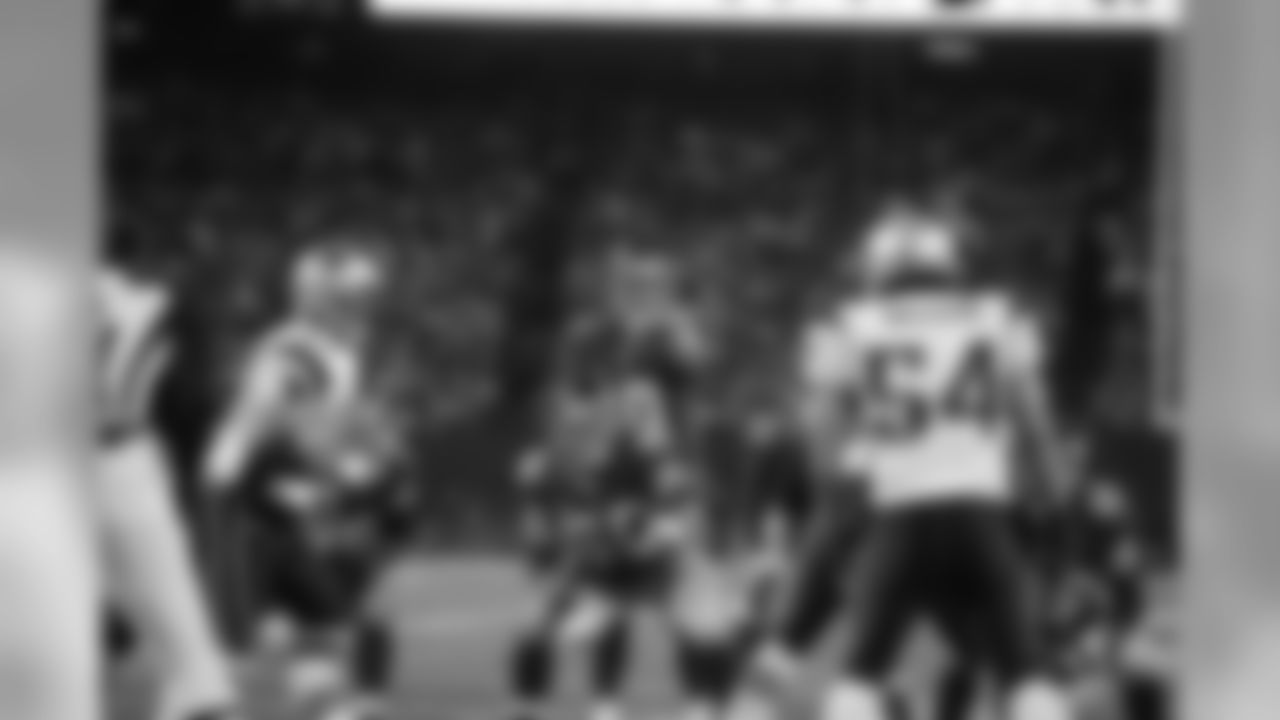
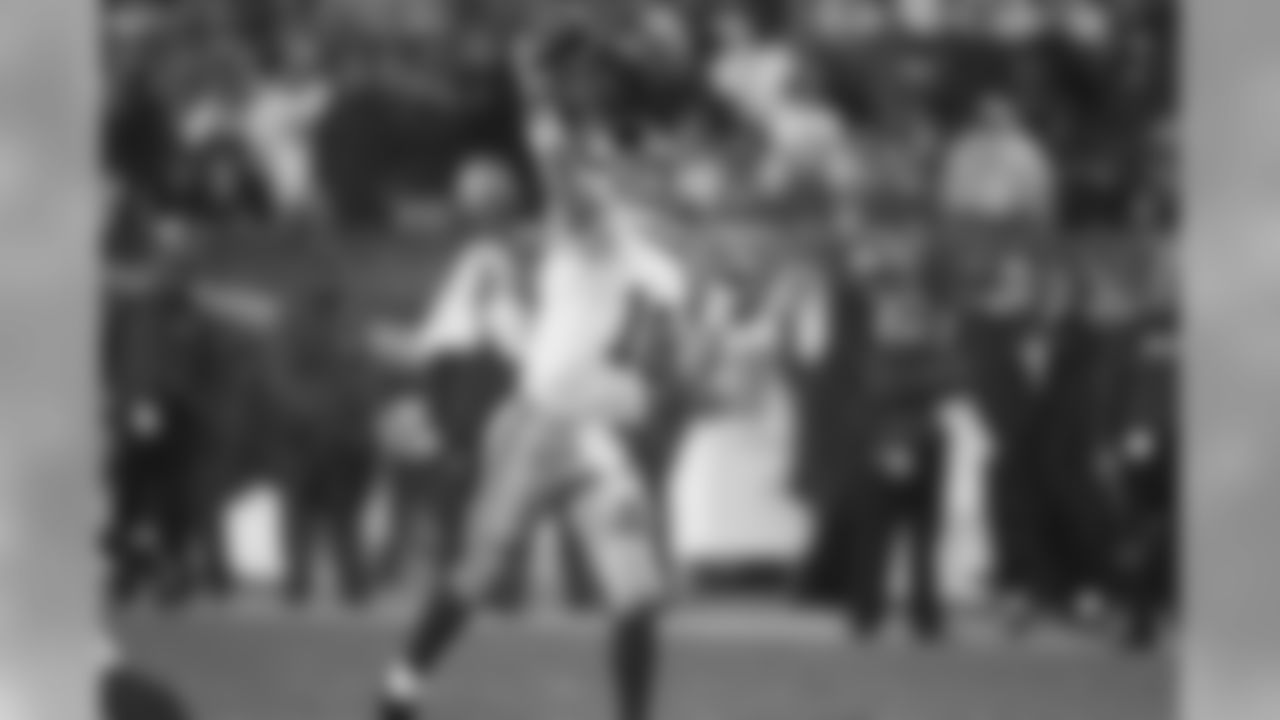
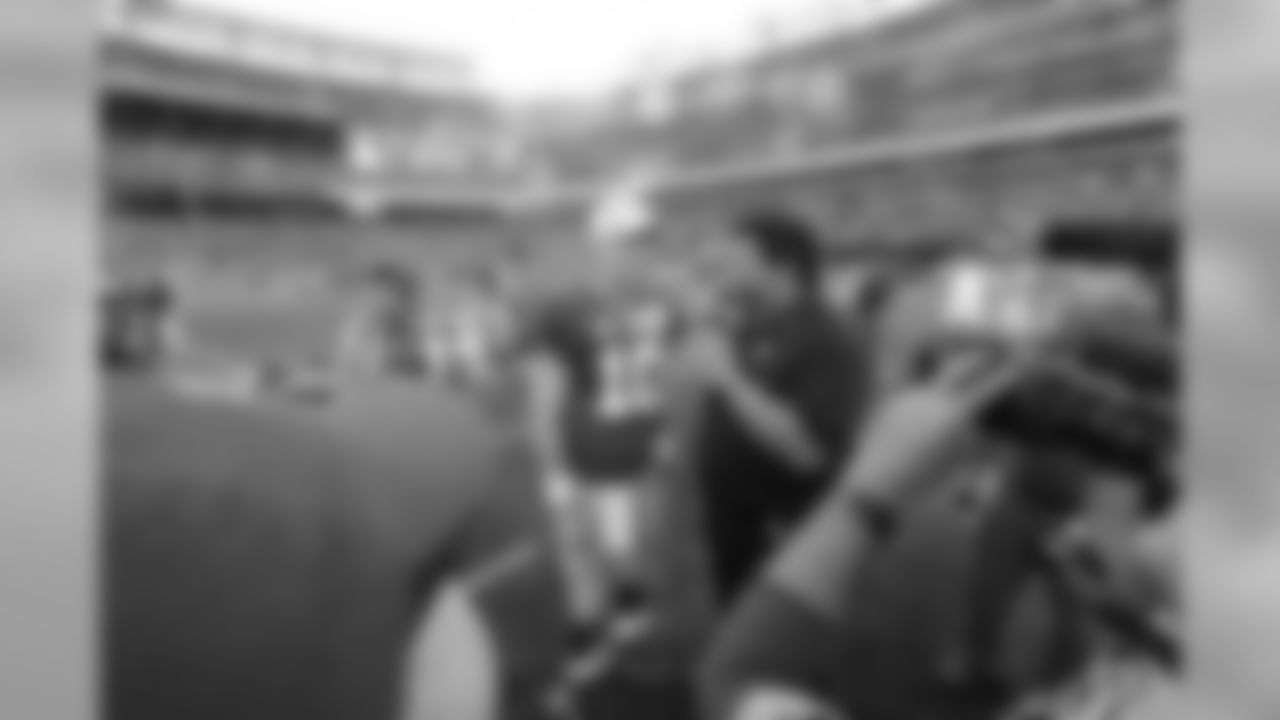
New York Giants against the Carolina Panthers in a week 1 NFL football game at the New Meadowlands Stadium in East Rutherford, New Jersey on Sunday September 12, 2010 (AP Photo/Evan Pinkus)
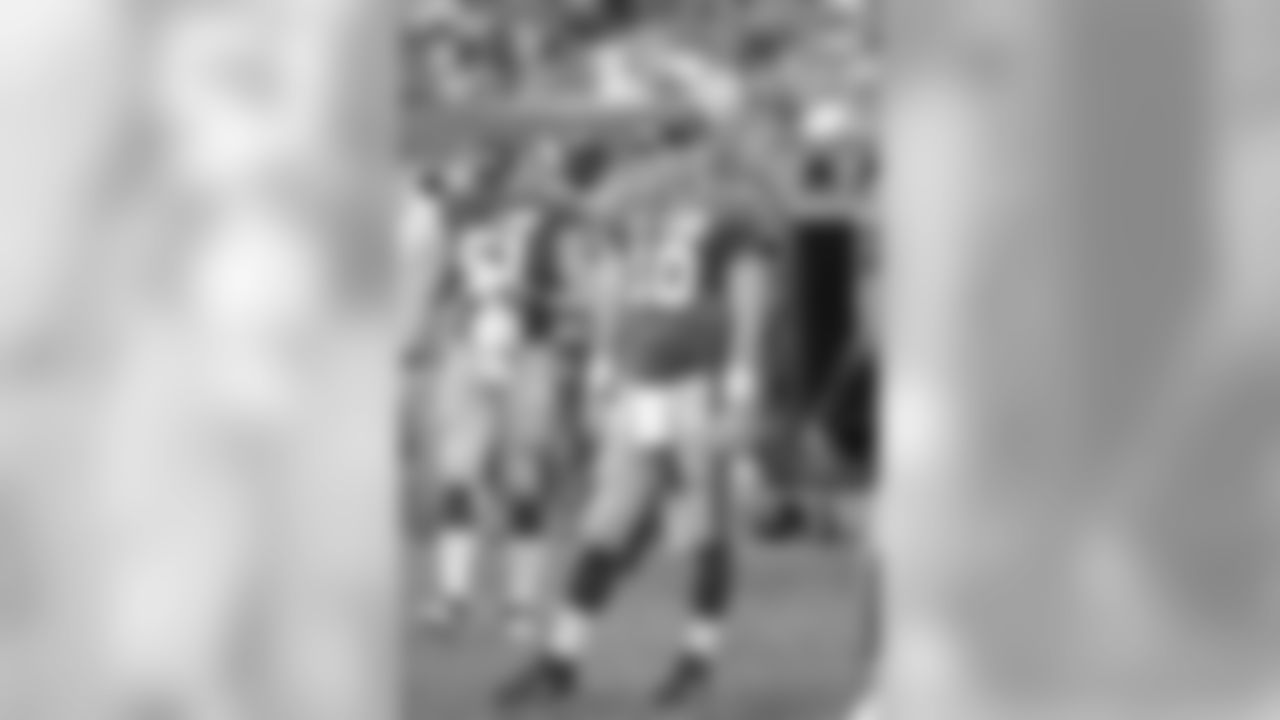
New York Giants against the Carolina Panthers in a week 1 NFL football game at the New Meadowlands Stadium in East Rutherford, New Jersey on Sunday September 12, 2010 (AP Photo/Evan Pinkus)

Eli Manning during the New York Giants 35-15 win over the San Francisco 49ers at Giants Stadium in East Rutherford, NJ on 10/21/2007. © 2007 Jim Turner
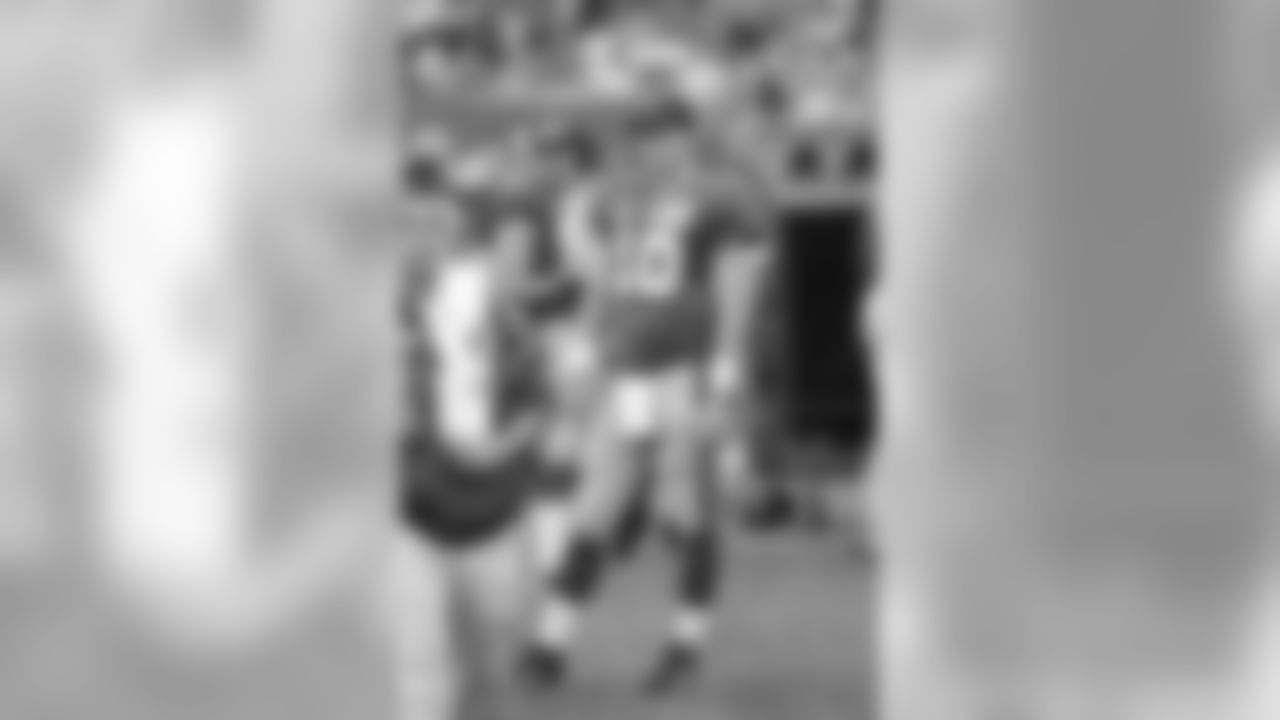
New York Giants against the Carolina Panthers in a week 1 NFL football game at the New Meadowlands Stadium in East Rutherford, New Jersey on Sunday September 12, 2010 (AP Photo/Evan Pinkus)

New York Jets against the Green Bay Packers in a week 8 NFL football game at the New Meadowlands Stadium in East Rutherford, New Jersey on Sunday October 31, 2010 (AP Photo/Evan Pinkus)
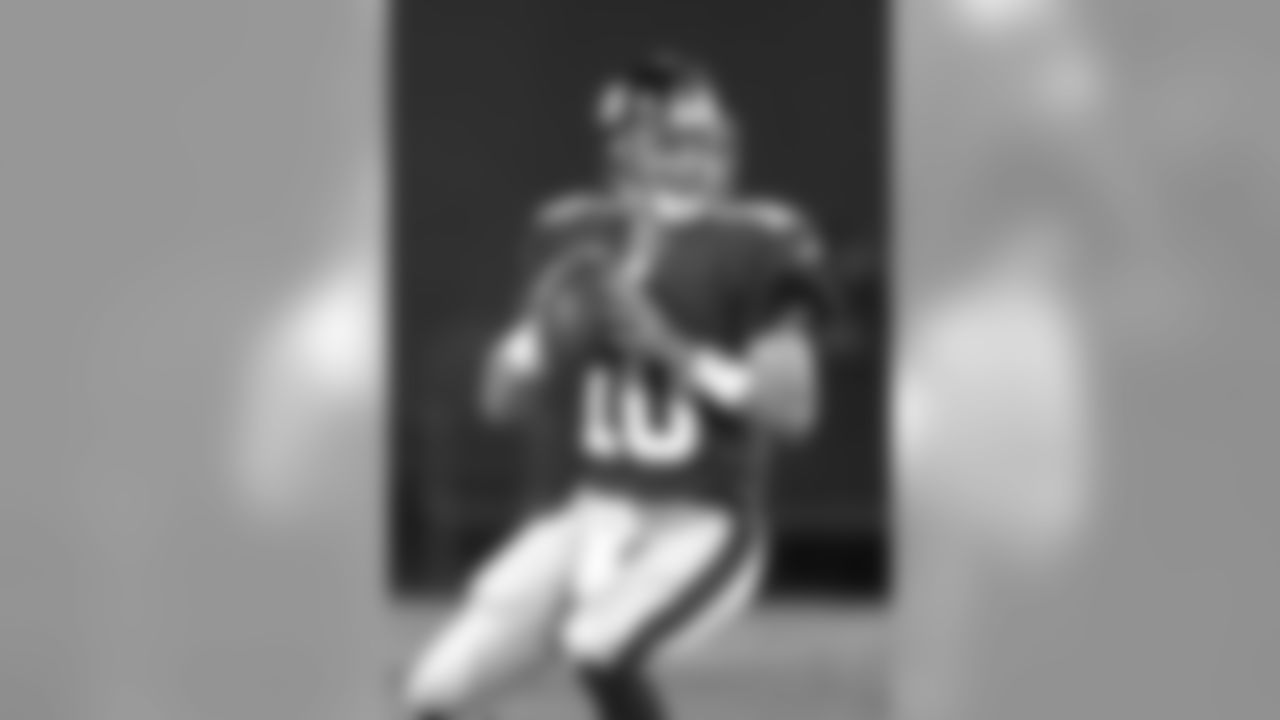
New York Giants quaterback Eli Manning in action against the New England Patriots. The Giants beat the Patriots 31-23 at the Meadowlands in East Rutherford,New Jersey
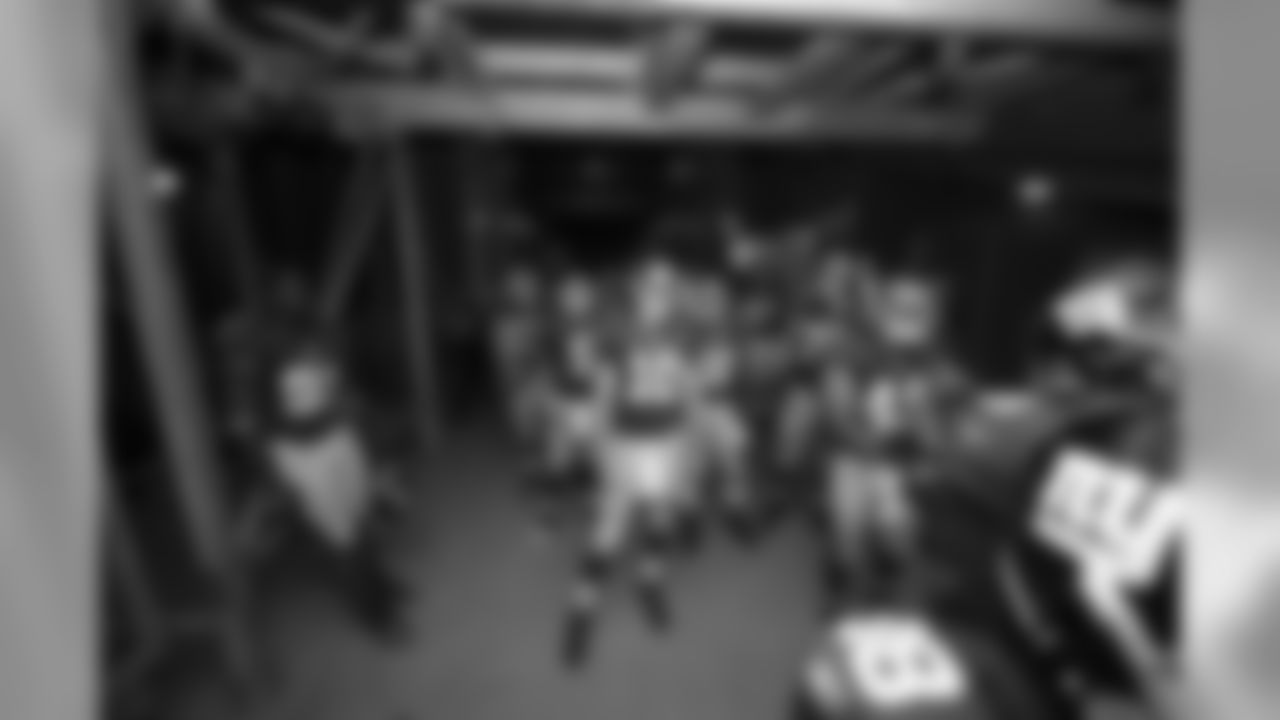
New York Giants against the New England Patriots in a preseason NFL football game at the New Meadowlands Stadium in East Rutherford, New Jersey on Thursday September 2, 2010 (AP Photo/Evan Pinkus)
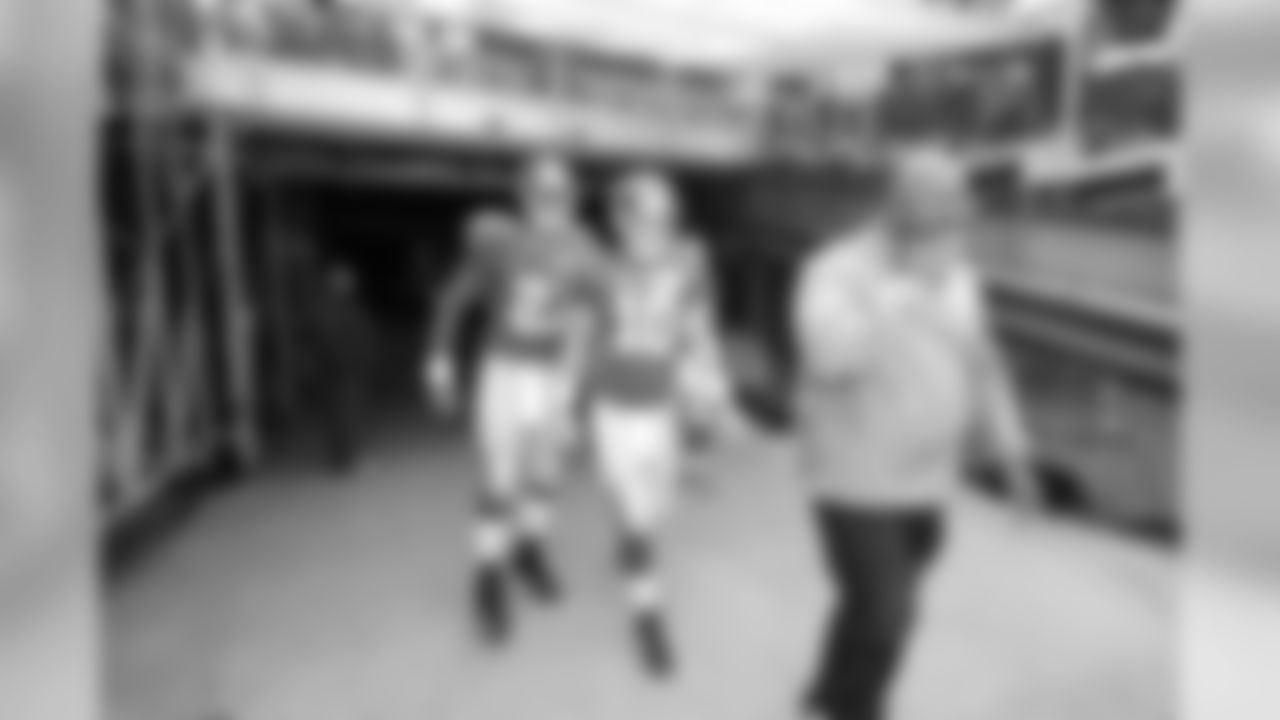
New York Jets against the Green Bay Packers in a week 8 NFL football game at the New Meadowlands Stadium in East Rutherford, New Jersey on Sunday October 31, 2010 (AP Photo/Evan Pinkus)


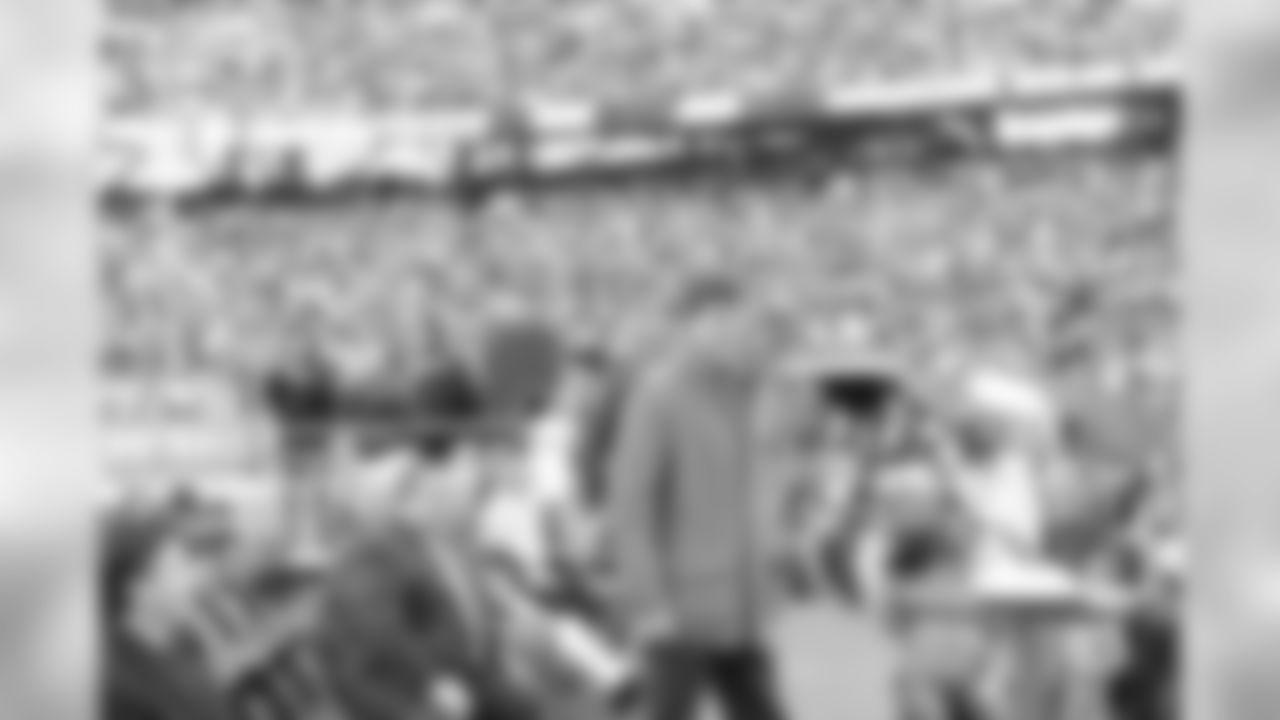

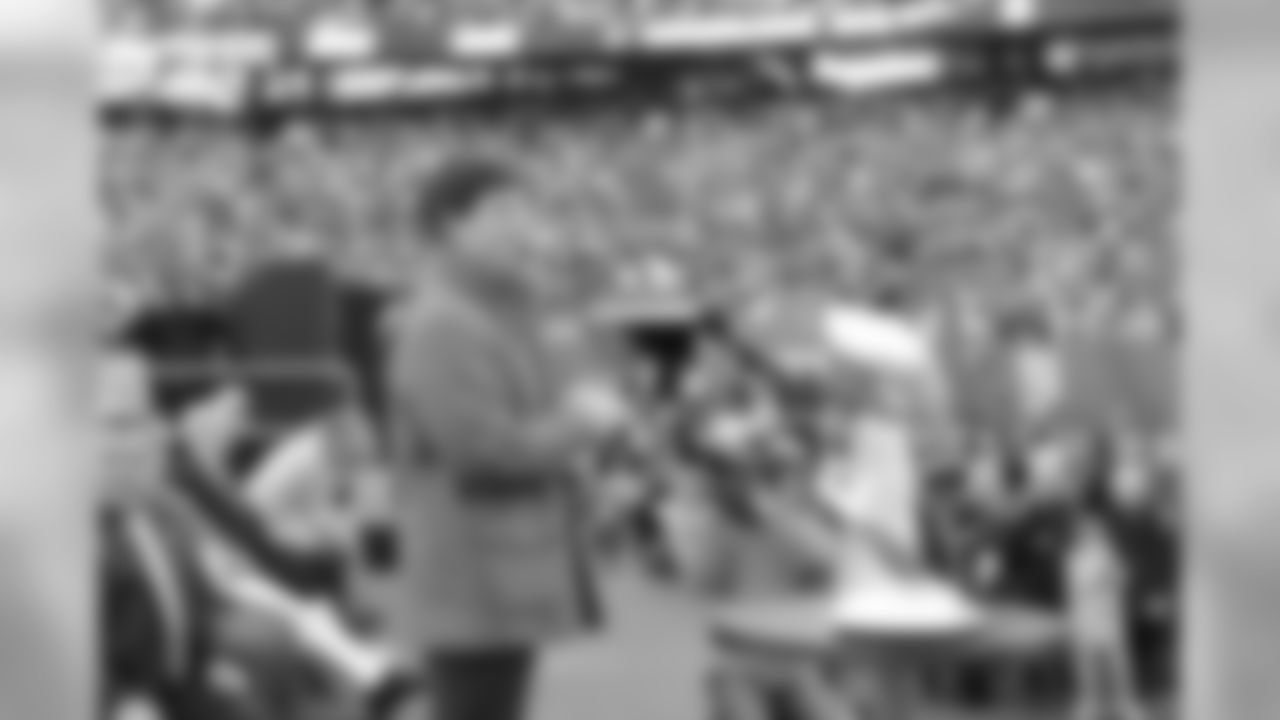



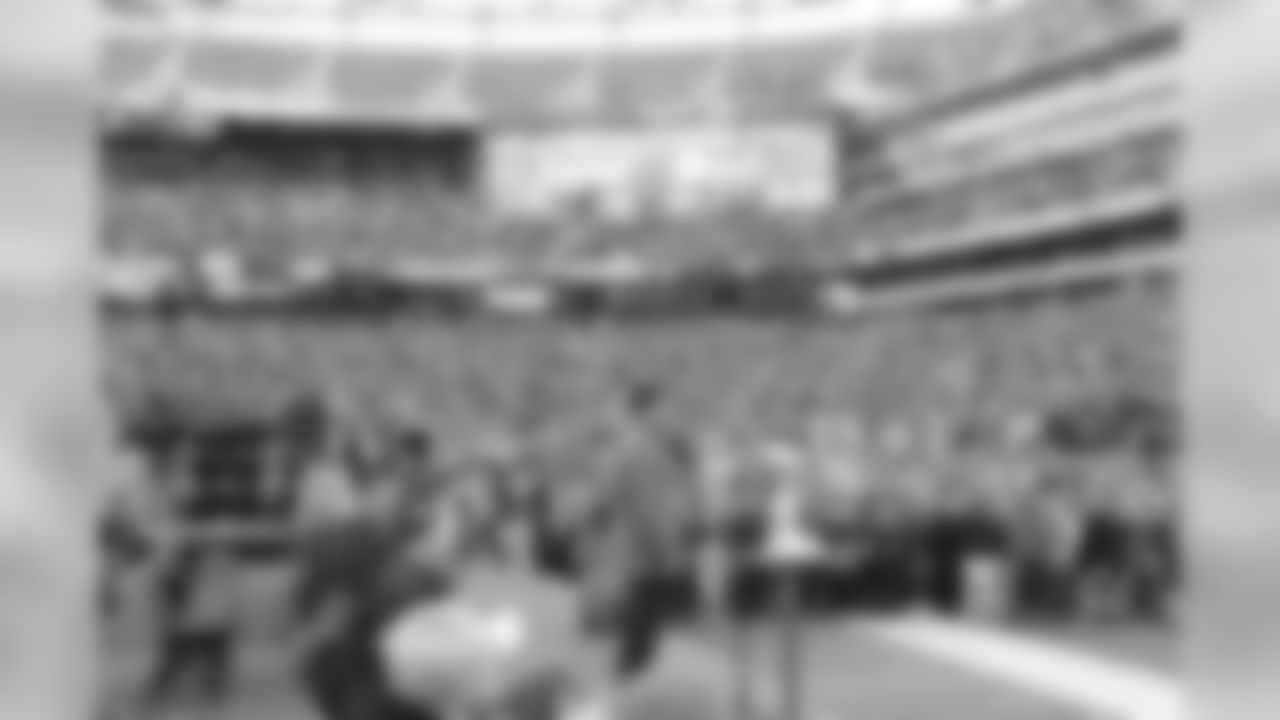


Eli Manning during the New York Giants 35-24 win over the New York Jets at Giants Stadium in East Rutherford, NJ on 10/7/2007.
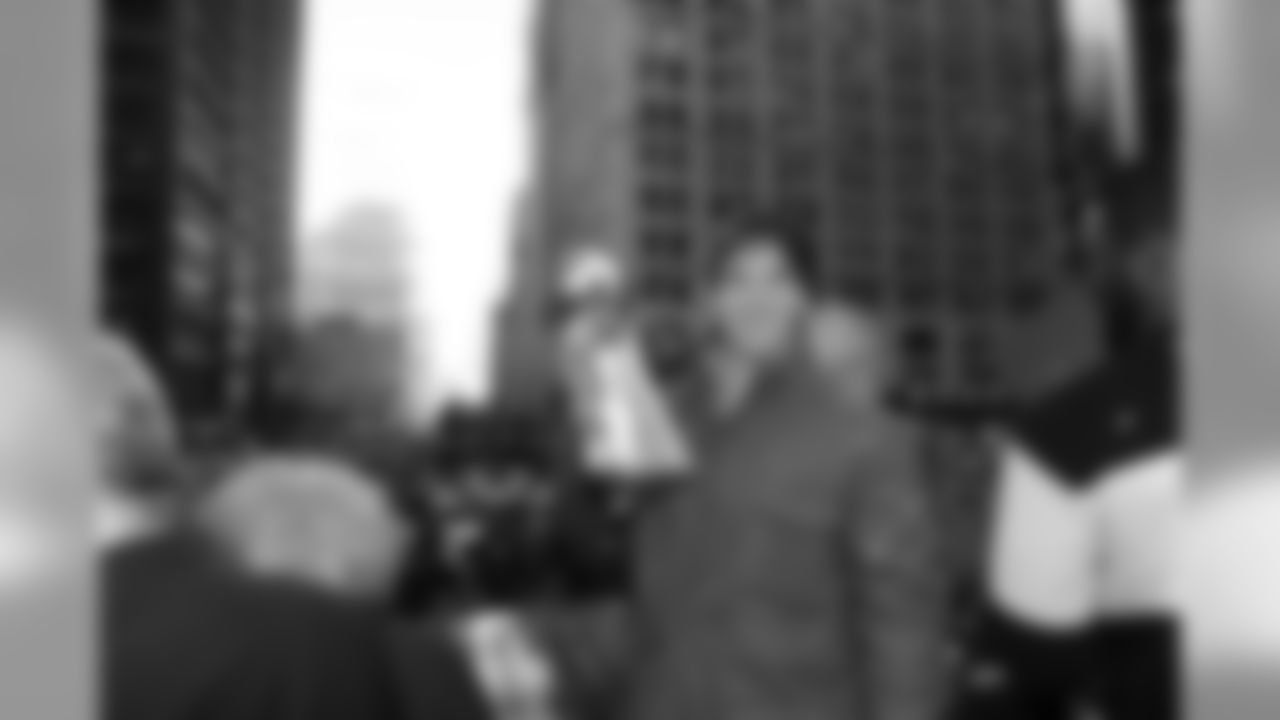



Eli Manning during the New York Giants 19-3 win over the Washington Redskins at Giants Stadium in East Rutherford, NJ on 10/8/2006.





Eli Manning during the New York Giants 35-24 win over the New York Jets at Giants Stadium in East Rutherford, NJ on 10/7/2007. © 2007 Jim Turner


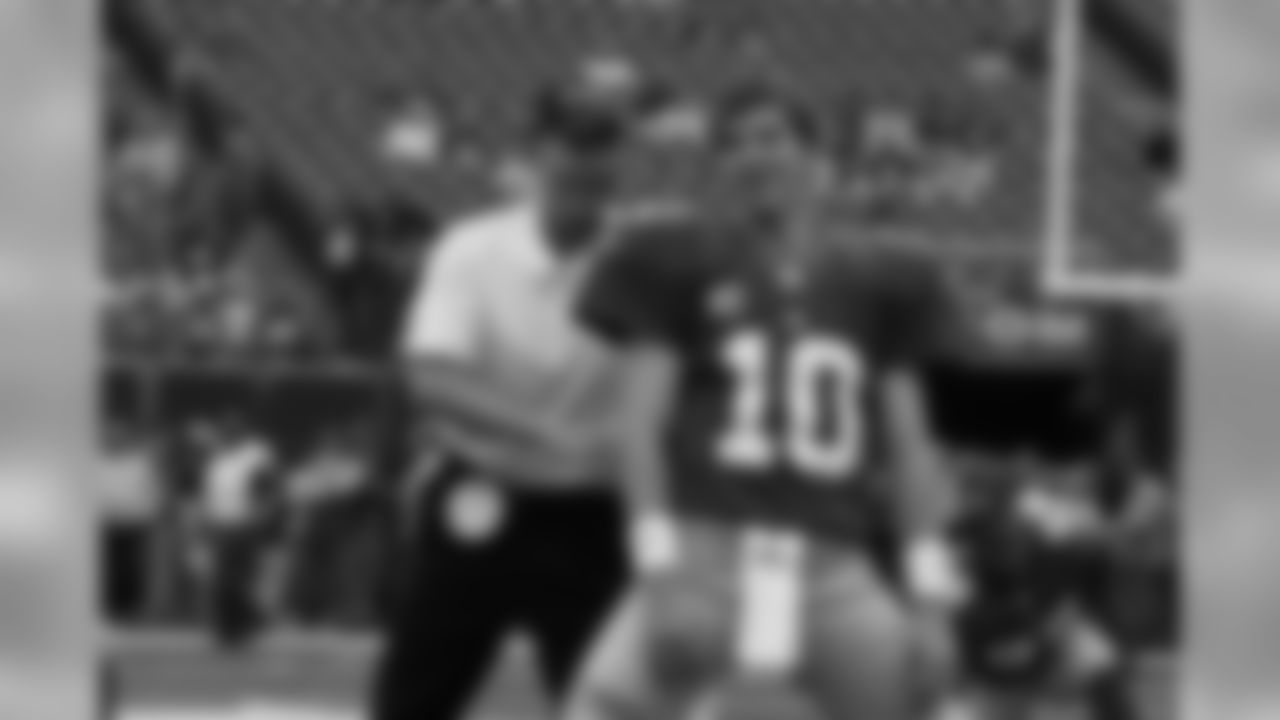
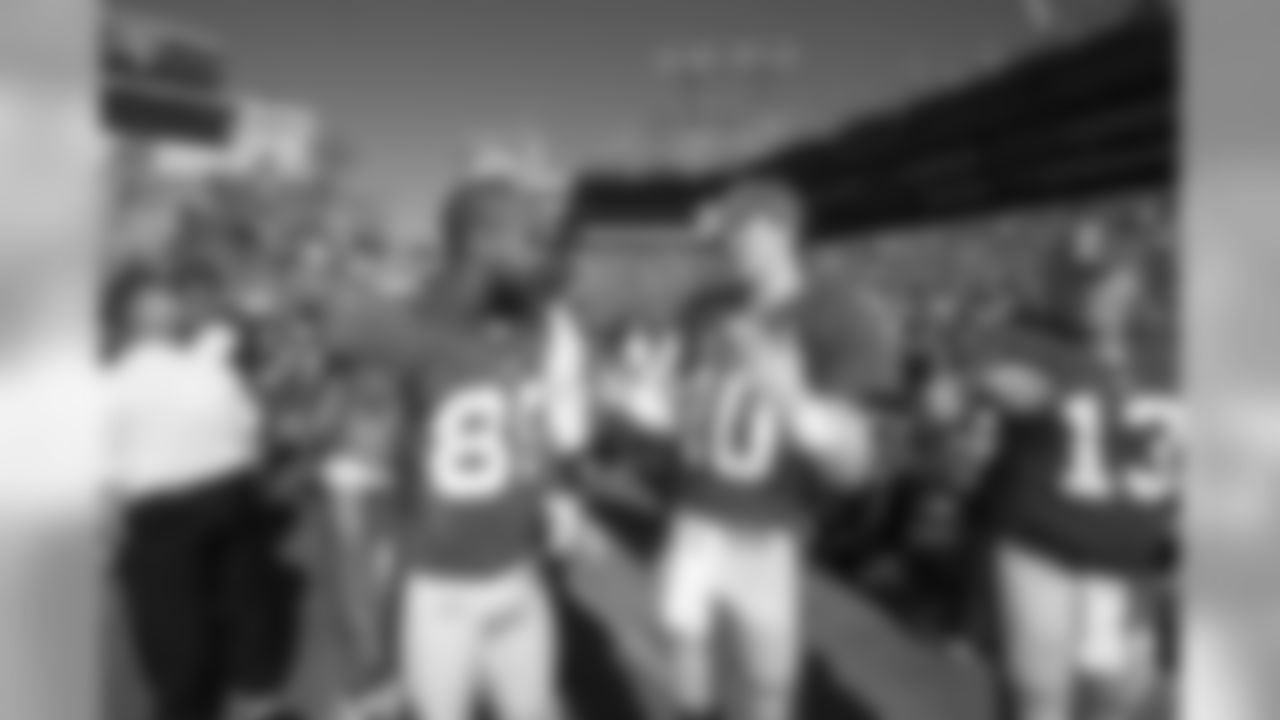
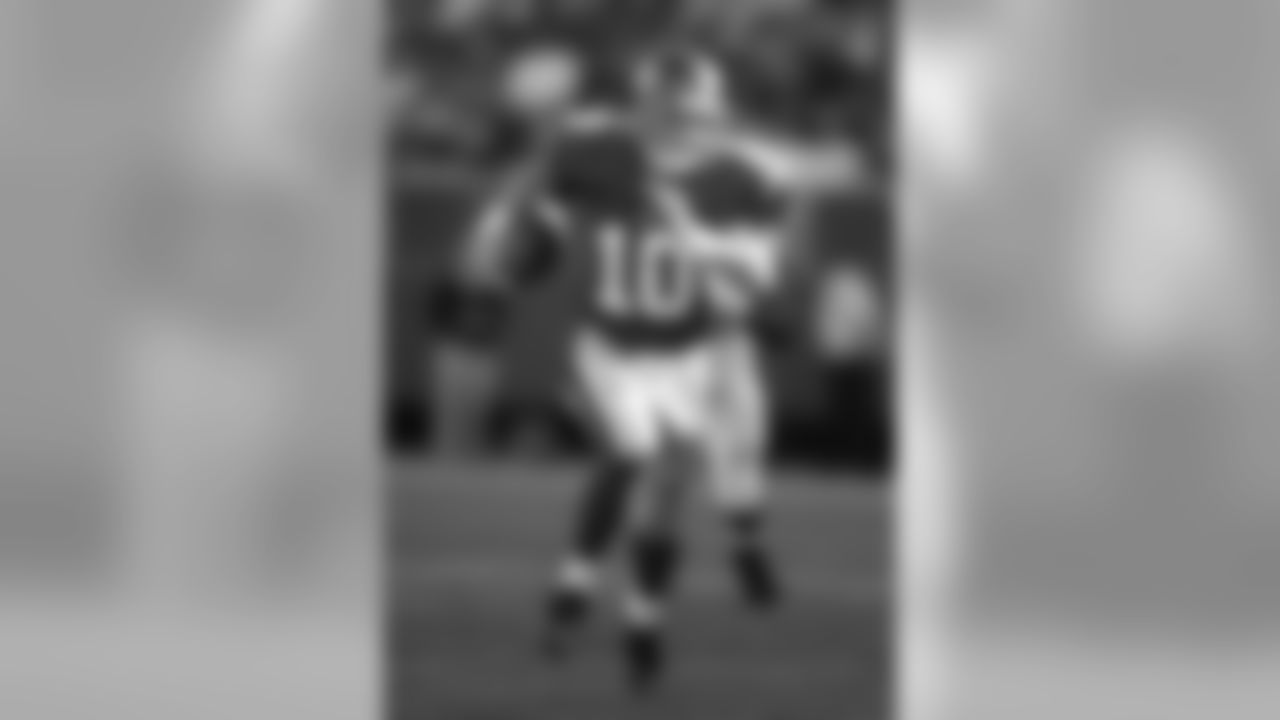
Eli Manning during the New York Giants 19-3 win over the Washington Redskins at Giants Stadium in East Rutherford, NJ on 10/8/2006. © 2006 Jim Turner
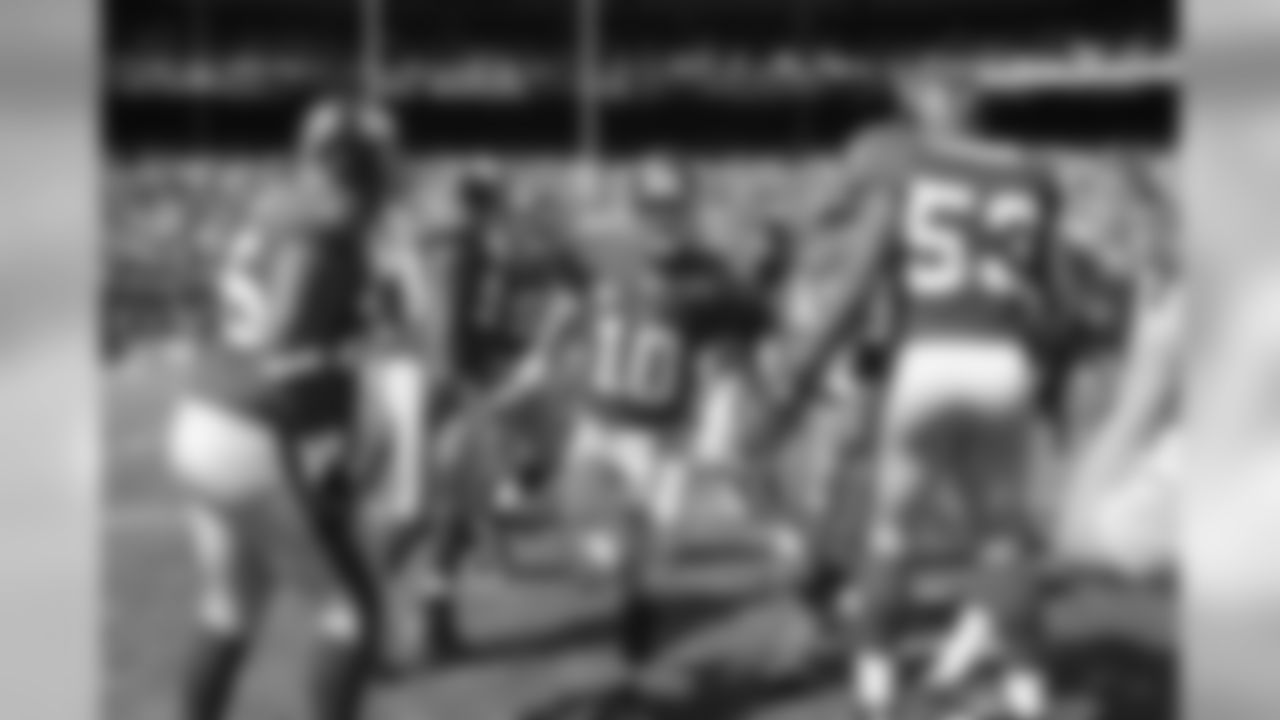


Eli Manning during the New York Giants 35-24 win over the New York Jets at Giants Stadium in East Rutherford, NJ on 10/7/2007. © 2007 Jim Turner

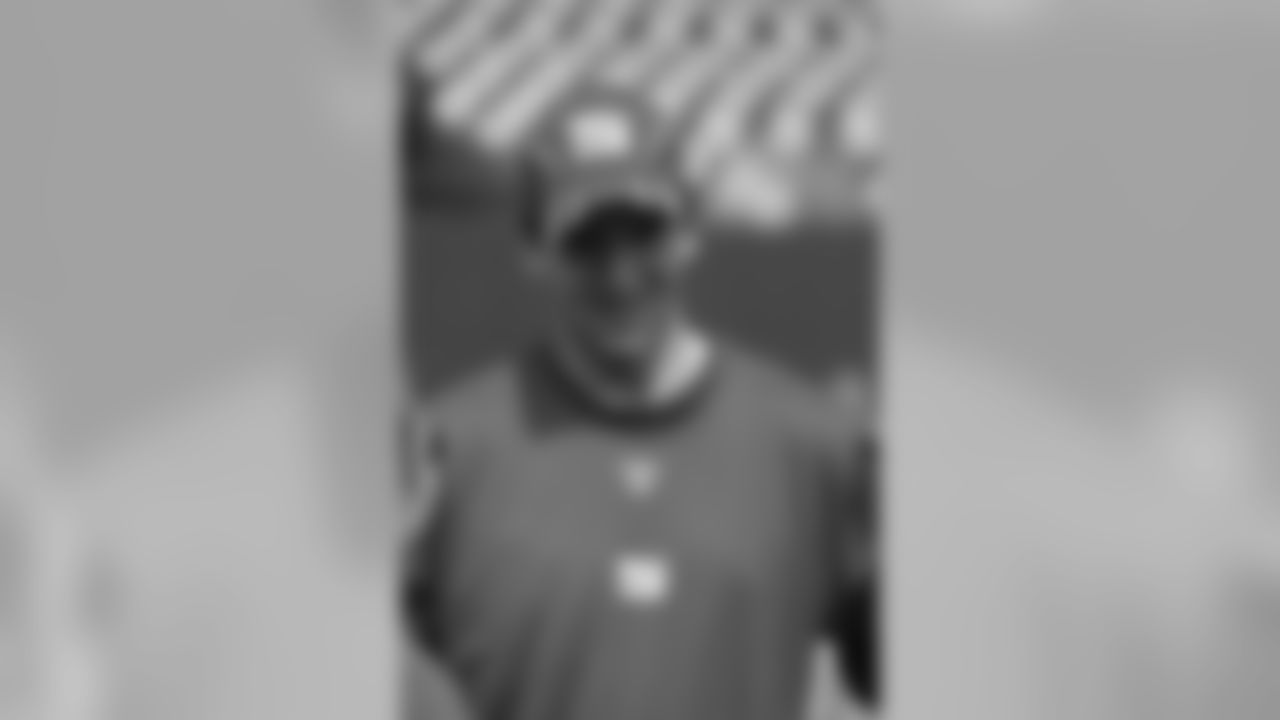
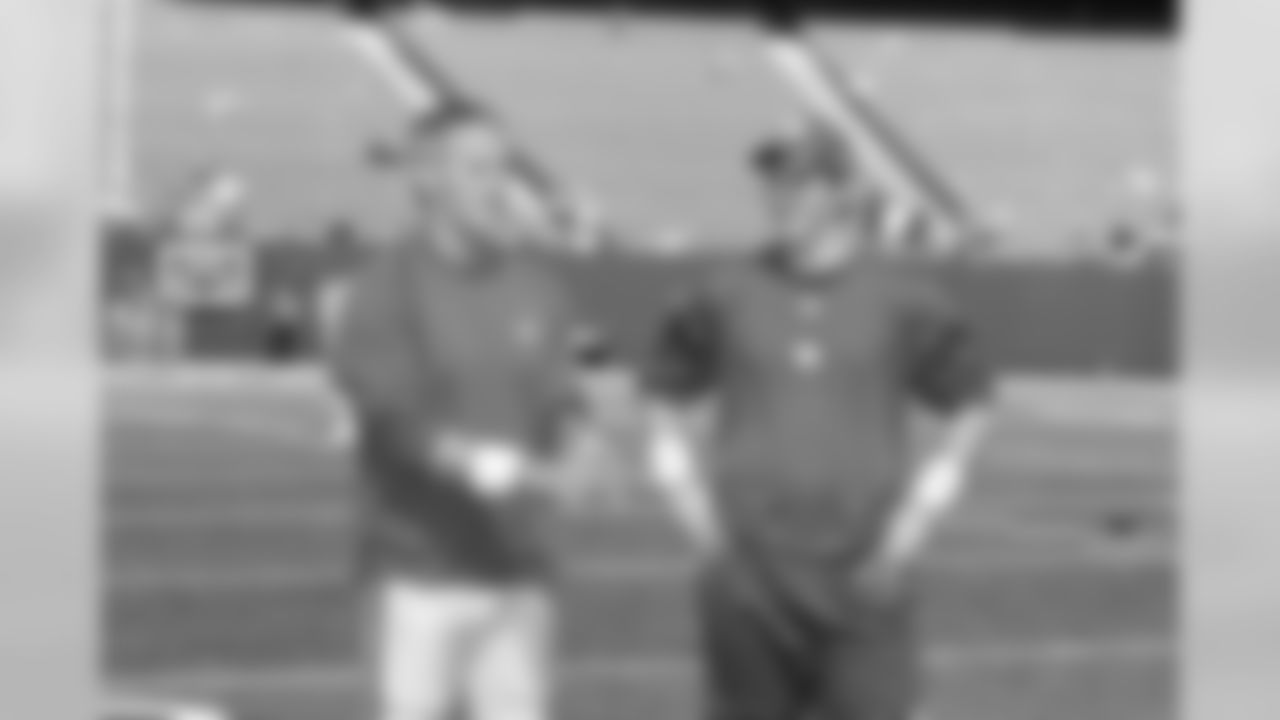
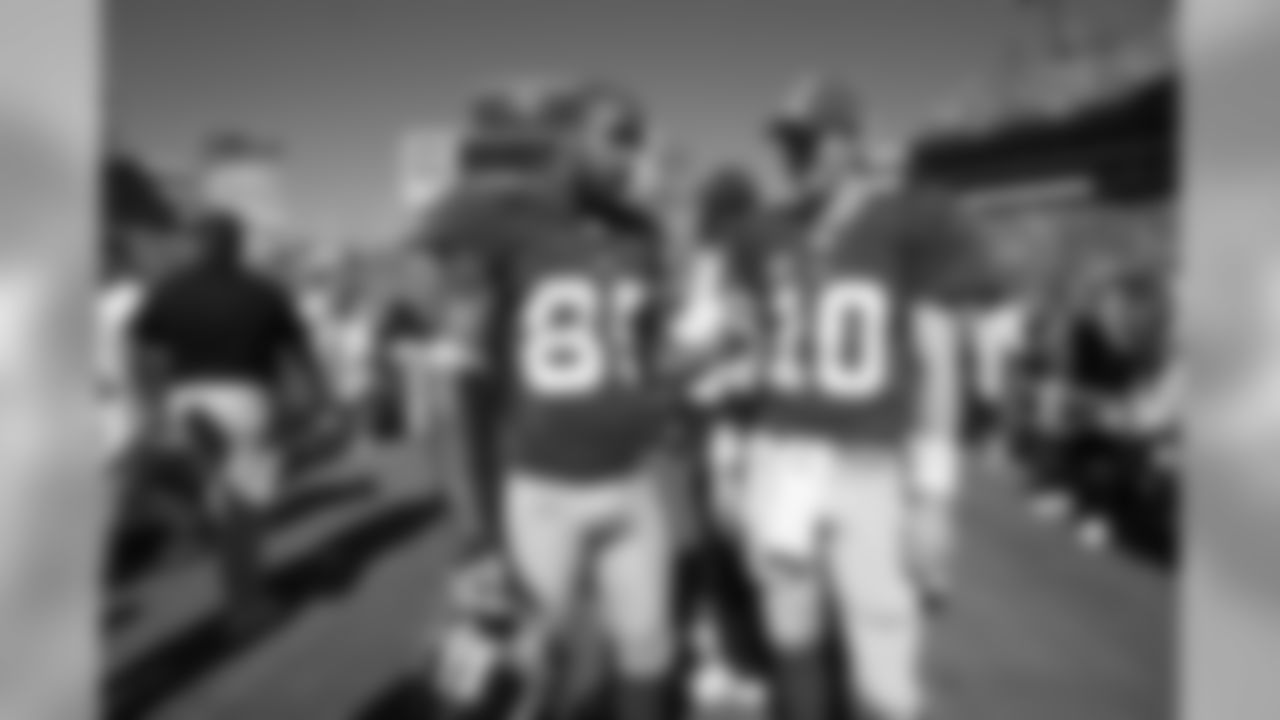

Jeremy Shockey& Eli Manning during the New York Giants 35-24 win over the New York Jets at Giants Stadium in East Rutherford, NJ on 10/7/2007. © 2007 Jim Turner
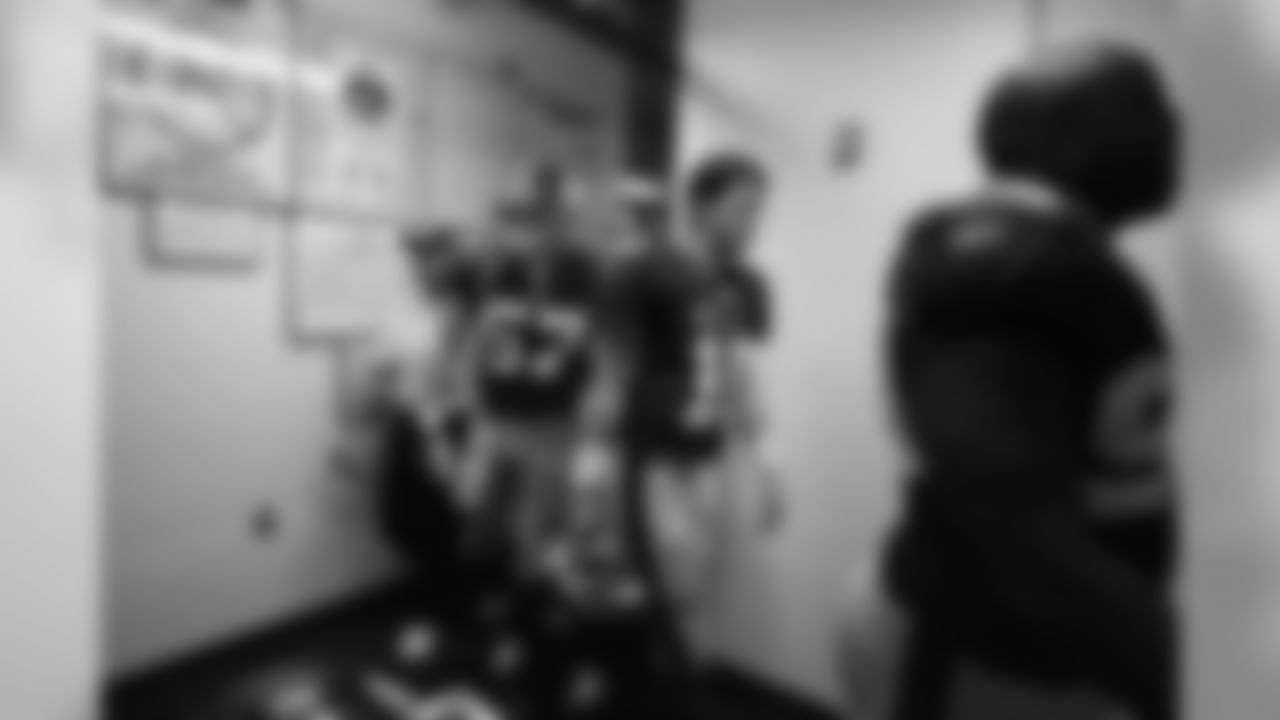
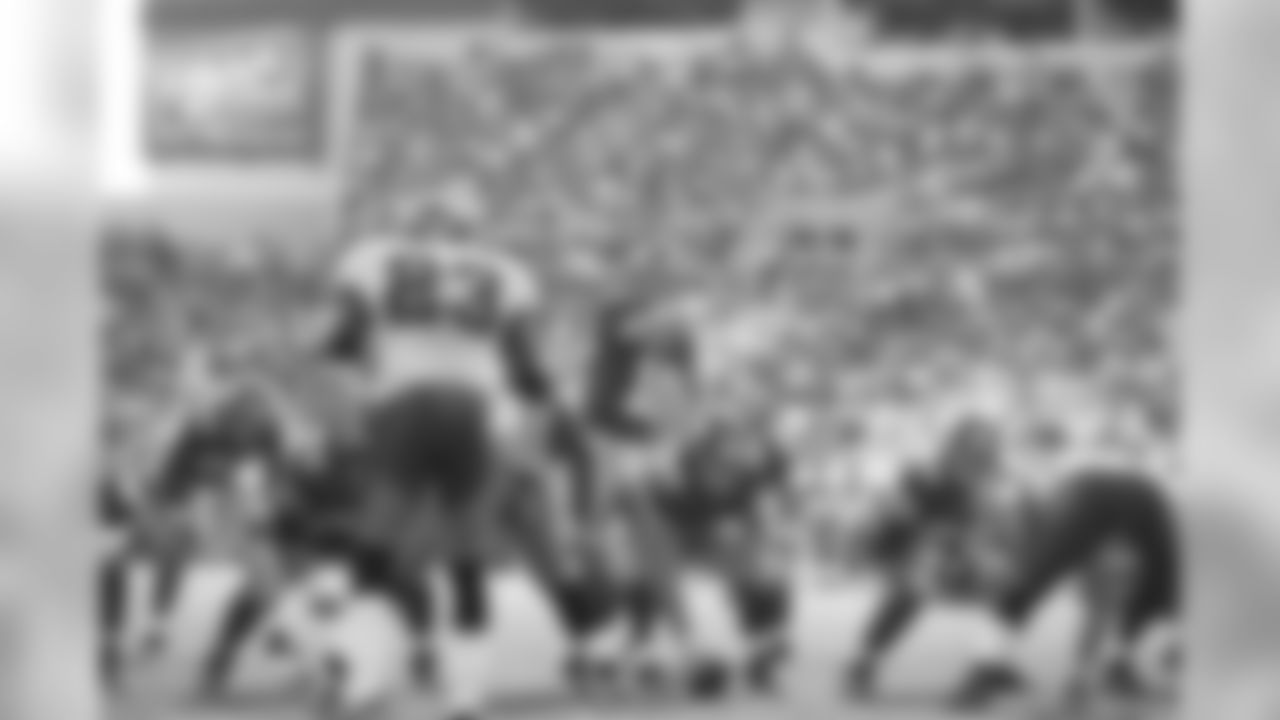
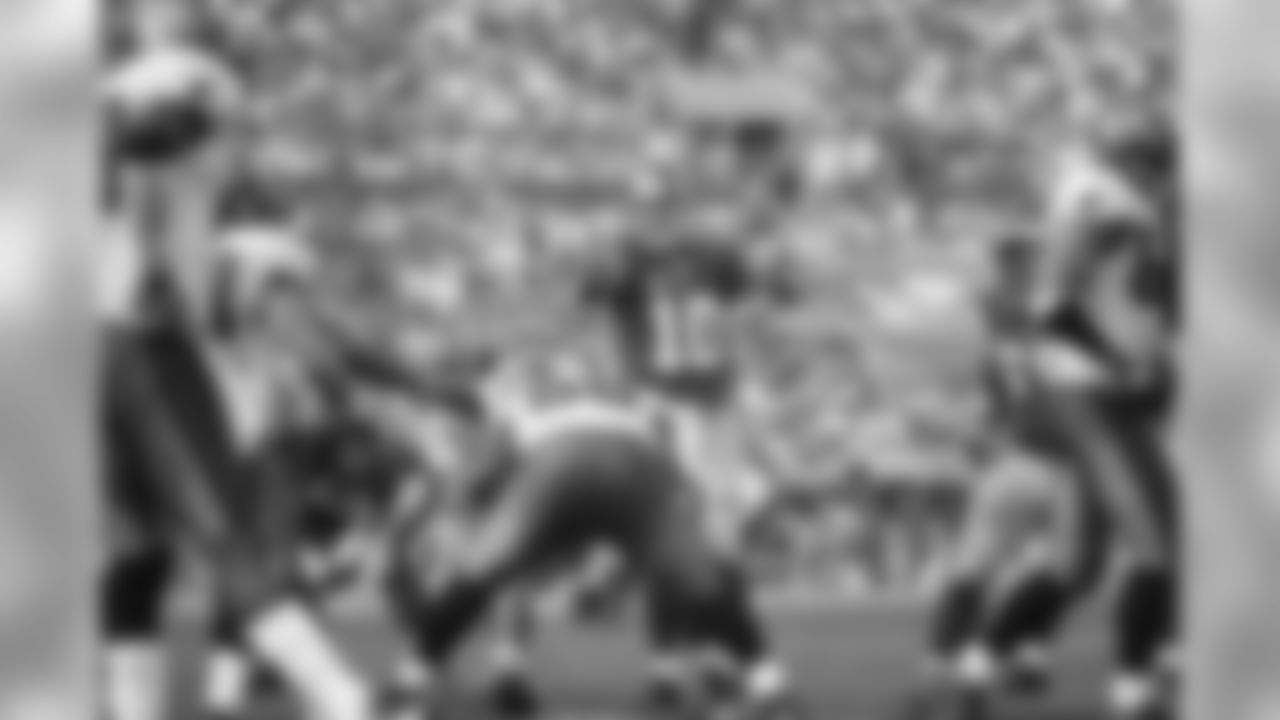
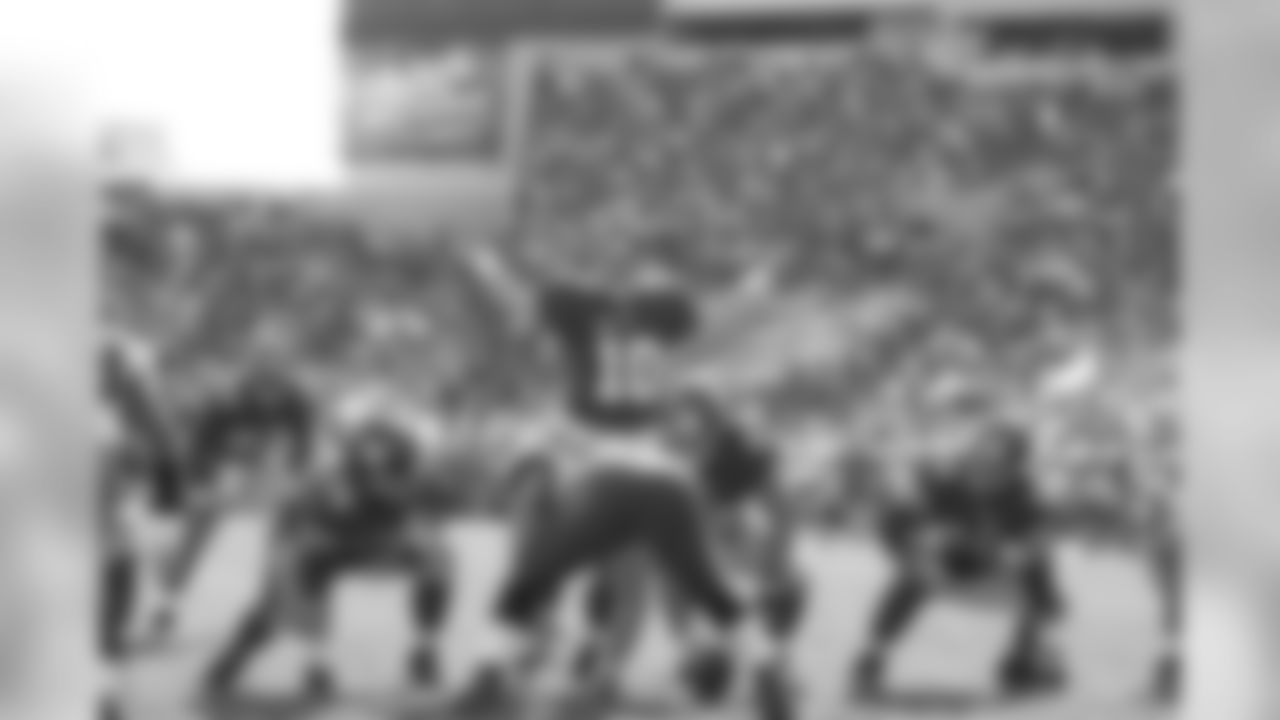

Eli Manning of the New York Giants during the Giants 44-6 victory over the Seattle Seahawks on October 5, 2008 at Giants Stadium in East Rutherford, NJ
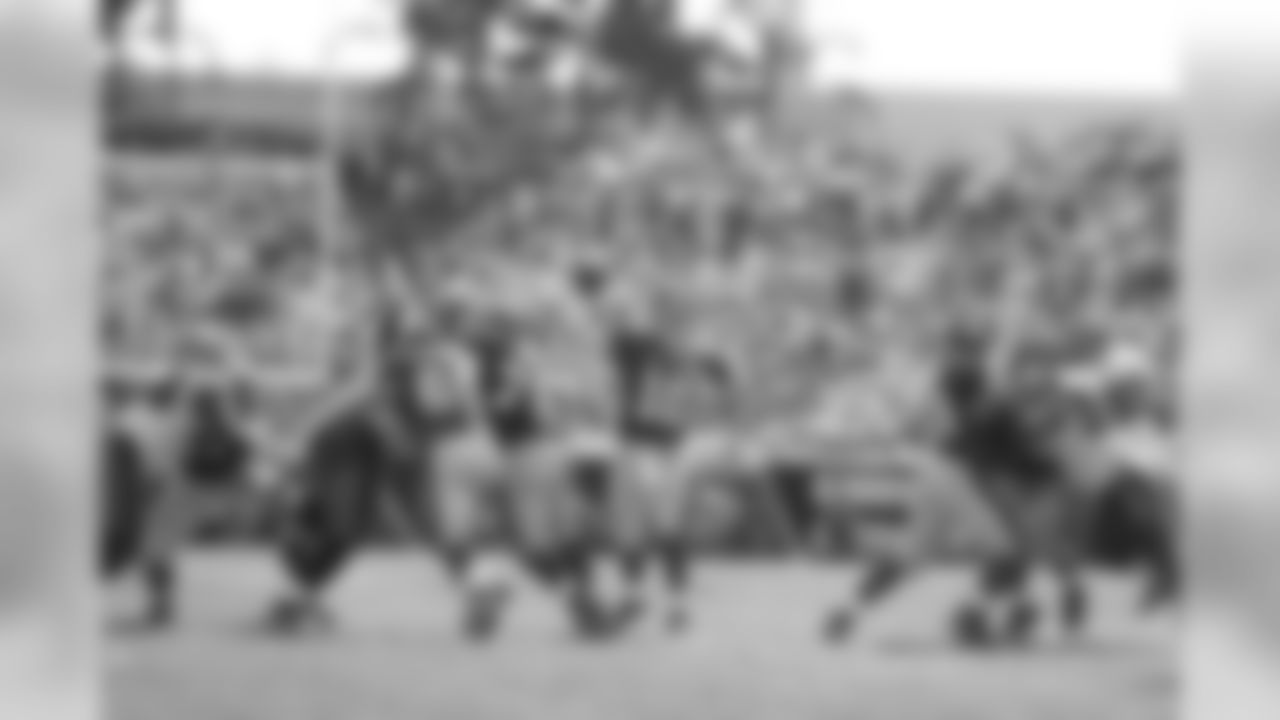
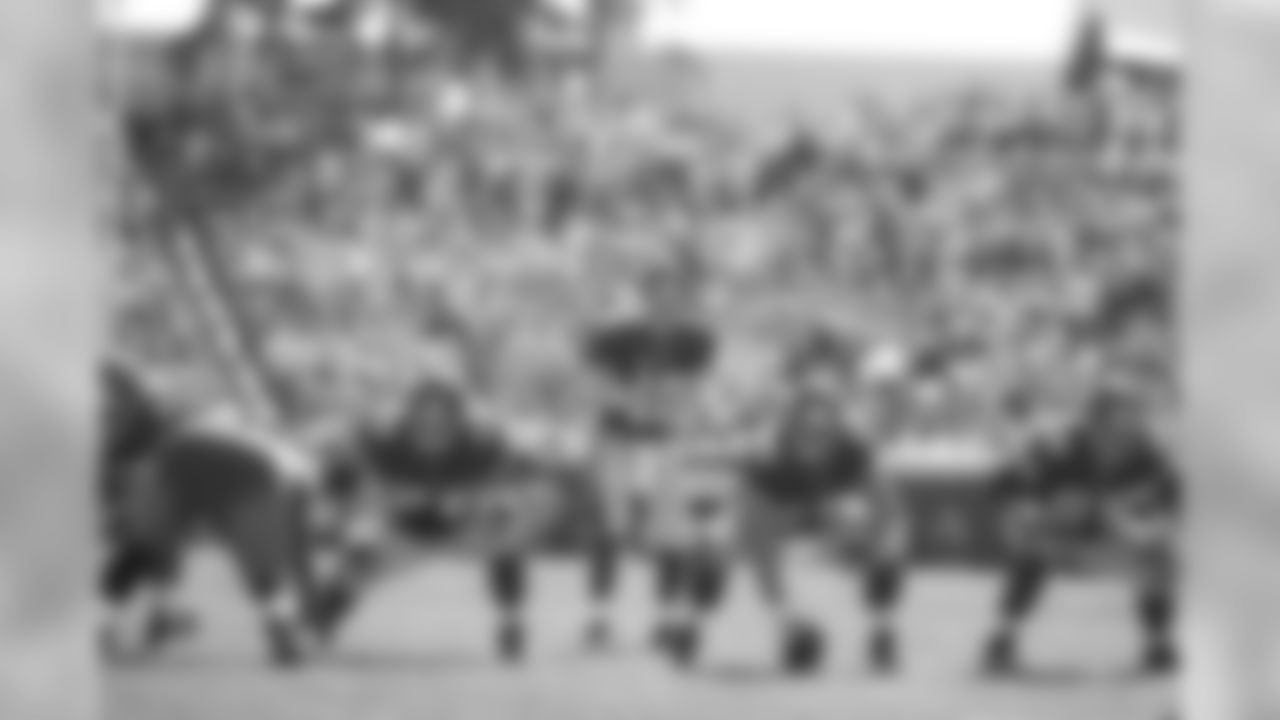


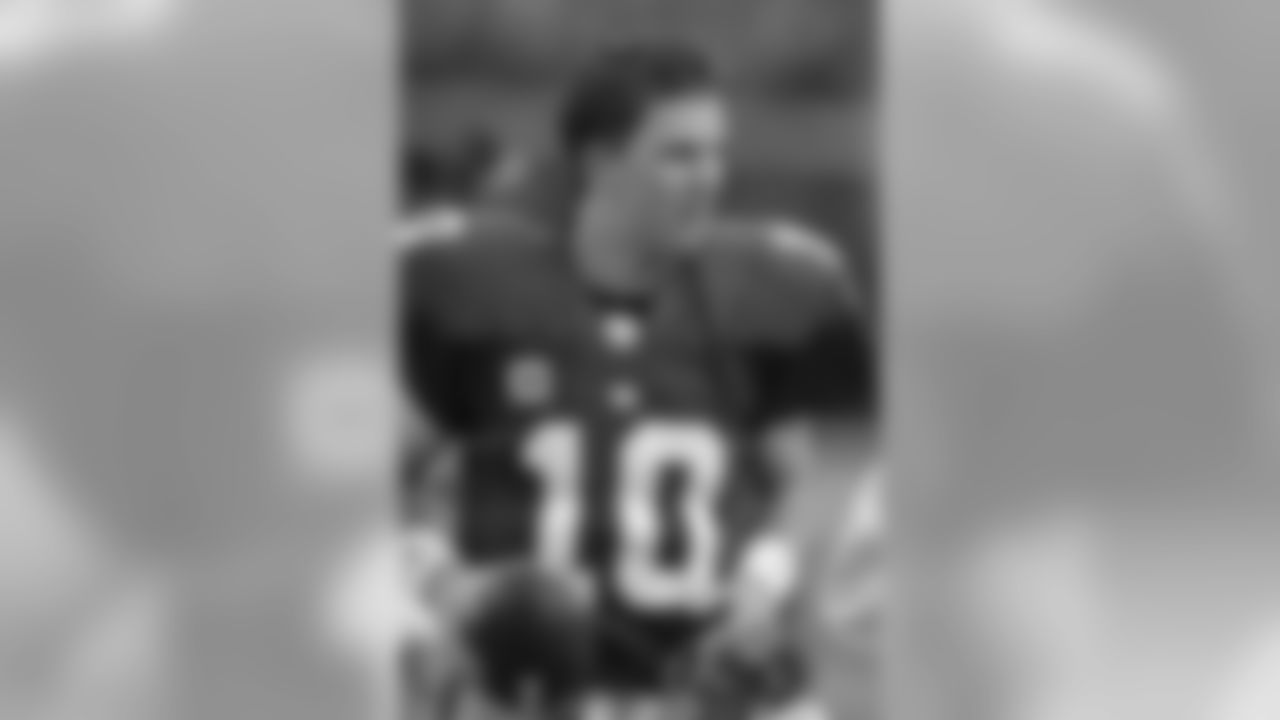
Eli Manning during the New York Giants 35-24 win over the New York Jets at Giants Stadium in East Rutherford, NJ on 10/7/2007. © 2007 Jim Turner

Eli Manning during the New York Giants 44-24 win over the St Louis Rams at Giants Stadium in East Rutherford, NJ on 10/2/2005.

New York Giants quarterback Eli Manning (10) leaves the locker room before a week 9 NFL football game against the Tampa Bay Buccaneers on November 8, 2015 at Raymond James Stadium in Tampa, Florida( Evan Pinkus via AP)
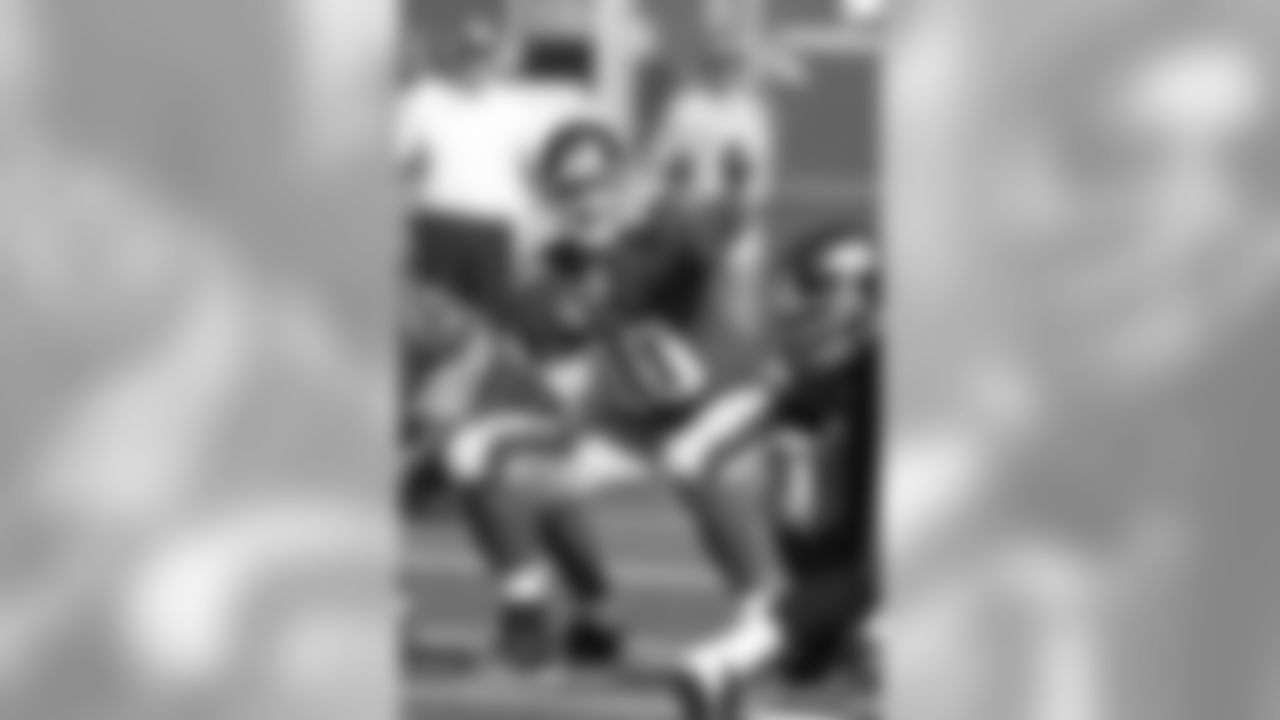
Eli Manning of the New York Giants during the Giants 26-23 overtime win over the Cincinnati Bengals on September 21, 2008 at Giants Stadium in East Rutherford, NJ
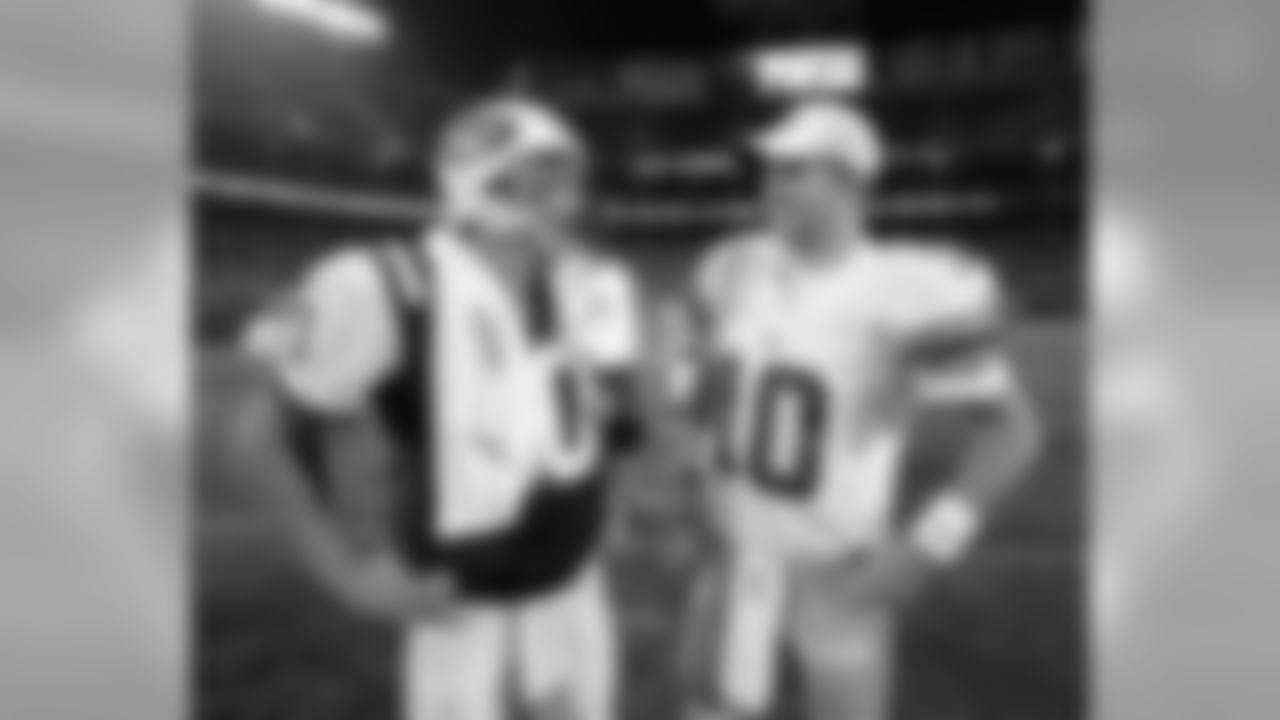
New York Giants quaterback Eli Manning talks with New York Jets quaterback Chad Pennington. The New York Giants beat the New York Jets 13-7 in preseason action at the Meadowlands in East Rutherford, New Jersey
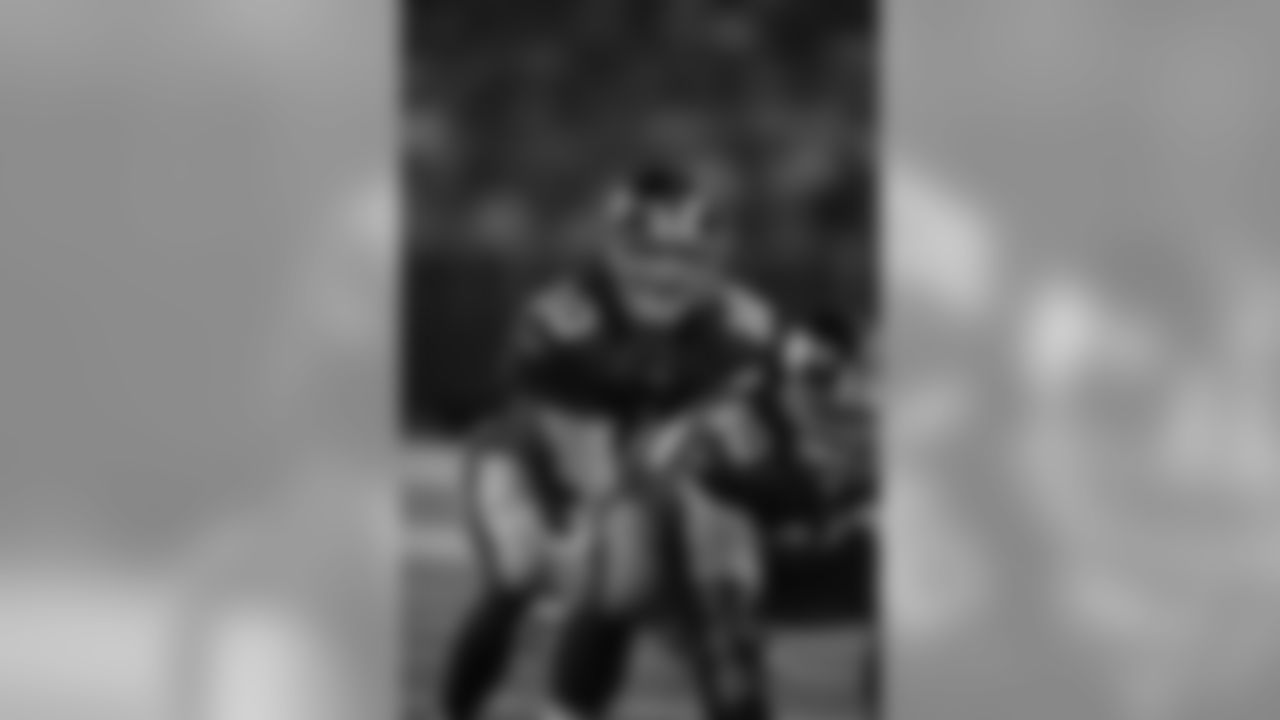
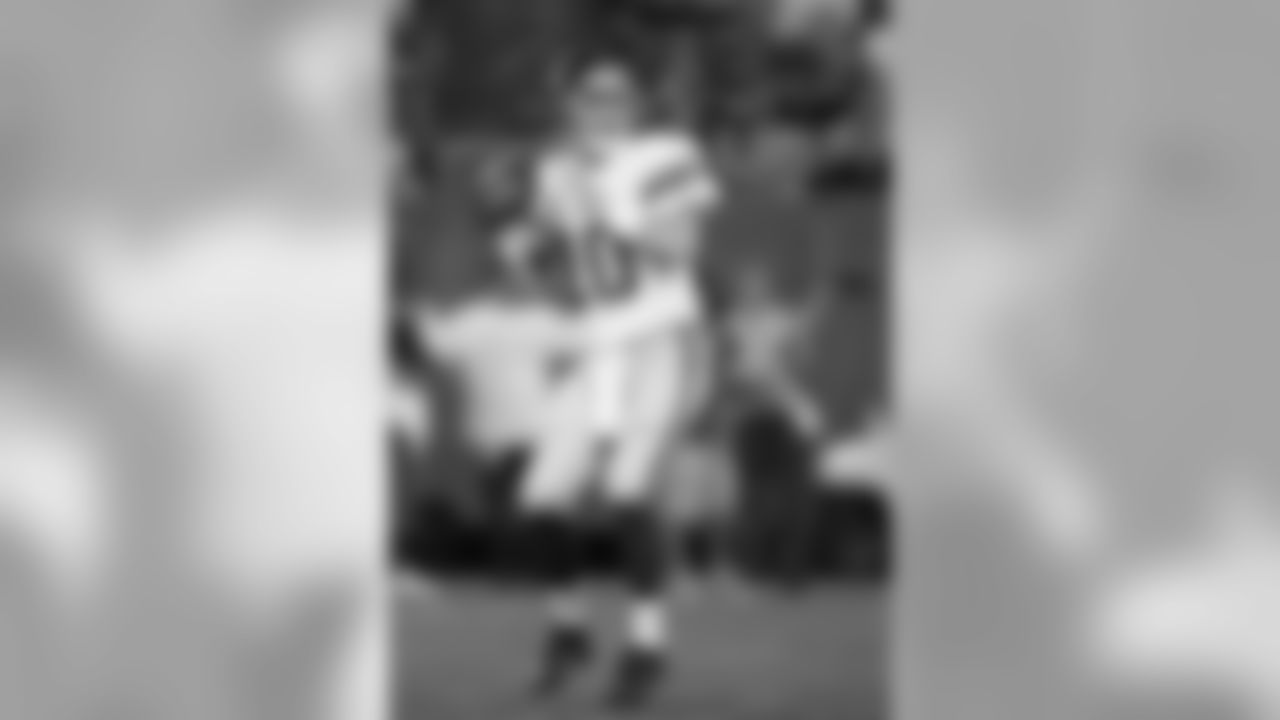
New York Giants quaterbackk Eli Manning in action against the New York Jets. The New York Giants beat the New York Jets 13-7 in preseason action at the Meadowlands in East Rutherford
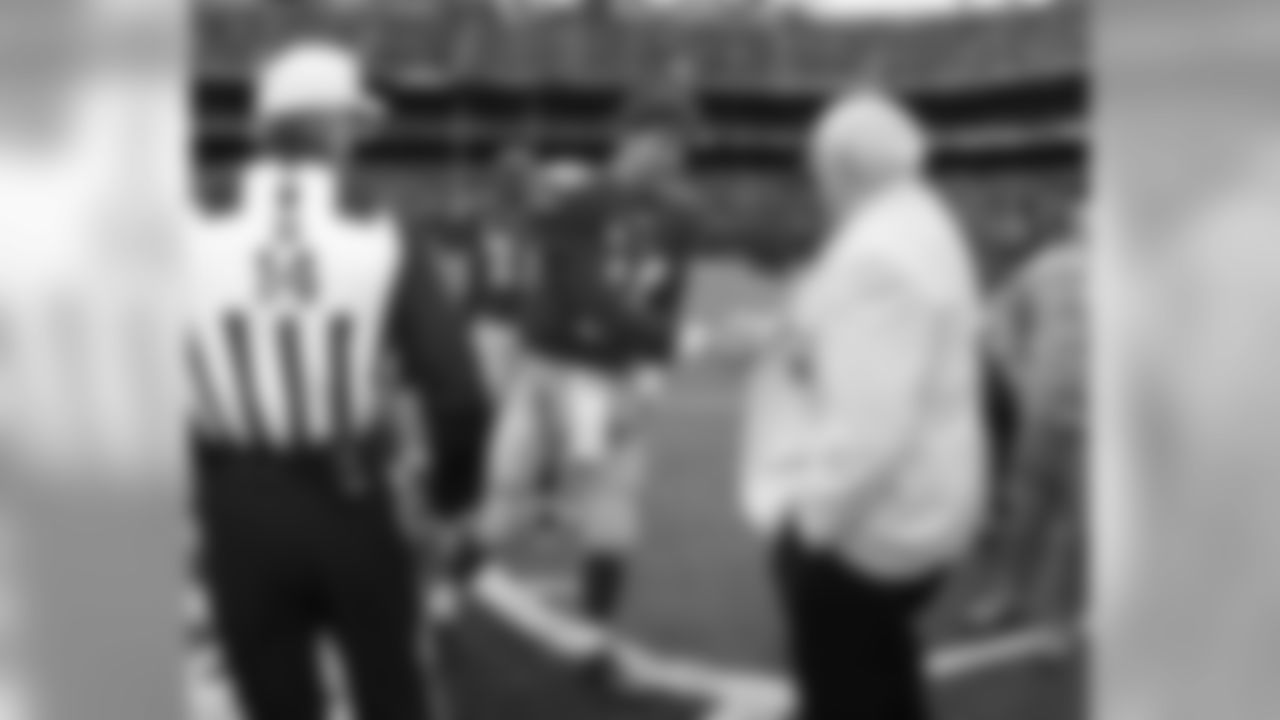
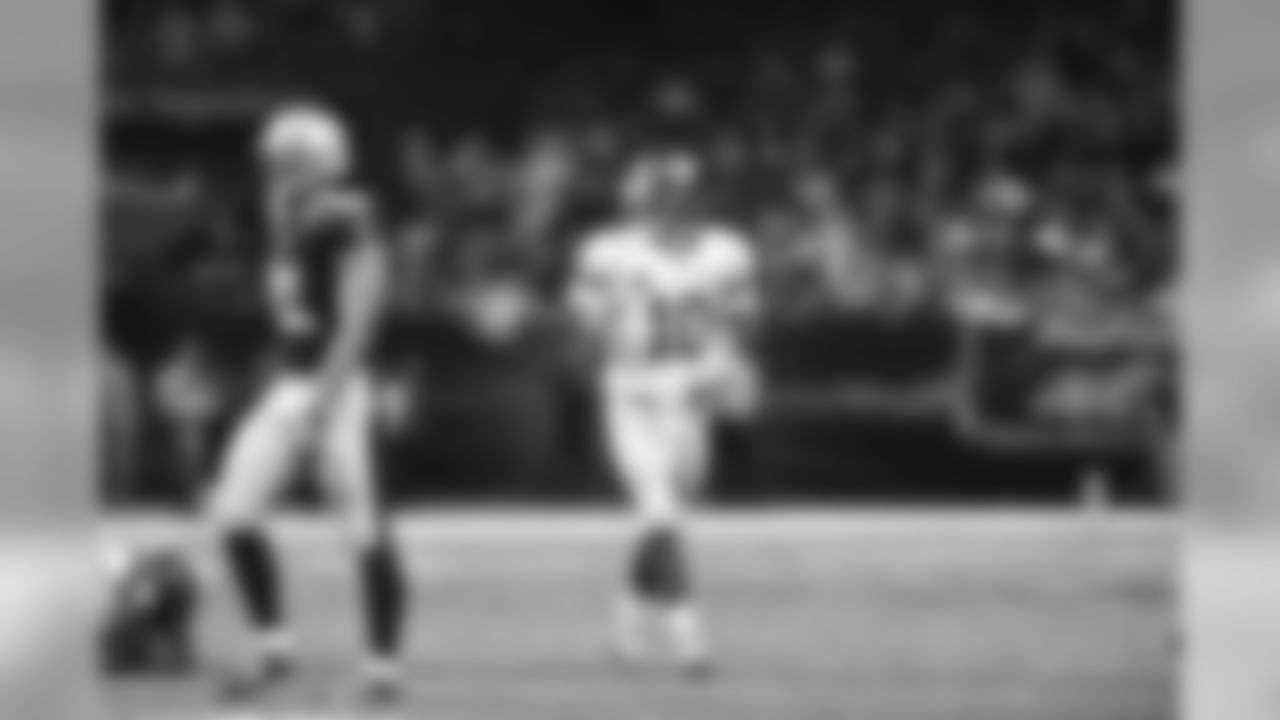
New York Giants quarterback Eli Manning (10) celebrates a touchdown pass during a week 8 NFL football game against the New Orleans Saints on November 1, 2015 at the Mercedes- Benz Superdome in New Orleans, Louisiana (Evan Pinkus via AP)

Eli Manning during the New York Giants 44-24 win over the St Louis Rams at Giants Stadium in East Rutherford, NJ on 10/2/2005. © 2005 Jim Turner
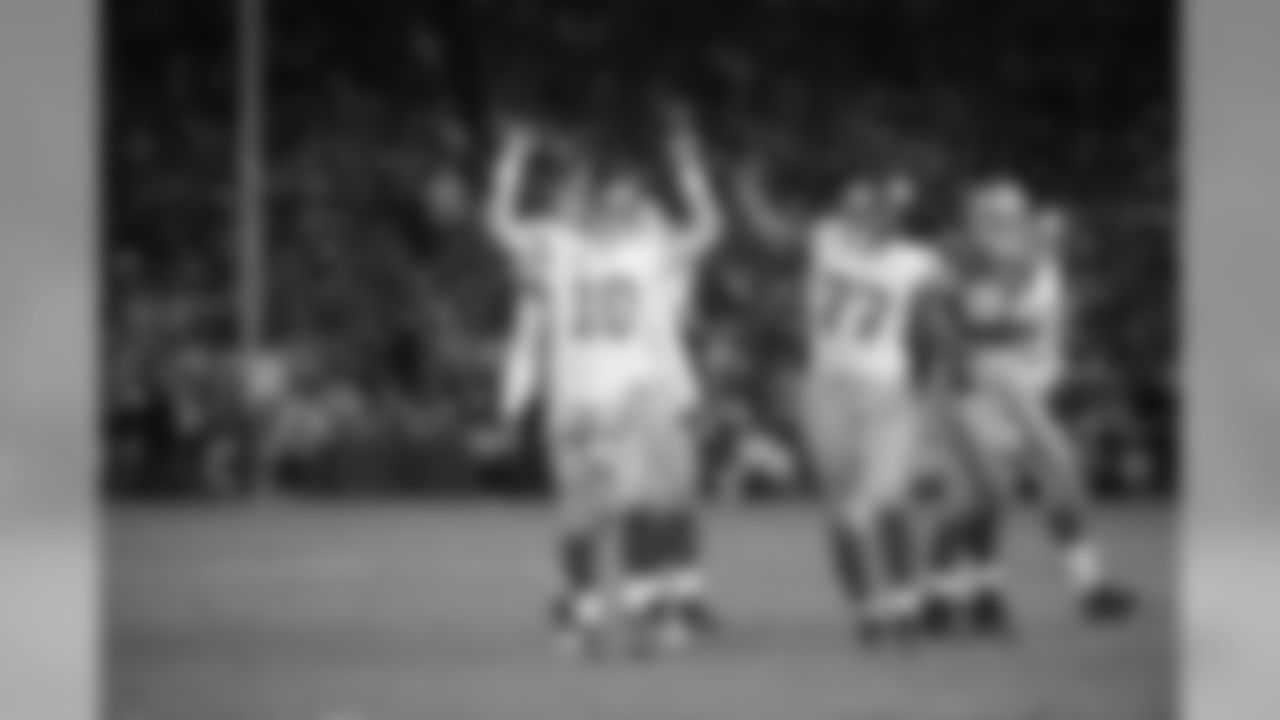
New York Giants during the NFC Championship football game against the San Francisco 49ers on Sunday January 22, 2012 at Candlestick Park in San Francisco, California (AP Photo/Evan Pinkus)
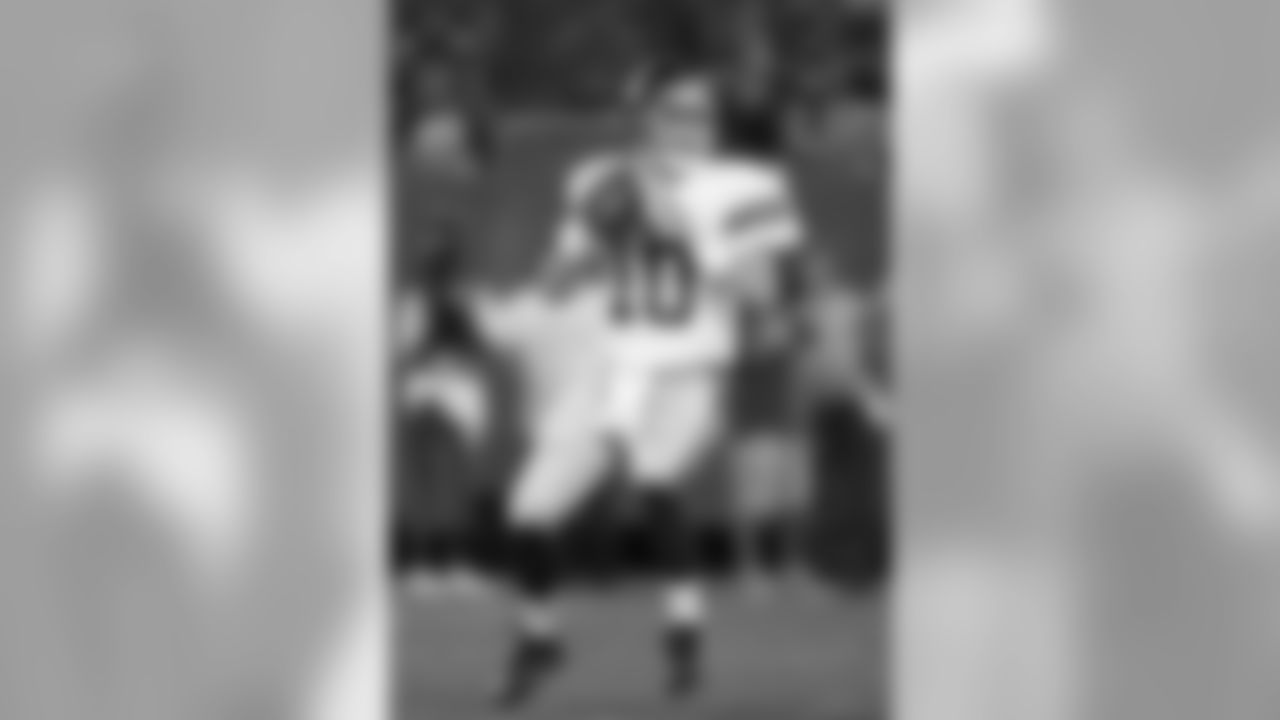
New York Giants quaterback Eli Manning in action against the New York Jets. The New York Giants beat the New York Jets 13-7 in preseason action at the Meadowlands in East Rutherford, New Jersey

Eli Manning of the New York Giants during the Giants 26-23 overtime win over the Cincinnati Bengals on September 21, 2008 at Giants Stadium in East Rutherford, NJ

Eli Manning of the New York Giants during the Giants 26-23 overtime win over the Cincinnati Bengals on September 21, 2008 at Giants Stadium in East Rutherford, NJ
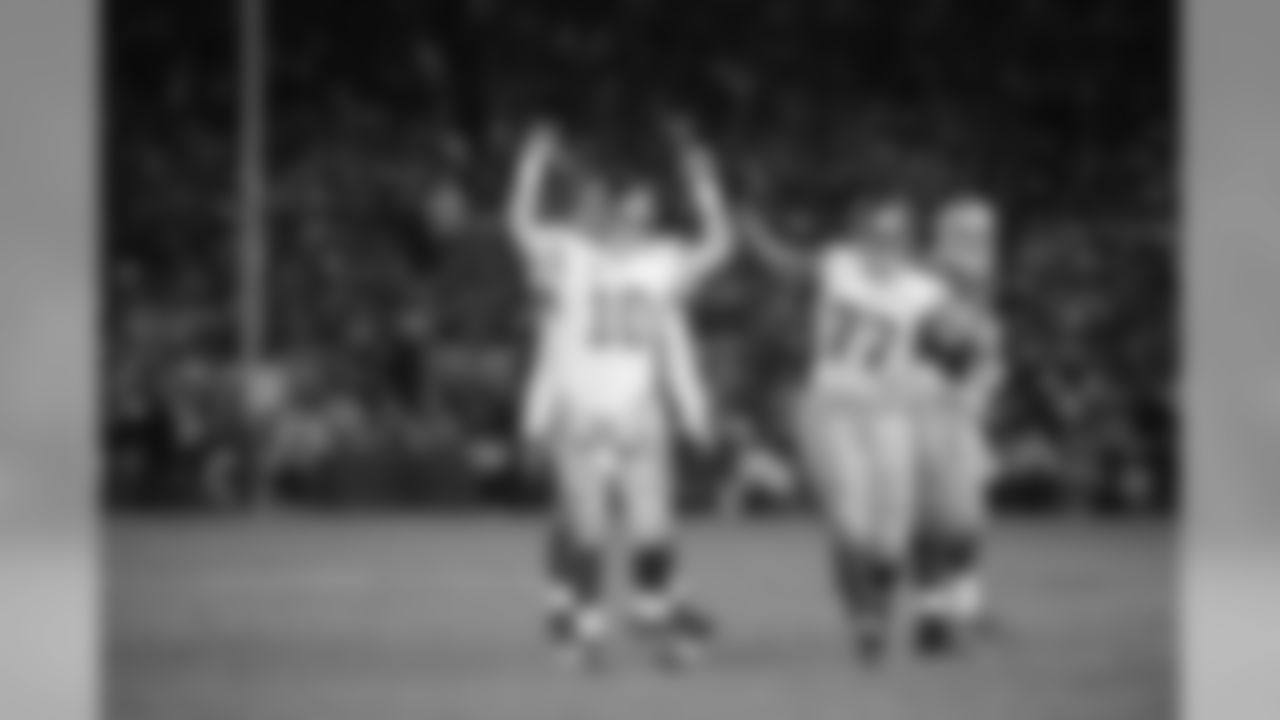
New York Giants during the NFC Championship football game against the San Francisco 49ers on Sunday January 22, 2012 at Candlestick Park in San Francisco, California (AP Photo/Evan Pinkus)
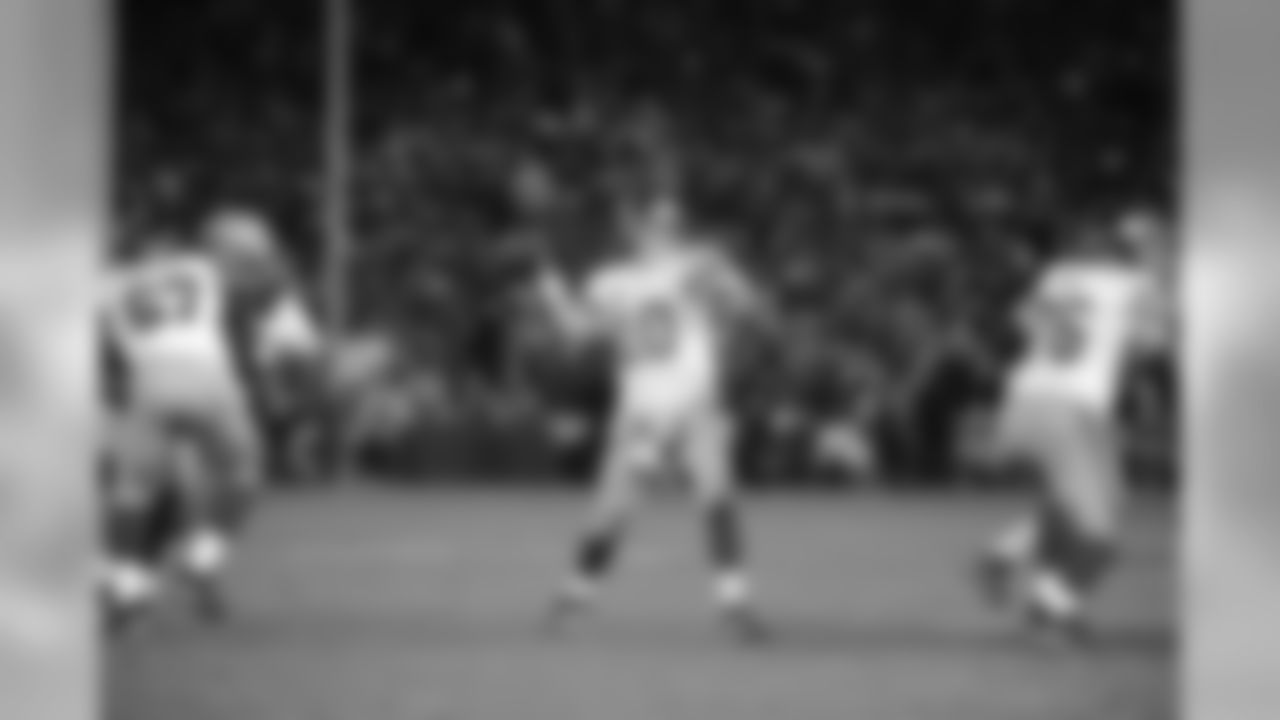
New York Giants during the NFC Championship football game against the San Francisco 49ers on Sunday January 22, 2012 at Candlestick Park in San Francisco, California (AP Photo/Evan Pinkus)
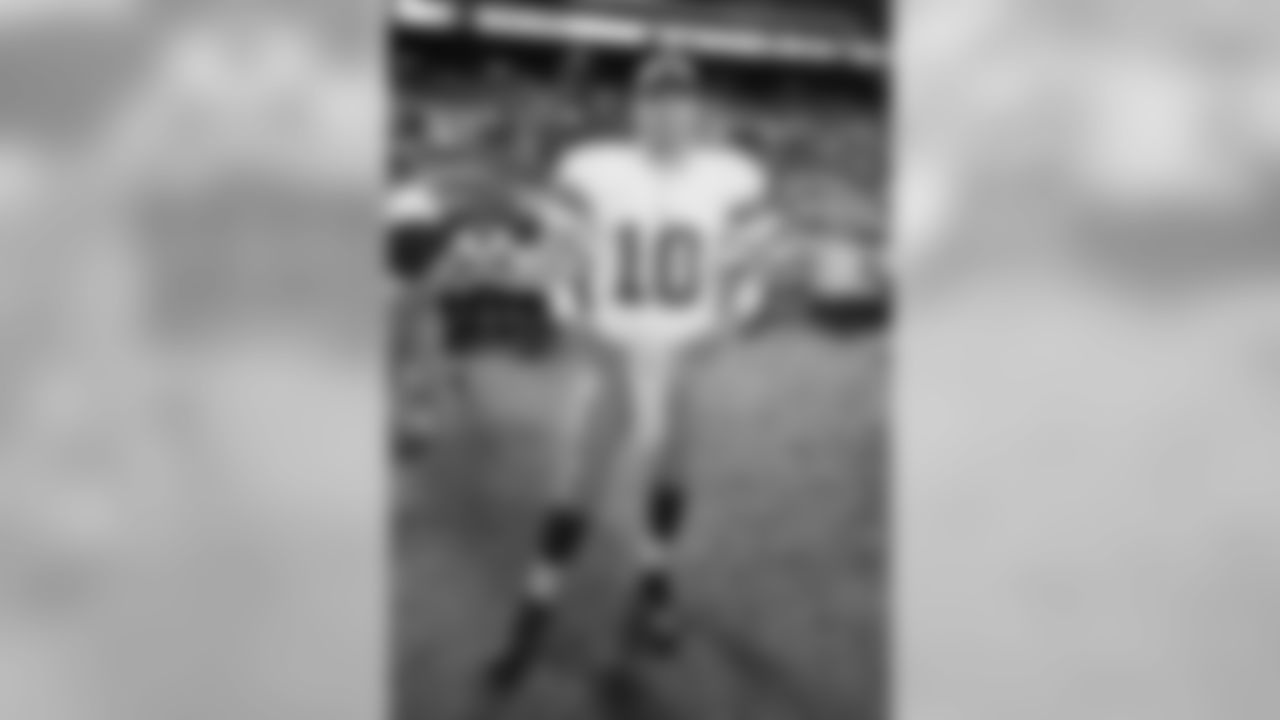
New York Giants quaterbackk Eli Manning on the sidelines against the New York Jets. The New York Giants beat the New York Jets 13-7 in preseason action at the Meadowlands in East Rutherford, New Jersey

New York Giants during the NFC Championship football game against the San Francisco 49ers on Sunday January 22, 2012 at Candlestick Park in San Francisco, California (AP Photo/Evan Pinkus)
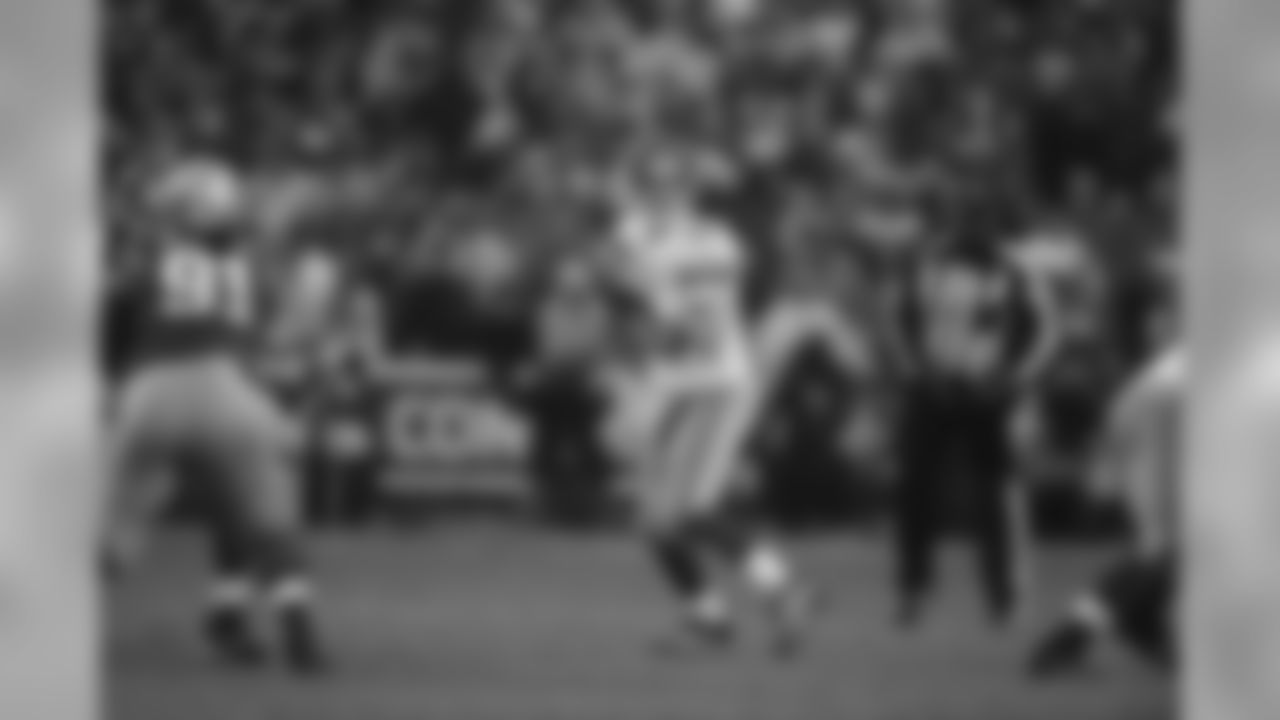
New York Giants during the NFC Championship football game against the San Francisco 49ers on Sunday January 22, 2012 at Candlestick Park in San Francisco, California (AP Photo/Evan Pinkus)
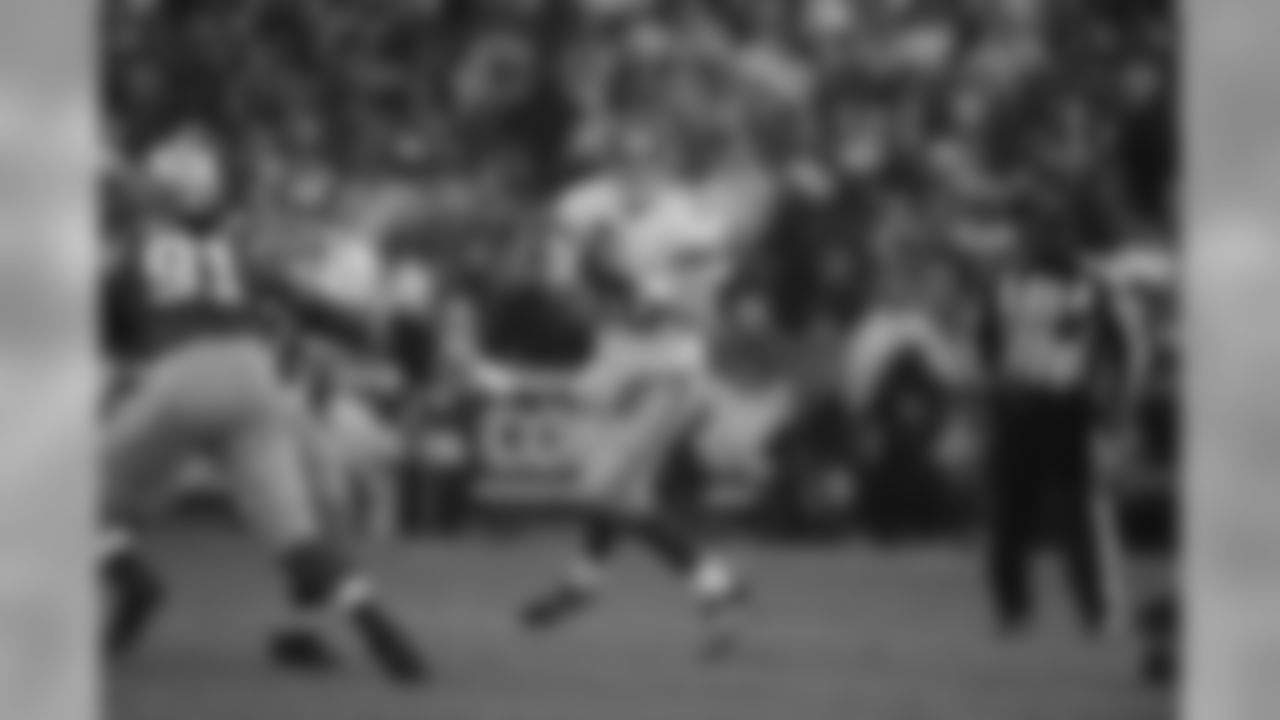
New York Giants during the NFC Championship football game against the San Francisco 49ers on Sunday January 22, 2012 at Candlestick Park in San Francisco, California (AP Photo/Evan Pinkus)
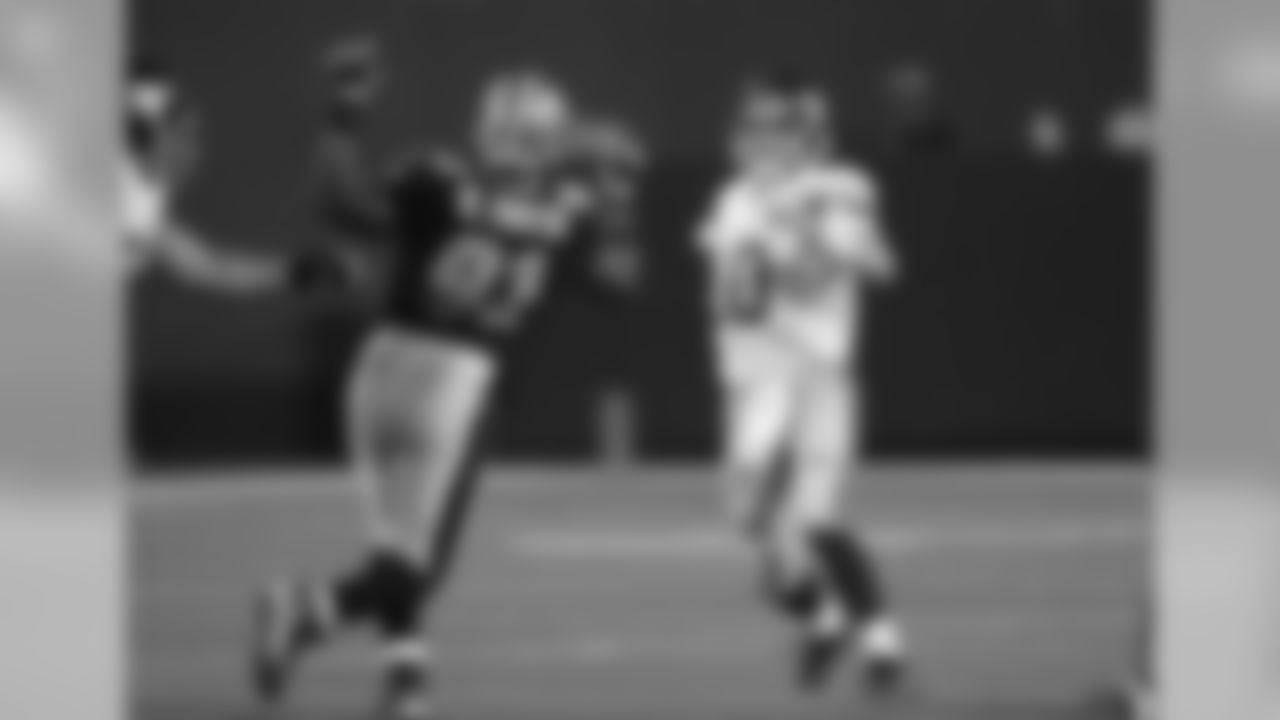
New York Giants quarterback Eli Manning throws a pass in the Giants 27-10 win over the New Orleans Saints on September 19, 2005 at Giants Stadium in East Rutherford, New Jersey.
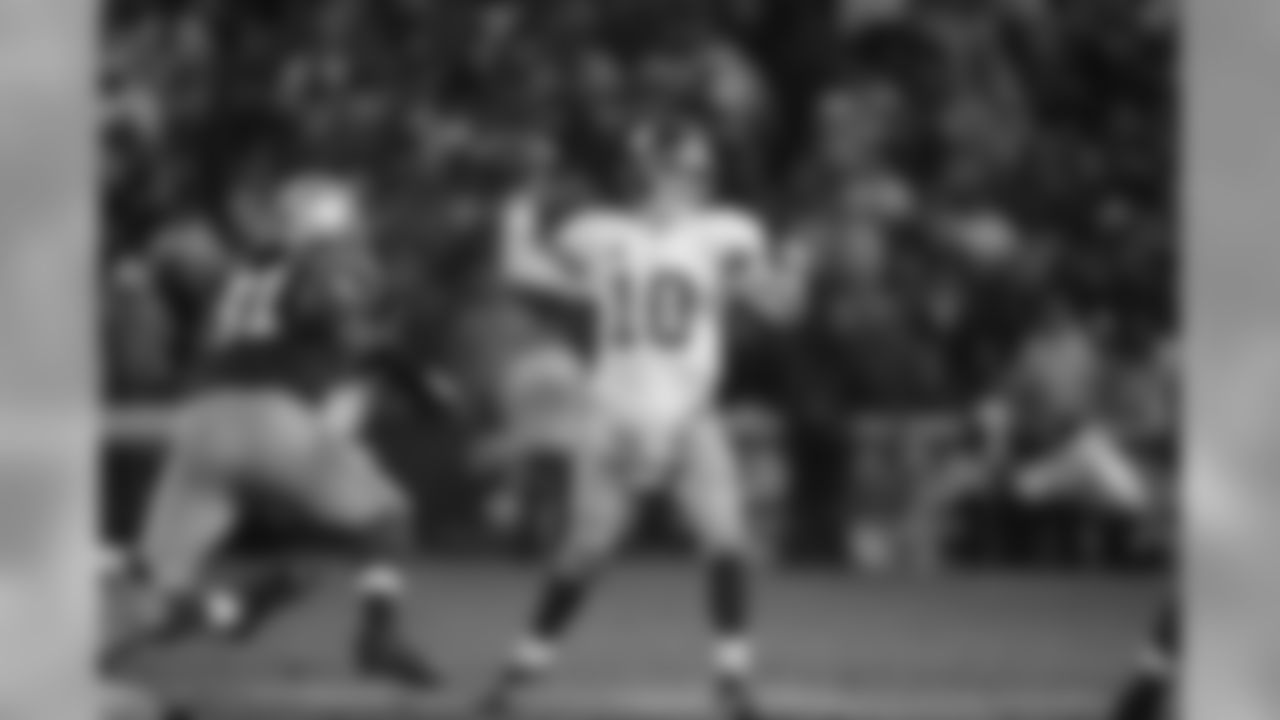
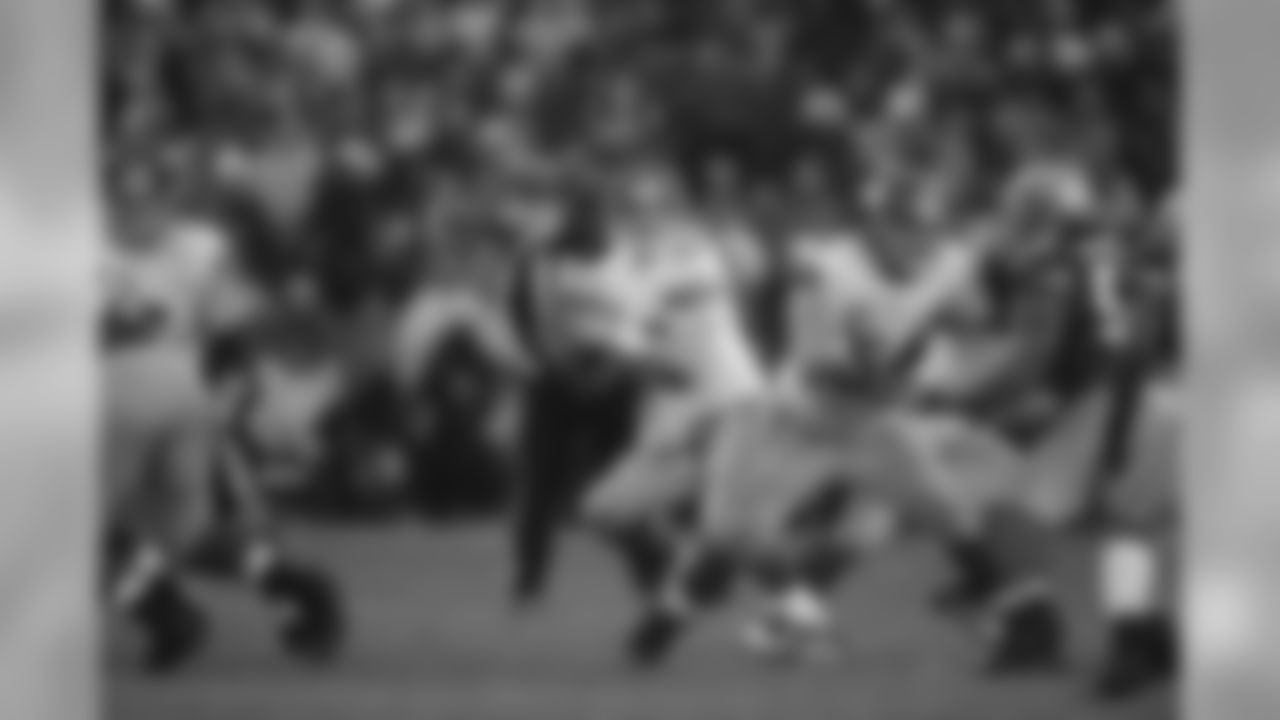

New York Giants quarterback Eli Manning (10) celebrates a touchdown pass during a week 8 NFL football game against the New Orleans Saints on November 1, 2015 at the Mercedes- Benz Superdome in New Orleans, Louisiana (Evan Pinkus via AP)

New York Giants quarterback Eli Manning throws a pass in the Giants 27-10 win over the New Orleans Saints on September 19, 2005 at Giants Stadium in East Rutherford, New Jersey.

New York Giants quarterback Eli Manning (10) rolls out looking for an open receiver during a week 8 NFL football game against the New Orleans Saints on November 1, 2015 at the Mercedes- Benz Superdome in New Orleans, Louisiana (Evan Pinkus via AP)
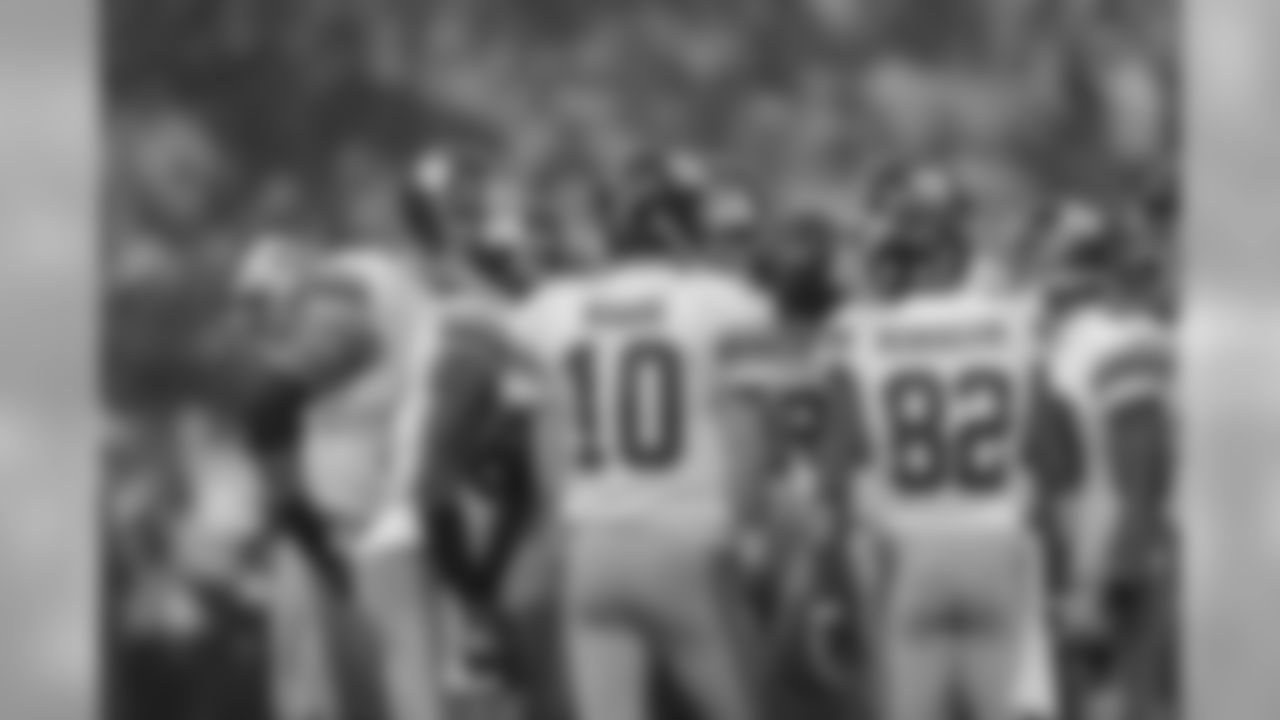
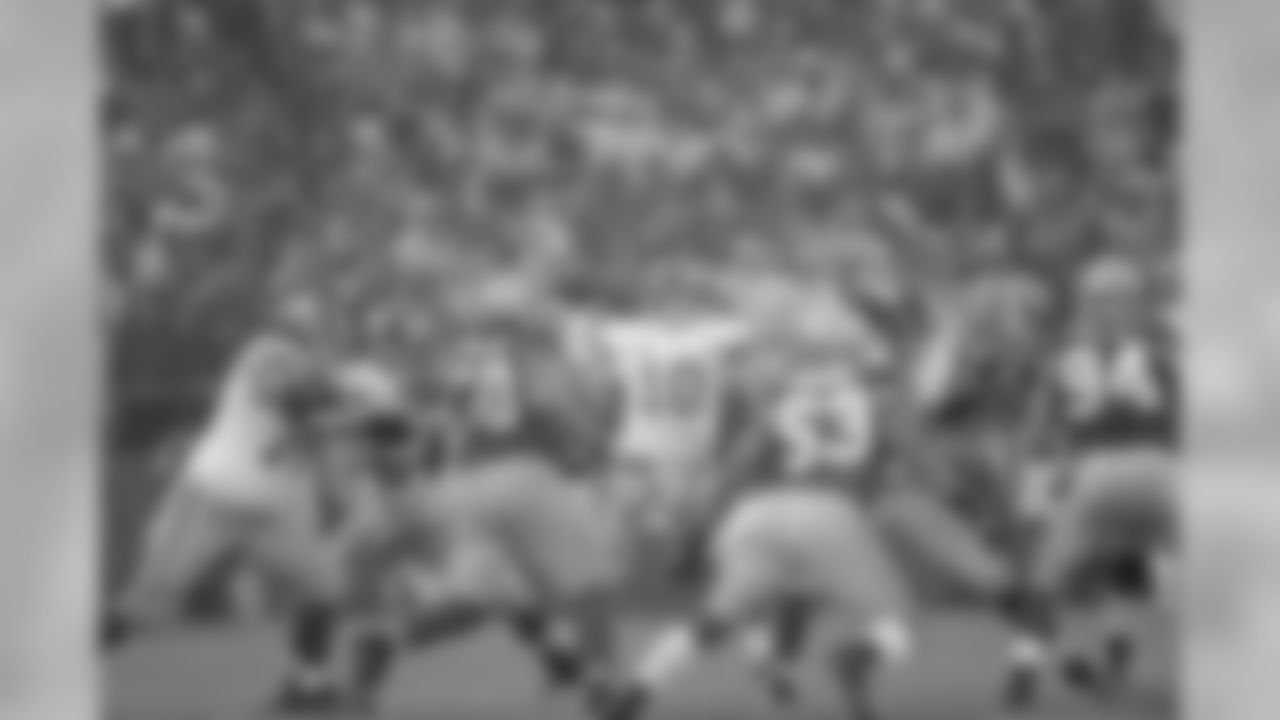
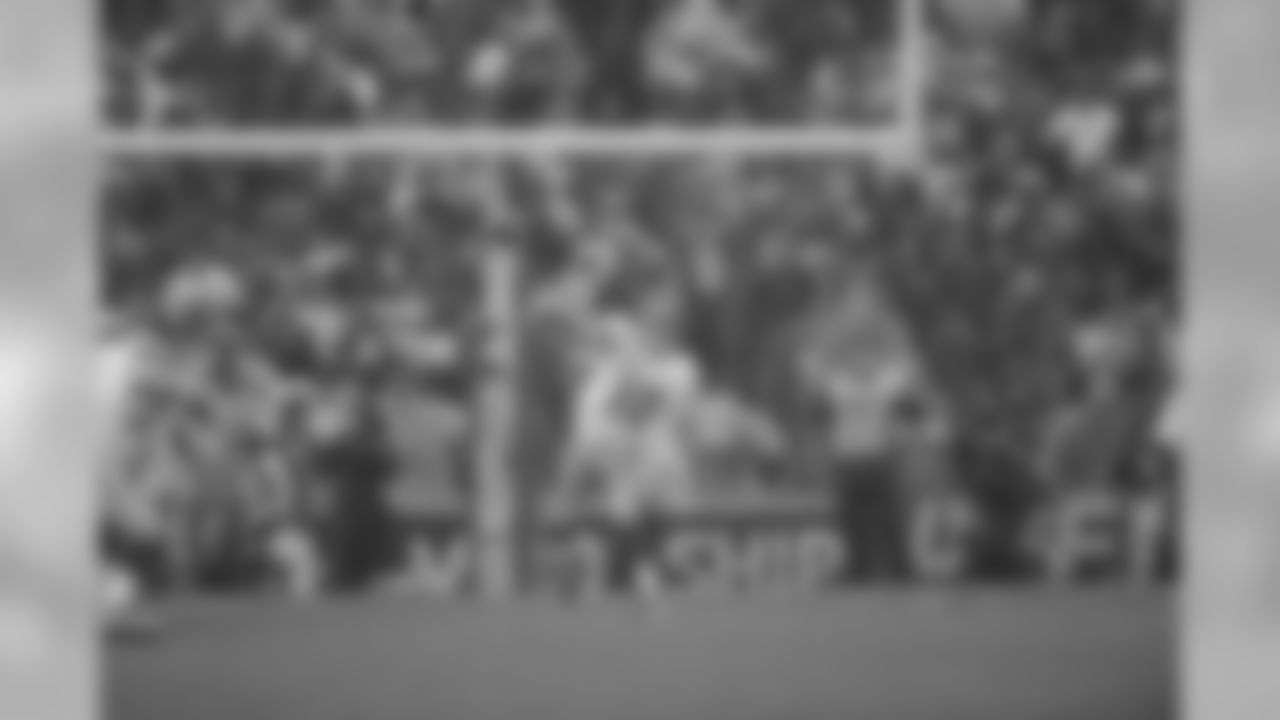
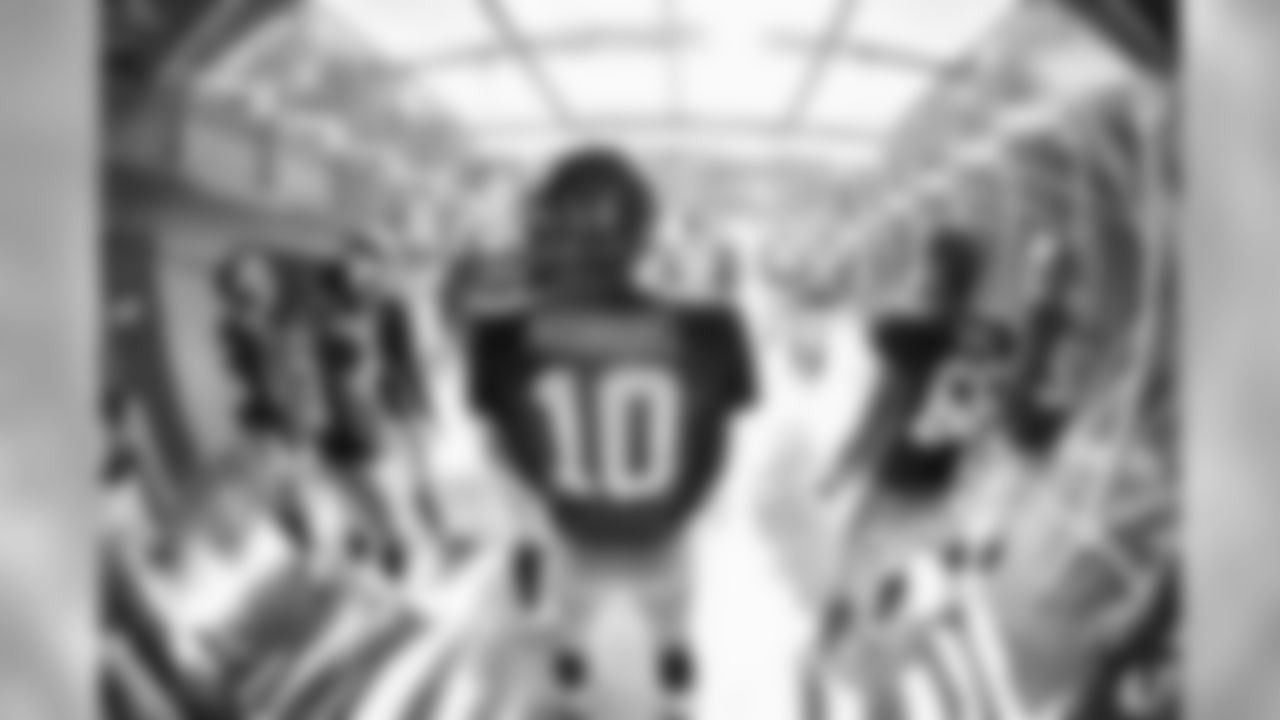
New York Giants quarterback Eli Manning (10) stands in the tunnel before a week 17 NFL football game against the Philadelphia Eagles on January 3, 2016 in East Rutherford, NJ. (Evan Pinkus via AP)
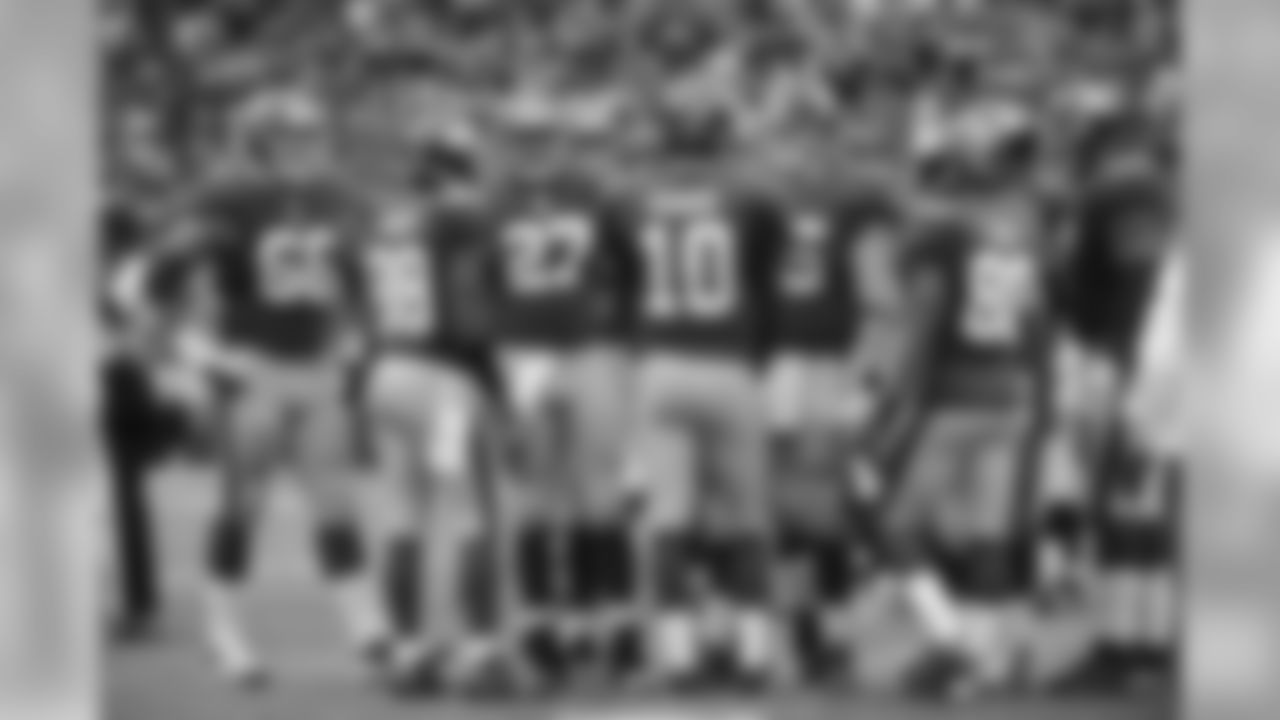
New York Giants vs. Atlanta Falcons 2011 Wild Card Game
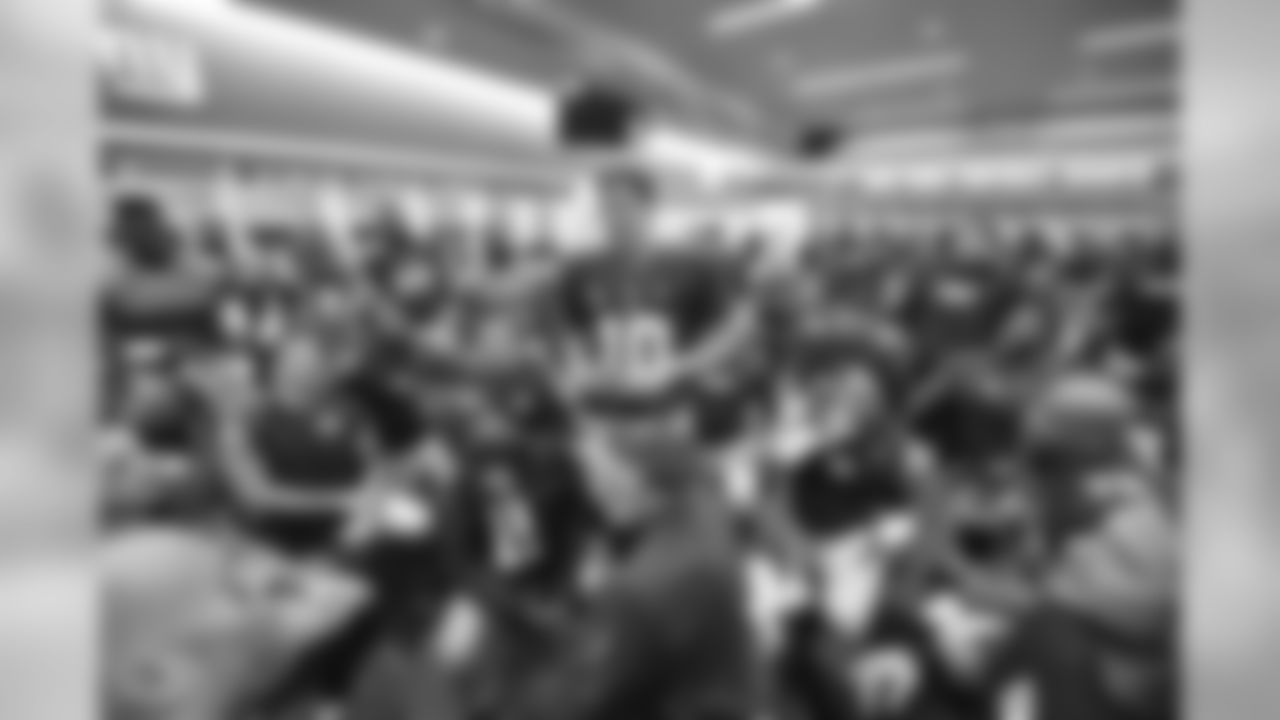
New York Giants quarterback Eli Manning (10) presents head coach Tom Coughlin with the game ball after winning his 100th regular season game. After a week 7 NFL football game against the Dallas Cowboys on October 25, 2015 at Met Life Stadium in East Rutherford, New Jersey ( Evan Pinkus via AP)

Eli Manning during the New York Giants16-3 win over the Philadelphia Eagles at Giants Stadium in East Rutherford, NJ on 9/30/2007.
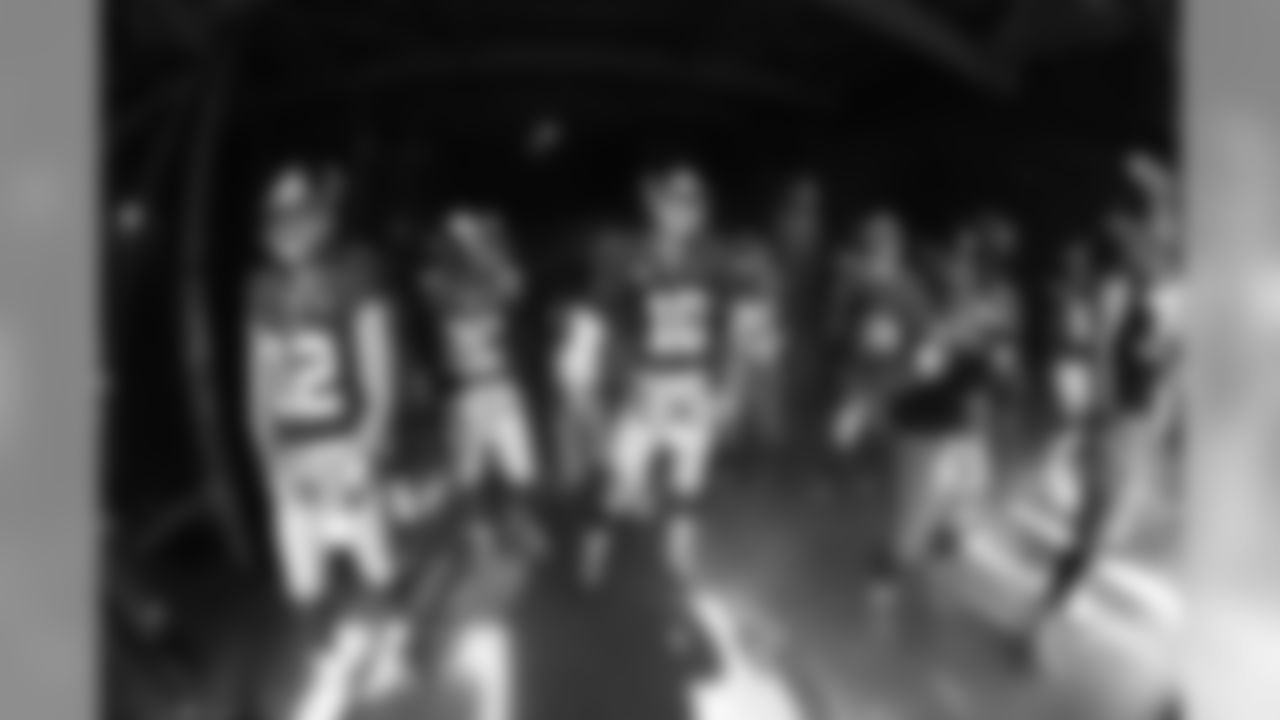

New York Giants quarterback Eli Manning (10) shakes hands with Green Bay Packers quarterback Aaron Rogers (12) following a week 12 football game on November 25, 2012 in East Rutherford, New Jersey (AP Photo/Evan Pinkus)
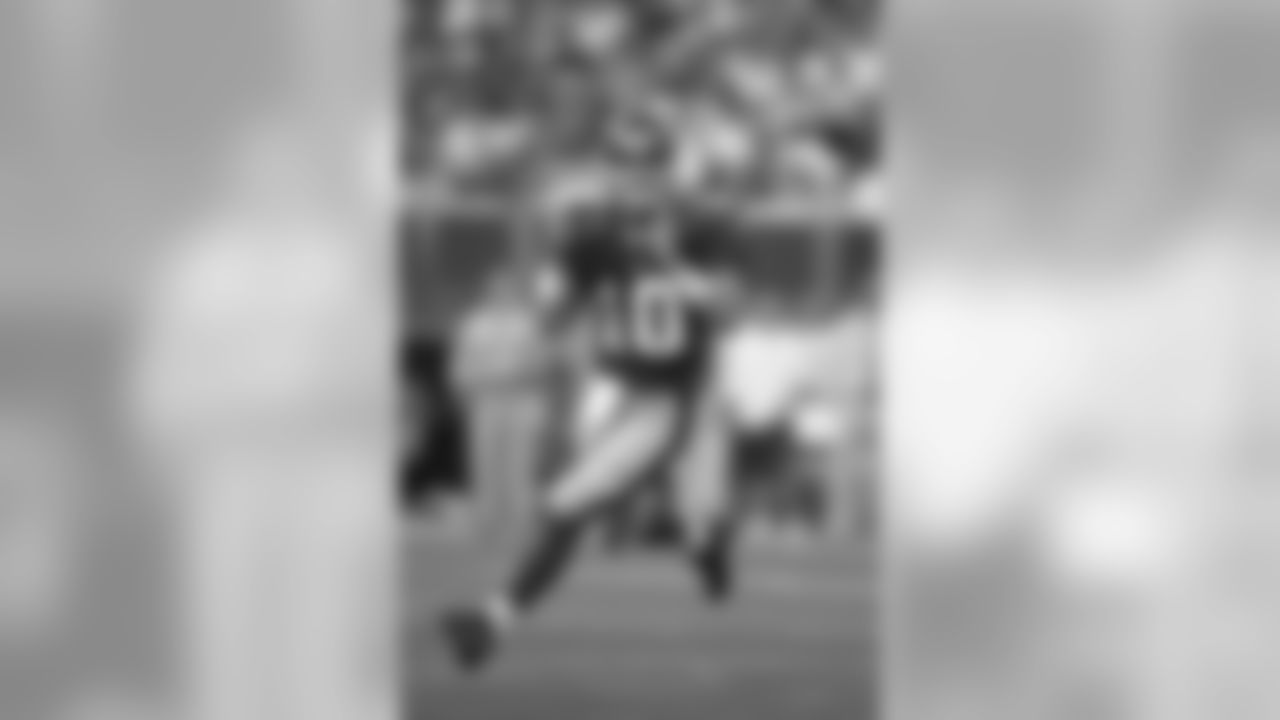
Eli Manning during the New York Giants 42-19 win over the Arizona Cardinals at Giants Stadium in East Rutherford, NJ on 9/11/2005.

New York Giants quarterback Eli Manning (10) stands in the tunnel before a week 17 NFL football game against the Philadelphia Eagles on January 3, 2016 in East Rutherford, NJ. (Evan Pinkus via AP)
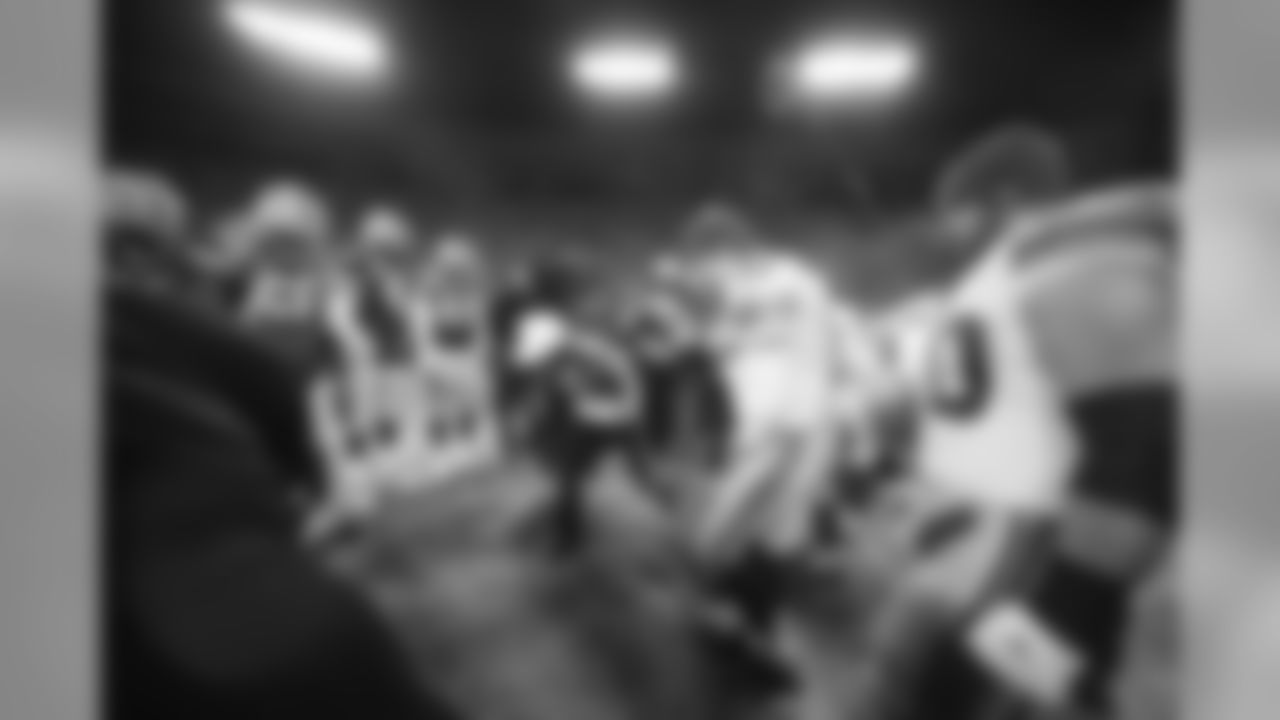

New York Giants quaterback Eli Manning in action against the New Orleans Saints at the Meadowlands in East Rutherford,New Jersey. The Saints beat the Giants 30-7
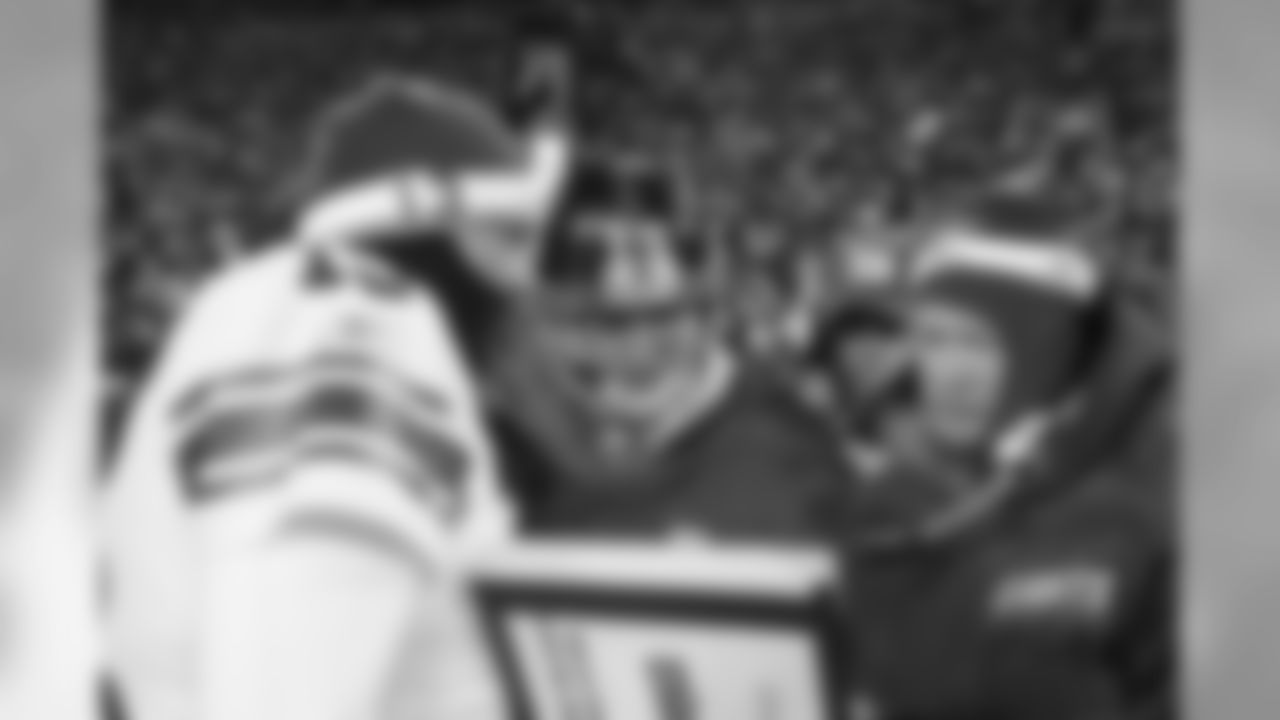
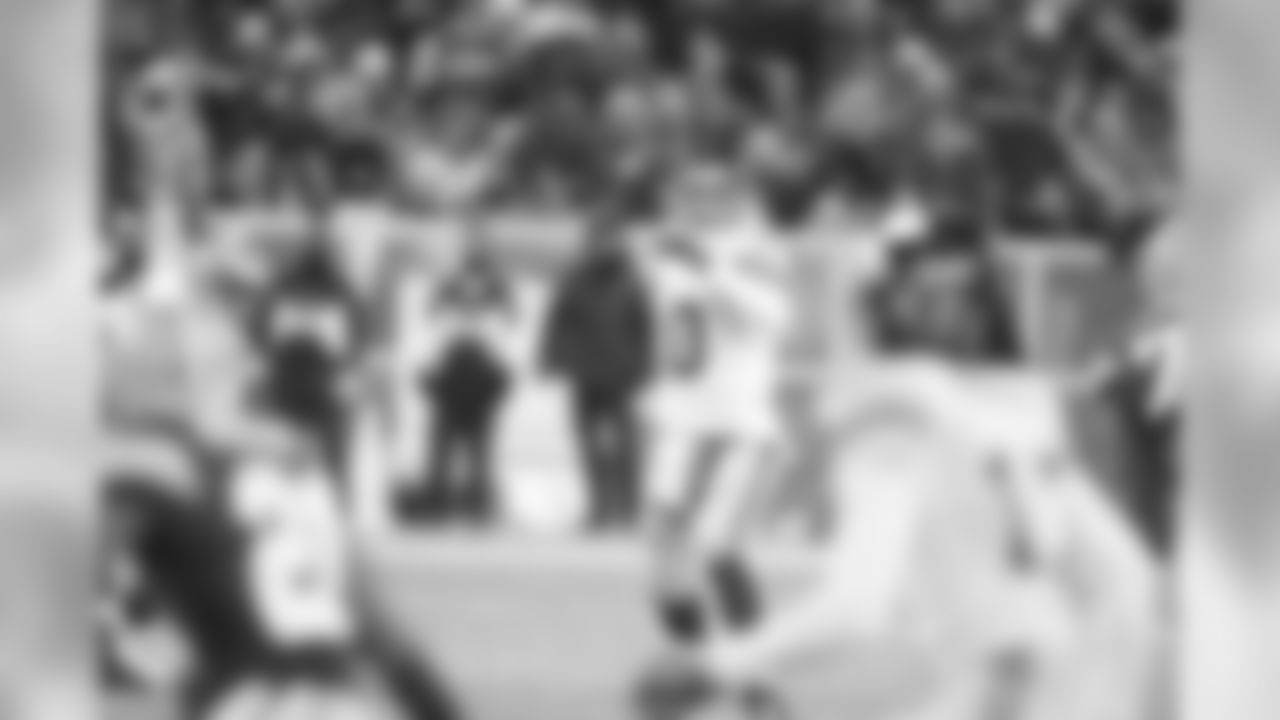

Eli Manning of the New York Giants during the Giants 10-7 pre-season win over the New York Jets on August 23, 2008 at Giants Stadium in East Rutherford, NJ
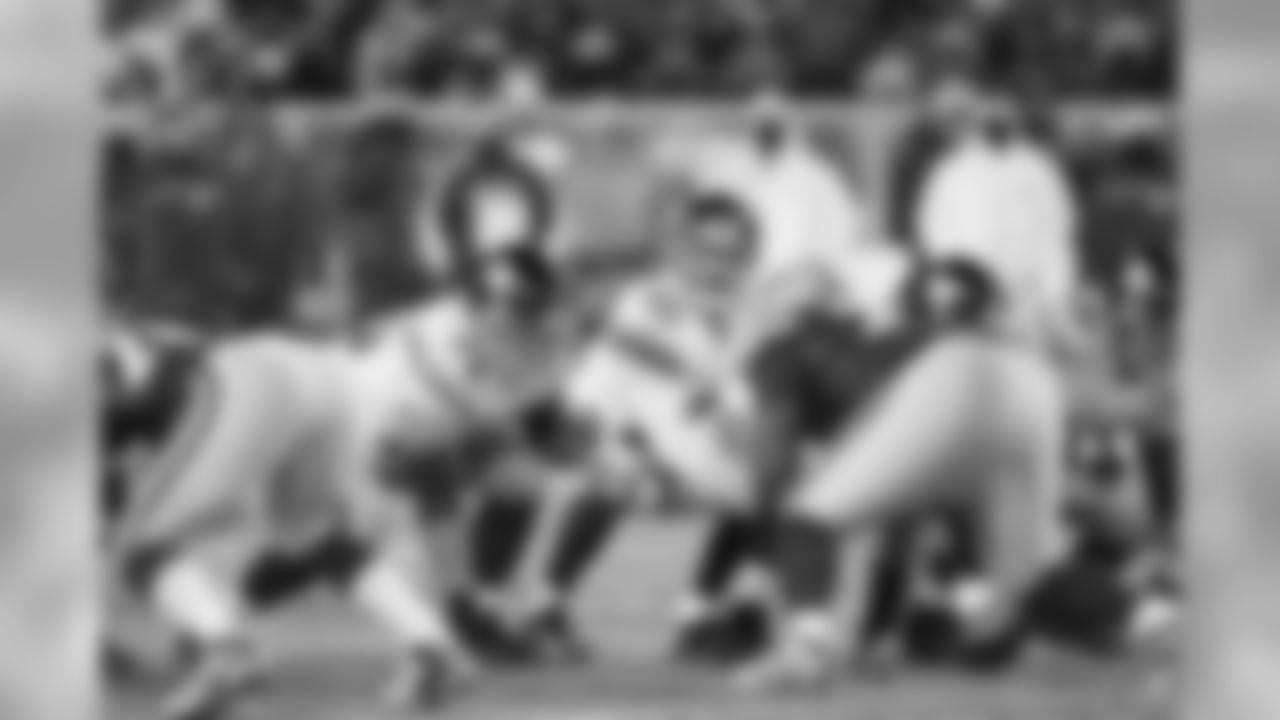

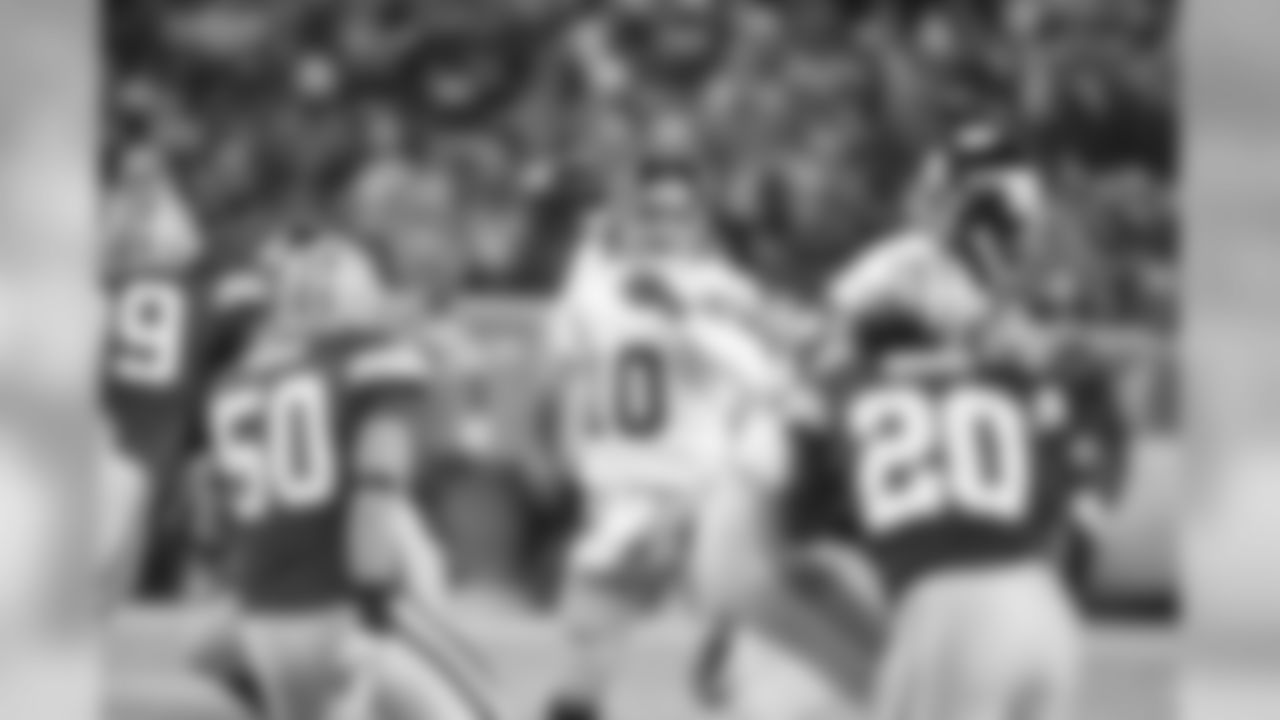
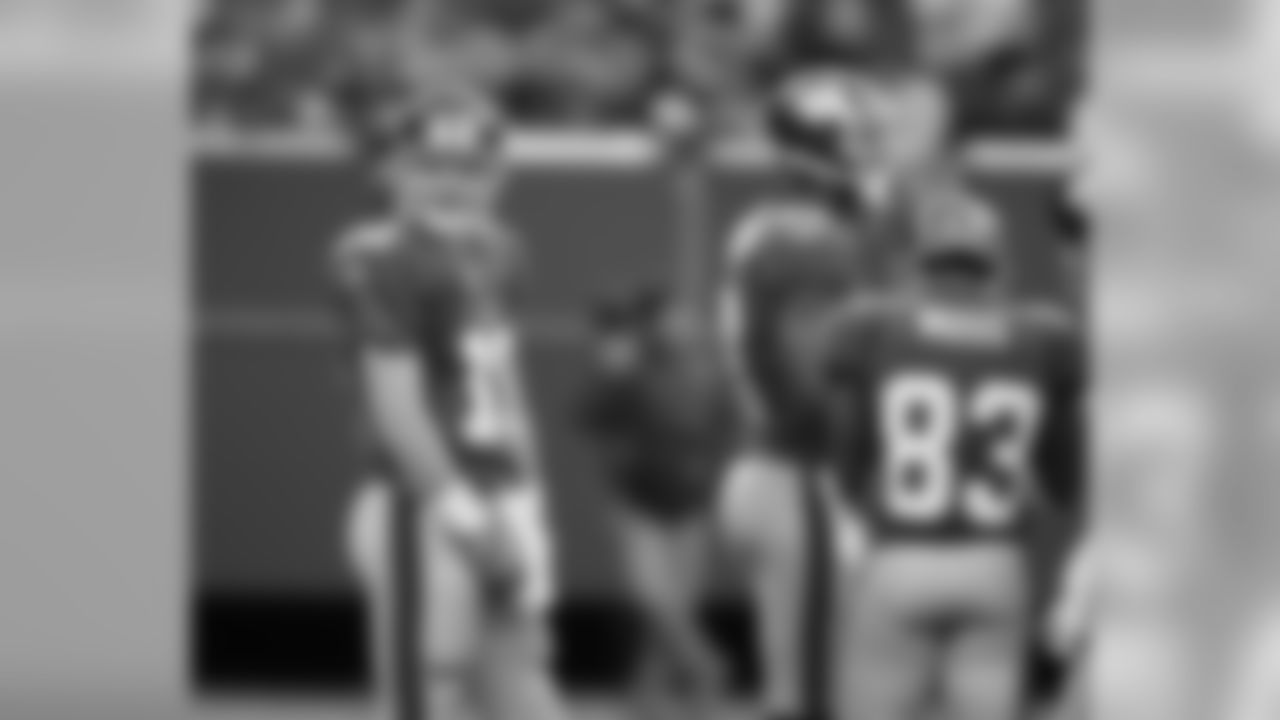
New York Giants quaterback Eli Manning in action against the New Orleans Saints at the Meadowlands in East Rutherford,New Jersey

New York Giants quaterback Eli Manning talks with Fox Sports reporter Pam Oliver beofre playing against the New Orleans Saints at the Meadowlands in East Rutherford,New Jersey. The Saints beat the Giants 30-7
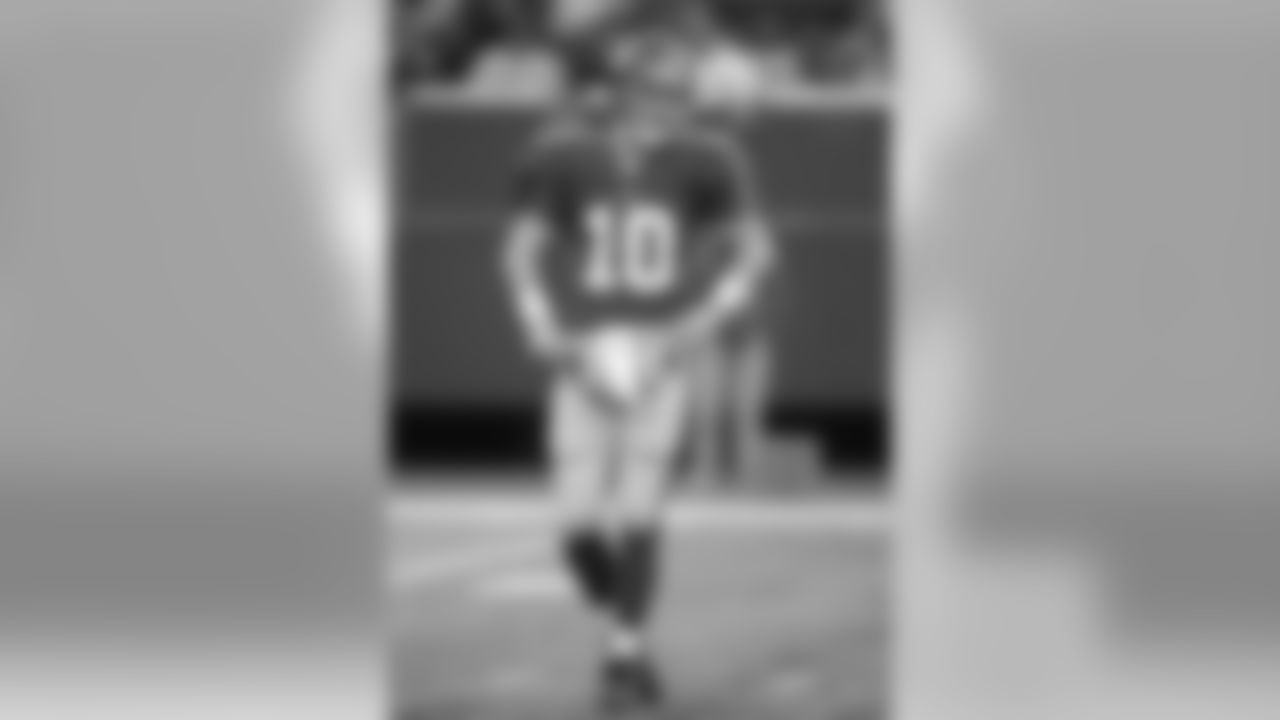
New York Giantsquaterback Eli Manning in action against the New Orleans Saints at the Meadowlands in East Rutherford,New Jersey. The Saints beat the Giants 30-7
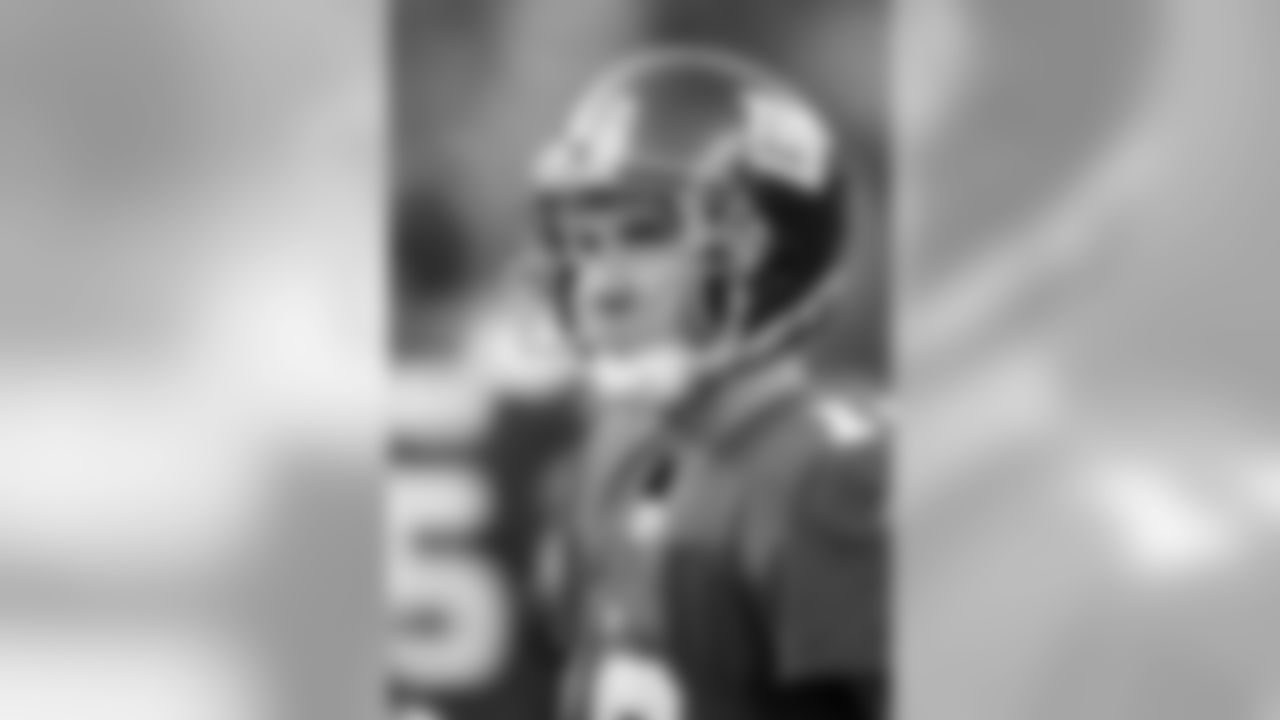
New York Giants quaterback Eli Manning watches from the sidelines against the New Orleans Saints at the Meadowlands in East Rutherford,New Jersey
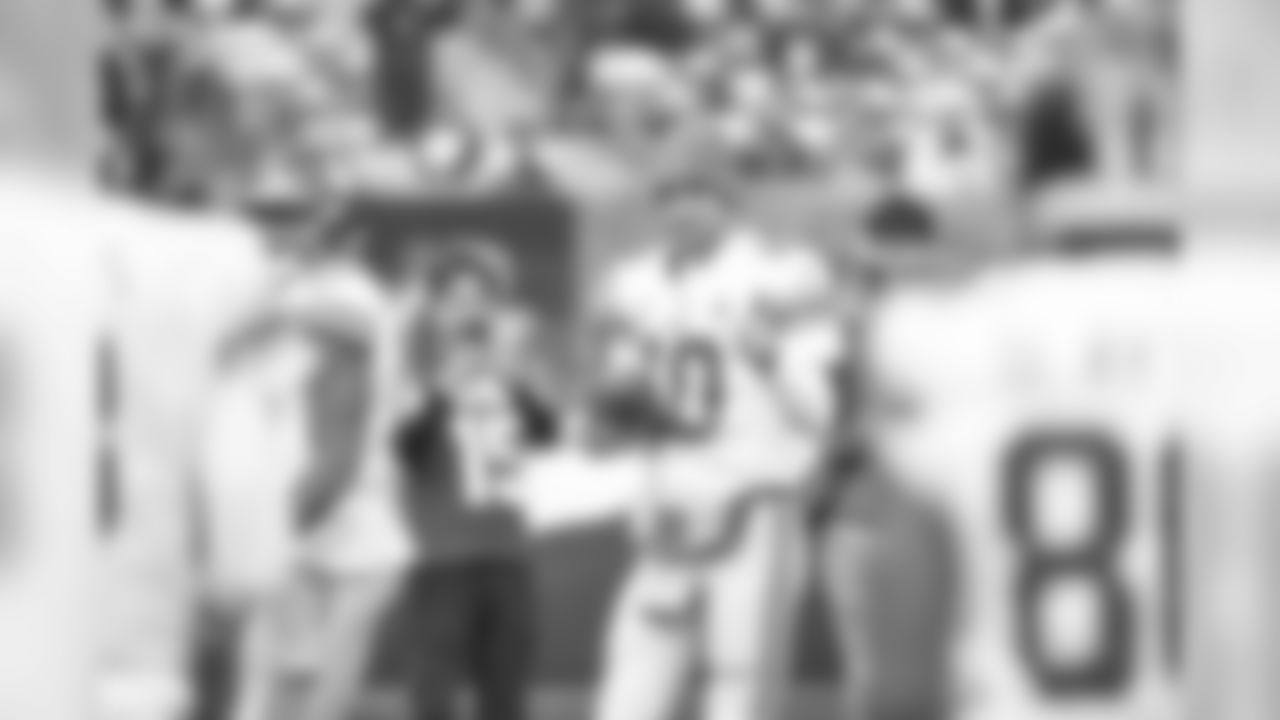

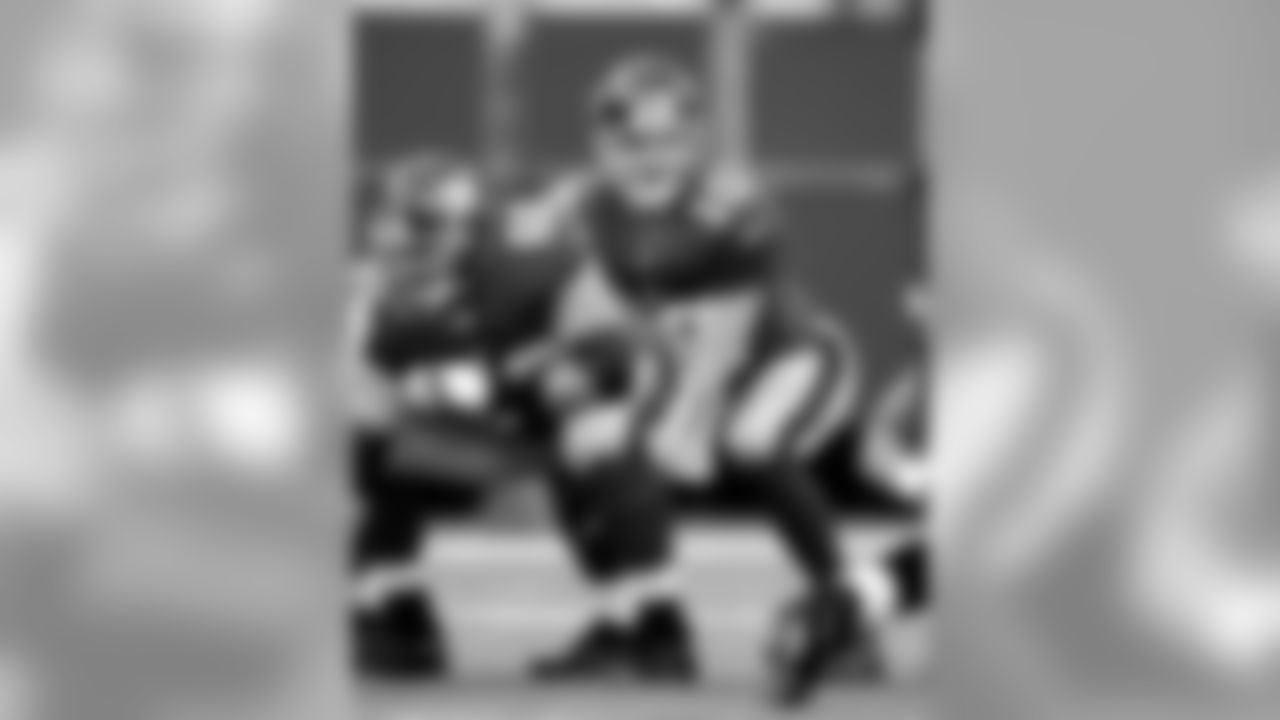
New York Giants quaerback Eli Manning in action against the New Orleans Saints at the Meadowlands in East Rutherford,New Jersey. The Saints beat the Giants 30-7

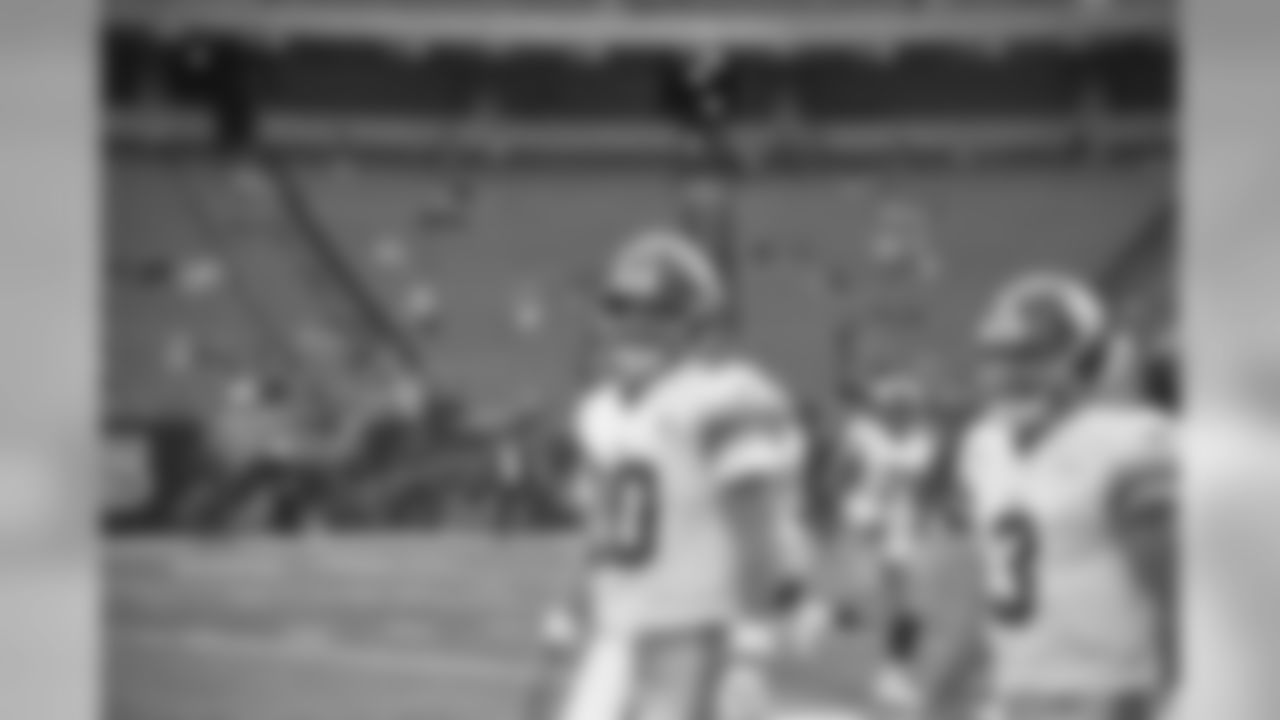

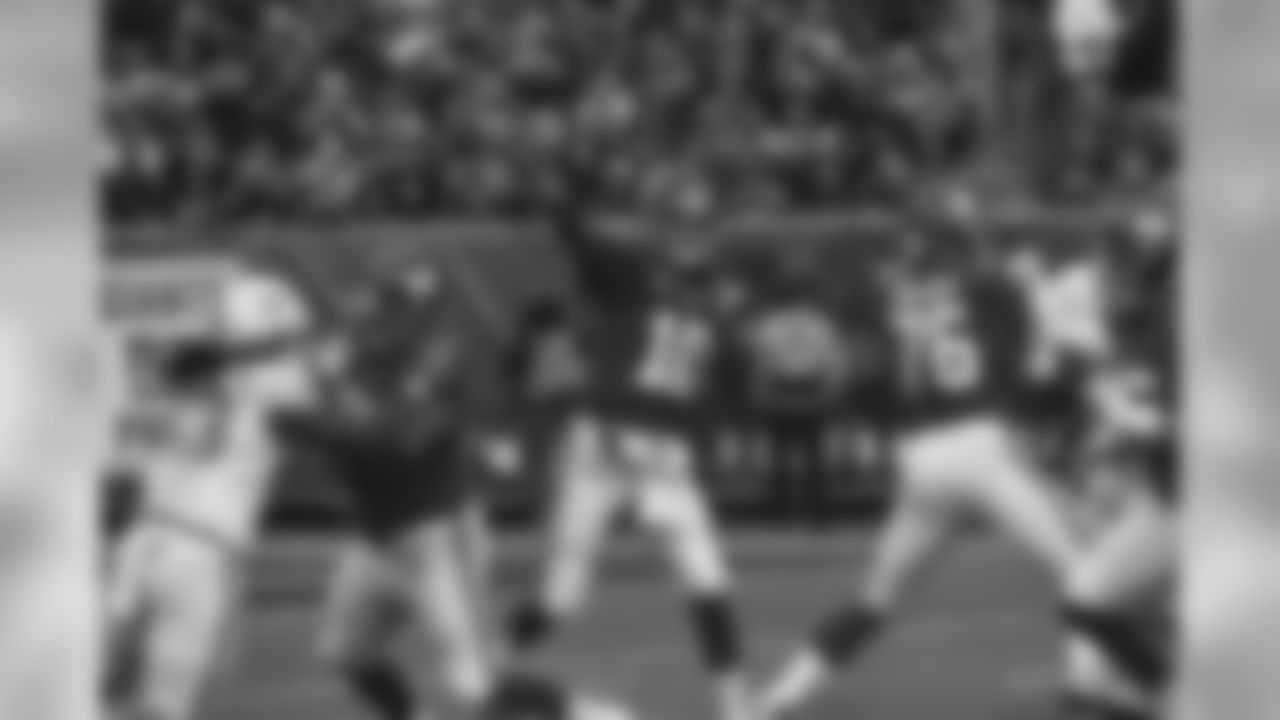

Eli Manning during the New York Giants 17-0 preseason win over the Kansas City Chiefs at Giants Stadium in East Rutherford, NJ on 8/17/2006. © 2006 Jim Turner
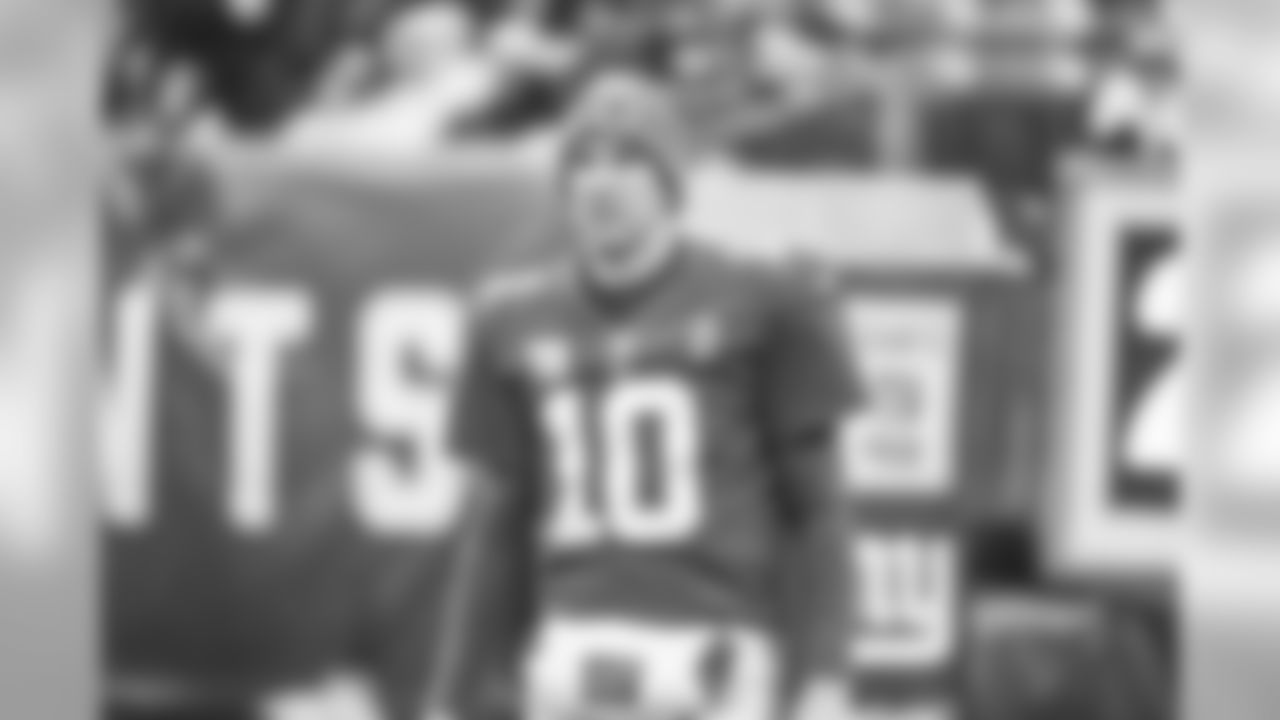
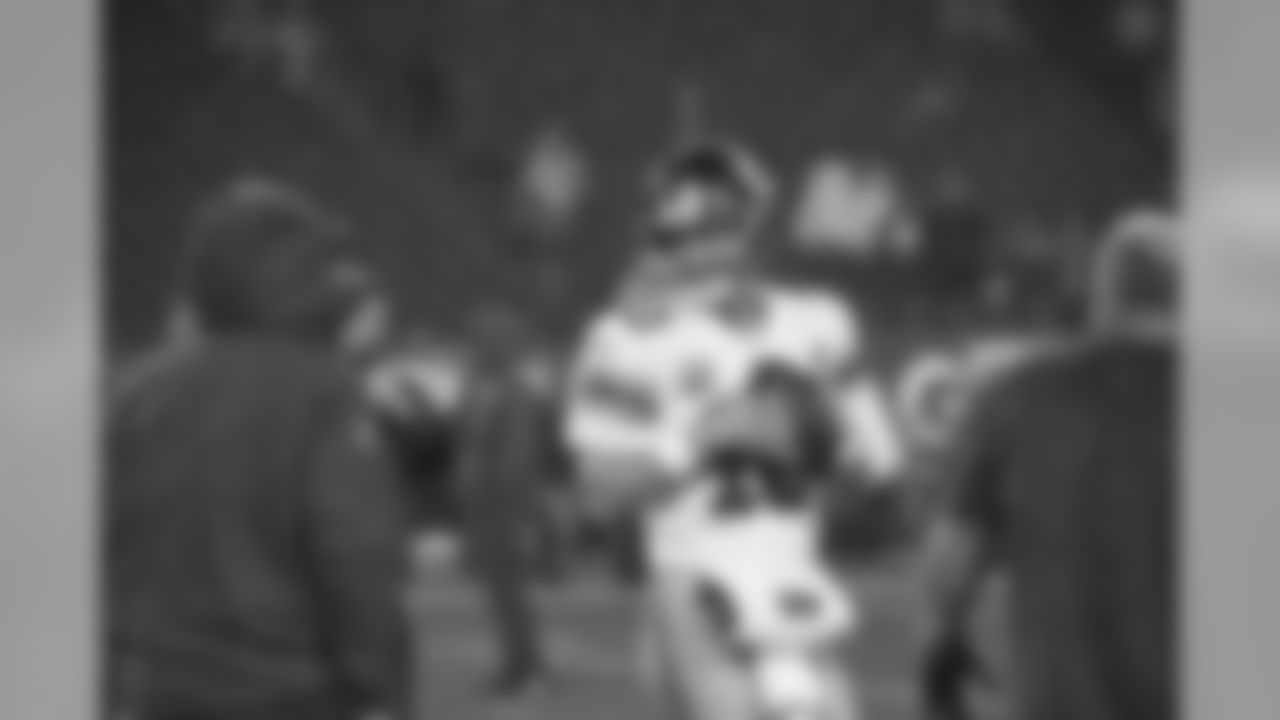
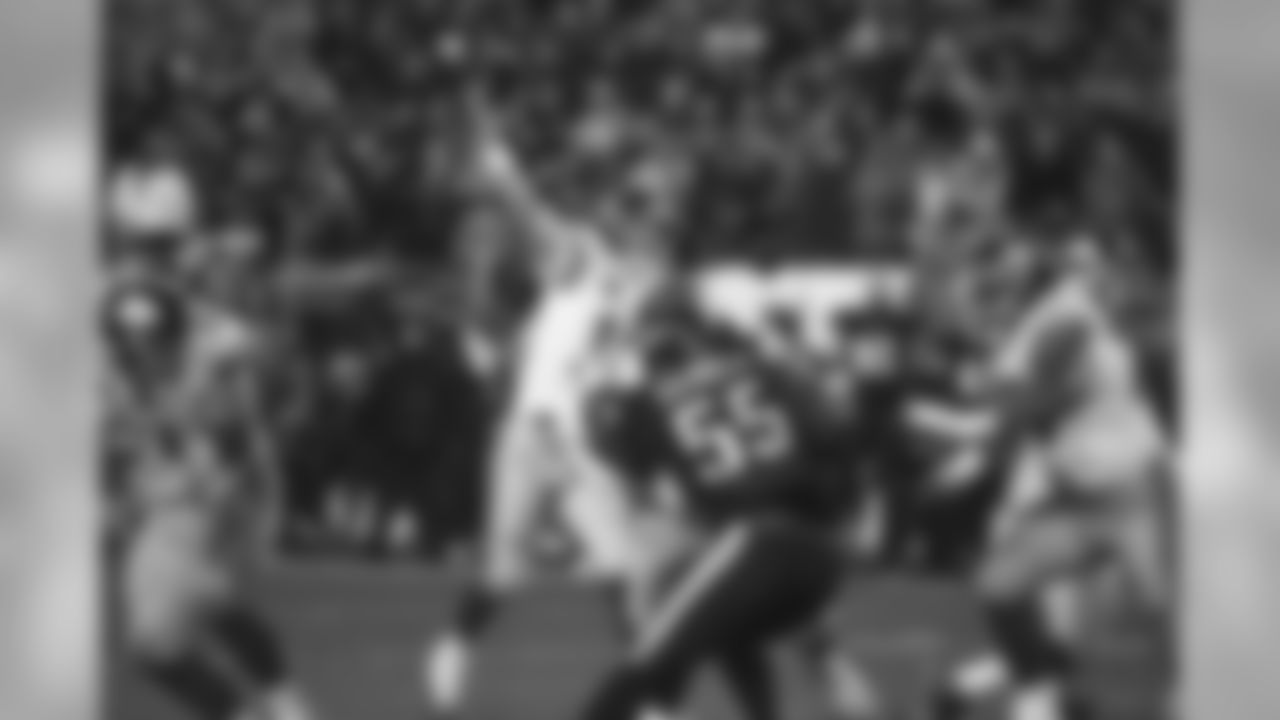
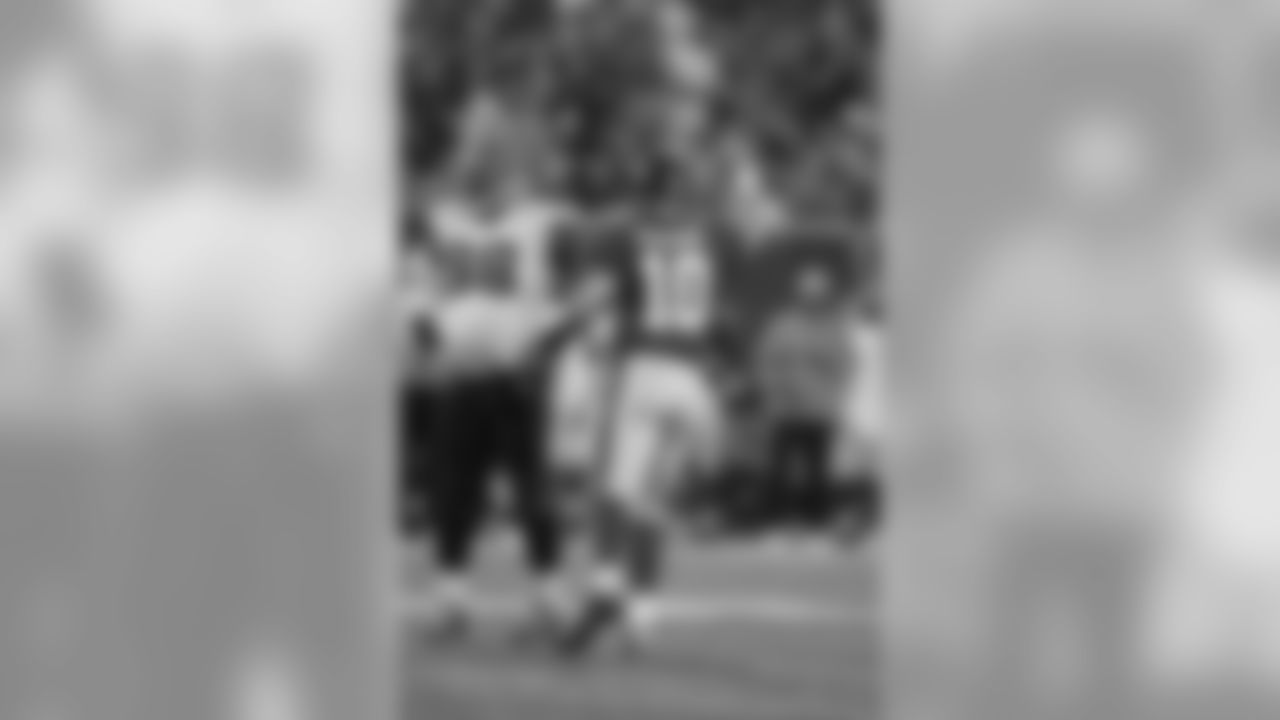
Eli Manning during the New York Giants 37-34 preseason win over the Cleveland Browns at Giants Stadium in East Rutherford, NJ on 8/18/2008 © 2008 Jim Turner
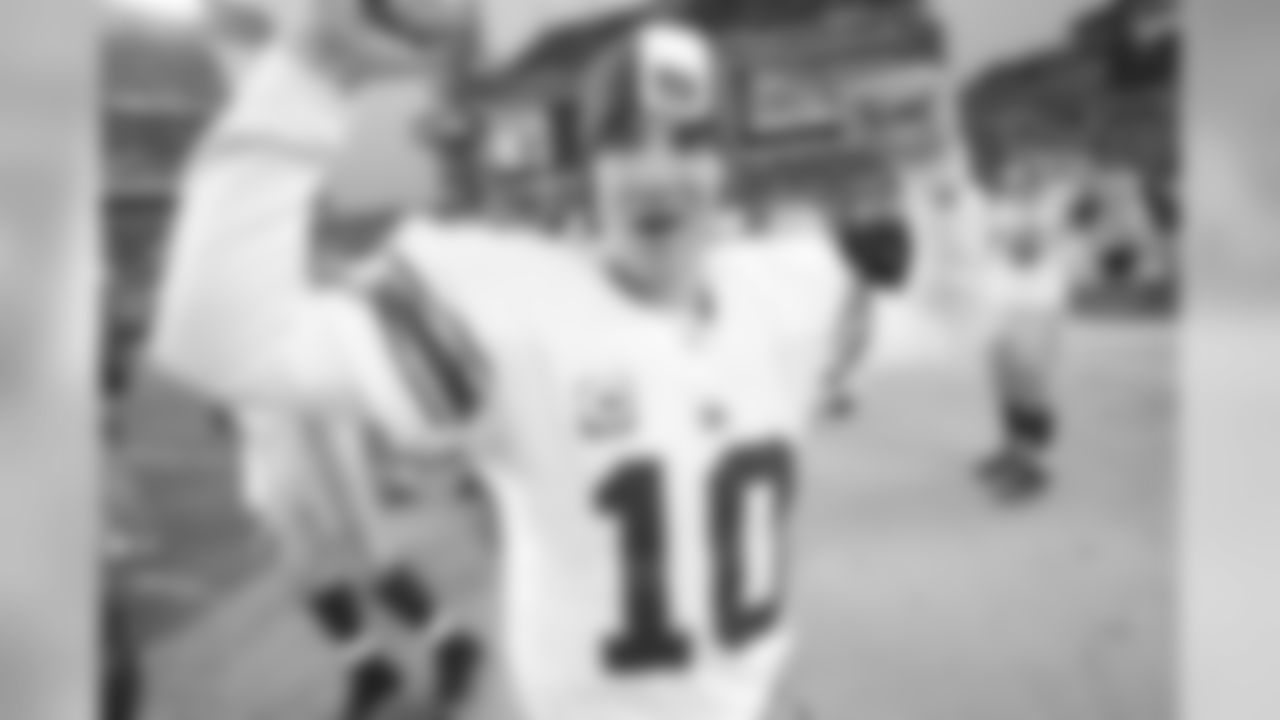
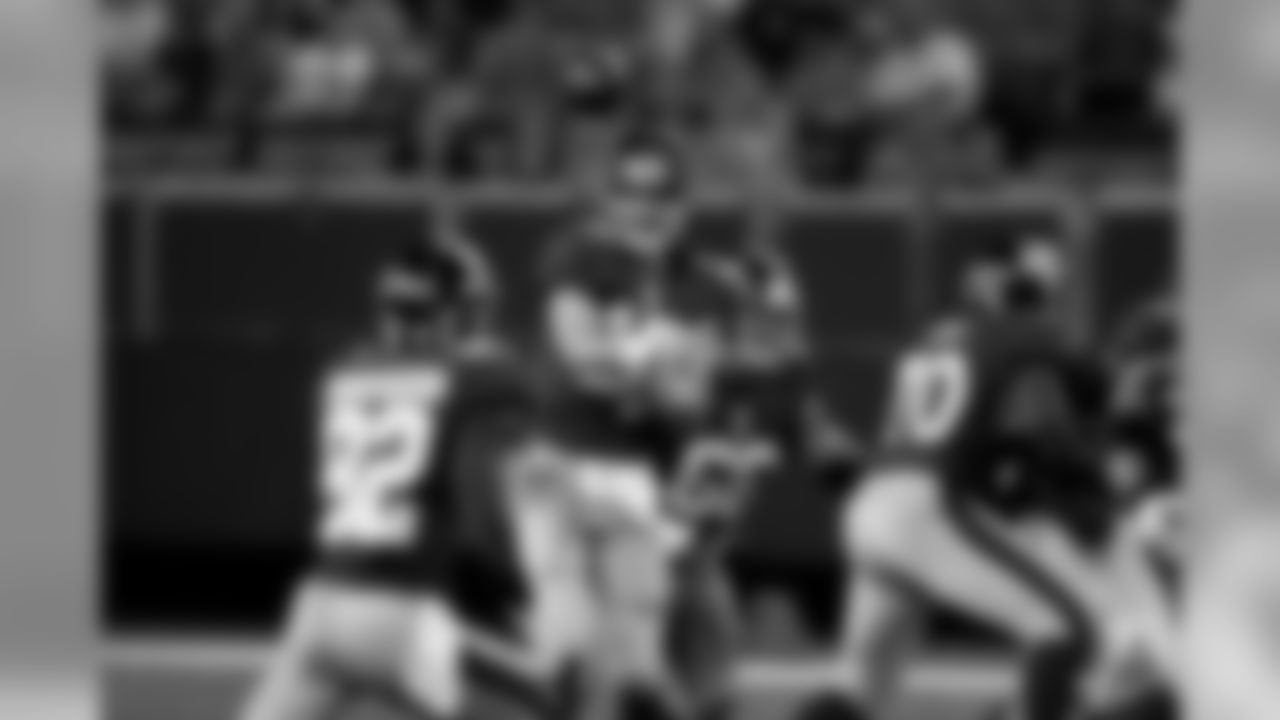
Eli Manning of the New York Giants during the Giants 24-17 pre-season win over the Carolina Panthers at Giants Stadium in East Rutherford, NJ on August 17, 2009

New York Giants against the Philadelphia Eagles in a week 15 NFL football game at the New Meadowlands Stadium in East Rutherford, New Jersey on Sunday December 19, 2010 (AP Photo/Evan Pinkus)

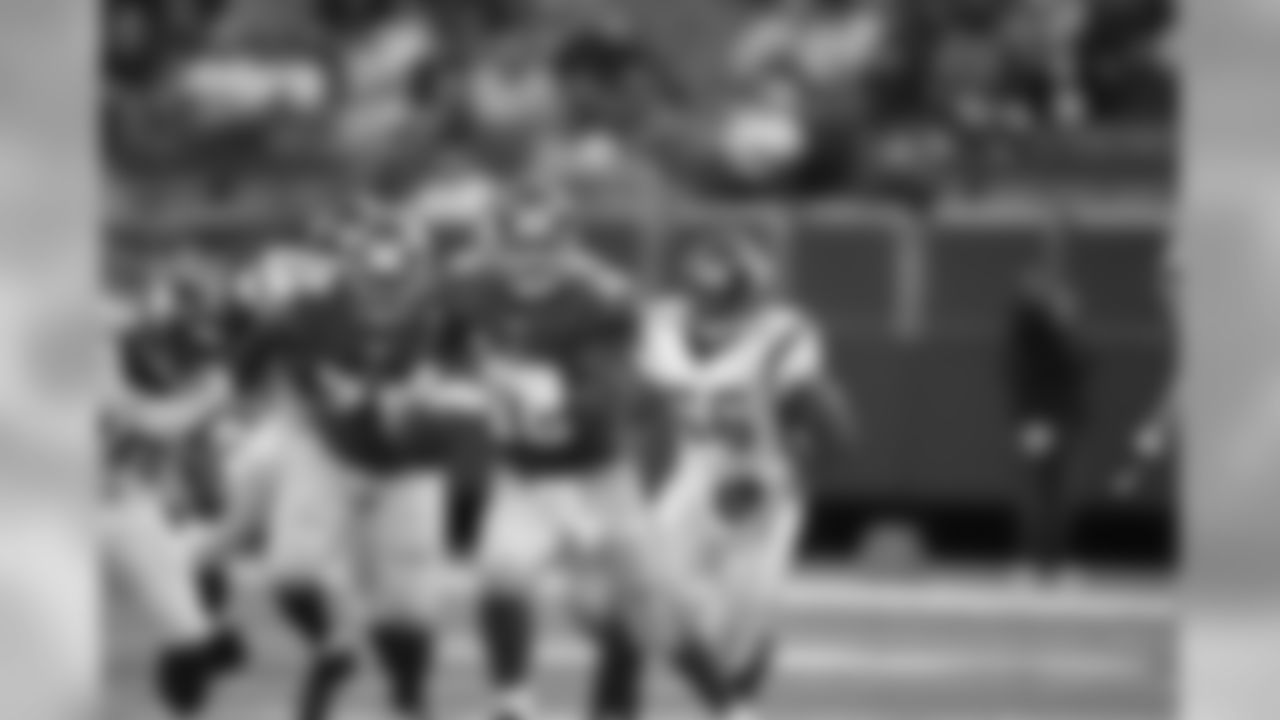
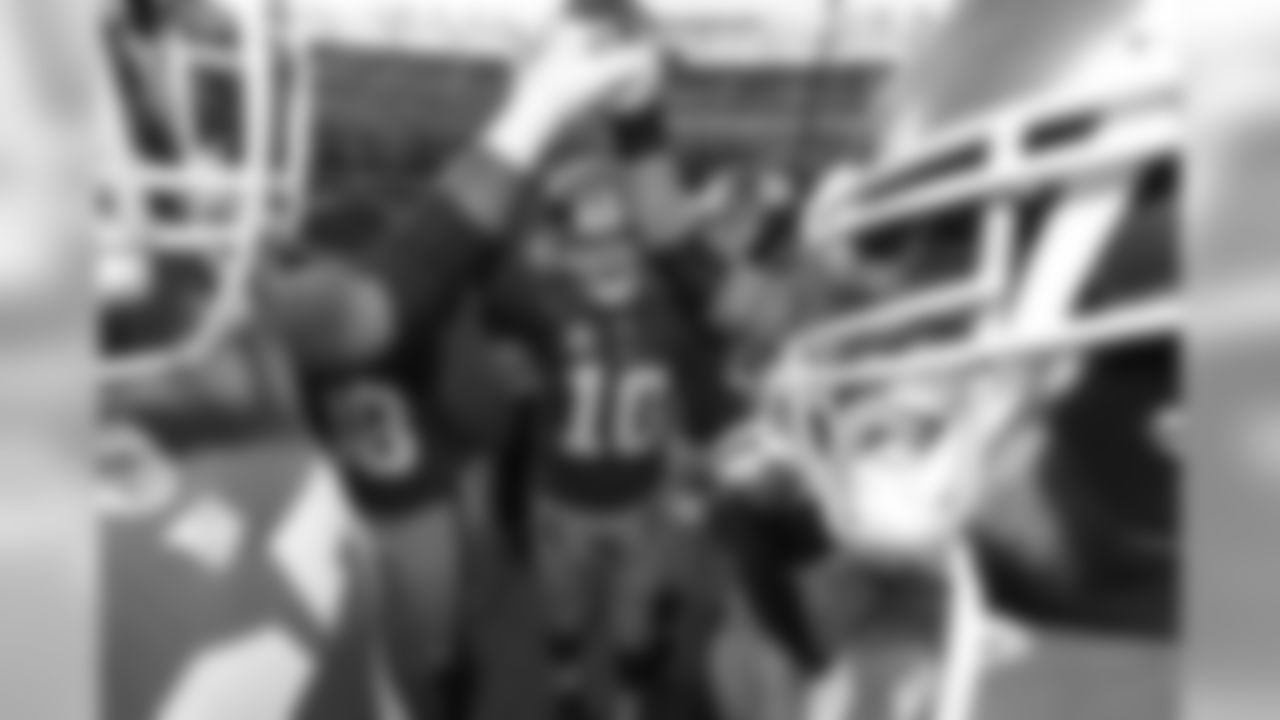
New York Giants against the Philadelphia Eagles in a week 15 NFL football game at the New Meadowlands Stadium in East Rutherford, New Jersey on Sunday December 19, 2010 (AP Photo/Evan Pinkus)
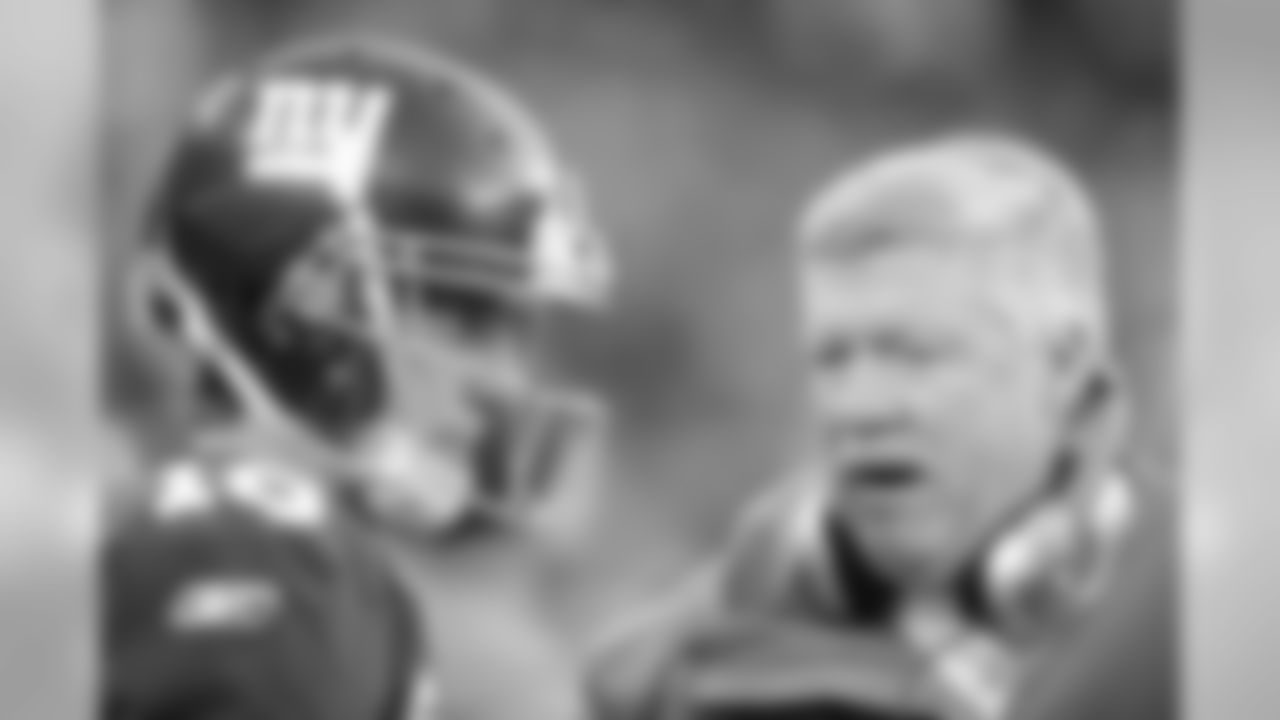
New York Giants against the Philadelphia Eagles in a week 15 NFL football game at the New Meadowlands Stadium in East Rutherford, New Jersey on Sunday December 19, 2010 (AP Photo/Evan Pinkus)
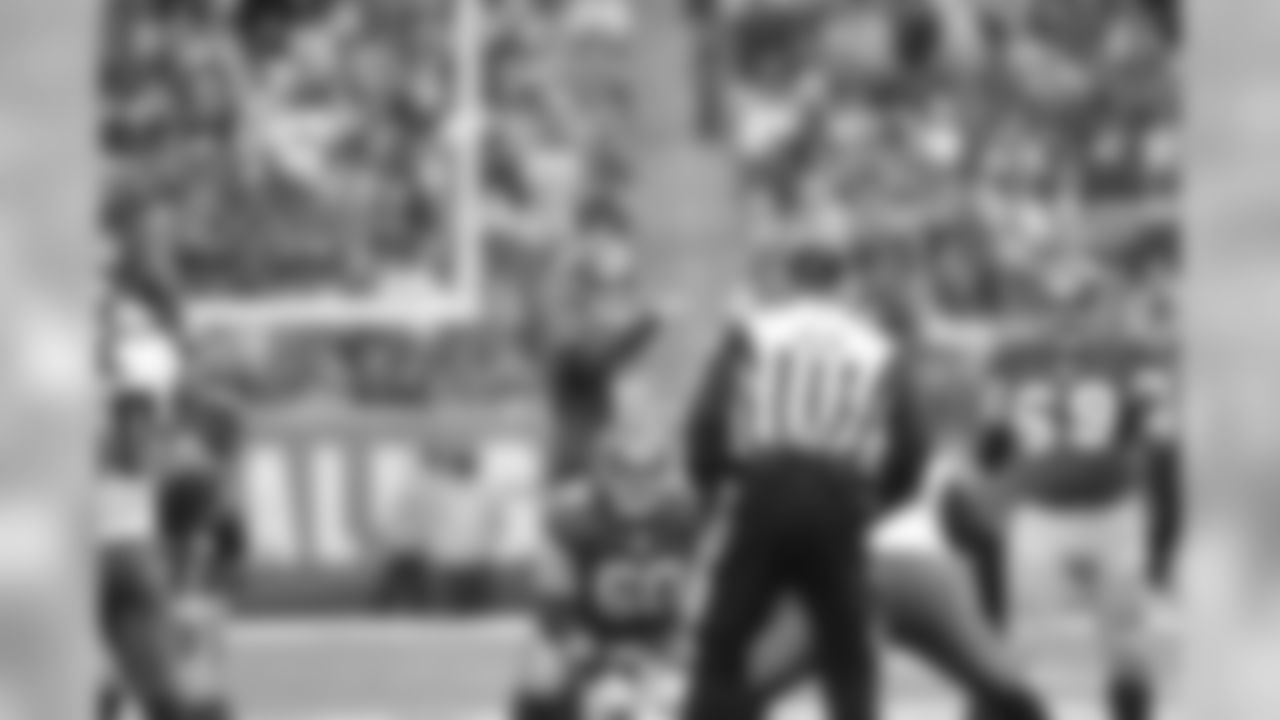
New York Giants against the Philadelphia Eagles in a week 15 NFL football game at the New Meadowlands Stadium in East Rutherford, New Jersey on Sunday December 19, 2010 (AP Photo/Evan Pinkus)
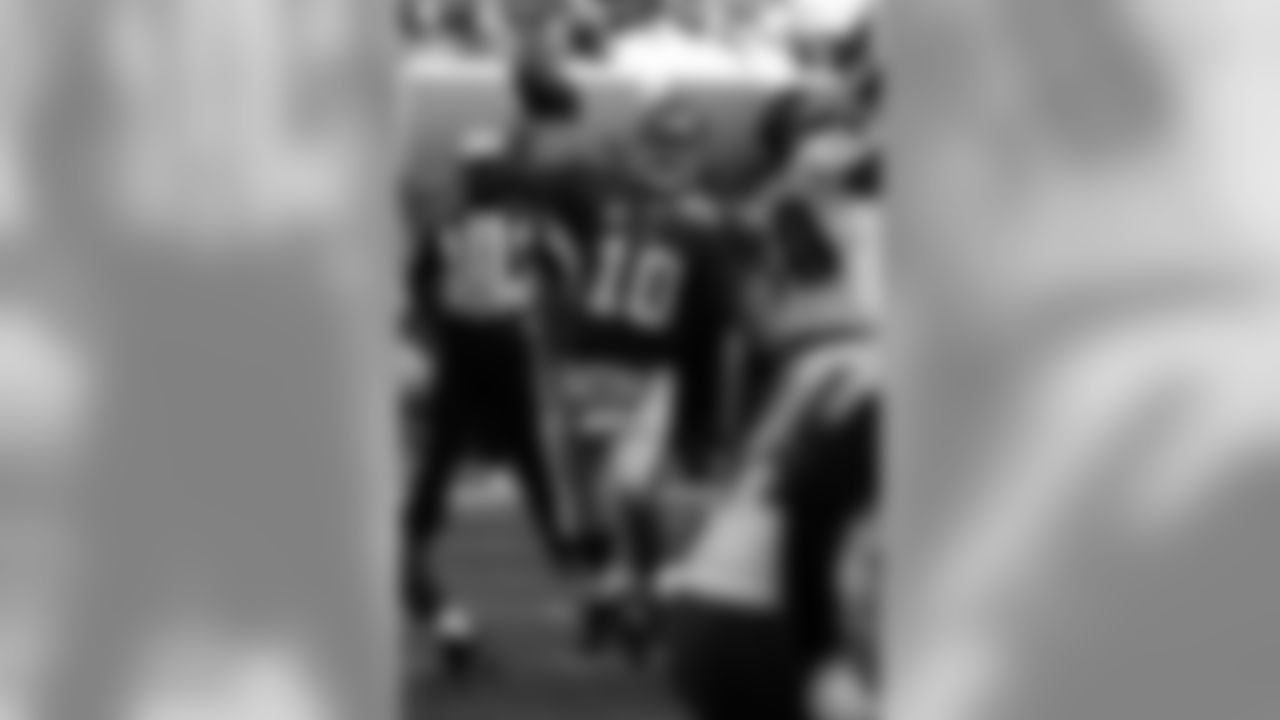
Eli Manning of the New York Giants during the Giants 23-11 divisional playoff loss to the Philadelphia Eagles on January 11, 2009 at Giants Stadium in East Rutherford, NJ.

New York Giants during a week 12 football game against the Green Bay Packers on November 25, 2012 in East Rutherford, New Jersey (AP Photo/Evan Pinkus)

New York Giants against the Philadelphia Eagles in a week 15 NFL football game at the New Meadowlands Stadium in East Rutherford, New Jersey on Sunday December 19, 2010 (AP Photo/Evan Pinkus)
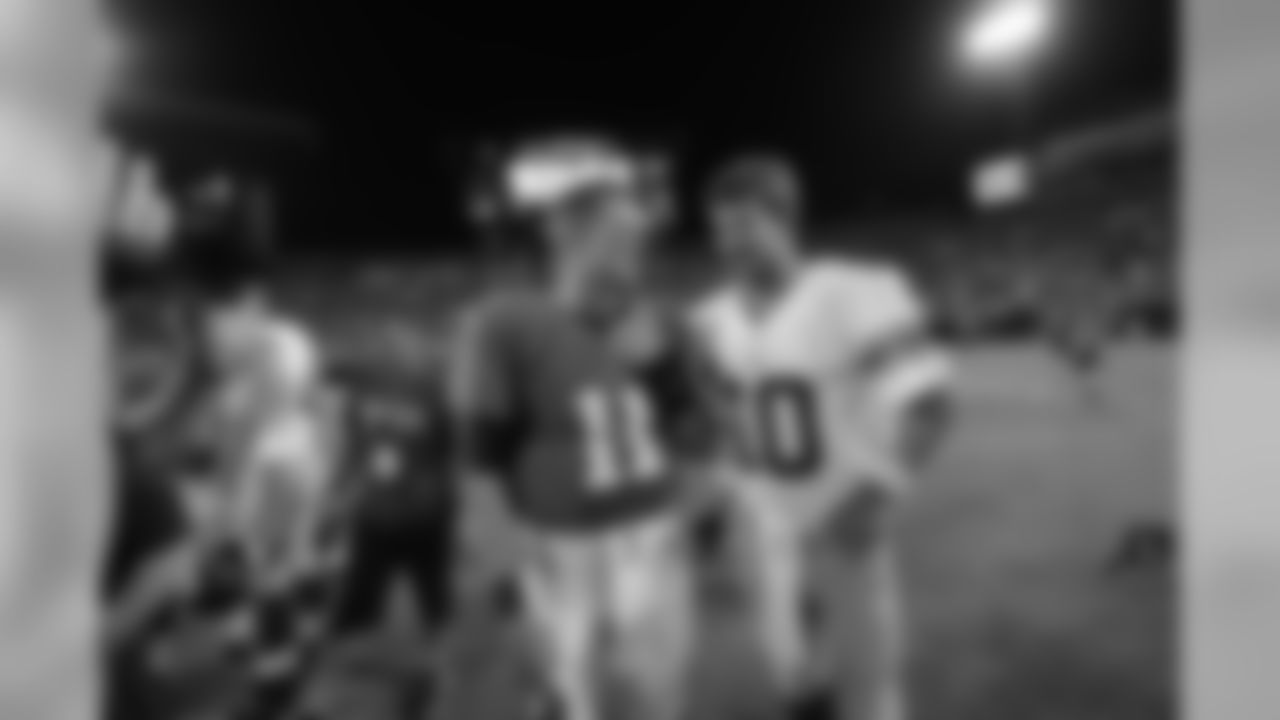
New York Giants during a week 2 football game against the Tampa Bay Buccaneers on Sunday September 16, 2012 in East Rutherford, New Jersey (AP Photo/Evan Pinkus)

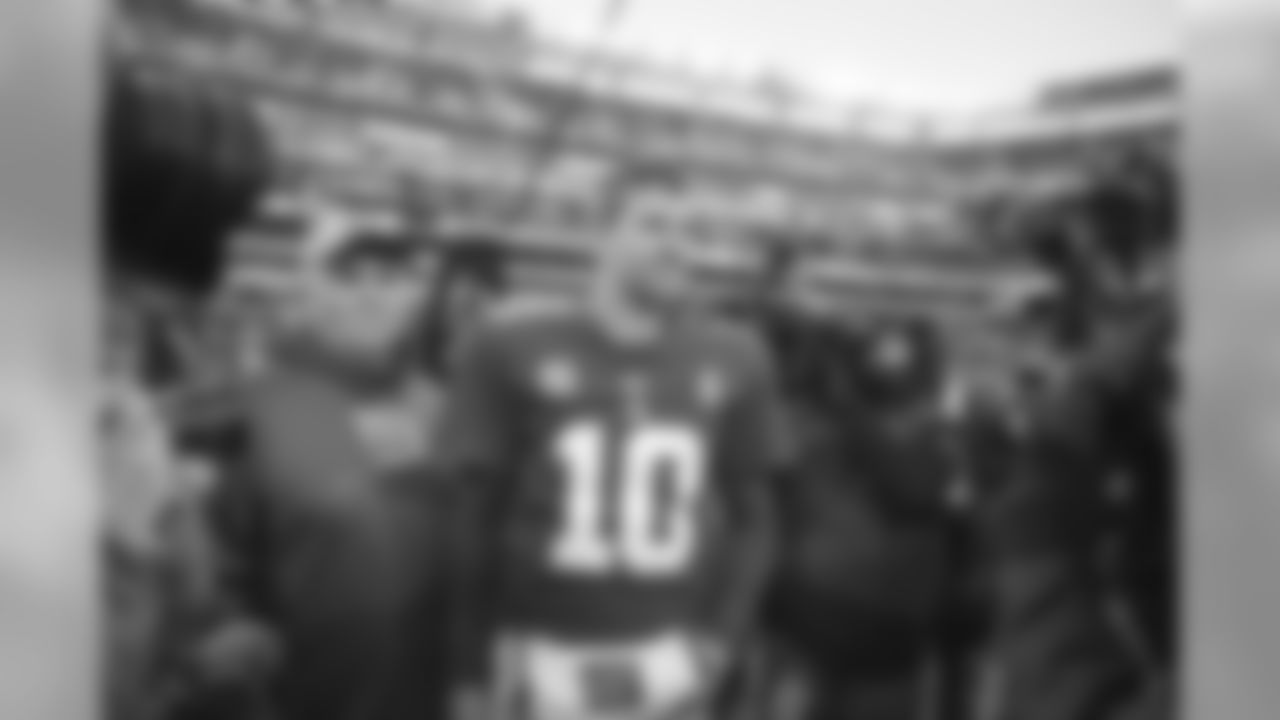

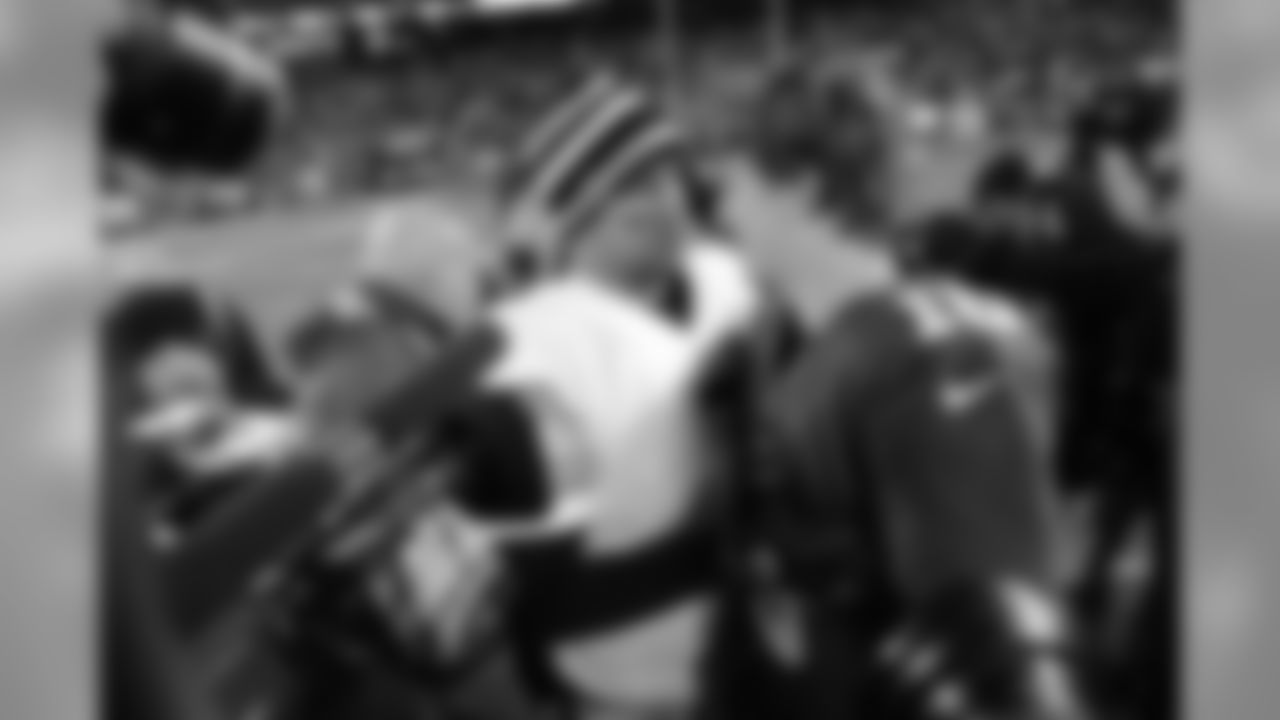
Pittsburgh Steelers before a week 9 football game against the New York Giants on November 4, 2012 in East Rutherford, New Jersey(AP Photo/Evan Pinkus)

New York Giants against the Philadelphia Eagles in a week 15 NFL football game at the New Meadowlands Stadium in East Rutherford, New Jersey on Sunday December 19, 2010 (AP Photo/Evan Pinkus)
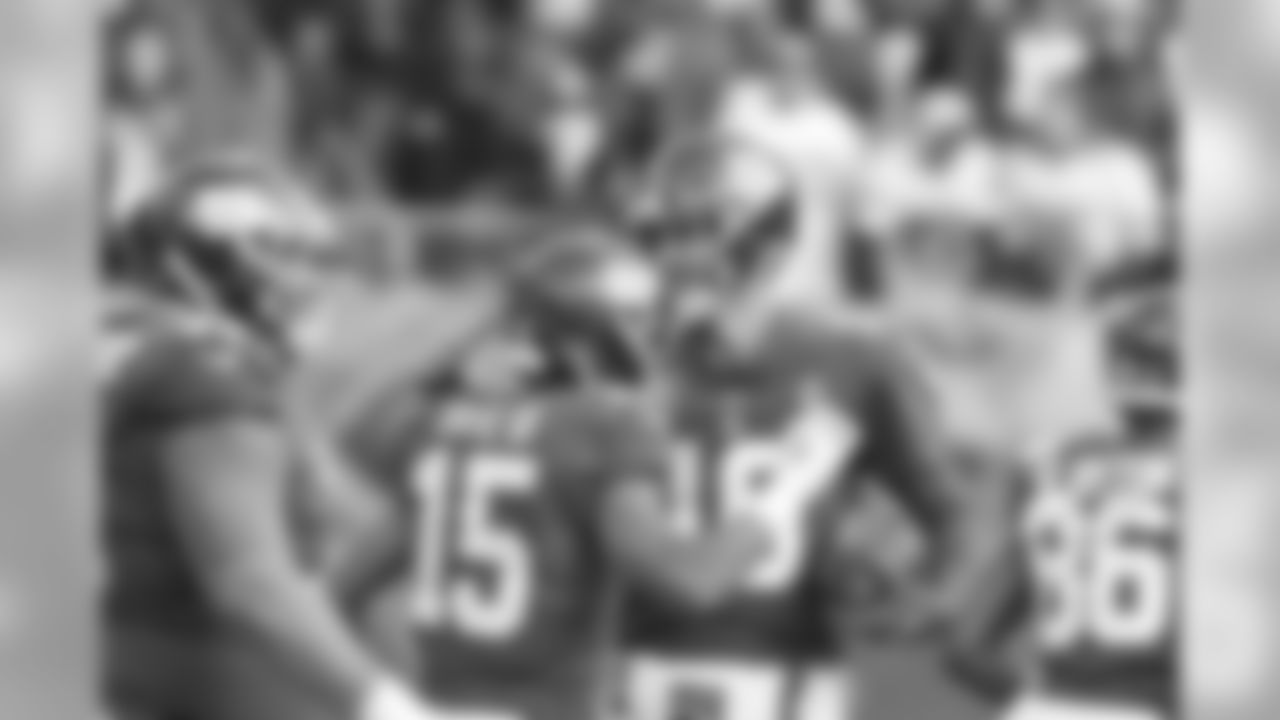
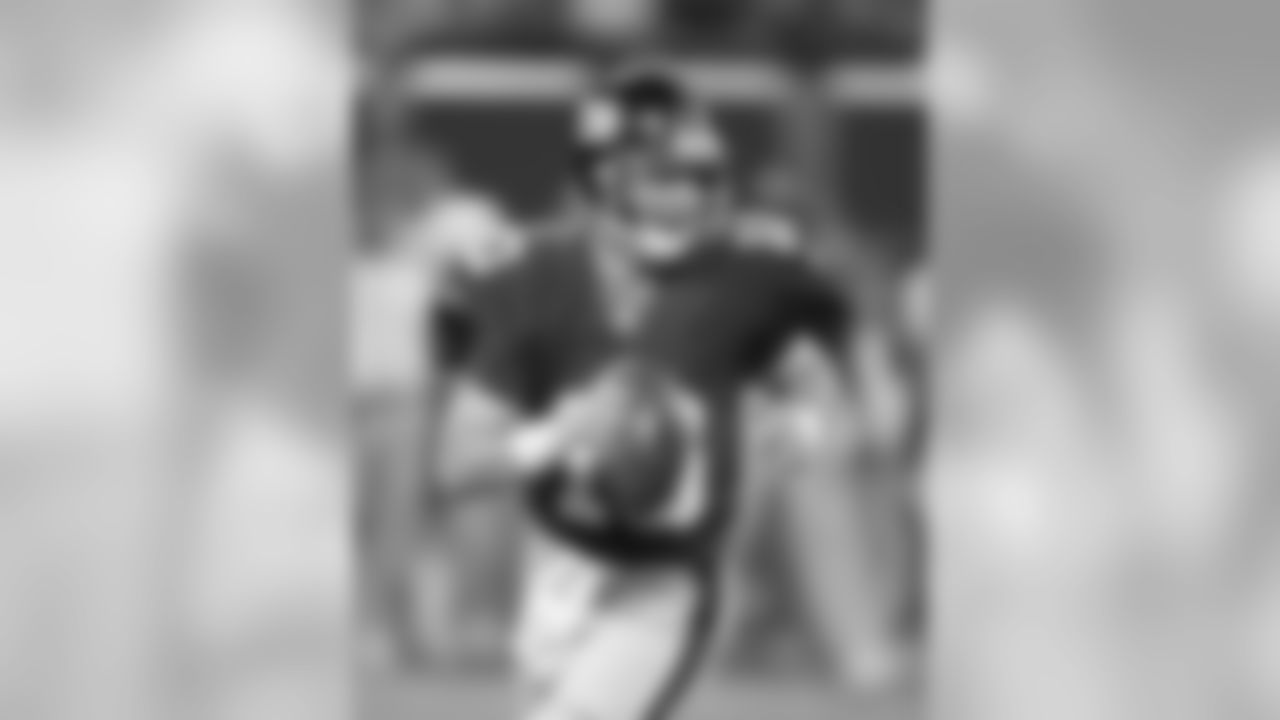
New York Giants quaterback Eli Manning threw for 80 yards and a touchdown.The New York Giants beat the Kansas City Chiefs 17-0 at the Meadowlands in East Rutherford, New Jersey

New York Giants quaterback Eli Manning sits on the bench after playing against the Kansas City Chiefs.The New York Giants beat the Kansas City Chiefs 17-0 at the Meadowlands in East Rutherford, New Jersey

New York Giants against the Philadelphia Eagles in a week 15 NFL football game at the New Meadowlands Stadium in East Rutherford, New Jersey on Sunday December 19, 2010 (AP Photo/Evan Pinkus)
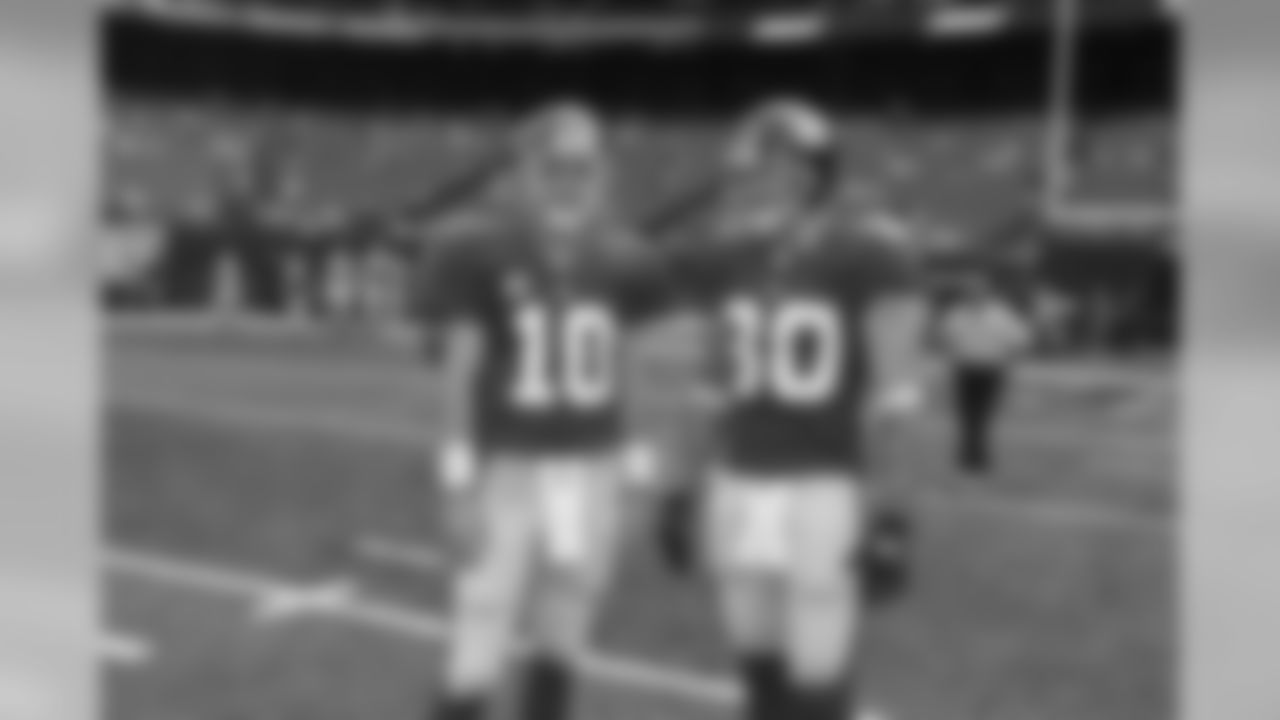
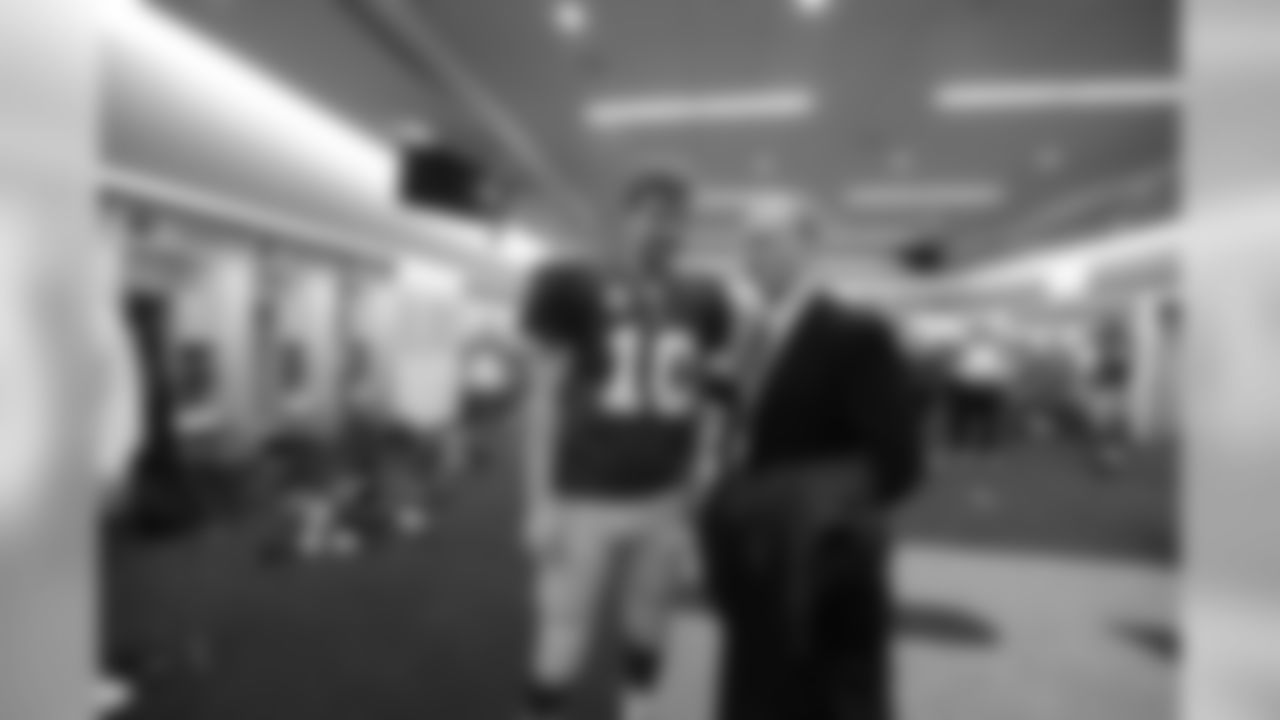
New York Giants against the Philadelphia Eagles in a week 15 NFL football game at the New Meadowlands Stadium in East Rutherford, New Jersey on Sunday December 19, 2010 (AP Photo/Evan Pinkus)

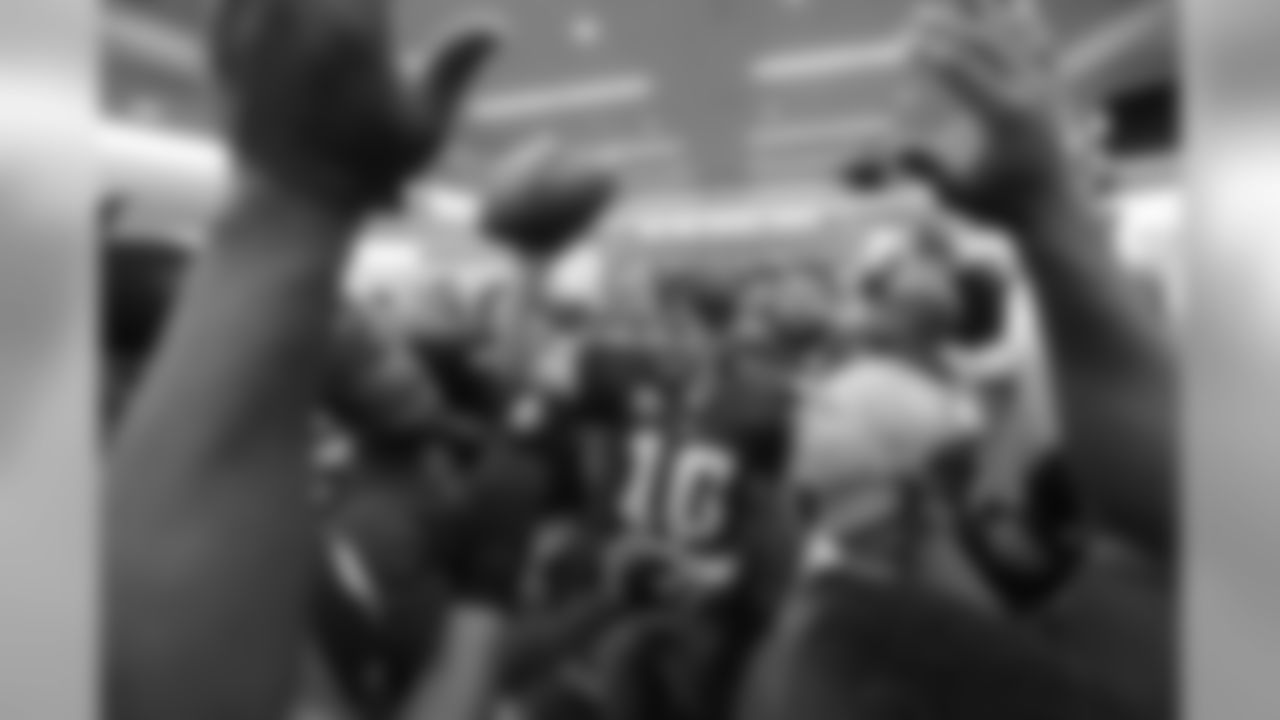
New York Giants against the Philadelphia Eagles in a week 15 NFL football game at the New Meadowlands Stadium in East Rutherford, New Jersey on Sunday December 19, 2010 (AP Photo/Evan Pinkus)

New York Giants against the Philadelphia Eagles in a week 15 NFL football game at the New Meadowlands Stadium in East Rutherford, New Jersey on Sunday December 19, 2010 (AP Photo/Evan Pinkus)
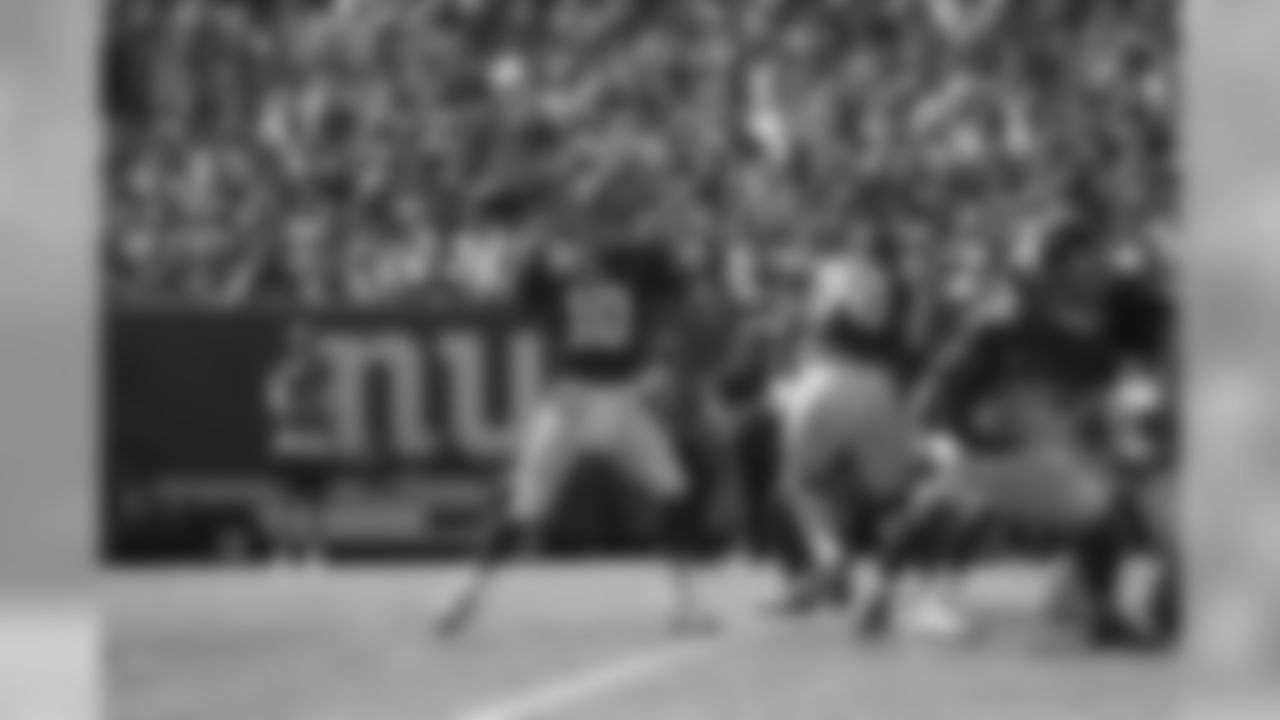
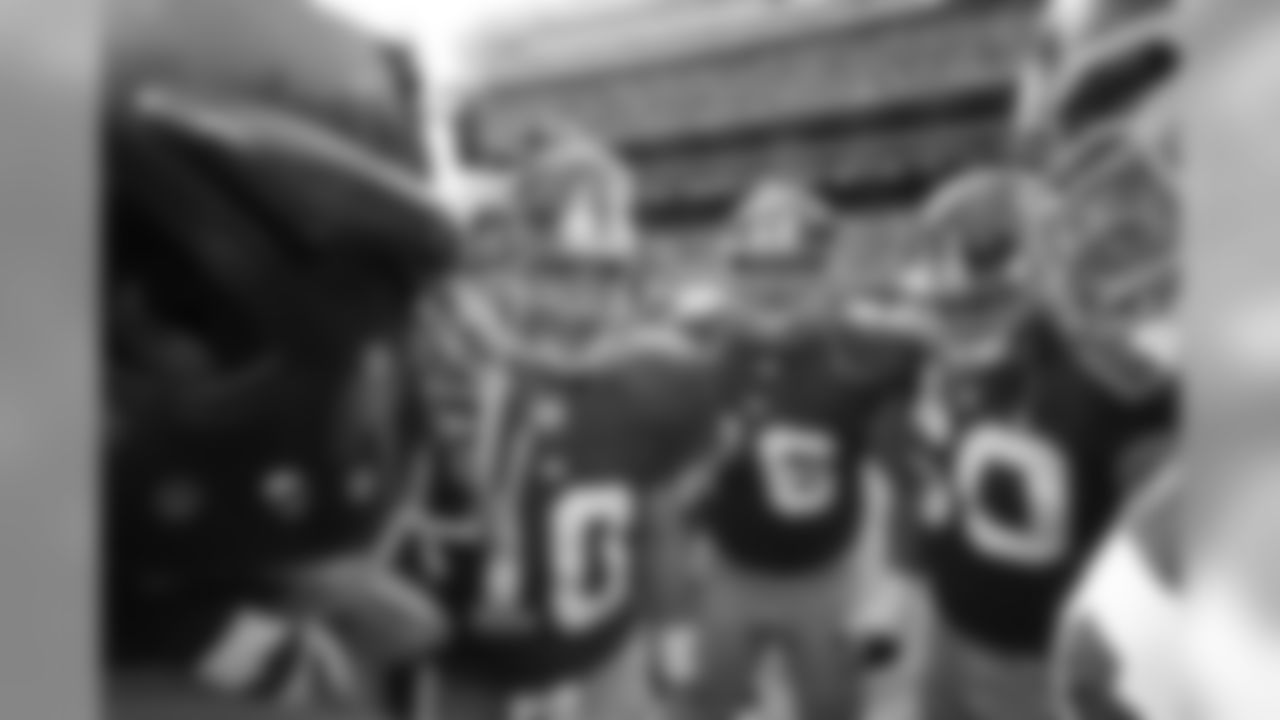

New York Giants against the Washington Redskins in a week 13 NFL football game at the New Meadowlands Stadium in East Rutherford, New Jersey on Sunday December 5, 2010 (AP Photo/Evan Pinkus)
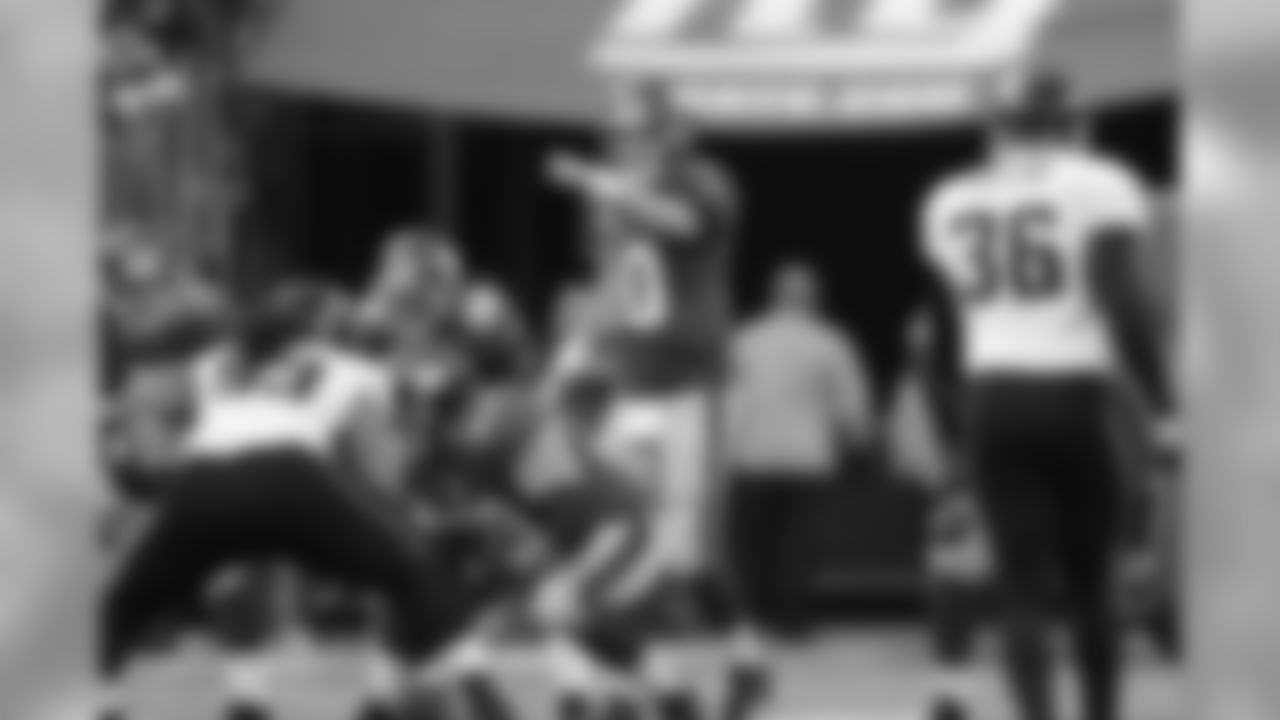
New York Giants against the Philadelphia Eagles in a week 15 NFL football game at the New Meadowlands Stadium in East Rutherford, New Jersey on Sunday December 19, 2010 (AP Photo/Evan Pinkus)
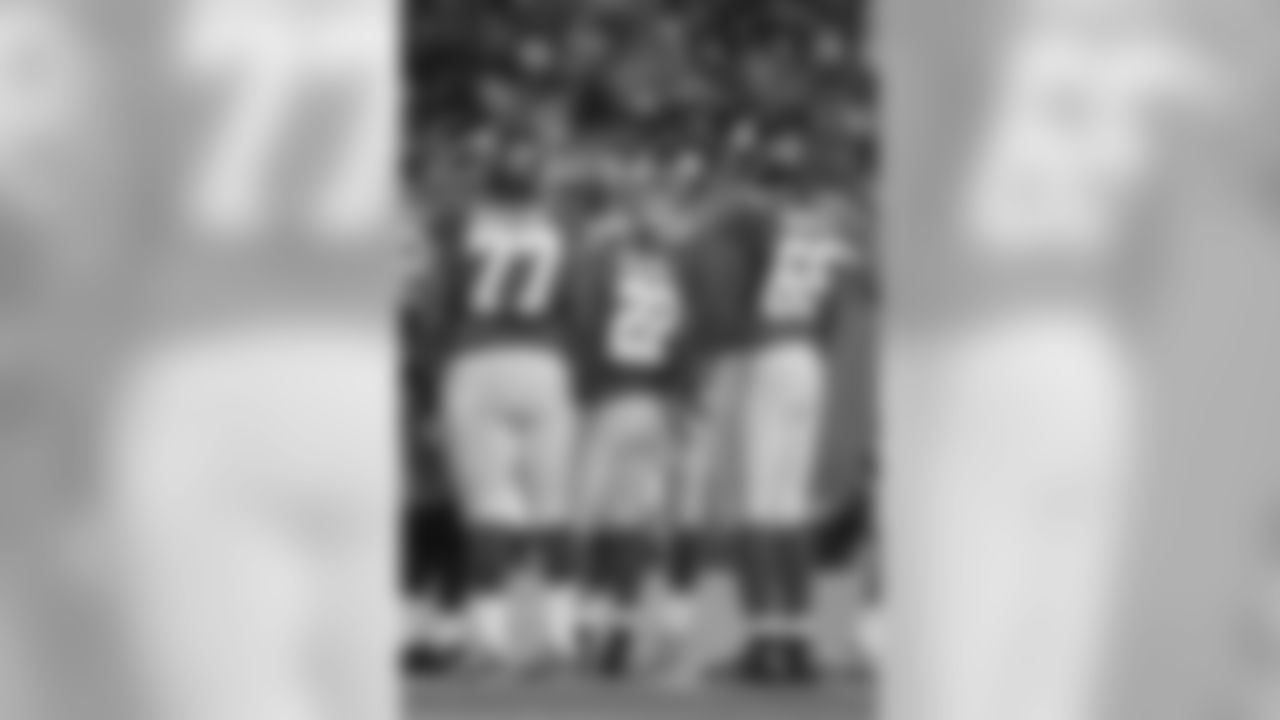
New York Giants during a week 12 football game against the Green Bay Packers on November 25, 2012 in East Rutherford, New Jersey (AP Photo/Evan Pinkus)

New York Giants against the Philadelphia Eagles in a week 15 NFL football game at the New Meadowlands Stadium in East Rutherford, New Jersey on Sunday December 19, 2010 (AP Photo/Evan Pinkus)
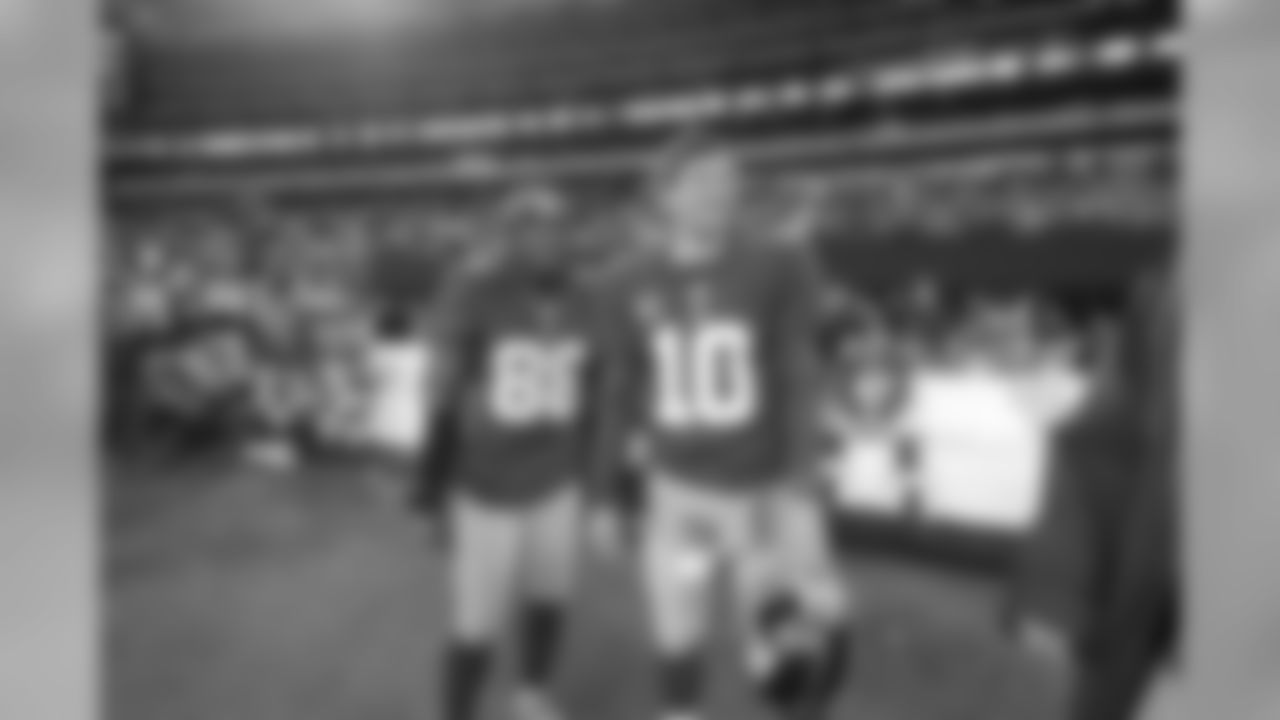
New York Giants during a week 12 football game against the Green Bay Packers on November 25, 2012 in East Rutherford, New Jersey (AP Photo/Evan Pinkus)

New York Giants during a week 12 football game against the Green Bay Packers on November 25, 2012 in East Rutherford, New Jersey (AP Photo/Evan Pinkus)

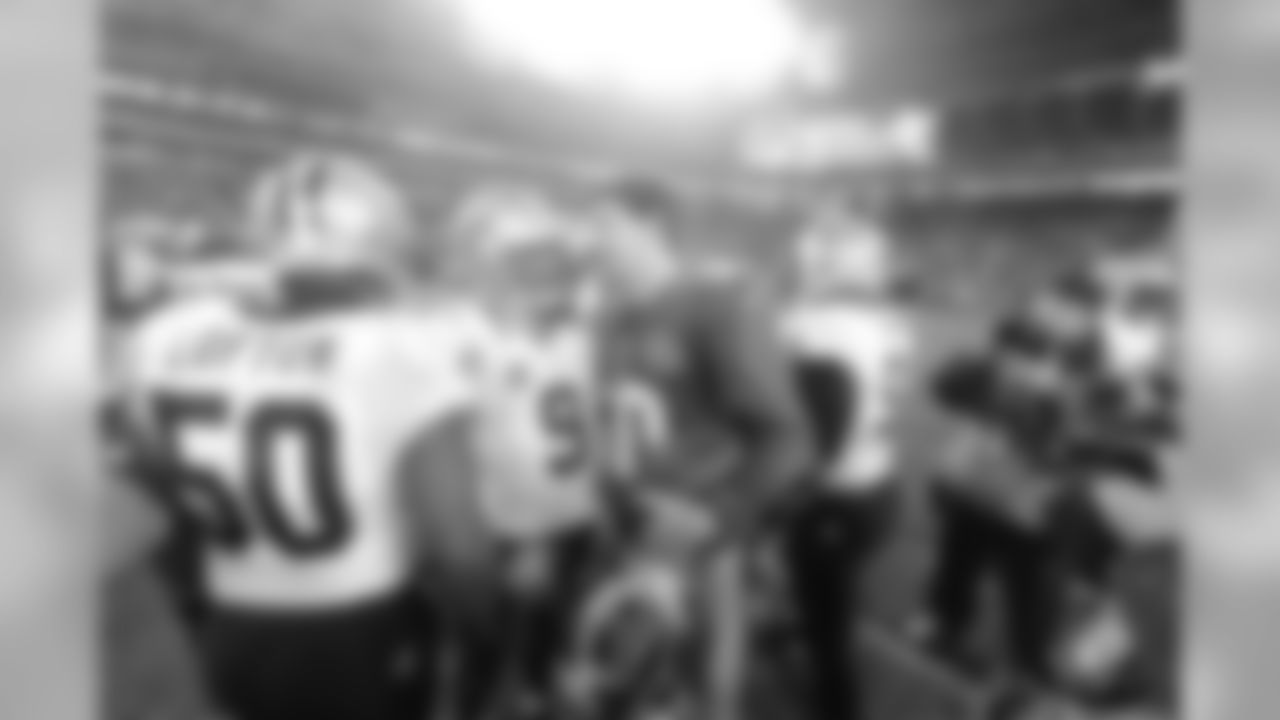
New York Giants during a week 15 football game against the Atlanta Flacons on December 16, 2012 in Atlanta, Georgia (AP Photo/Evan Pinkus)

New York Giants during a week 16 football game against the Baltimore Ravens on December 22, 2012 in Baltimore, Maryland (AP Photo/Evan Pinkus)
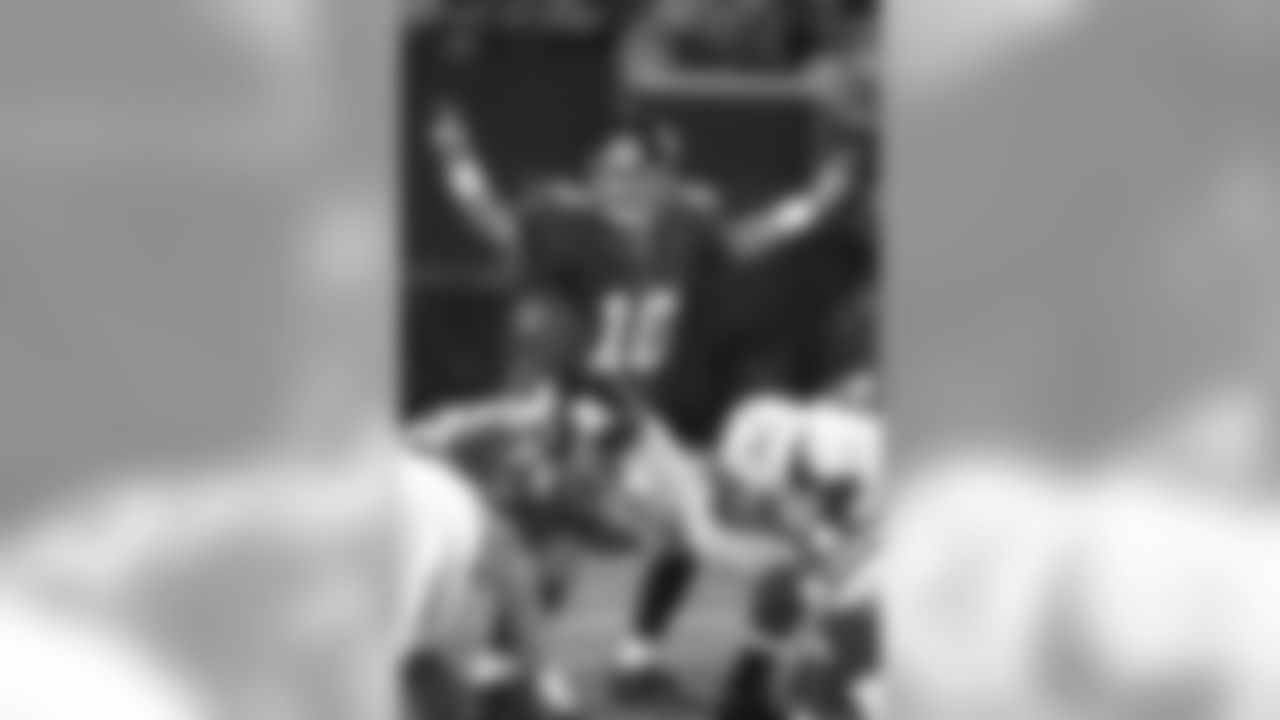
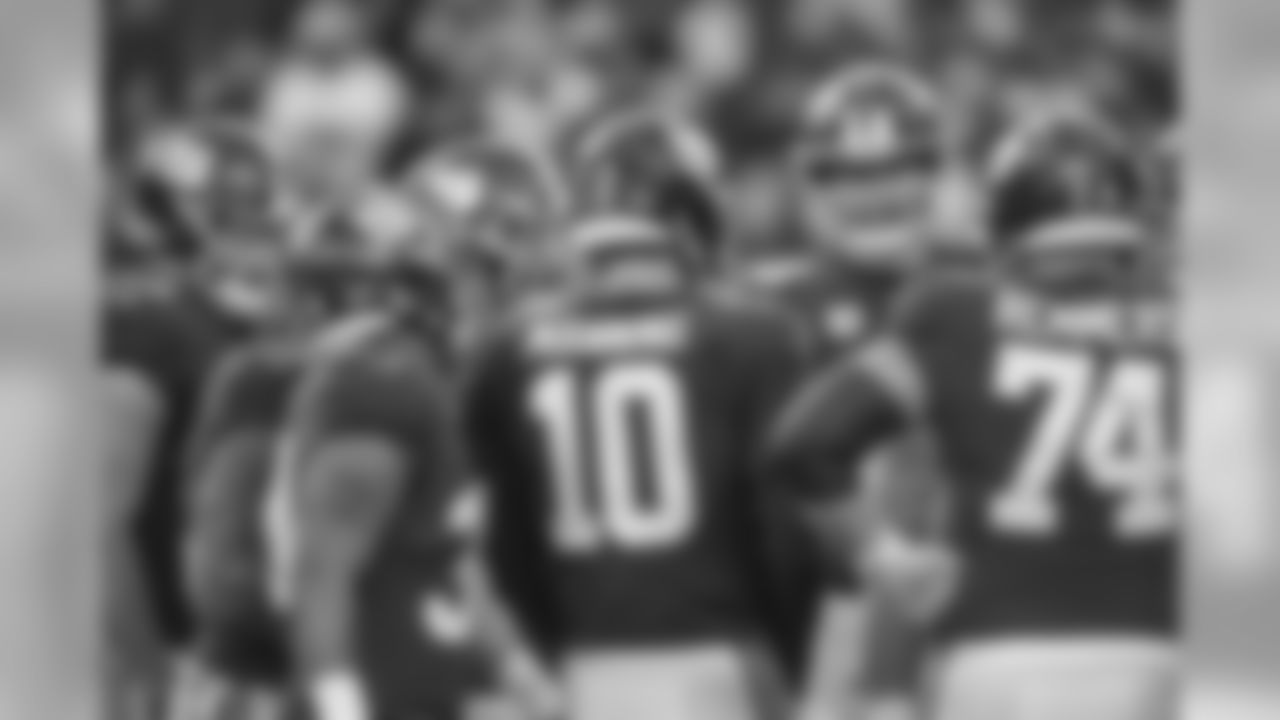
New York Giants vs Miami Dolphins 2019

New York Giants during a week 2 football game against the Tampa Bay Buccaneers on Sunday September 16, 2012 in East Rutherford, New Jersey (AP Photo/Evan Pinkus)

New York Giants vs Minnesota Vikings 2019

New York Giants during a week 16 football game against the Baltimore Ravens on December 22, 2012 in Baltimore, Maryland (AP Photo/Evan Pinkus)

New York Giants vs Miami Dolphins 2019
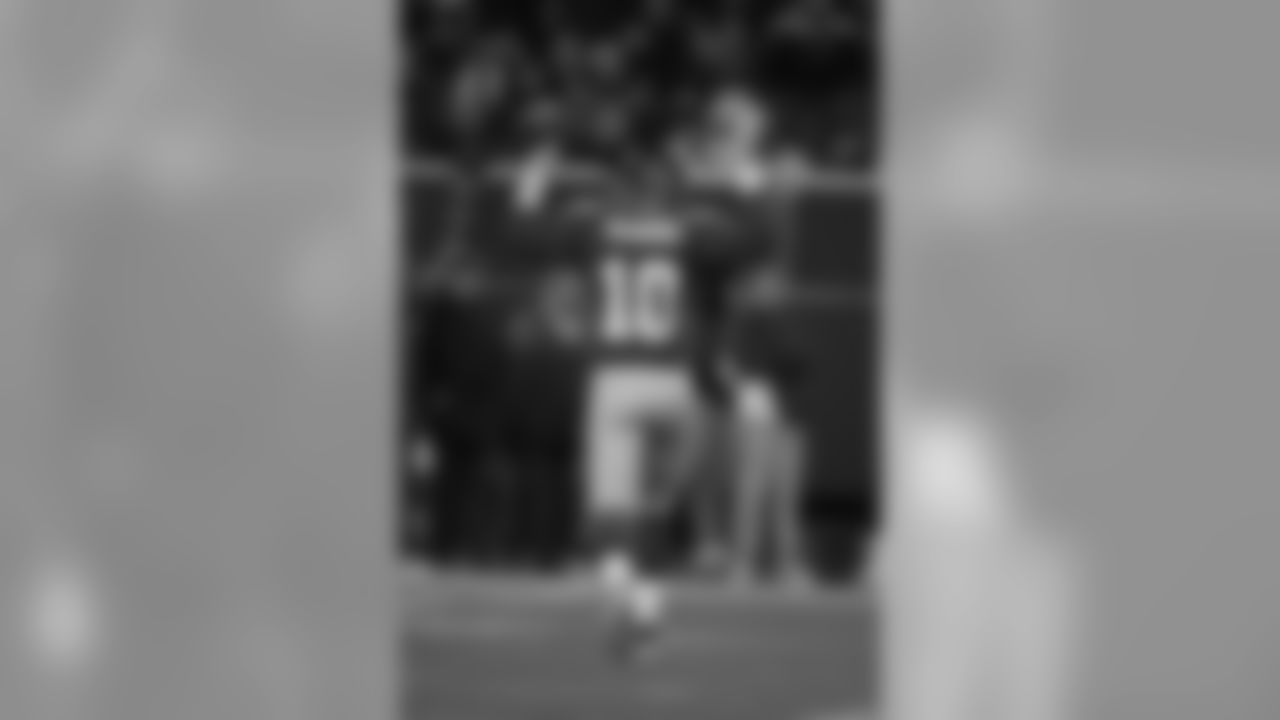
Eli Manning during the New York Giants 28-24 win over the Dallas Cowboys on January 2, 2005 at Giants Stadium in East Rutherford, New Jersey.

New York Giants vs Miami Dolphins 2019
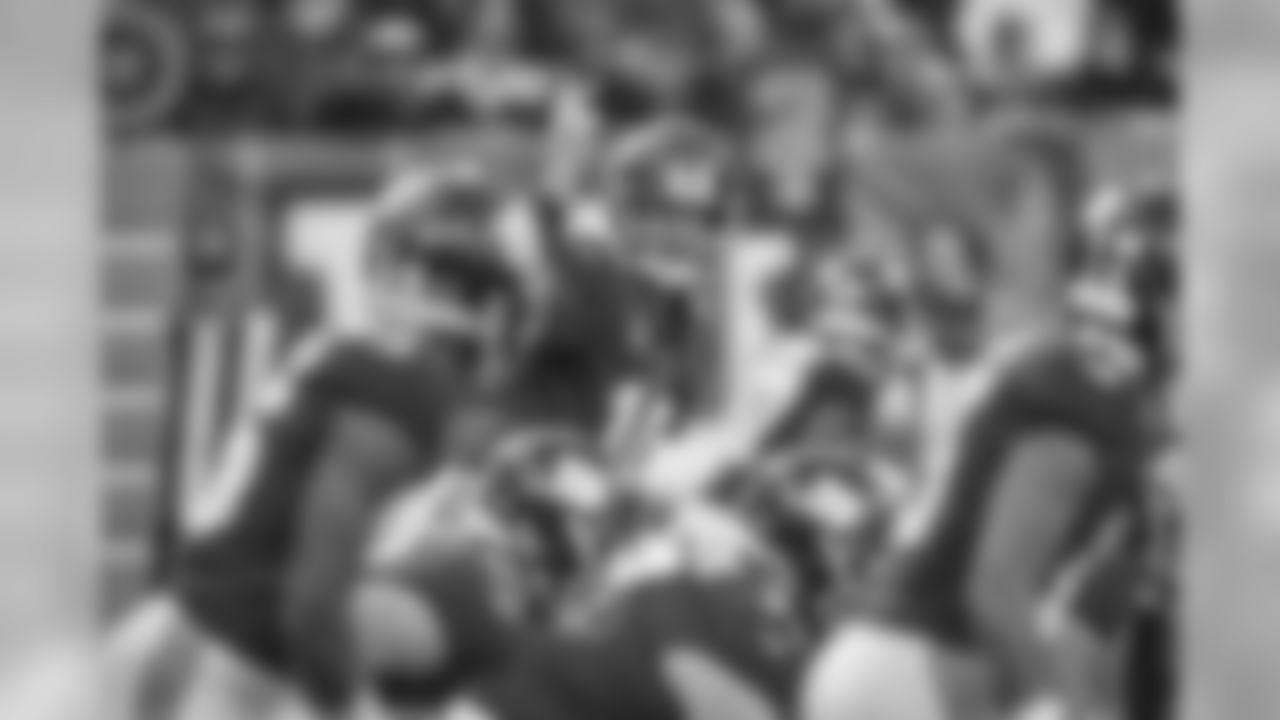
New York Giants vs Miami Dolphins 2019
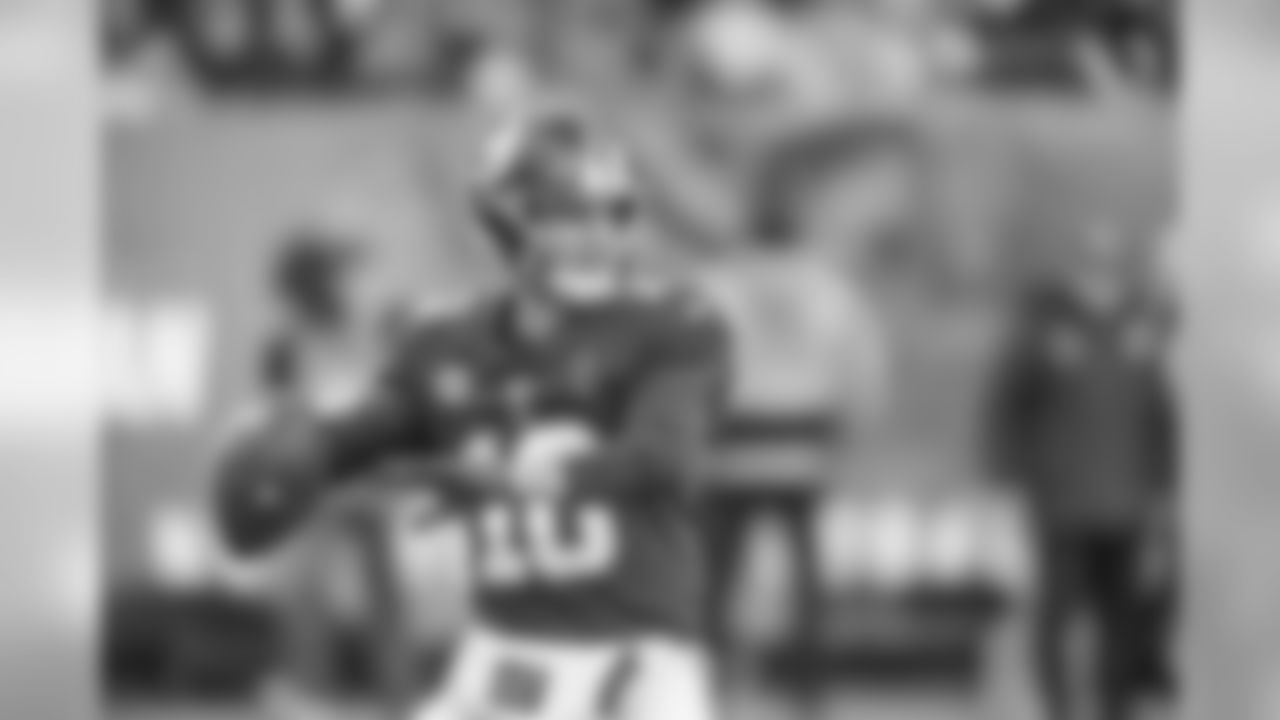
New York Giants vs Miami Dolphins 2019
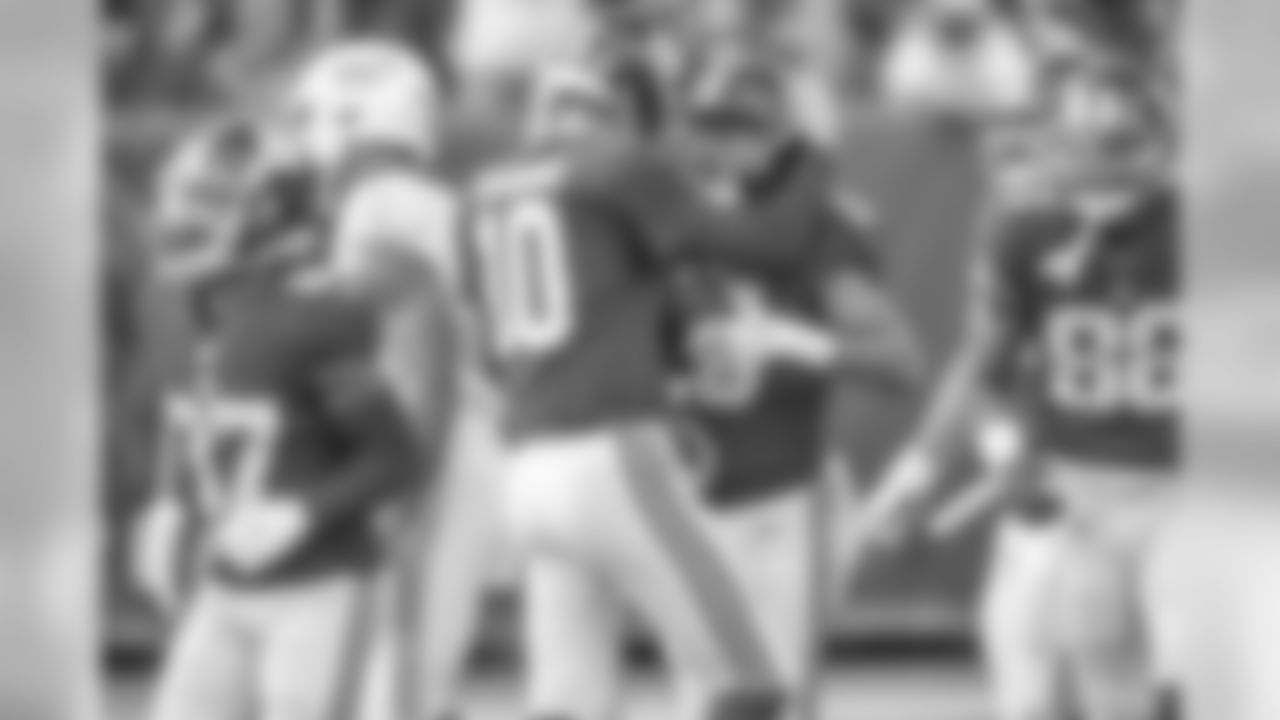
New York Giants vs Miami Dolphins 2019

Eli Manning during the New York Giants 28-24 win over the Dallas Cowboys on January 2, 2005 at Giants Stadium in East Rutherford, New Jersey.
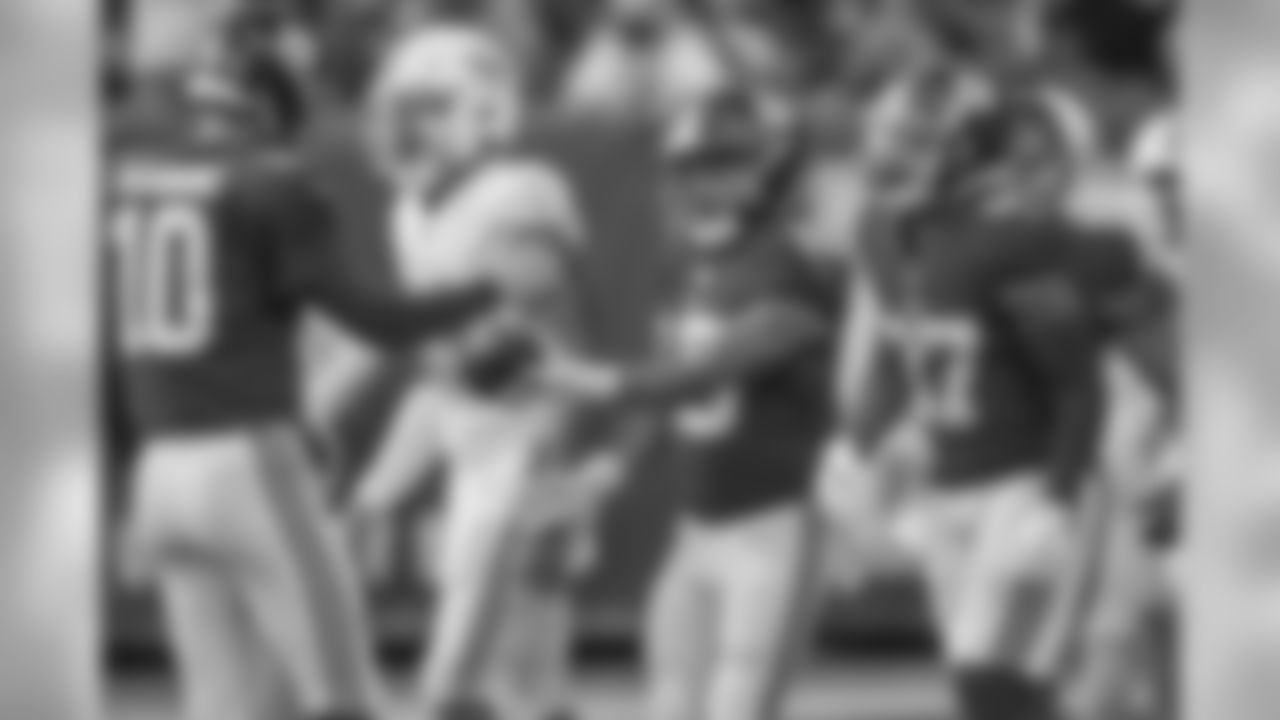
New York Giants vs Miami Dolphins 2019
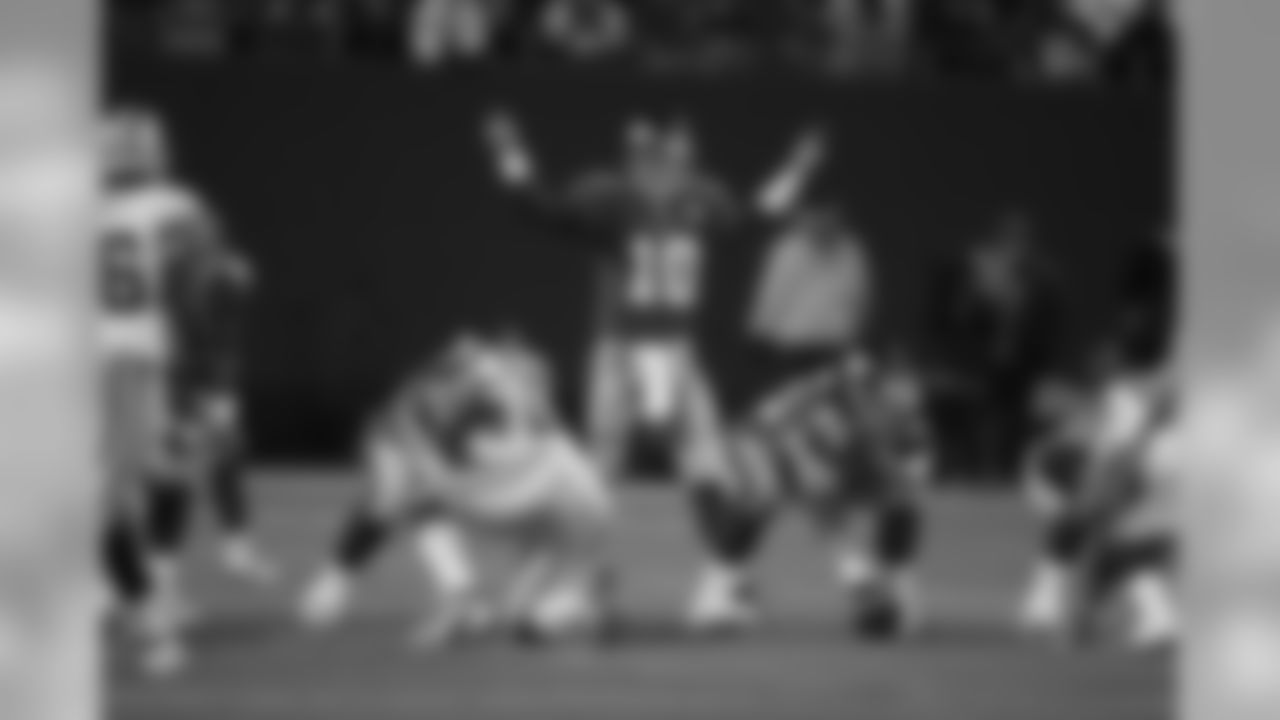
Eli Manning during the New York Giants 28-24 win over the Dallas Cowboys on January 2, 2005 at Giants Stadium in East Rutherford, New Jersey.
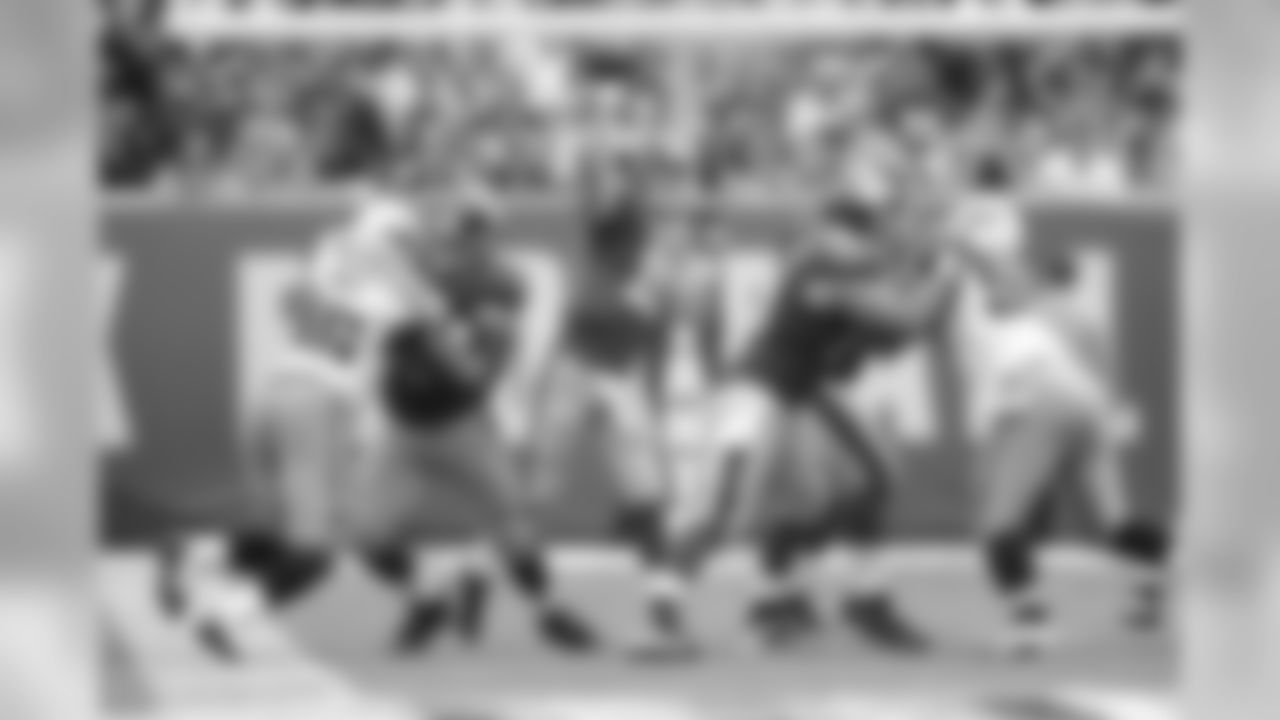
New York Giants against the Pittsburgh Steelers in a preseason NFL football game at the New Meadowlands Stadium in East Rutherford, New Jersey on Saturday August 21, 2010 (AP Photo/Evan Pinkus)
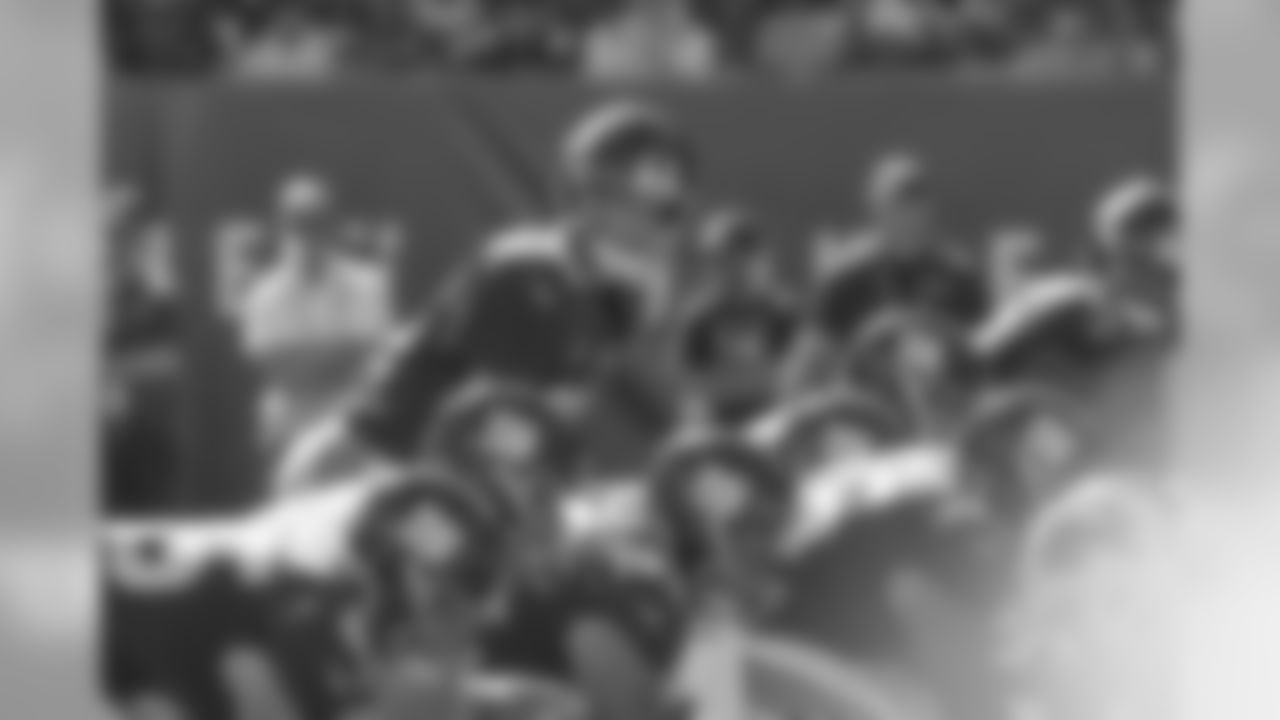

Eli Manning during the New York Giants 28-24 win over the Dallas Cowboys on January 2, 2005 at Giants Stadium in East Rutherford, New Jersey.
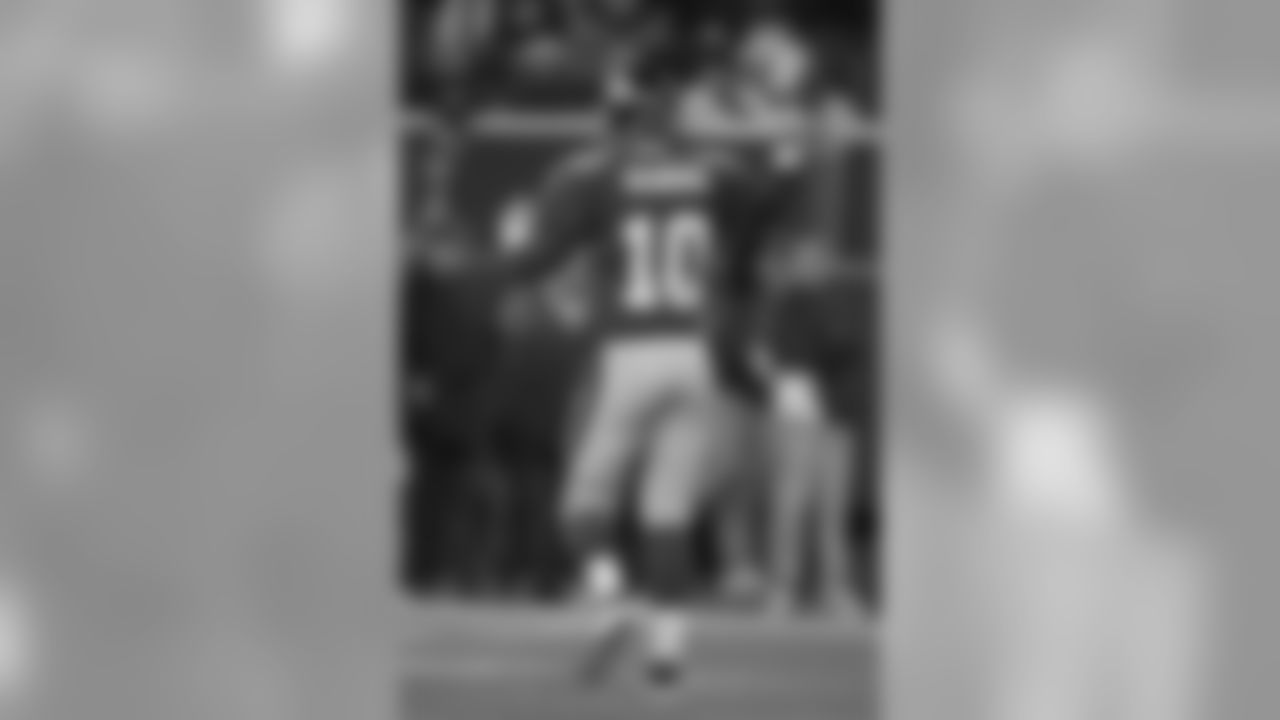
Eli Manning during the New York Giants 28-24 win over the Dallas Cowboys on January 2, 2005 at Giants Stadium in East Rutherford, New Jersey.
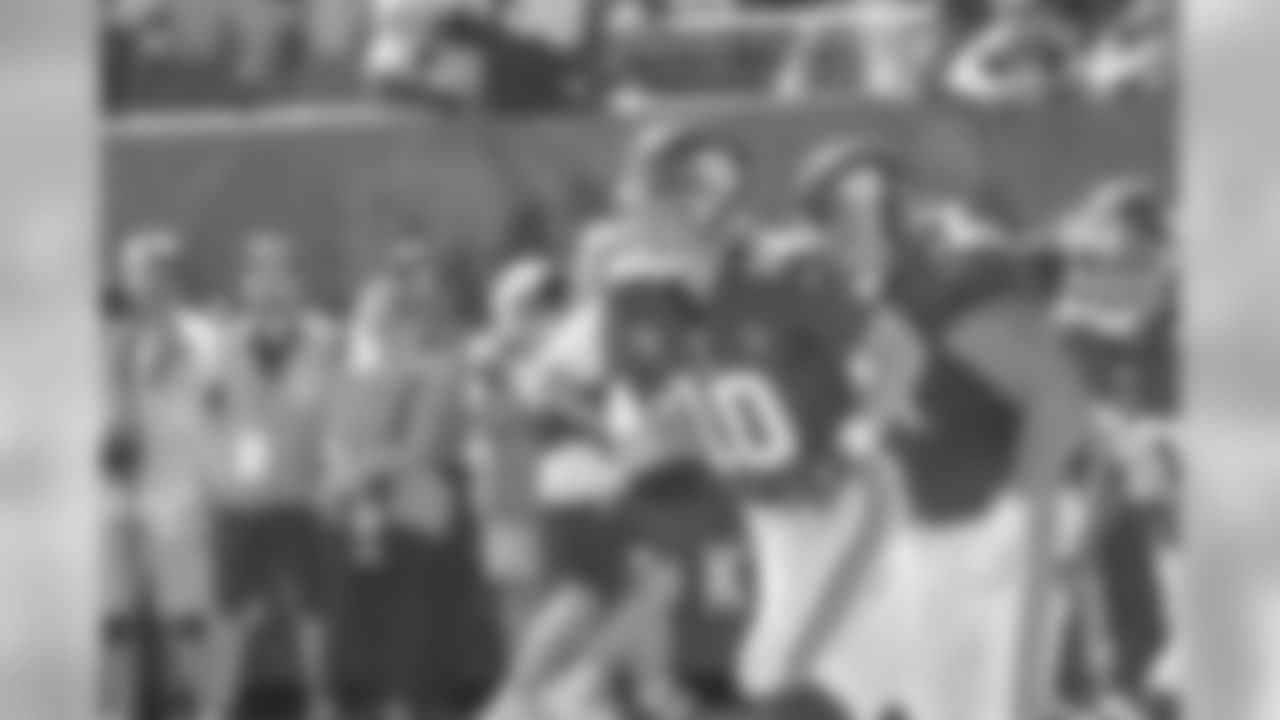
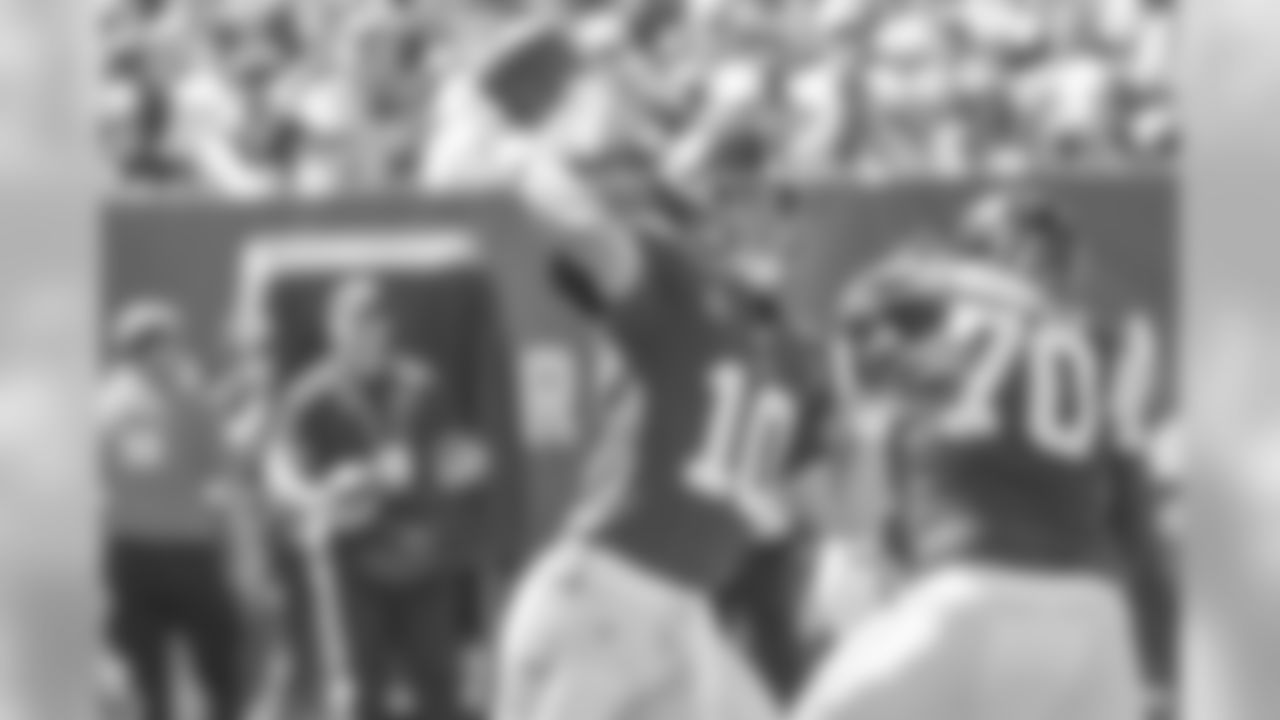
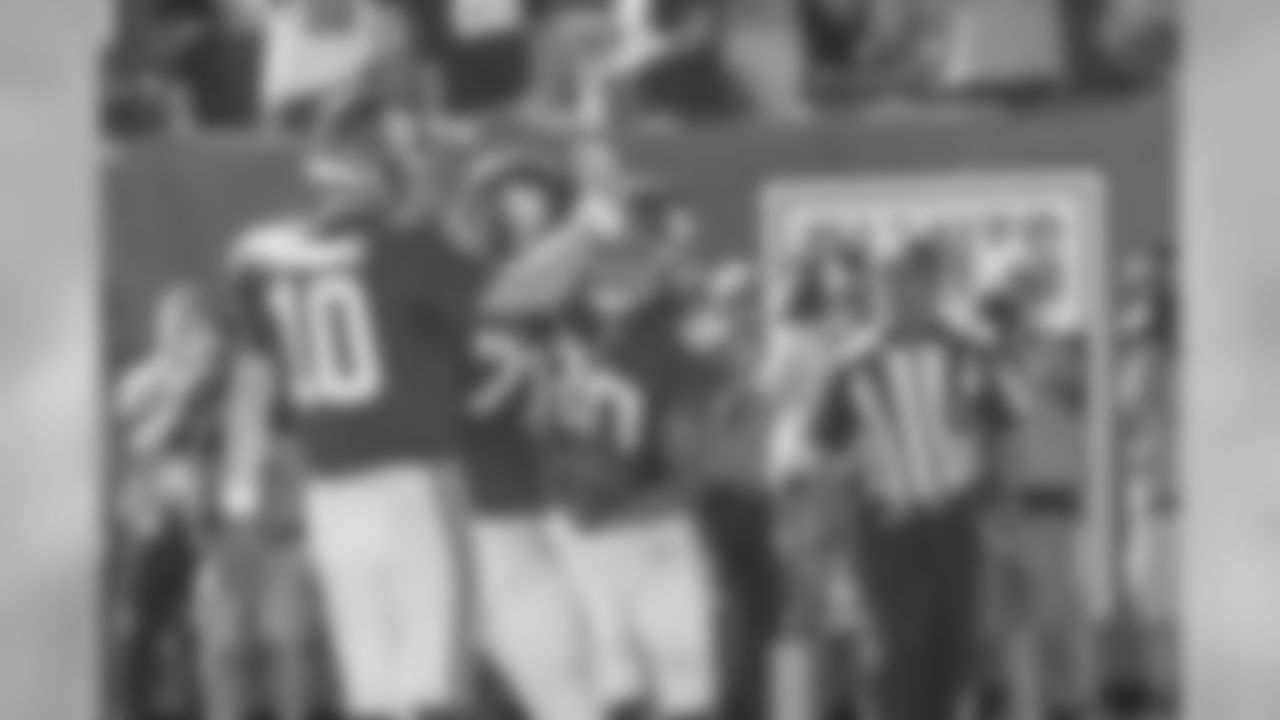
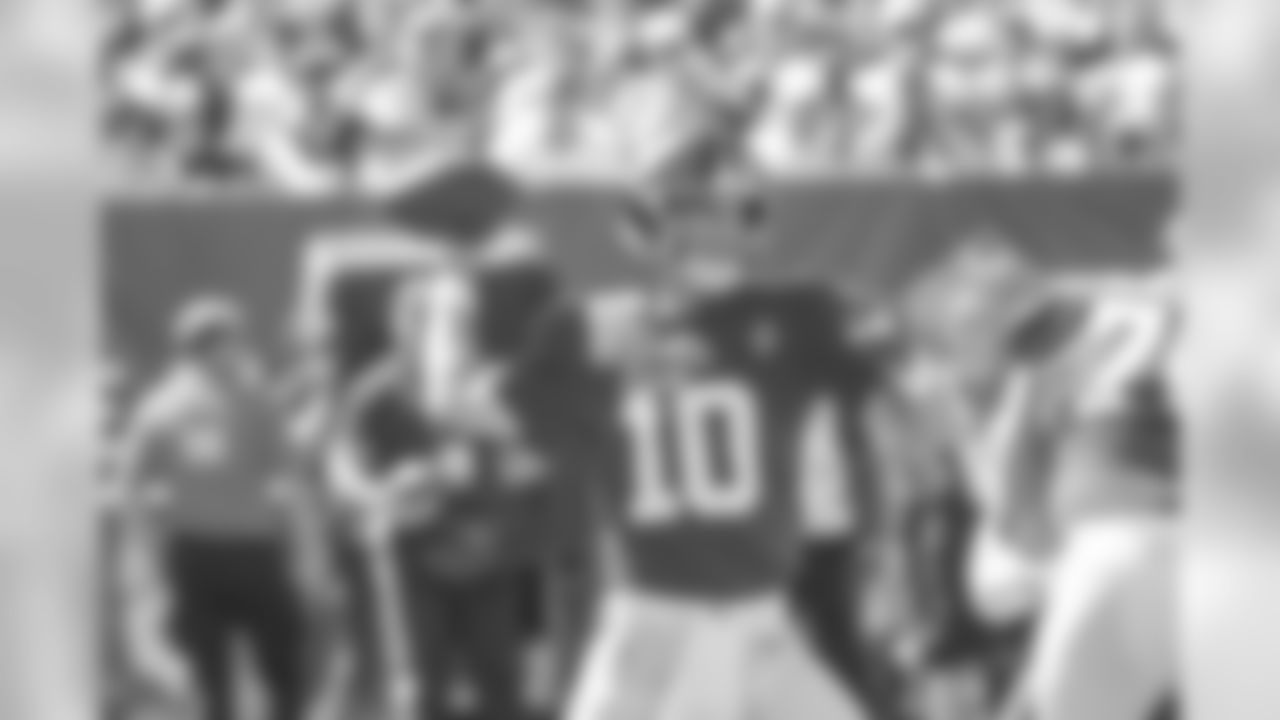

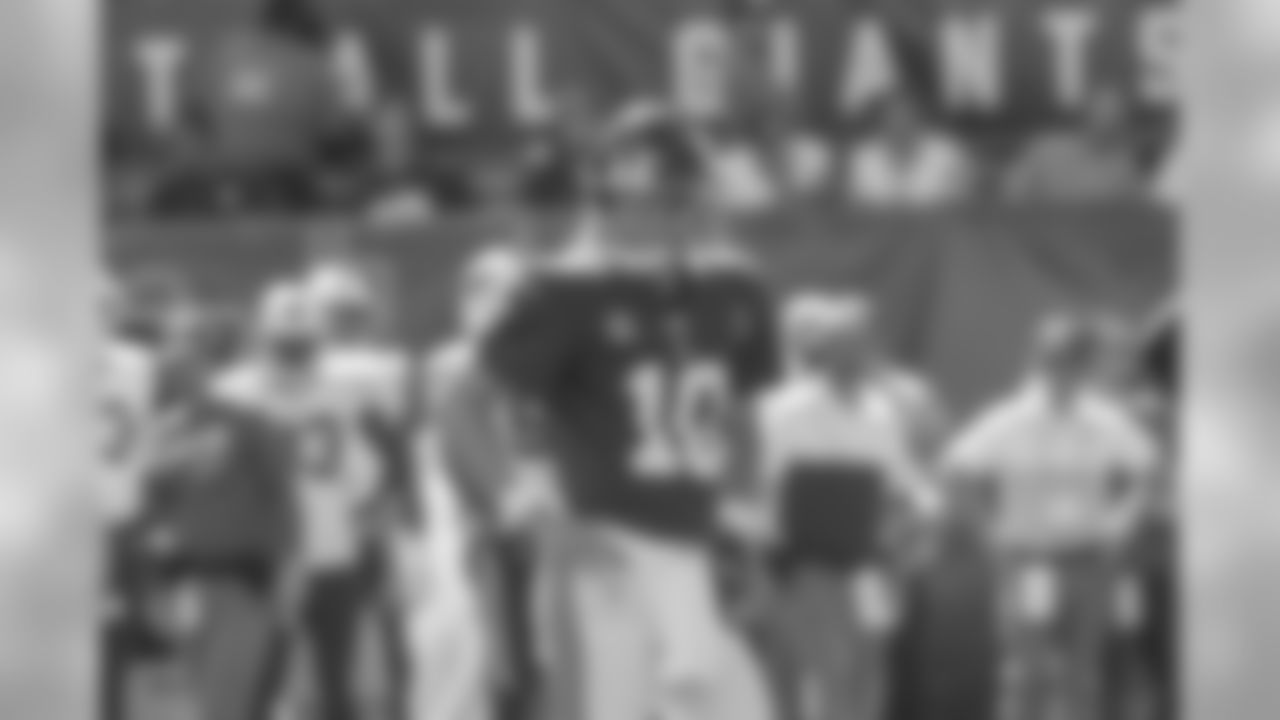

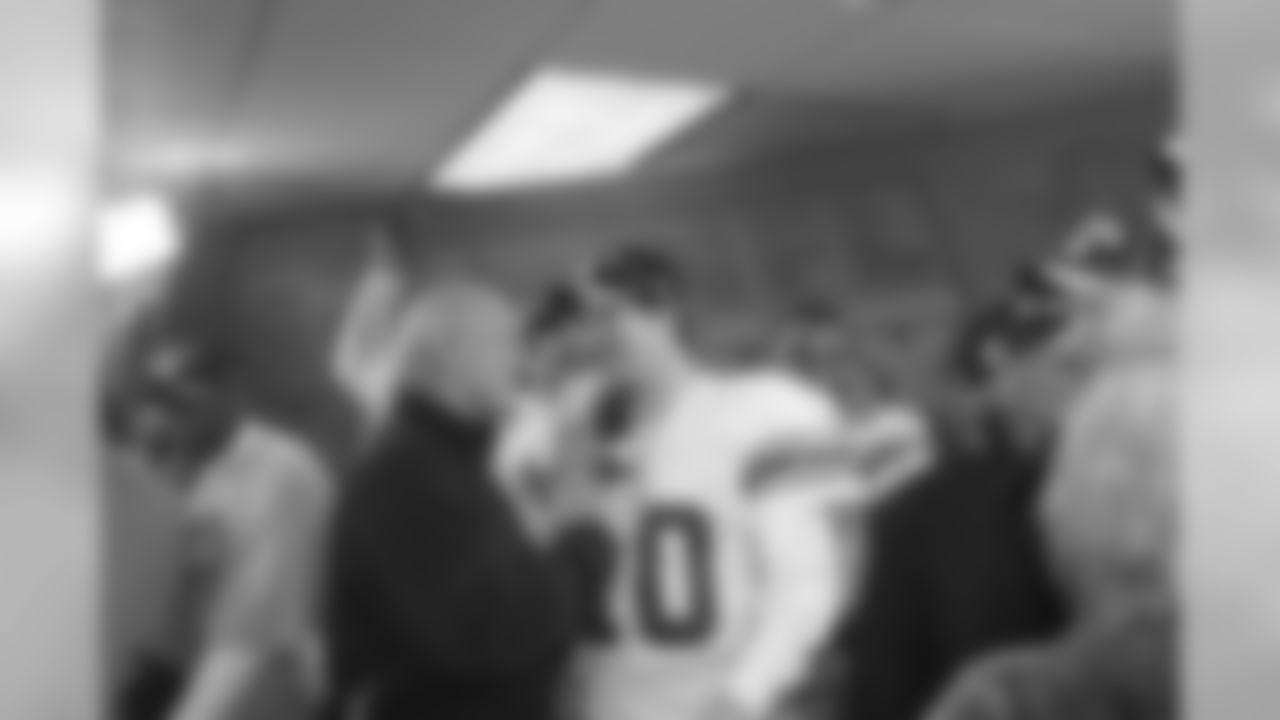
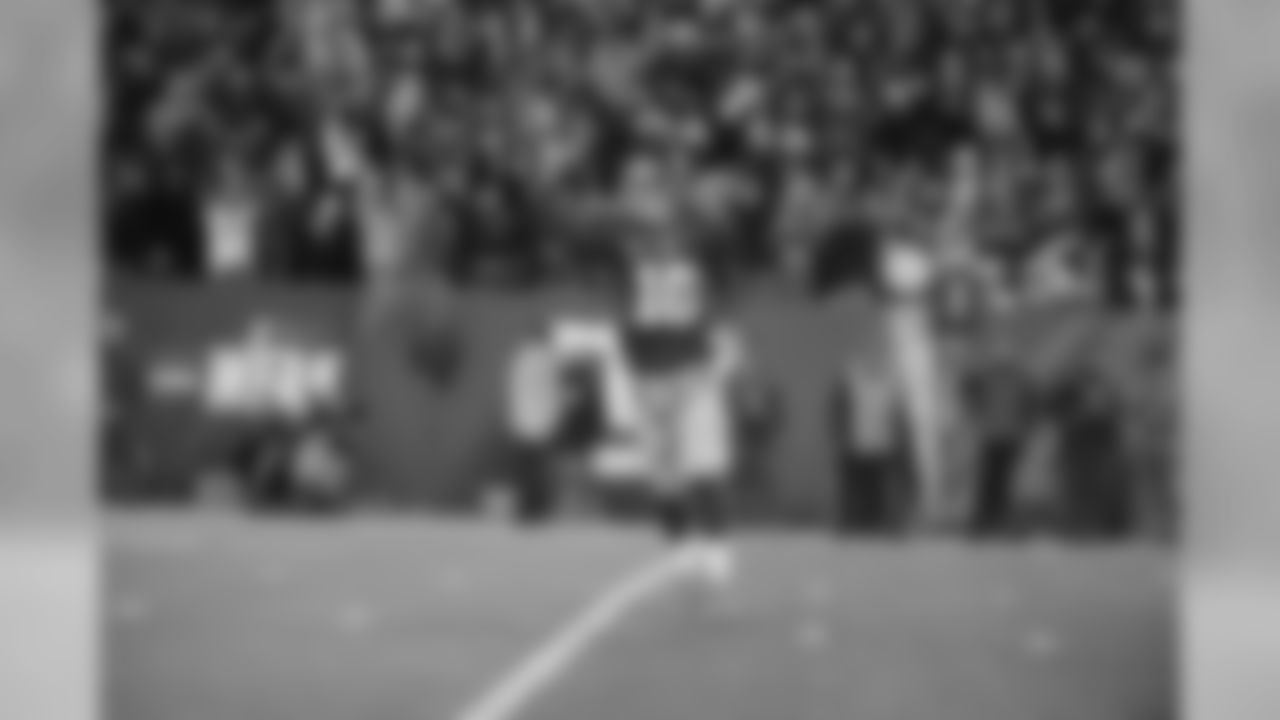
New York Giants during a week 12 football game against the Green Bay Packers on November 25, 2012 in East Rutherford, New Jersey (AP Photo/Evan Pinkus)
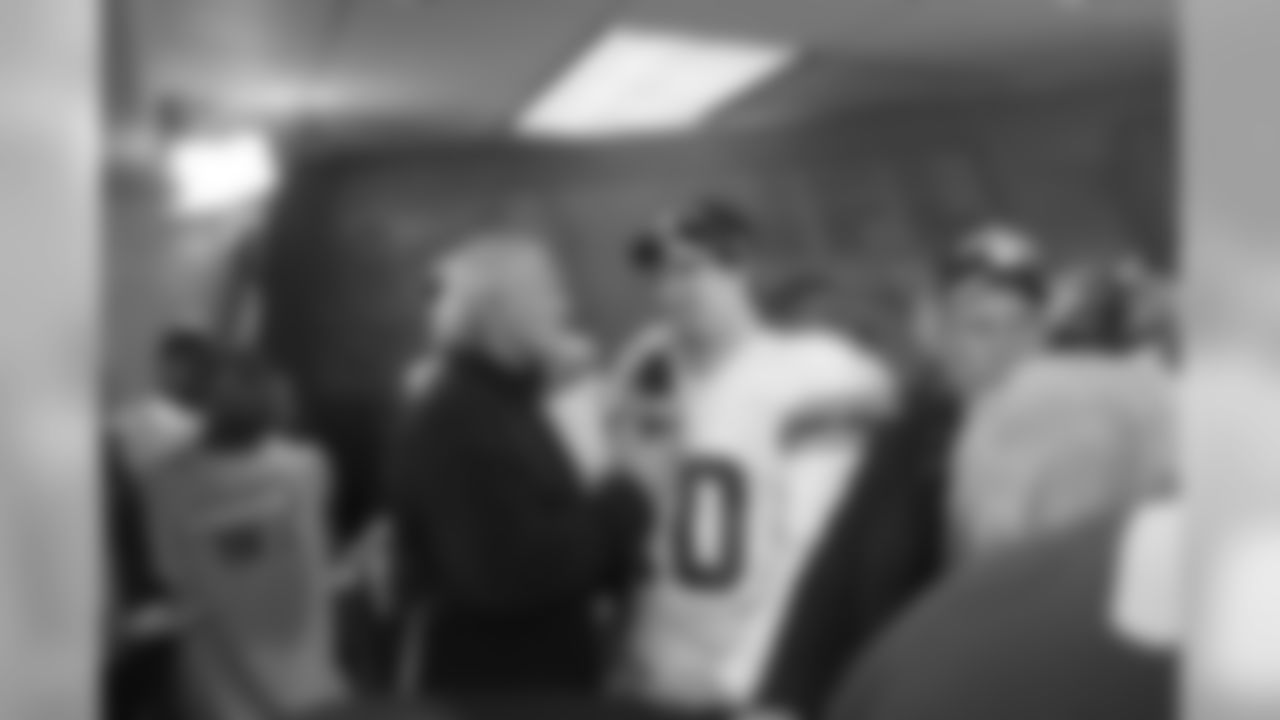
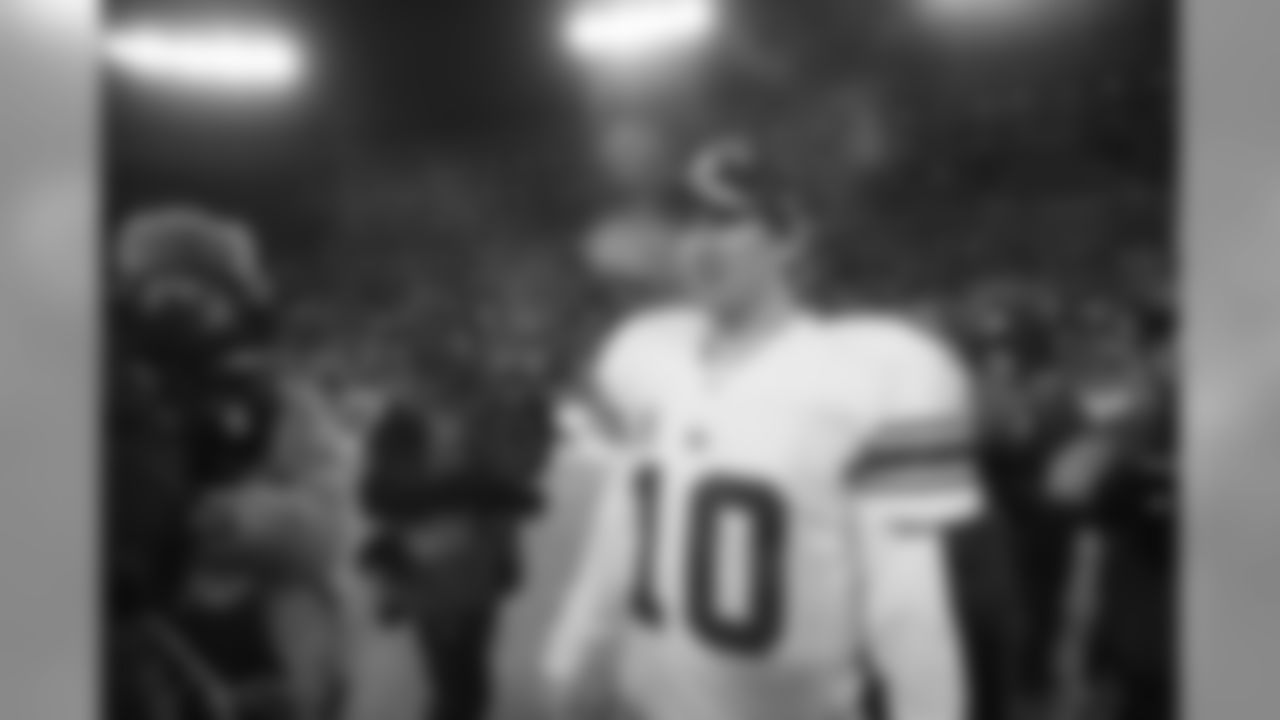
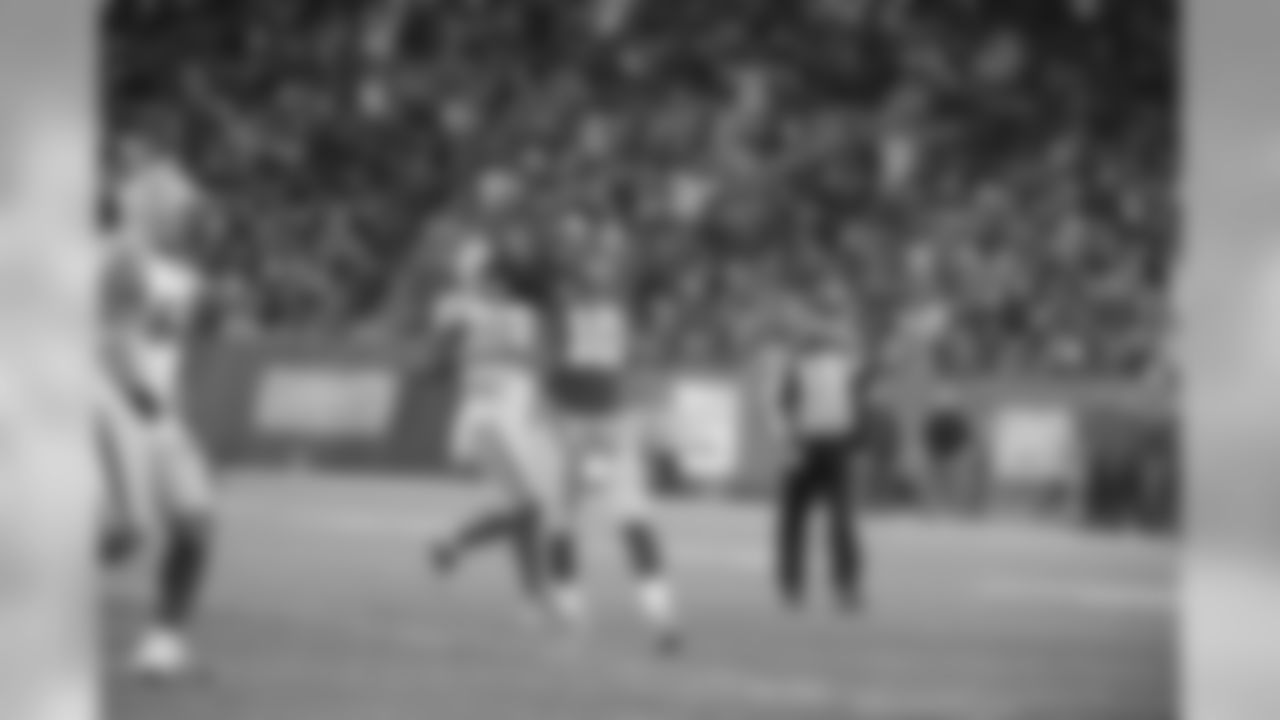
New York Giants during a week 12 football game against the Green Bay Packers on November 25, 2012 in East Rutherford, New Jersey (AP Photo/Evan Pinkus)

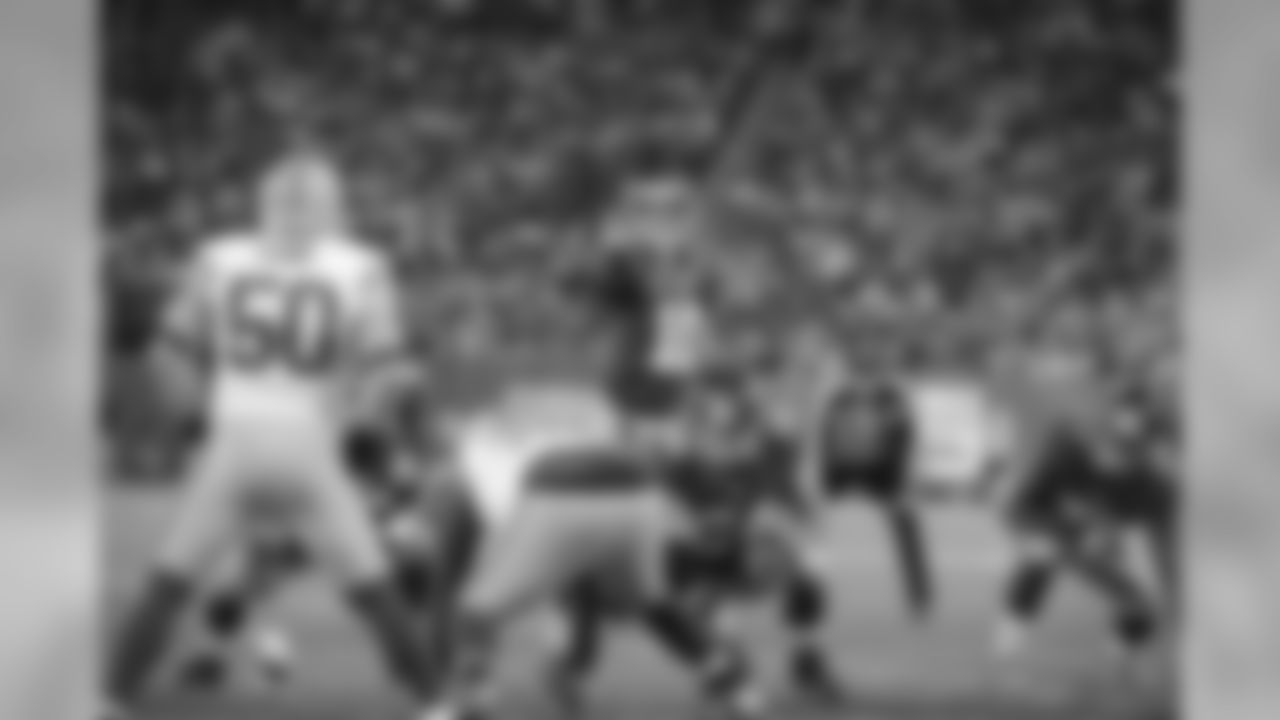
New York Giants during a week 12 football game against the Green Bay Packers on November 25, 2012 in East Rutherford, New Jersey (AP Photo/Evan Pinkus)
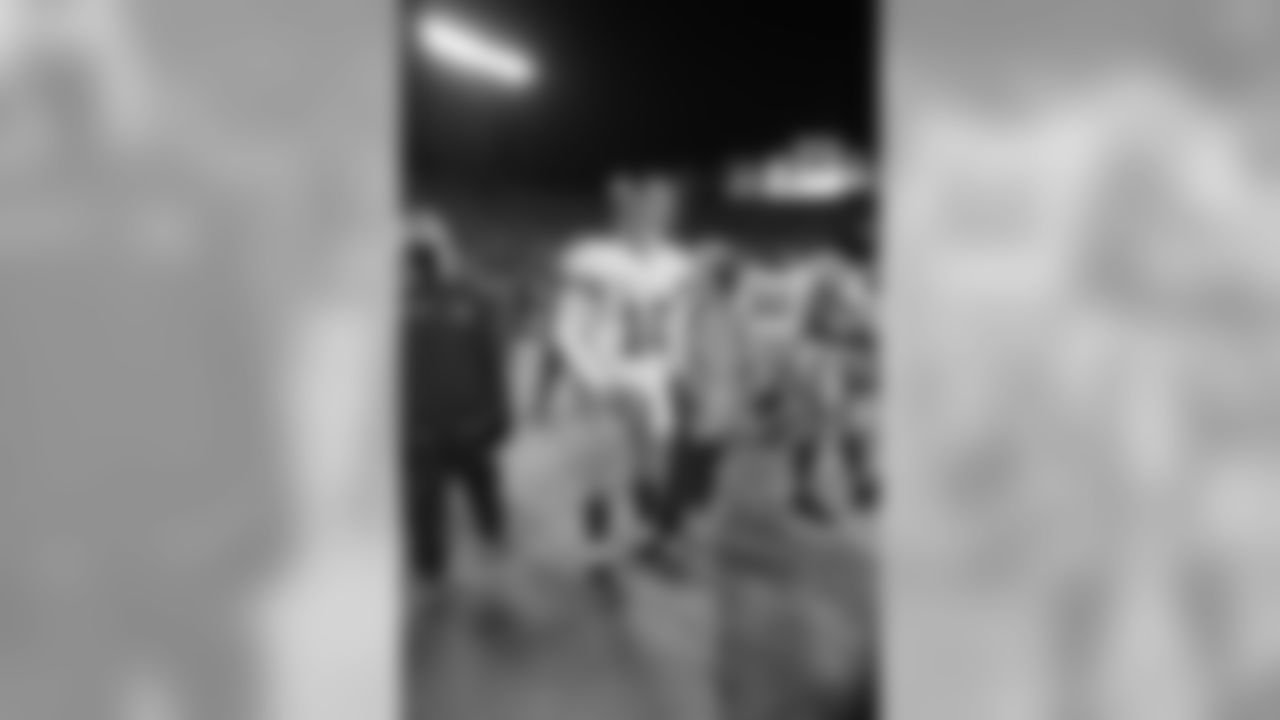
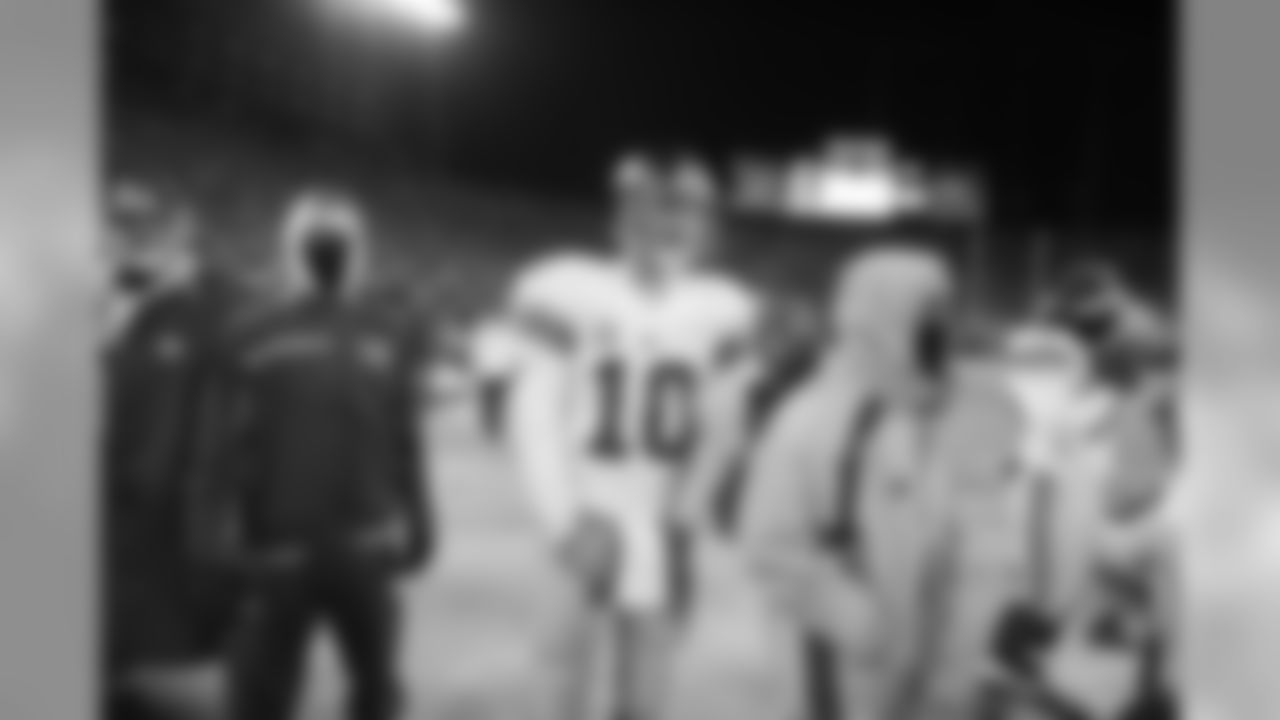
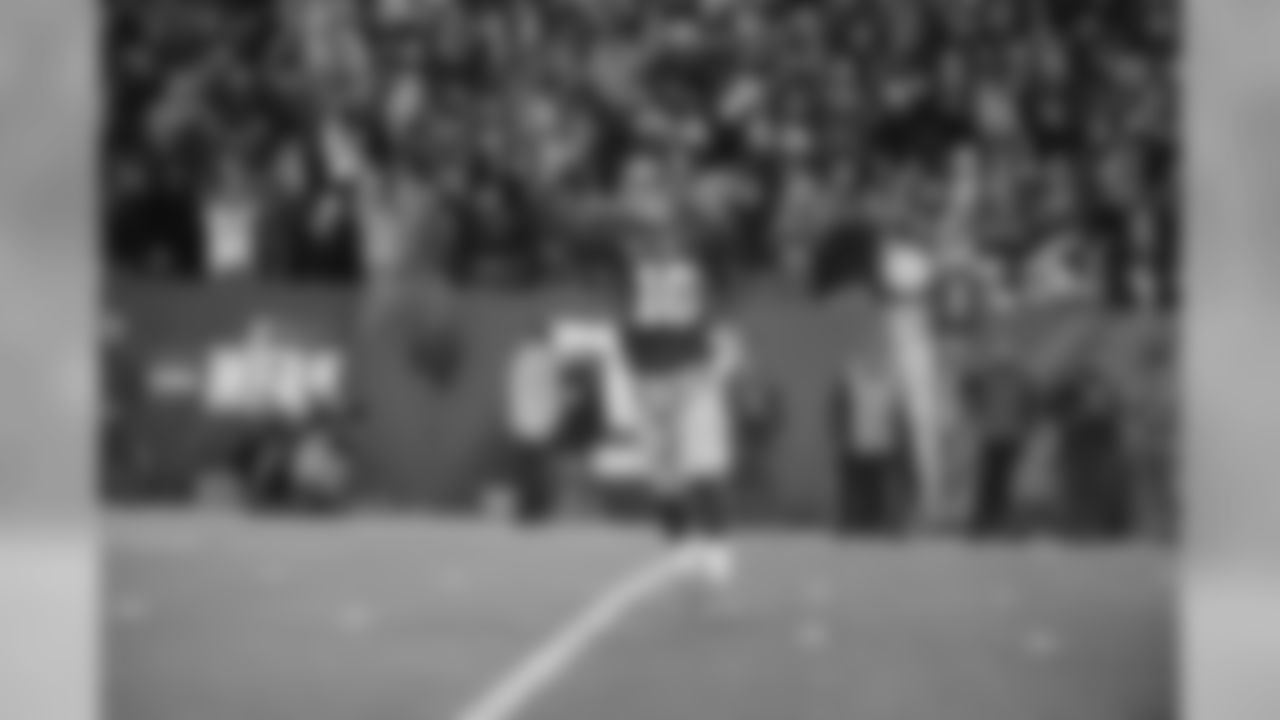
New York Giants during a week 12 football game against the Green Bay Packers on November 25, 2012 in East Rutherford, New Jersey (AP Photo/Evan Pinkus)
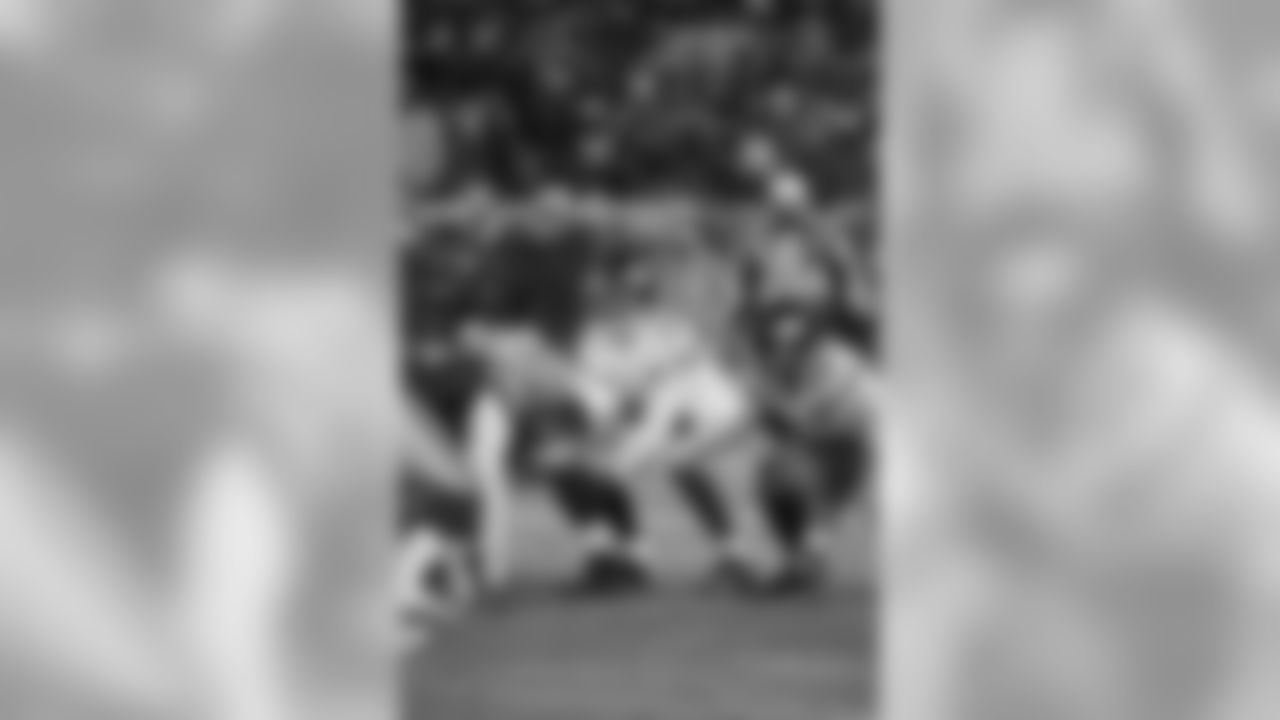
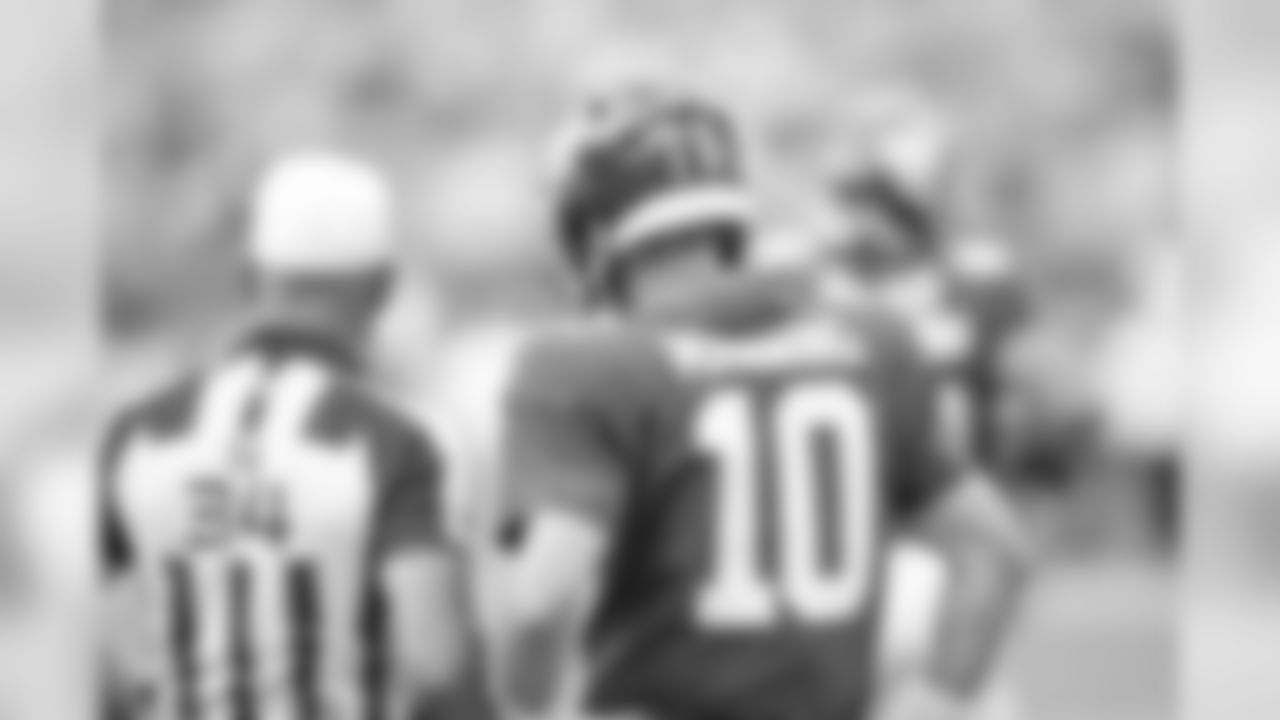
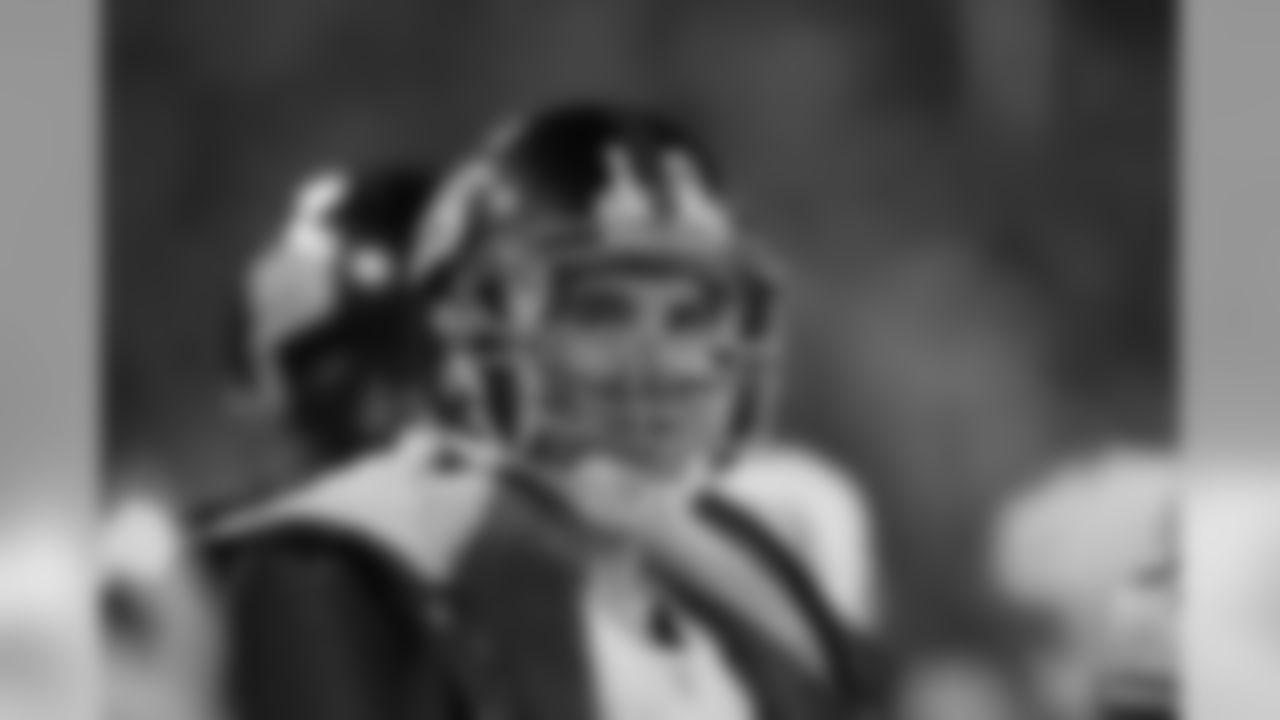
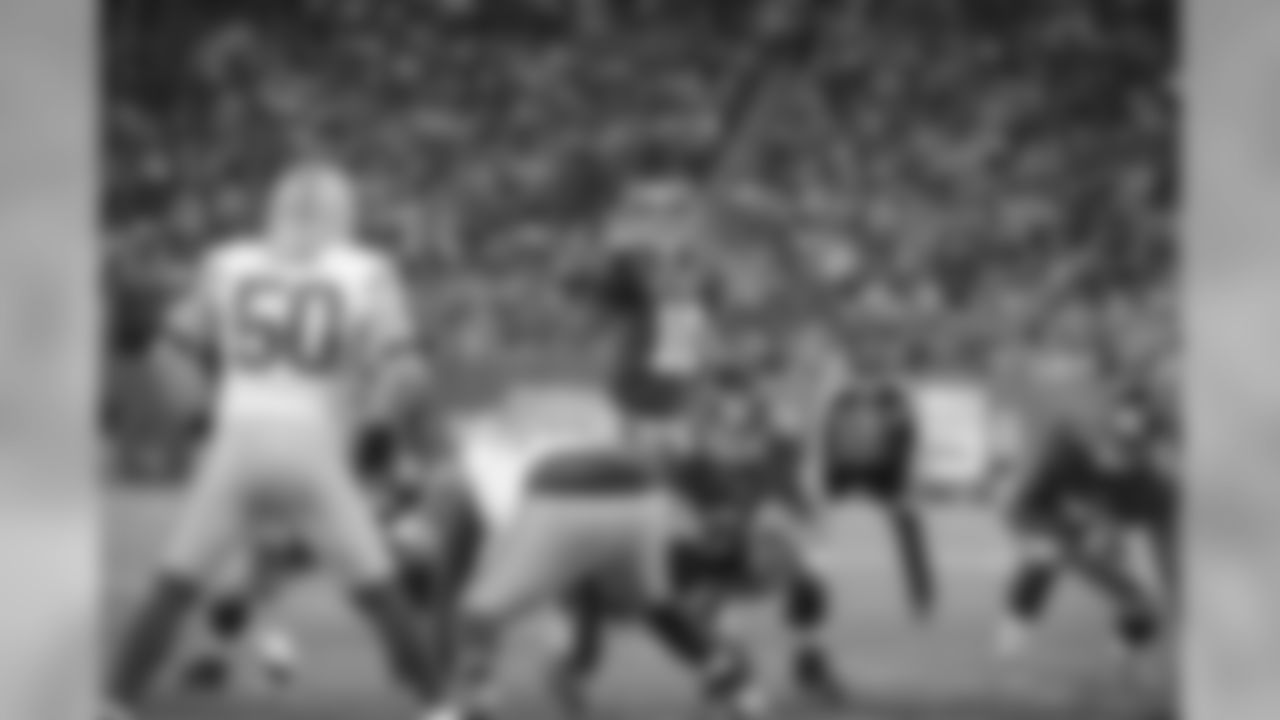
New York Giants during a week 12 football game against the Green Bay Packers on November 25, 2012 in East Rutherford, New Jersey (AP Photo/Evan Pinkus)
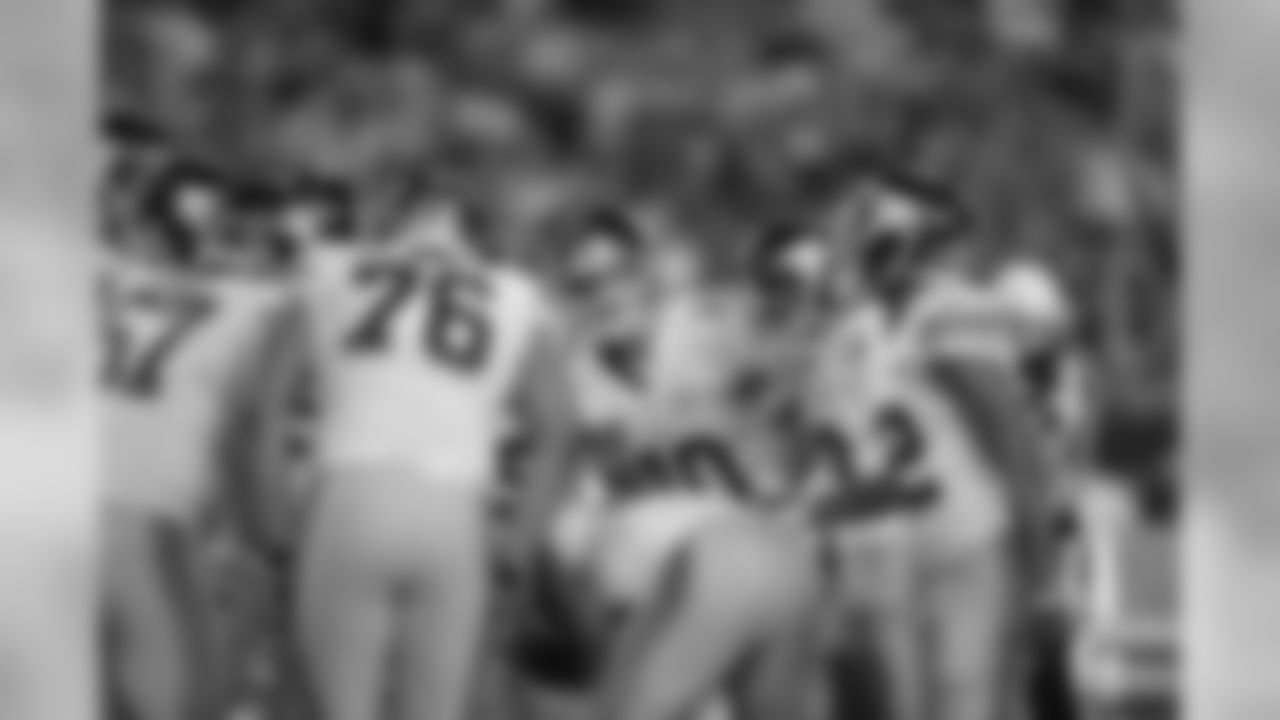
New York Giants quarterback Eli Manning (10) calls a play in the huddle during a week 9 NFL football game against theTampa Bay Buccaneers on November 8, 2015 at Raymond James Stadium in Tampa, Florida( Evan Pinkus via AP)
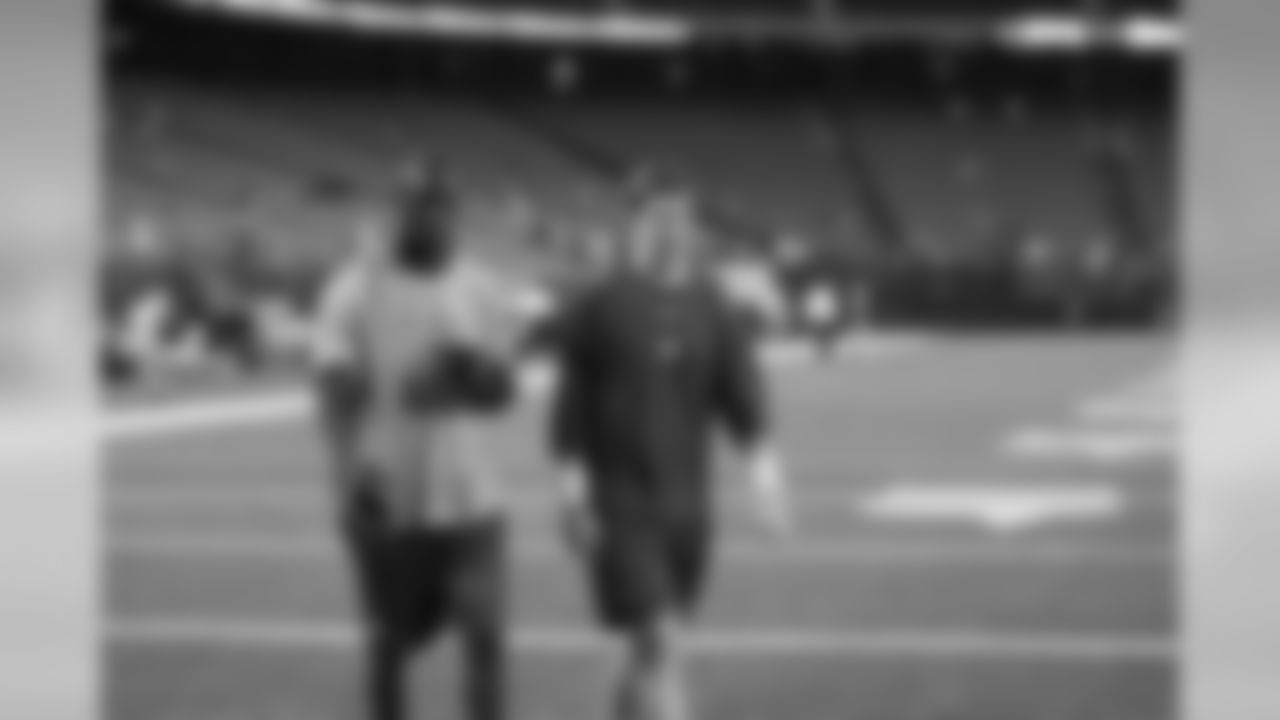

New York Giants quarterback Eli Manning (10) calls signals during a pre season football game against the New York Jets on August 29, 2015 at Met Life Stadium in East Rutherford, New Jersey ( Evan Pinkus via AP)
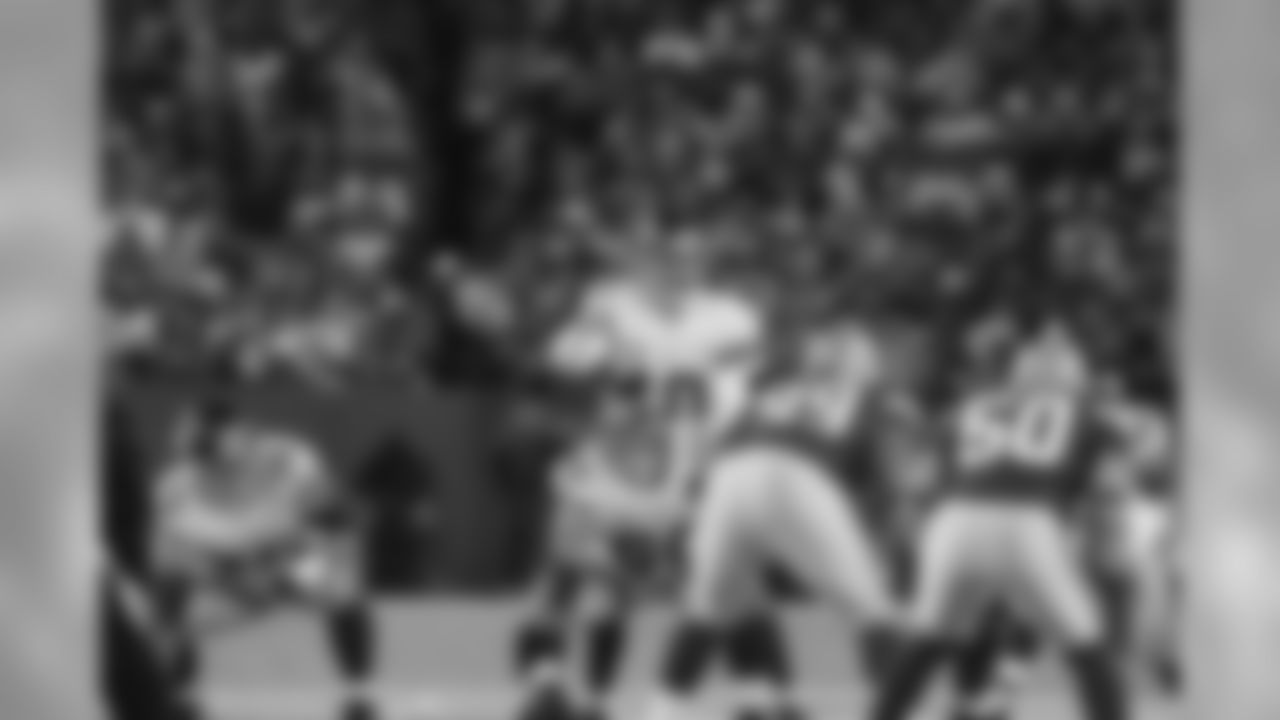

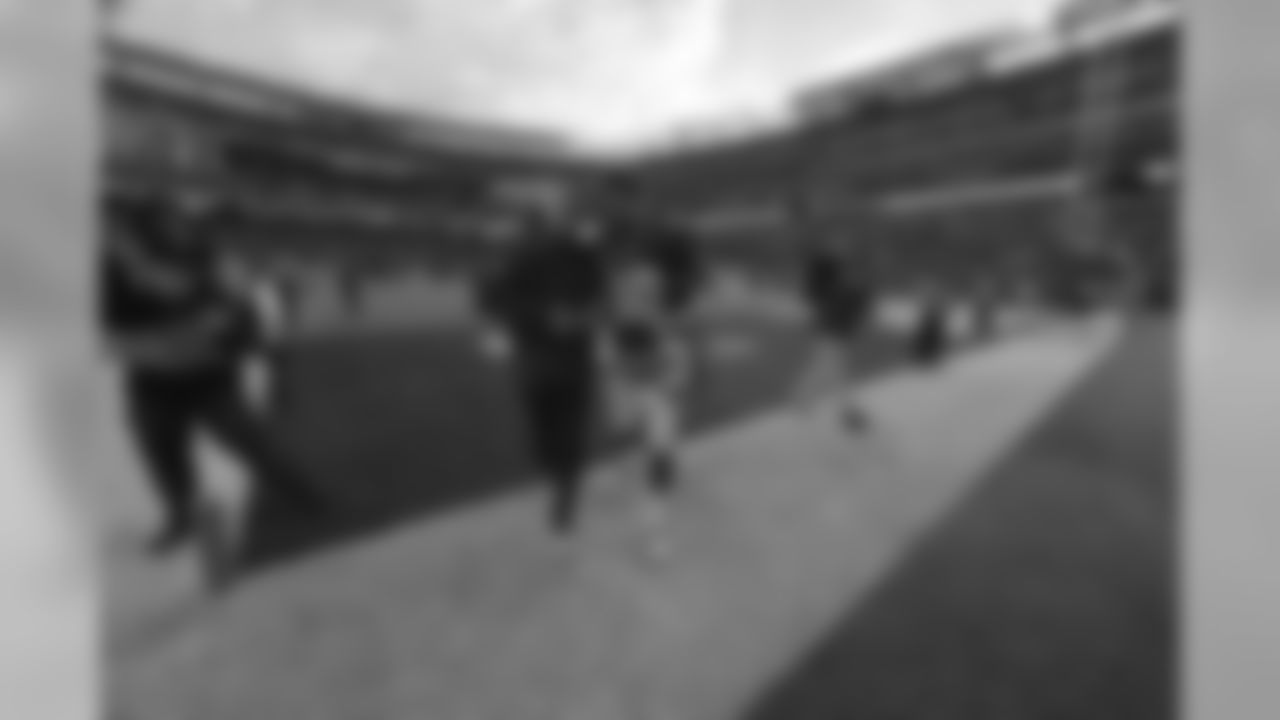


New York Jets against the Green Bay Packers in a week 8 NFL football game at the New Meadowlands Stadium in East Rutherford, New Jersey on Sunday October 31, 2010 (AP Photo/Evan Pinkus)

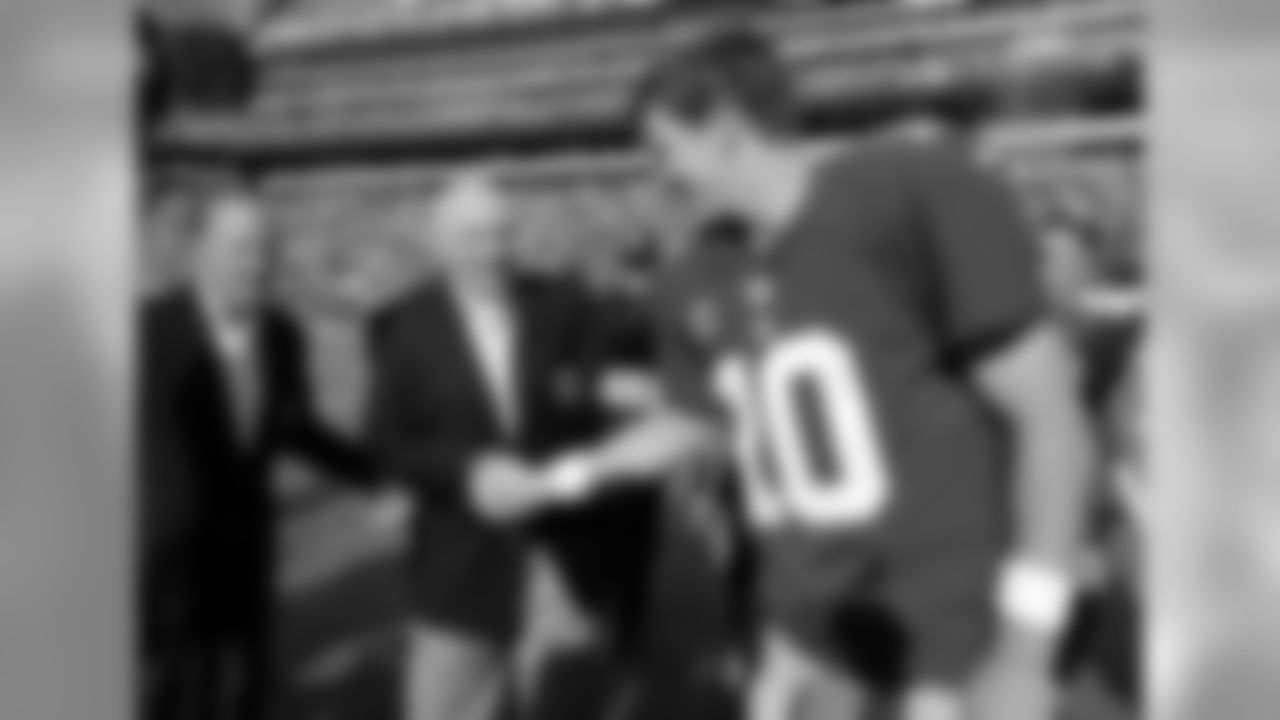
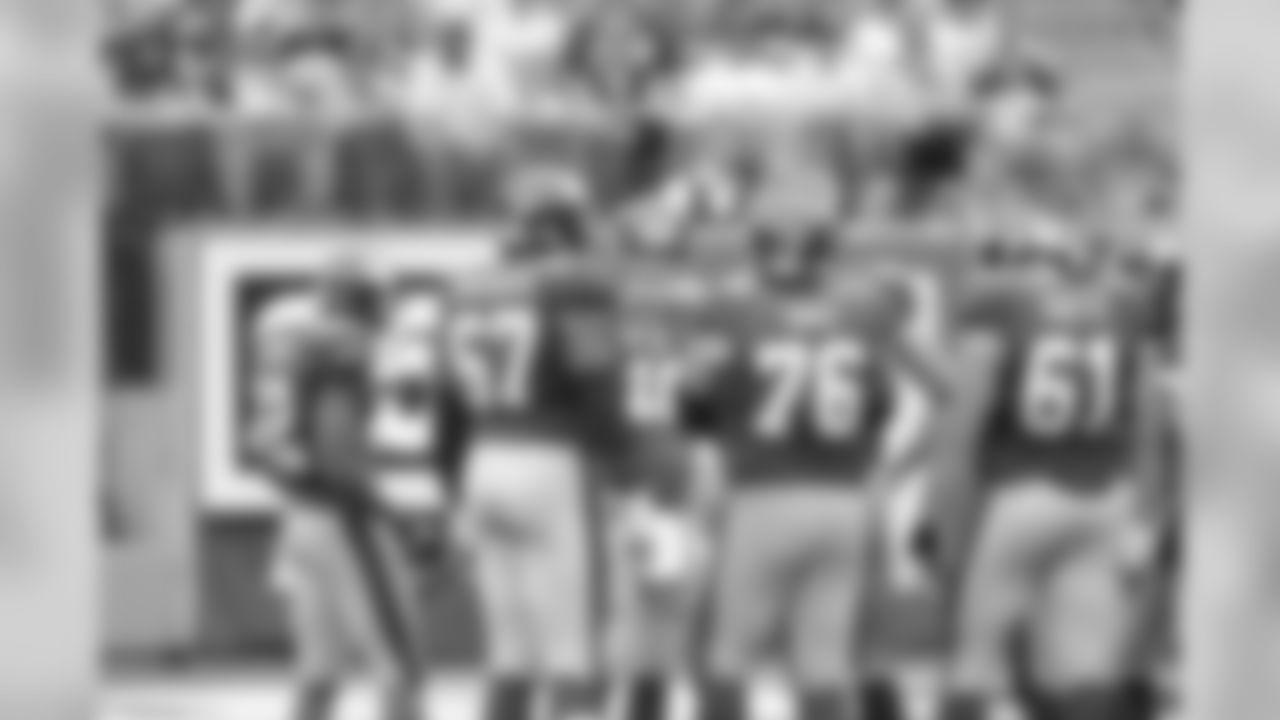
New York Giants against the Pittsburgh Steelers in a preseason NFL football game at the New Meadowlands Stadium in East Rutherford, New Jersey on Saturday August 21, 2010 (AP Photo/Evan Pinkus)



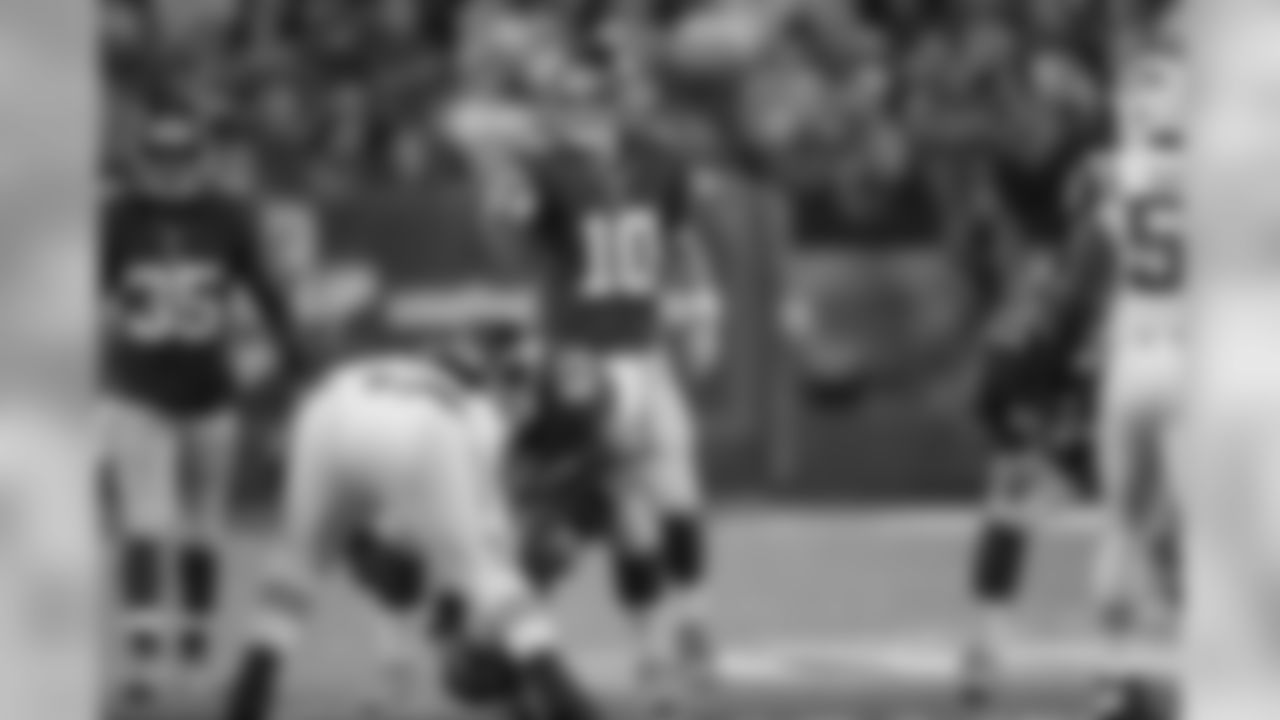
New York Giants during a preseason football game against the New York Jets on August 24, 2013 in East Rutherford, New Jersey (AP Photo/Evan Pinkus)

New York Giants against the Pittsburgh Steelers in a preseason NFL football game at the New Meadowlands Stadium in East Rutherford, New Jersey on Saturday August 21, 2010 (AP Photo/Evan Pinkus)
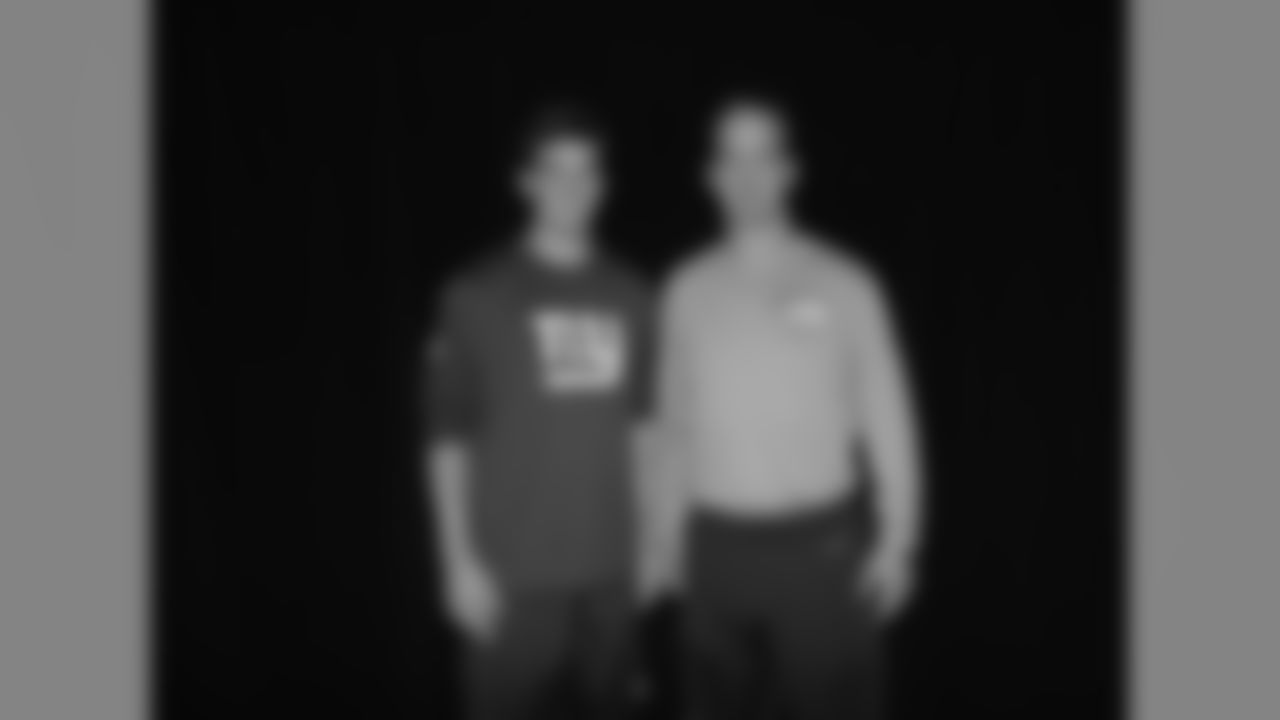
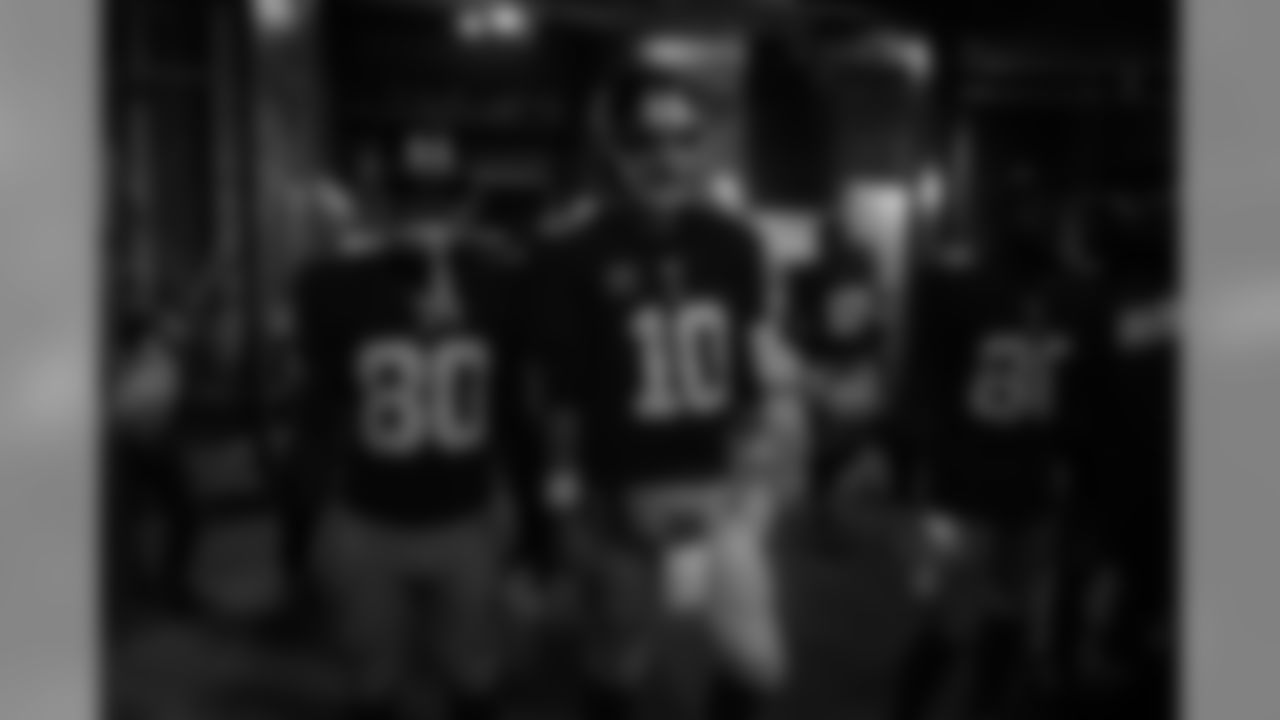
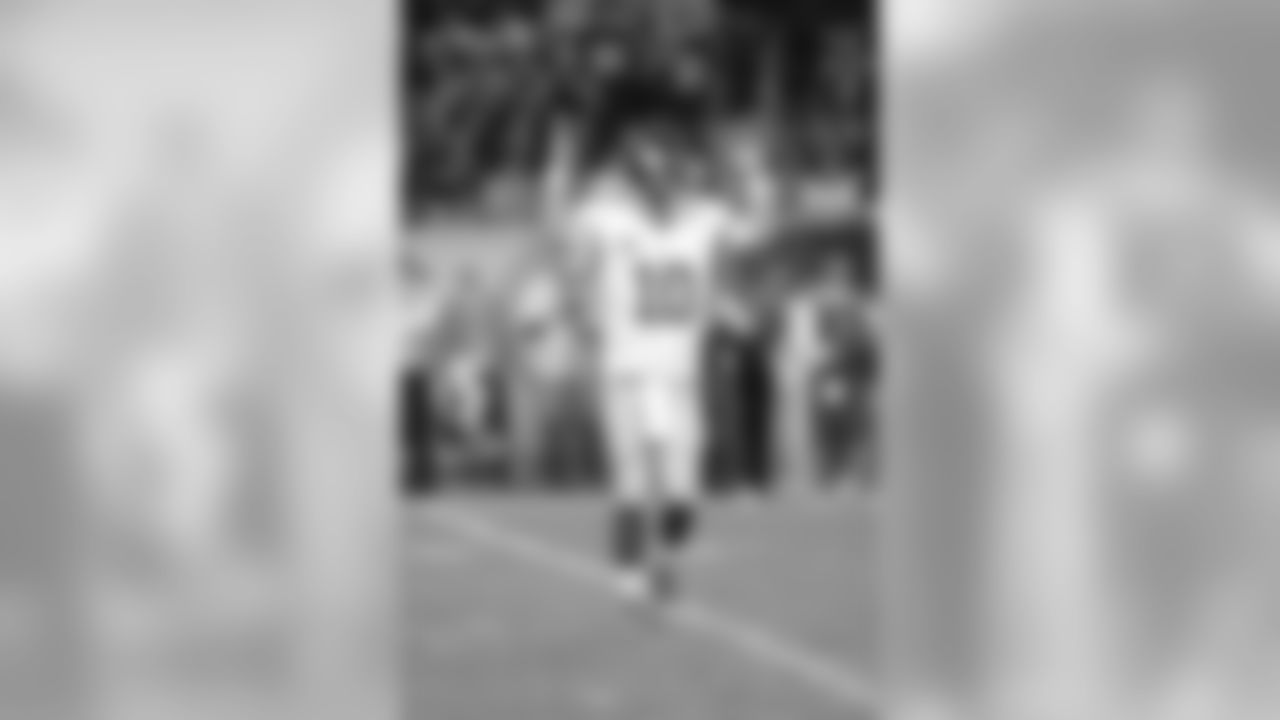
New York Giants during a week 7 football game against the Minnesota Vikings on October 21, 2013 in East Rutherford, NJ (AP Photo/Evan Pinkus)

New York Giants during a week 7 football game against the Minnesota Vikings on October 21, 2013 in East Rutherford, NJ (AP Photo/Evan Pinkus)

New York Giants during a week 17 football game against the Philadelphia Eagles on December 30, 2012 in East Rutherford, New Jersey (AP Photo/Evan Pinkus)

New York Giants during a week 17 football game against the Philadelphia Eagles on December 30, 2012 in East Rutherford, New Jersey (AP Photo/Evan Pinkus)
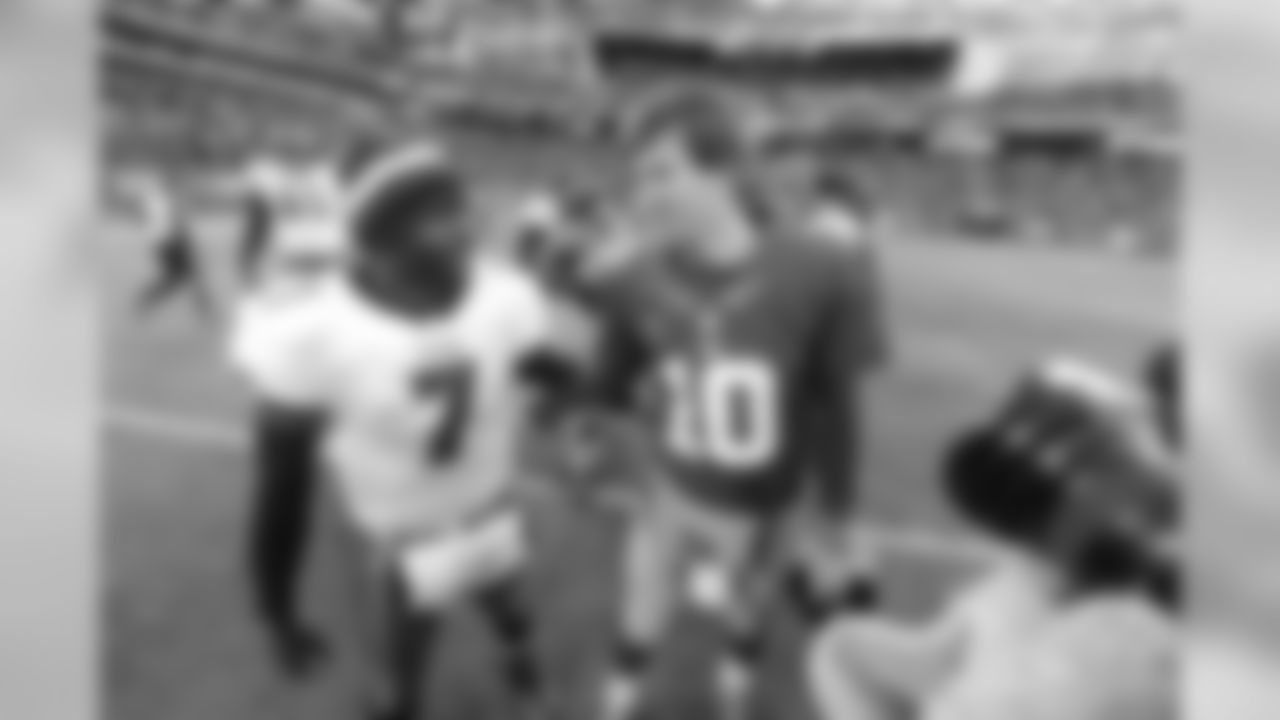
New York Giants during a week 17 football game against the Philadelphia Eagles on December 30, 2012 in East Rutherford, New Jersey (AP Photo/Evan Pinkus)

New York Giants during a week 17 football game against the Philadelphia Eagles on December 30, 2012 in East Rutherford, New Jersey (AP Photo/Evan Pinkus)

New York Giants during a week 17 football game against the Philadelphia Eagles on December 30, 2012 in East Rutherford, New Jersey (AP Photo/Evan Pinkus)
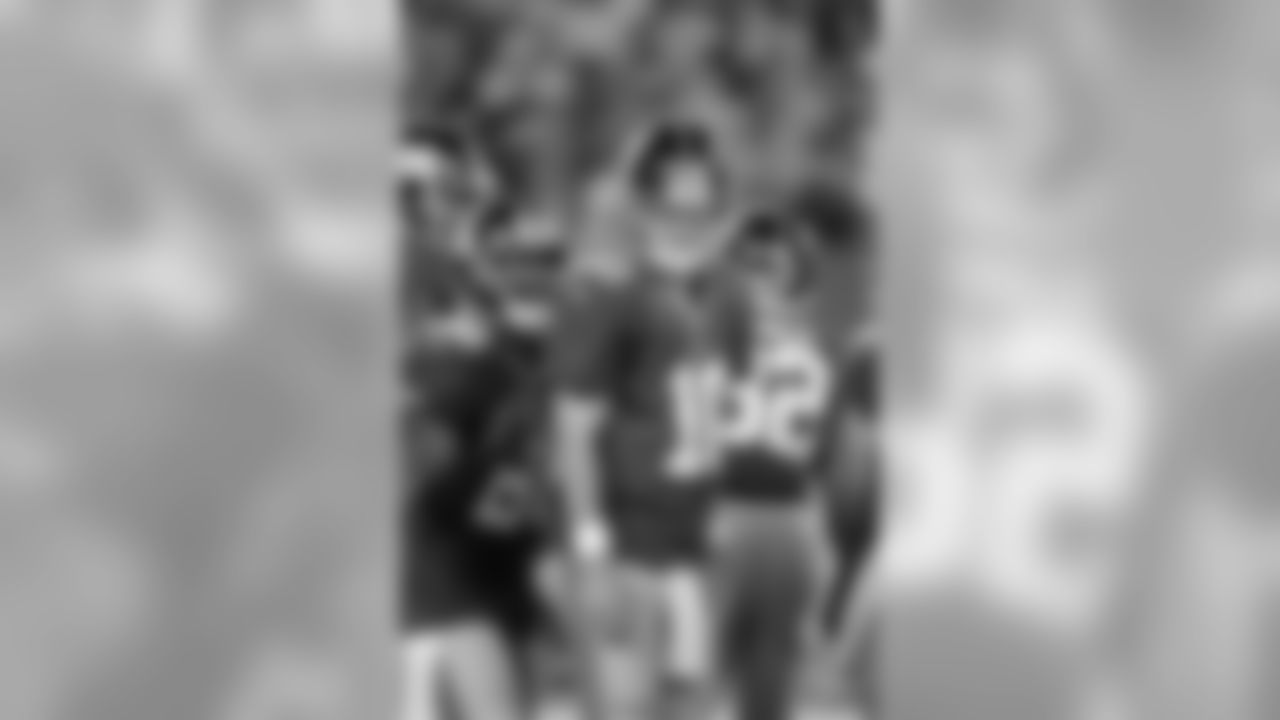
New York Giants during a preseason football game against the New York Jets on August 24, 2013 in East Rutherford, New Jersey (AP Photo/Evan Pinkus)

New York Giants during a preseason football game against the New York Jets on August 24, 2013 in East Rutherford, New Jersey (AP Photo/Evan Pinkus)

New York Giants during a preseason football game against the New York Jets on August 24, 2013 in East Rutherford, New Jersey (AP Photo/Evan Pinkus)
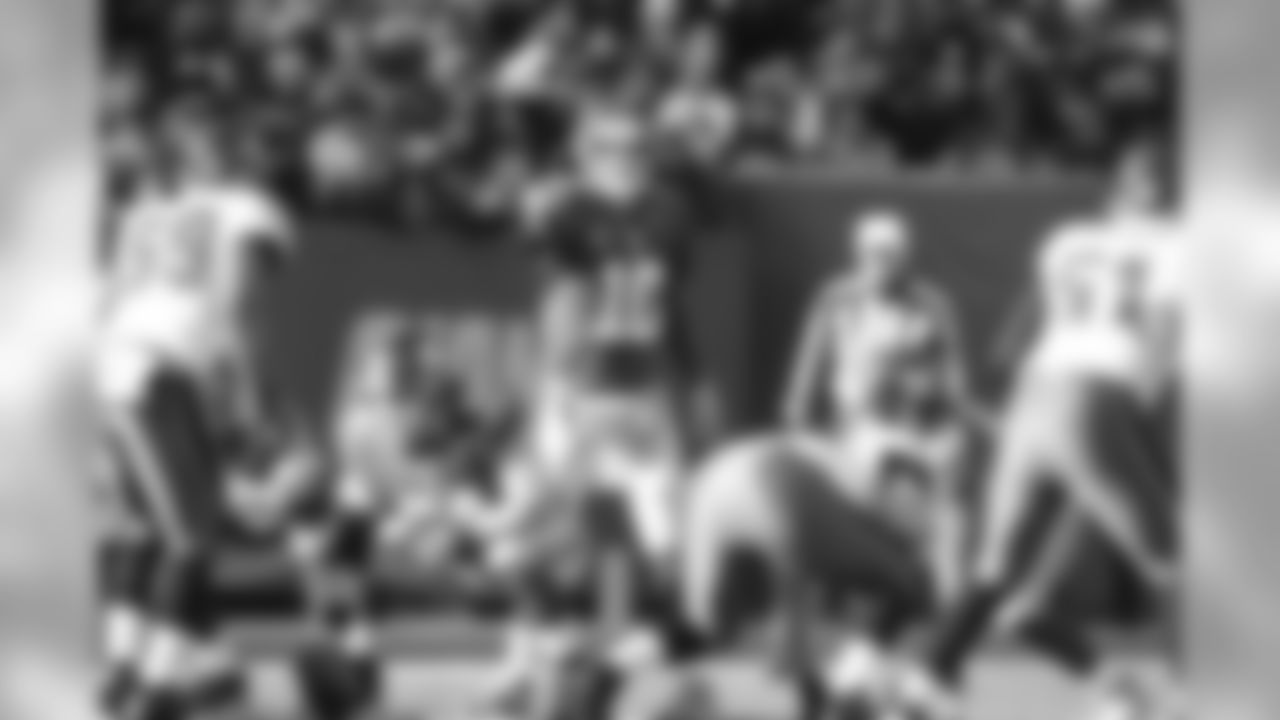
New York Giants during a week 17 football game against the Philadelphia Eagles on December 30, 2012 in East Rutherford, New Jersey (AP Photo/Evan Pinkus)

New York Giants during a week 17 football game against the Philadelphia Eagles on December 30, 2012 in East Rutherford, New Jersey (AP Photo/Evan Pinkus)
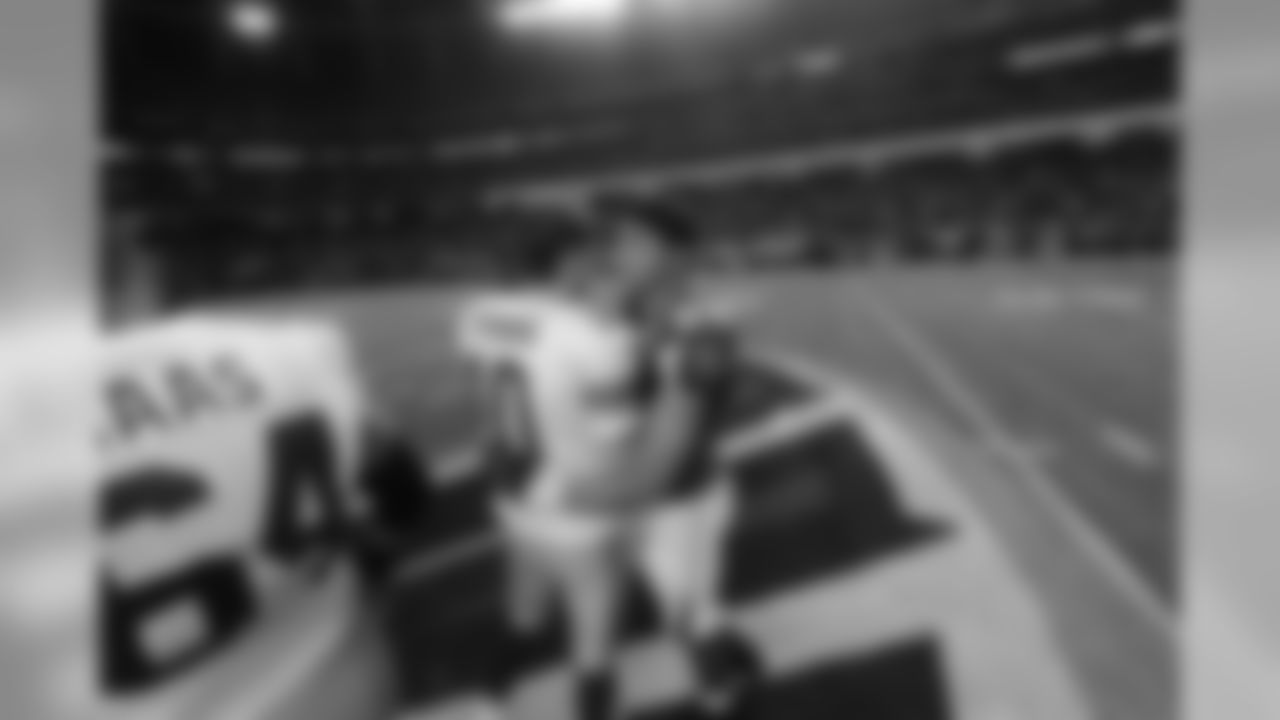
New York Giants during a week 15 football game against the Atlanta Flacons on December 16, 2012 in Atlanta, Georgia (AP Photo/Evan Pinkus)
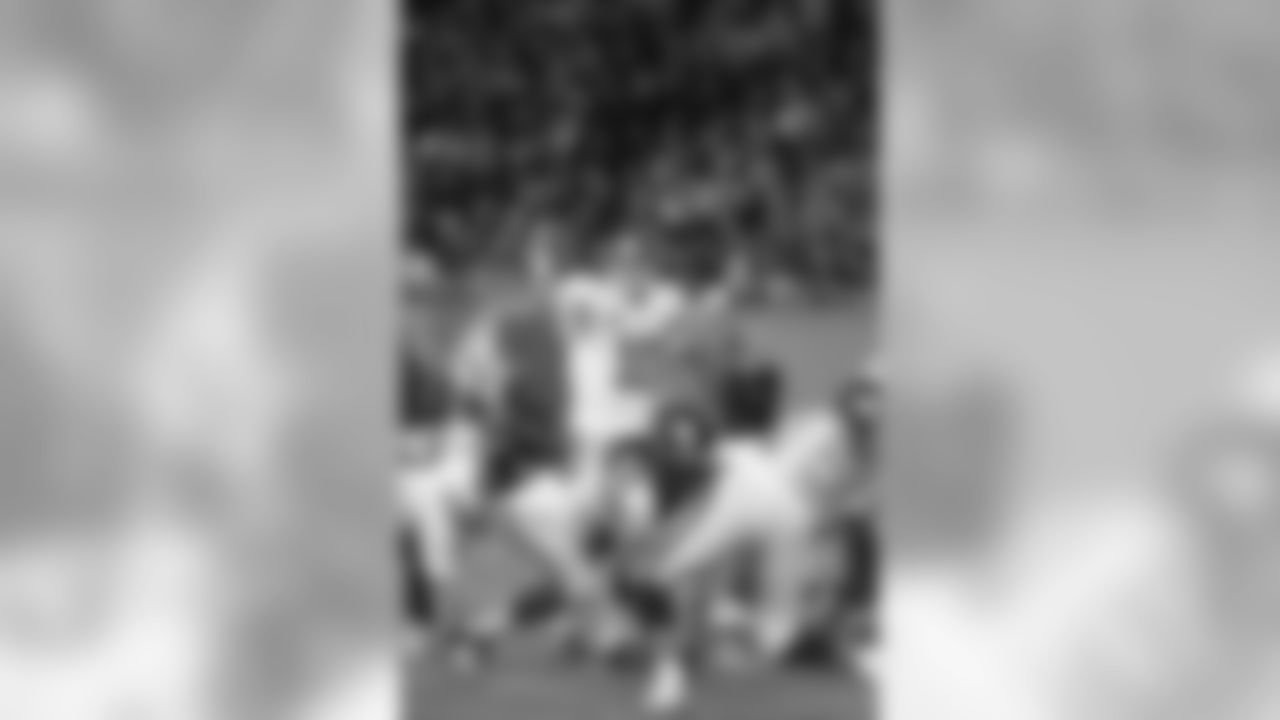
New York Giants during a week 7 football game against the Minnesota Vikings on October 21, 2013 in East Rutherford, NJ (AP Photo/Evan Pinkus)
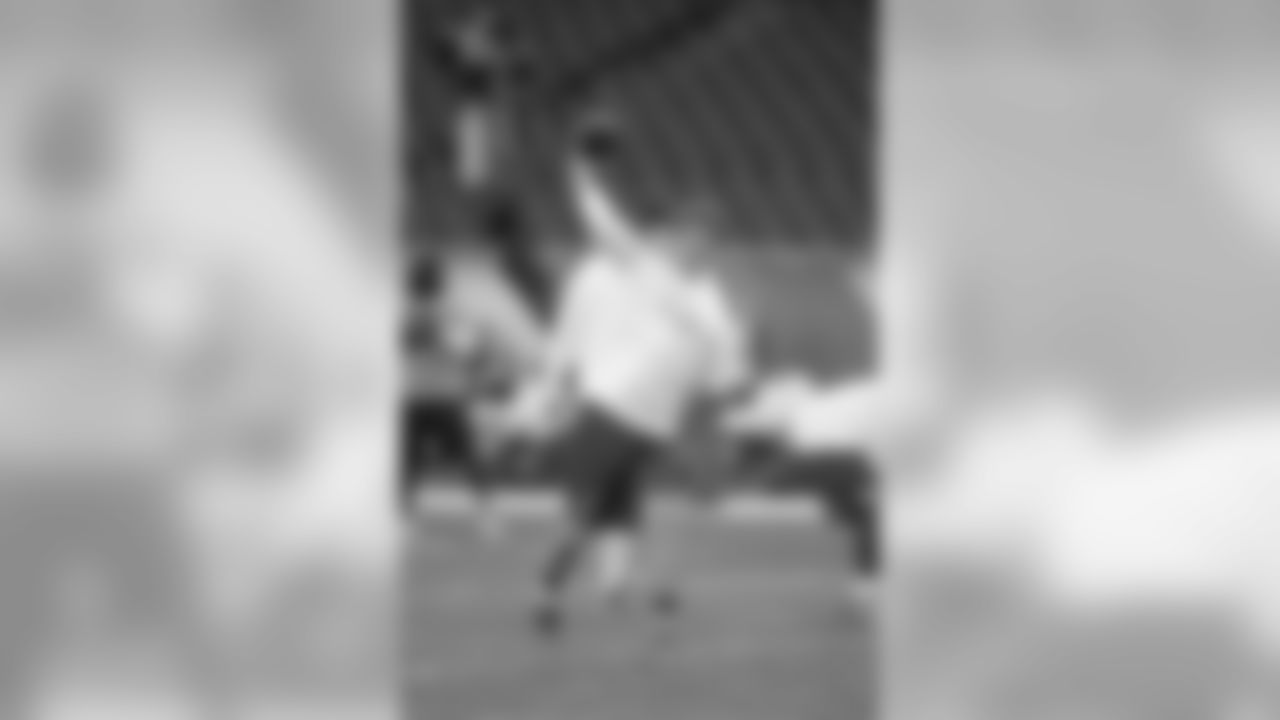
New York Giants during a week 7 football game against the Minnesota Vikings on October 21, 2013 in East Rutherford, NJ (AP Photo/Evan Pinkus)
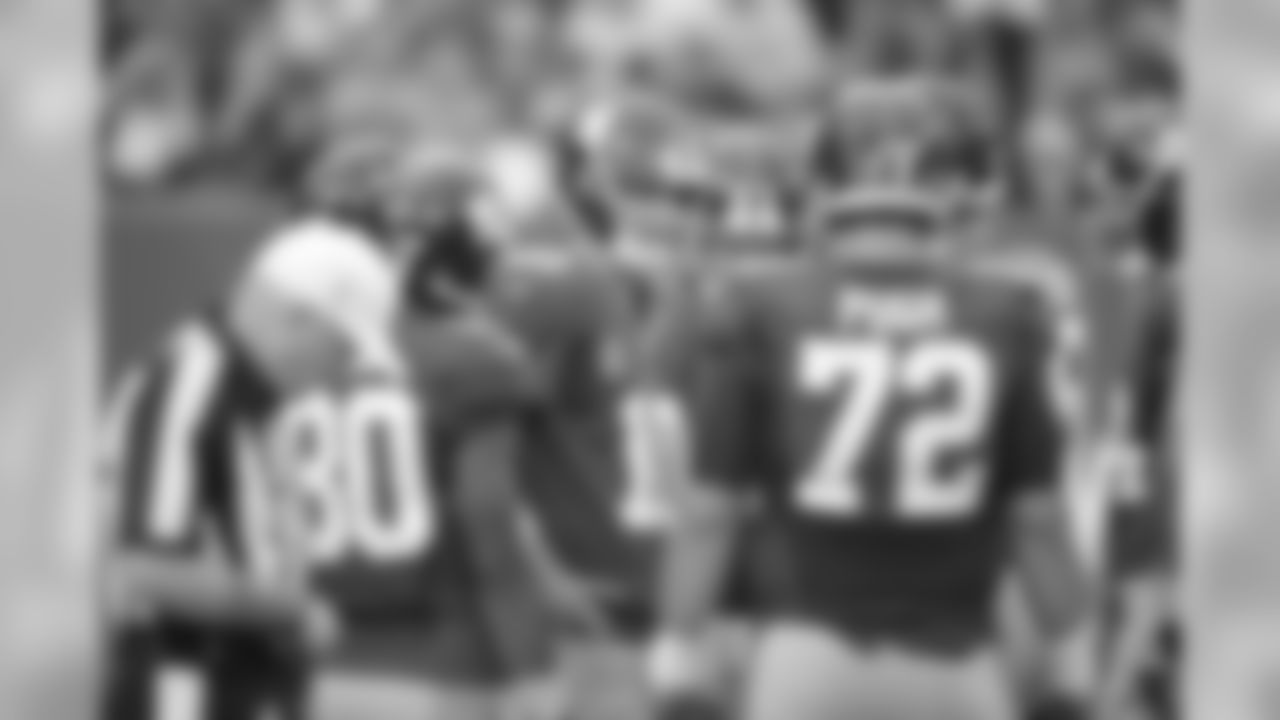
Chicago Bears during a week 6 Thursday night football game against the New York Giants on October 10, 2013 in Chicago,IL (AP Photo/Evan Pinkus)
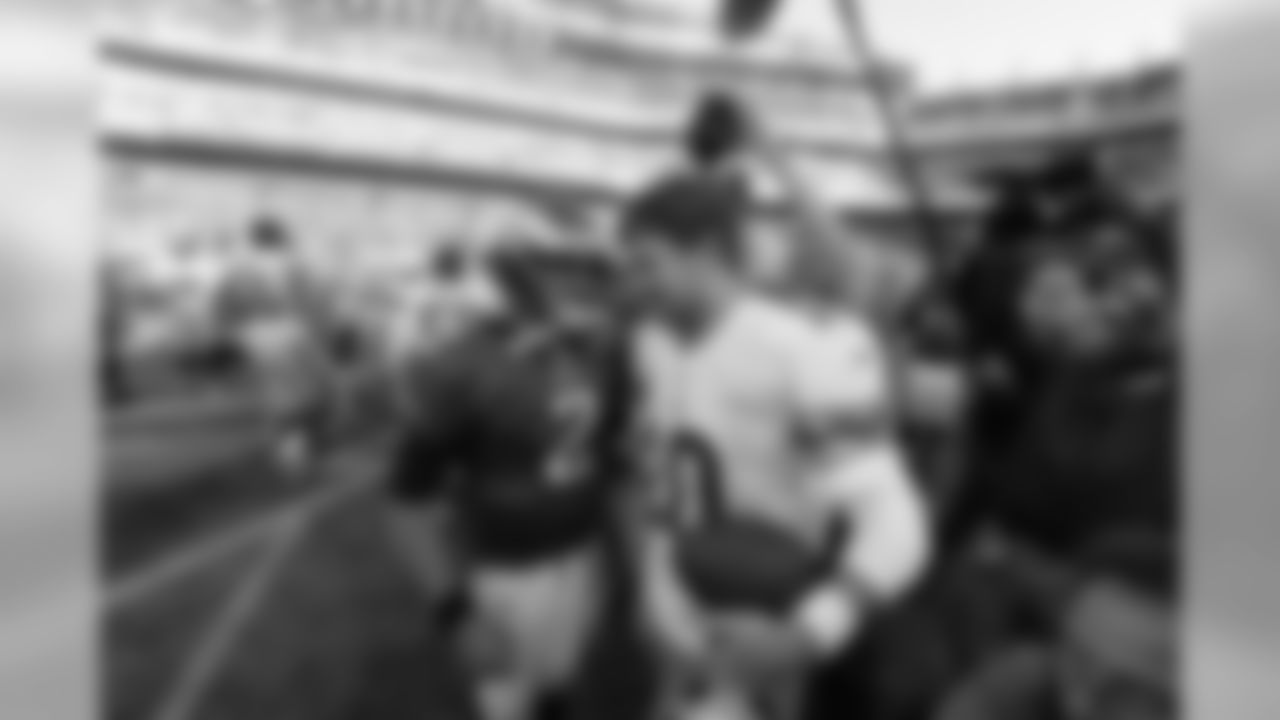

New York Giants during a preseason football game against the New York Jets on August 24, 2013 in East Rutherford, New Jersey (AP Photo/Evan Pinkus)
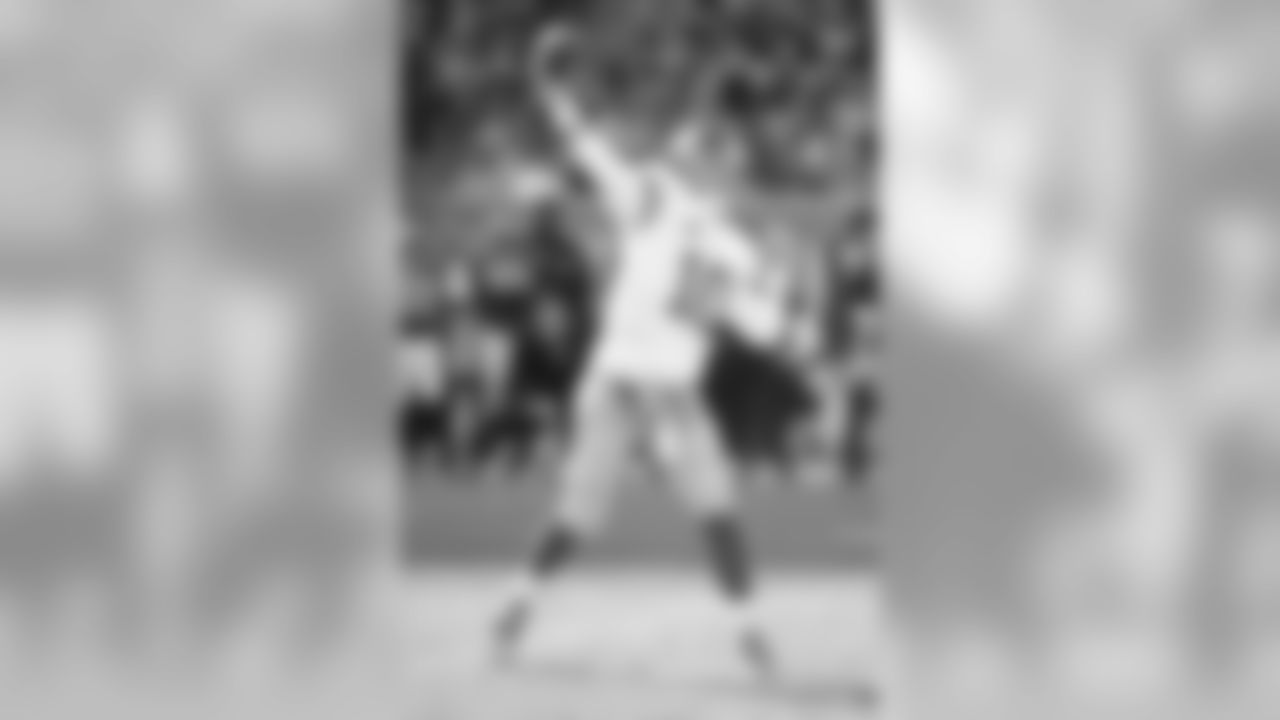
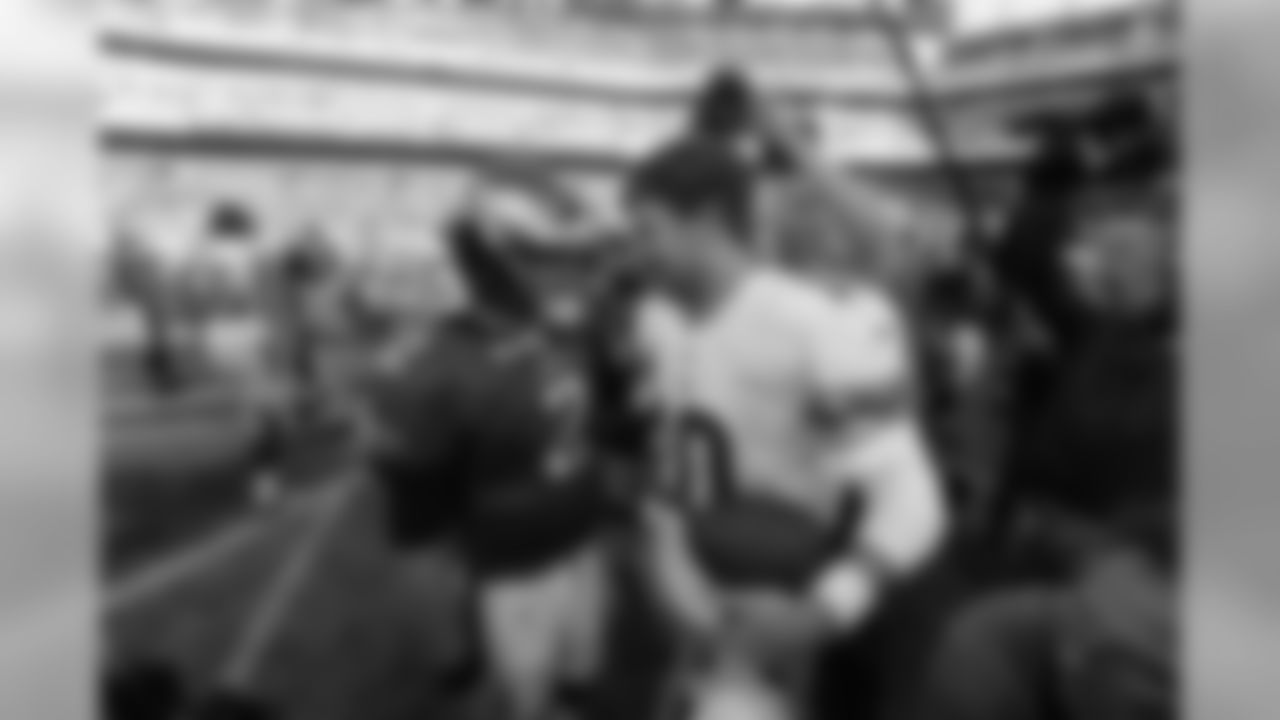

New York Giants during a week 15 football game against the Atlanta Flacons on December 16, 2012 in Atlanta, Georgia (AP Photo/Evan Pinkus)
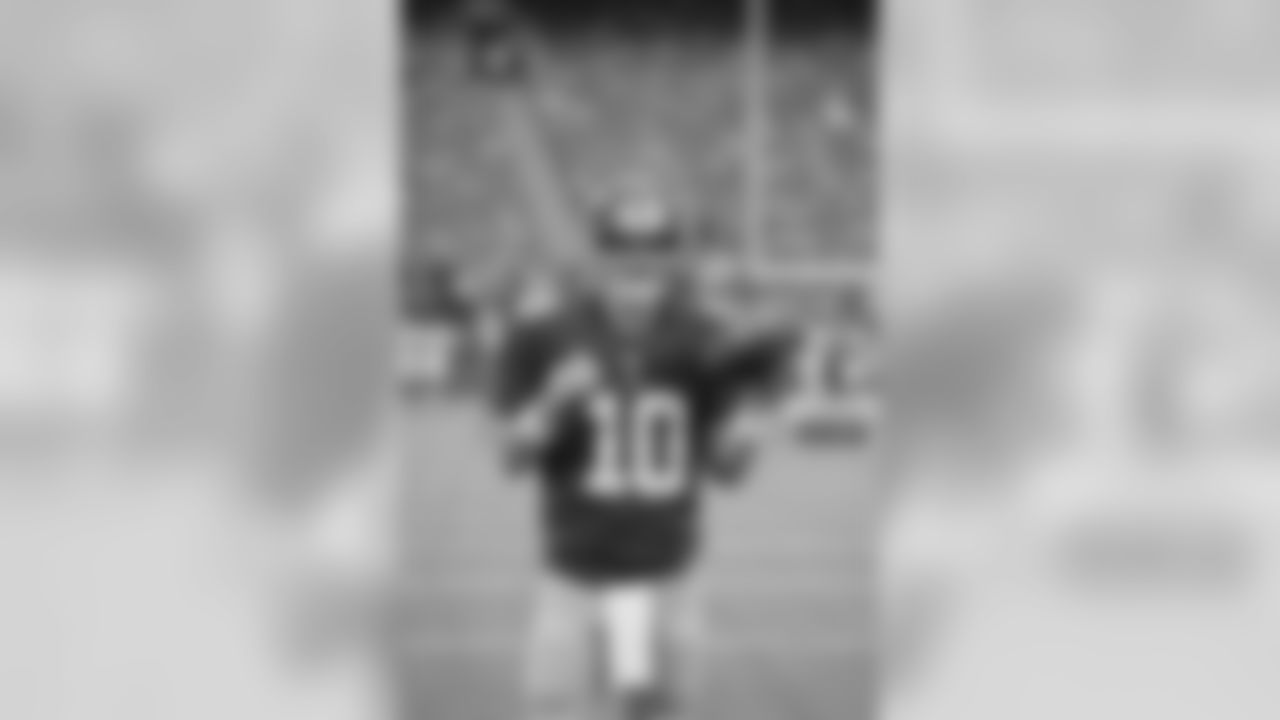
Chicago Bears during a week 6 Thursday night football game against the New York Giants on October 10, 2013 in Chicago,IL (AP Photo/Evan Pinkus)
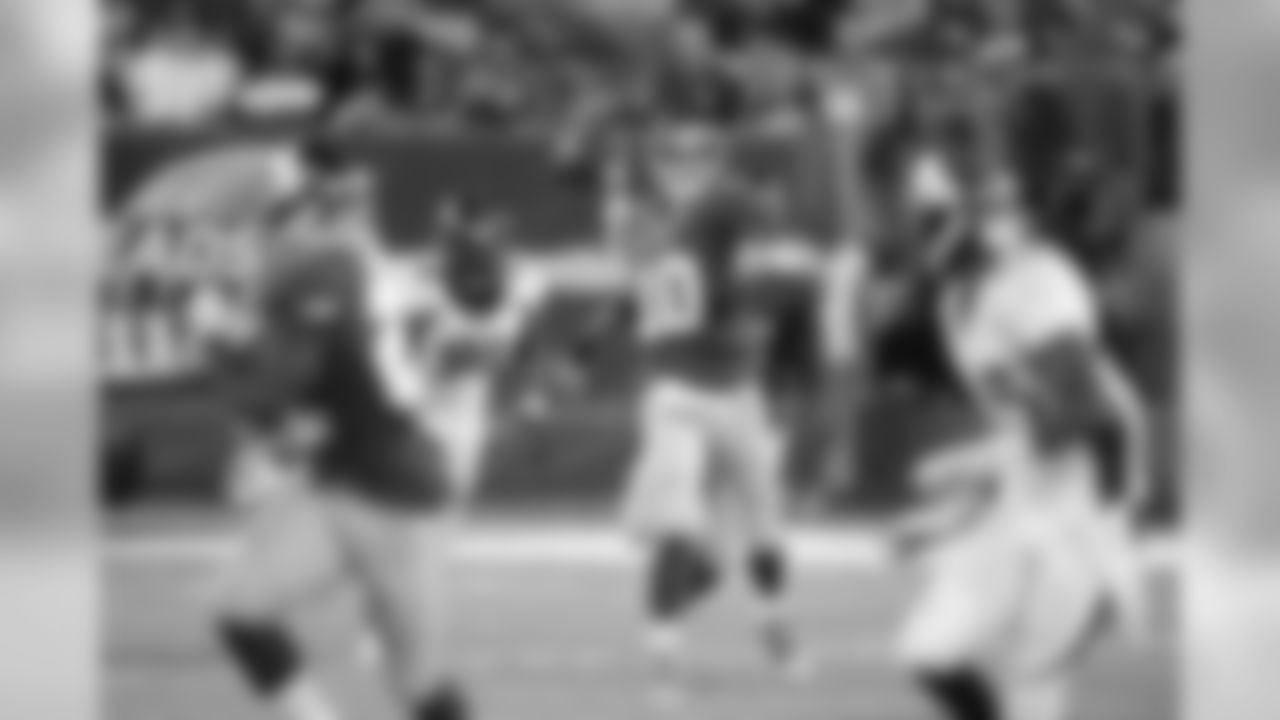
New York Giants during a week 7 football game against the Minnesota Vikings on October 21, 2013 in East Rutherford, NJ (AP Photo/Evan Pinkus)
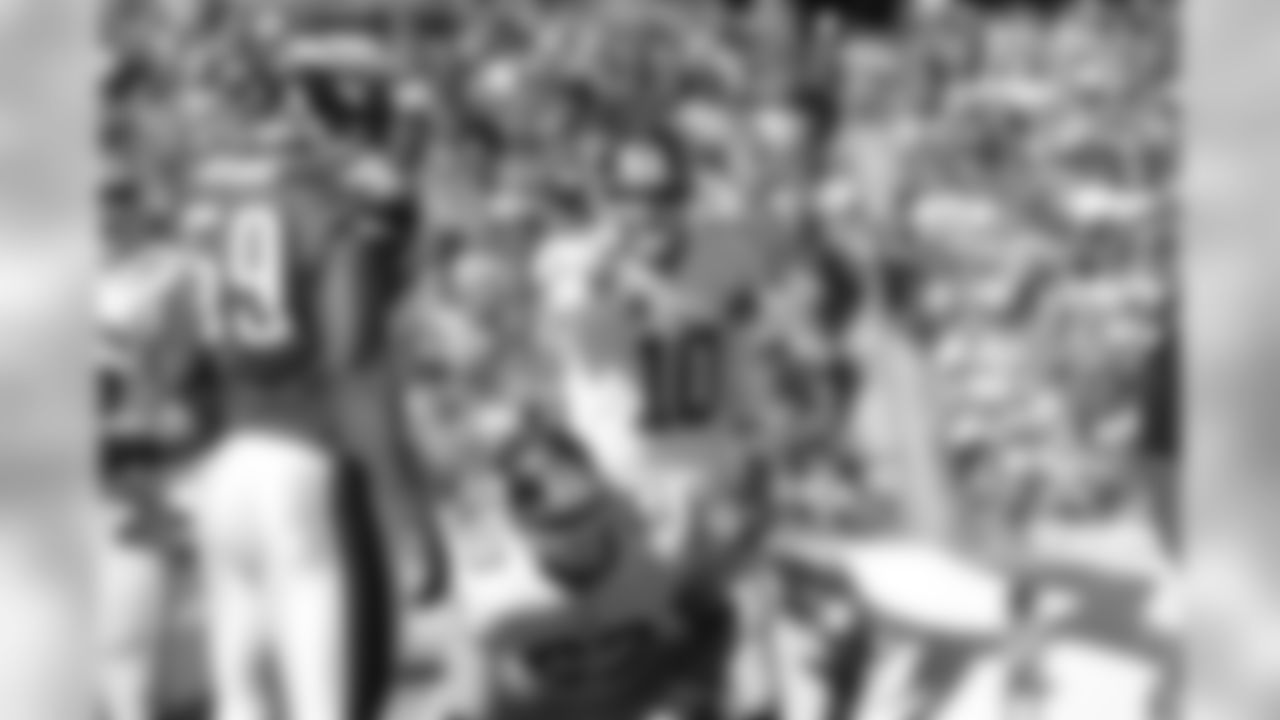
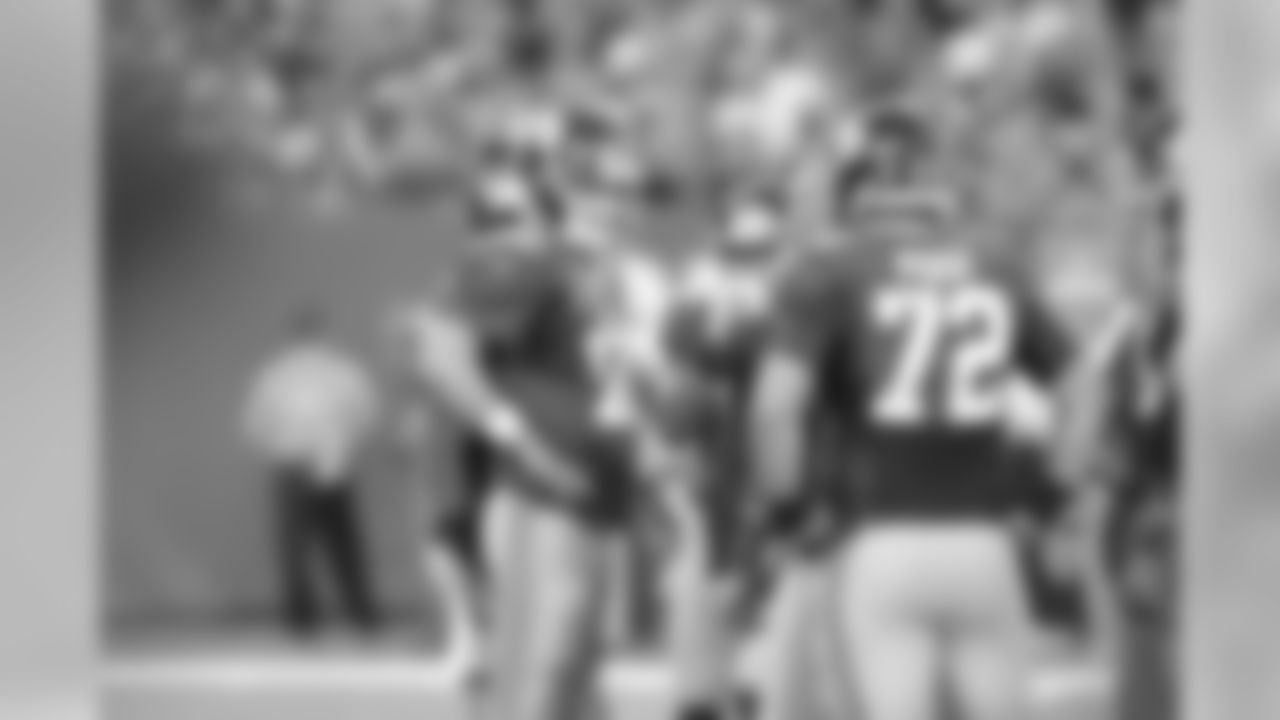
New York Giants during a week 7 football game against the Minnesota Vikings on October 21, 2013 in East Rutherford, NJ (AP Photo/Evan Pinkus)

New York Giants during a week 7 football game against the Minnesota Vikings on October 21, 2013 in East Rutherford, NJ (AP Photo/Evan Pinkus)

New York Giants during a week 7 football game against the Minnesota Vikings on October 21, 2013 in East Rutherford, NJ (AP Photo/Evan Pinkus)

New York Giants during a week 7 football game against the Minnesota Vikings on October 21, 2013 in East Rutherford, NJ (AP Photo/Evan Pinkus)

New York Giants during a week 7 football game against the Minnesota Vikings on October 21, 2013 in East Rutherford, NJ (AP Photo/Evan Pinkus)
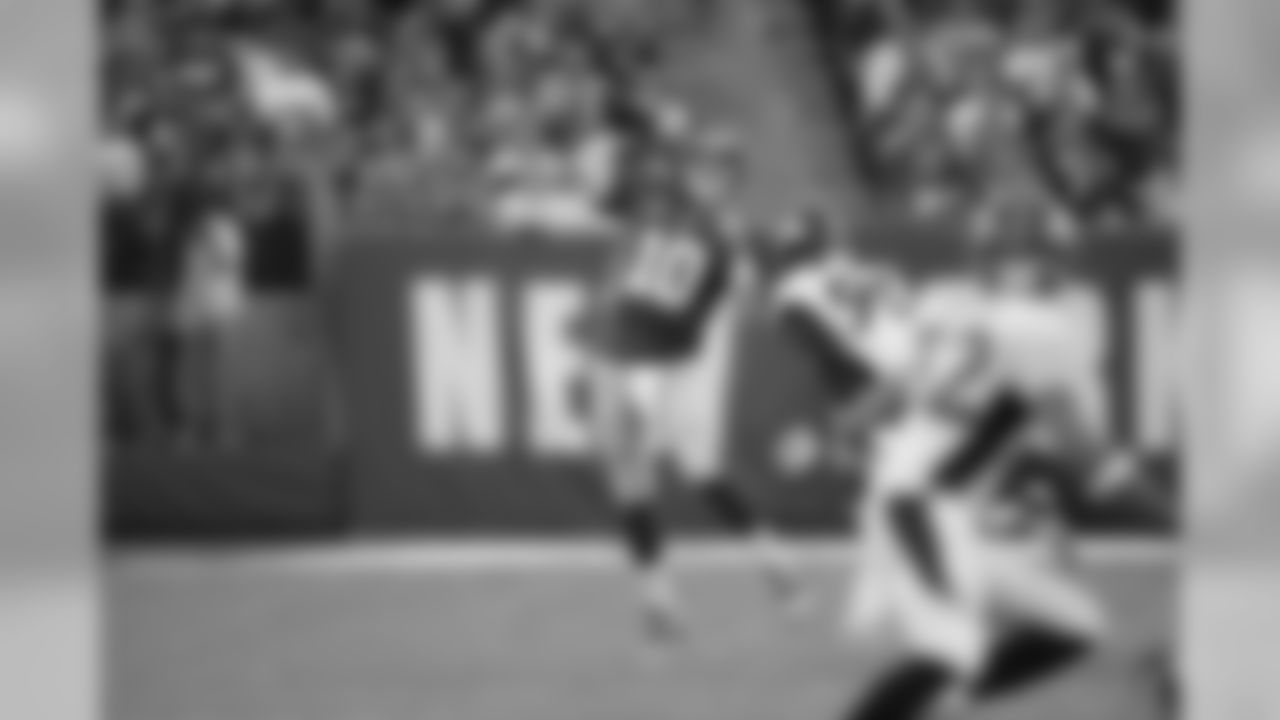
New York Giants during a week 7 football game against the Minnesota Vikings on October 21, 2013 in East Rutherford, NJ (AP Photo/Evan Pinkus)
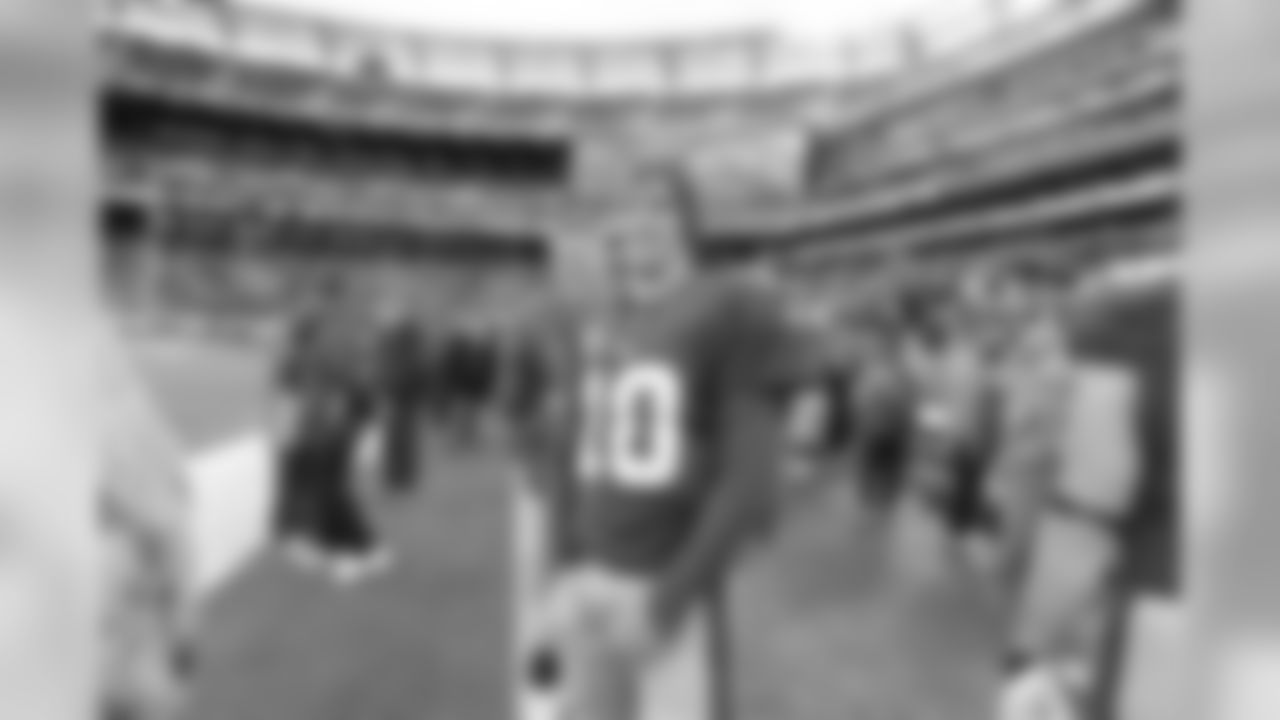
New York Giants against the Philadelphia Eagles in a week 15 NFL football game at the New Meadowlands Stadium in East Rutherford, New Jersey on Sunday December 19, 2010 (AP Photo/Evan Pinkus)

New York Giants against the Philadelphia Eagles in a week 15 NFL football game at the New Meadowlands Stadium in East Rutherford, New Jersey on Sunday December 19, 2010 (AP Photo/Evan Pinkus)
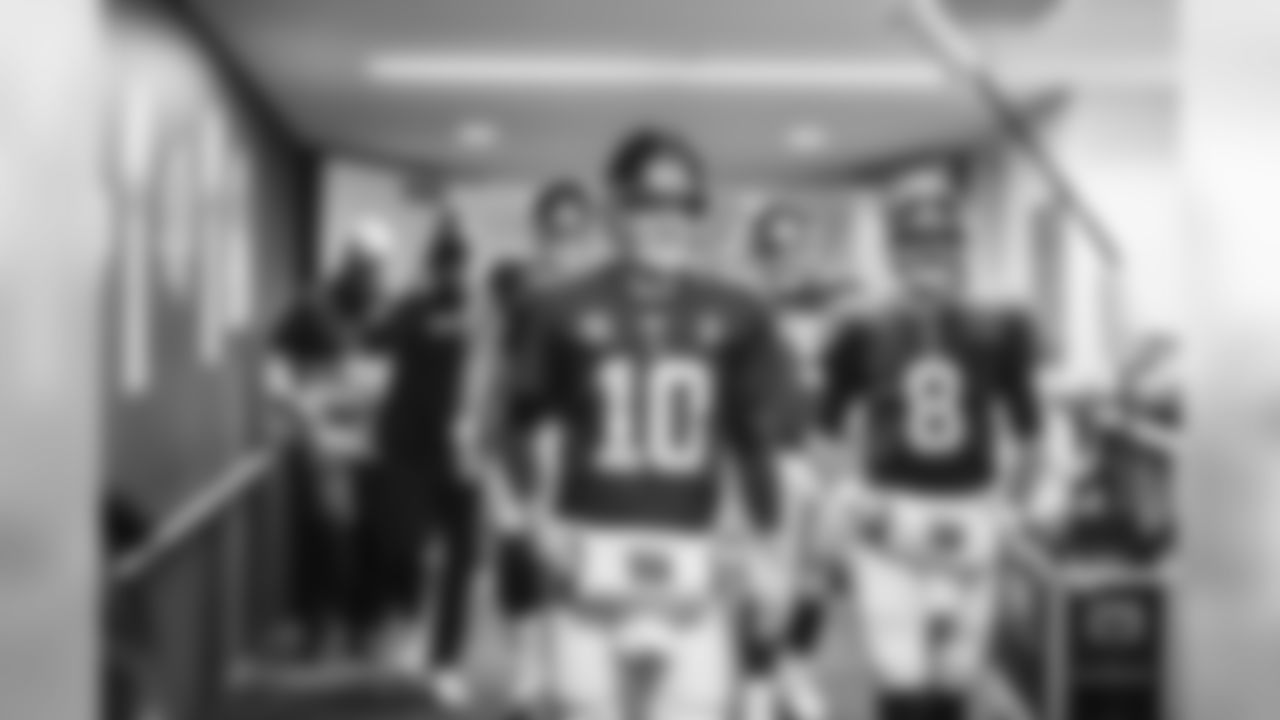
New York Giants quarterback Eli Manning (10) walks the field before a week 17 regular season game against the Philadelphia Eagles at MetLife Stadium on Sunday December 29th, 2019 in East Rutherford, New Jersey
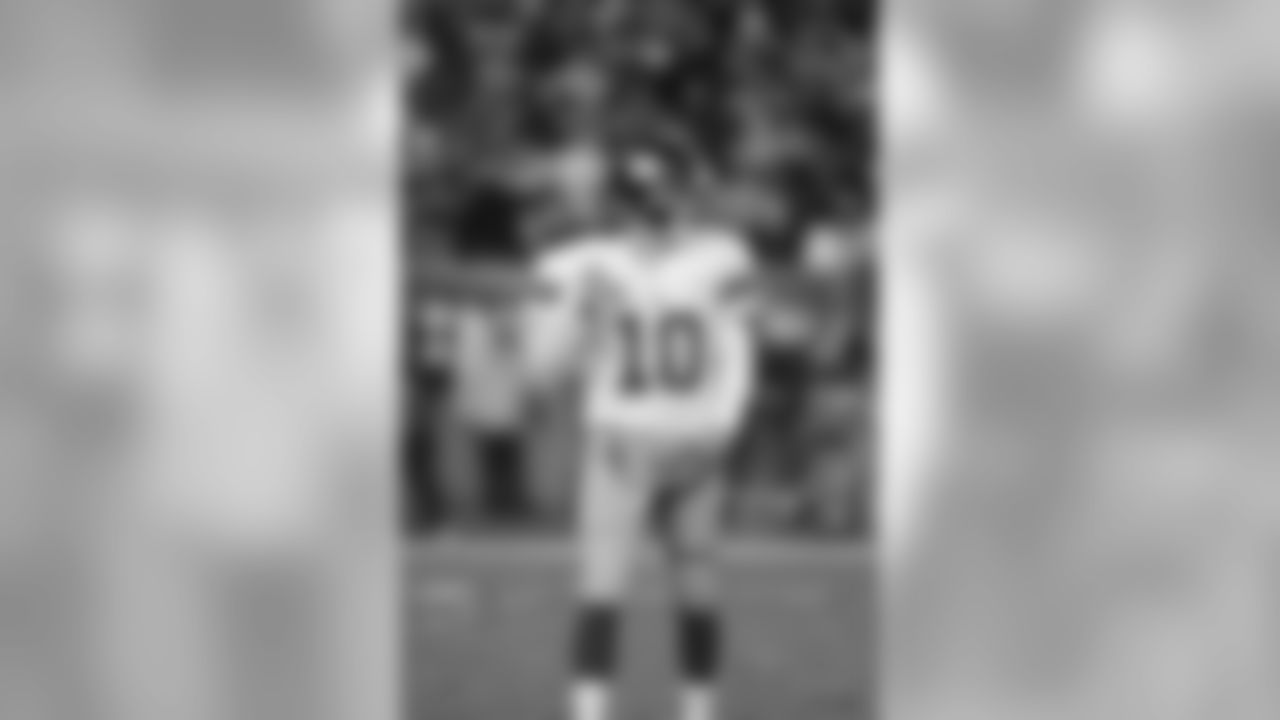
New York Jets against the Cincinnati Bengals in a week 12 NFL football game at the New Meadowlands Stadium in East Rutherford, New Jersey on Thursday November 25, 2010 (AP Photo/Evan Pinkus)
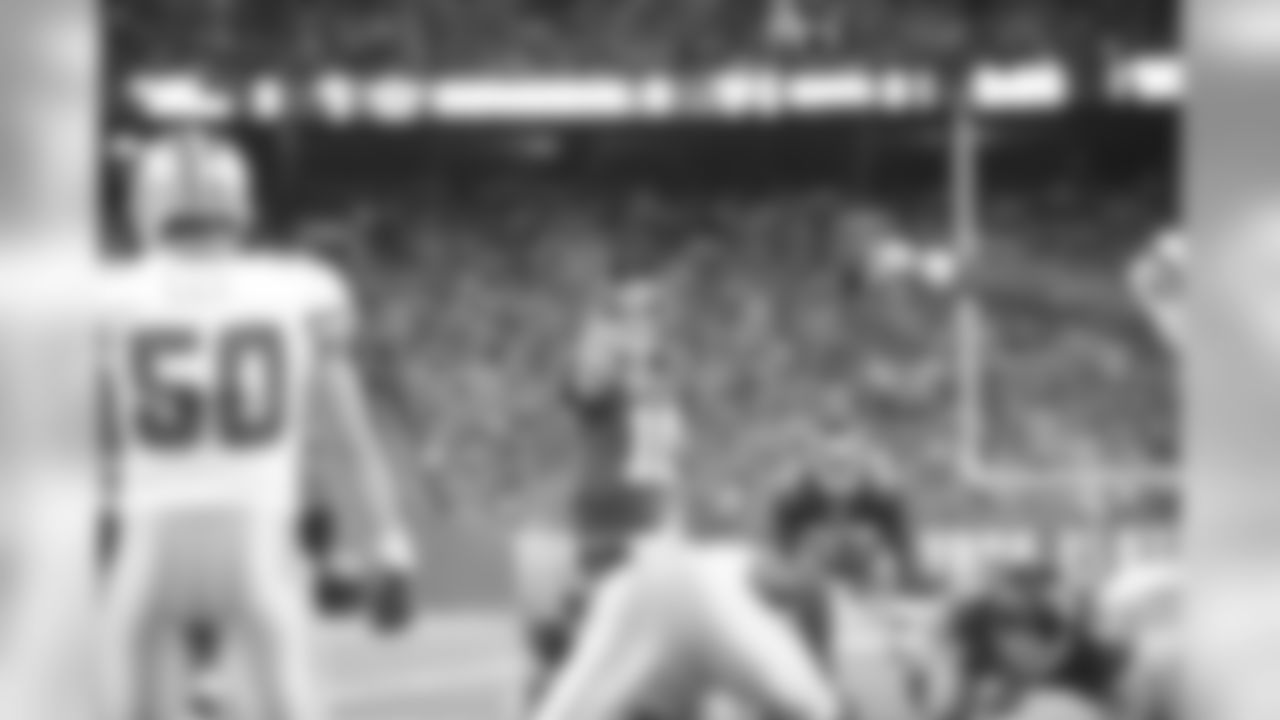
New York Jets against the Cincinnati Bengals in a week 12 NFL football game at the New Meadowlands Stadium in East Rutherford, New Jersey on Thursday November 25, 2010 (AP Photo/Evan Pinkus)

New York Giants quaterbak Eli Manning (10) talks with Atlanta Falcons quaterback Matt Ryan (2) during a NFL football game at Giants Stadium in East Rutherford, New Jersey on Sunday November 22, 2009
(AP Photo/Evan Pinkus)

New York Giants against the New England Patriots in a preseason NFL football game at the New Meadowlands Stadium in East Rutherford, New Jersey on Thursday September 2, 2010 (AP Photo/Evan Pinkus)


New York Giants quarterback Eli Manning (10) during a week 2 football game against the Arizona Cardinals on September 14, 2014 in East Rutherford, New Jersey (AP Photo/Evan Pinkus)
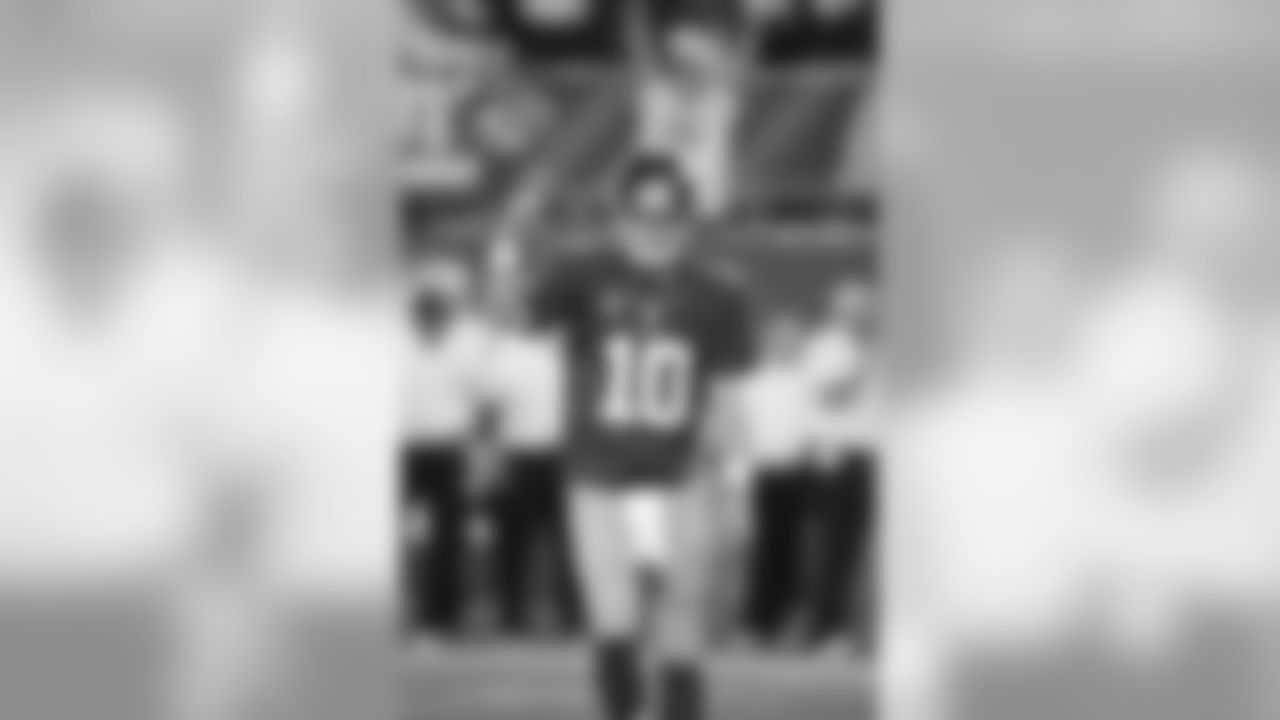
New York Giants during a week 2 football game against the Tampa Bay Buccaneers on Sunday September 16, 2012 in East Rutherford, New Jersey (AP Photo/Evan Pinkus)


New York Giants during a week 2 football game against the Tampa Bay Buccaneers on Sunday September 16, 2012 in East Rutherford, New Jersey (AP Photo/Evan Pinkus)
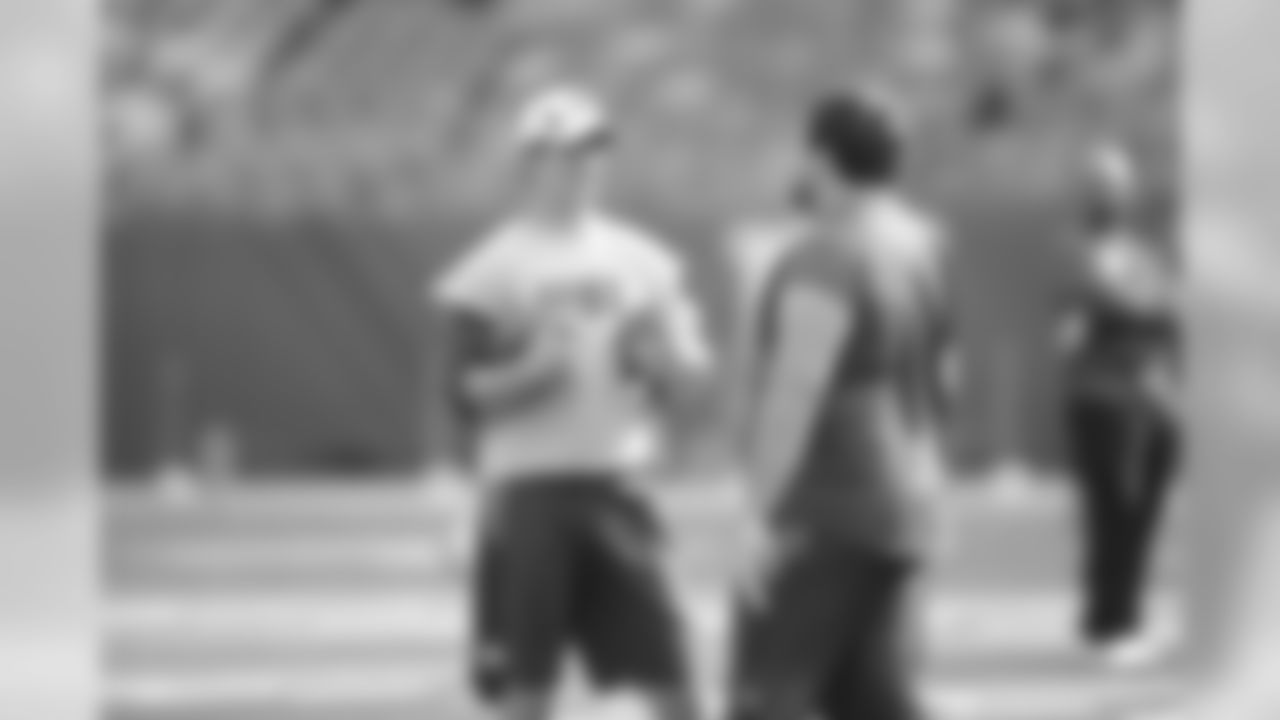
New York Giants against the New England Patriots in a preseason NFL football game at the New Meadowlands Stadium in East Rutherford, New Jersey on Thursday September 2, 2010 (AP Photo/Evan Pinkus)
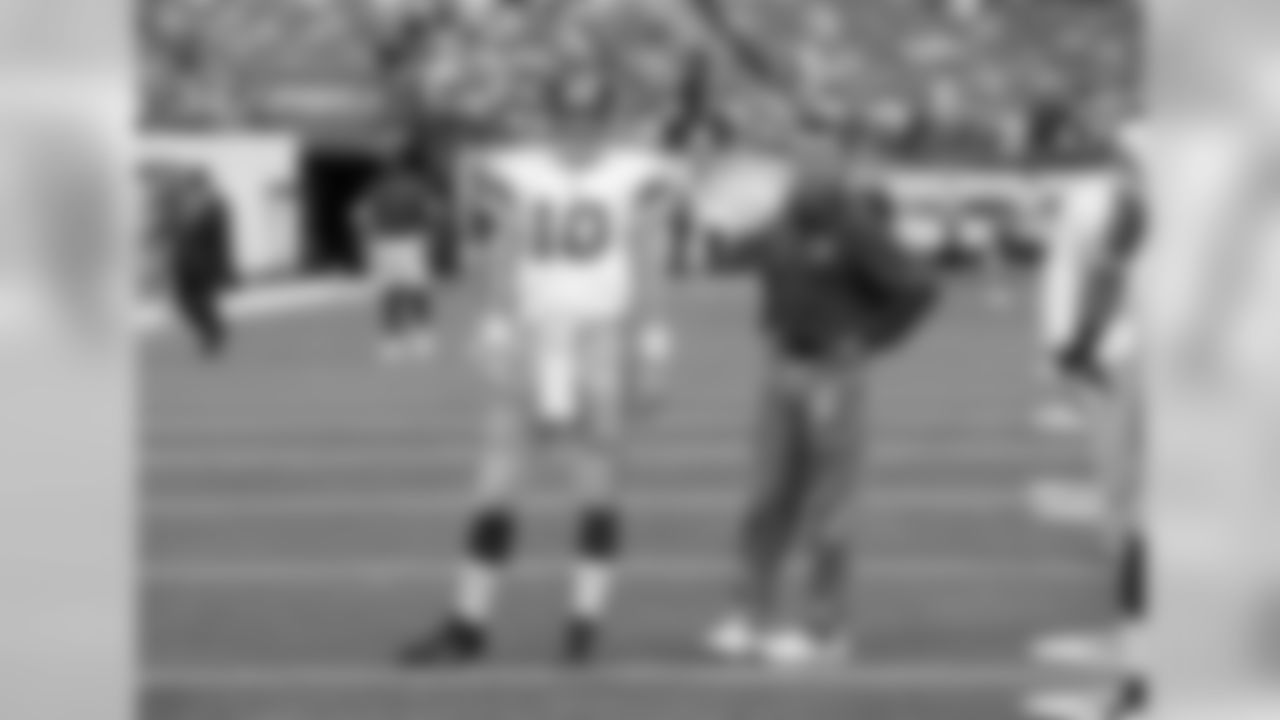
New York Giants against the New York Jets in an preseason NFL football game at the New Meadowlands Stadium in East Rutherford, New Jersey on Monday August 16, 2010 (AP Photo/Evan Pinkus)

New York Giants during NFL Super Bowl XLVI against the New England Patriots, Sunday, Feb. 5, 2012, in Indianapolis (AP Photo/EvanPinkus)

New York Giants during a week 12 football game against the Green Bay Packers on November 25, 2012 in East Rutherford, New Jersey (AP Photo/Evan Pinkus)


New York Giants quarterback Eli Manning (10) drops back to pass during a week 2 football game against the Arizona Cardinals on September 14, 2014 in East Rutherford, New Jersey (AP Photo/Evan Pinkus)

New York Giants during a week 2 football game against the Tampa Bay Buccaneers on Sunday September 16, 2012 in East Rutherford, New Jersey (AP Photo/Evan Pinkus)
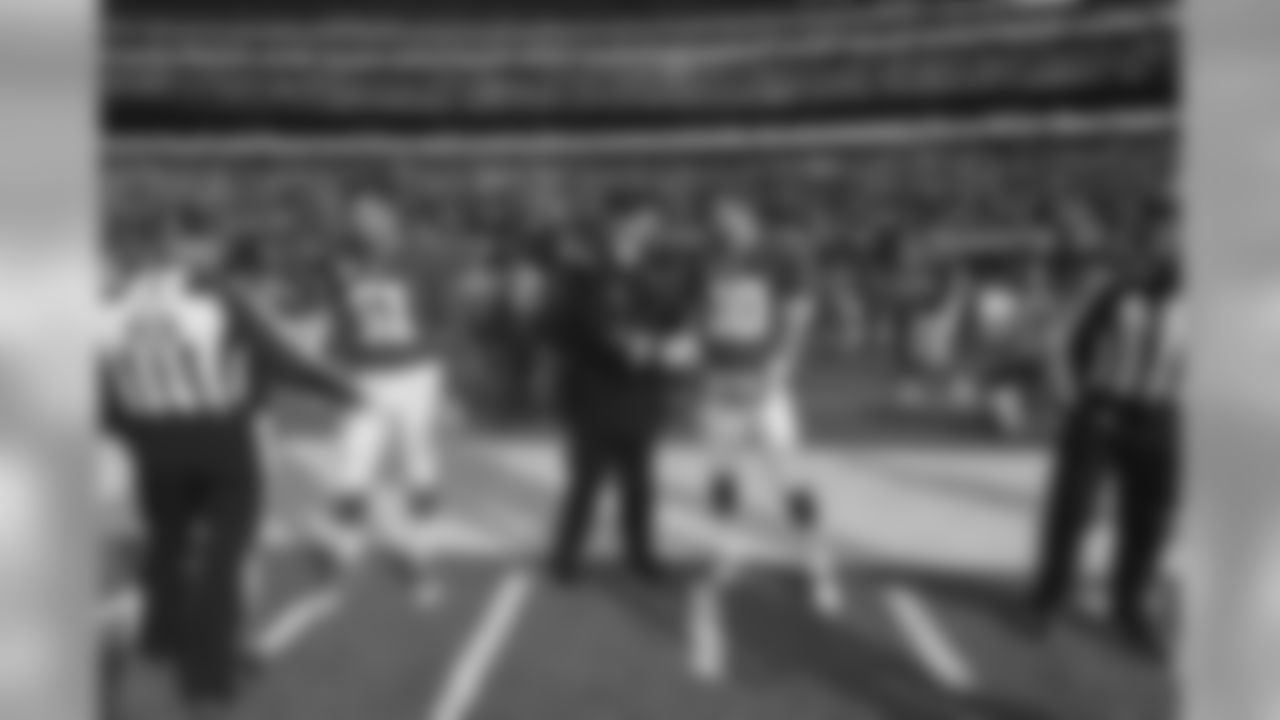

New York Giants during a week 17 football game against the Philadelphia Eagles on December 30, 2012 in East Rutherford, New Jersey (AP Photo/Evan Pinkus)


New York Giants during a week 17 football game against the Philadelphia Eagles on December 30, 2012 in East Rutherford, New Jersey (AP Photo/Evan Pinkus)
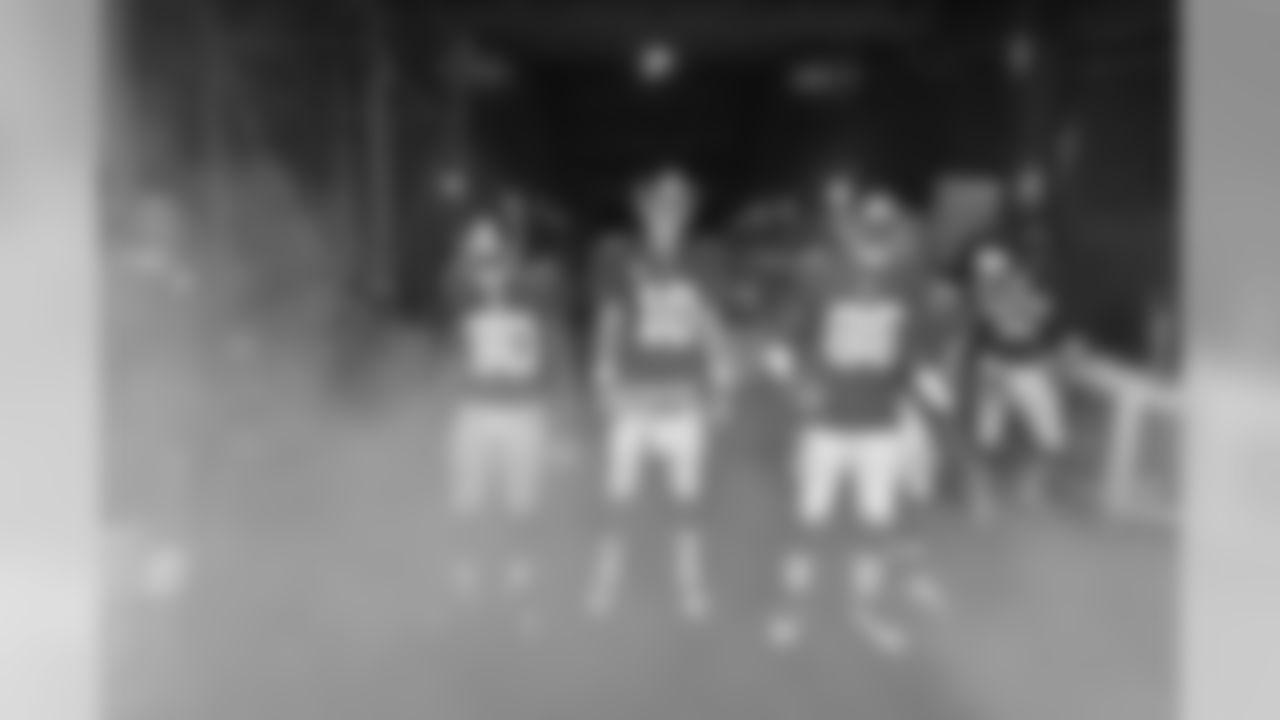

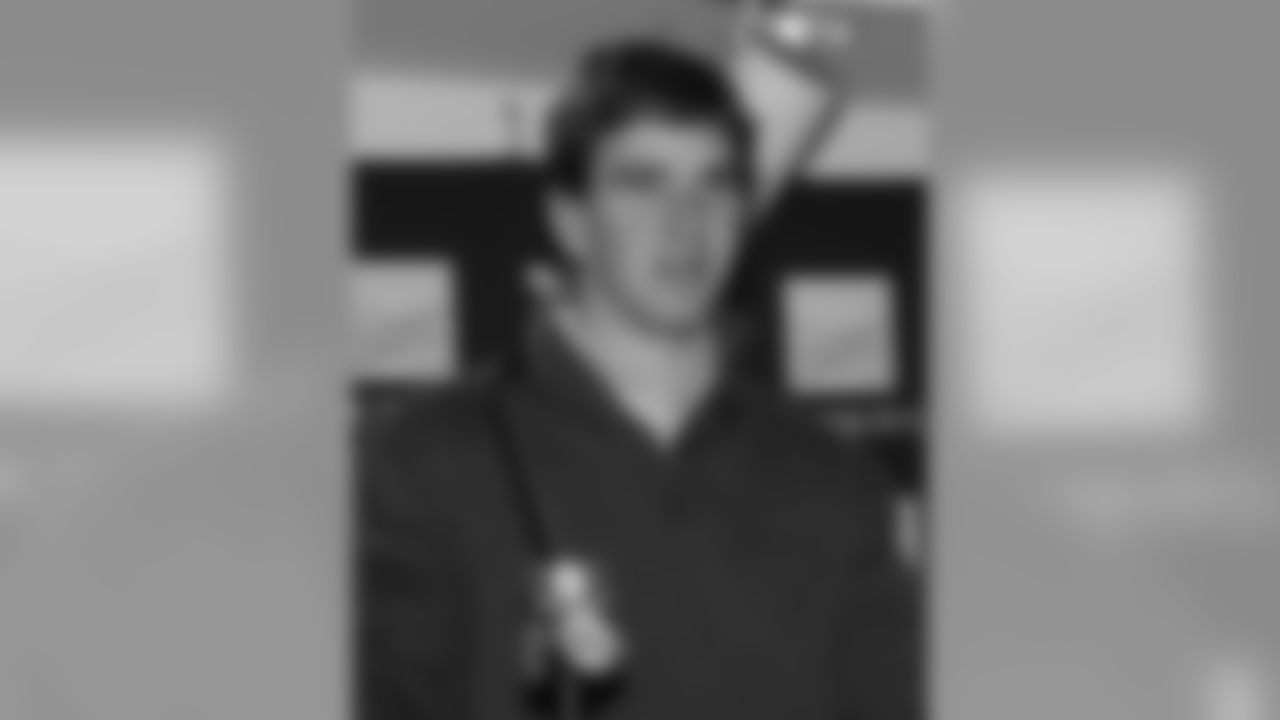
New York Giants quaterback Eli Manning talks to the media after playing against the Philadelphia Eagles at the Meadowlands in East Rutherford,New Jersey.The Eagles beat the Giants 36-22.
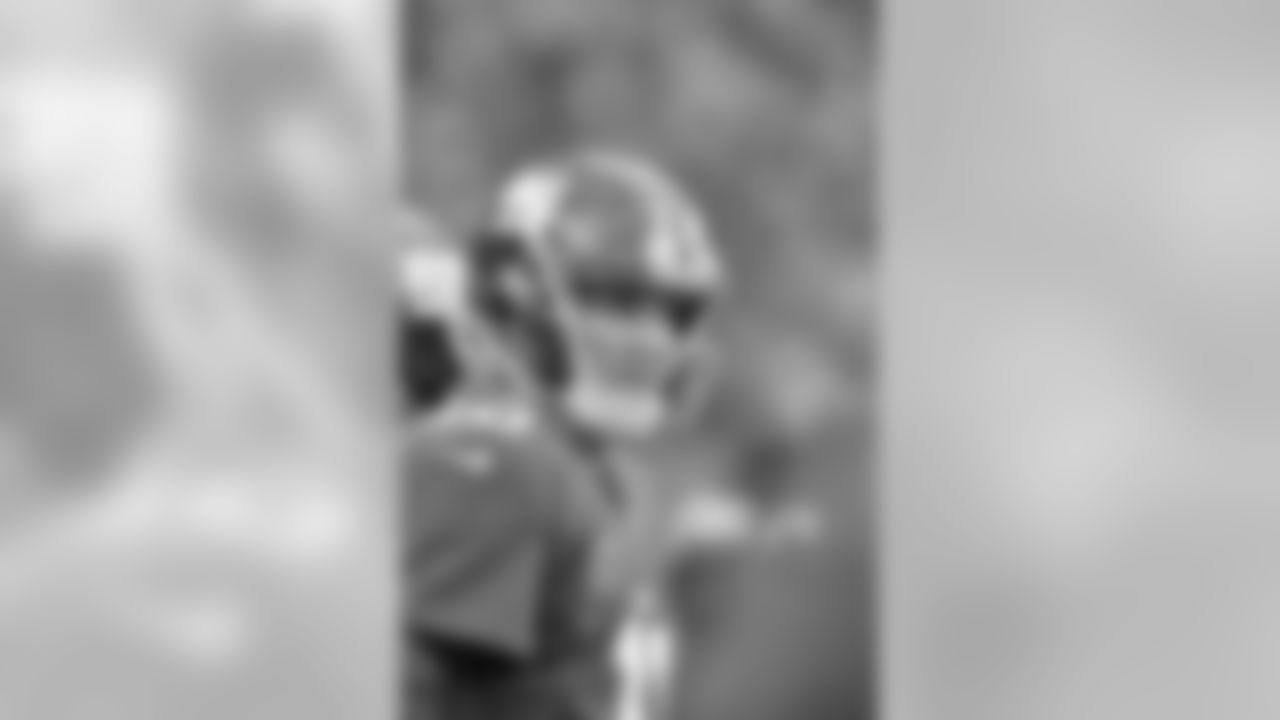
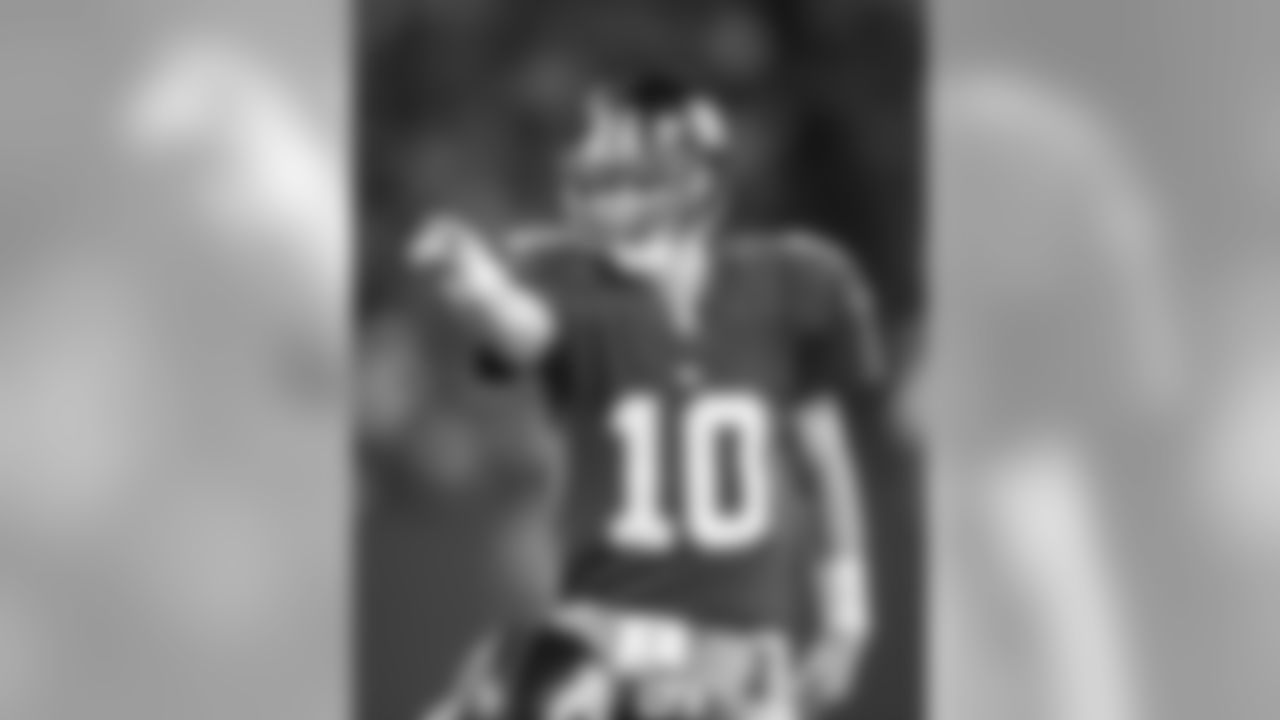
New York Giants quaterback Eli Manning in action against the Philadelphia Eagles at the Meadowlands in East Rutherford,New Jersey.The Eagles beat the Giants 36-22.
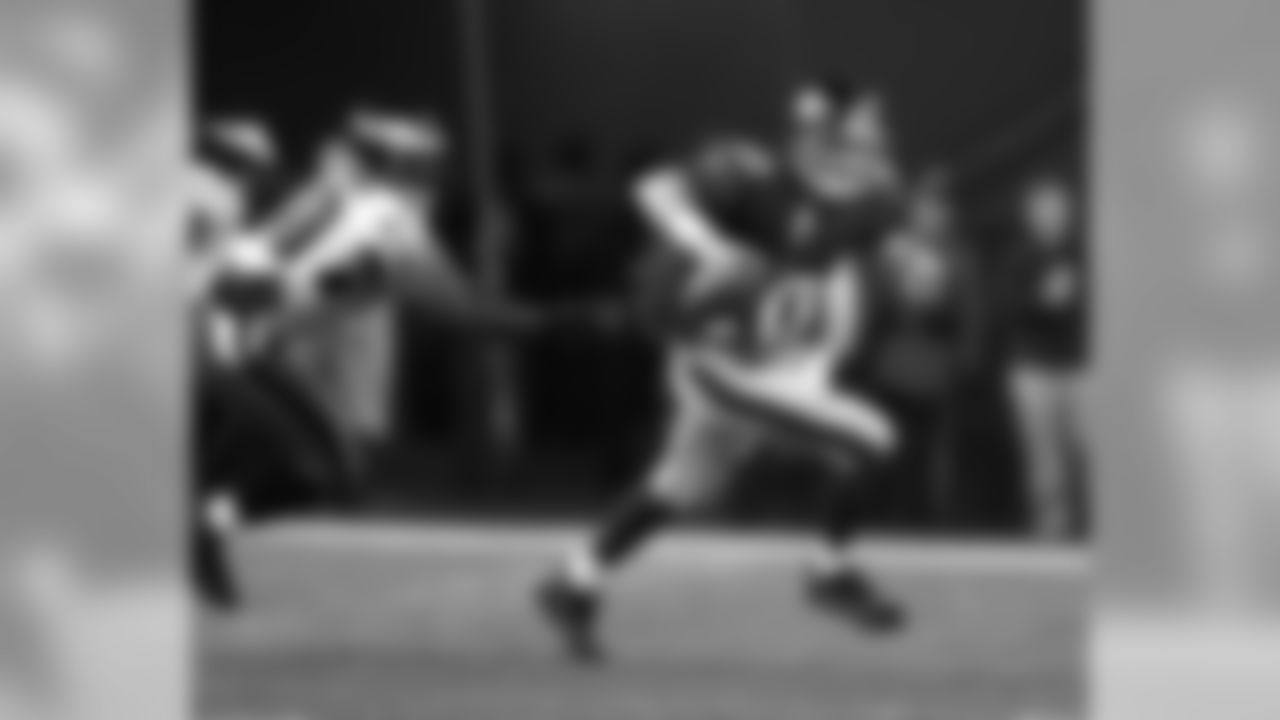
New York Giants quaterback Eli Manning in action against the Philadelphia Eagles at the Meadowlands in East Rutherford,New Jersey.The Eagles beat the Giants 36-22.
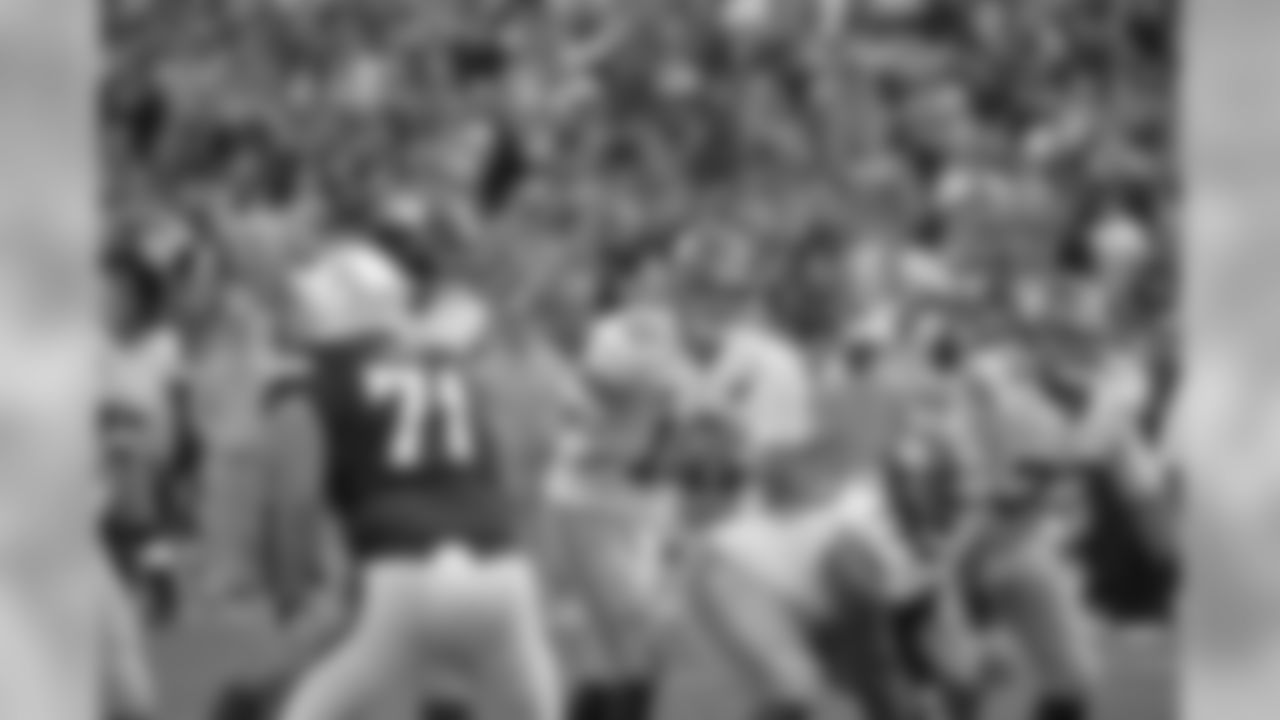
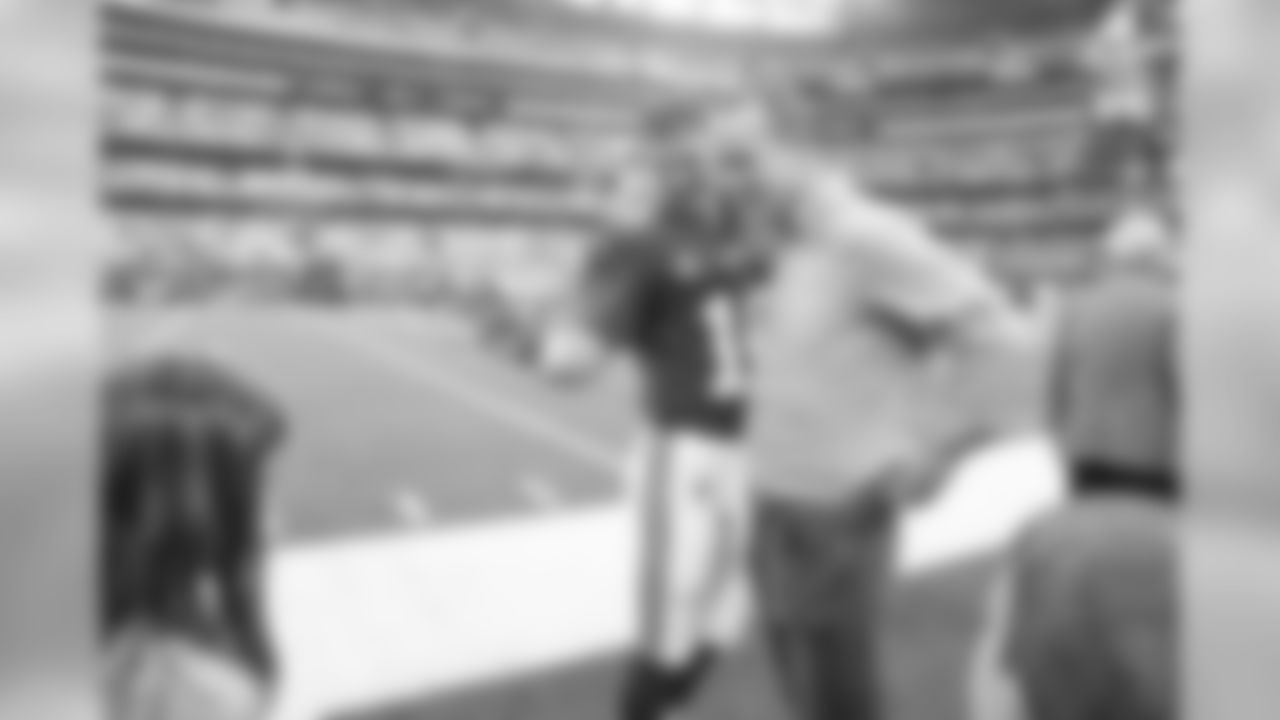
New York Giants quarterback Eli Manning (10) talks to his brother Peyton Manning before a week 1 regular season game against the Dallas Cowboys at AT&T Stadium on Sunday September 8th, 2019 in Arlington, Texas

New York Giants quarterback Eli Manning (10) takes part in a week 2 regular season game against the Buffalo Bills at MetLife Stadium on Sunday September 15th, 2019 in East Rutherford, New Jersey


New York Giants quarterback Eli Manning (10) takes part in a week 2 regular season game against the Buffalo Bills at MetLife Stadium on Sunday September 15th, 2019 in East Rutherford, New Jersey
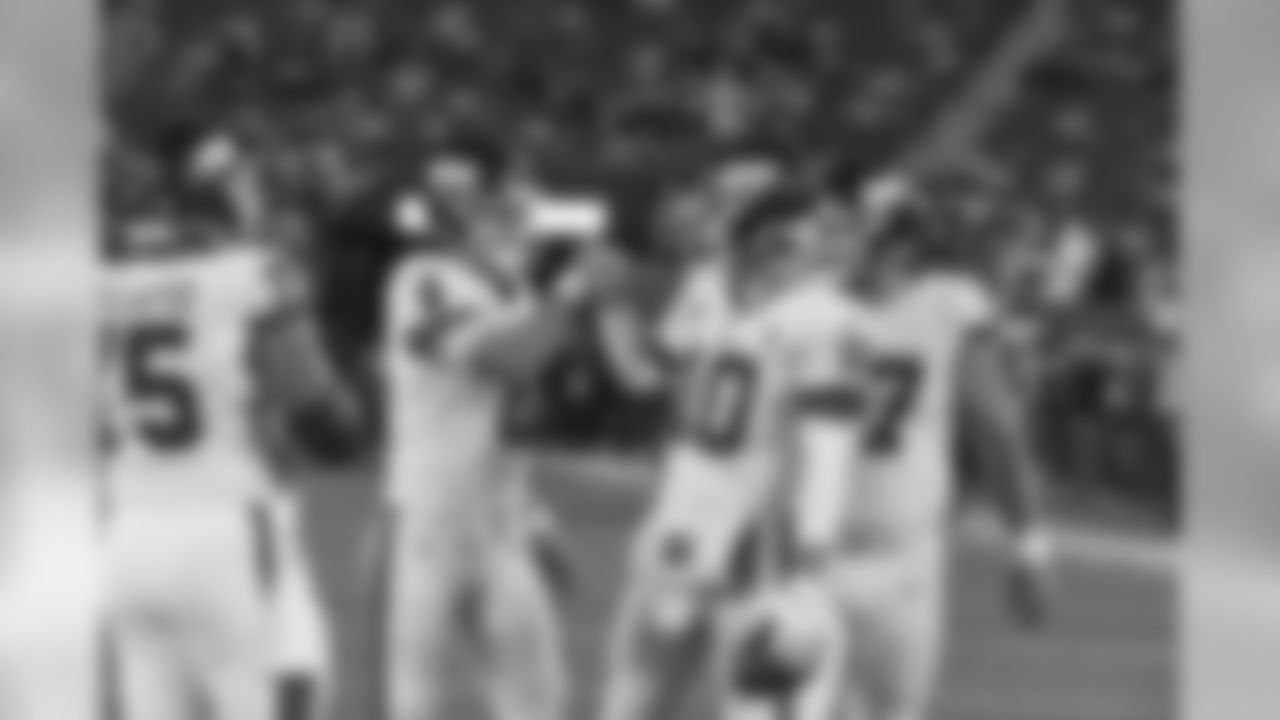
New York Giants quarterback Daniel Jones (8) and New York Giants quarterback Eli Manning (10) takes part in a week 9 regular season game against the Dallas Cowboys at MetLife Stadium on Monday November 4th, 2019 in East Rutherford, New Jersey
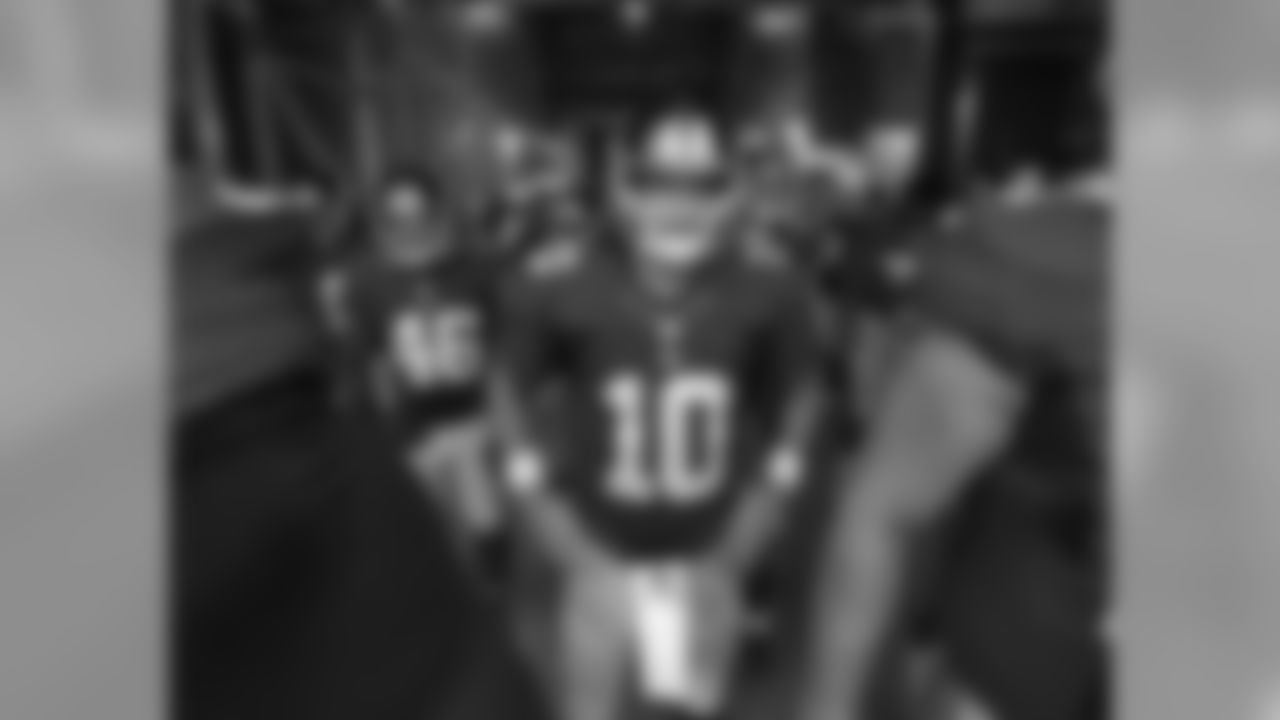
New York Giants quarterback Eli Manning (10) stands in the tunnel before a pre season football game against the New York Jets on August 29, 2015 at Met Life Stadium in East Rutherford, New Jersey ( Evan Pinkus via AP)


New York Giants quarterback Eli Manning (10) leaves the locker room before a preseason week 1 game against the New York Jets at Met Life Stadium in East Rutherford, NJ
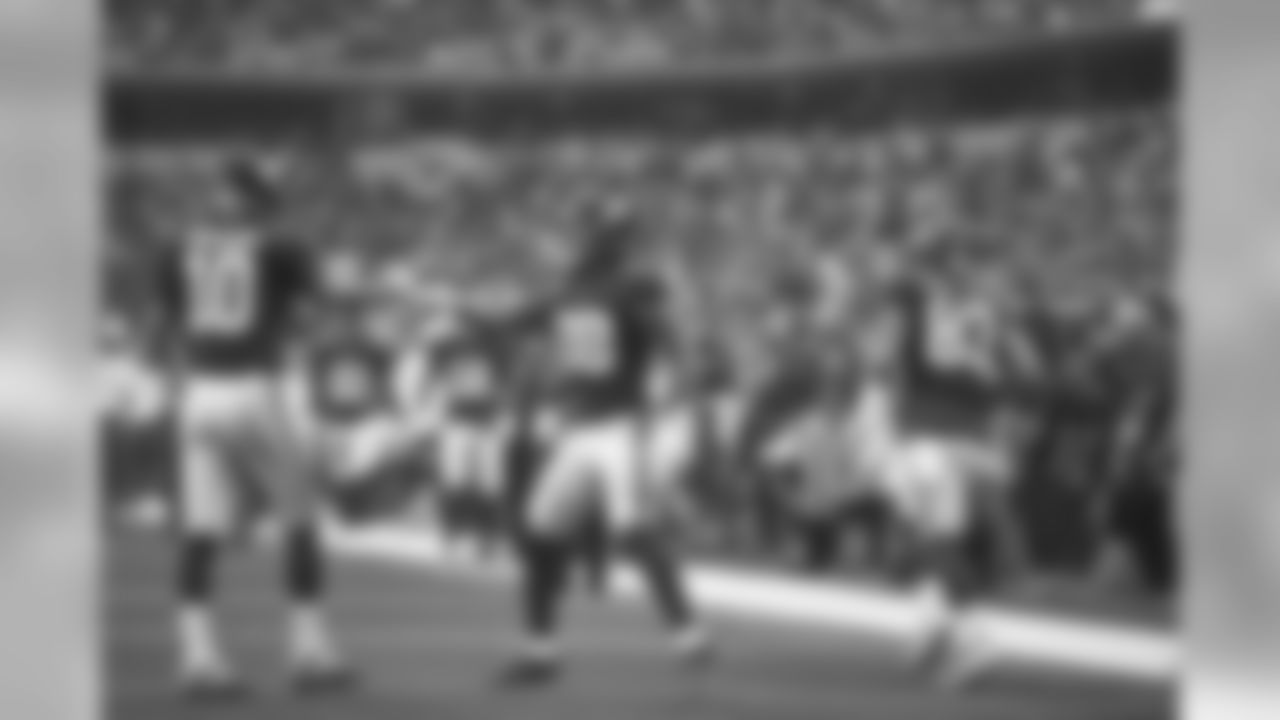
New York Giants quarterback Eli Manning (10) and New York Giants tight end Evan Engram (88) celebrate a touchdown in a week 1 regular season game against the Dallas Cowboys at AT&T Stadium on Sunday September 8th, 2019 in Arlington, Texas
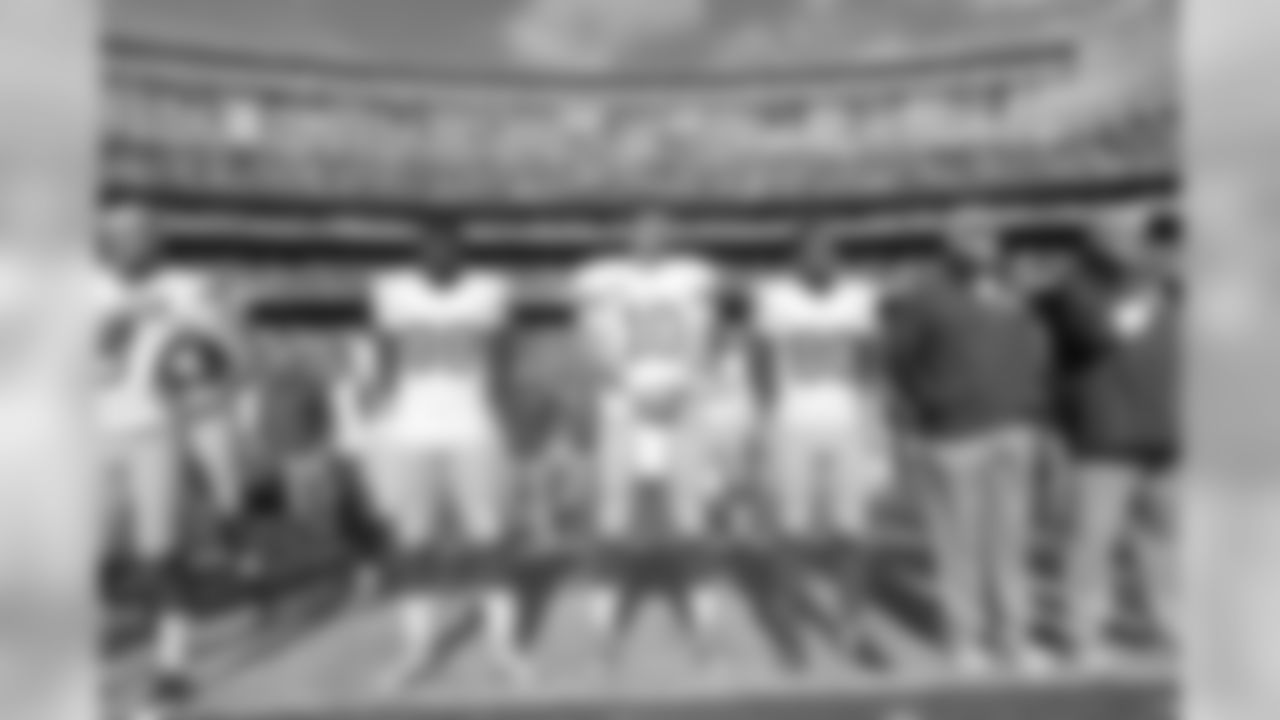
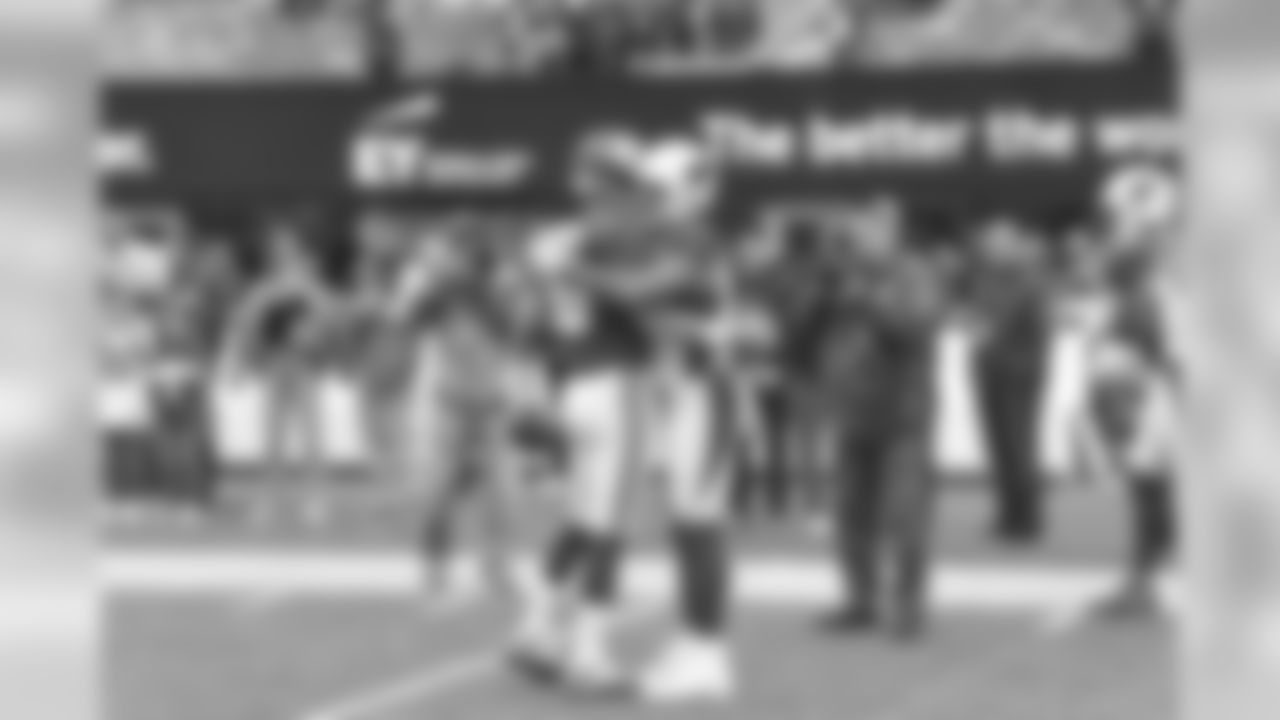
New York Giants quarterback Eli Manning (10) hugs Arizona Cardinals wide receiver Larry Fitzgerald (11) before week 7 regular season game against the Arizona Cardinals at MetLife Stadium on Sunday October 20th, 2019 in East Rutherford, New Jersey

New York Giants quarterback Eli Manning (10) celebrates a touchdown pass to New York Giants wide receiver Bennie Fowler (18) during a preseason week 2 game against the Chicago Bears at Met Life Stadium in East Rutherford, NJ
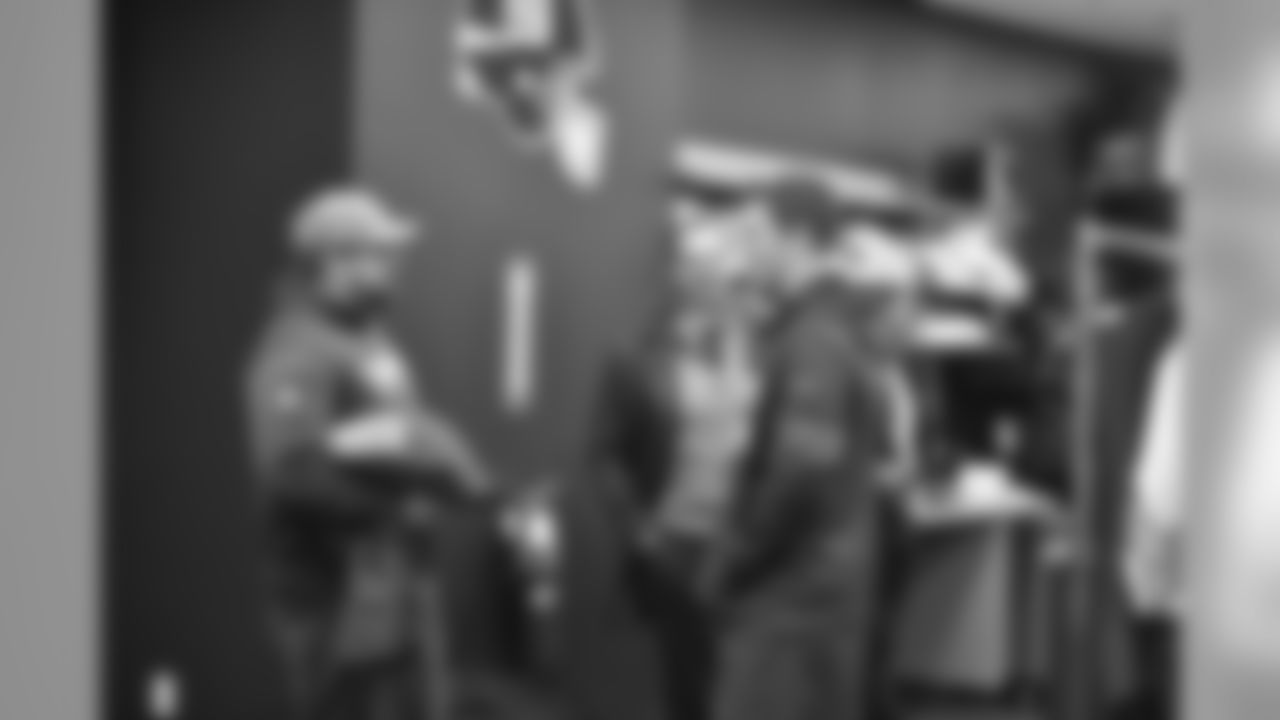
New York Giants quarterback Eli Manning (10) talks with former teammates Rich Seubert and Shaun O'Hara before a week 17 regular season game against the Philadelphia Eagles at MetLife Stadium on Sunday December 29th, 2019 in East Rutherford, New Jersey
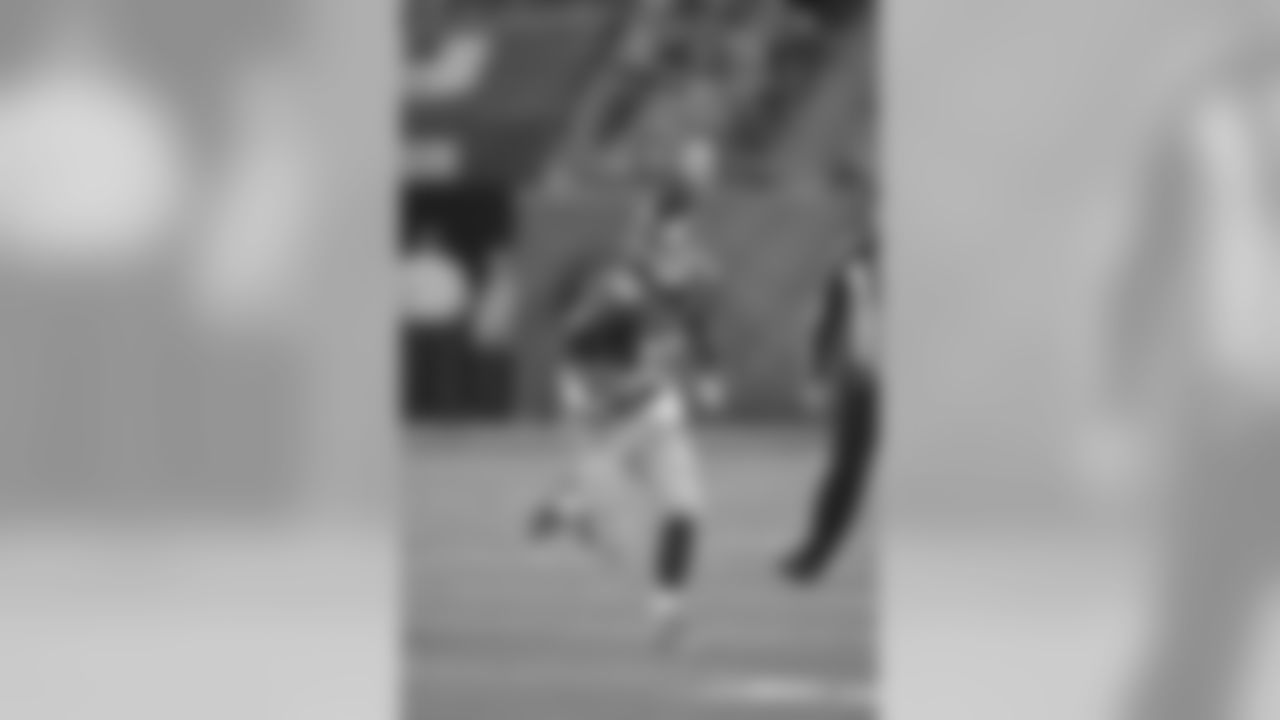

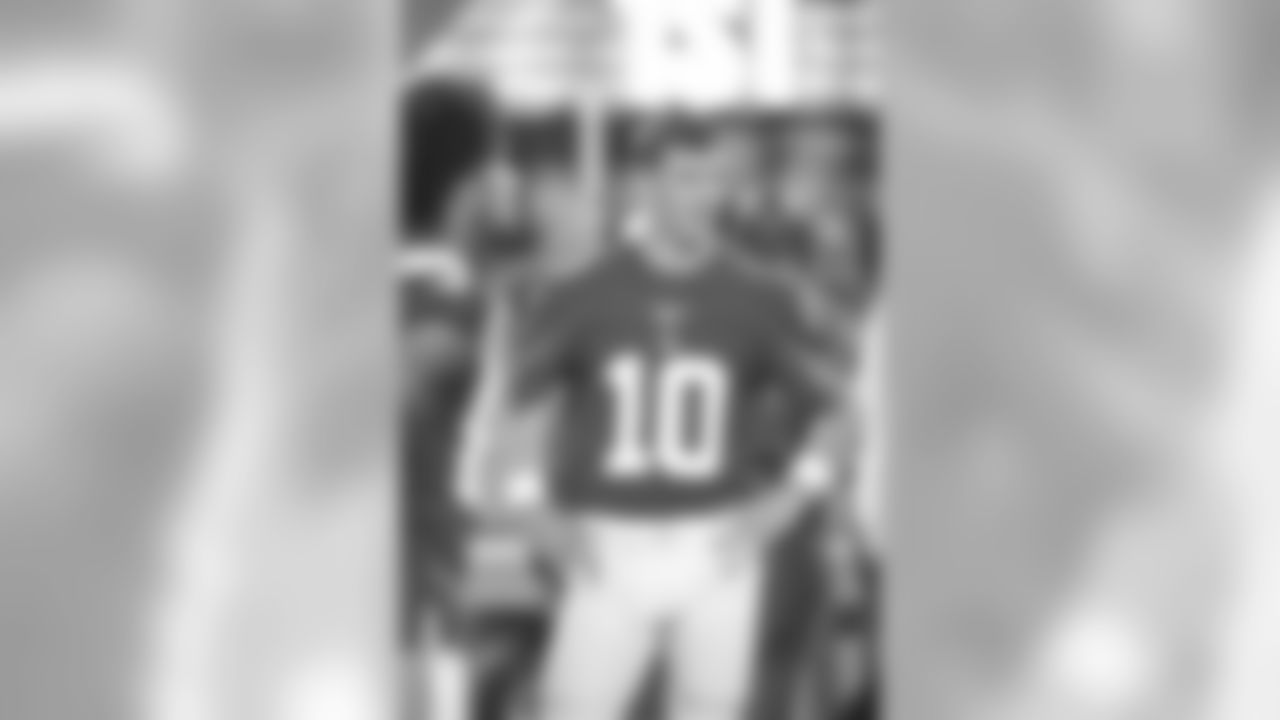
New York Giants quarterback Eli Manning (10) watches from the sideline during a preseason week 1 game against the New York Jets at Met Life Stadium in East Rutherford, NJ


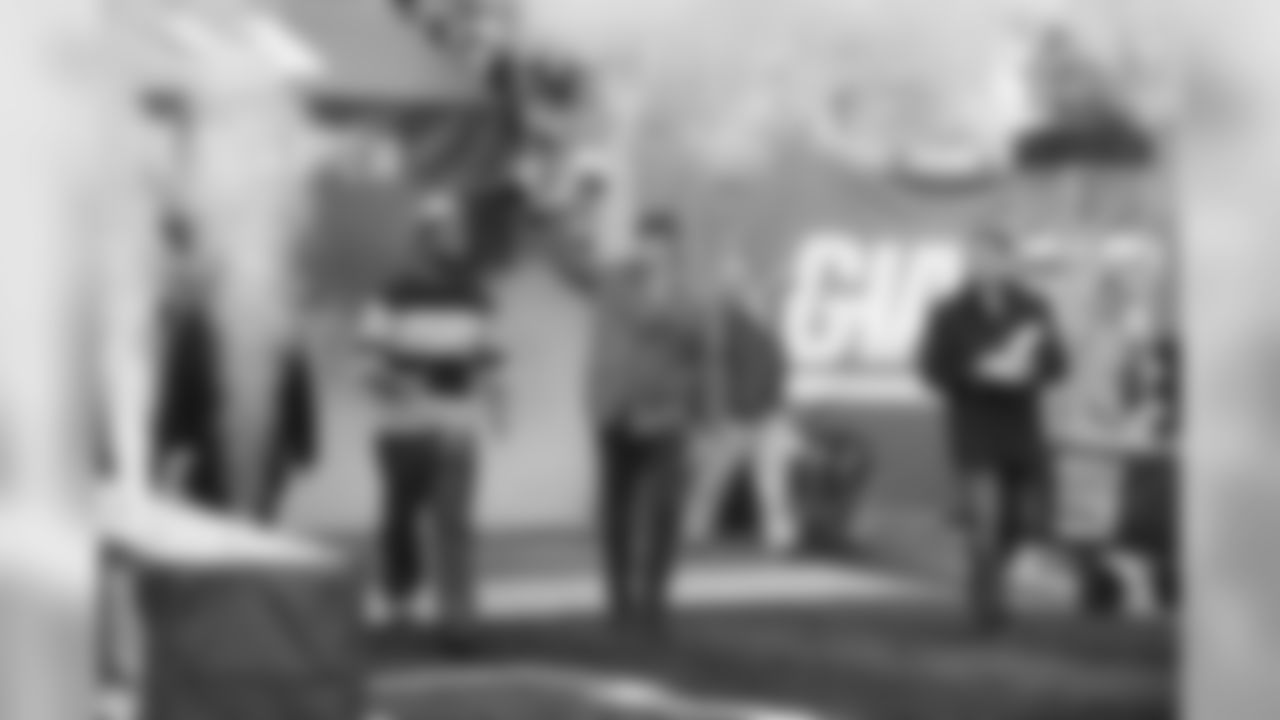
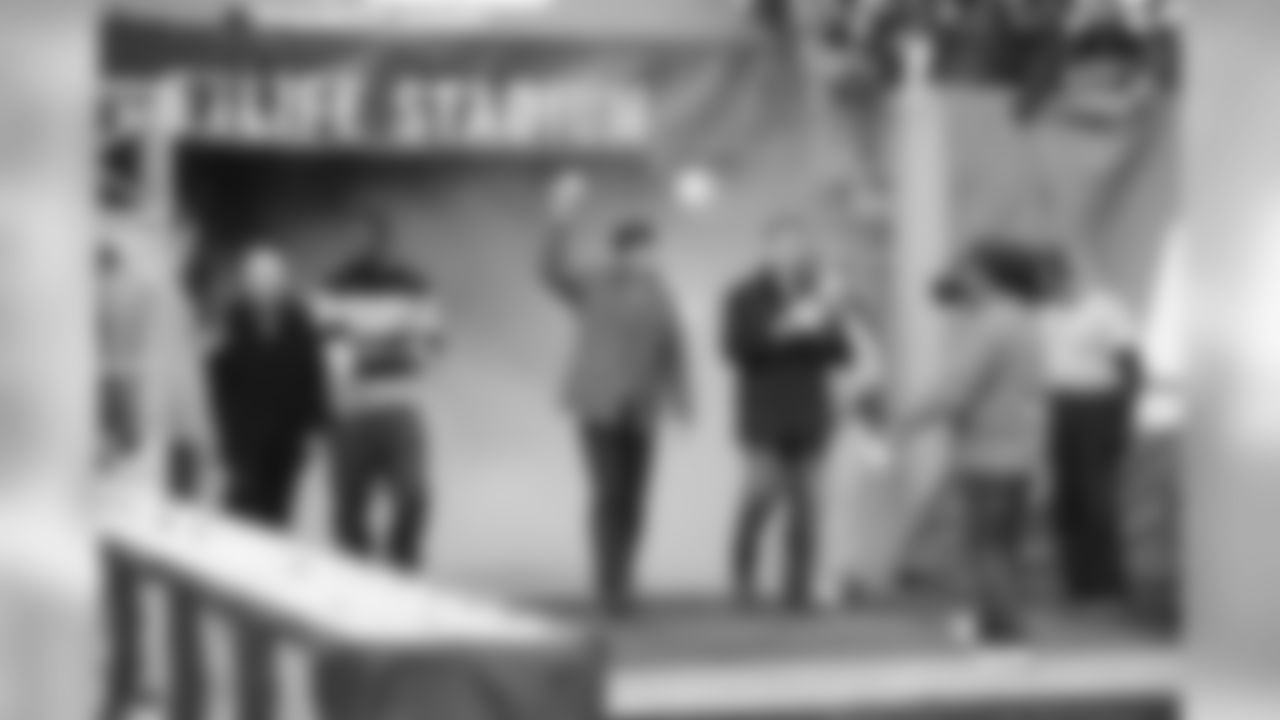
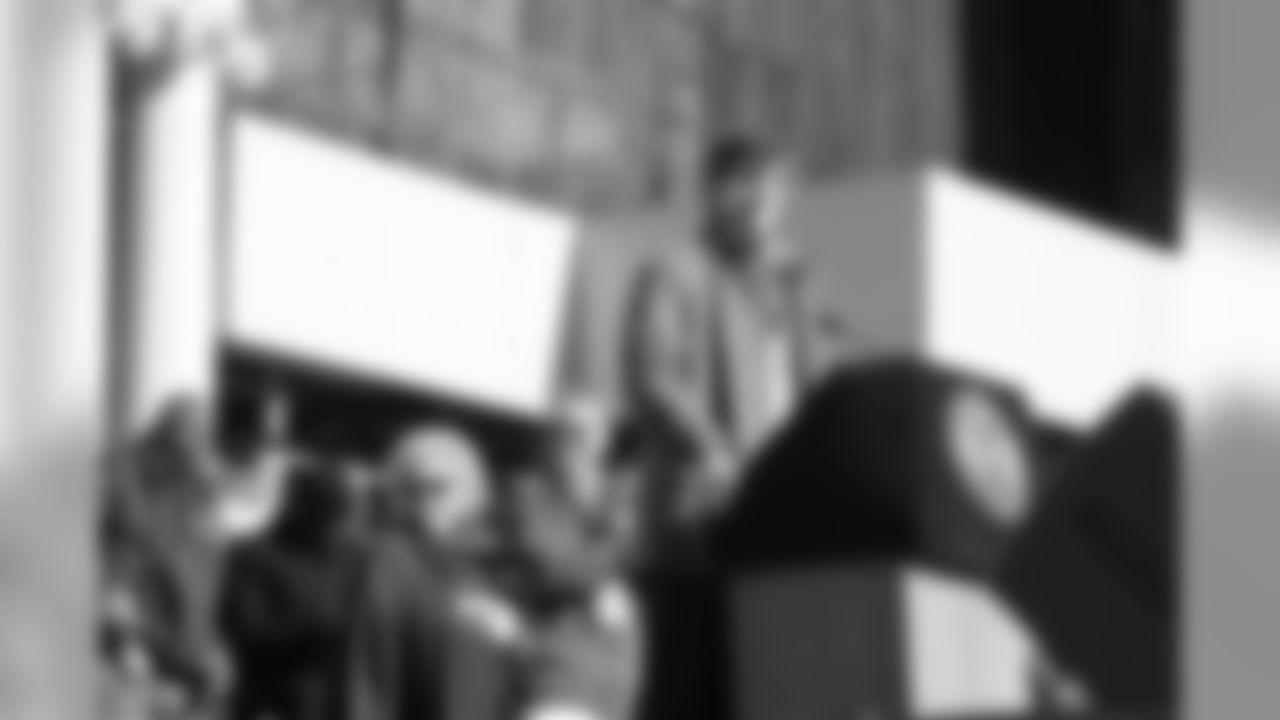
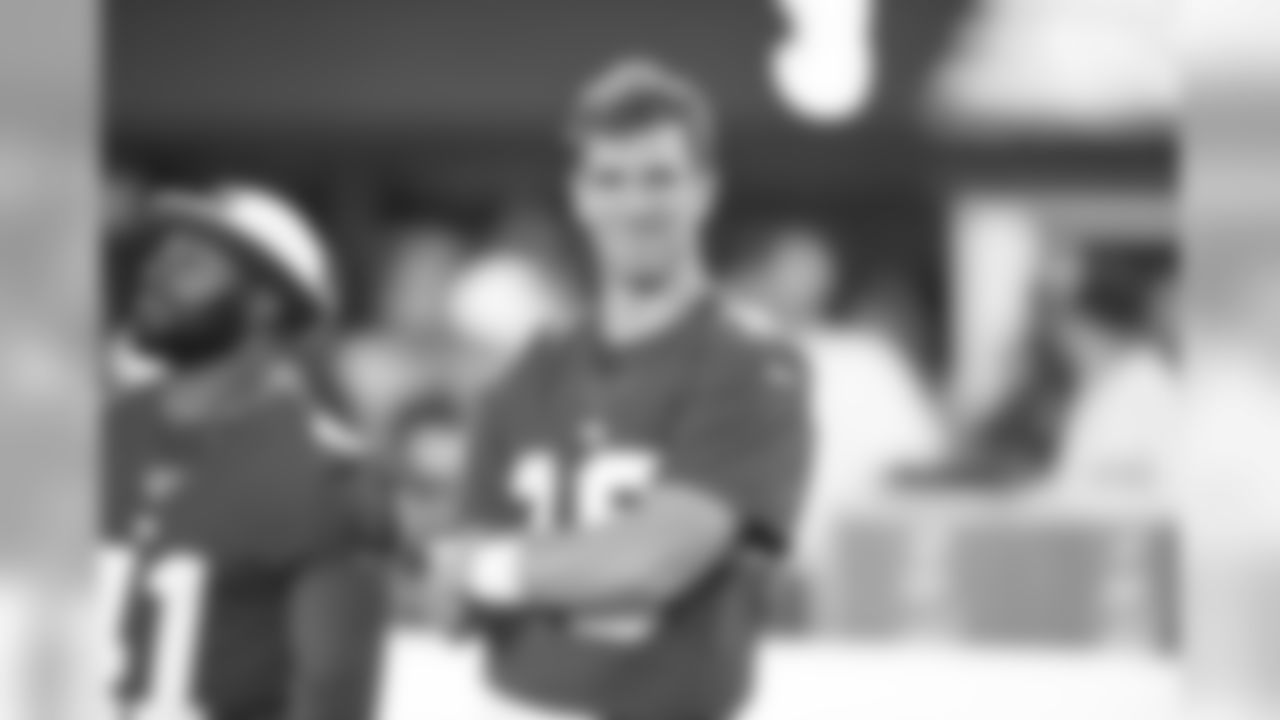
New York Giants quarterback Eli Manning (10) watches from the sideline during a preseason week 1 game against the New York Jets at Met Life Stadium in East Rutherford, NJ

New York Giants CEO John Mara talks with quarterback Eli Manning (10) following a week 16 regular season game against the Washington Redskins at FedEx Field on Sunday December 22nd, 2019 in Landover, Maryland

New York Giants quarterbacks Eli Manning (10) and Daniel Jones walk to the field before a week 17 regular season game against the Philadelphia Eagles at MetLife Stadium on Sunday December 29th, 2019 in East Rutherford, New Jersey
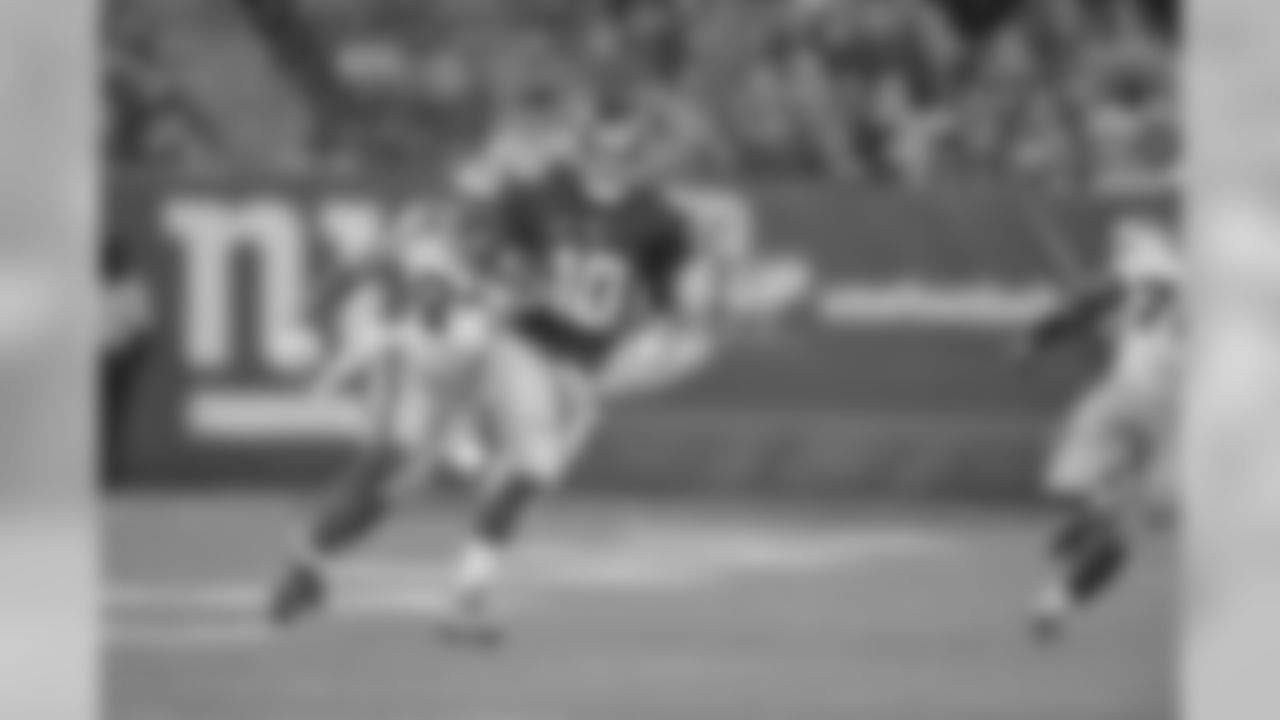
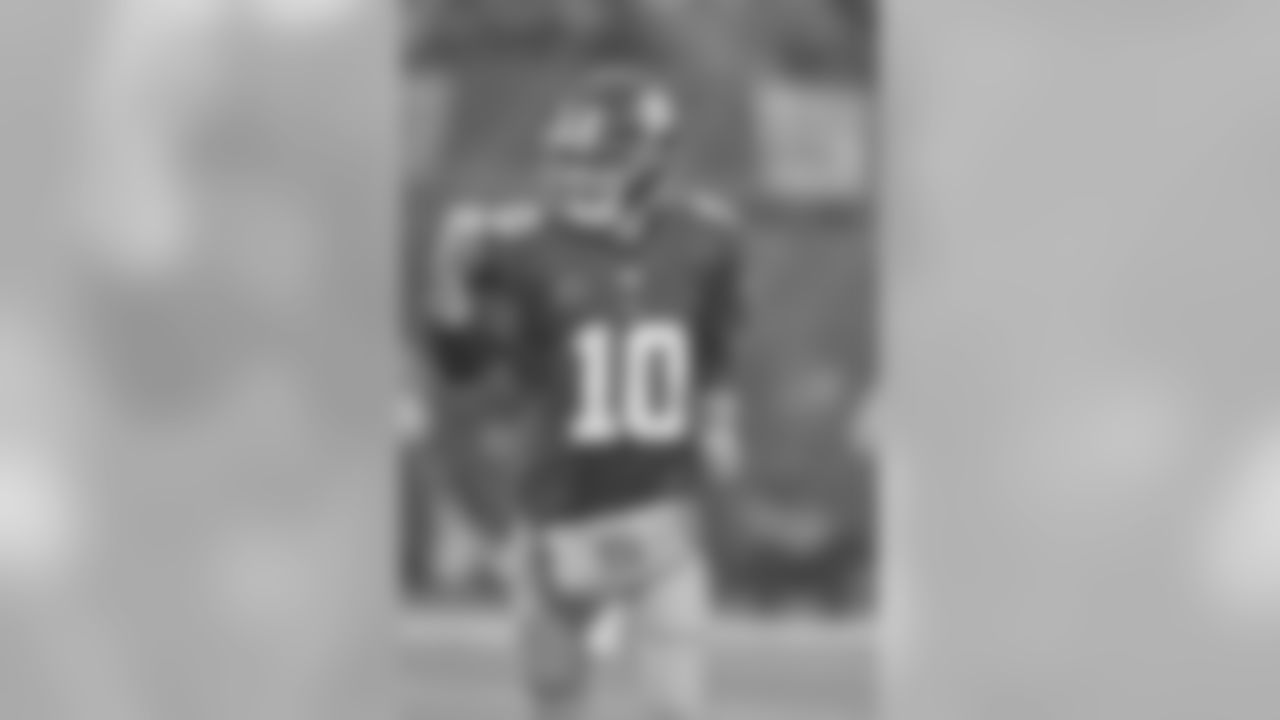
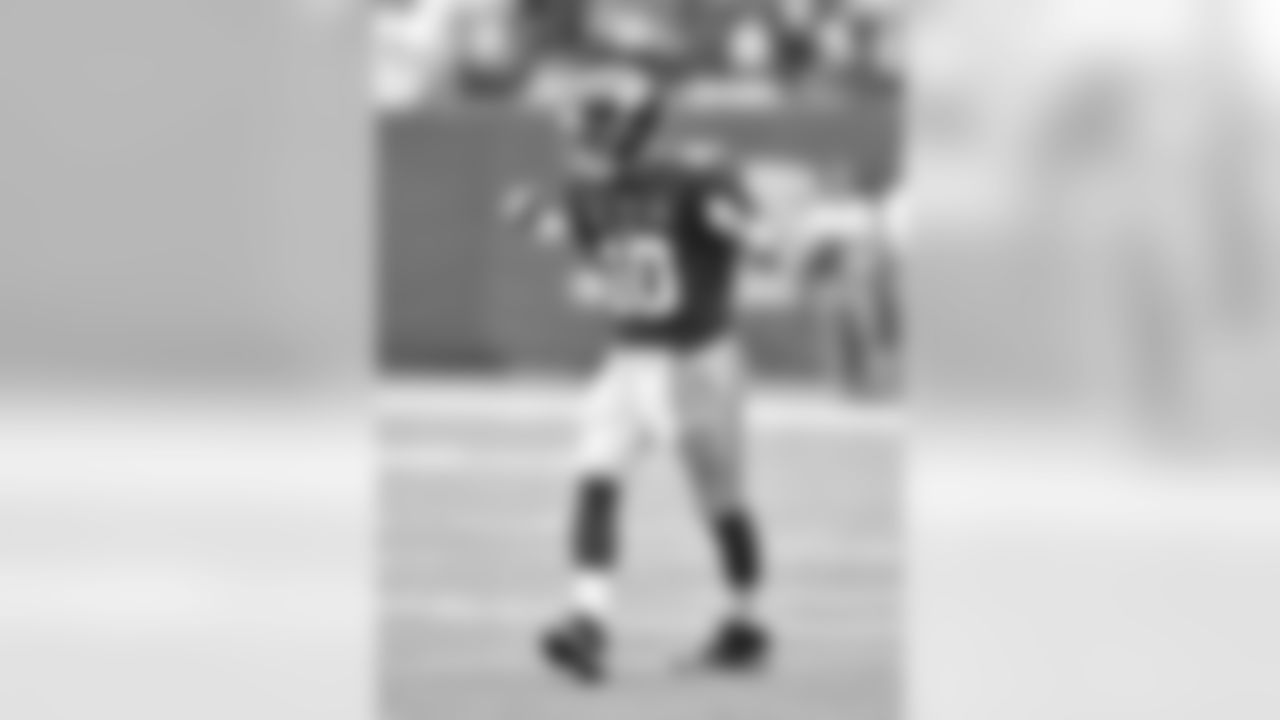
New York Giants quarterback Eli Manning (10) celebrates a touchdown pass during a week 3 football game against the Houston Texans on September 21, 2014 in East Rutherford, New Jersey (AP Photo/Evan Pinkus)
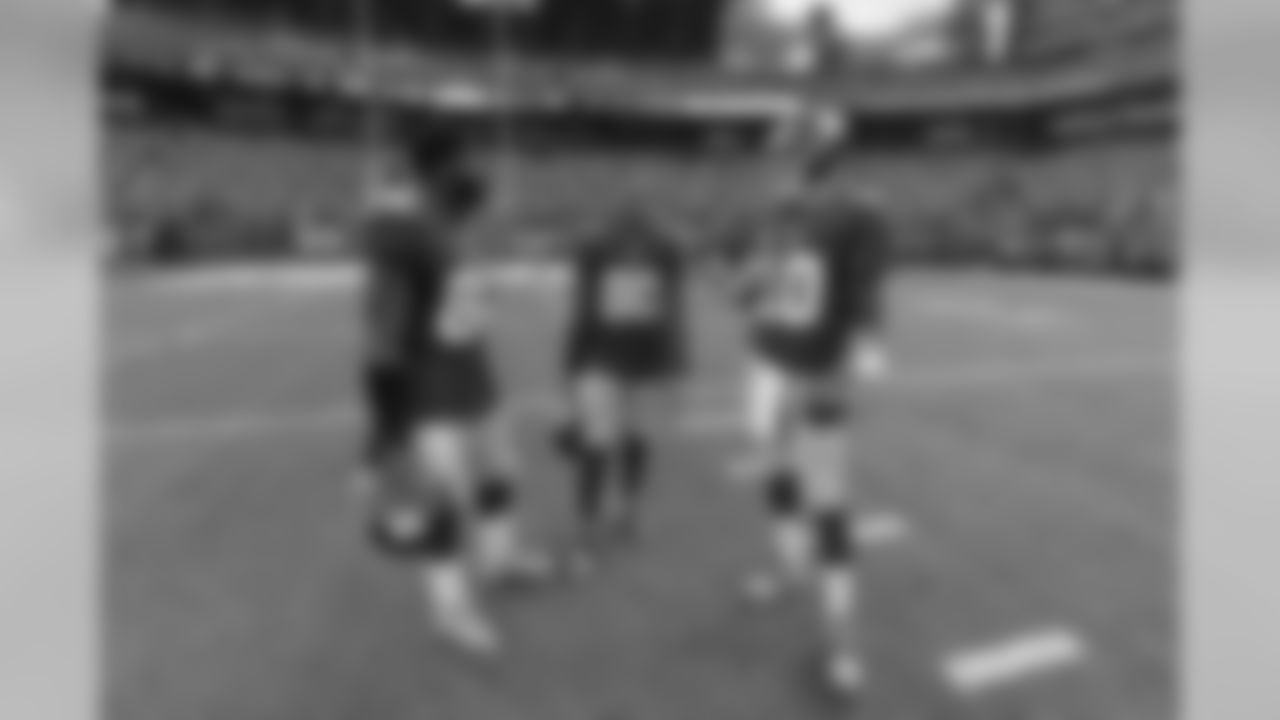

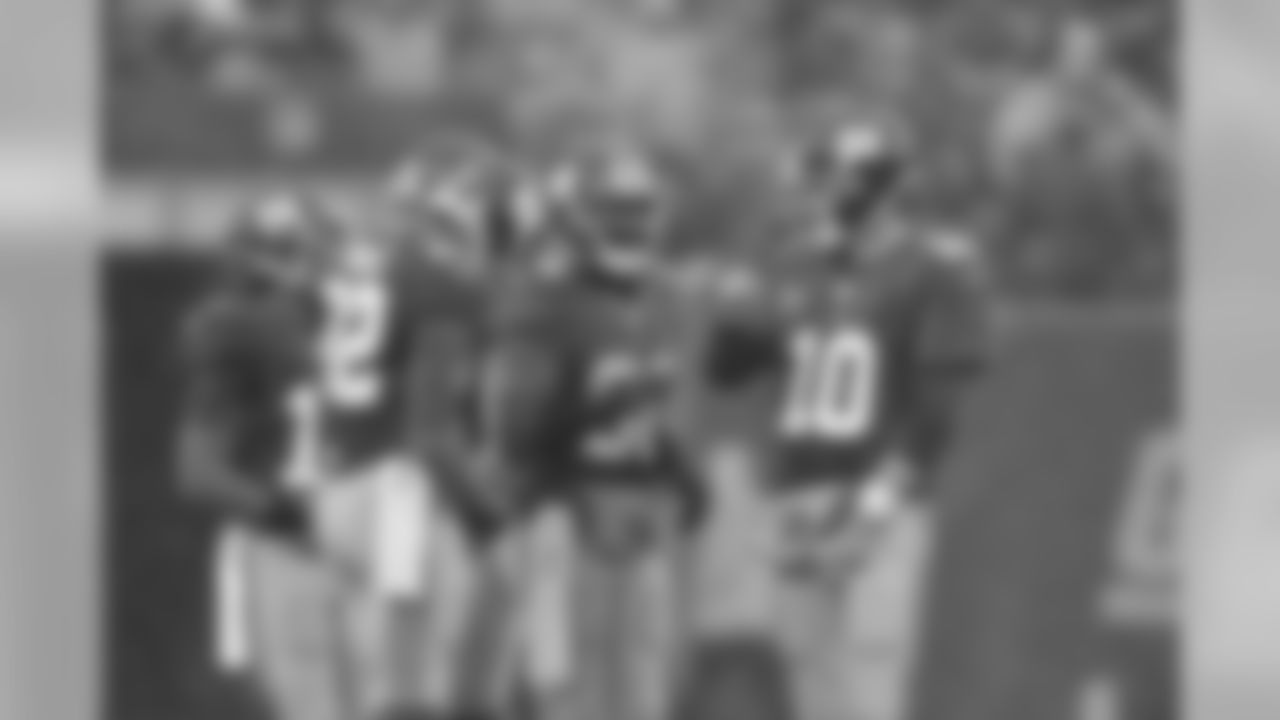
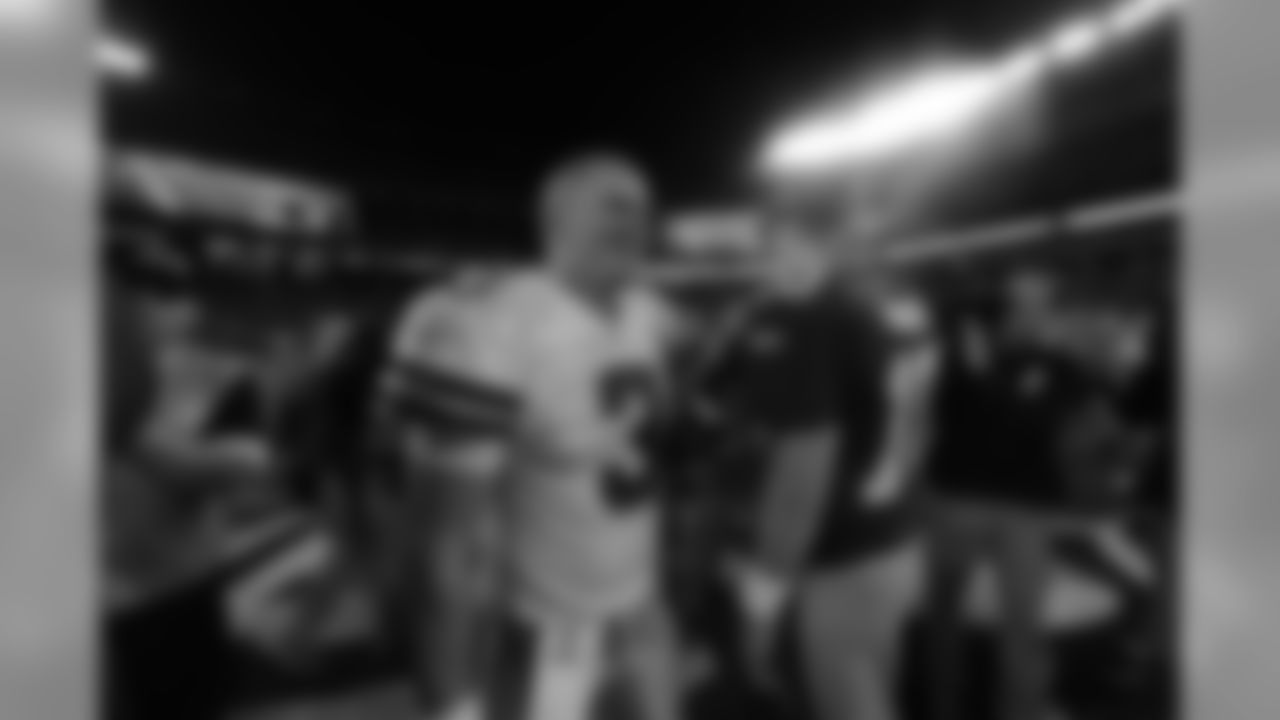
New York Jets against the Cincinnati Bengals in a week 12 NFL football game at the New Meadowlands Stadium in East Rutherford, New Jersey on Thursday November 25, 2010 (AP Photo/Evan Pinkus)
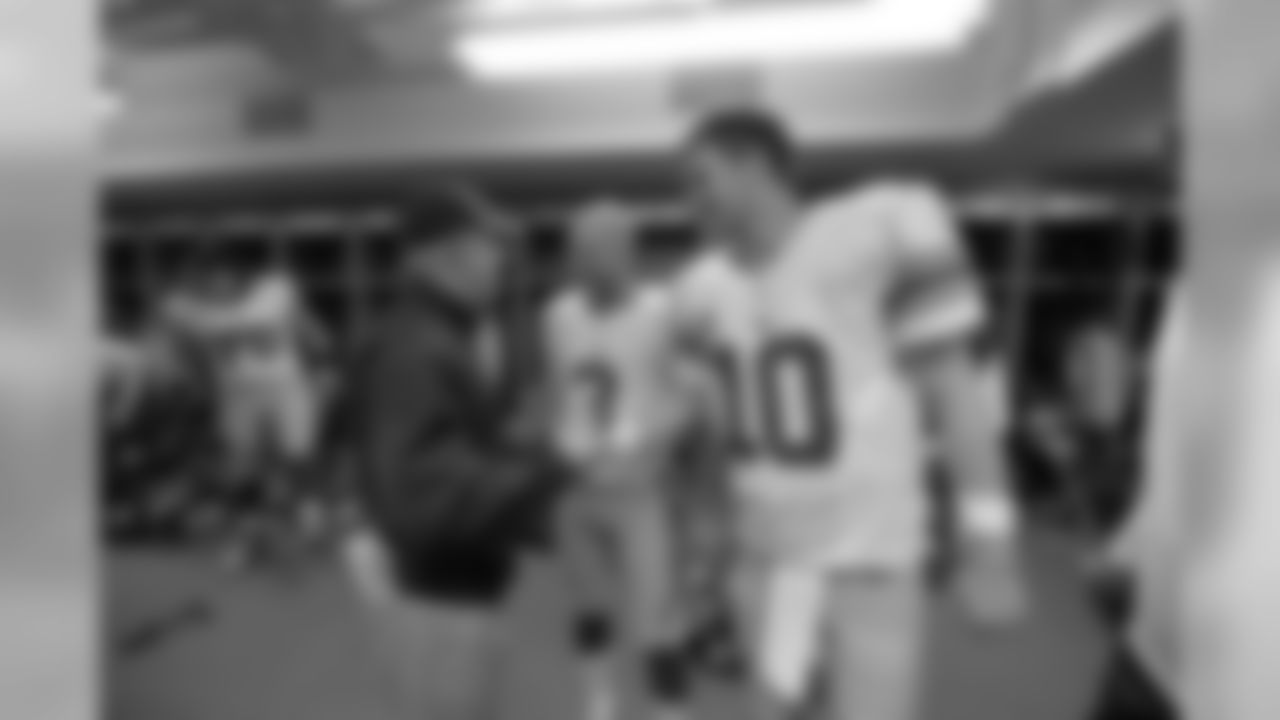
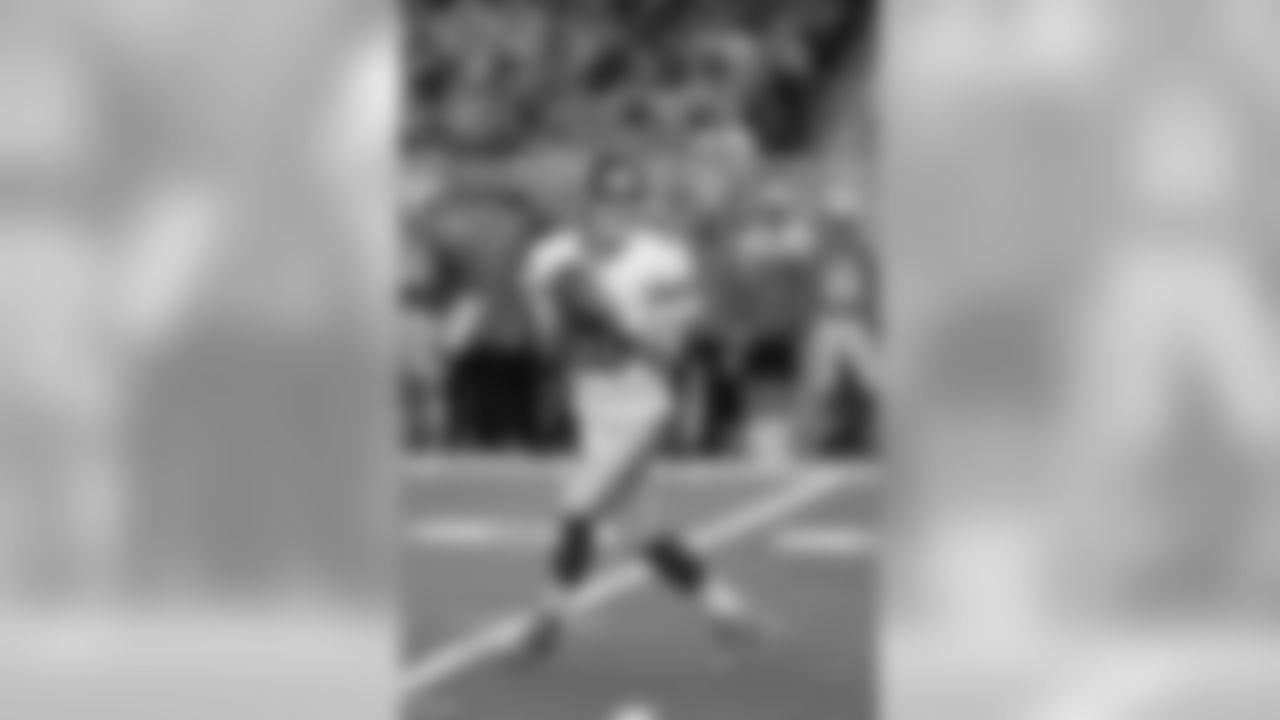

New York Giants quarterback Eli Manning (10) takes part in a week 2 regular season game against the Buffalo Bills at MetLife Stadium on Sunday September 15th, 2019 in East Rutherford, New Jersey
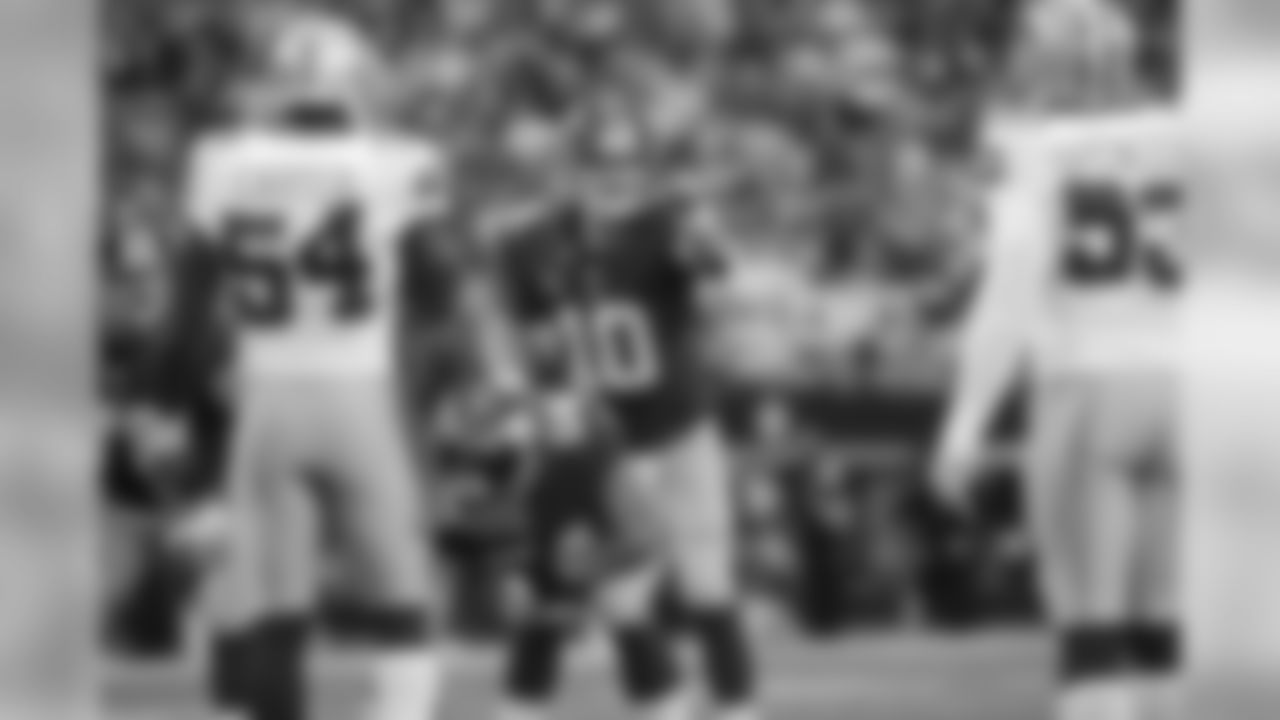
New York Giants during a week 10 football game against the Cincinnati Bengals on November 11, 2012 in Cincinnati, Ohio (AP Photo/Evan Pinkus)
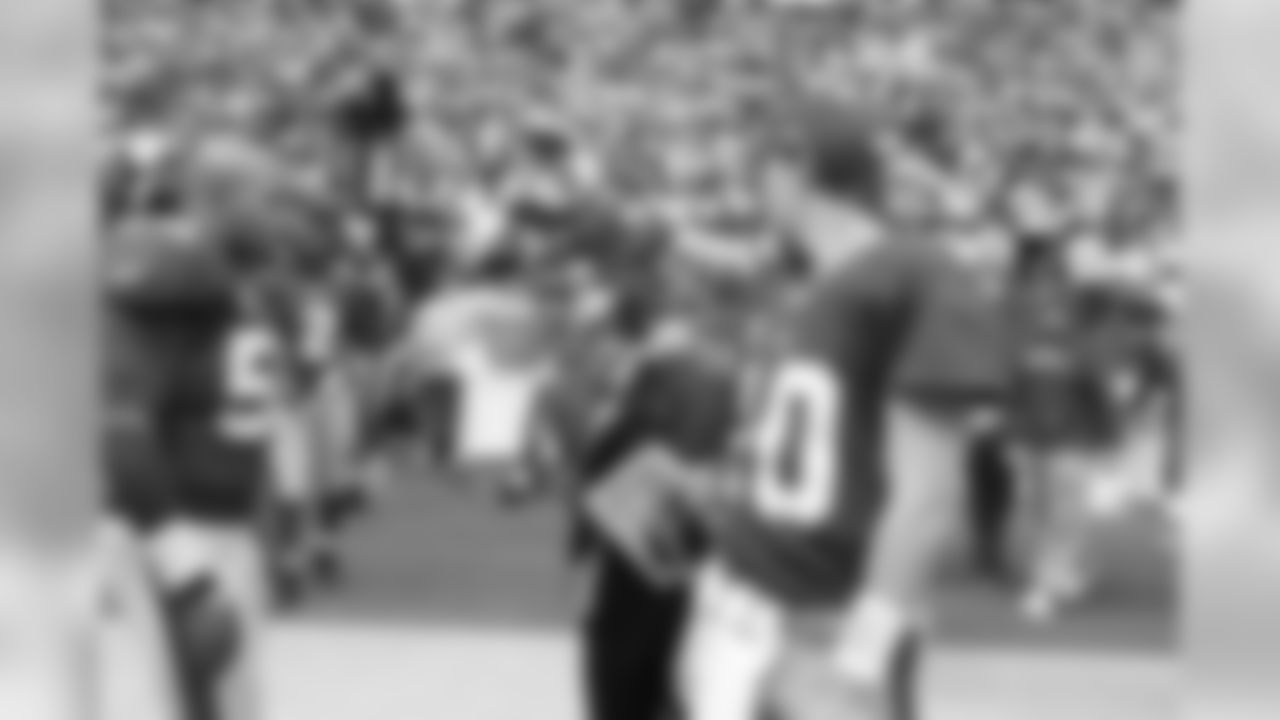
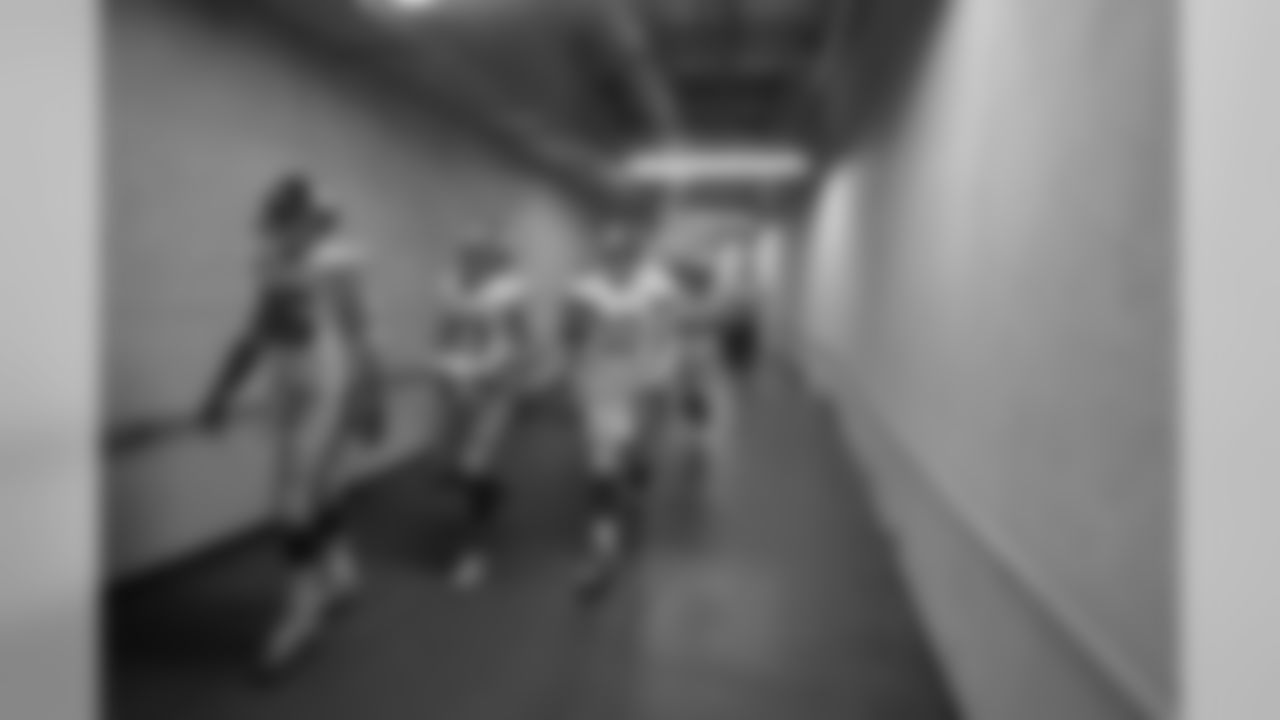
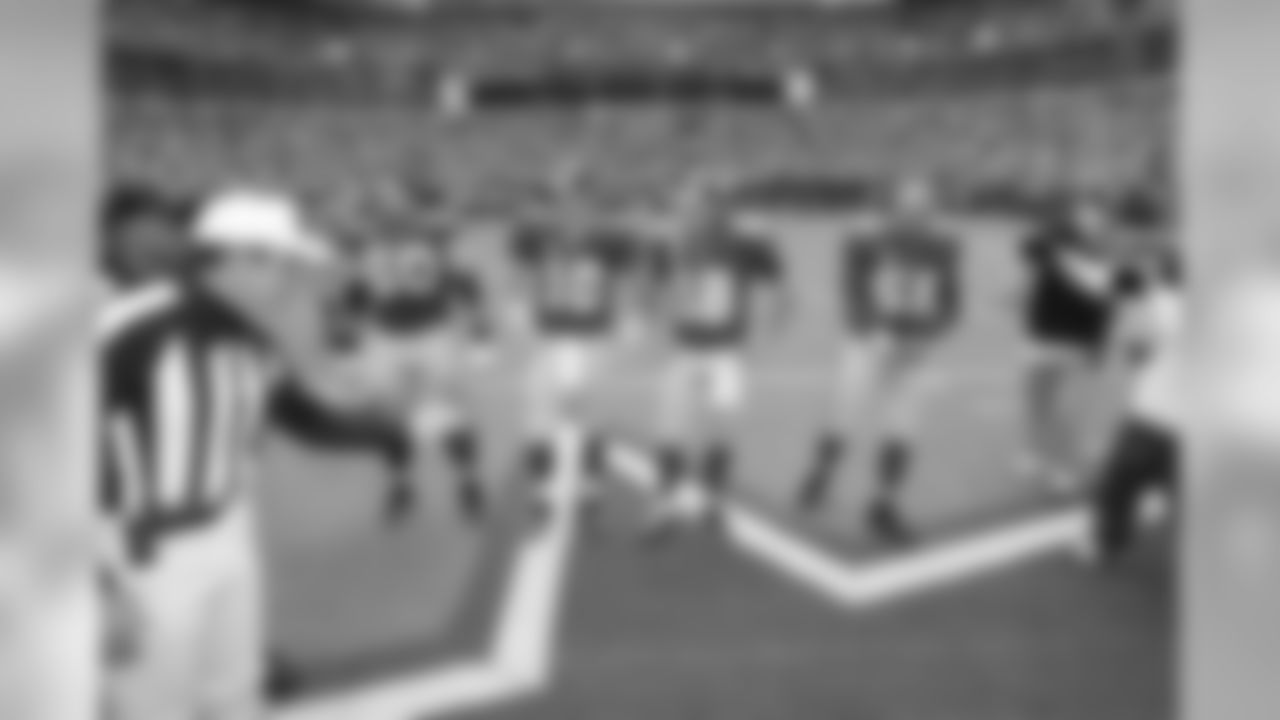
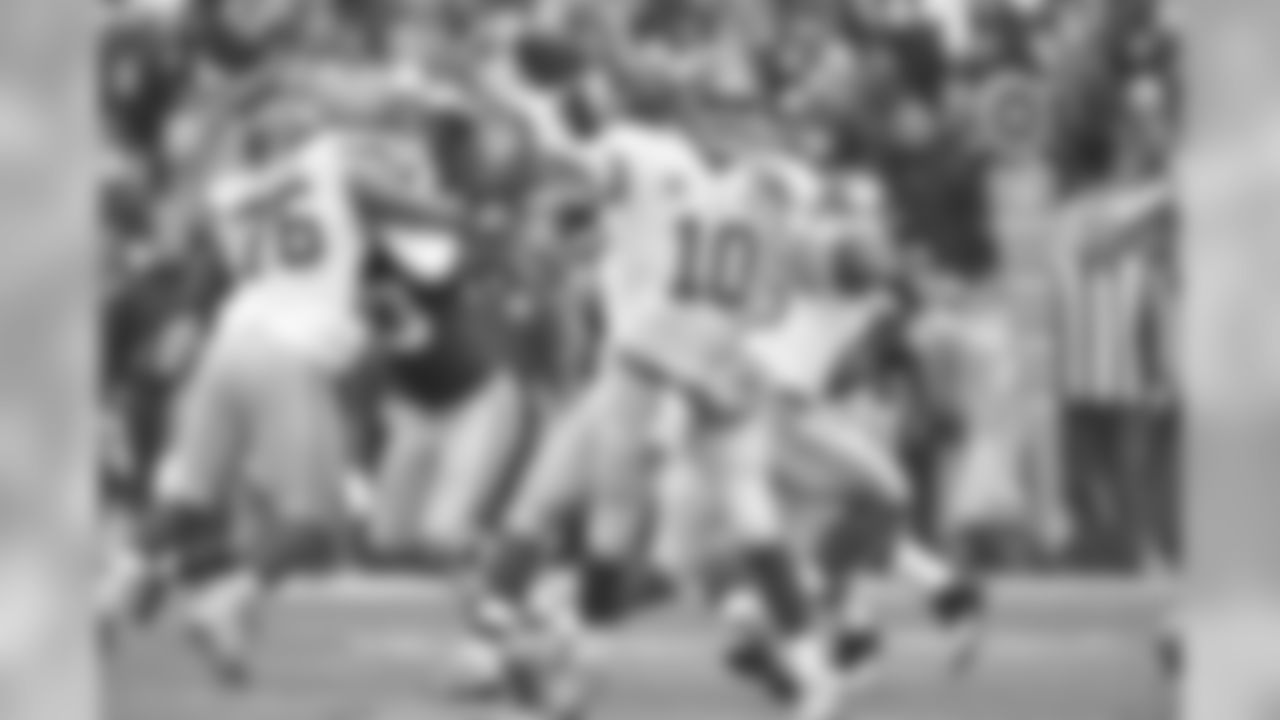
New York Giants quarterback Eli Manning (10) drops back to pass during a week 12 NFL football game against the Washington Redskins on November 29, 2015 in Landover, Maryland (Evan Pinkus via AP)
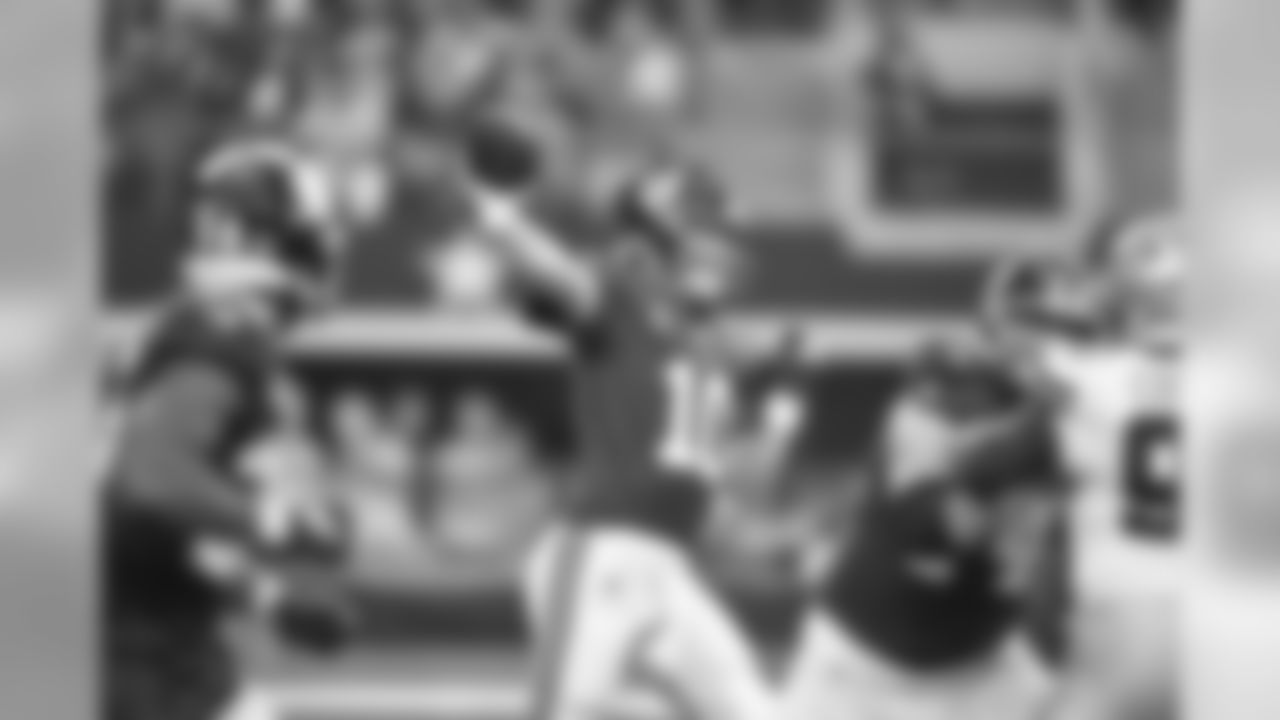
New York Giants quarterback Eli Manning (10) takes part in a week 1 regular season game against the Dallas Cowboys at AT&T Stadium on Sunday September 8th, 2019 in Arlington, Texas

New York Giants against the Pittsburgh Steelers in a preseason NFL football game at the New Meadowlands Stadium in East Rutherford, New Jersey on Saturday August 21, 2010 (AP Photo/Evan Pinkus)

New York Giants against the Pittsburgh Steelers in a preseason NFL football game at the New Meadowlands Stadium in East Rutherford, New Jersey on Saturday August 21, 2010 (AP Photo/Evan Pinkus)
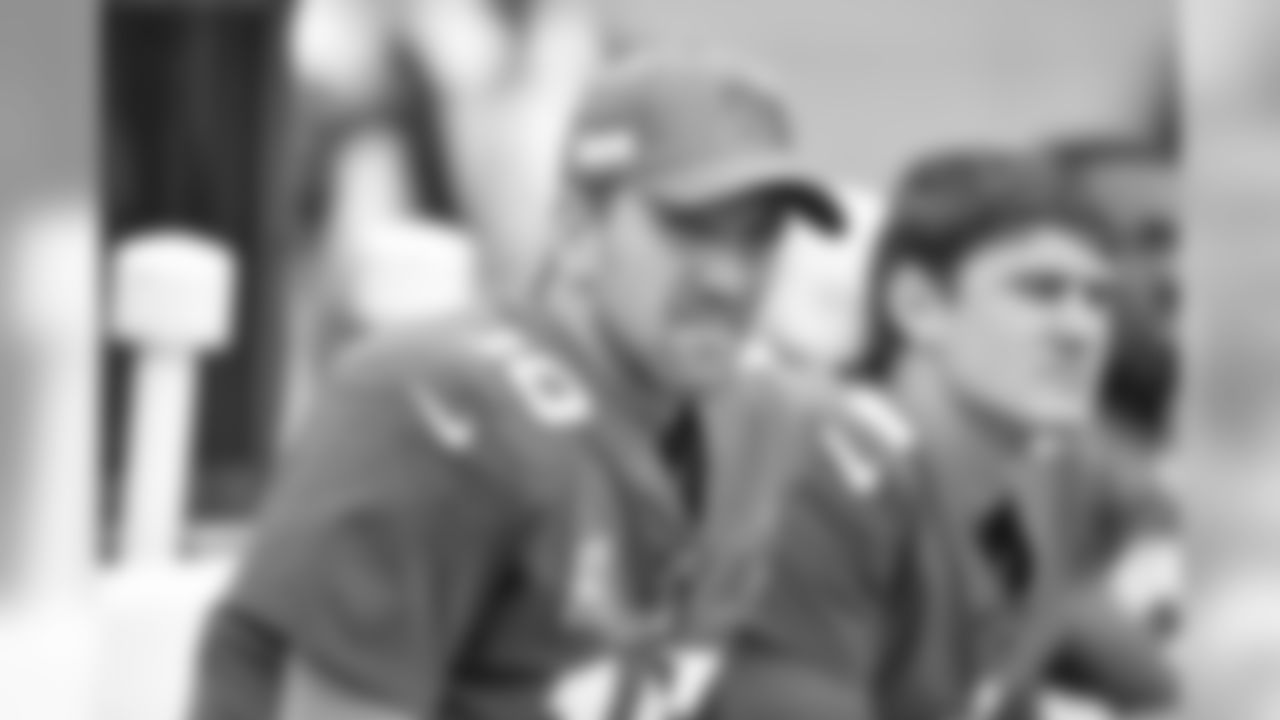
New York Giants quarterback Eli Manning (10) takes part in a week 4 regular season game against the Minnesota Vikings at MetLife Stadium on Sunday October 6th, 2019 in East Rutherford, New Jersey

New York Giants against the Pittsburgh Steelers in a preseason NFL football game at the New Meadowlands Stadium in East Rutherford, New Jersey on Saturday August 21, 2010 (AP Photo/Evan Pinkus)
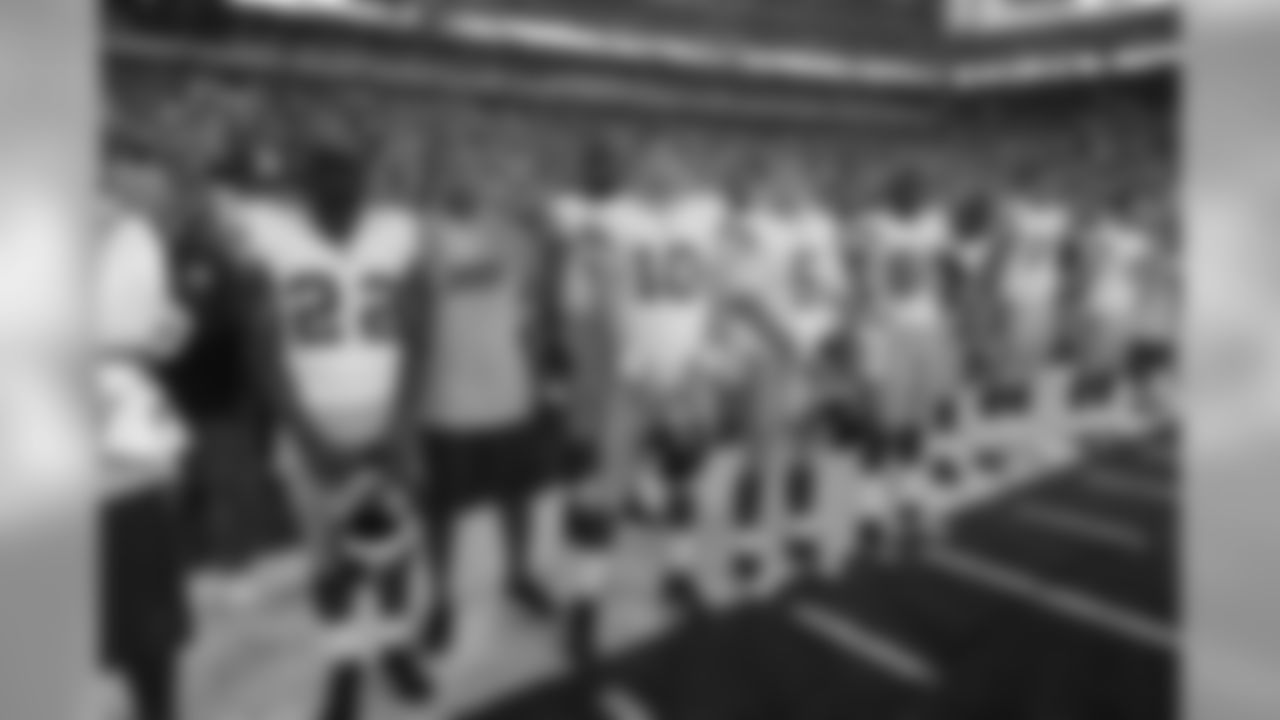
New York Giants against the Pittsburgh Steelers in a preseason NFL football game at the New Meadowlands Stadium in East Rutherford, New Jersey on Saturday August 21, 2010 (AP Photo/Evan Pinkus)

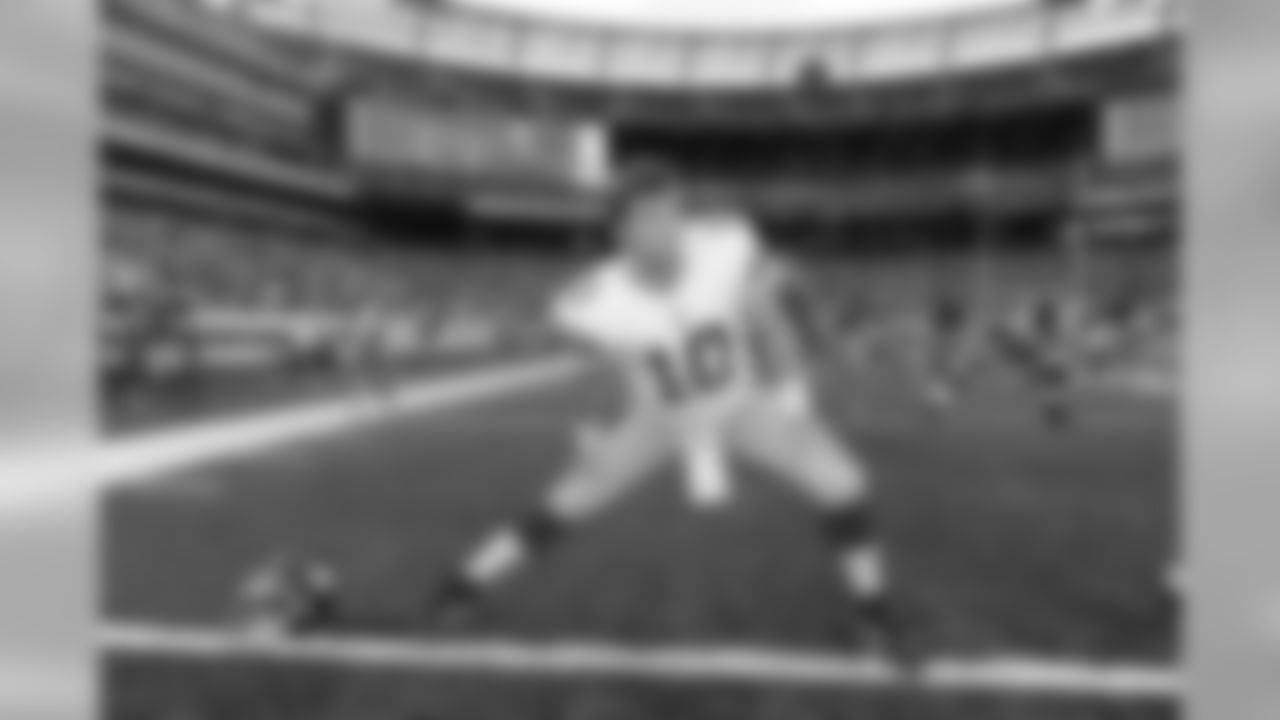
New York Giants against the Pittsburgh Steelers in a preseason NFL football game at the New Meadowlands Stadium in East Rutherford, New Jersey on Saturday August 21, 2010 (AP Photo/Evan Pinkus)
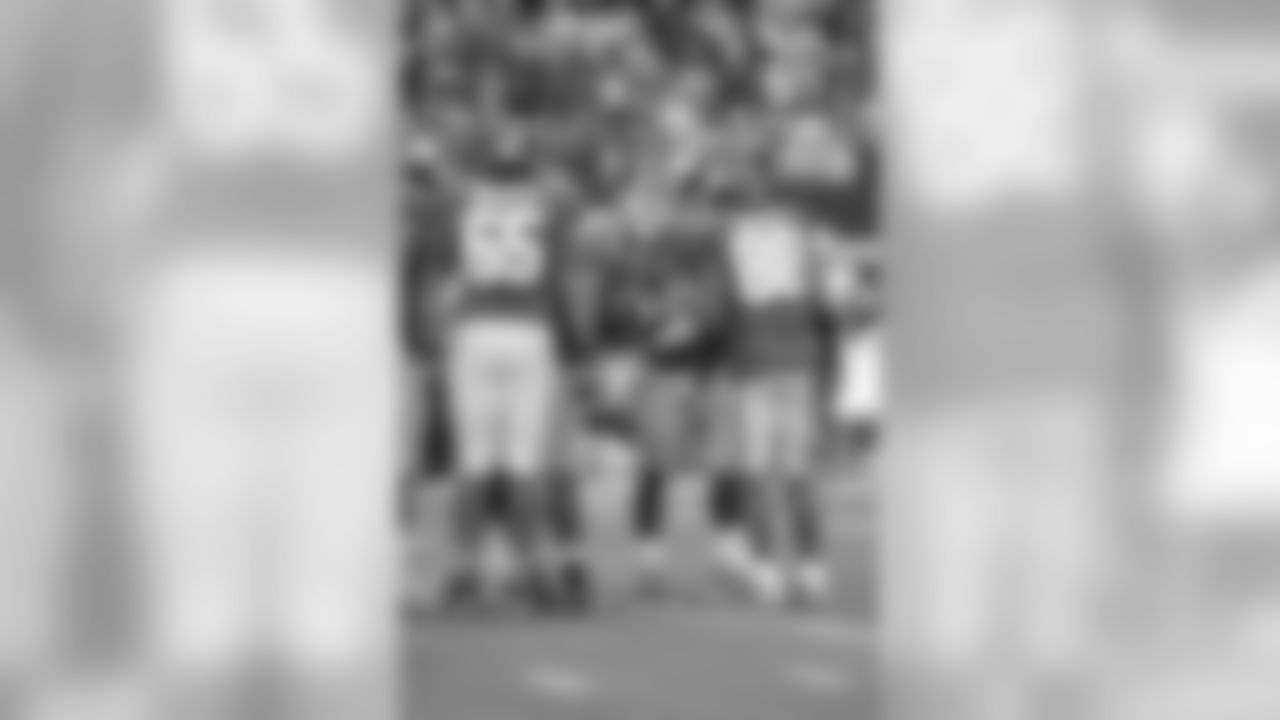
New York Giants during a week 10 football game against the Cincinnati Bengals on November 11, 2012 in Cincinnati, Ohio (AP Photo/Evan Pinkus)

NY Giants 31 NY Jets 22

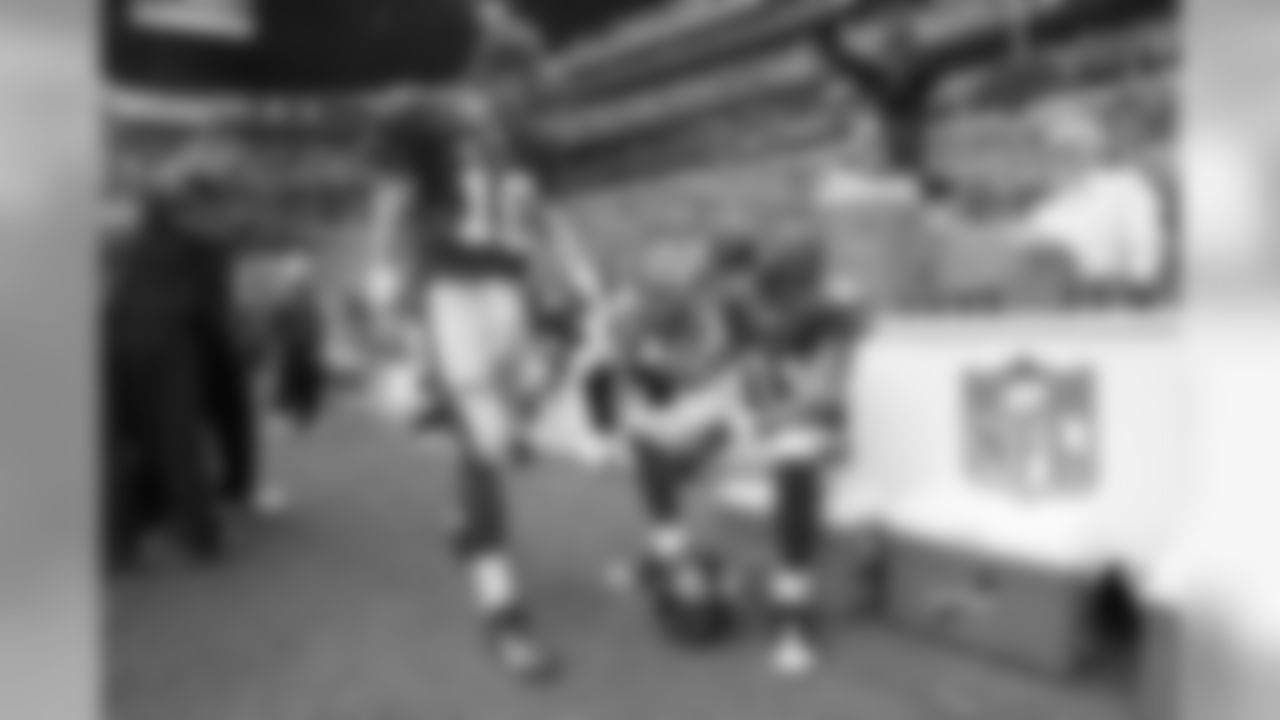
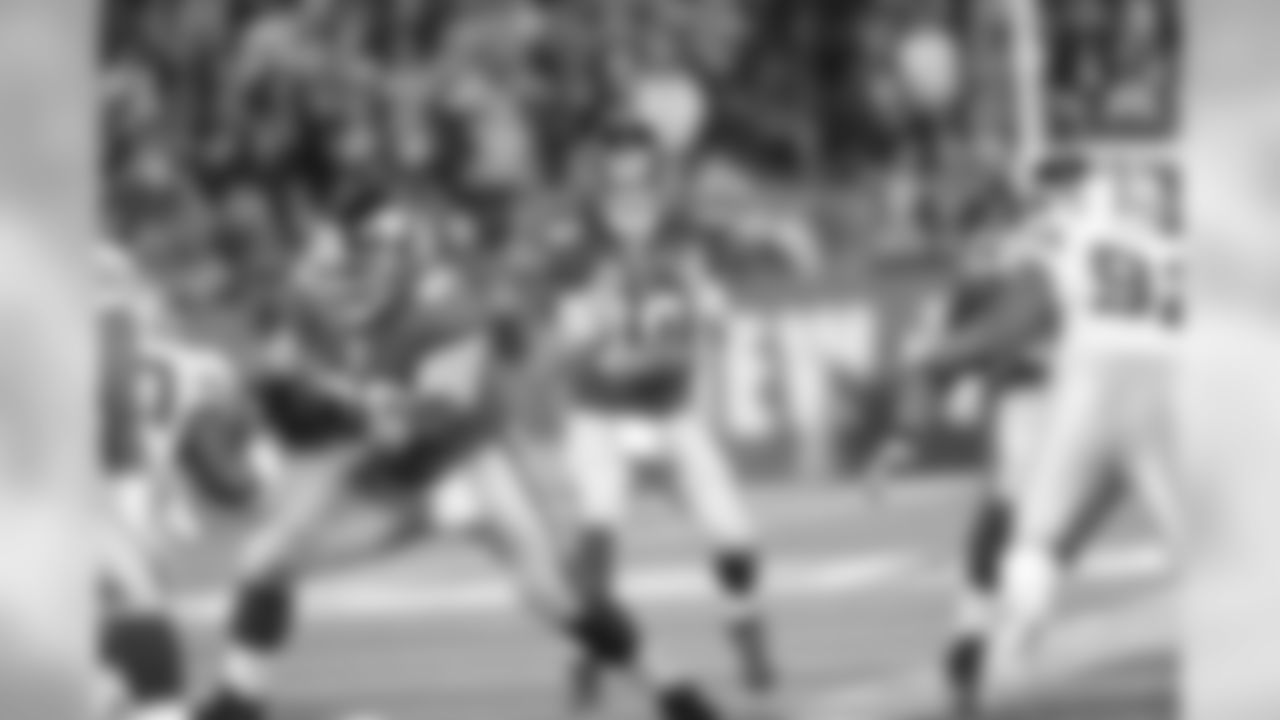
New York Jets against the Cincinnati Bengals in a week 12 NFL football game at the New Meadowlands Stadium in East Rutherford, New Jersey on Thursday November 25, 2010 (AP Photo/Evan Pinkus)
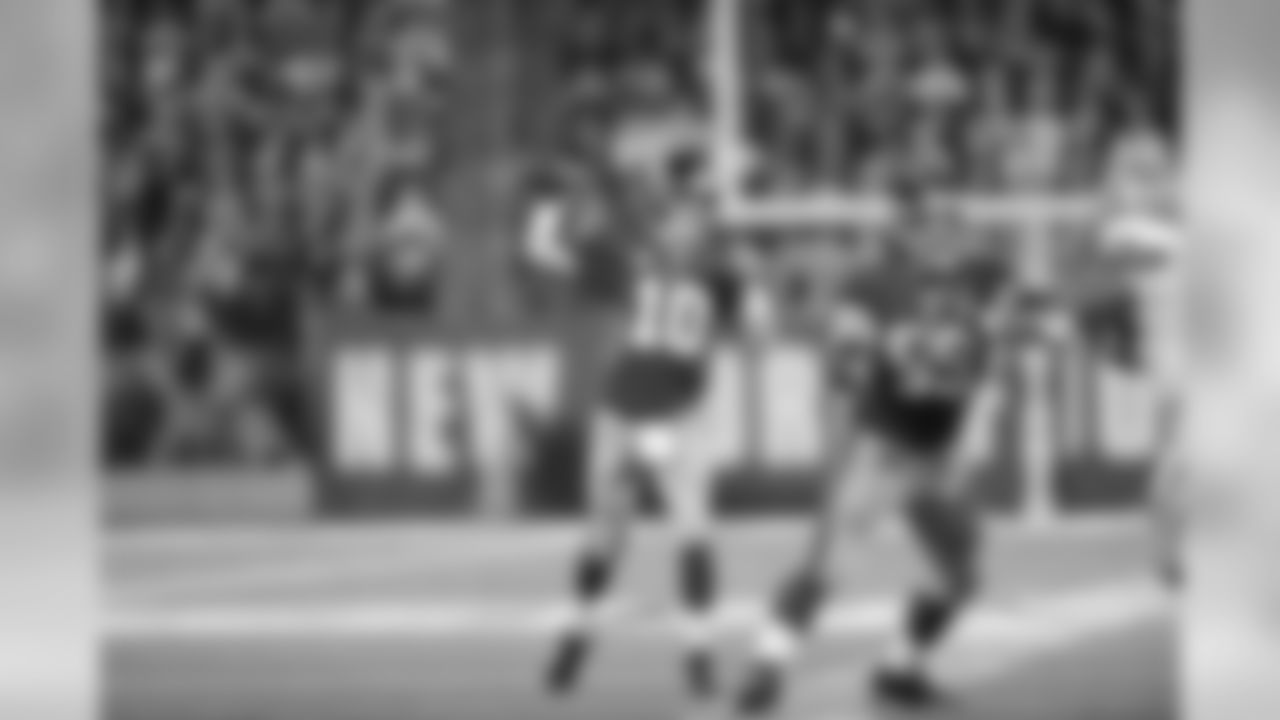
New York Jets against the Cincinnati Bengals in a week 12 NFL football game at the New Meadowlands Stadium in East Rutherford, New Jersey on Thursday November 25, 2010 (AP Photo/Evan Pinkus)

New York Jets against the Cincinnati Bengals in a week 12 NFL football game at the New Meadowlands Stadium in East Rutherford, New Jersey on Thursday November 25, 2010 (AP Photo/Evan Pinkus)

New York Giants quarterback Eli Manning (10) takes part in a week 1 regular season game against the Dallas Cowboys at AT&T Stadium on Sunday September 8th, 2019 in Arlington, Texas

New York Jets against the Cincinnati Bengals in a week 12 NFL football game at the New Meadowlands Stadium in East Rutherford, New Jersey on Thursday November 25, 2010 (AP Photo/Evan Pinkus)

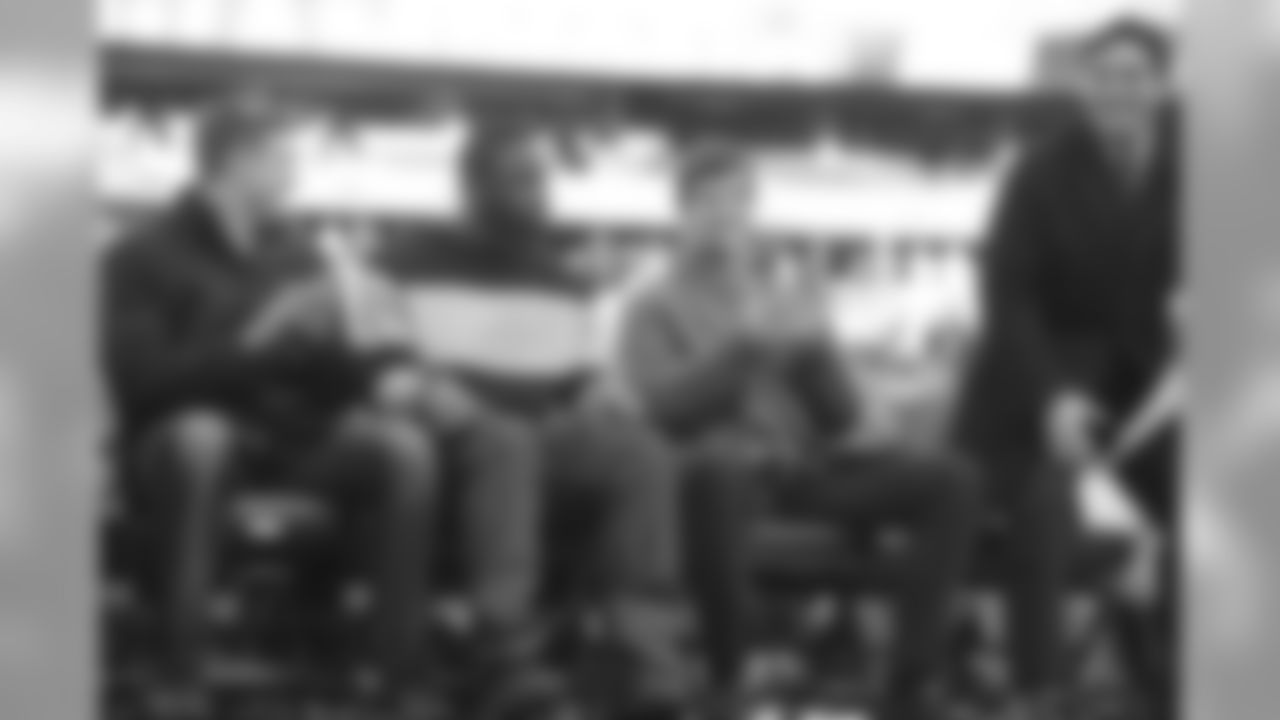

New York Giants quarterback Eli Manning (10) takes part in a week 1 regular season game against the Dallas Cowboys at AT&T Stadium on Sunday September 8th, 2019 in Arlington, Texas
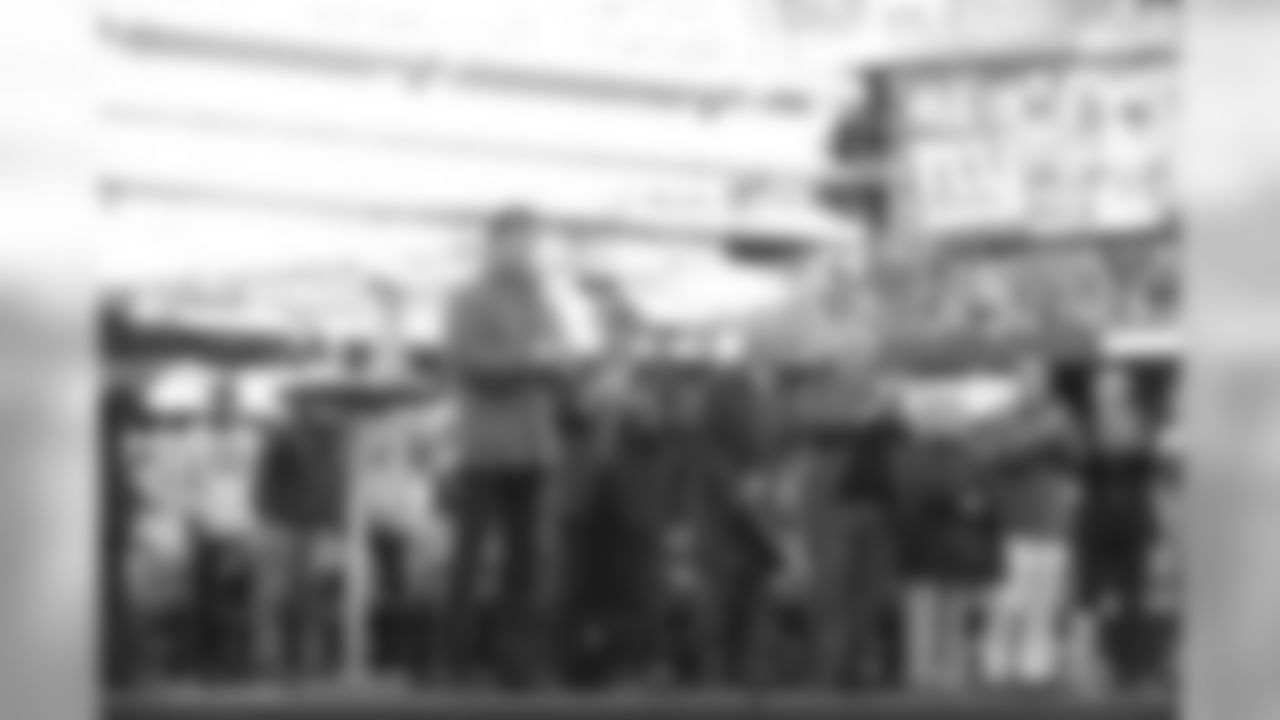
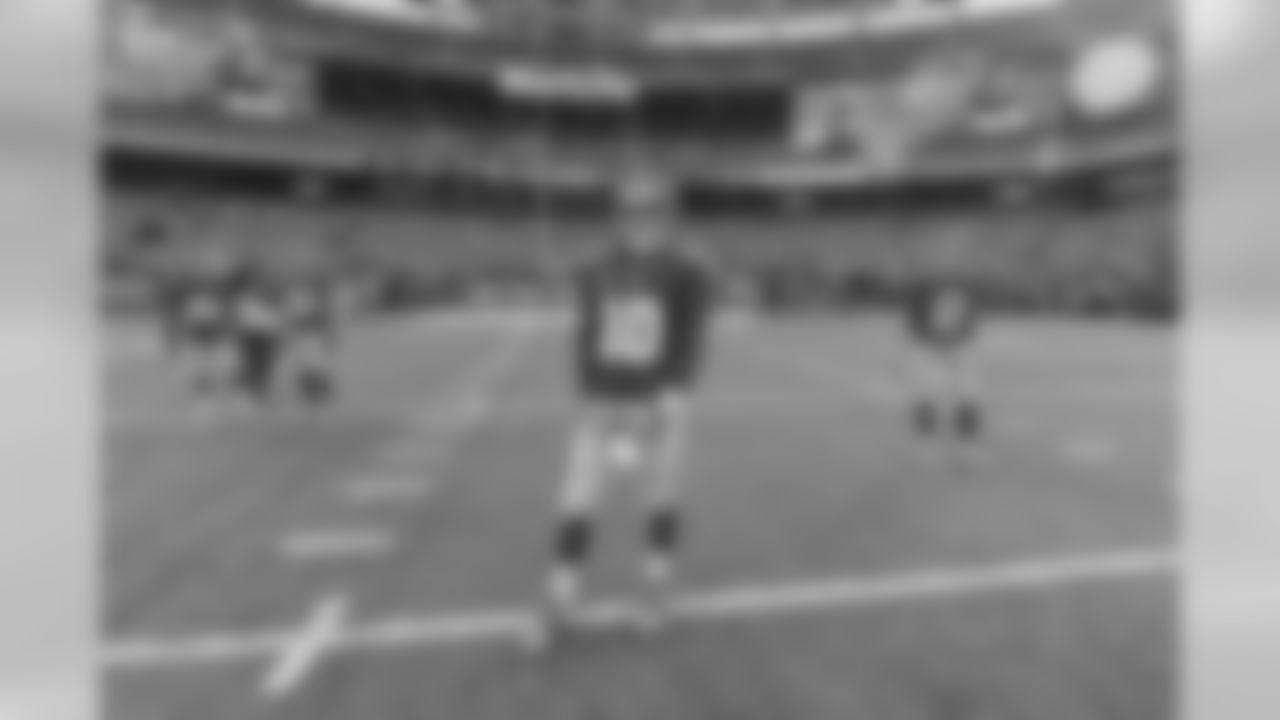
Manning said he was "definitely" surprised it became such a big issue.
"I usually think back after I do an interview, 'Did I say anything that might cause any attention or anything that I wish I could take back,'" Manning said. "In that interview, there were a lot of questions about Plaxico Burress at the time and how I wasn't going out after him and recruiting him and I was getting some heat about that. I made some comments about that, so I said, 'I bet that makes it in the paper tomorrow, but I you know I will get asked more questions the way I responded to that.' The whole elite thing, I never thought anything about it. I thought I gave an honest answer to a question and told people how I thought and I didn't think that would be made into a whole deal that it was. I don't have any regrets about what I said, I still felt like I was answering the question honestly."
He certainly did. The Giants' running game sputtered. The offensive line was revamped. The wide receiver corps was largely unheralded. The defense ranked 27th in the NFL. But the team kept winning, largely because Manning was so brilliant.
It's easy to forget now, but the Giants receivers were viewed as a liability when the 2011 season began. Steve Smith had departed for Philadelphia and the team had declined to bring back Burress after a two-year absence. Hakeem Nicks was a splendid former first-round draft choice and Mario Manningham had caught 60 passes the previous season, but the rest of the group all but had question marks next to their name on the roster. And the Giants fielded perhaps the most anonymous group of tight ends in the NFL.
But the dire predictions proved to be baseless. Victor Cruz set a franchise-record with 1,536 receiving yards on 82 receptions while making big play after big play – most notably a franchise-record 99-yard catch-and–run in a key victory over the Jets. Nicks had 1,192 yards to give the Giants a pair of 1,000-yard receivers for the first time. Manningham missed four games, but contributed 39 receptions and made a 38-yard catch for the ages that was the key play in the Super Bowl. Ballard came out of nowhere to grab 38 passes.
Manning admits he came out of training camp uncertain how the unproved players would respond to their opportunity.
"I was hoping they would; I don't know if I was totally confident," he said. "I knew Hakeem was going to be solid and continue to get better and better and always had the potential to make the big plays and had to work on being more consistent with some of his intermediate routes and knowing the combinations and work on some of the route running. Manningham kind of the same thing, he made the big plays, just work on some of the intermediate stuff and be more consistent. We were still looking for that slot receiver. We lost Steve Smith. The previous year when we lost him our offense really fell down in our production, because we didn't have that slot receiver. I know we had (Domenik) Hixon coming back and he was going to play some. All of a sudden we lose him early on (to a season-ending knee injury). Victor Cruz had done some good stuff, but hadn't played a whole lot of football, especially in the slot position. I knew we were going to work on some of those things. And sure enough in the first game, first third down, we run Victor on an option route vs. Washington and he drops it. So it was not a good start to the season when you want that slot guy to step up. We go out and get Brandon Stokley and try him for a little bit. He gets hurt and that's really when Victor stepped up and has run the slot position better than anyone we've had here. He knows how to get open and he's so good after he gets the ball in his hands and at making guys miss. With those three receivers, Jake Ballard stepping up at tight end, we did have some guys who stepped up and played a big role for us."
The offensive line was also a unit defined by uncertainty in training camp. Long-time stalwarts Shaun O'Hara and Rich Seubert had been jettisoned when the lockout ended. The inexperienced Will Beatty was given the task of protecting Manning's blind side at left tackle. A new center, David Baas, arrived from San Francisco without benefit of an offseason program.
"It was a little different," Manning said with typical understatement. 'Anytime you get a new center, that's a big deal and now you have to worry about getting the snaps, the ball coming to the right place, the shotgun snaps, going over all your cadence stuff and getting on the rhythm with that, making your calls, being on the same page. The center-quarterback relationship has to be great just to get everybody else on the same page. With Baas coming in and not being able to practice for awhile (because of the post-lockout rules on free agents), we're trying to sneak around for awhile getting snaps in the hallway and in the meeting rooms, so when he does get in during the practices, we aren't fumbling snaps. That's what drives a quarterback and a coach crazy, the fumbled snaps during training camp. But he did a great job learning everything."
The Giants pushed through all of their issues and won the division title, in large measure because they took their cue from Manning and played so well late in games. Manning threw an NFL-record 15 fourth-quarter touchdown passes in 2011. The previous record of 14 was set by Hall of Famer Johnny Unitas in 1959 and tied by Peyton Manning (2002).
Manning led the Giants to five victories in 2011 in games in which they trailed in the fourth quarter (not counting a comeback in the NFC Championship Game), plus one in which they were tied. The Giants' five victories after trailing in the fourth quarter tied the franchise record set in 2002.
"It's something we work a lot on, that two-minute drive at the end of games," Manning said. "During practice we do it, during training camp we work a lot of two-minute drives. The way I look at it, if you have a successful two-minute drive at the end of practice you kind of feel, 'Hey, that was a good day, that was a win for us.' If you don't get into field goal range or you have a turnover or you don't score the touchdown you kind of treat it as we lost that practice. That's the mindset that we work on. We work on it during the season, every Thursday and it's competitive; we are going live against the defense and we are getting after it. I think that in practice that's your most competitive and only time you get to go full speed against the starting defense. There's a full pass rush so we are prepared for it. I think guys have a great understanding of what plays we are going to run, what coverages we should see and how to get open. We were able to hit some big plays and mix in runs and it flows very smoothly for us."
The Giants overcame late deficits to pull out early-season victories against Philadelphia, Arizona and Miami, plus a late tie vs. Buffalo. At New England, Manning threw two late touchdown passes sandwiched around a Patriots score.
One of the ironies of Manning's season – and indeed, his career – is that he plays so splendidly in situations he would be thrilled to avoid.
"We told the team late in the season that we have to find a way to get off to a fast start," Manning said. "I said, 'It's great to have that comfort and that confidence if it comes down to the fourth quarter and it's a final drive, we are going to go down and score. But sometimes weird things happen. In San Francisco the ball gets tipped. Against Seattle Victor Cruz kind of slips a little bit out of a break, the ball gets tipped up, intercepted and returned for a touchdown, game over. There are always going to be those plays. You don't want to have to be in that situation all the time.
"I told the guys after those circumstances, 'That was a fluke. If we get into another two-minute drive we are going to go down and score. We got down there inside the 10 both times, we moved right down the field, but that is one reason why you don't want to be in those circumstances all the time. That's part of football and you have tight games and we won a lot of them. But we lost a couple and obviously Green Bay gets thrown in there, when we had to drive to get down there but we left just enough time for them to go down and get a field goal. So we just have to find ways to get a lead and try to hold onto it."
A week after the stirring victory in New England, the tipped pass on a fourth down in San Francisco resulted in the first defeat in what became a four-game losing streak. A lesser team might have folded. But the Giants regrouped to win three of their last four games, including victories as visitors against the Cowboys and Jets and the division-clinching triumph over Dallas on New Year's Night.
So why didn't the Giants fall apart when the chips seemed to be down?
"We just thought we weren't playing bad football," Manning said. "That was the important thing that coach (Tom) Coughlin and (I) tried to get across the players. It's not like we went through a slump and played terrible. Of those games, we had one bad game against New Orleans, who put a good beating on us. But the other ones, San Francisco a great team, we played them tough into the final minutes, Green Bay who was undefeated, played them into the final 50 seconds it's a tie game, Philadelphia, same thing. We drove down and scored and they did the same thing they drove down and got another touchdown late in the game to get a win so, we played pretty close in all those games. We just couldn't find that little edge and maybe one or two plays difference to play better. We said. 'Let's just turn it up a notch, let's just turn up the heat a little bit more. Let's get a little more prepared, let's work a little harder during the week and make sure we are at our best and we're giving everything we have and all in at this point into this final stretch. We're not that far off from being a very good team and beating some of the best teams in the NFL. So let's keep our confidence, let's turn it up a notch and we'll be a tough team to beat.'"
The Giants were all that and more down the stretch. They won their final six games, including four in the postseason. Manning absorbed six sacks and a harsh beating in the NFC Championship Game, but the Giants won in overtime in a return trip to San Francisco. Manning said it was one of the most physical games he's played in.
"Their defense is as good as you get, they have a great front seven, they have good corners, there's not a weakness on that defense," Manning said. "It's one of those games where we knew our defense was going to play as well. Their offense relied on turnovers and field position to get points. So it was a game where we had to be patient, we couldn't force things. We didn't want to give their offense a short field to work with. We said, 'Let's stay in the game, let's give ourselves a shot at the end to win this.' And of course a couple special teams turnovers in our favor really helped us get the field position and we hit Manningham on a touchdown late in the fourth quarter, which was big. And then (Lawrence) Tynes kicking the end of the game field goal."
Super Bowl XLVI was rated a tossup by many, unlike the game four years earlier in which the Giants were decided underdogs to the undefeated Patriots. The Giants moved the ball in the first half, but went into the halftime locker room trailing, 10-9. They have not led at halftime ni any of their five Super Bowls.
"I don't think we were nervous," Manning said. "We knew we were playing better than what the scoreboard was, so to go into halftime down was a surprise. I thought we moved the ball very well and had opportunities to score some points, but we didn't execute down in the red zone. We had some sacks when we were getting close to scoring and settled for field goals. We had the holding call on third-and-one, underthrew Manningham on a post that could have been a touchdown. We had a great game plan and did a lot of things very, very well.
"The second half I said, 'We should be able to continue to do the same stuff, move the ball down there and score. We started the second half off pretty quickly and got the game to the fourth quarter."
The Giants trailed, 17-15, when they took possession at their own 12-yard line with 3:46 remaining in the fourth quarter. On the first play, Manning threw perhaps the greatest pass of his career, a pinpoint 38-yard strike up the left sideline to Manningham, whose feet were so close to the sideline that Bill Belichick challenged the call. That ignited an 88-yard drive that ended with Ahmad Bradshaw backing into the end zone for the winning touchdown with 57 seconds remaining.
"We knew all we needed was a field goal to get the lead, so we were very comfortable in that situation," Manning said. "We had been in that situation many times during that season. Been in that situation with the Patriots earlier that season and had come through and guys stepped up and I thought we had a great plan for what they were going to do. They had a couple of all-out blitzes that we were prepared for and checked to some plays and runs that we did and really had a good efficient two-minute drive to go down there and get that win. It was actually a lot different from the two minutes drive in (Super Bowl XLII) where the ball was almost intercepted and there were almost some sacks. That was kind of an ugly two-minute drive with a great outcome. The one we had this year was as efficient and well planned and executed as you can have a drive."
When Manning thinks of the 2011 championship Giants, it's not specific plays, players or games that stand out, but how everyone responded down the stretch.
"I think just us coming together as a team at the end of the season," Manning said. "One of the messages coach Coughlin talked about at the beginning of the year was finish. Let's finish the fourth quarter, let's finish the end of the season strong. We may have taken that too literally. A lot of games we were down in the fourth quarter and had to make comebacks.
"We won a bunch of games and then we had a little lapse right there in the middle and in the beginning of the second half of the season. The last two games we needed wins to make the playoffs. Then we needed four wins in the playoffs to get to a championship. We definitely finished the season strong."
So strong, they took home another Lombardi Trophy.












